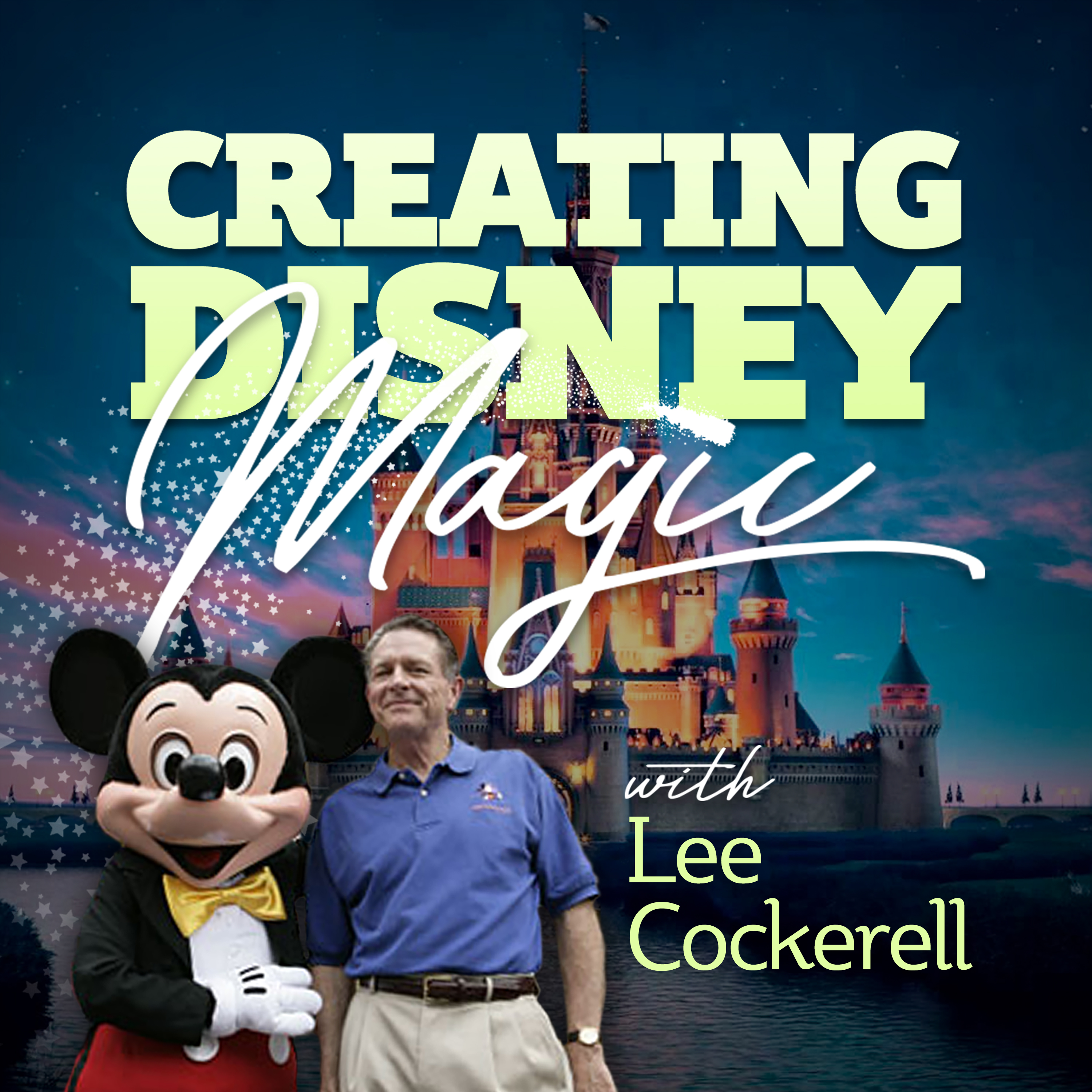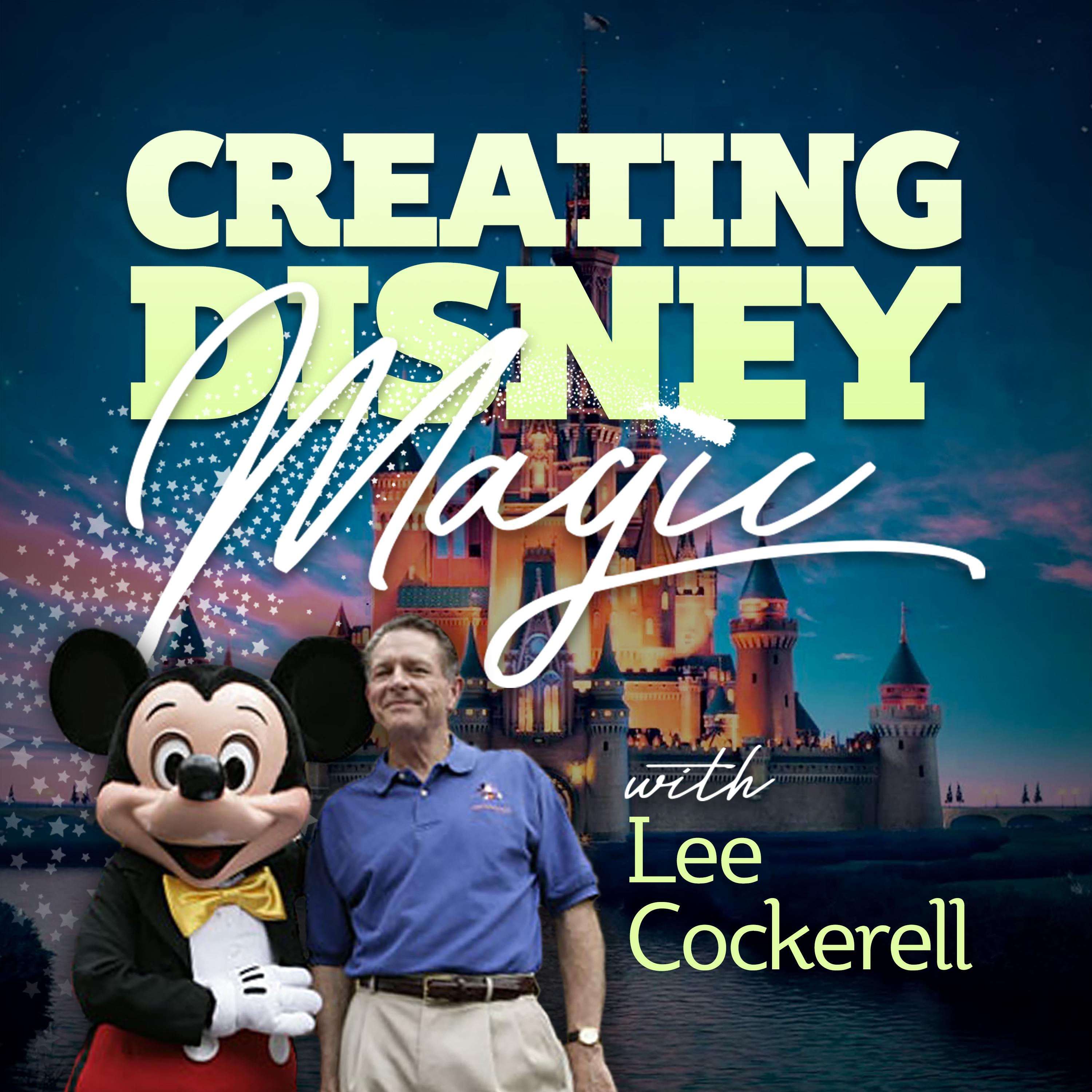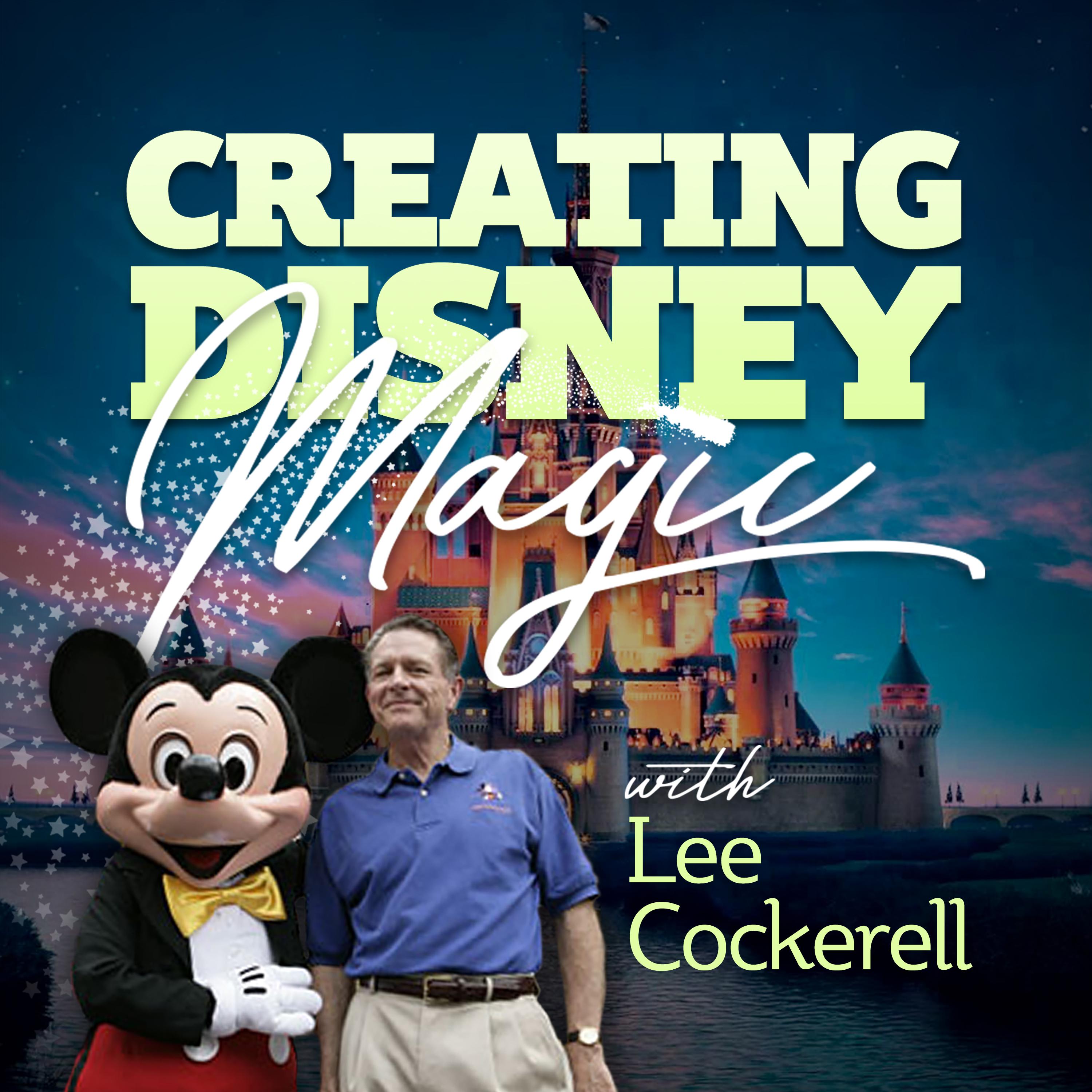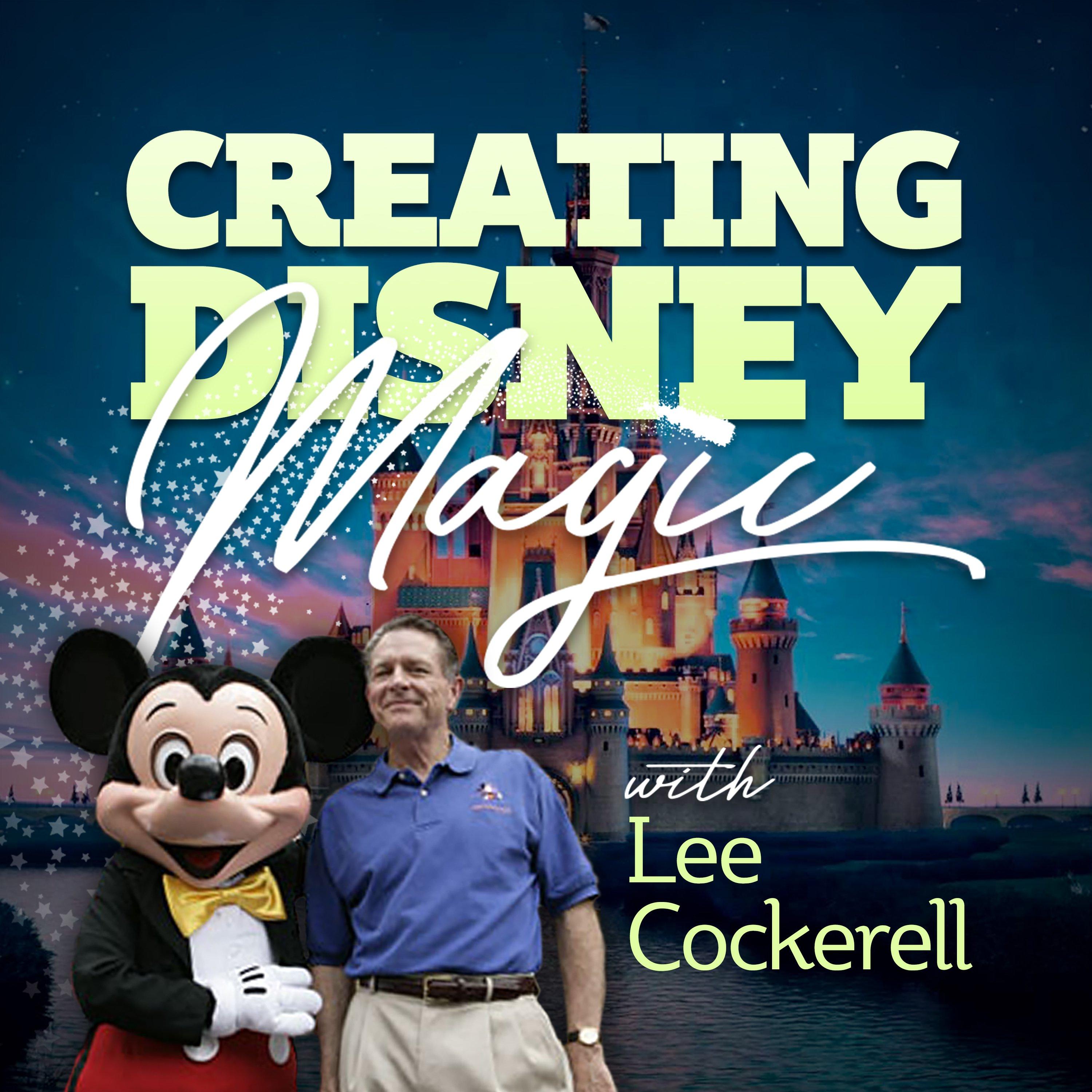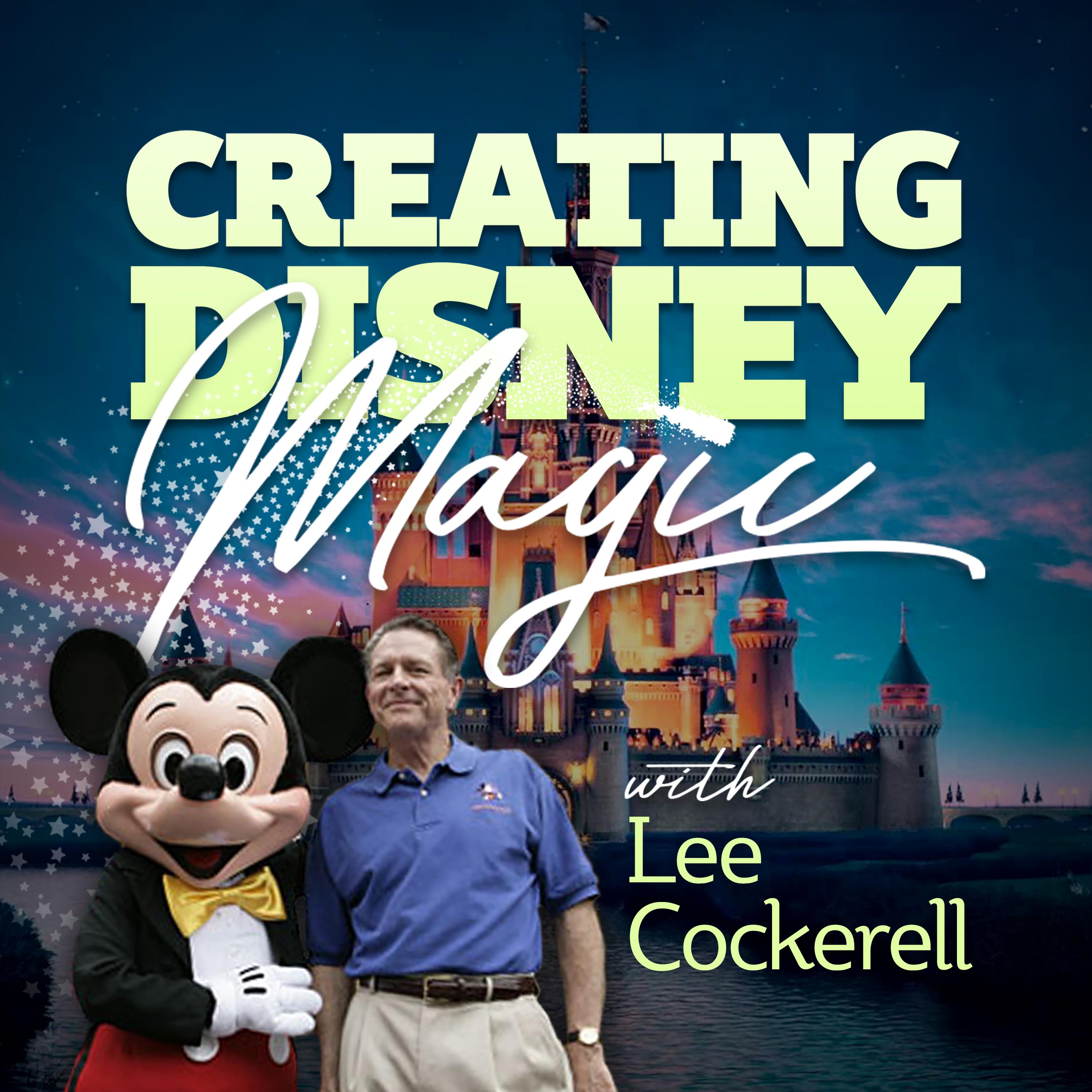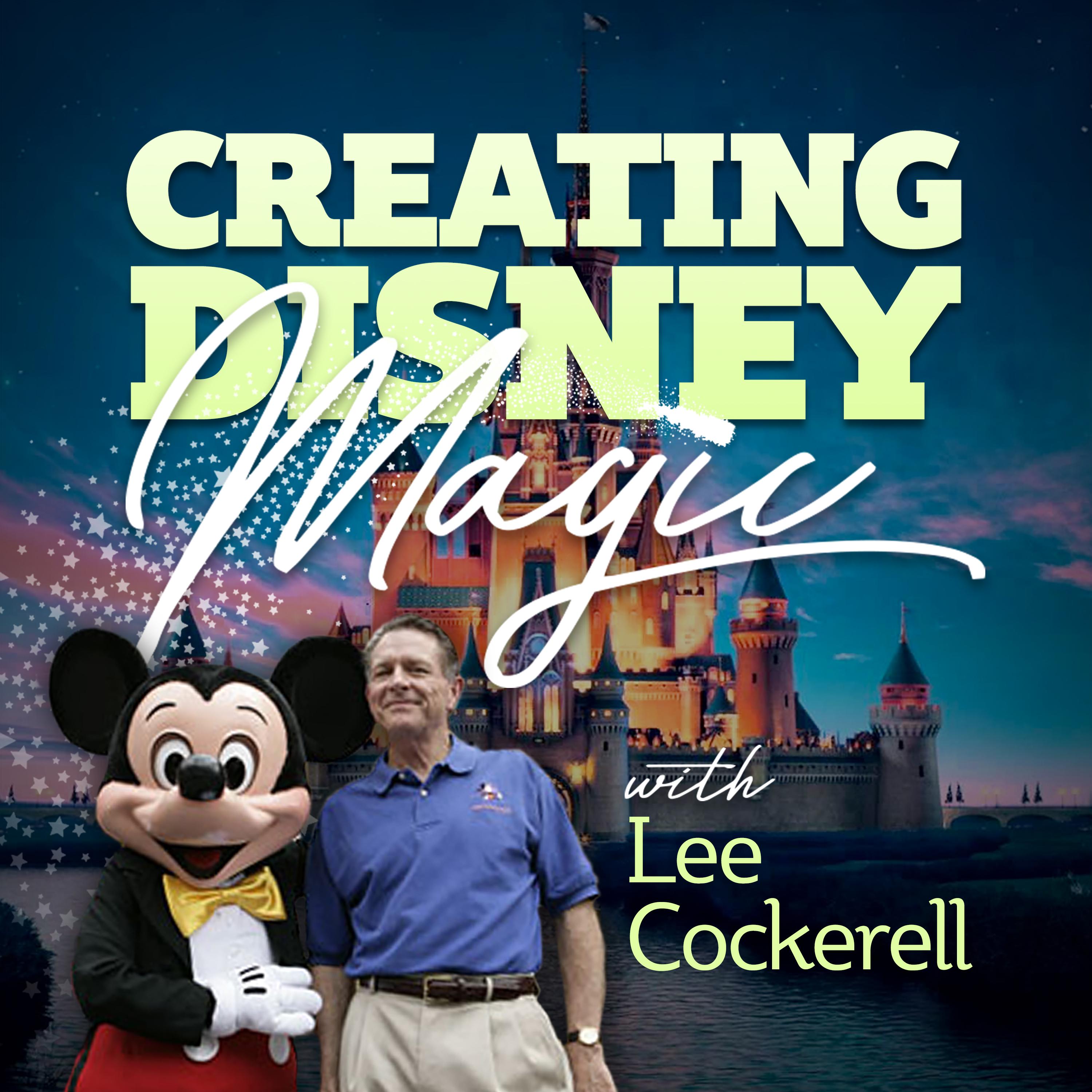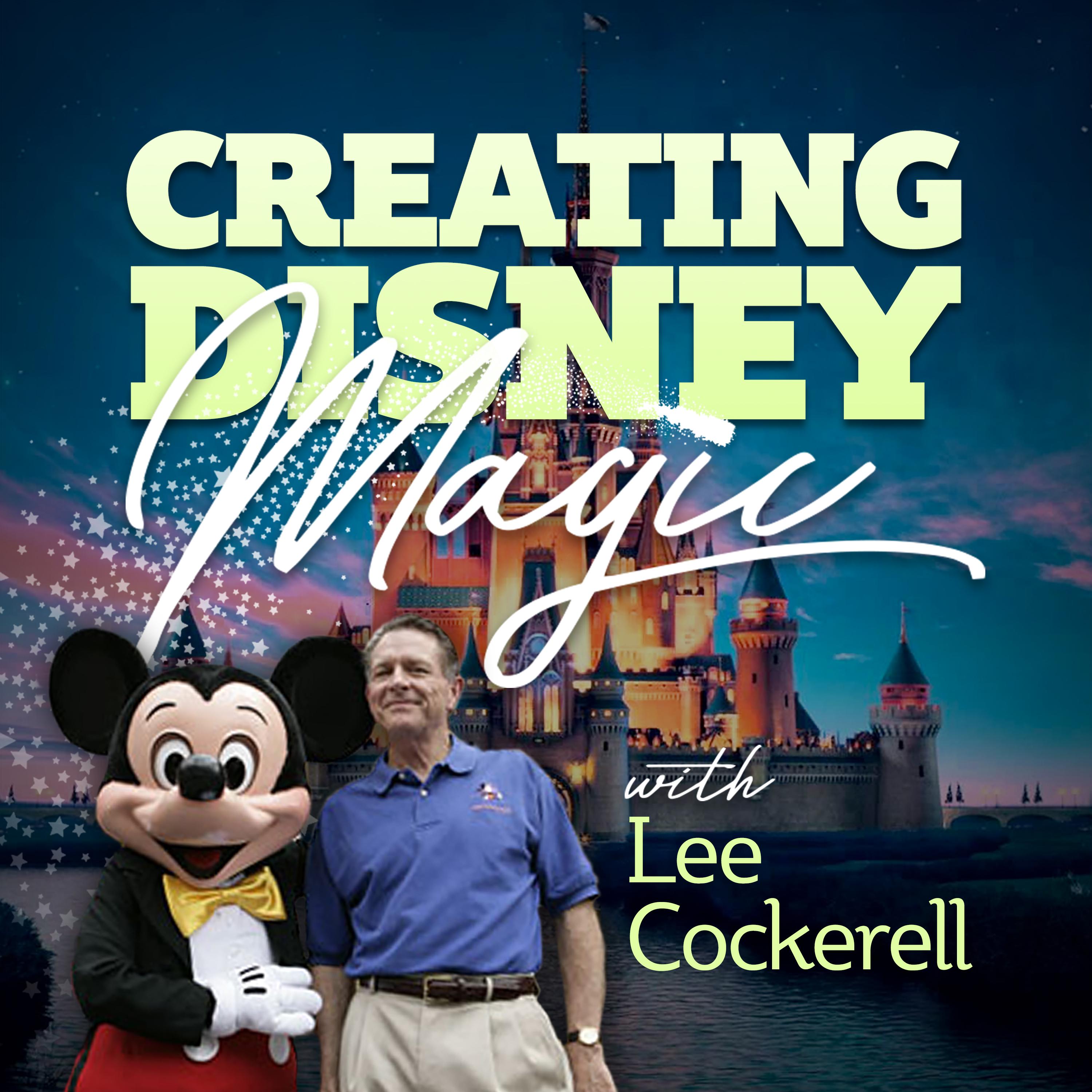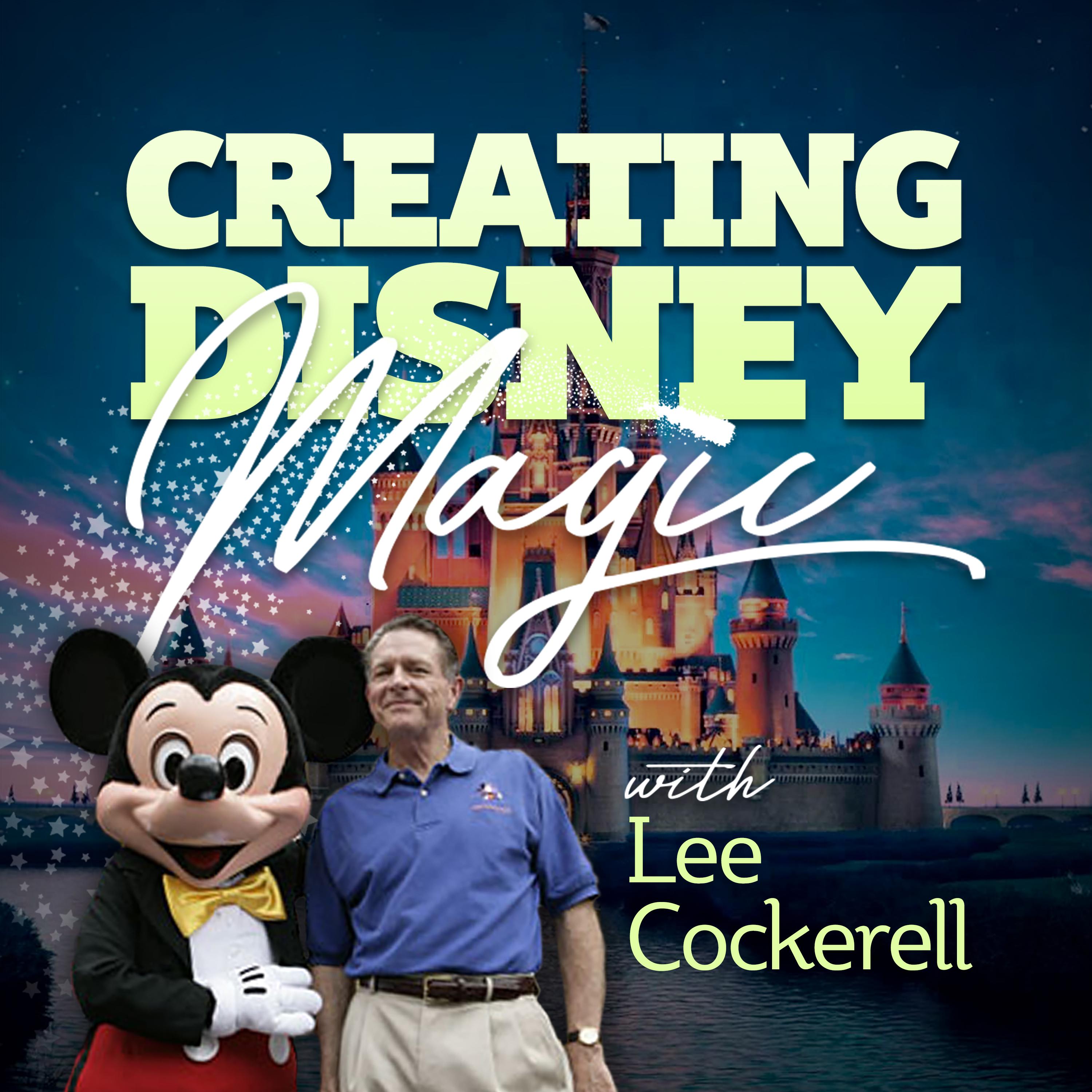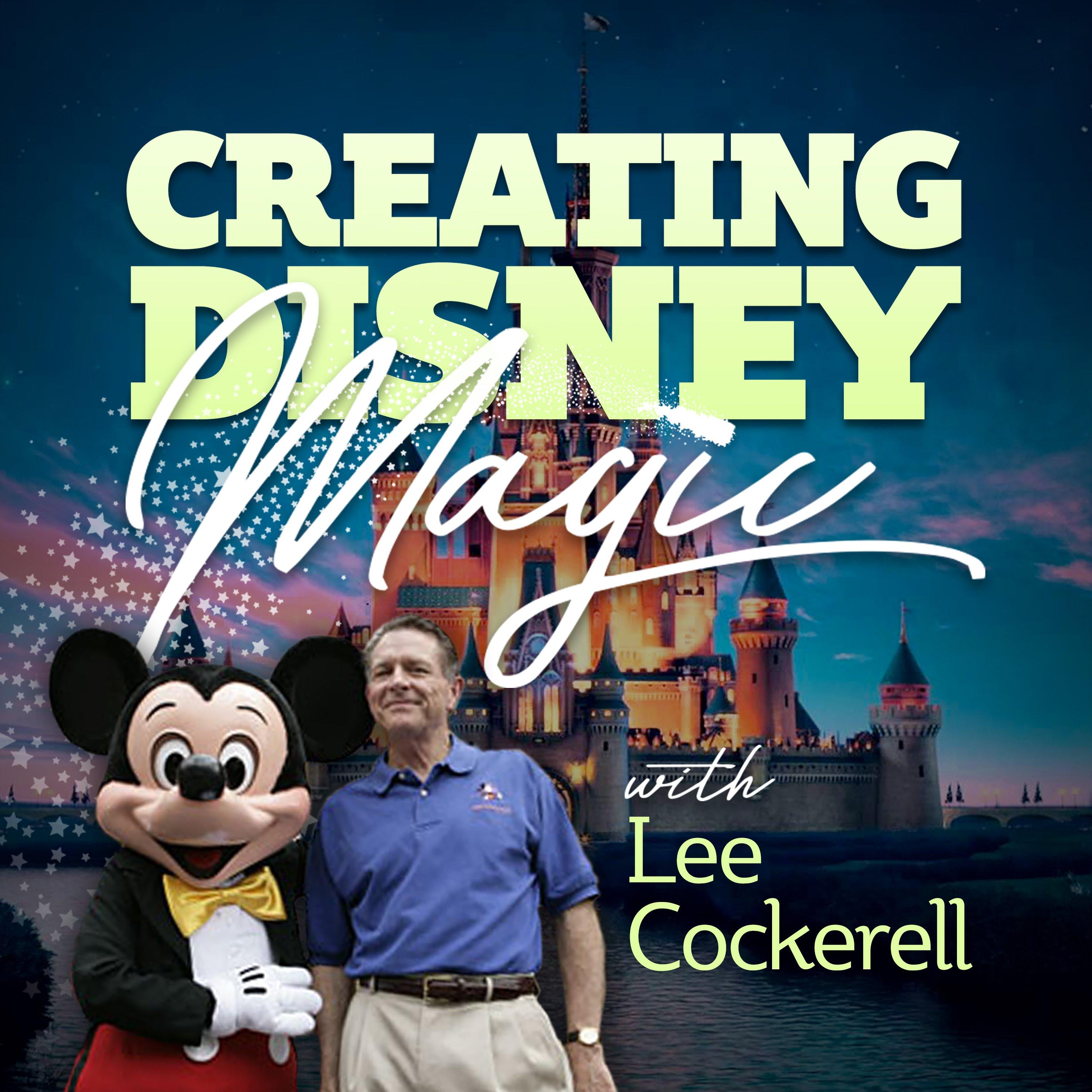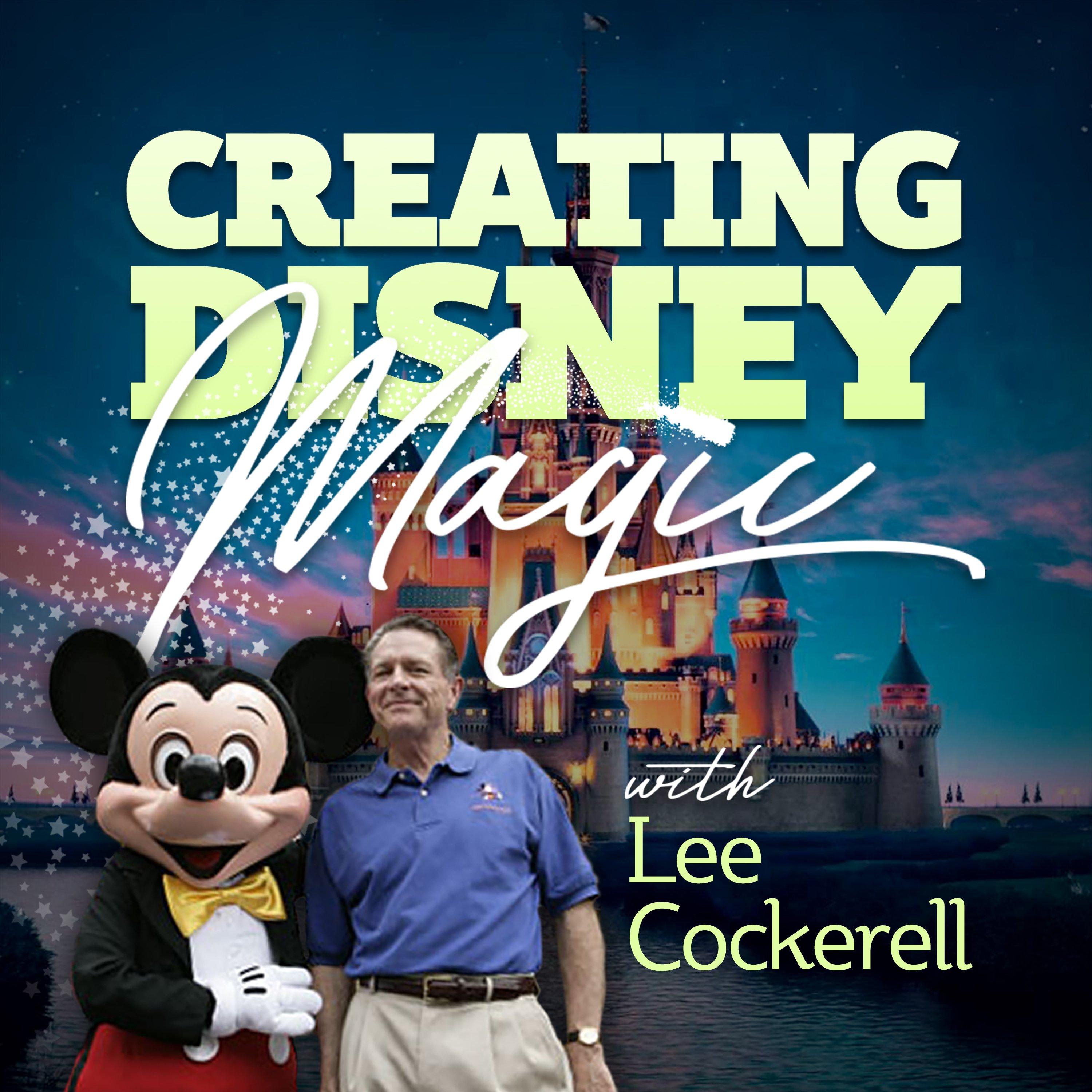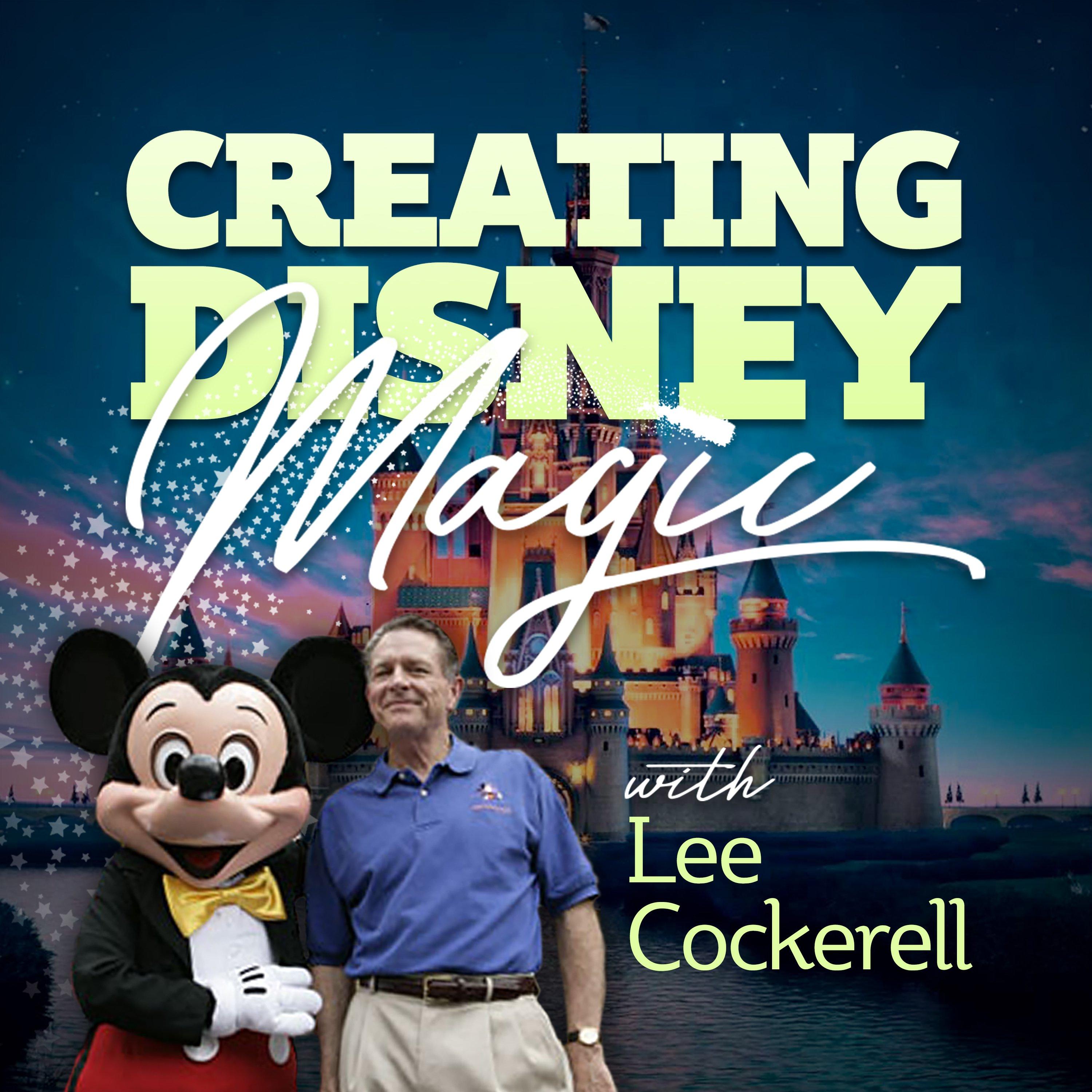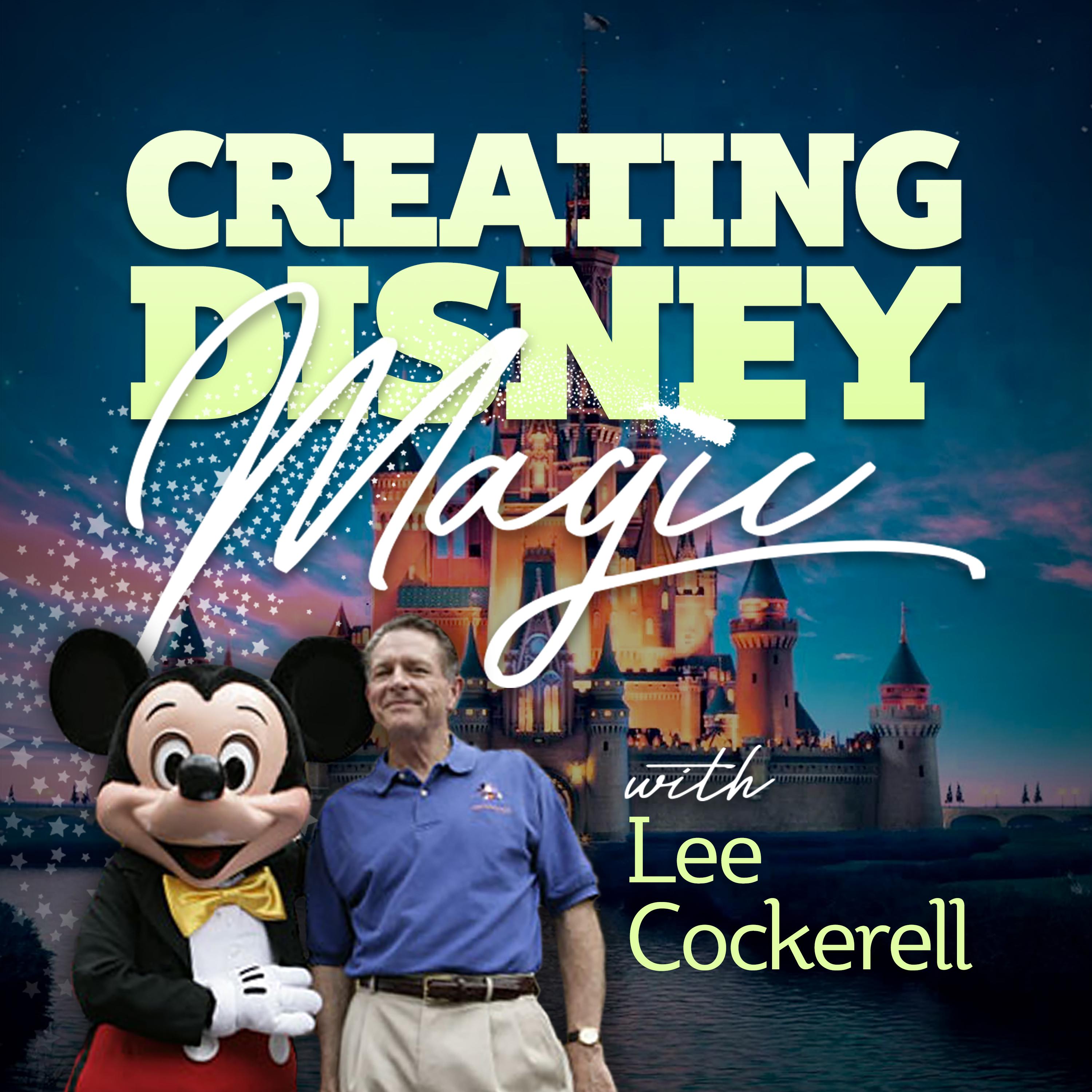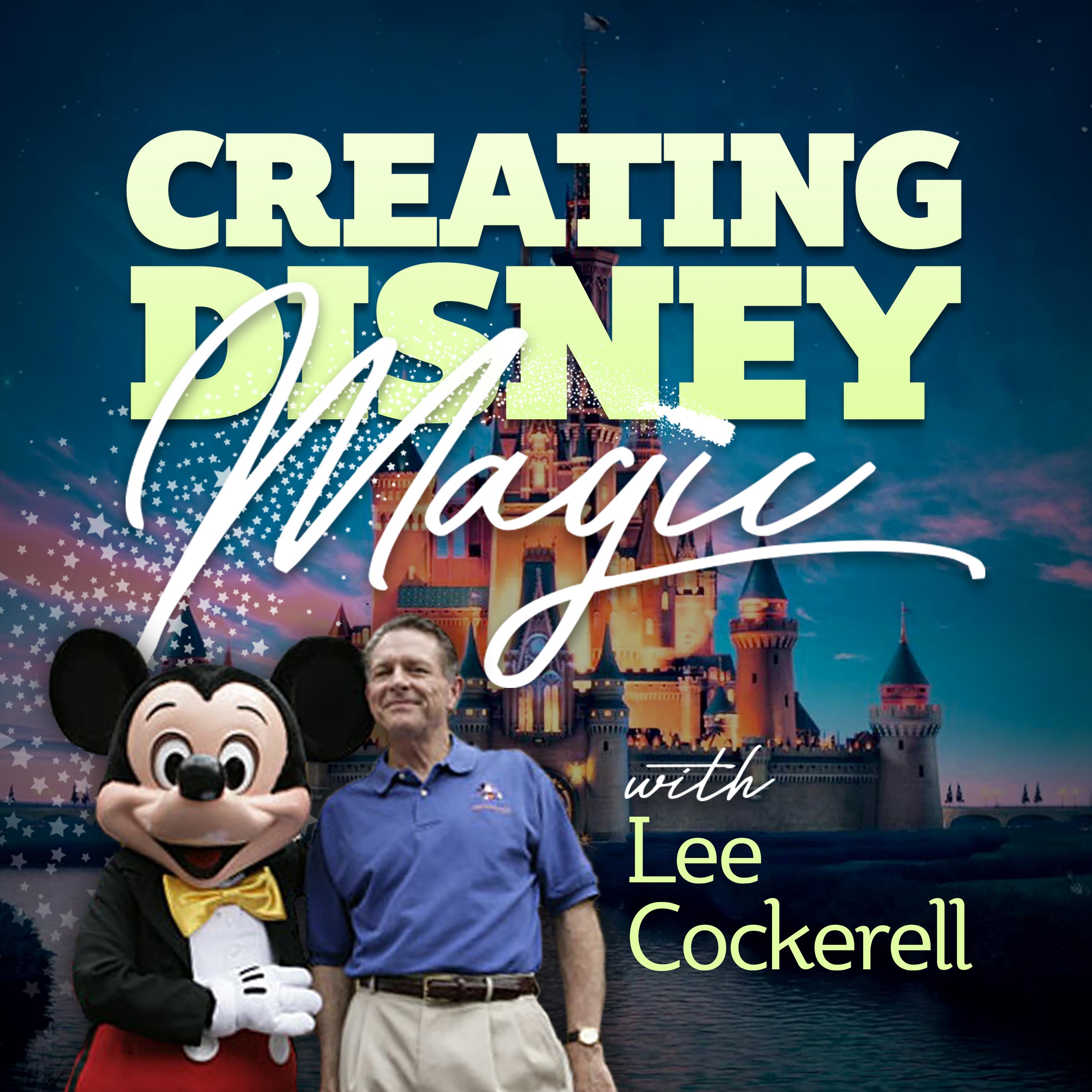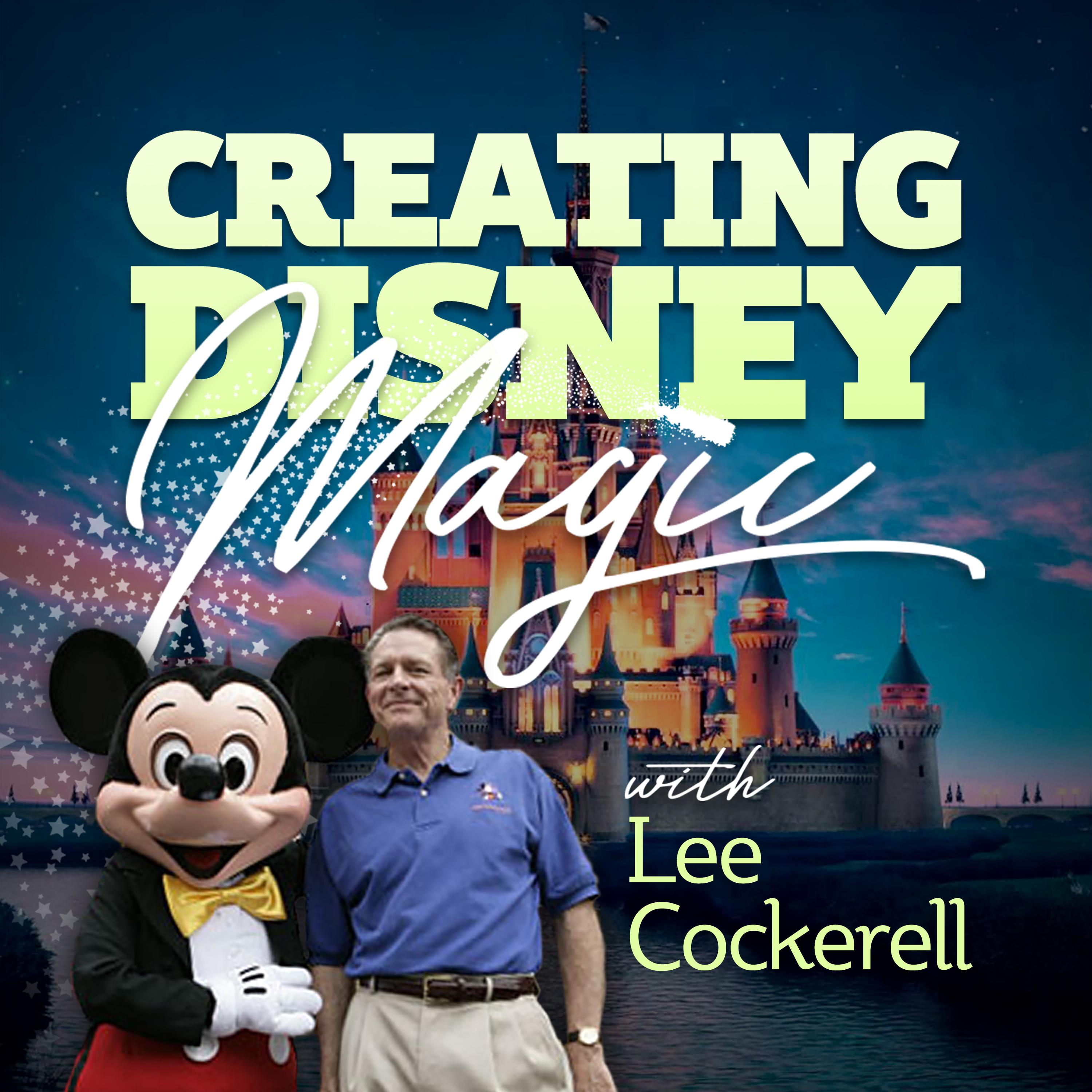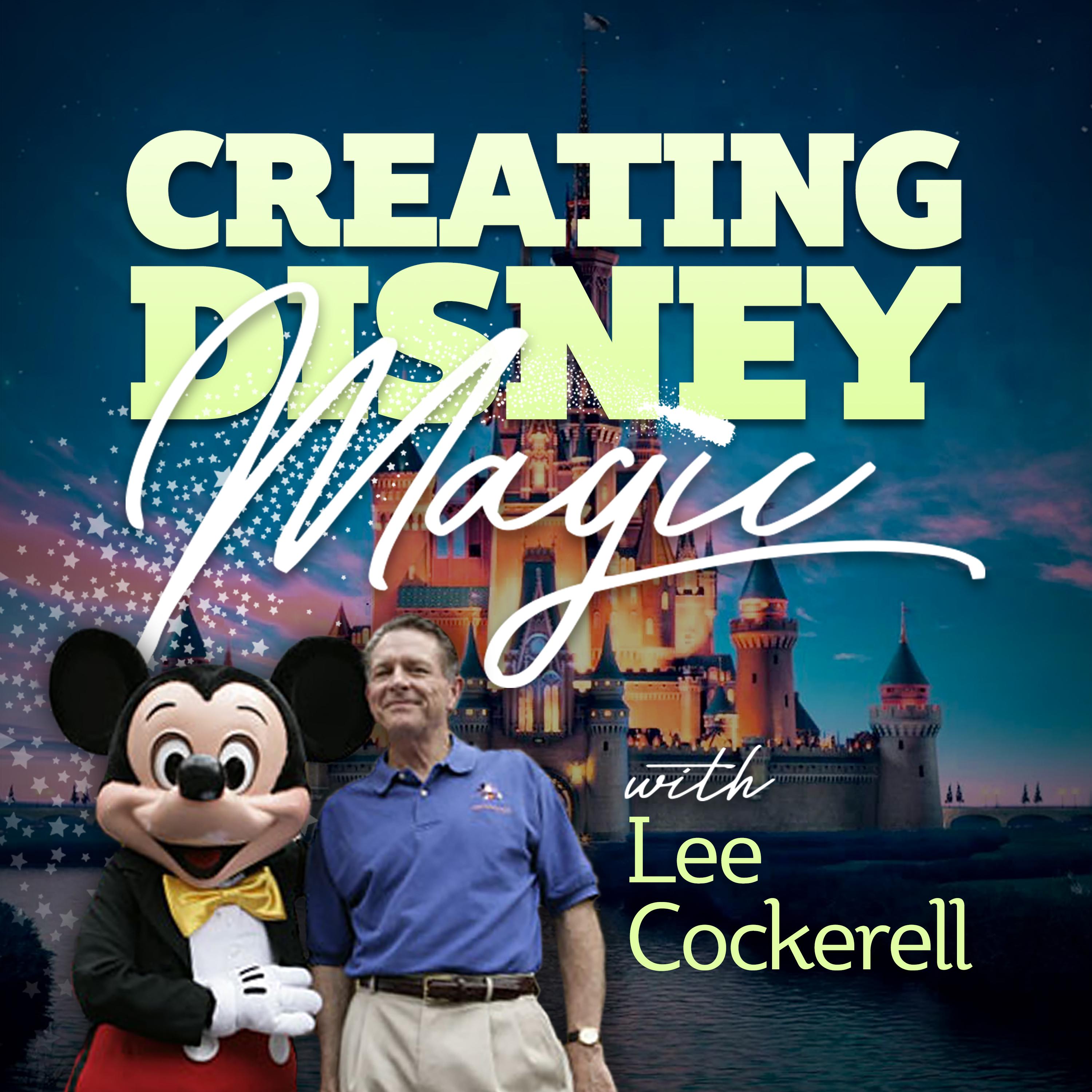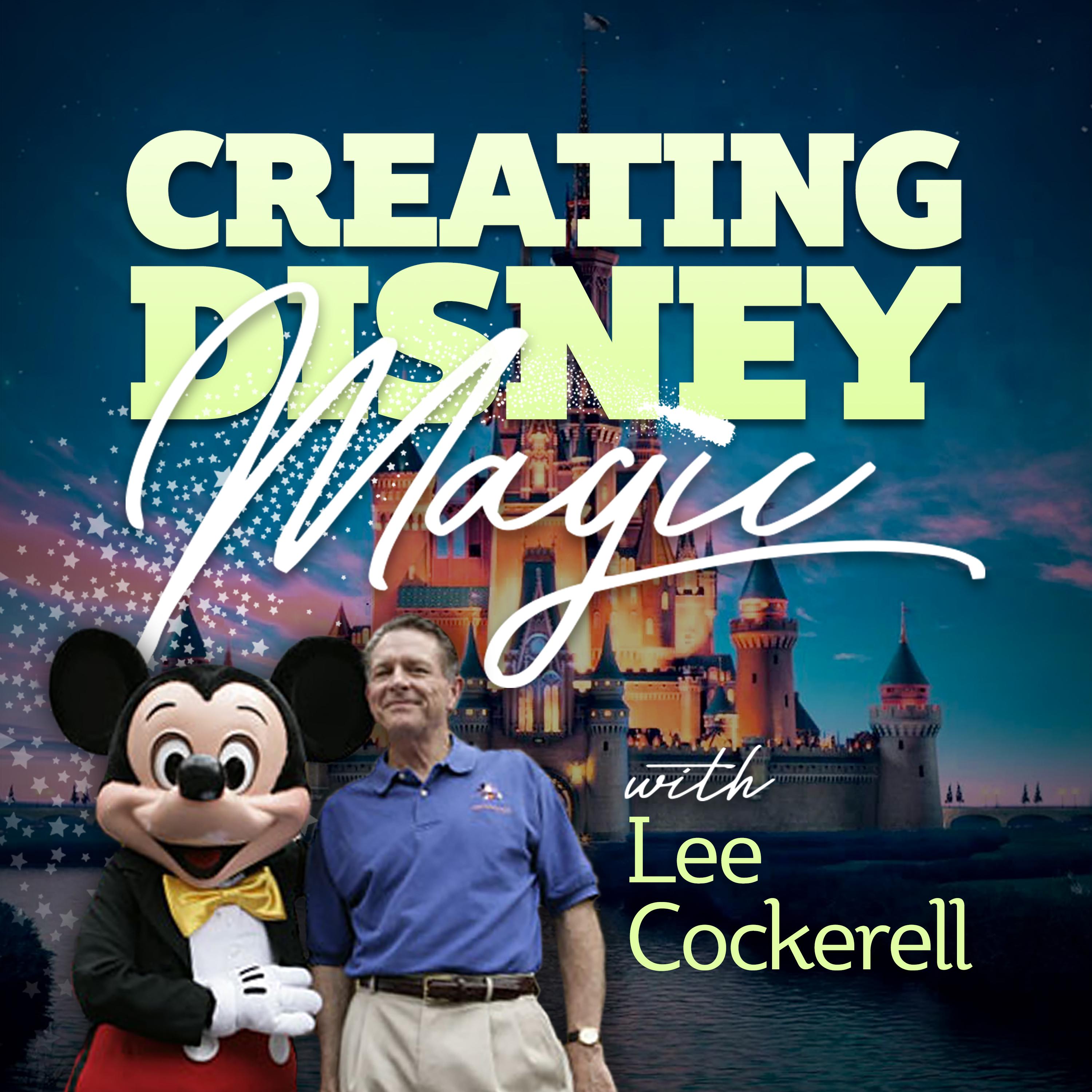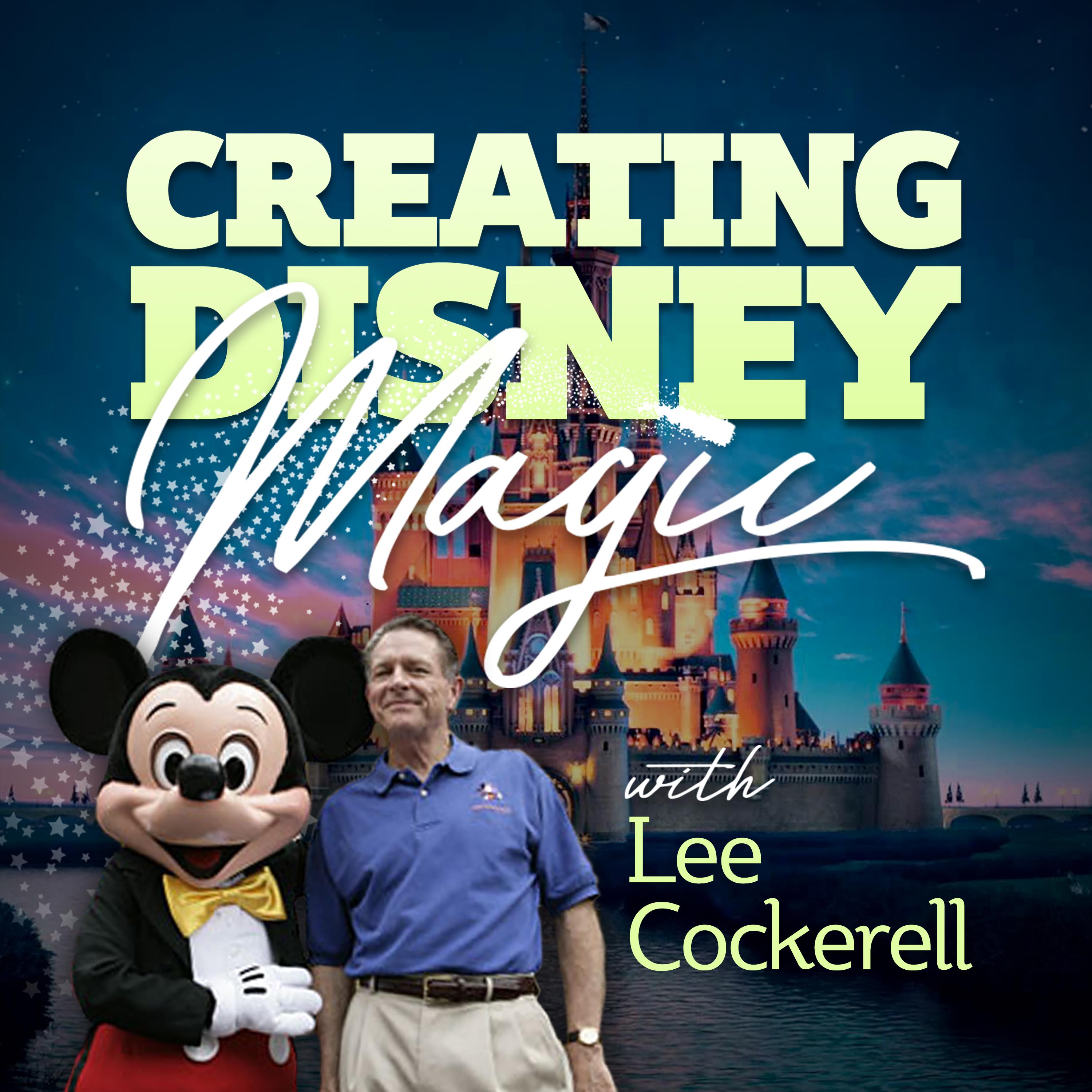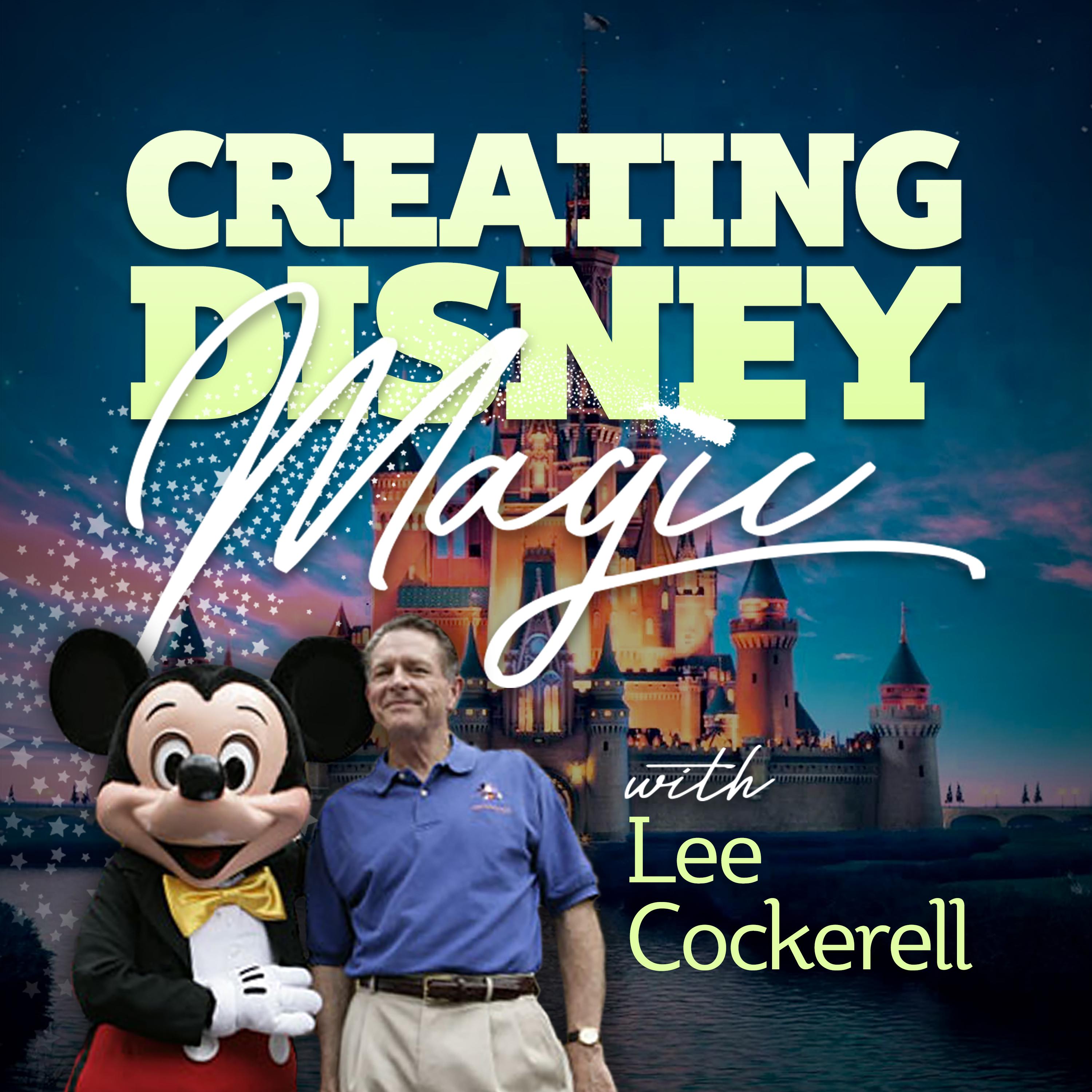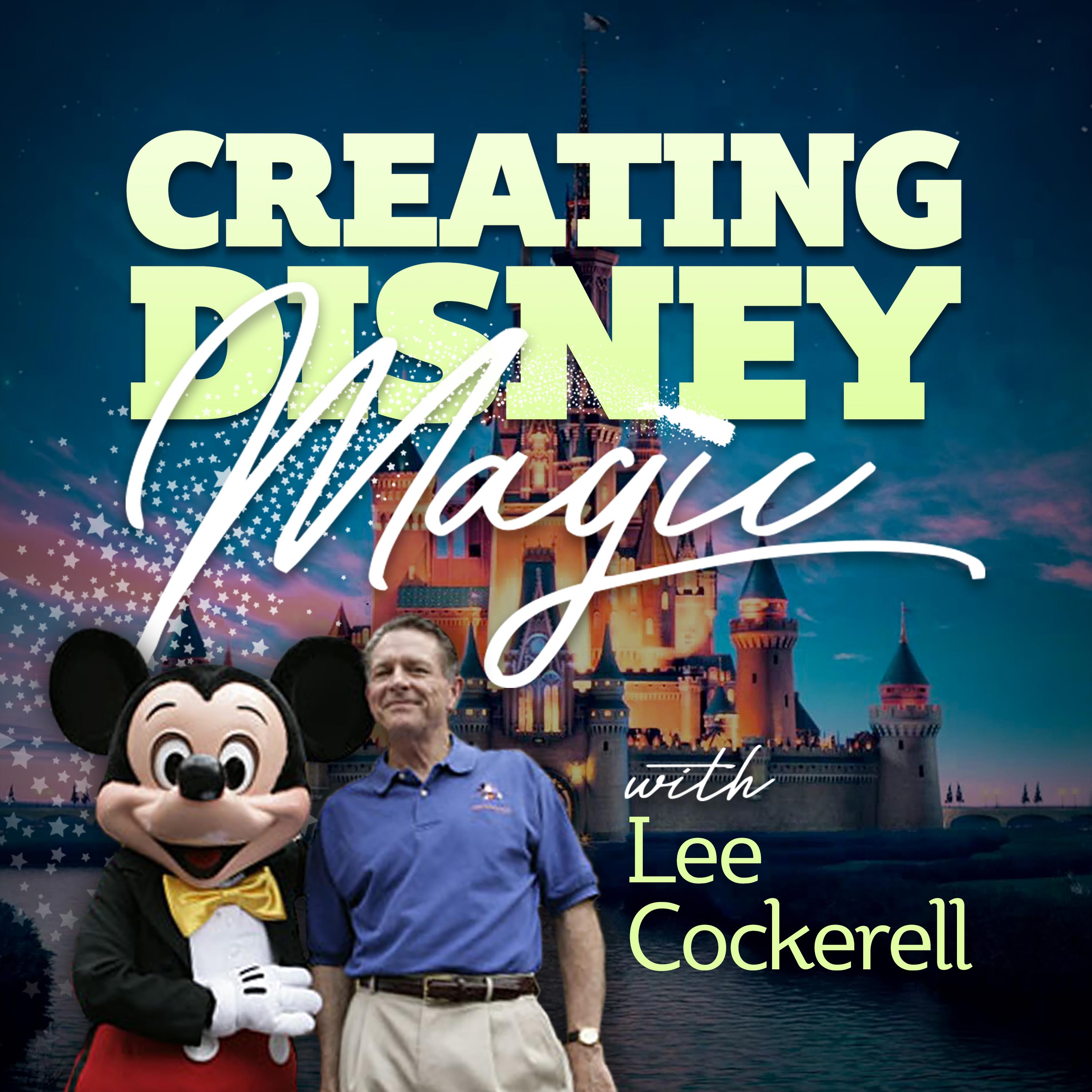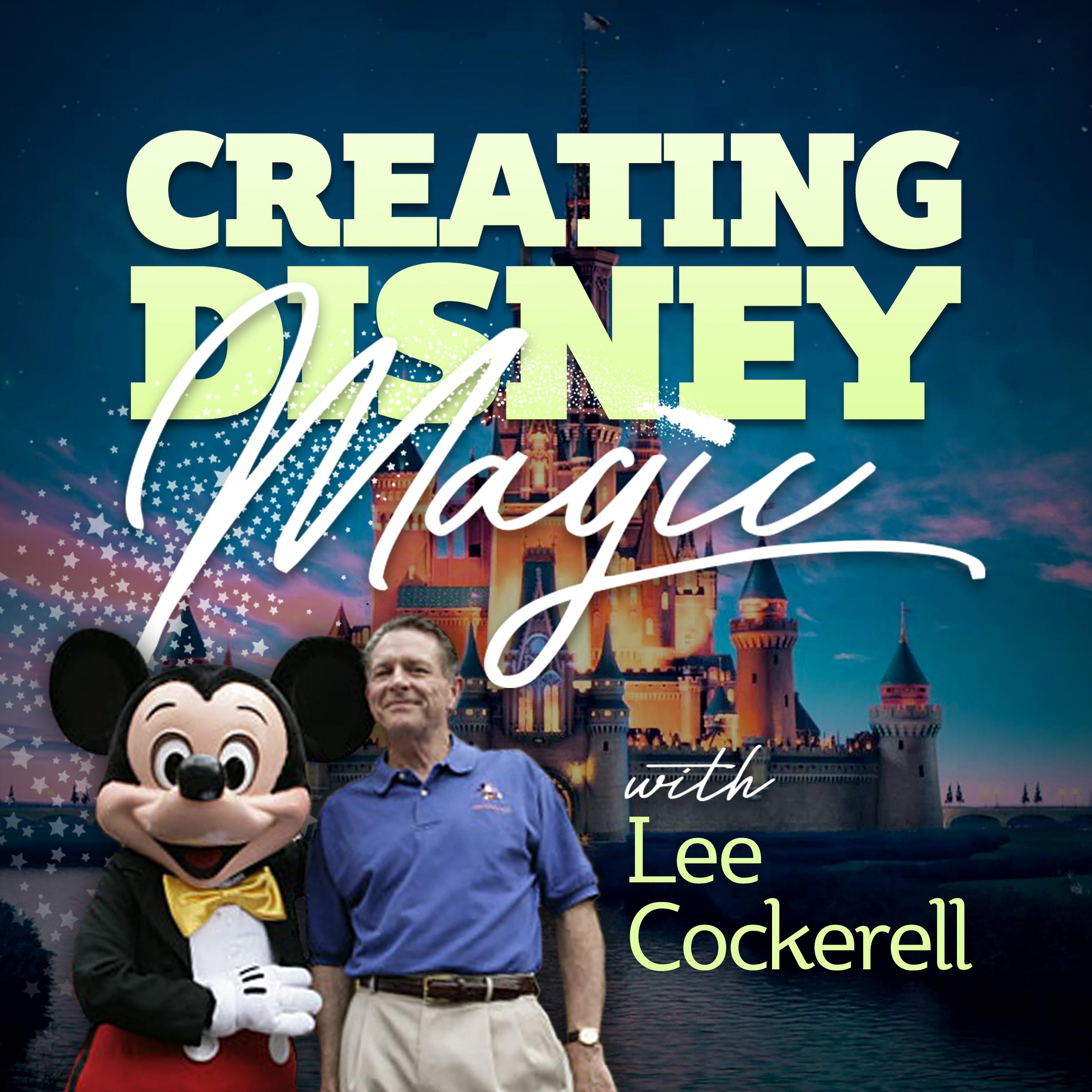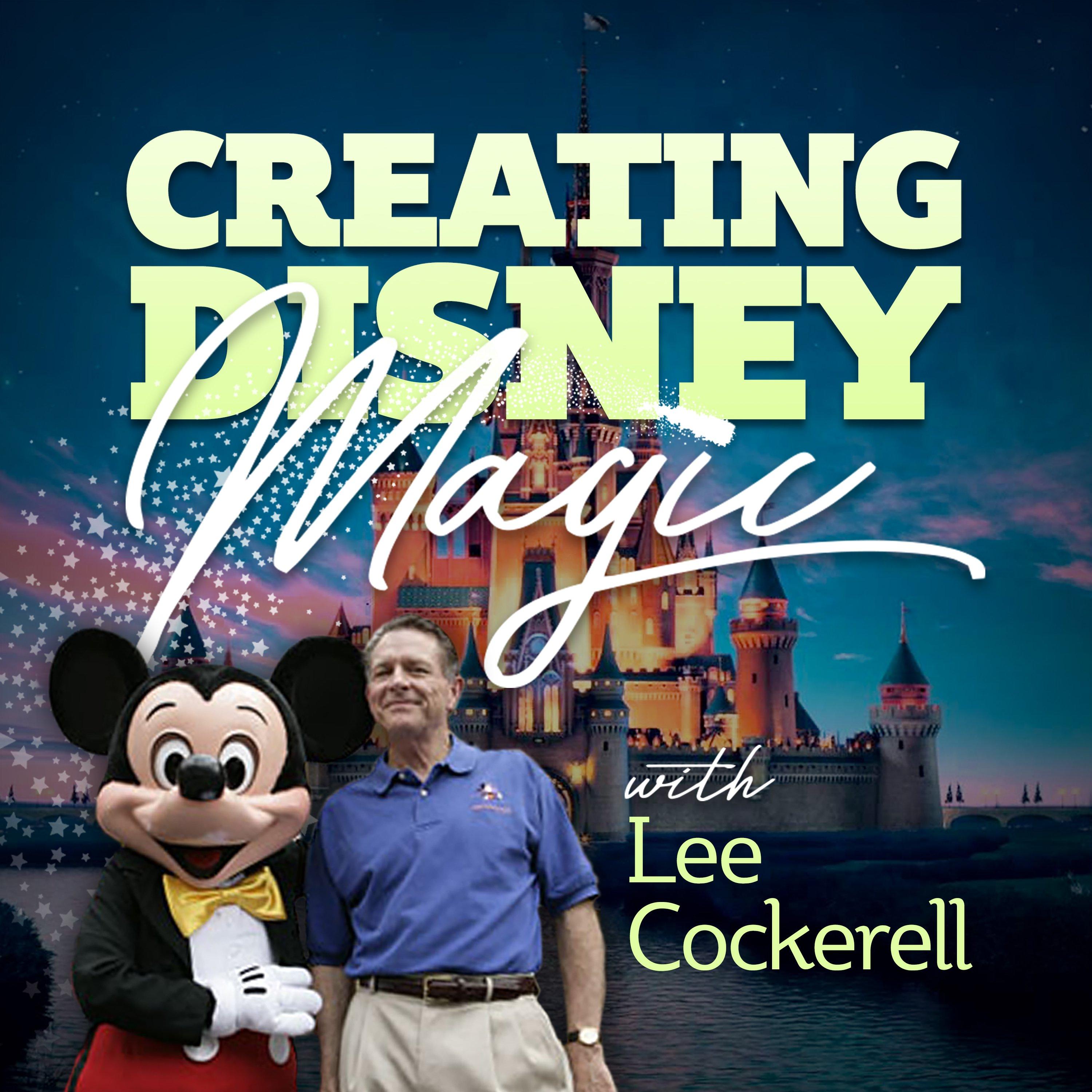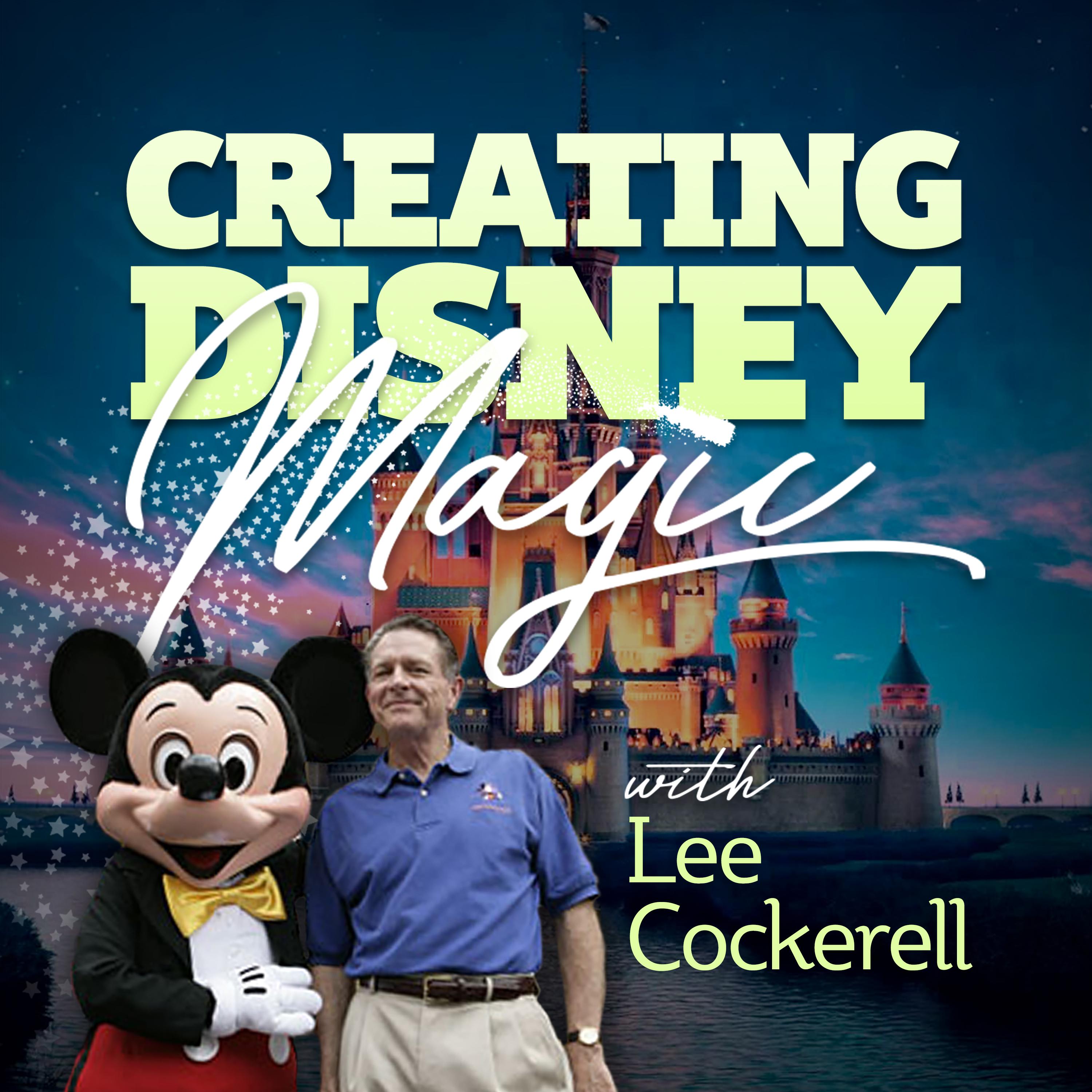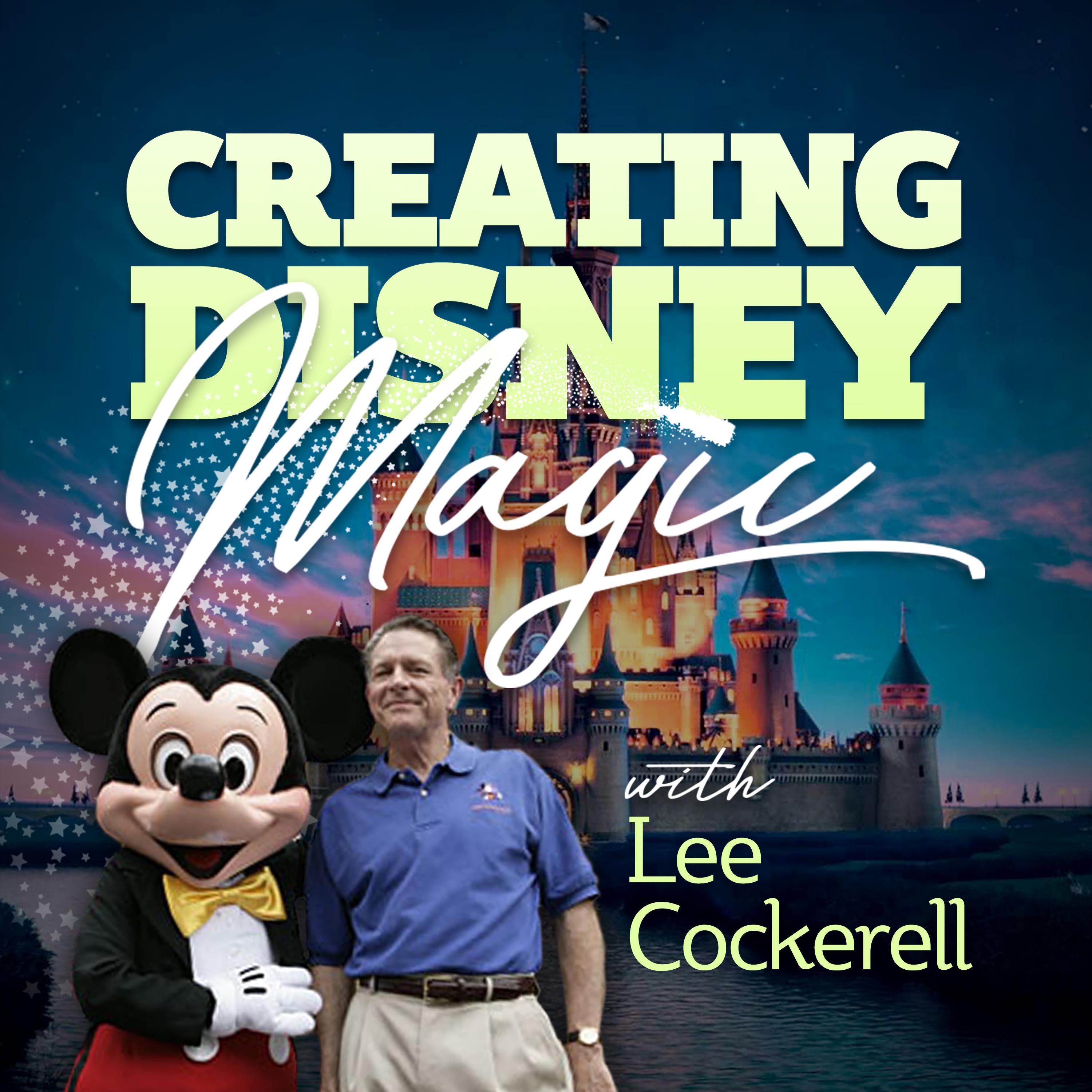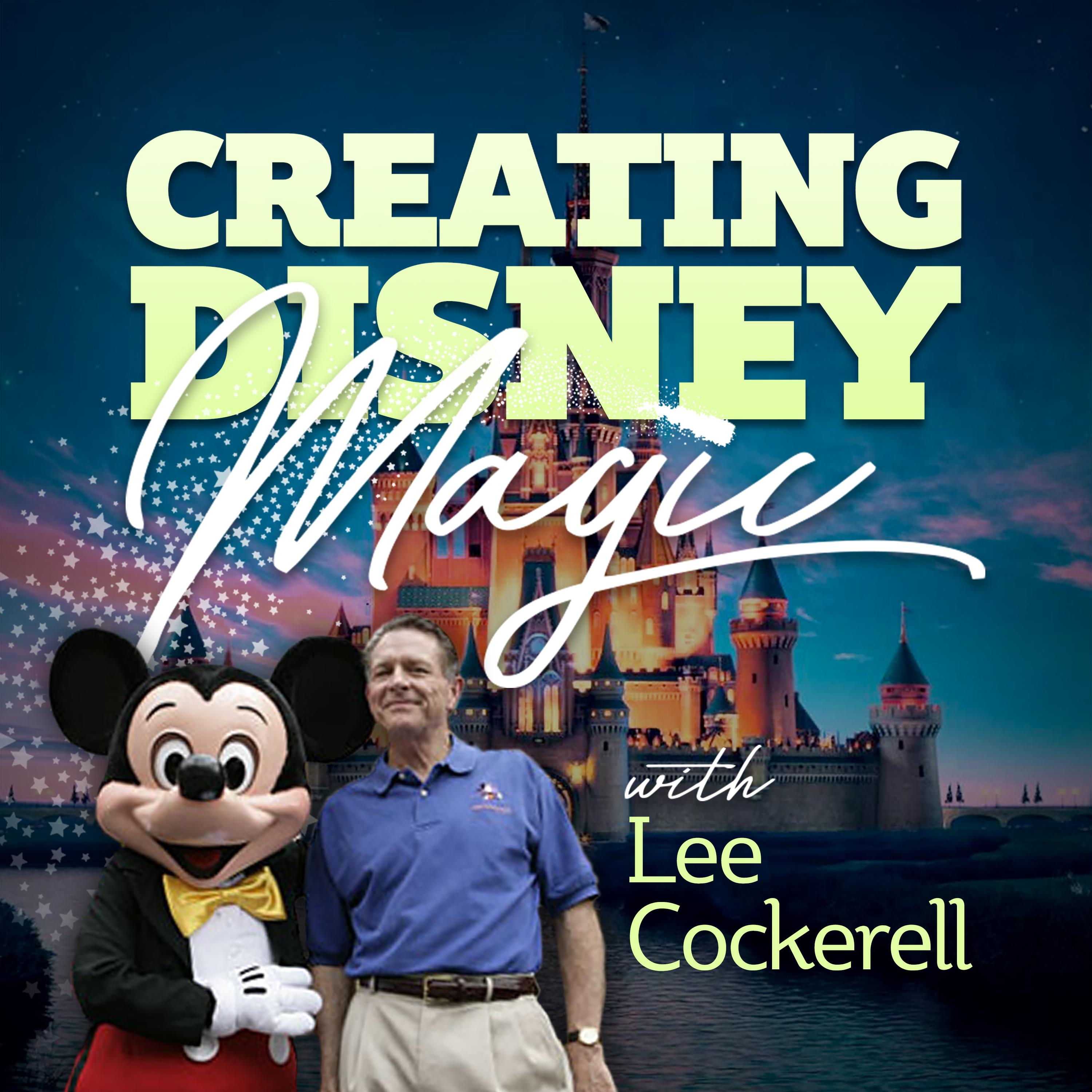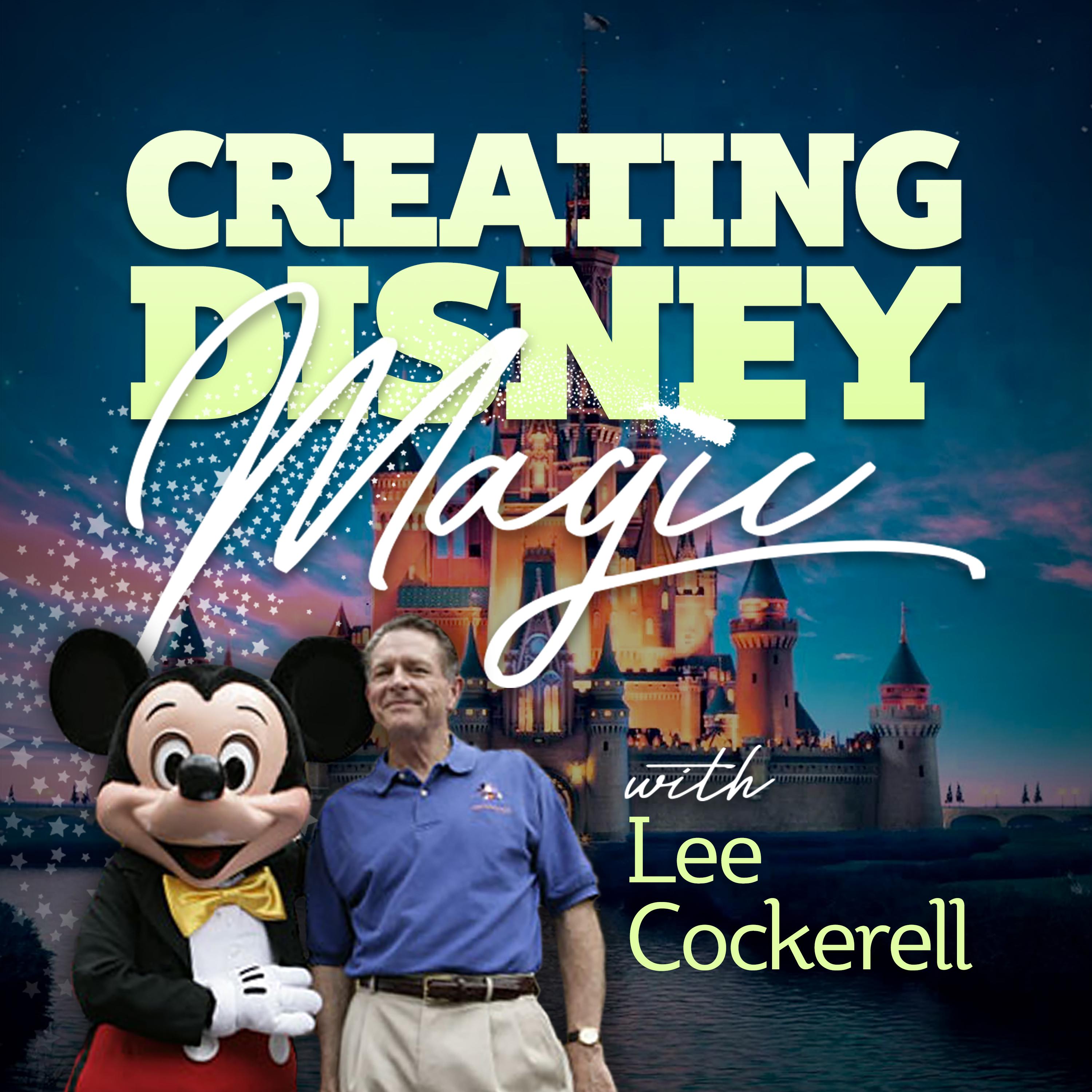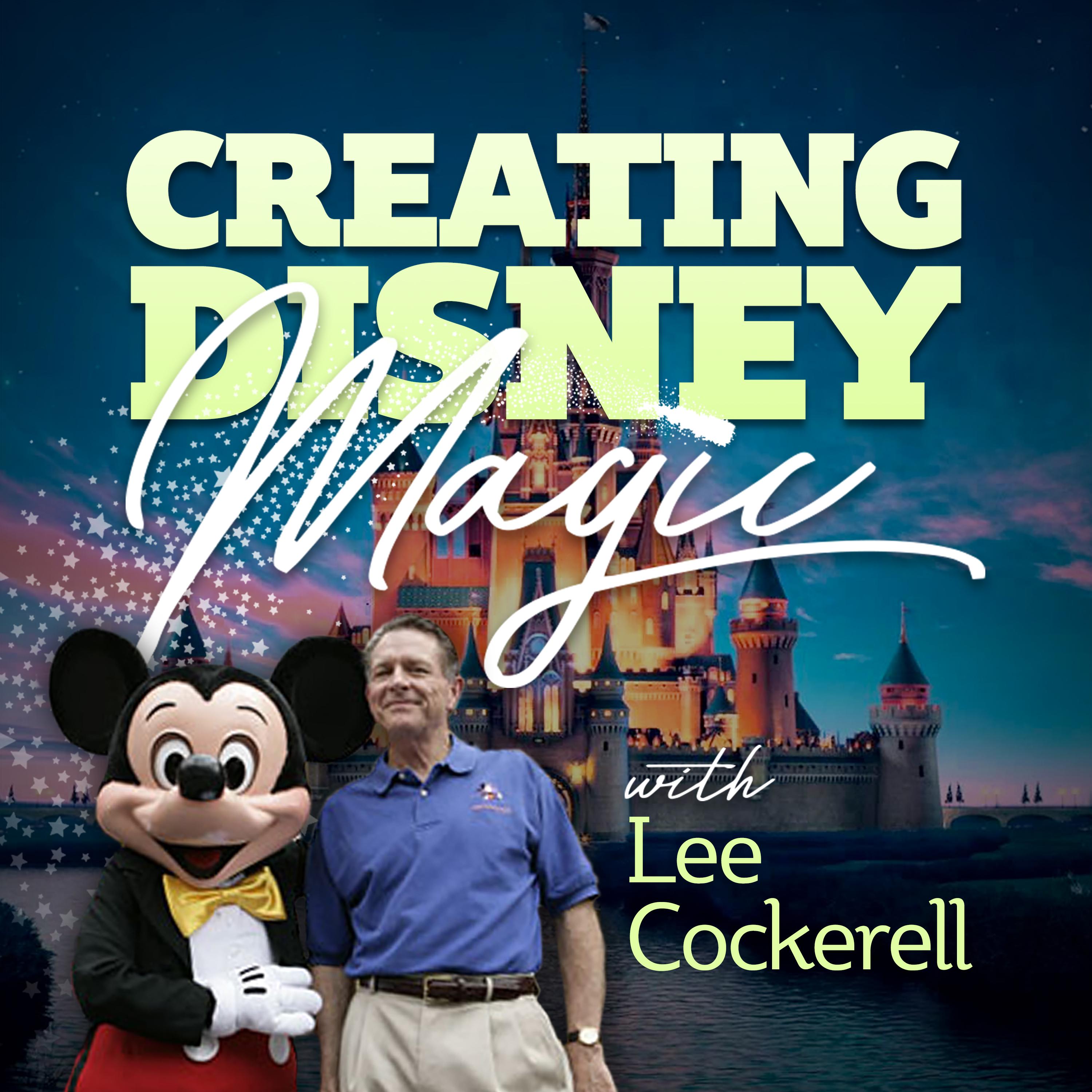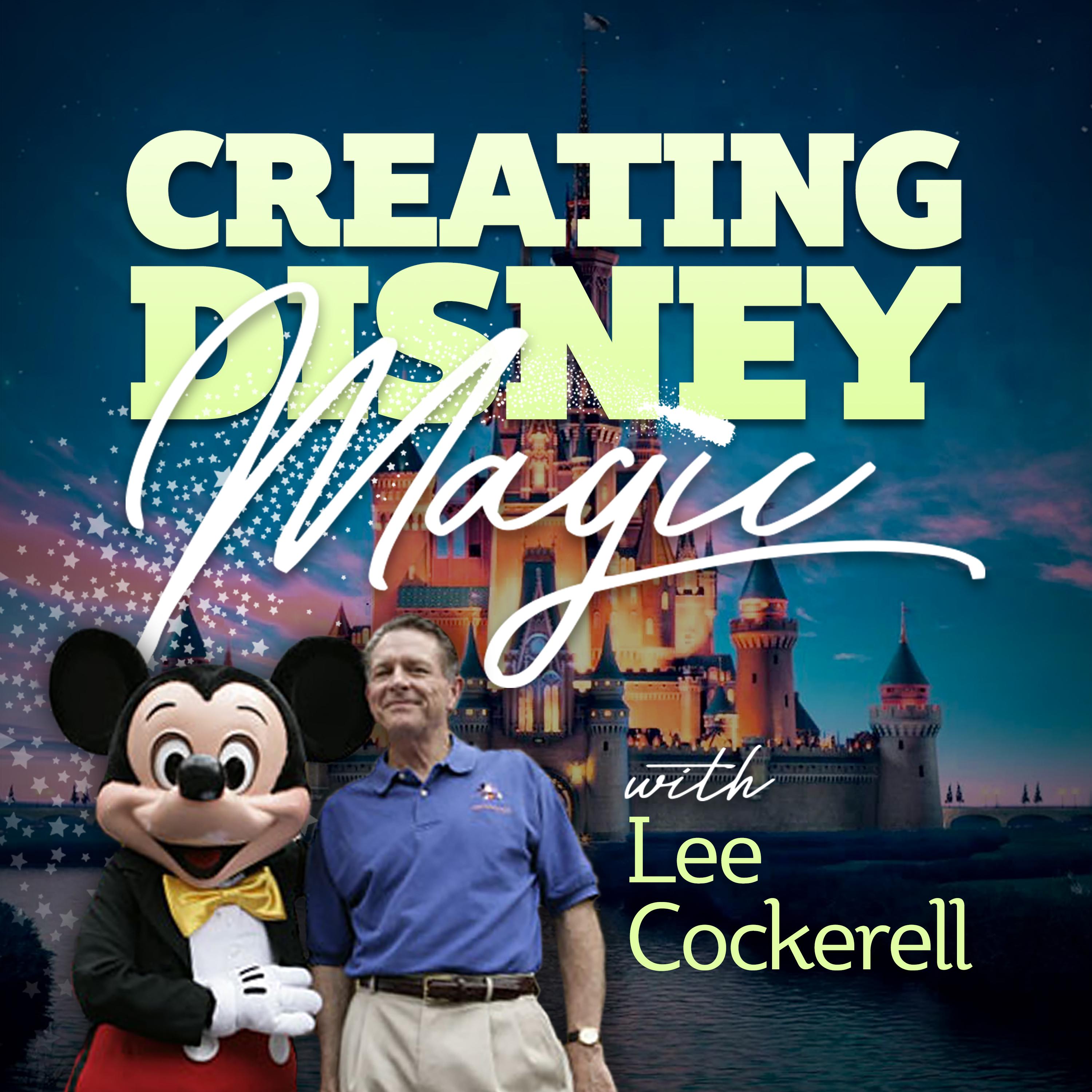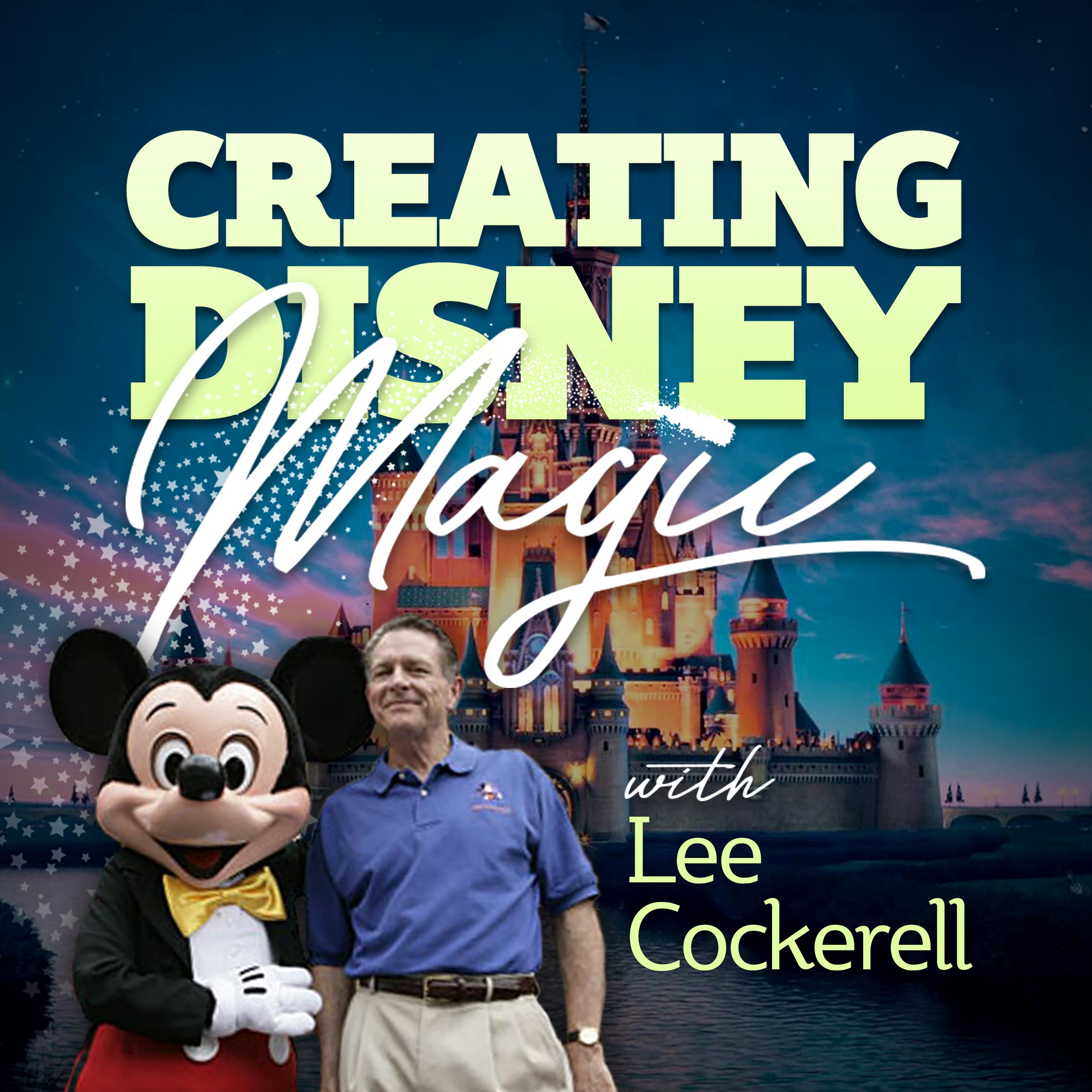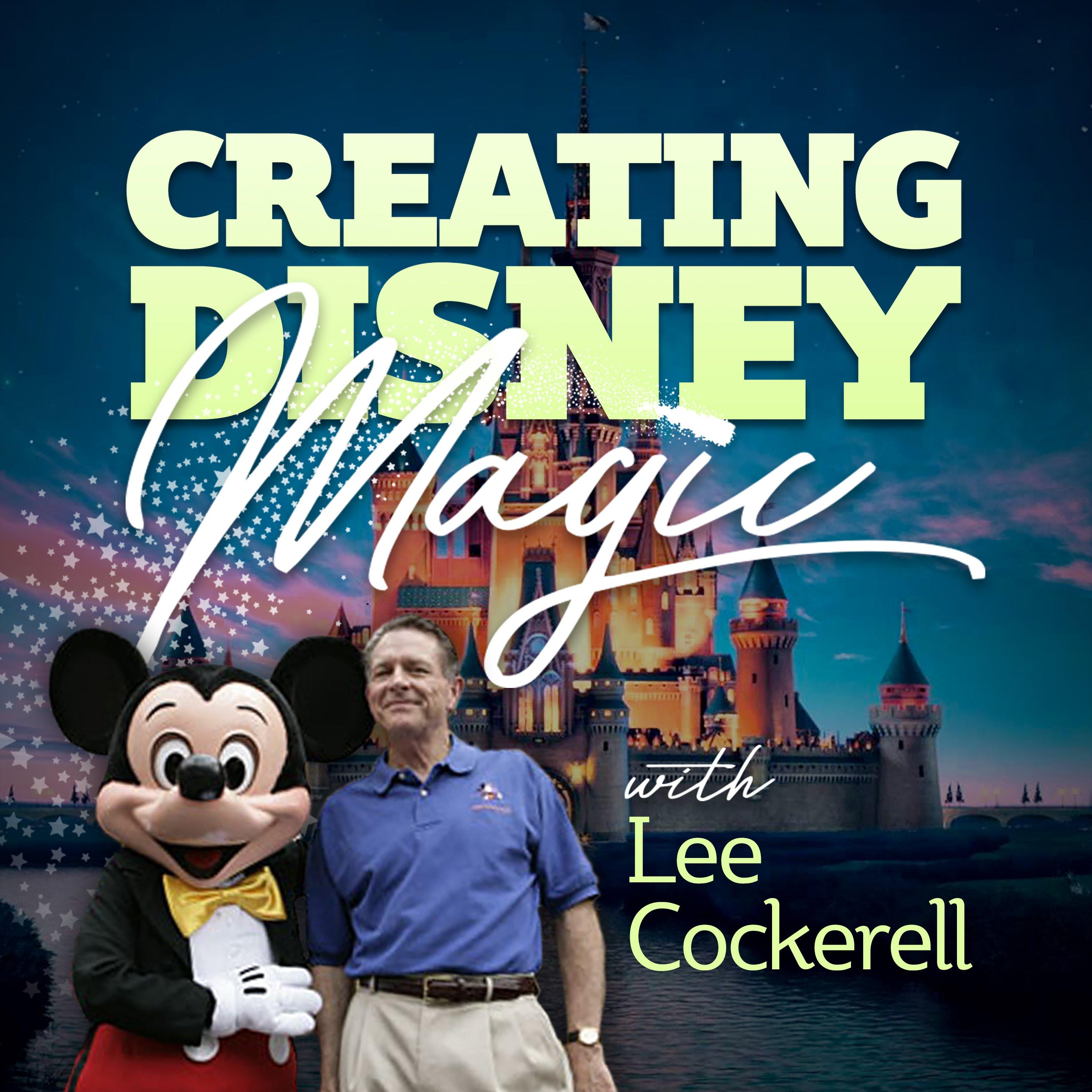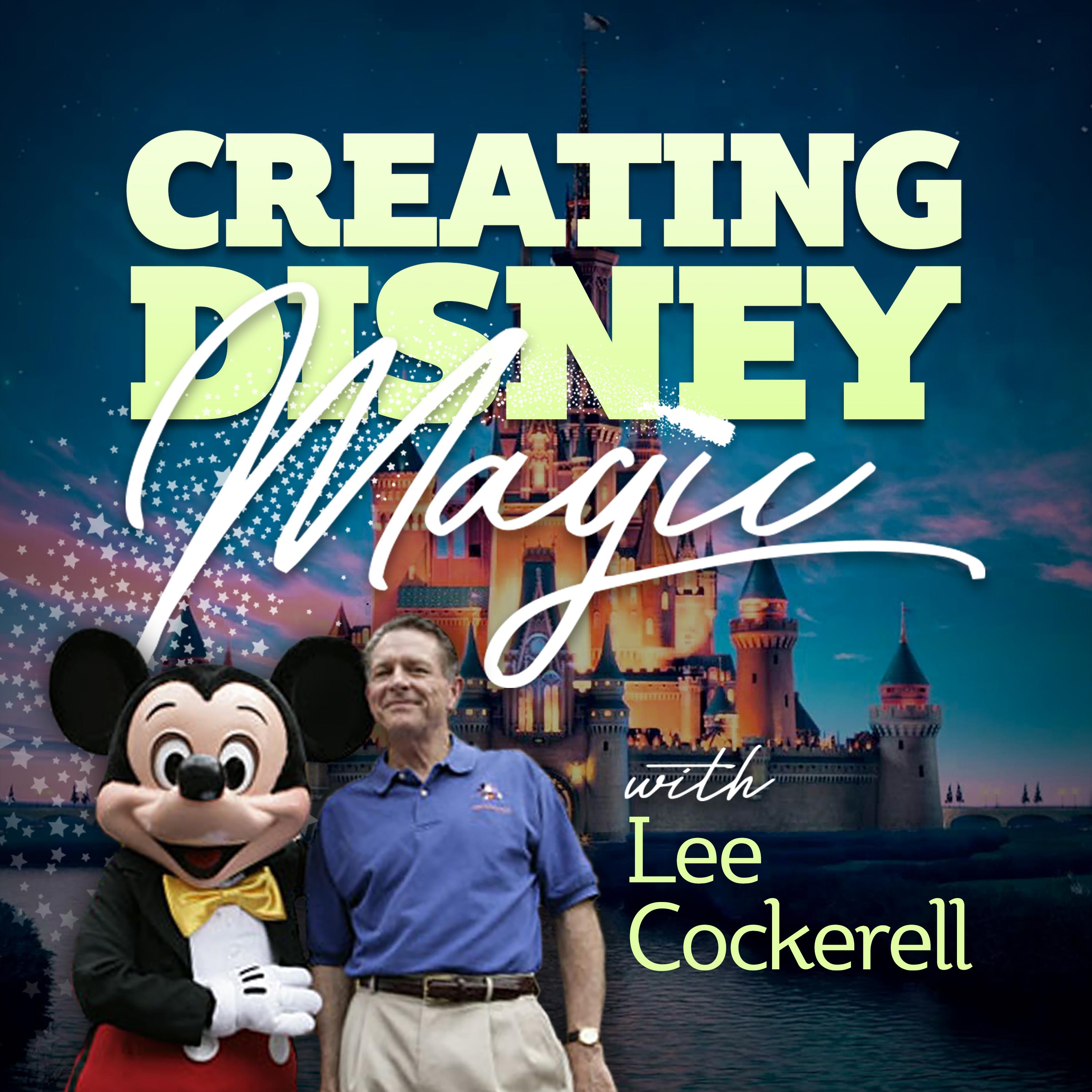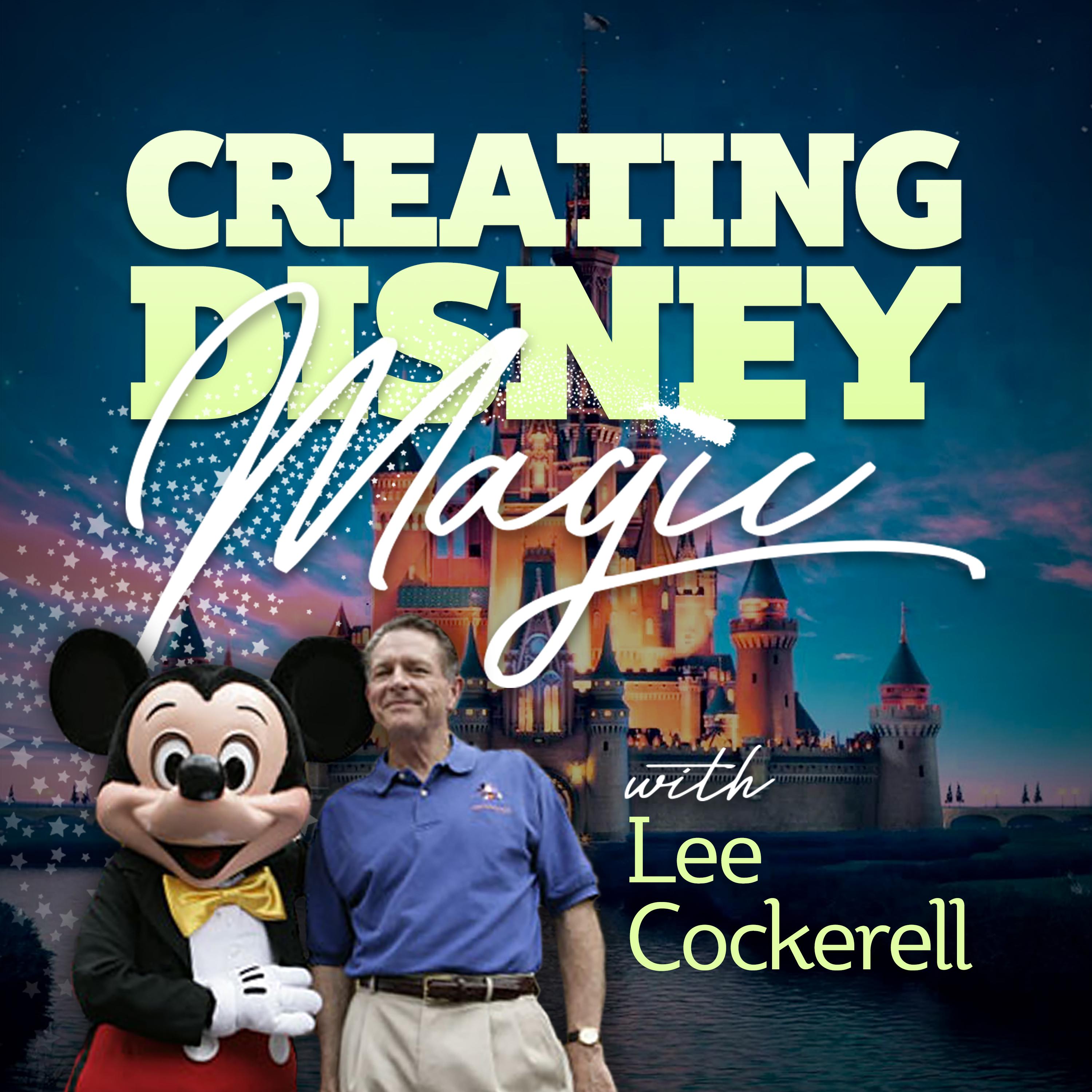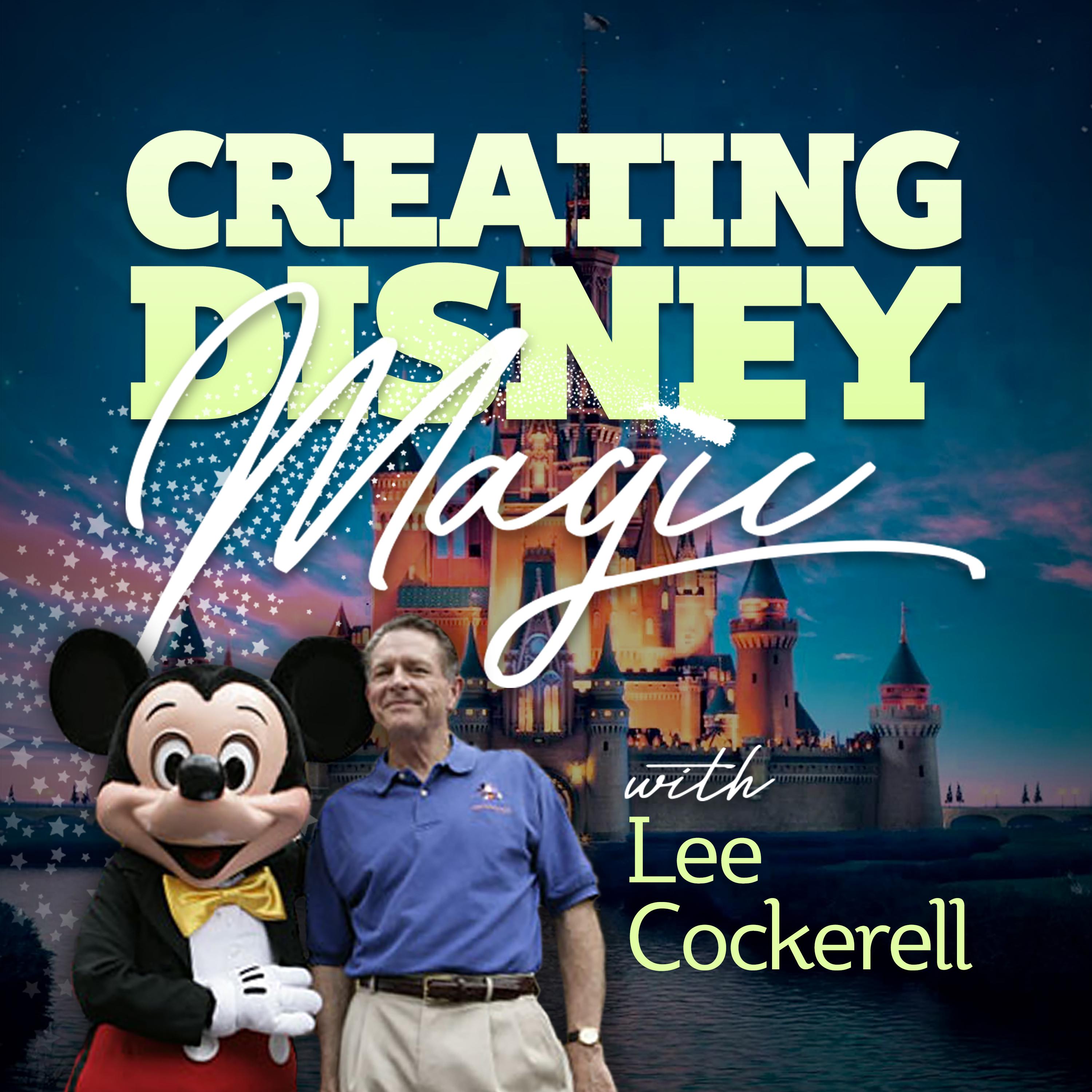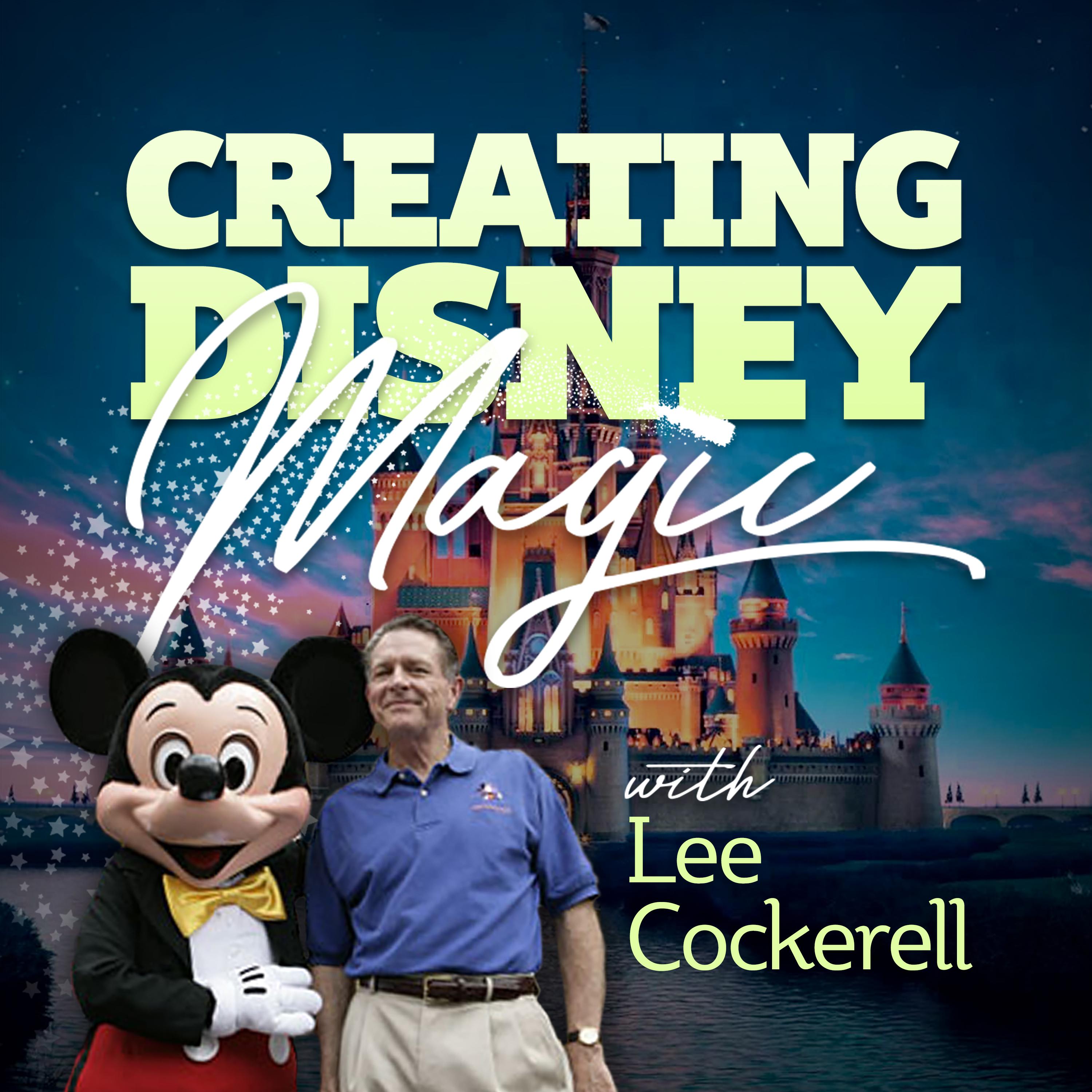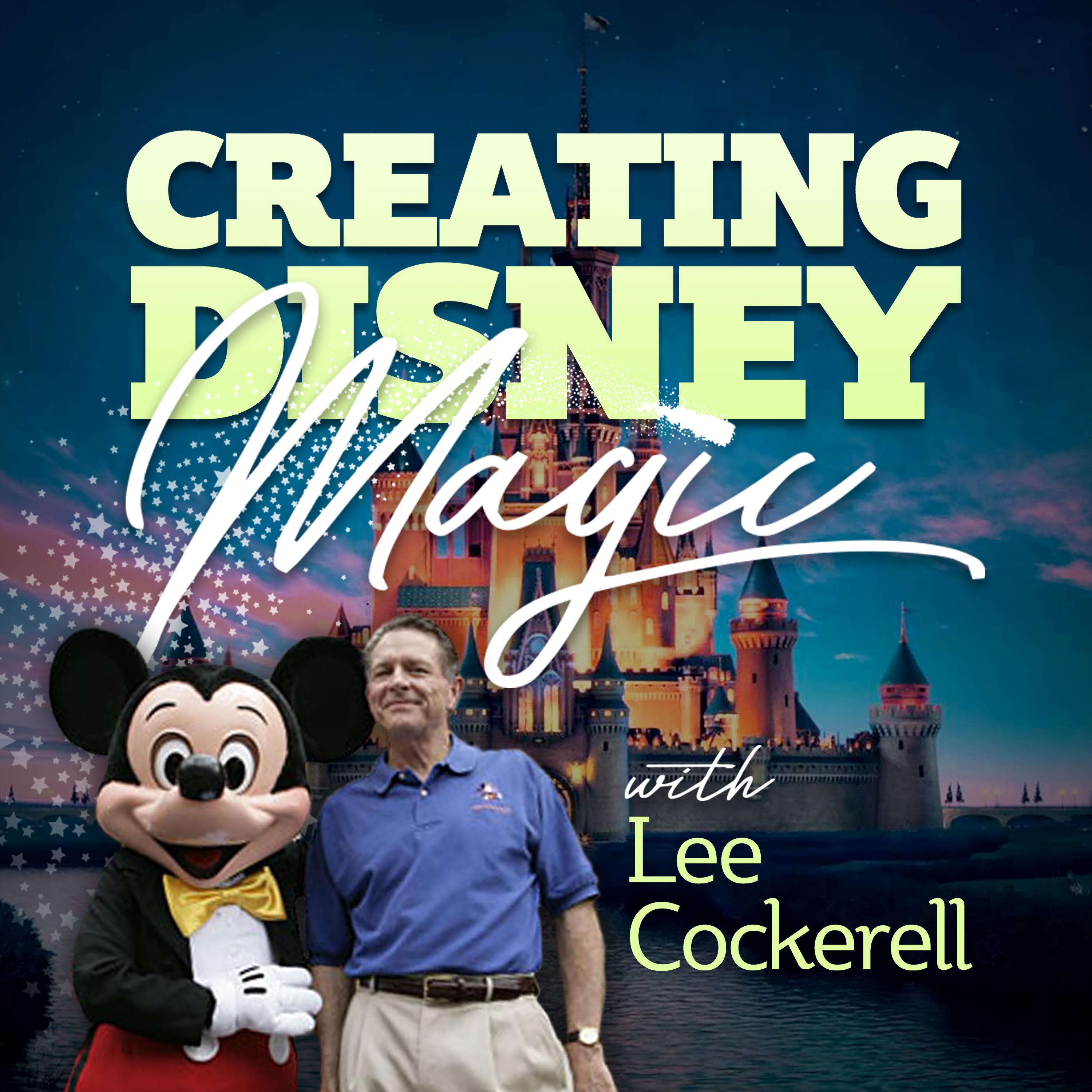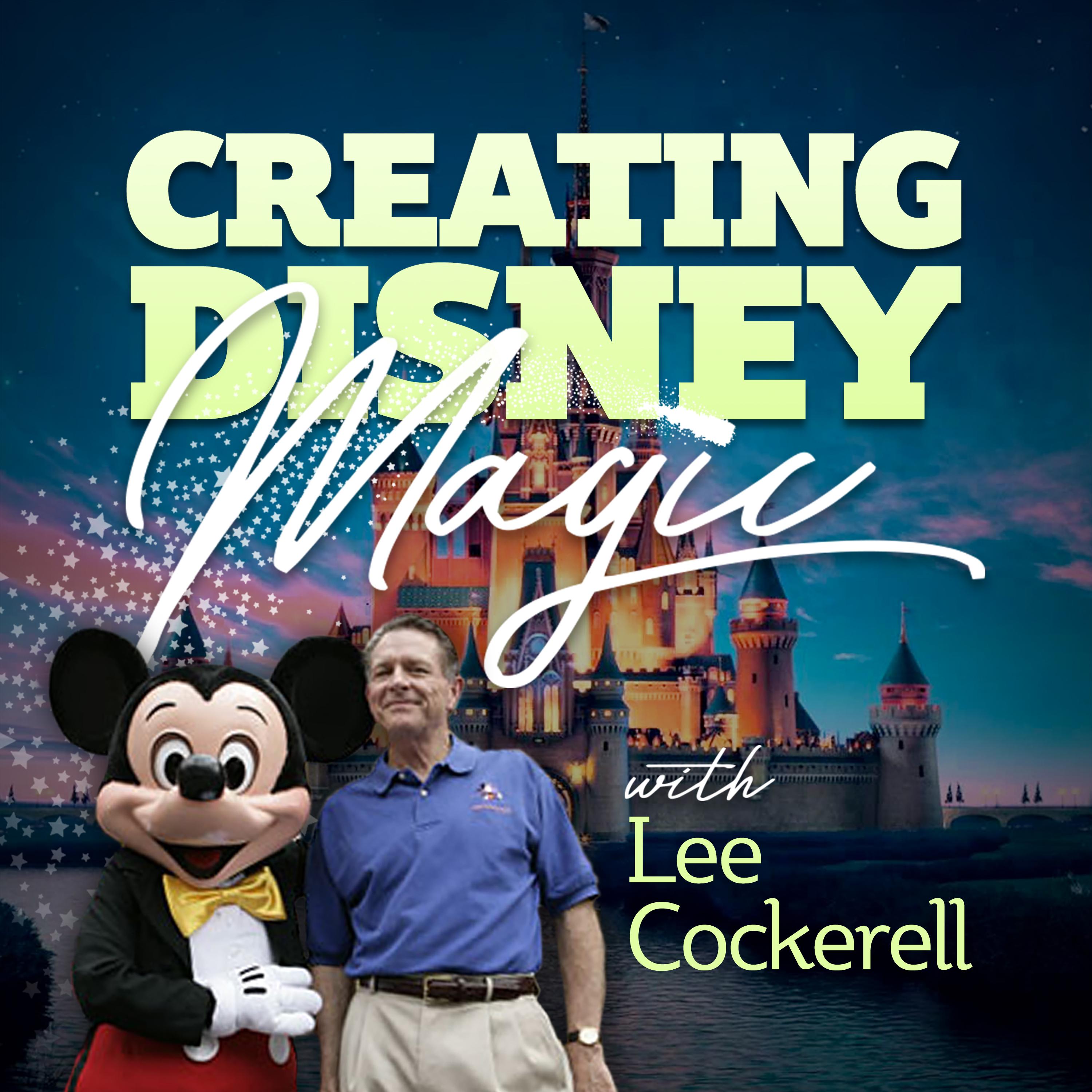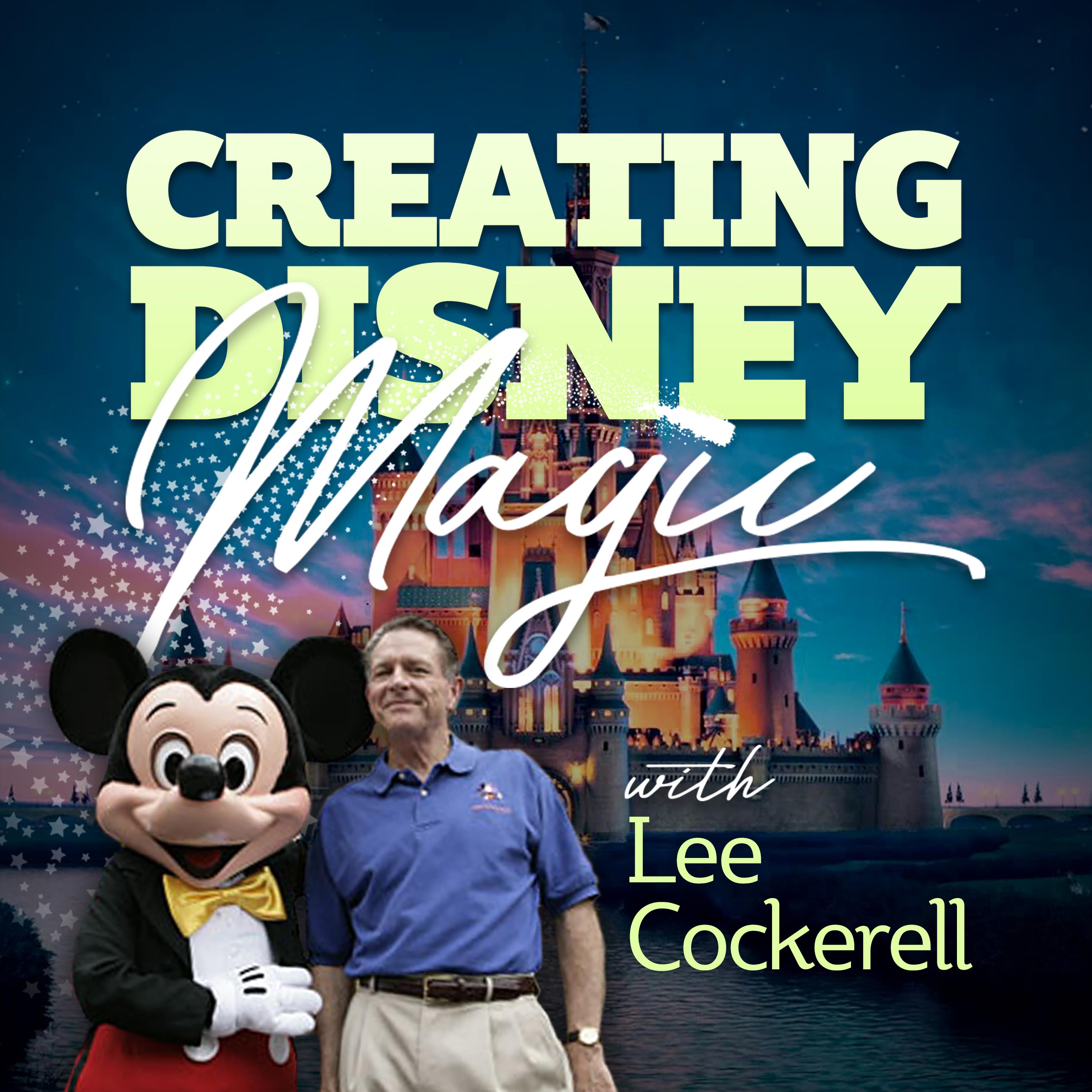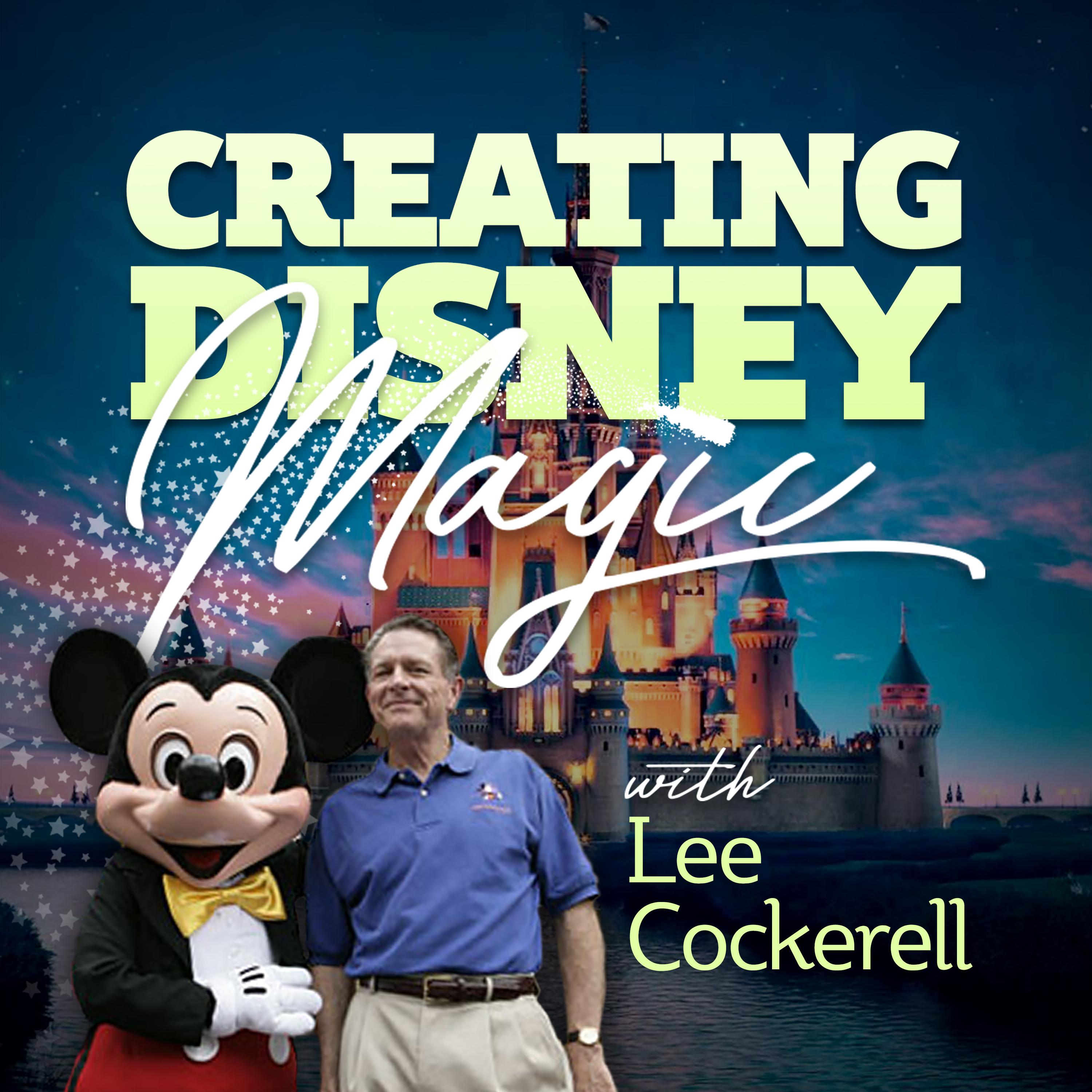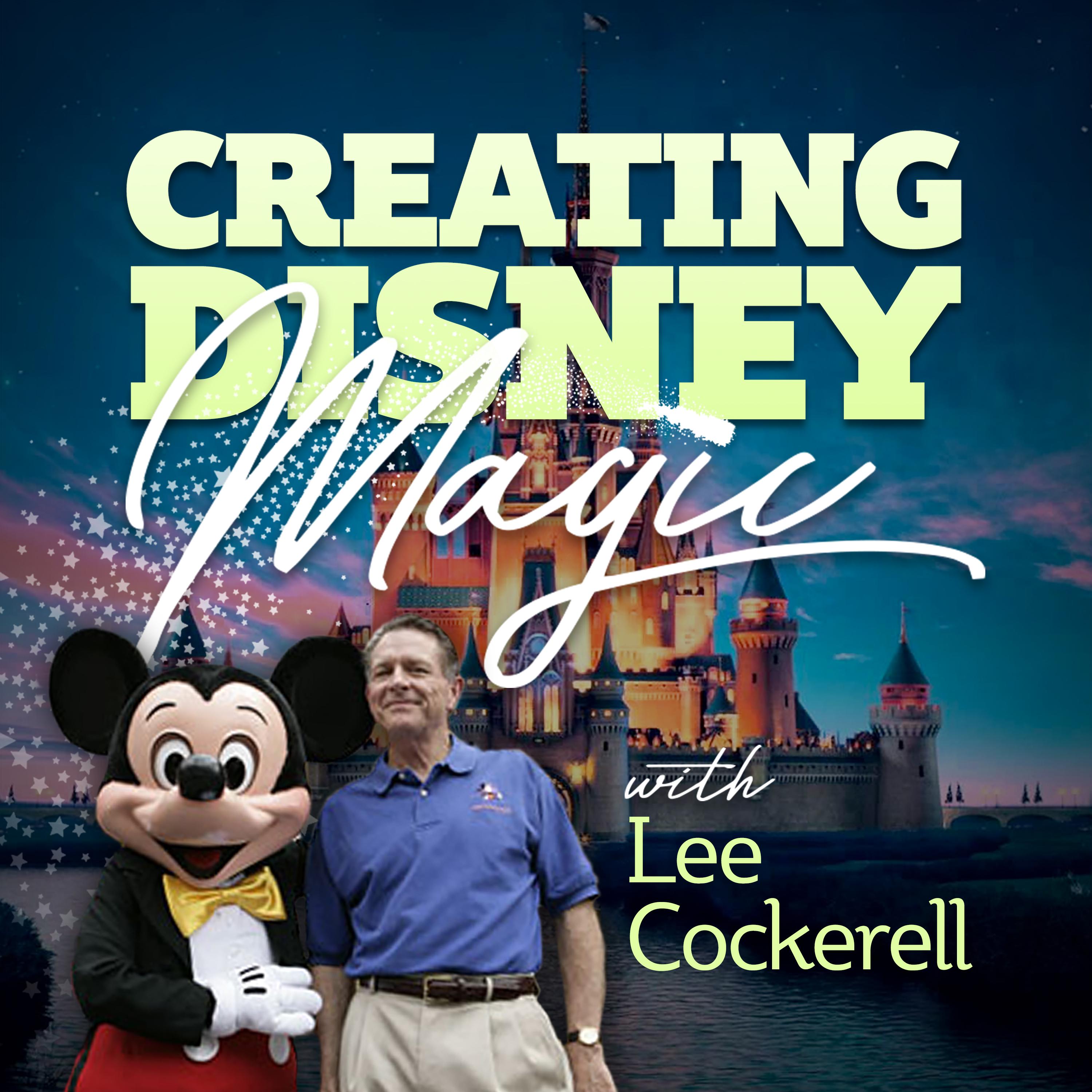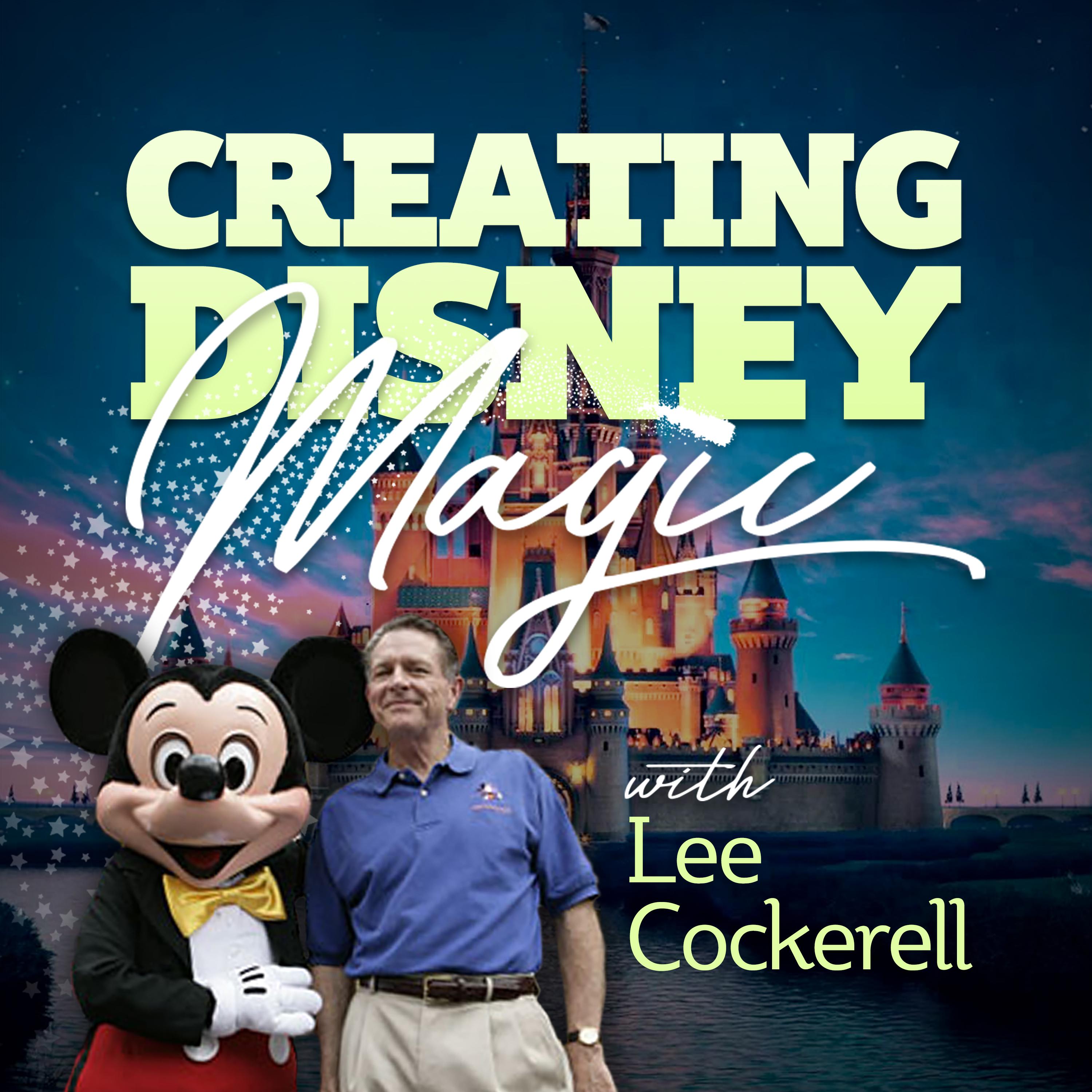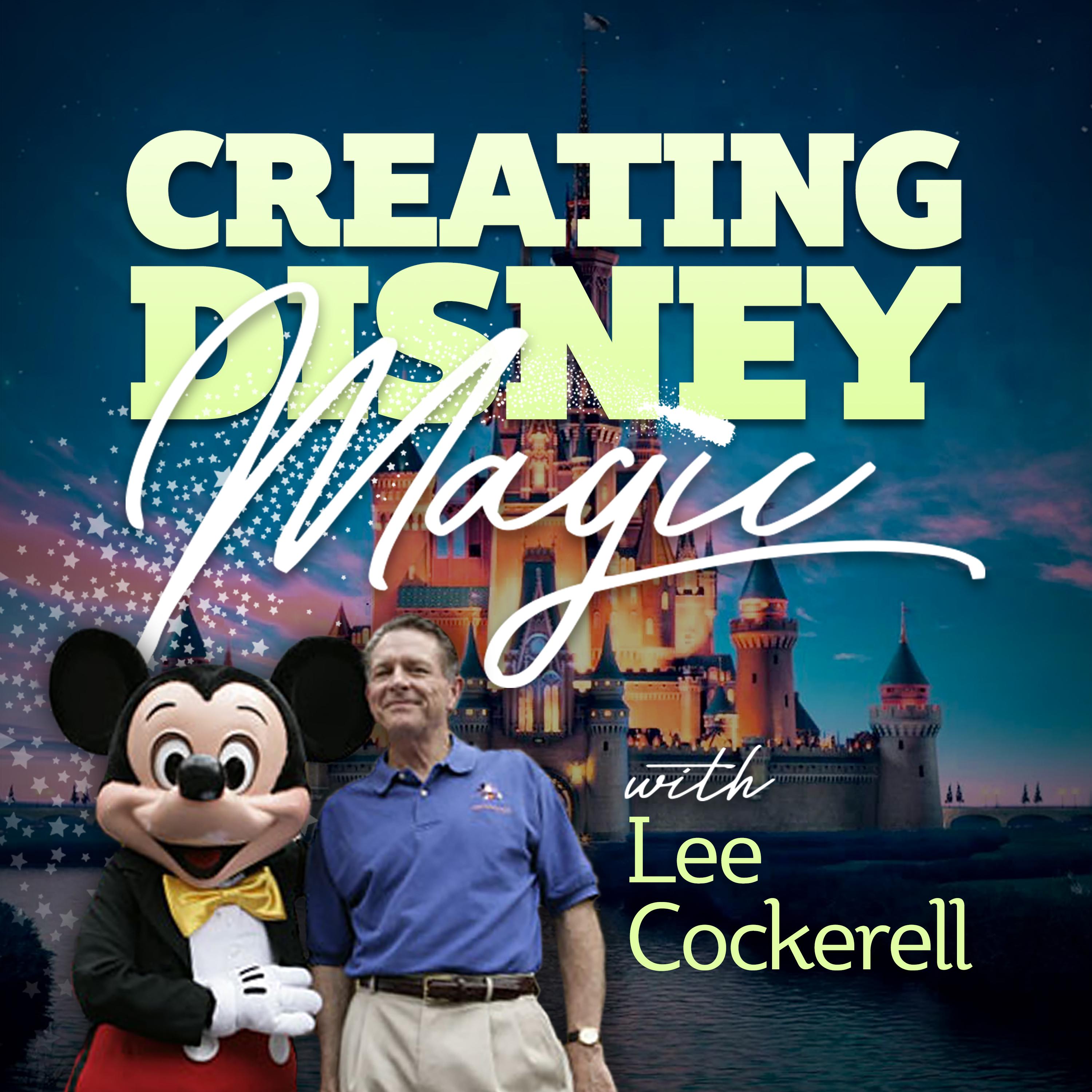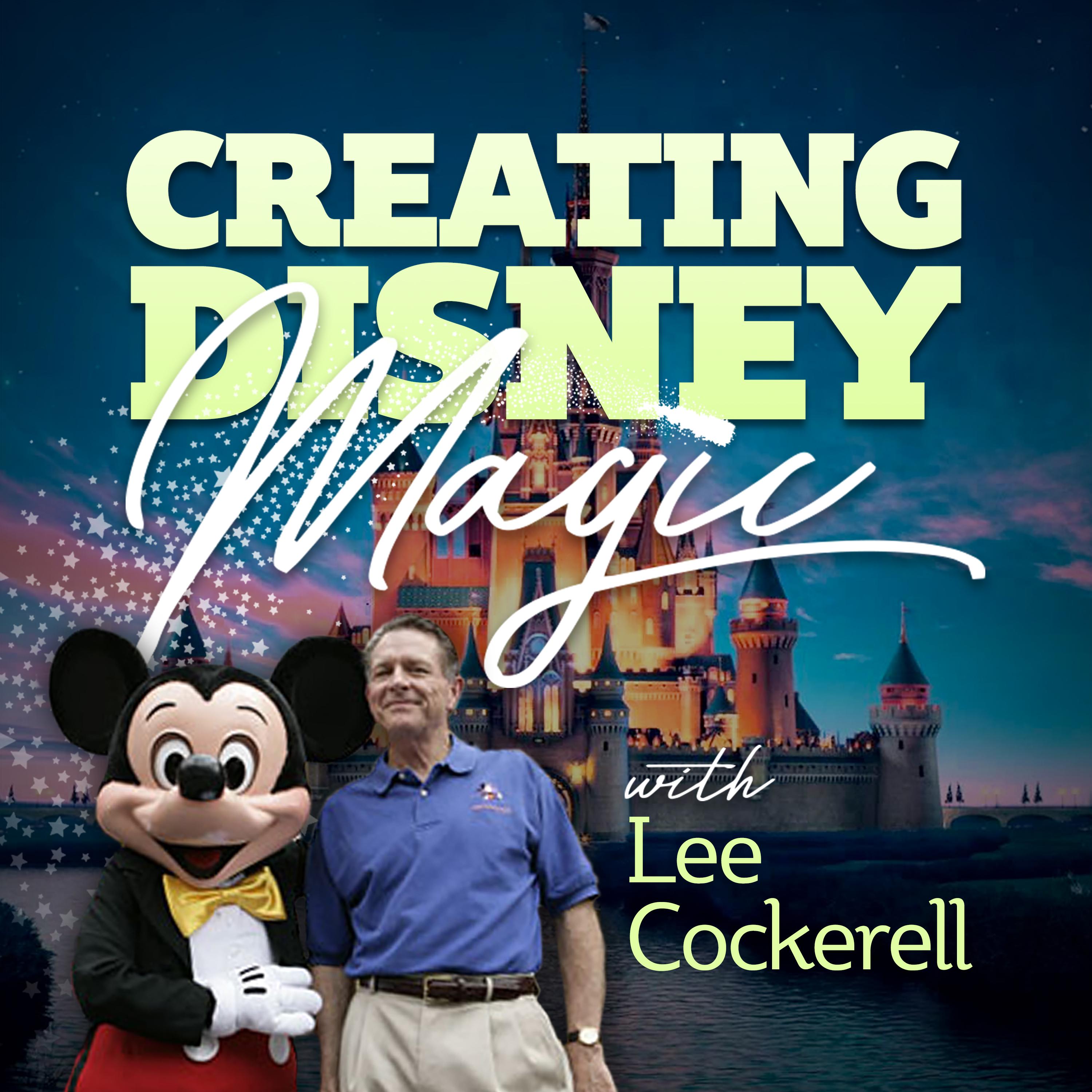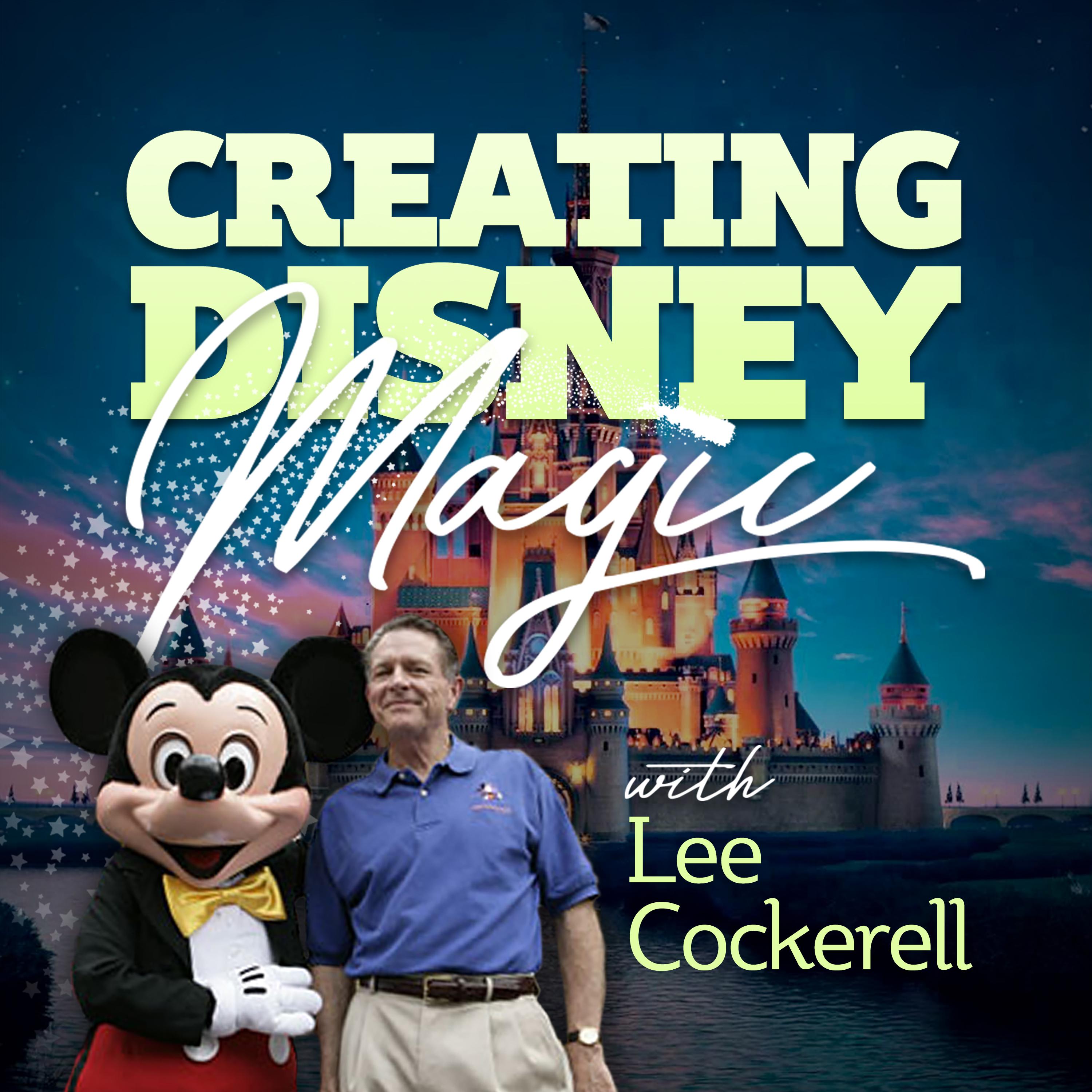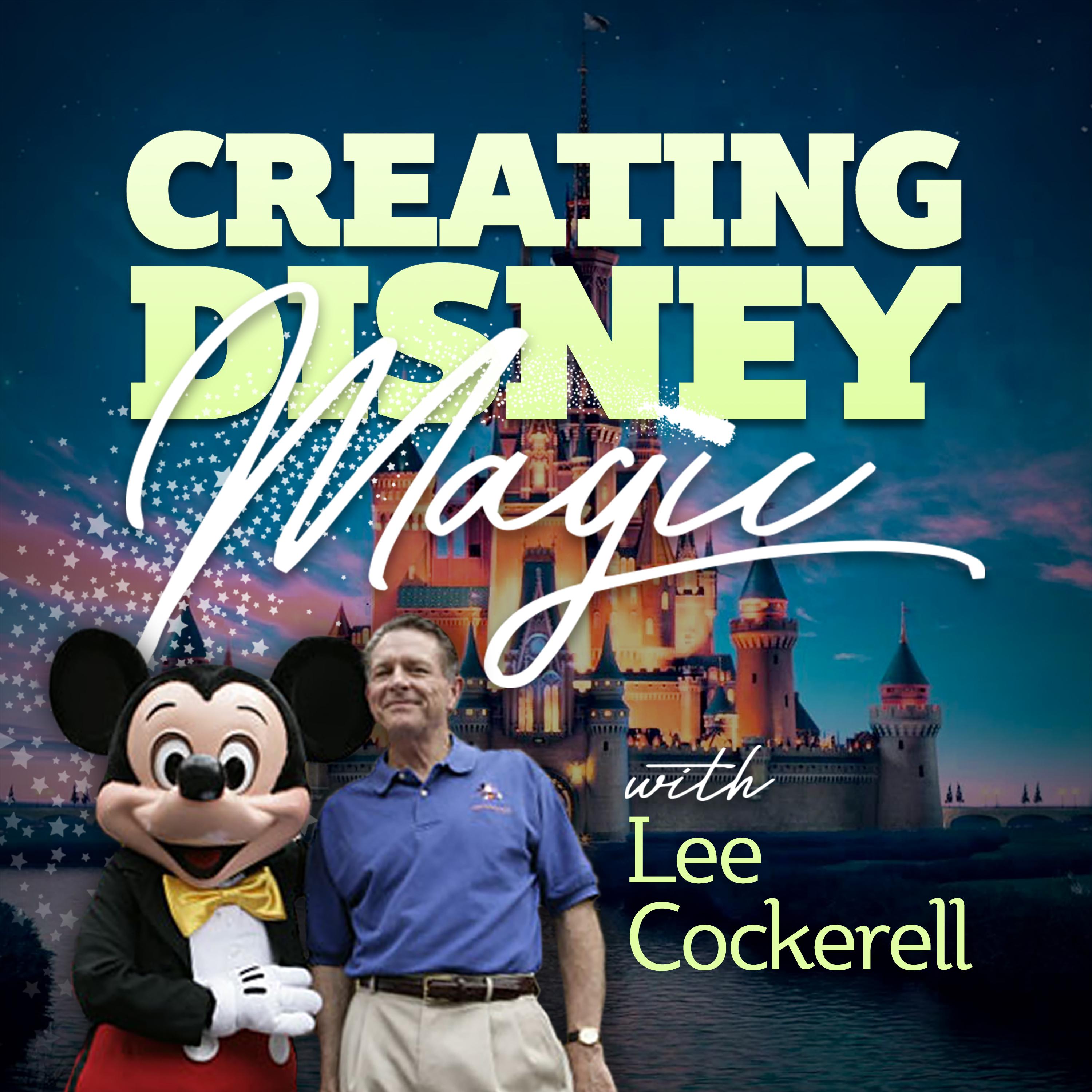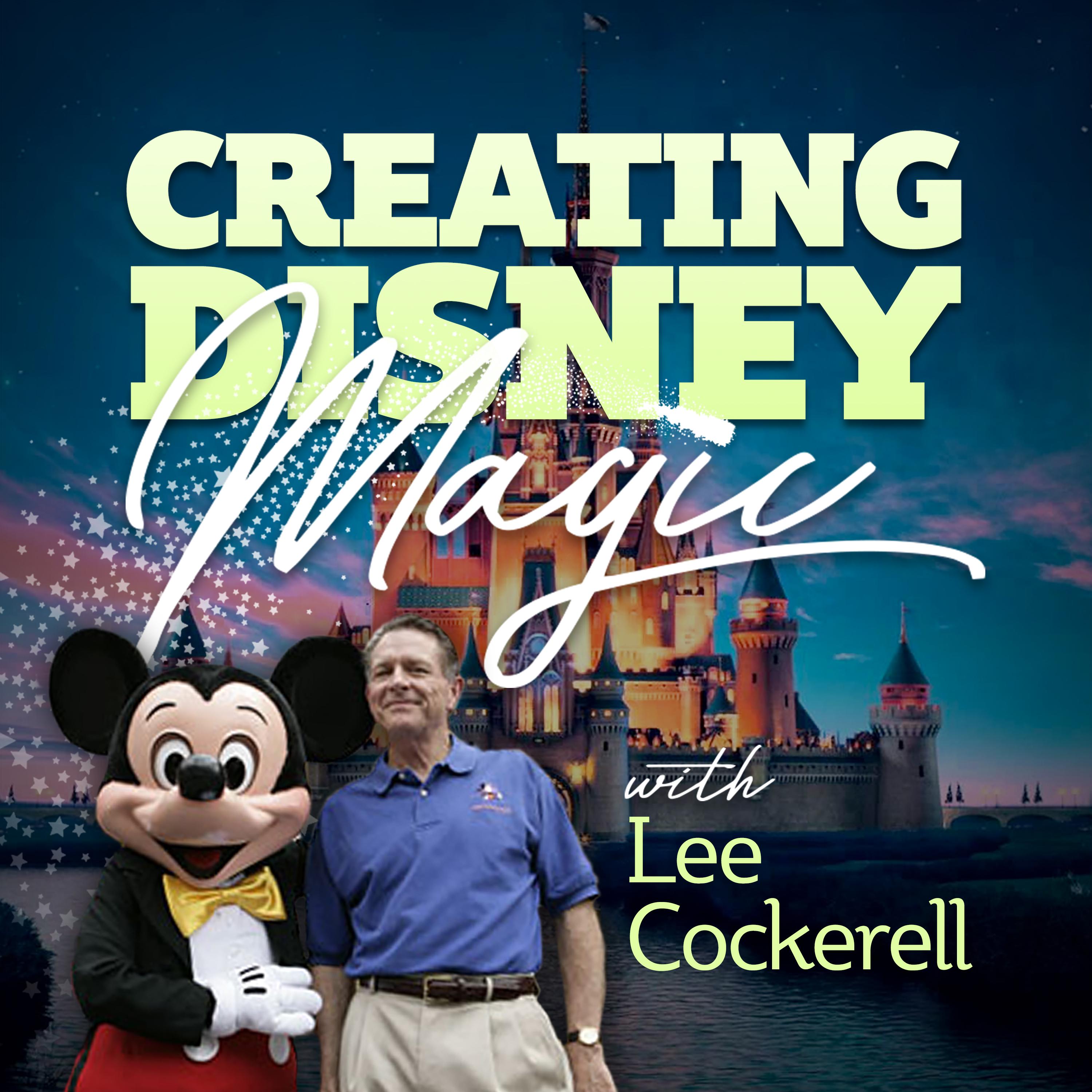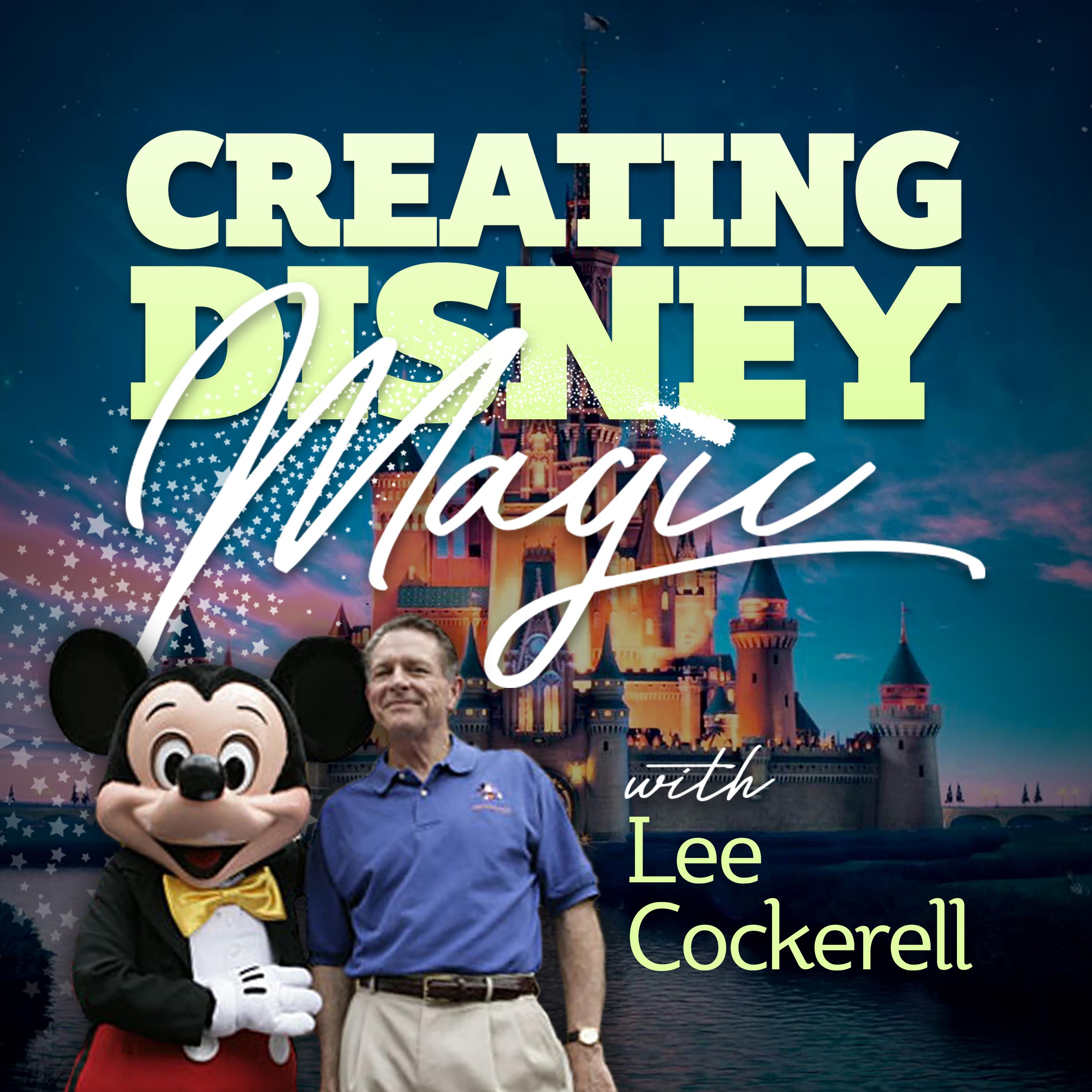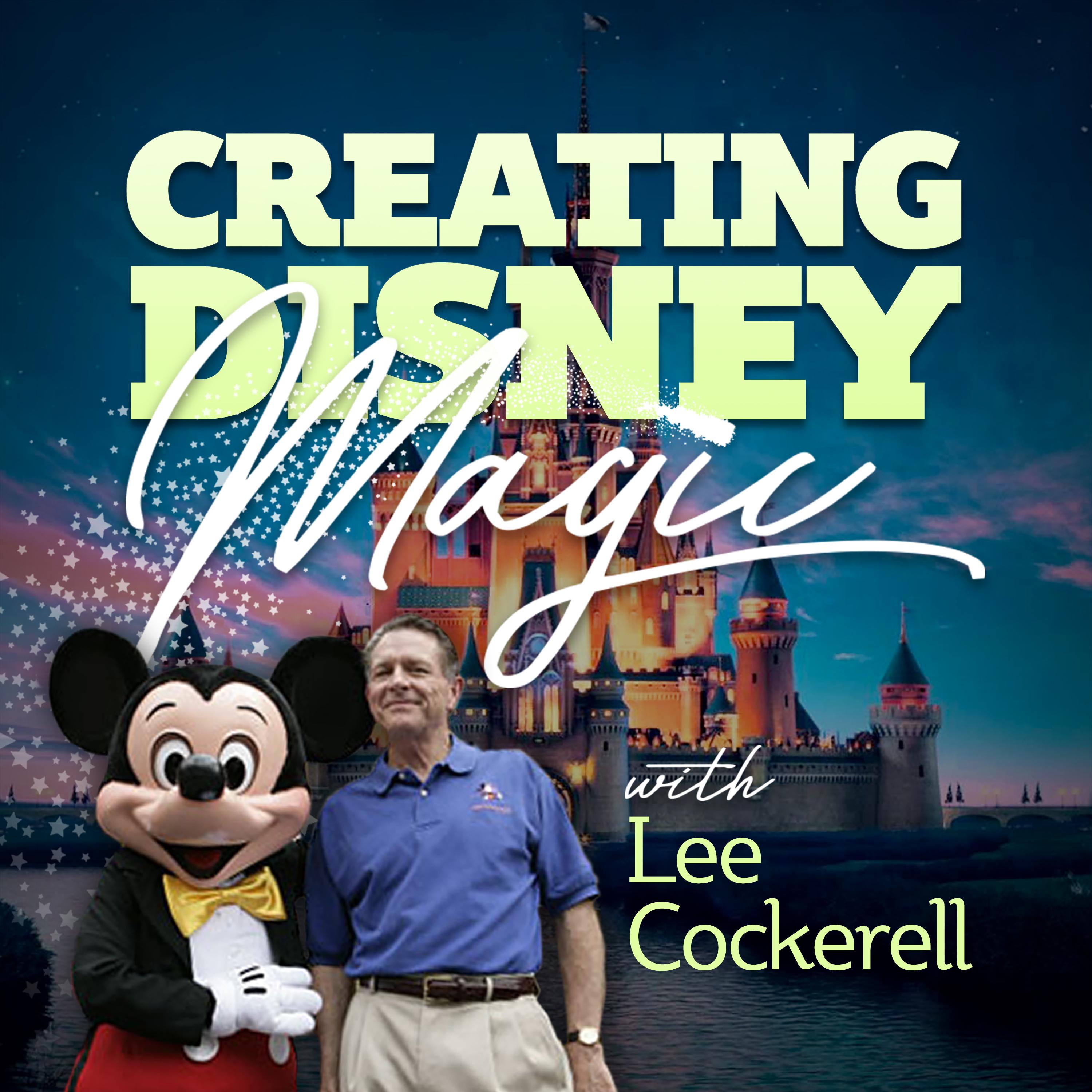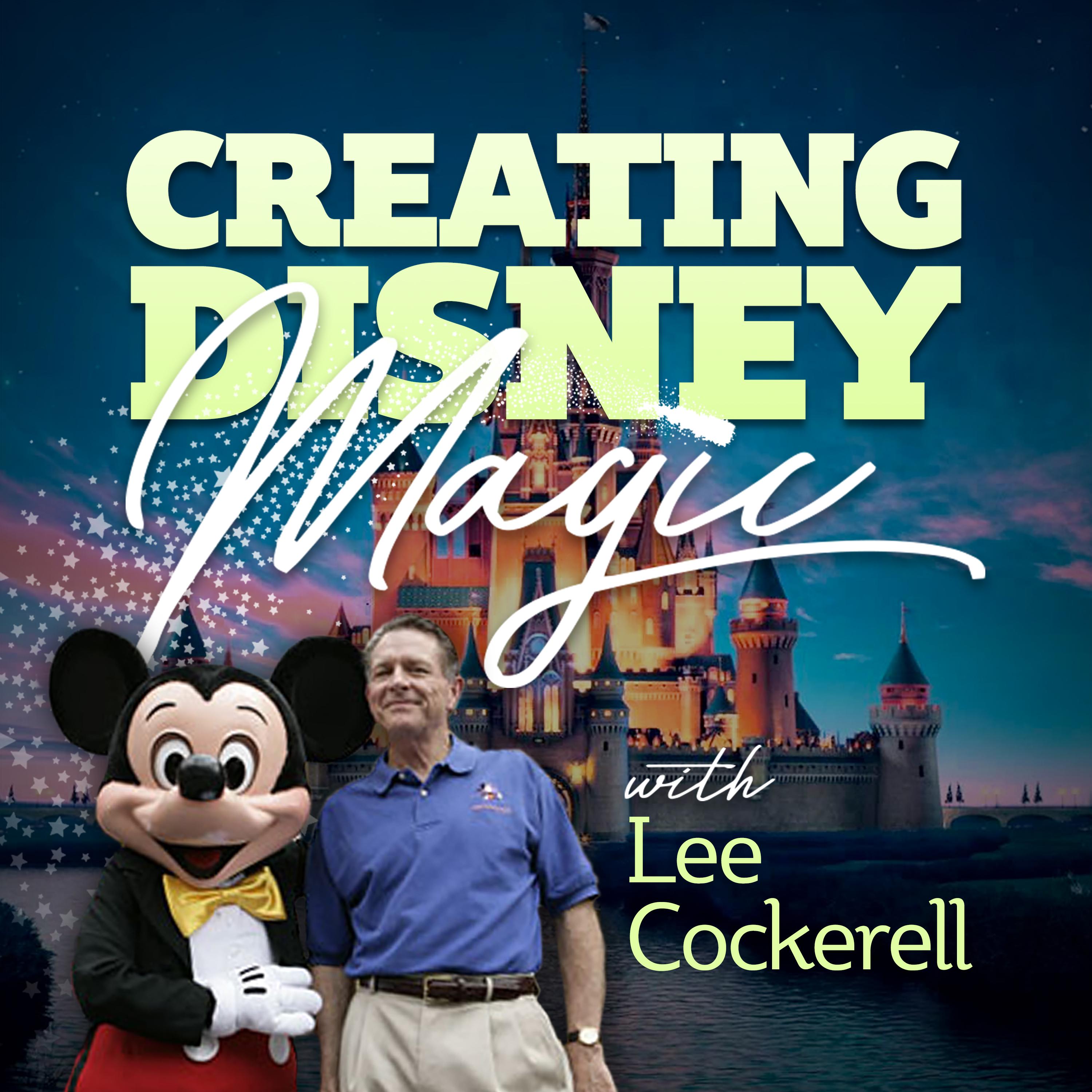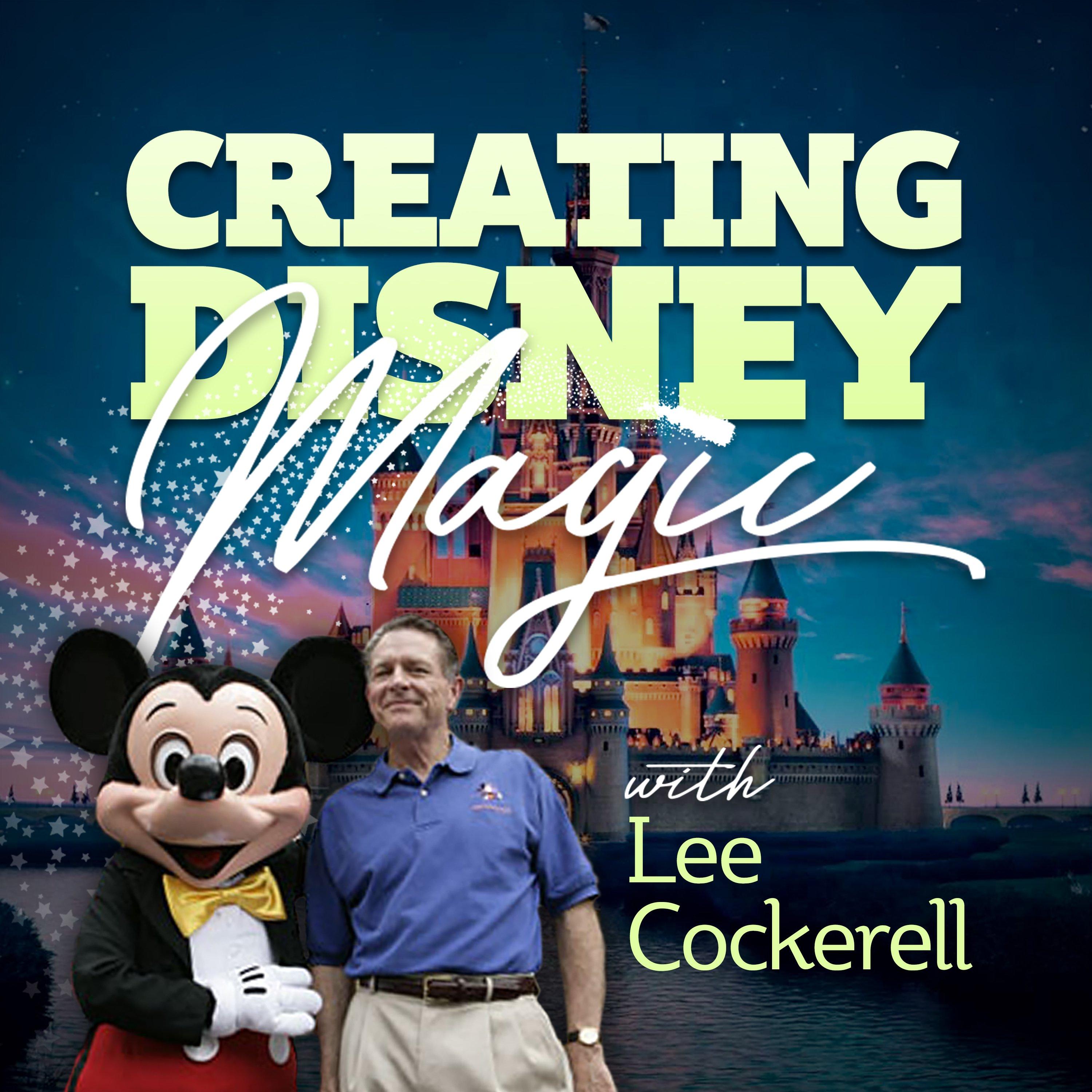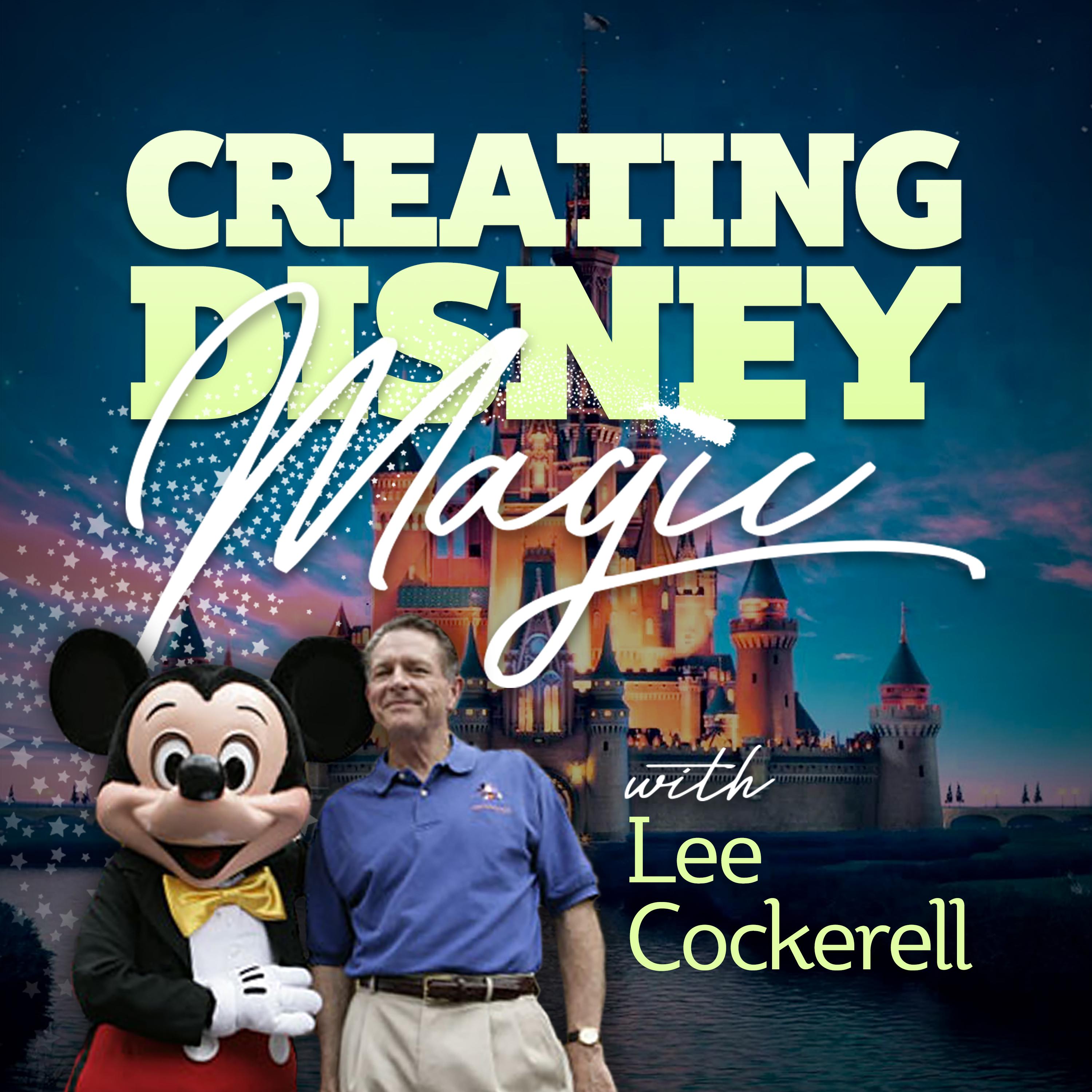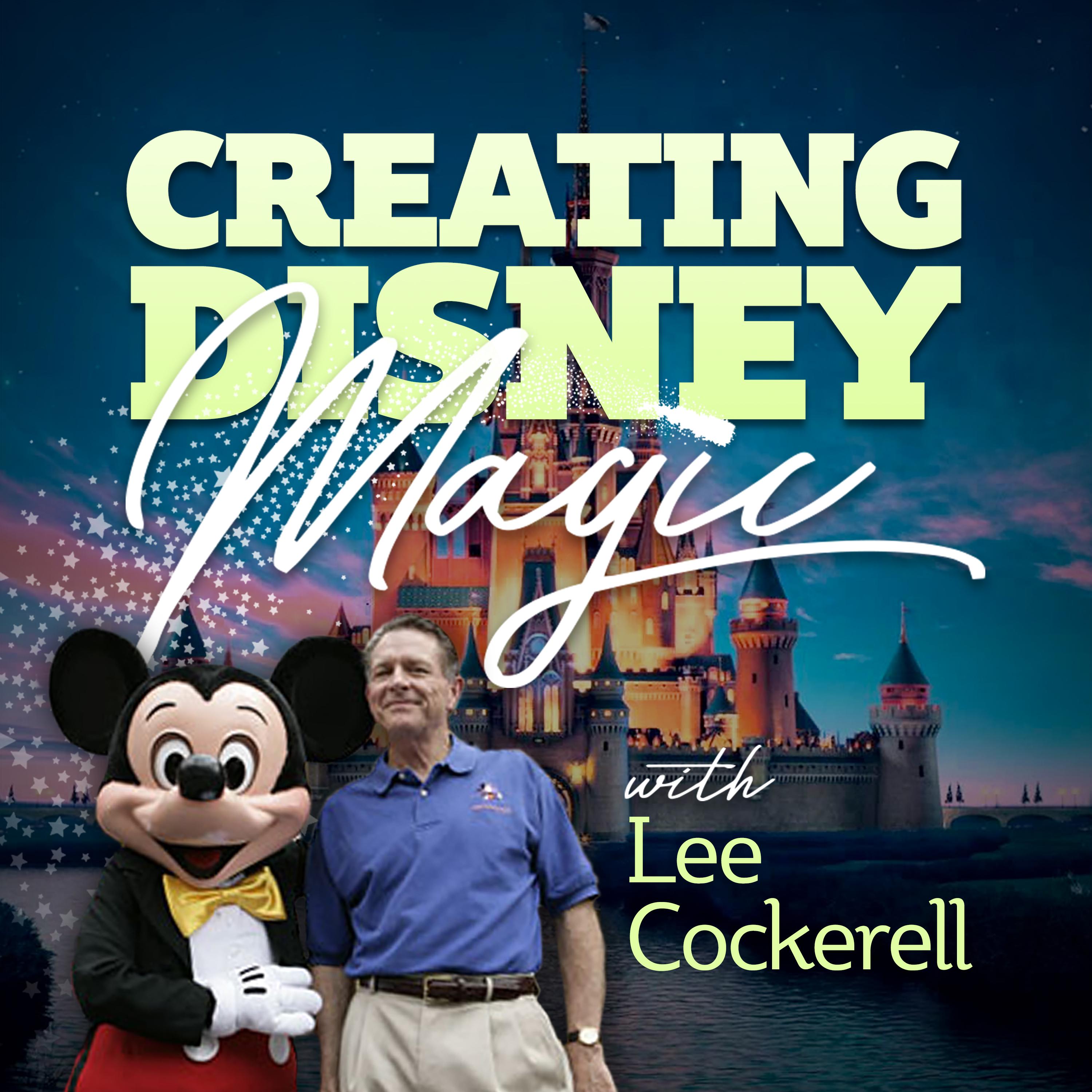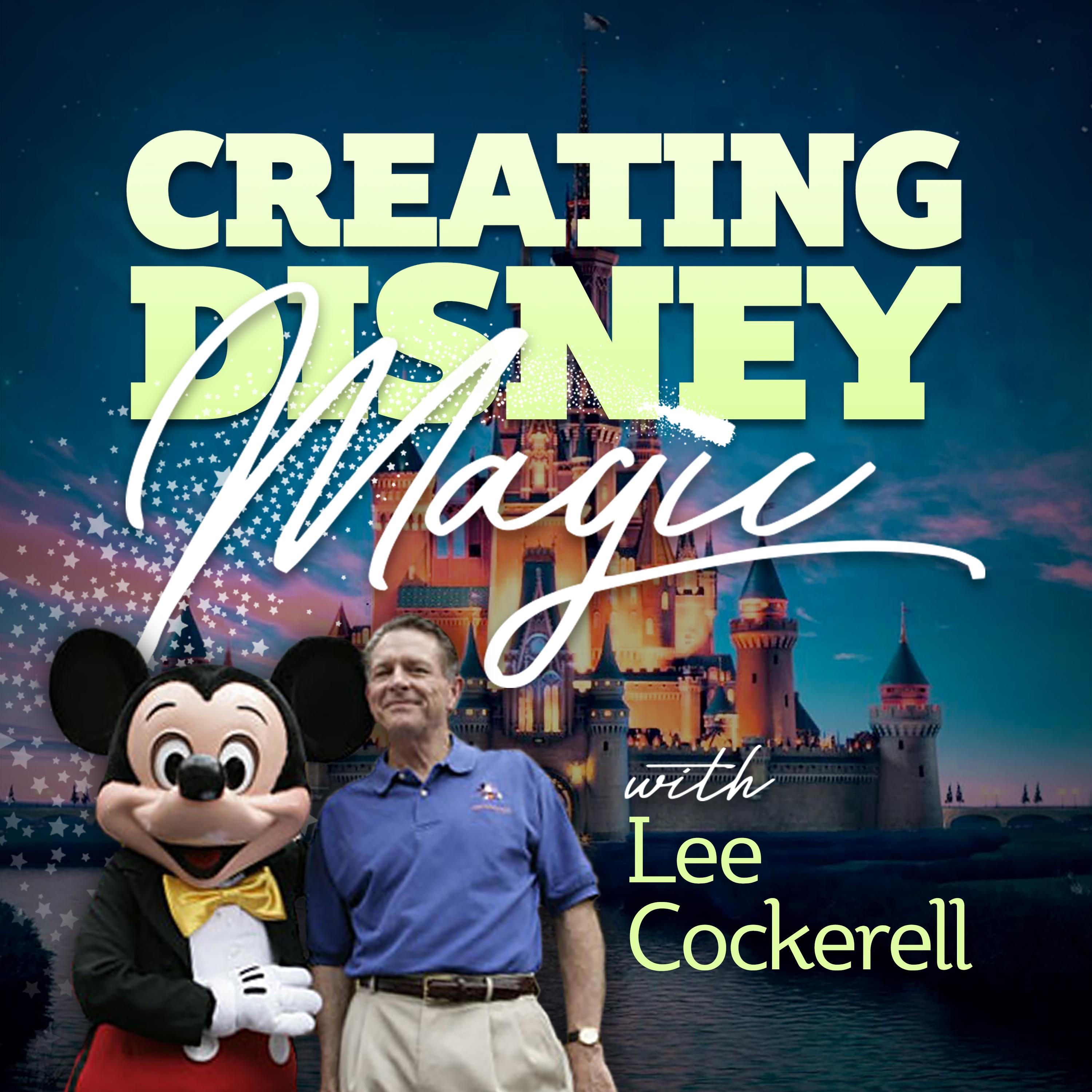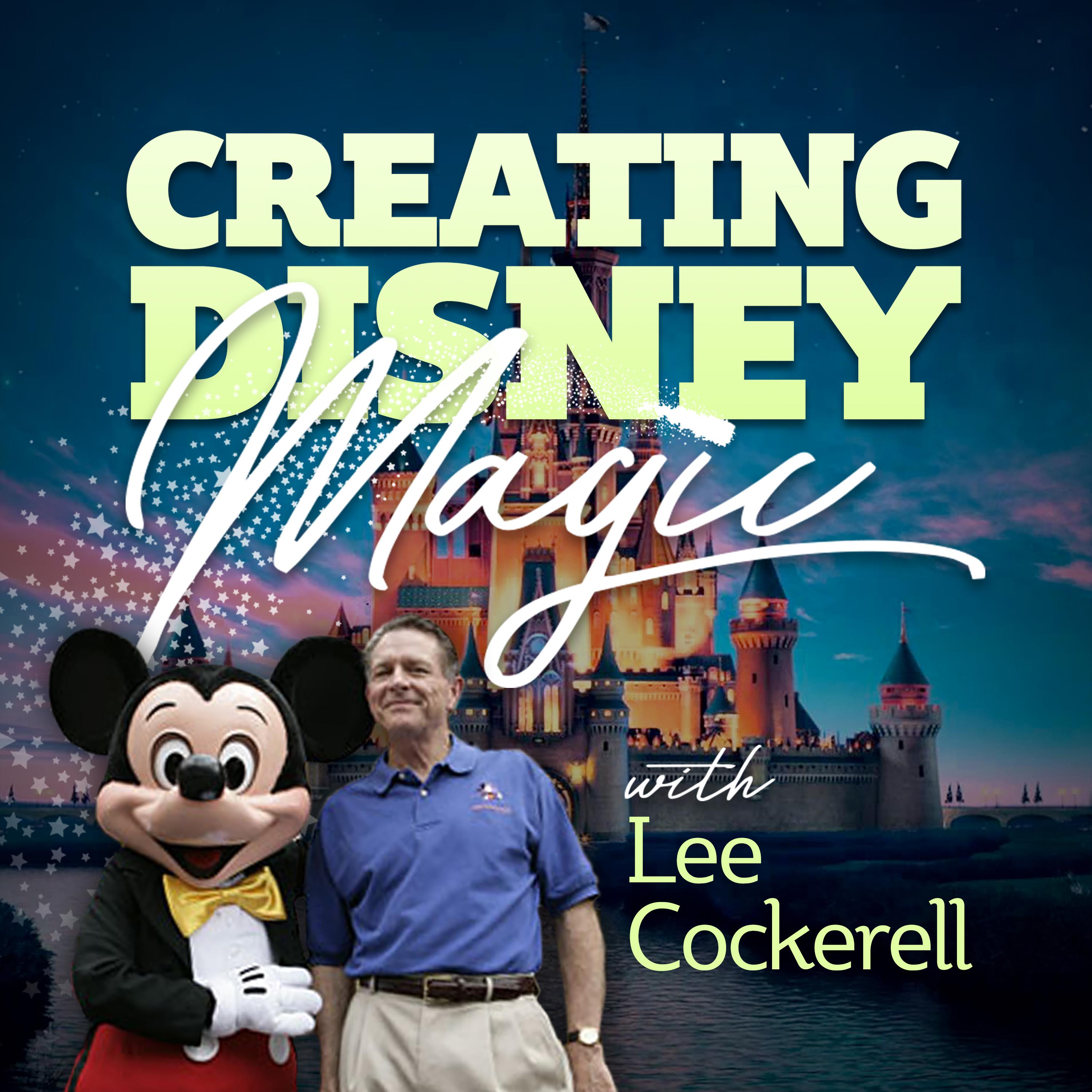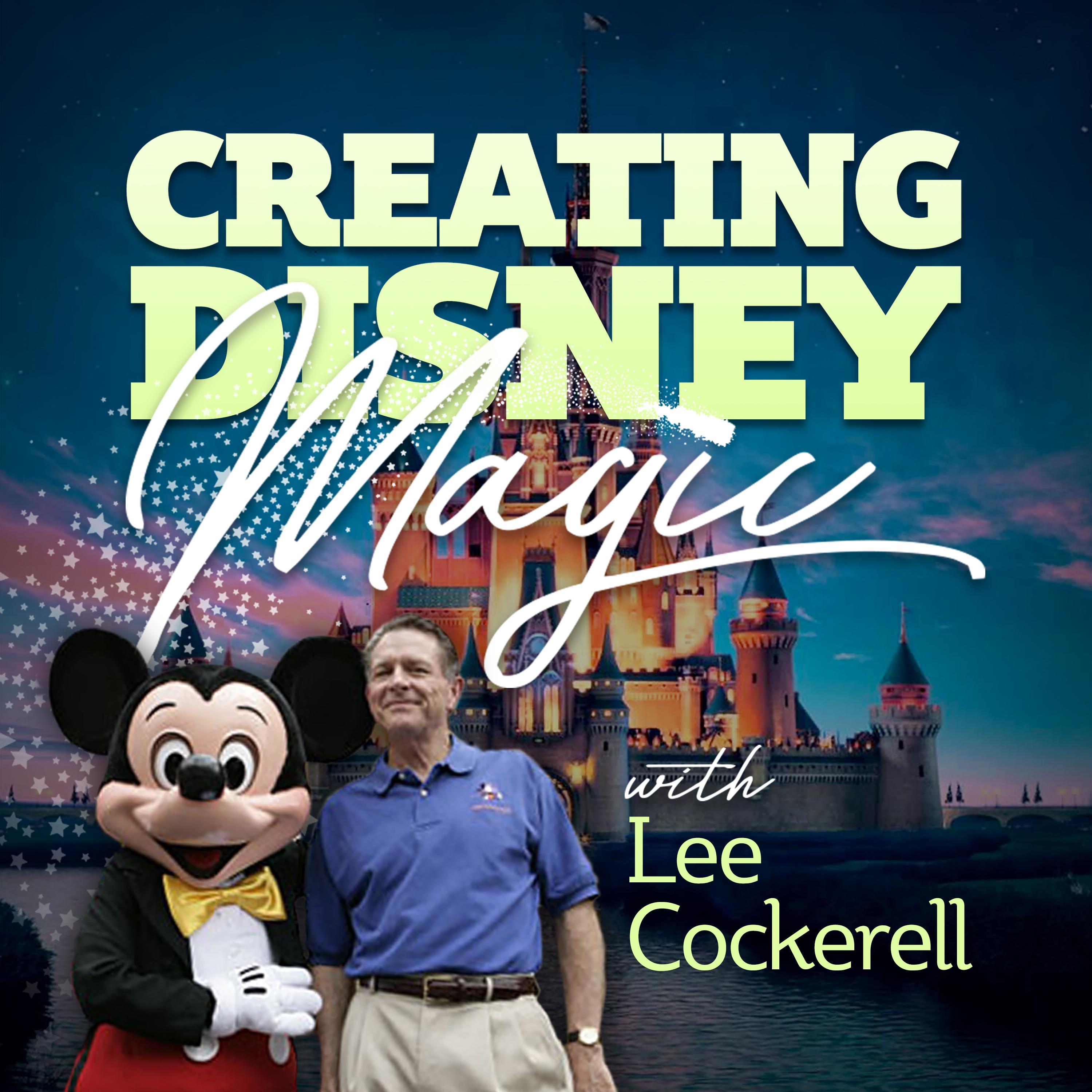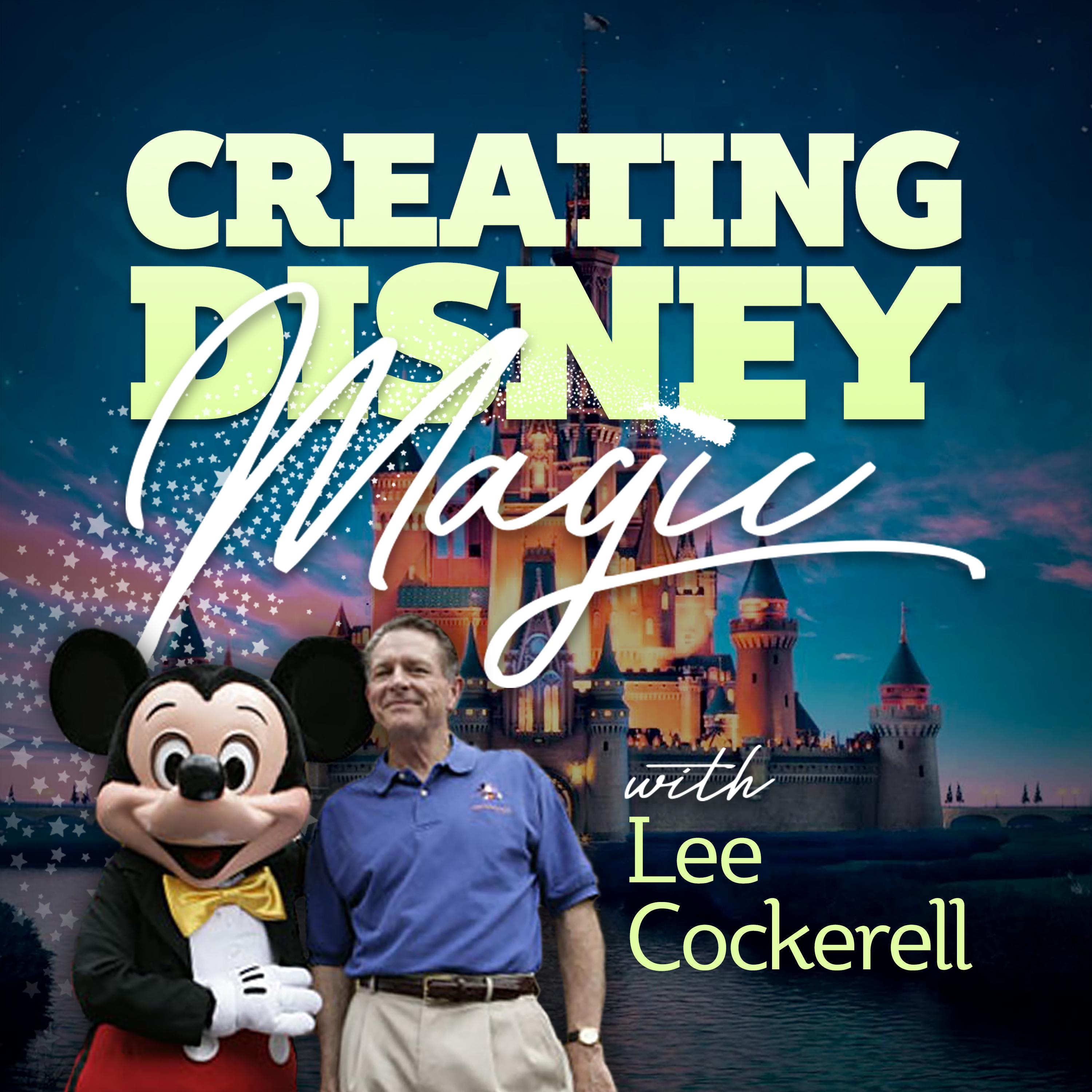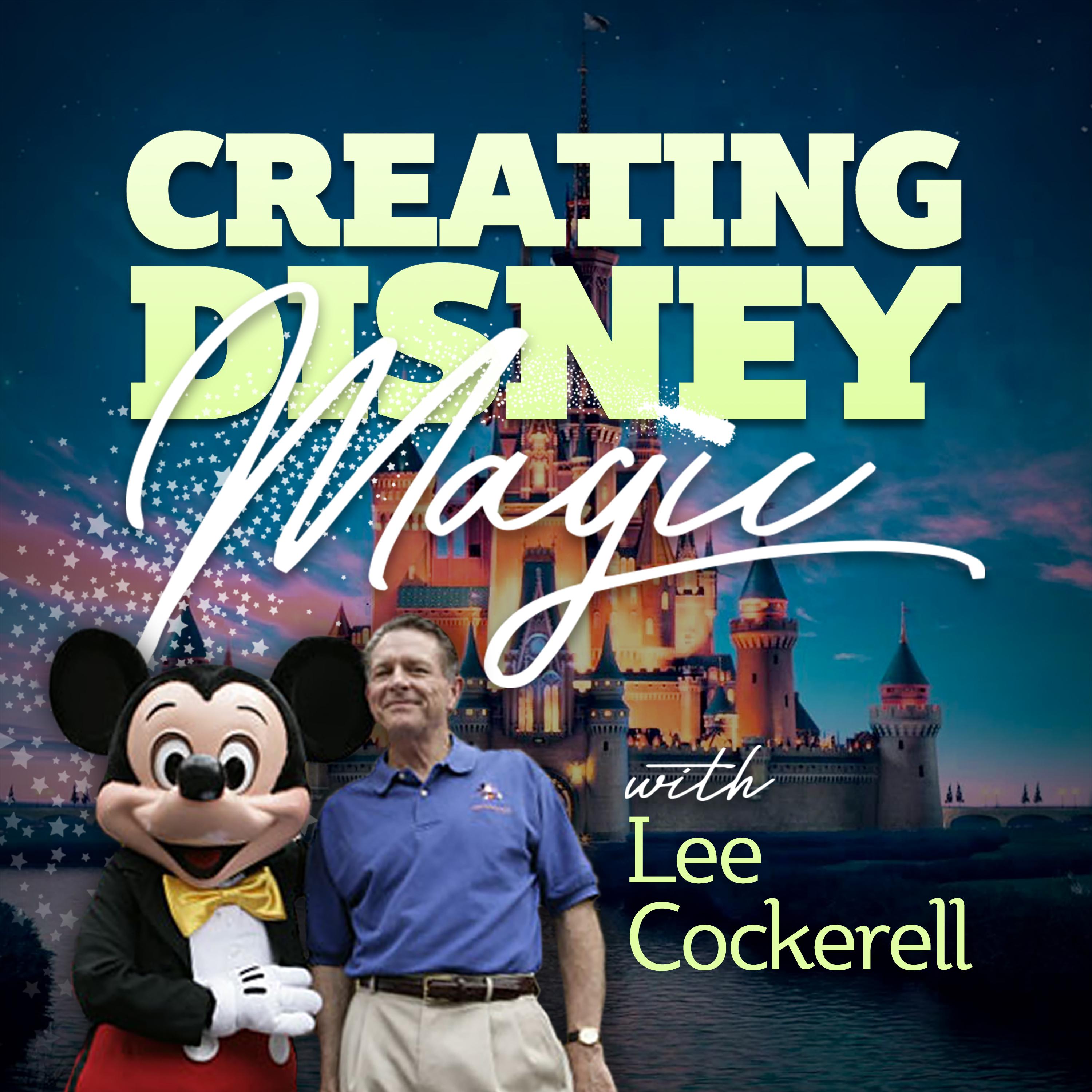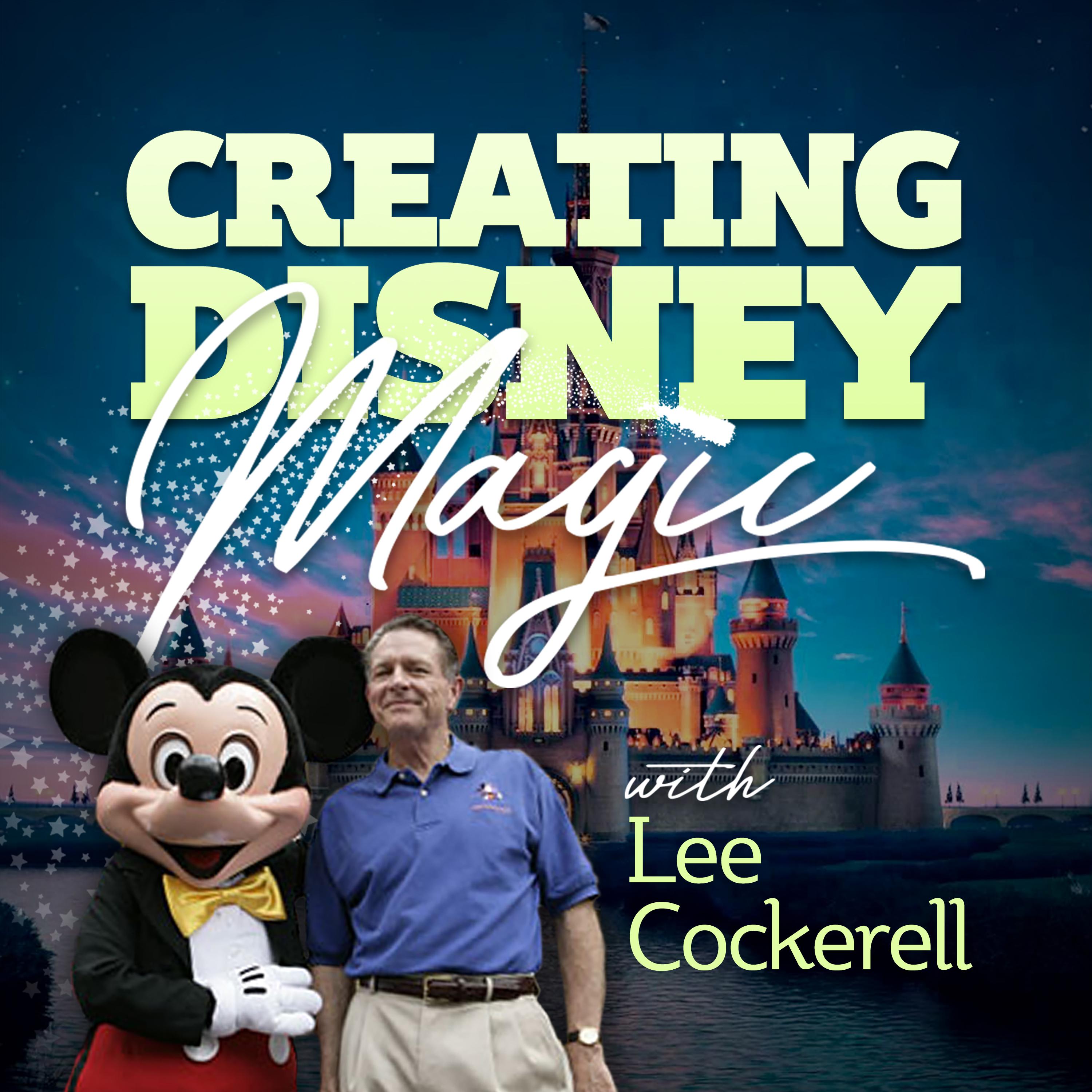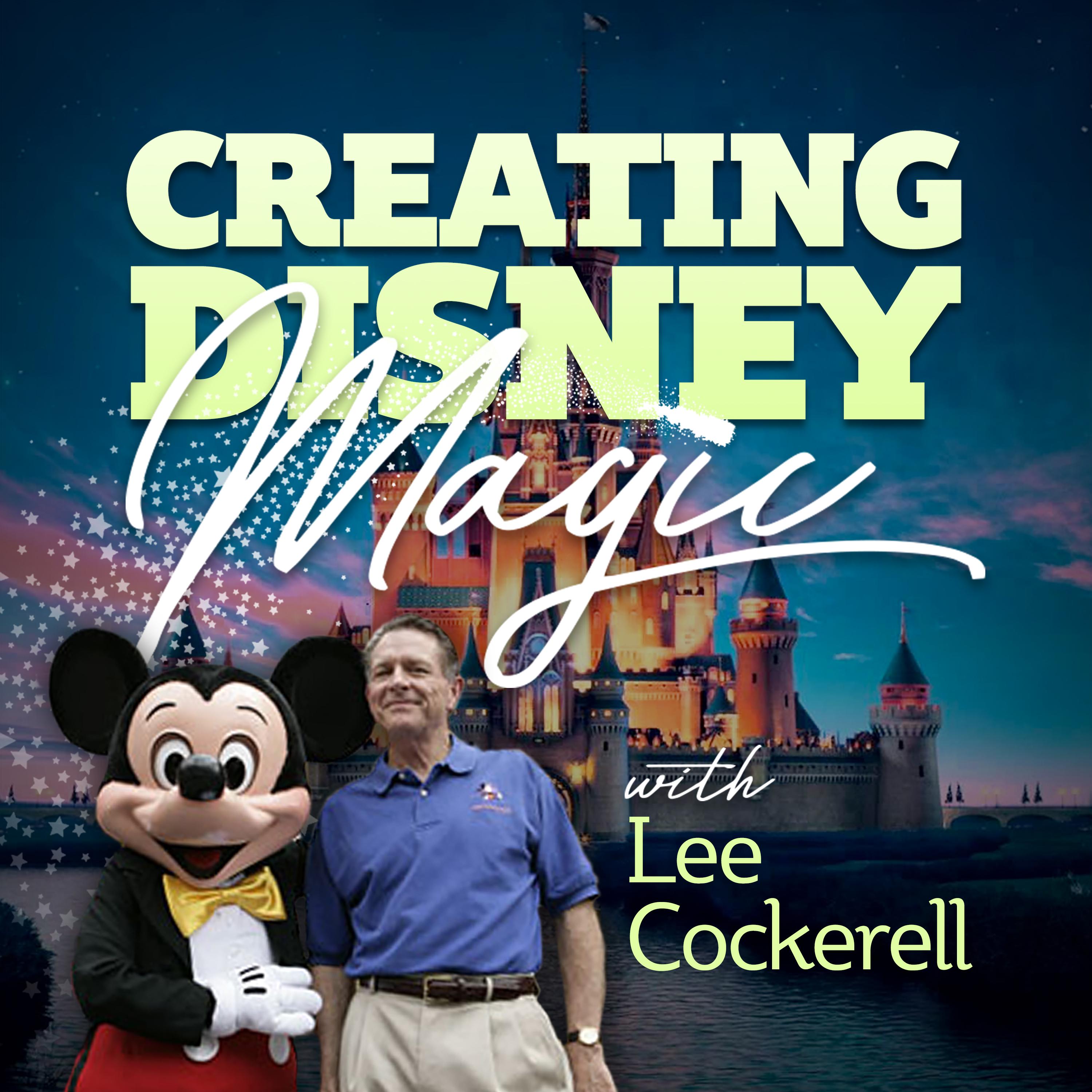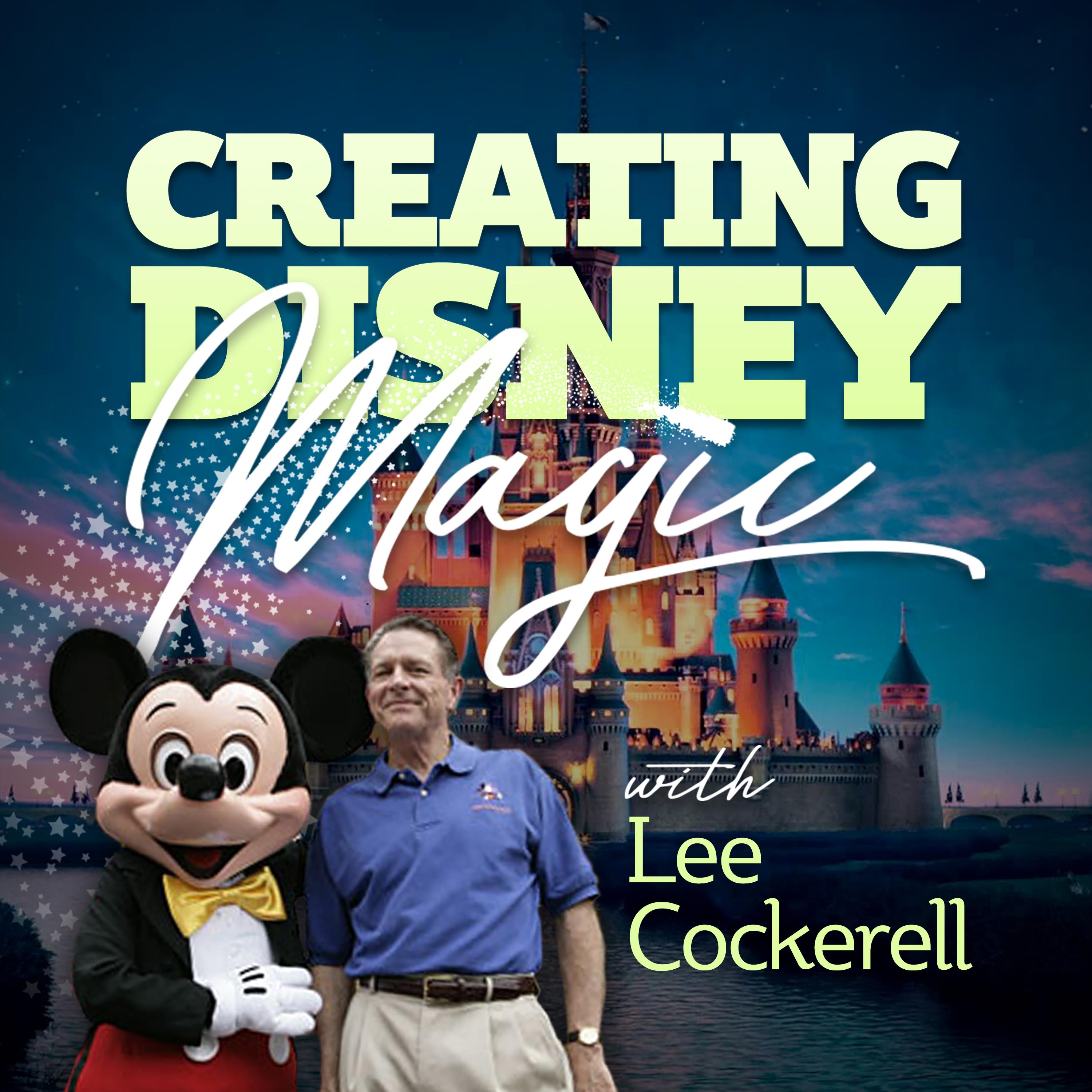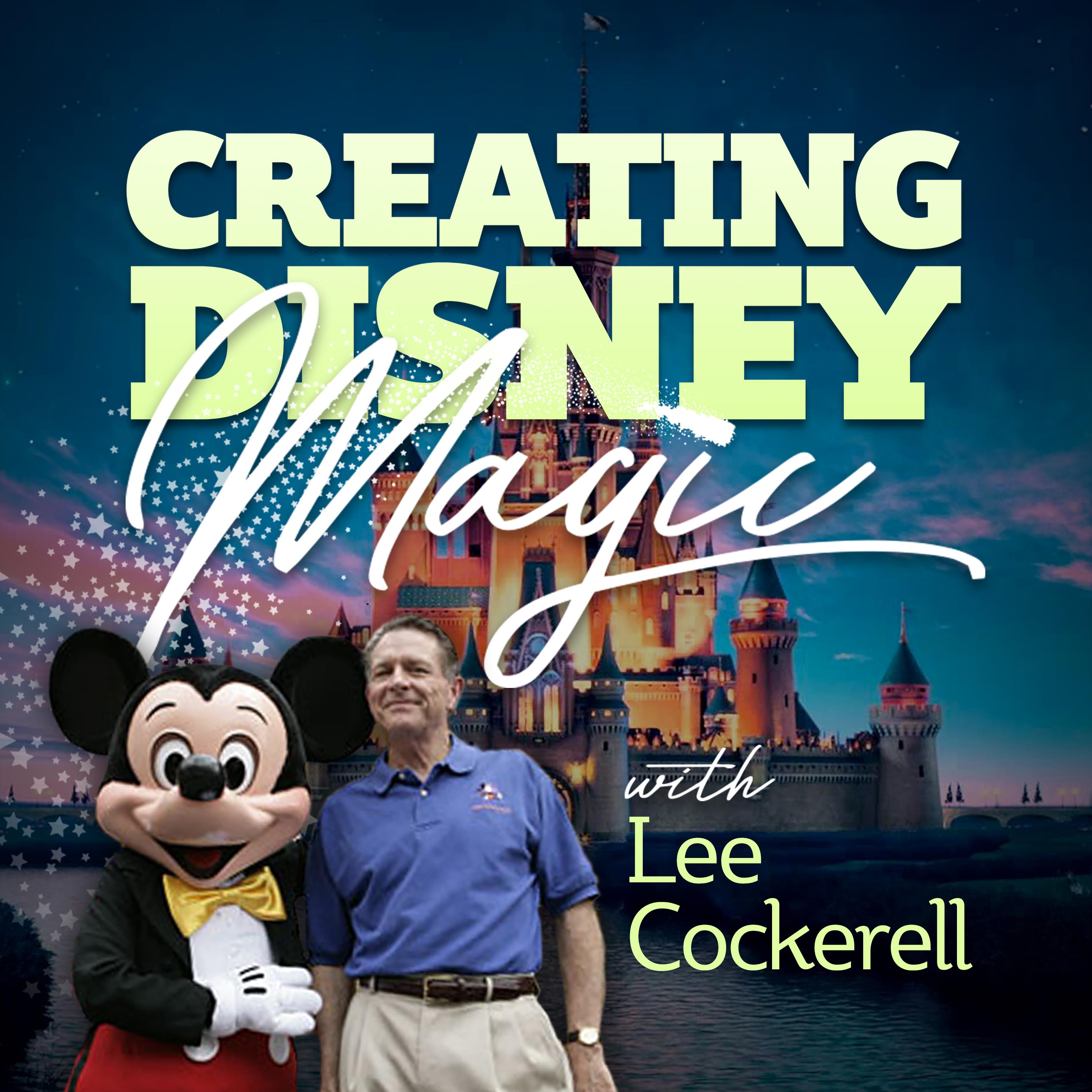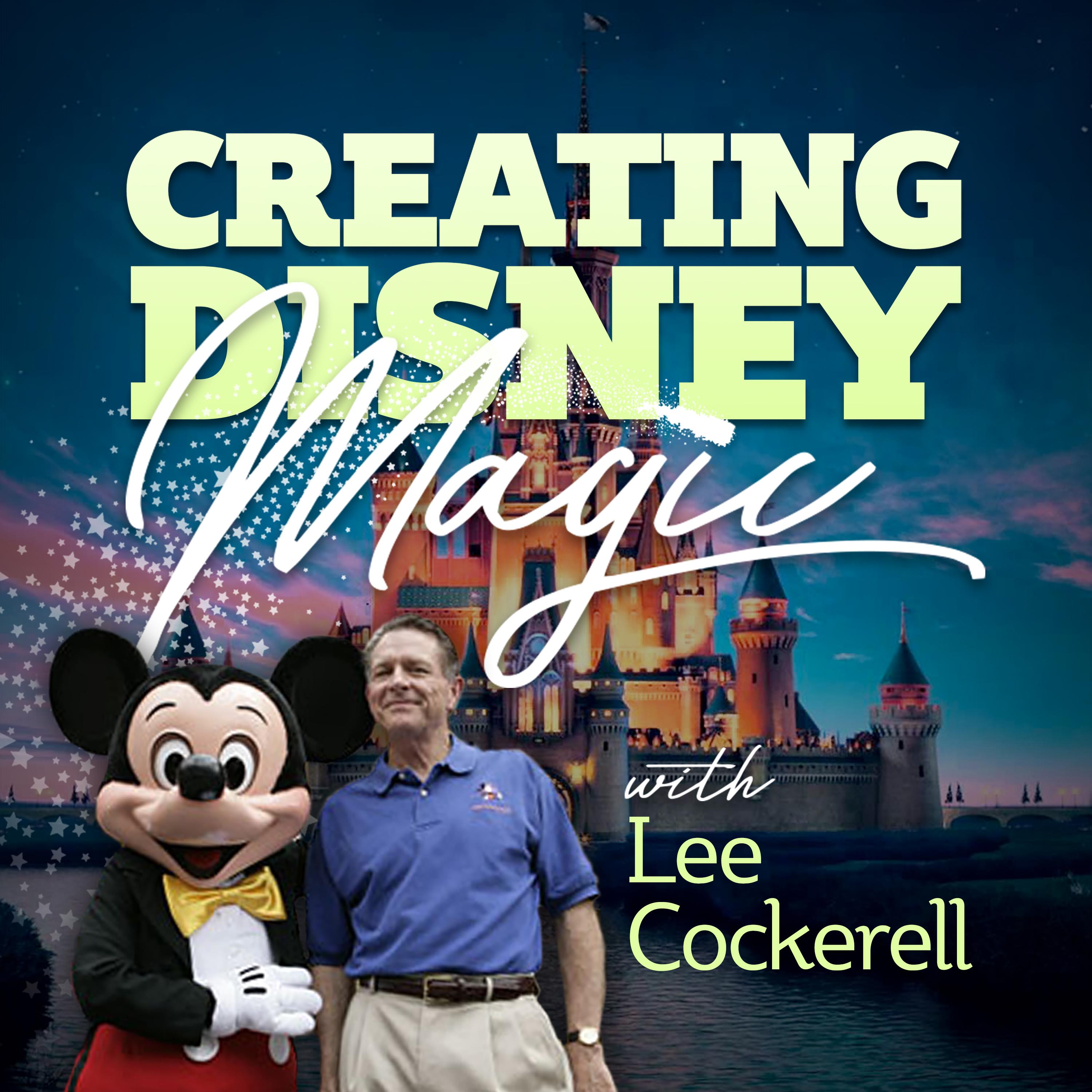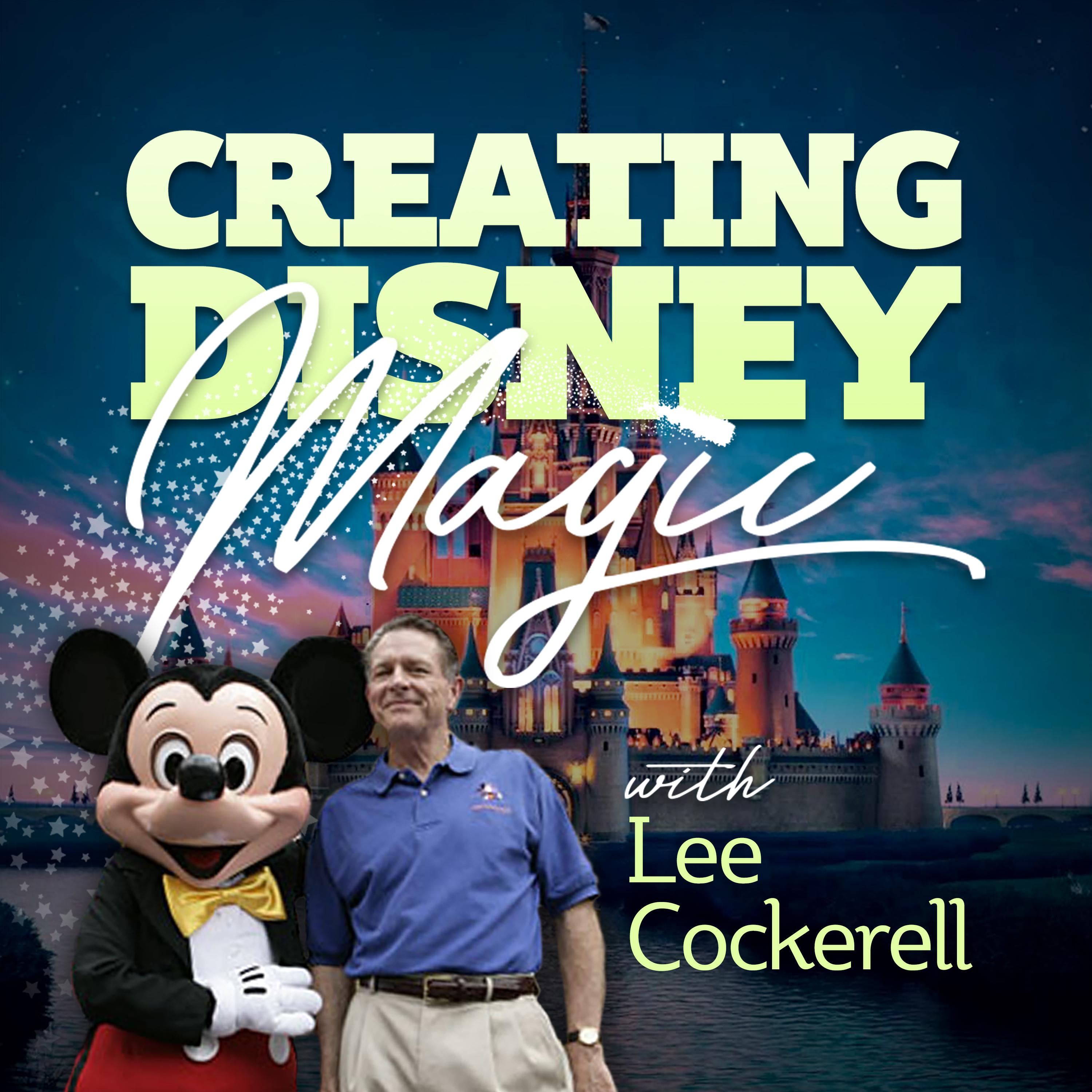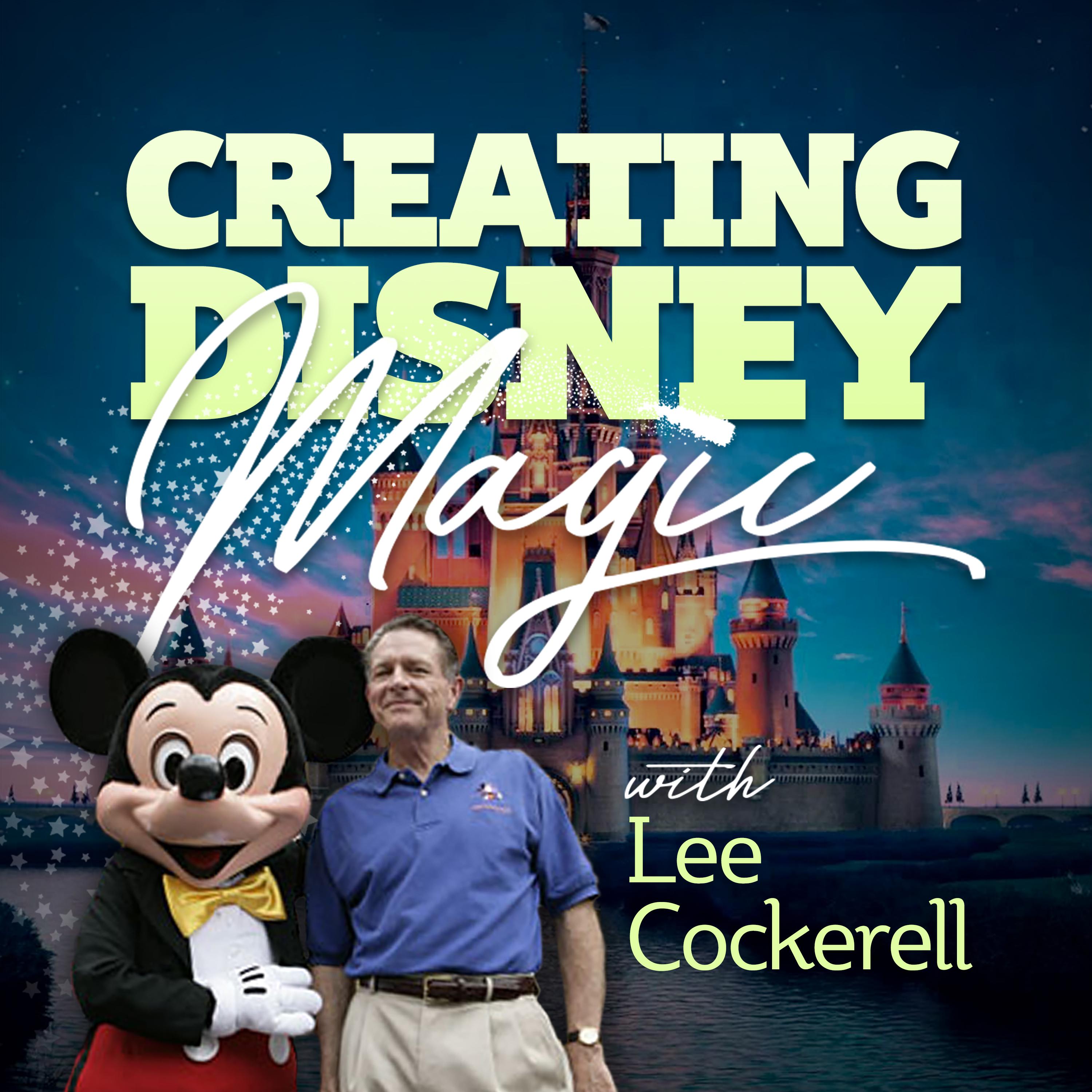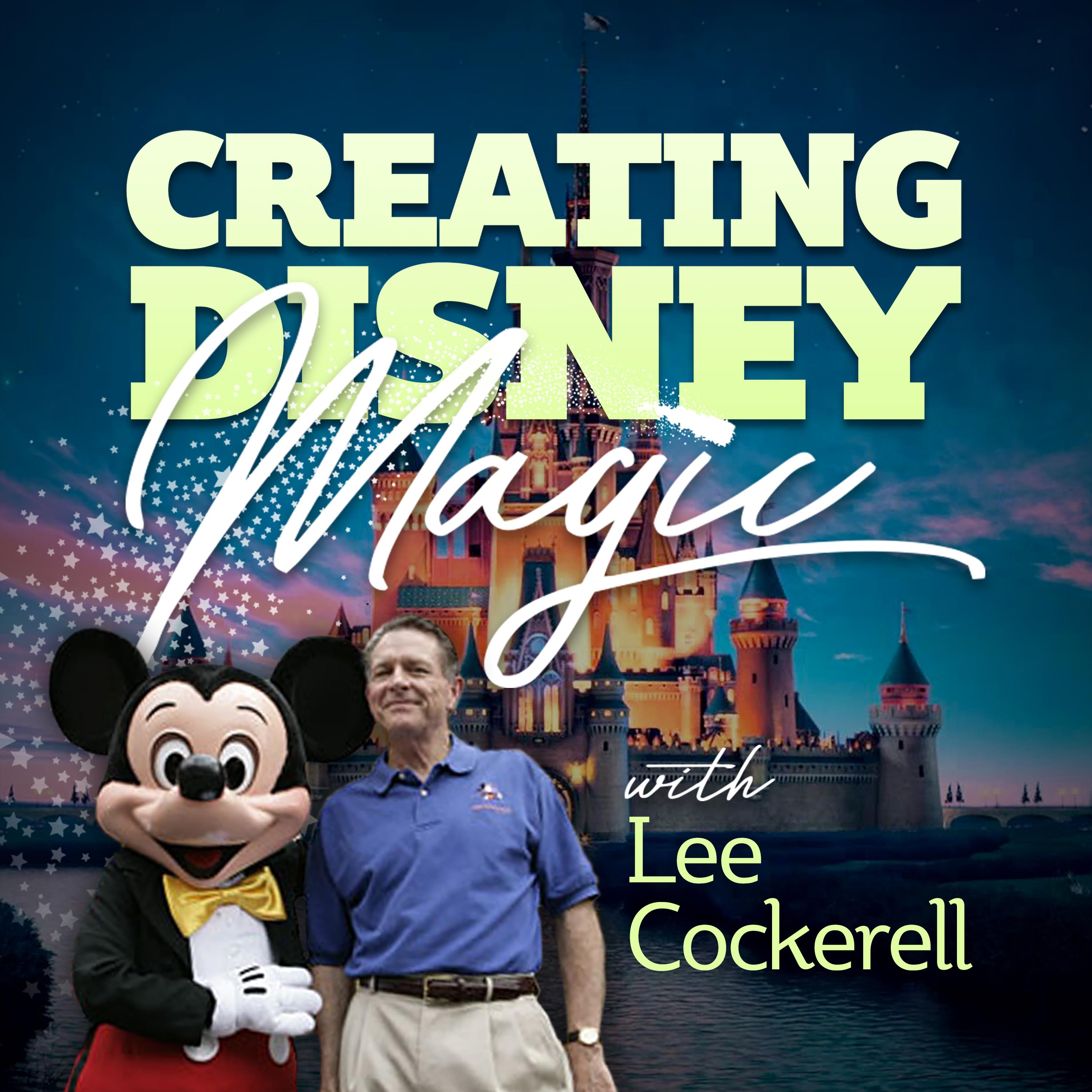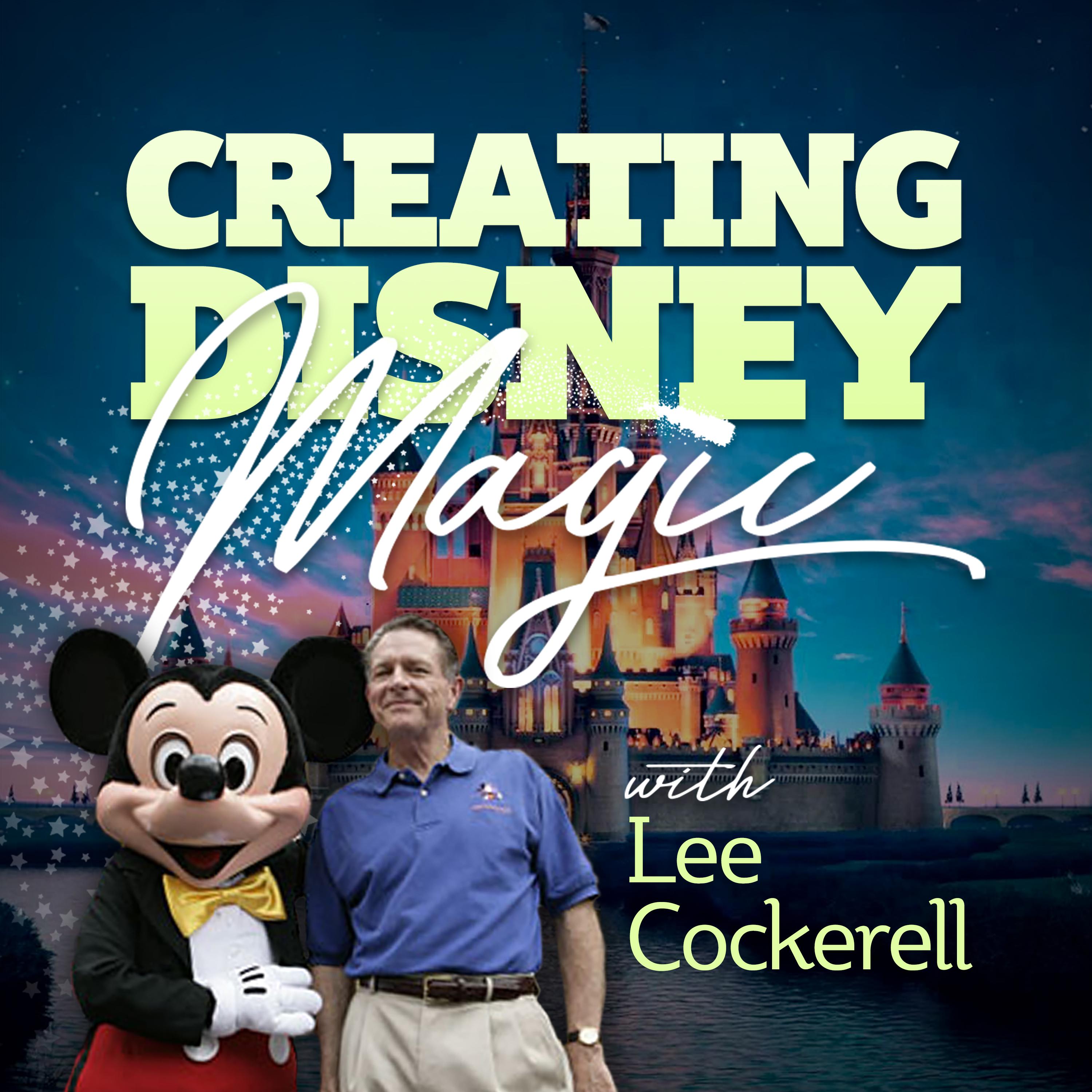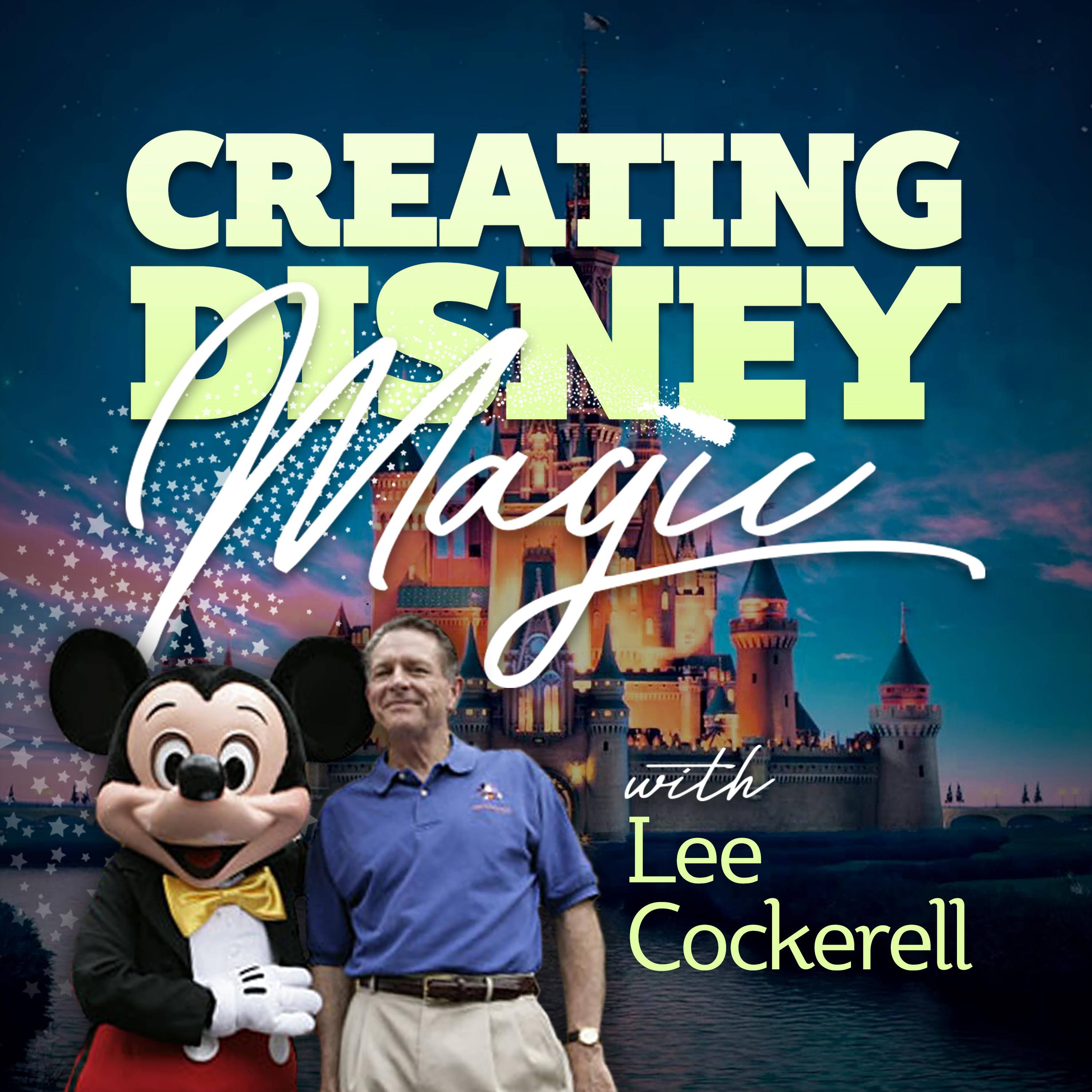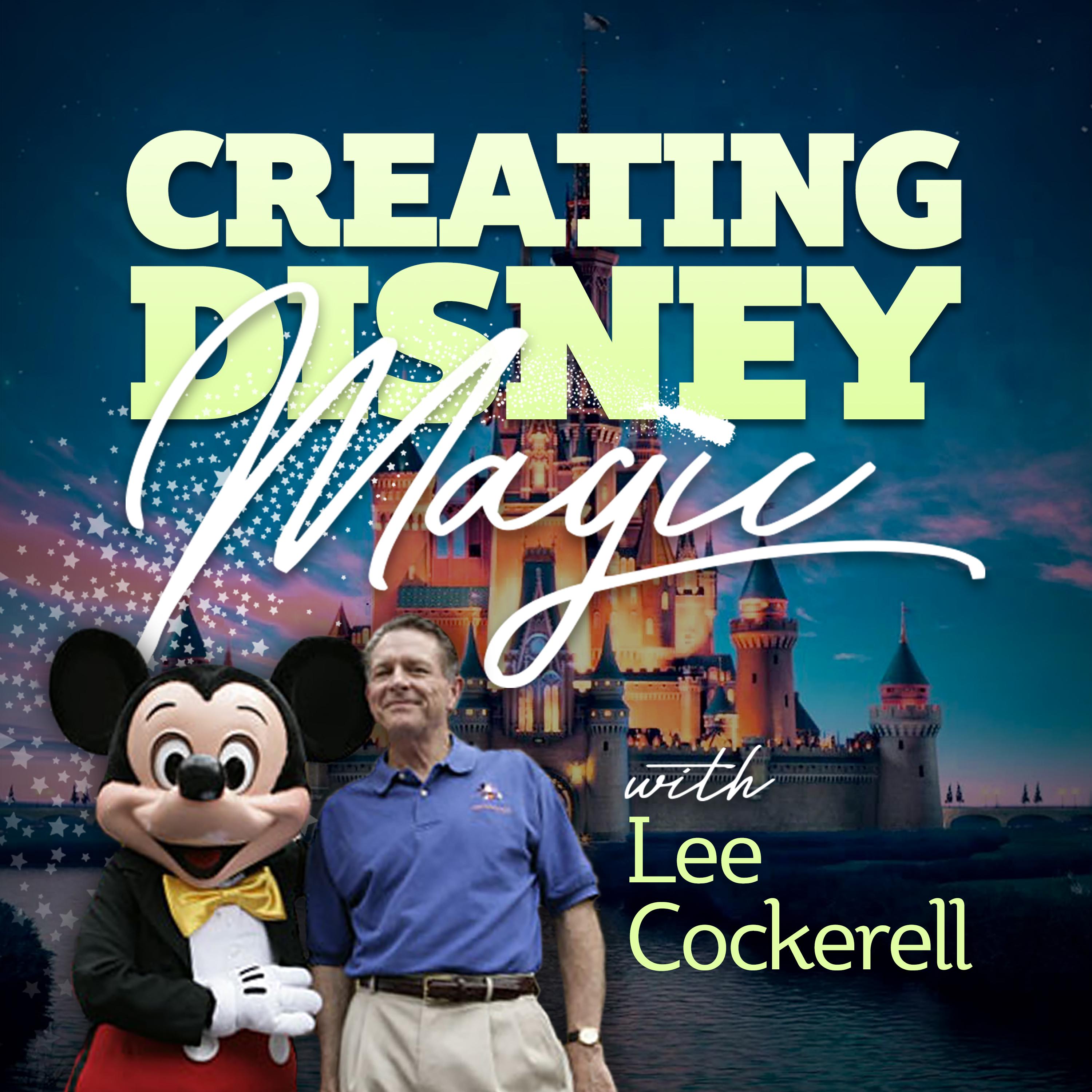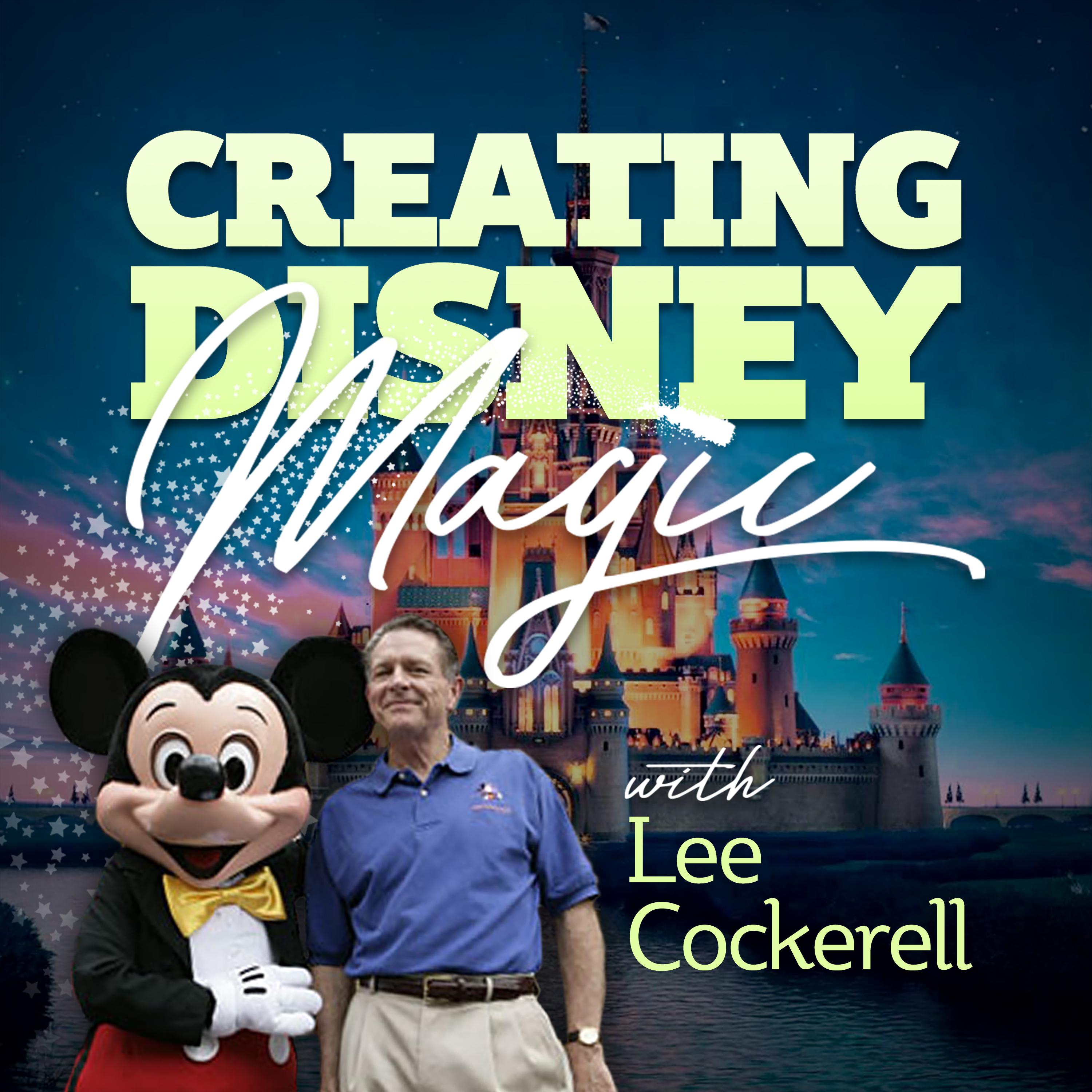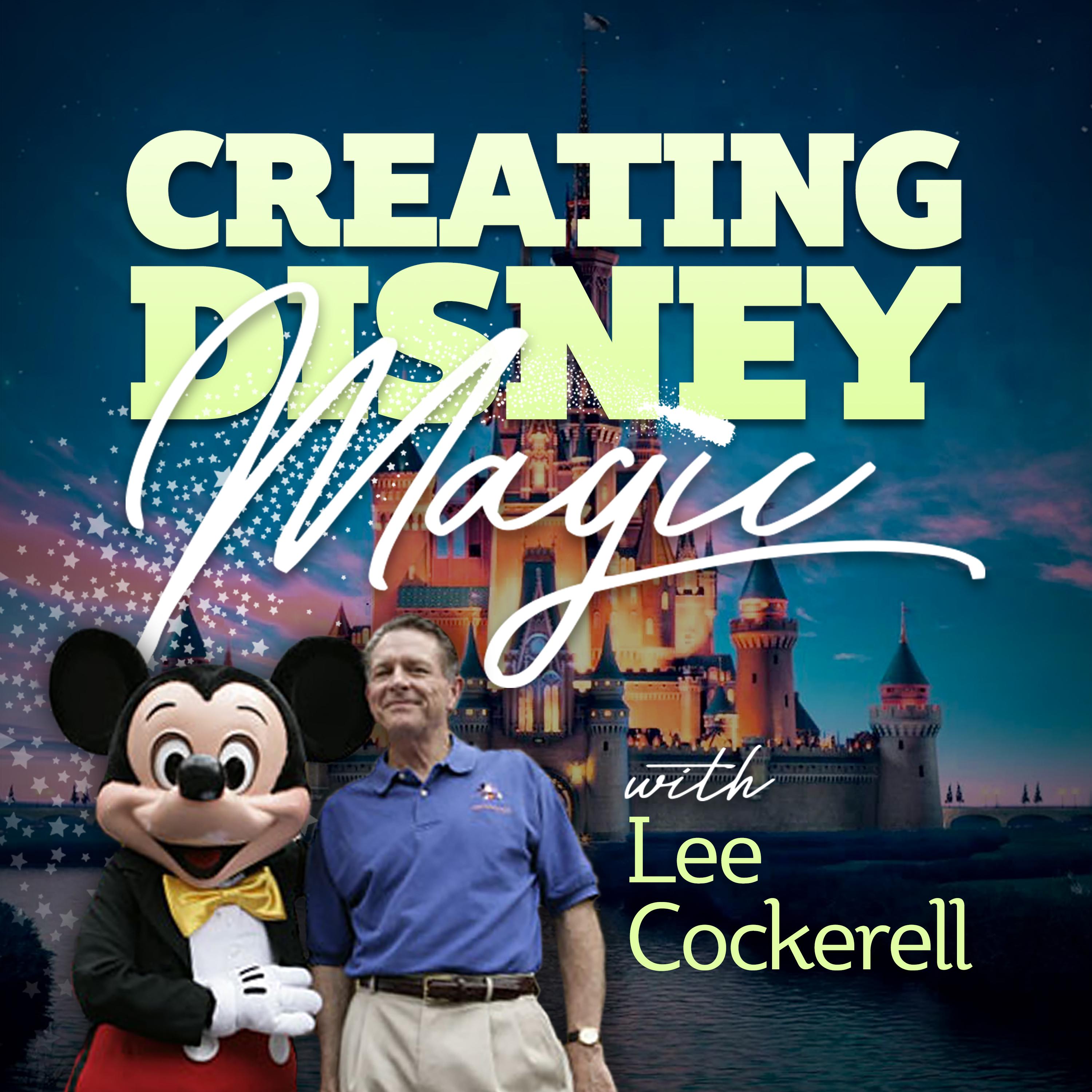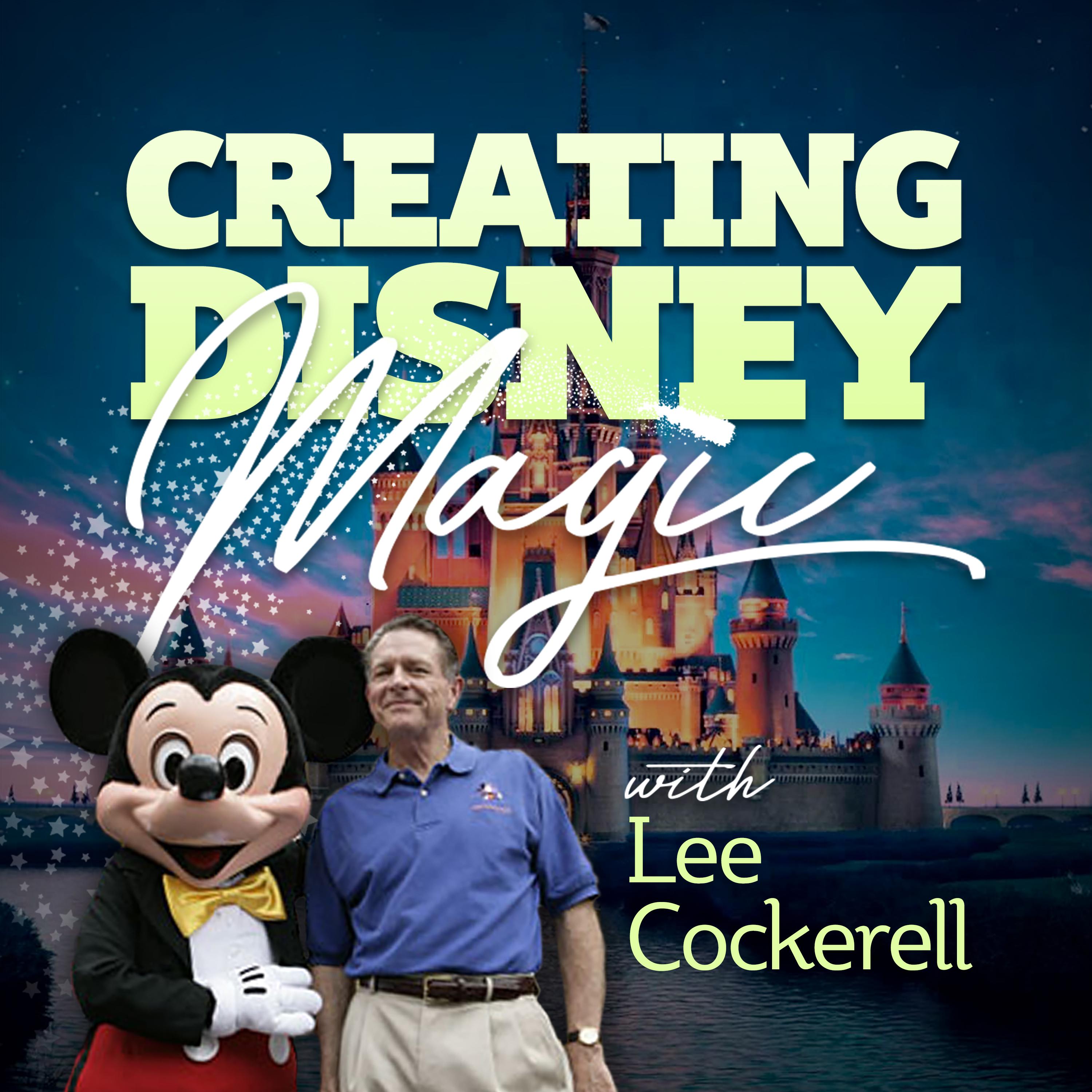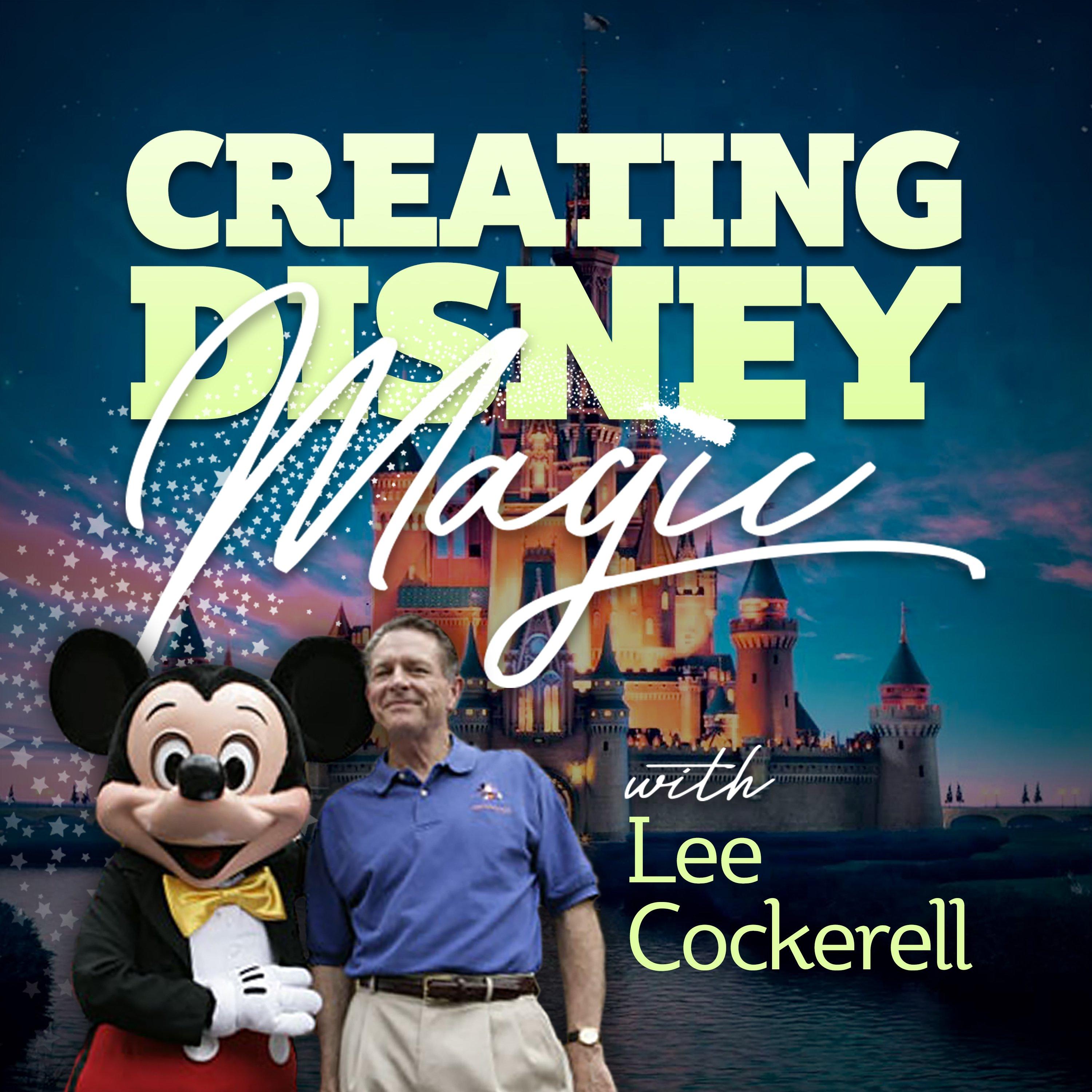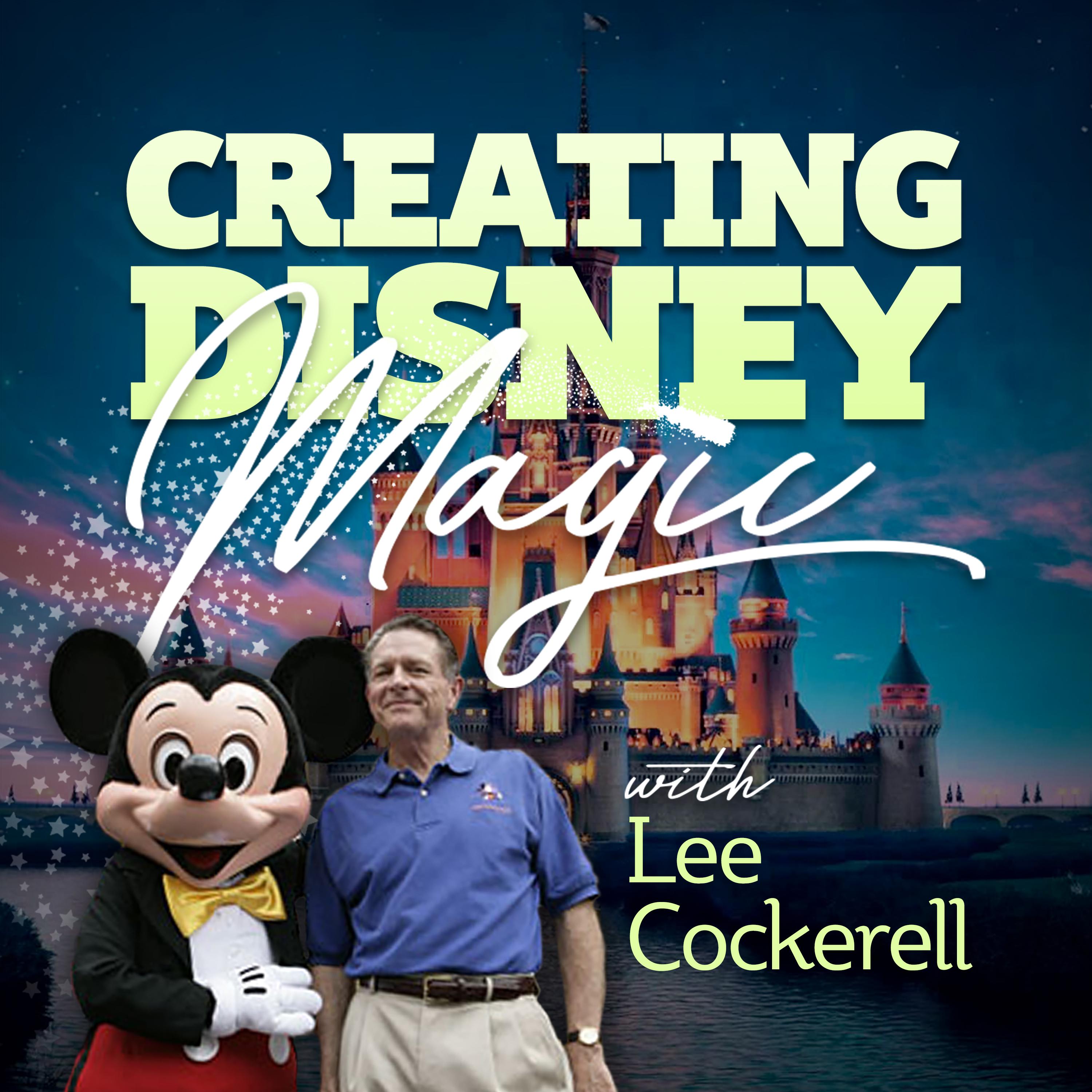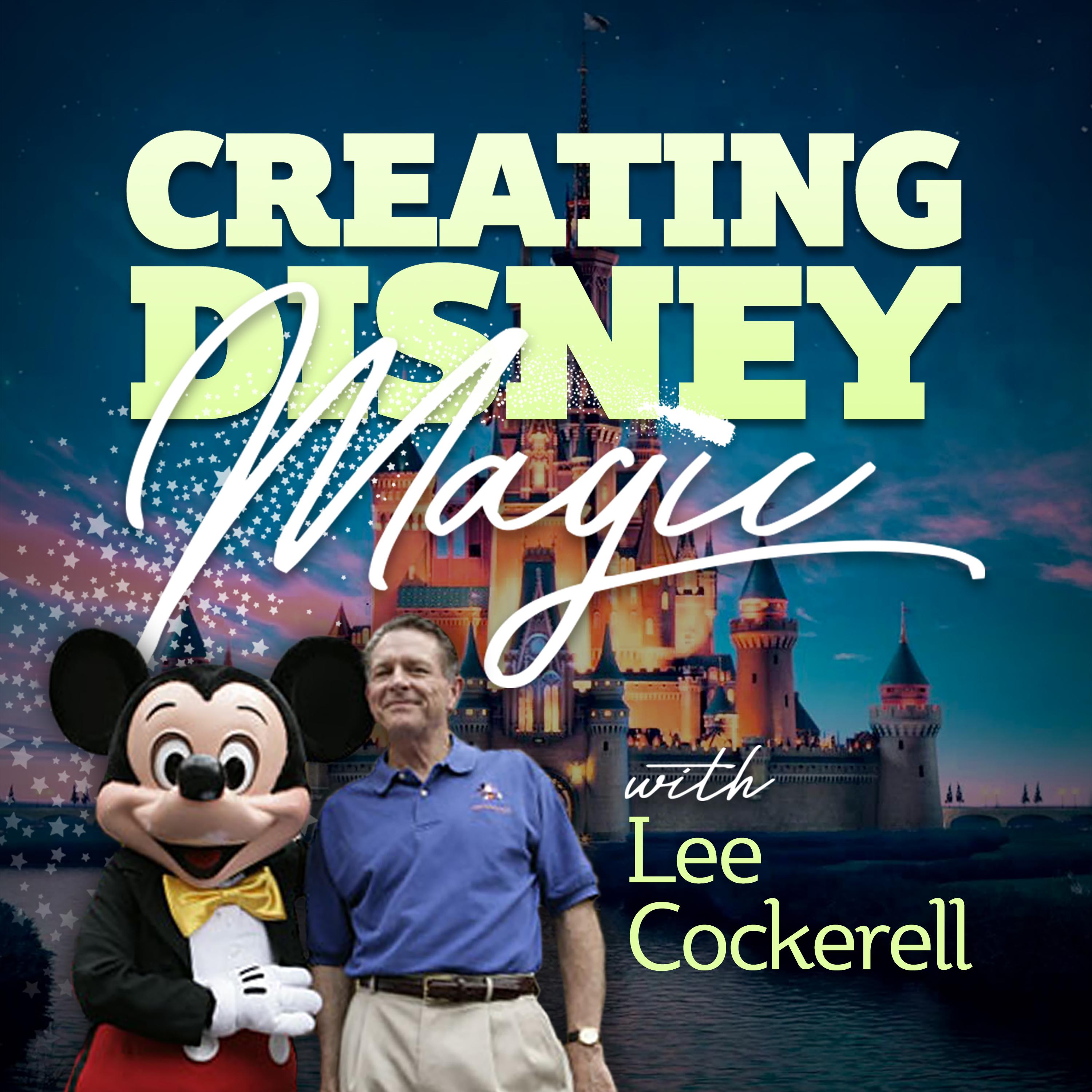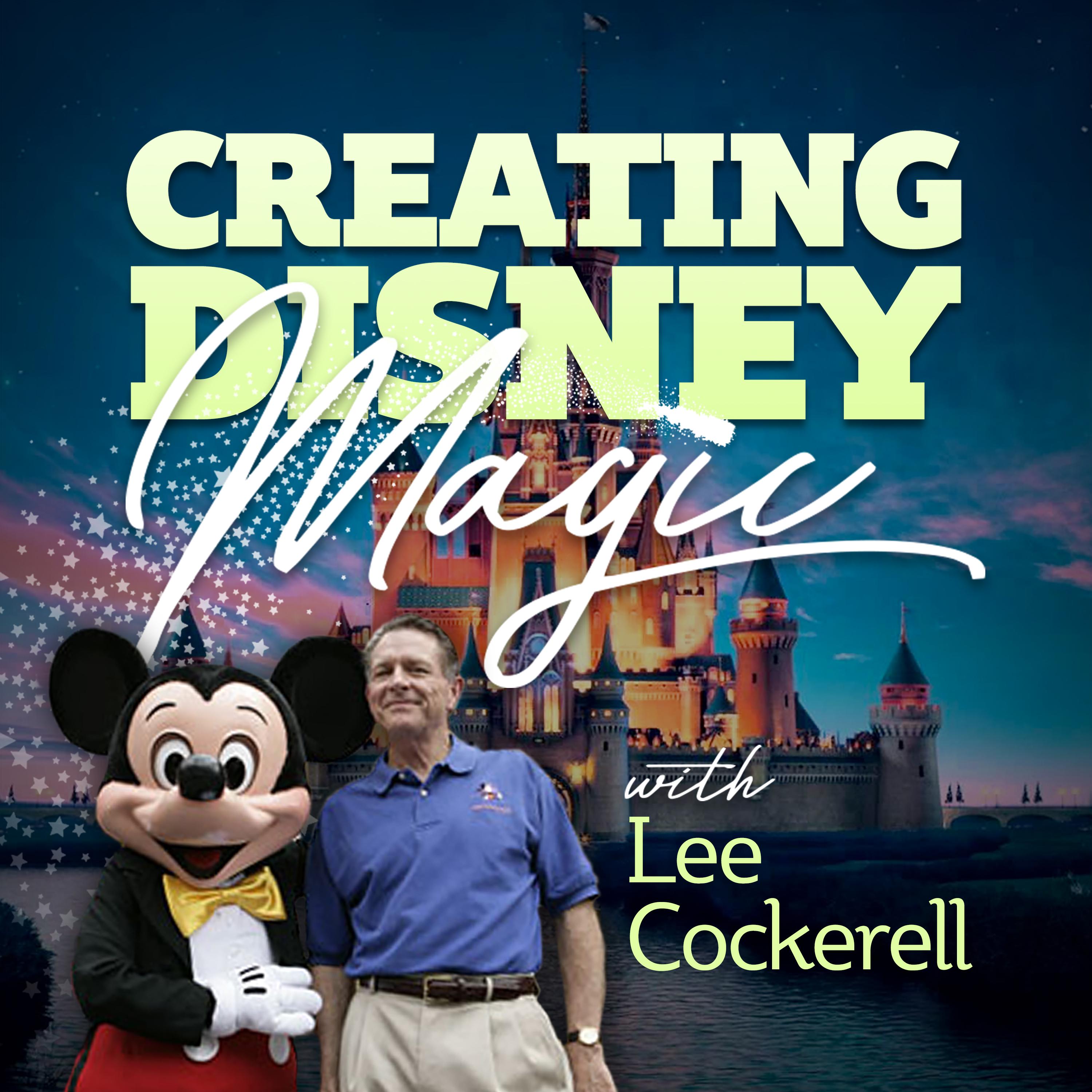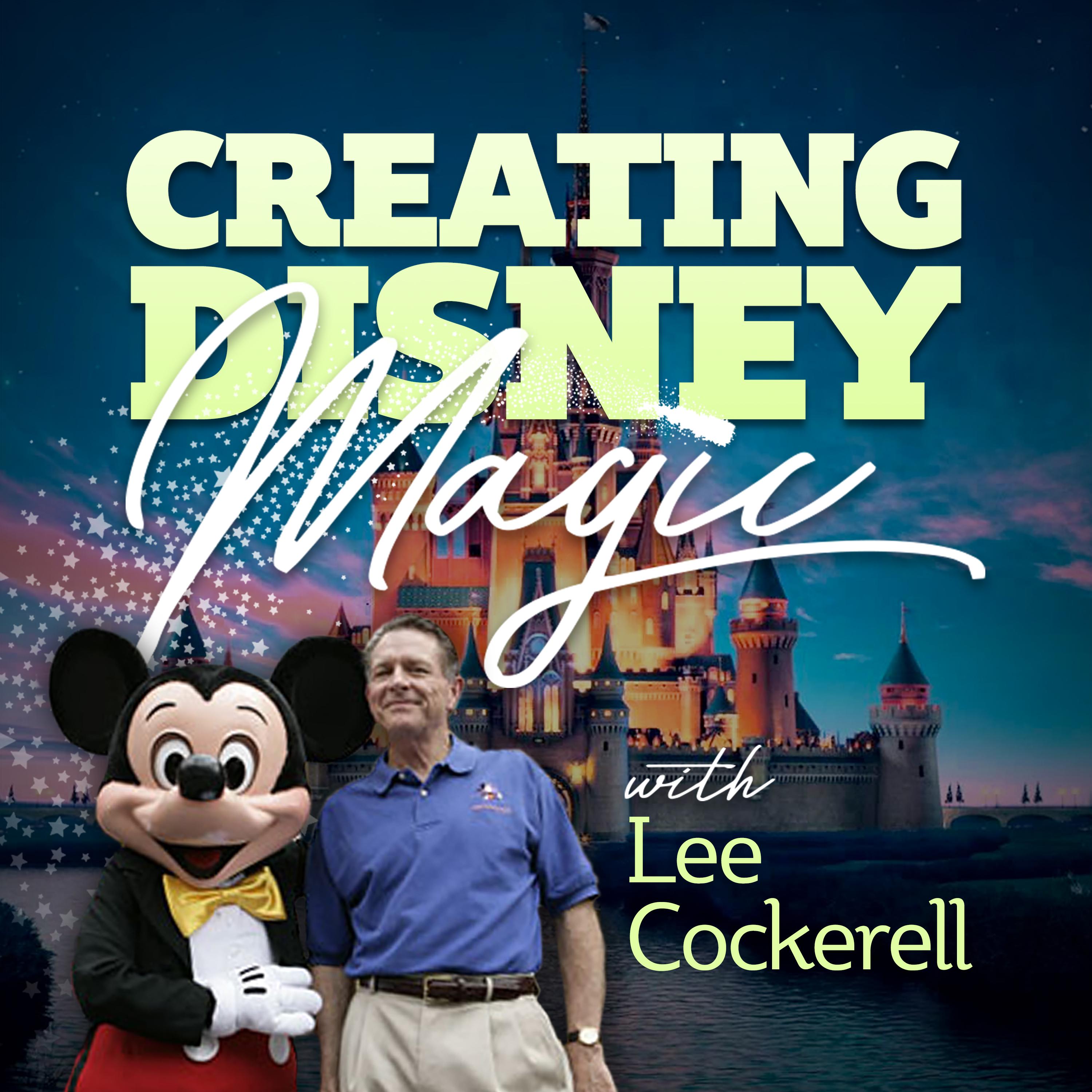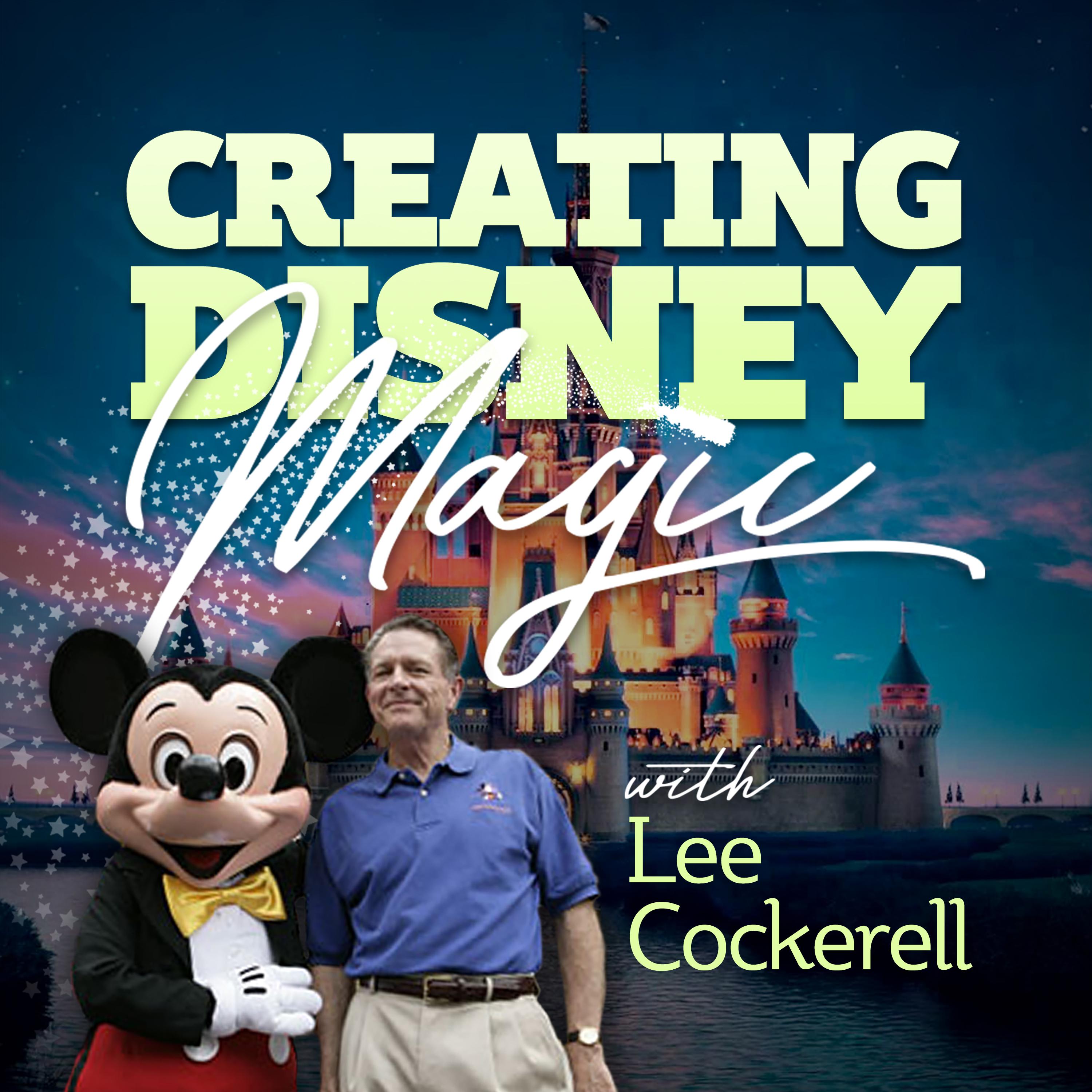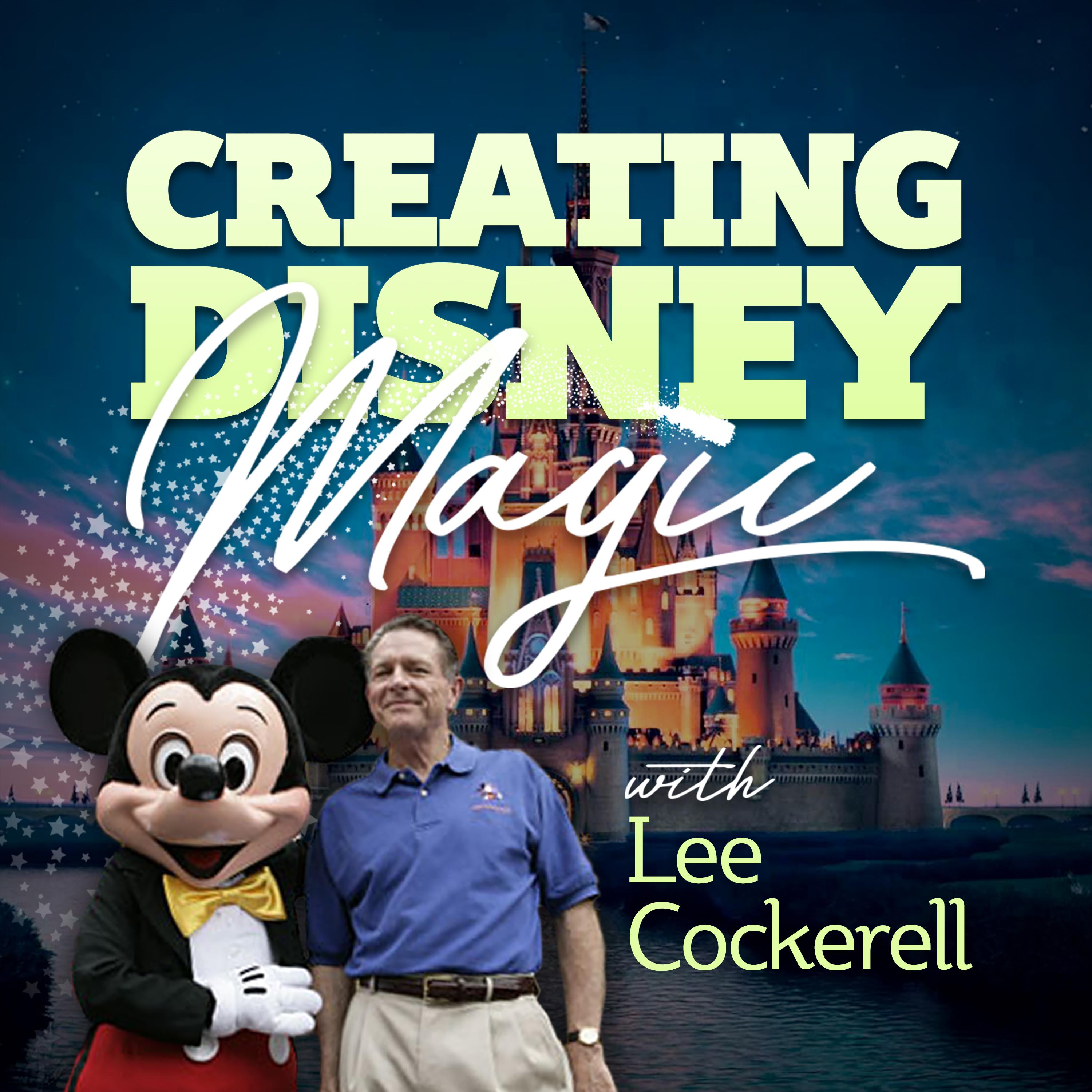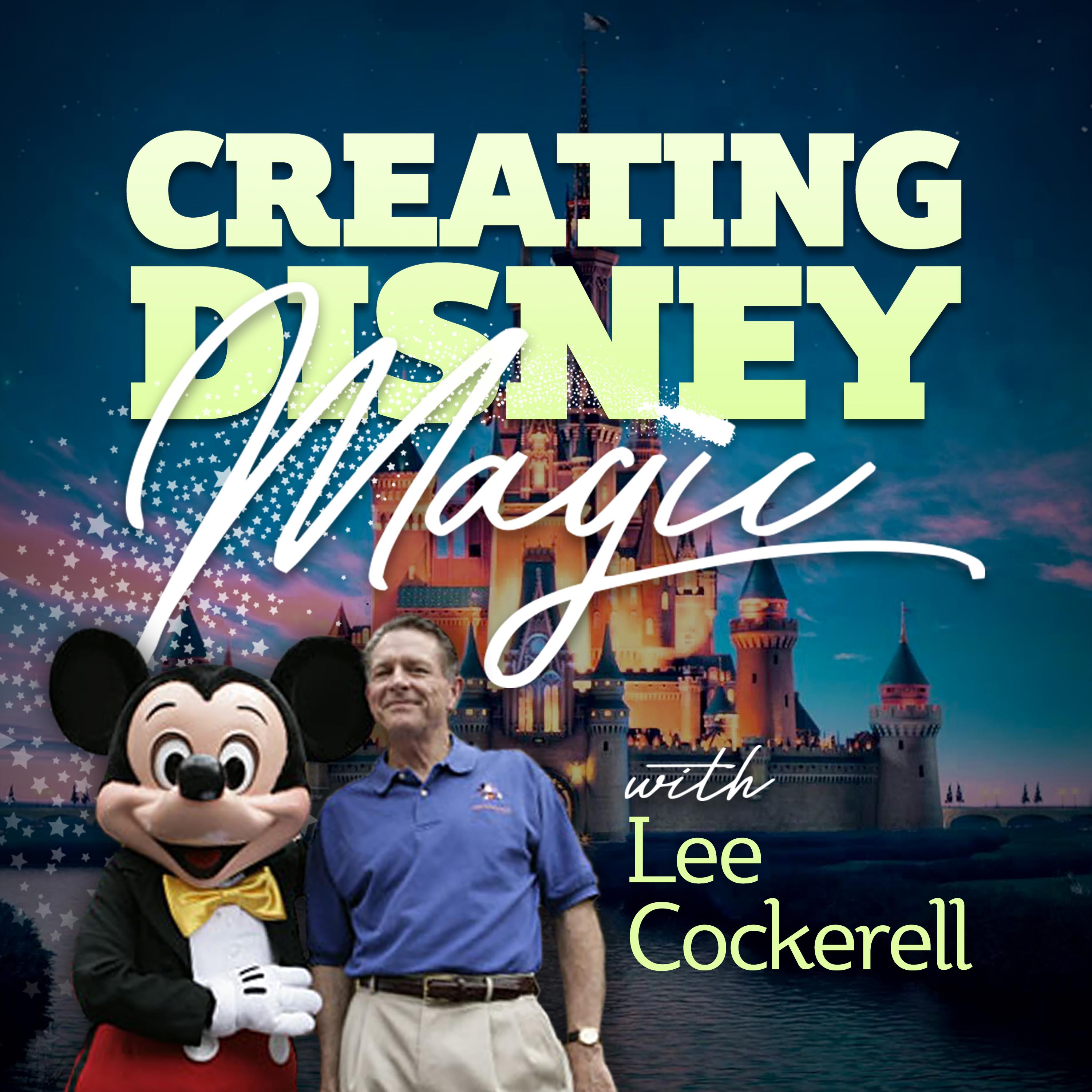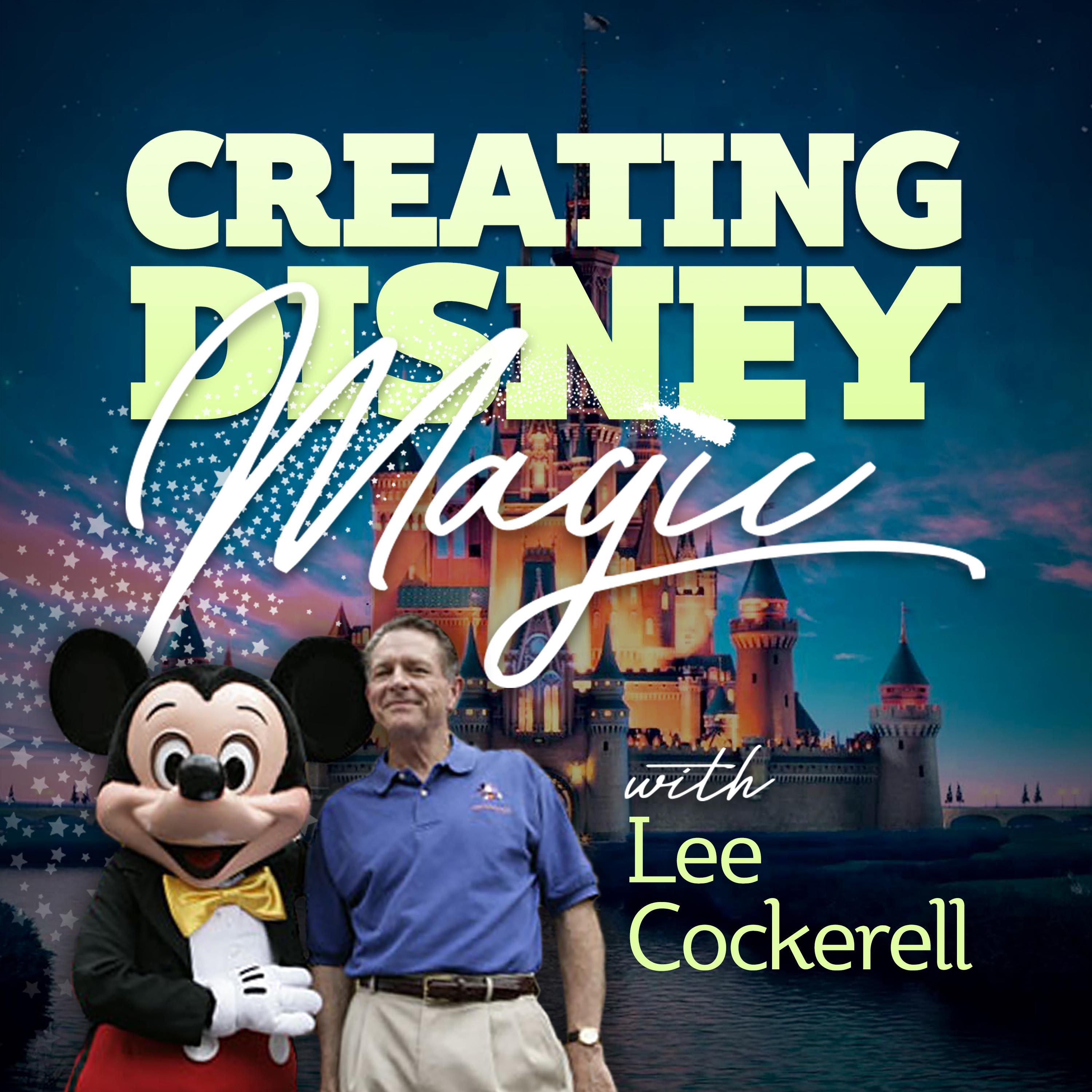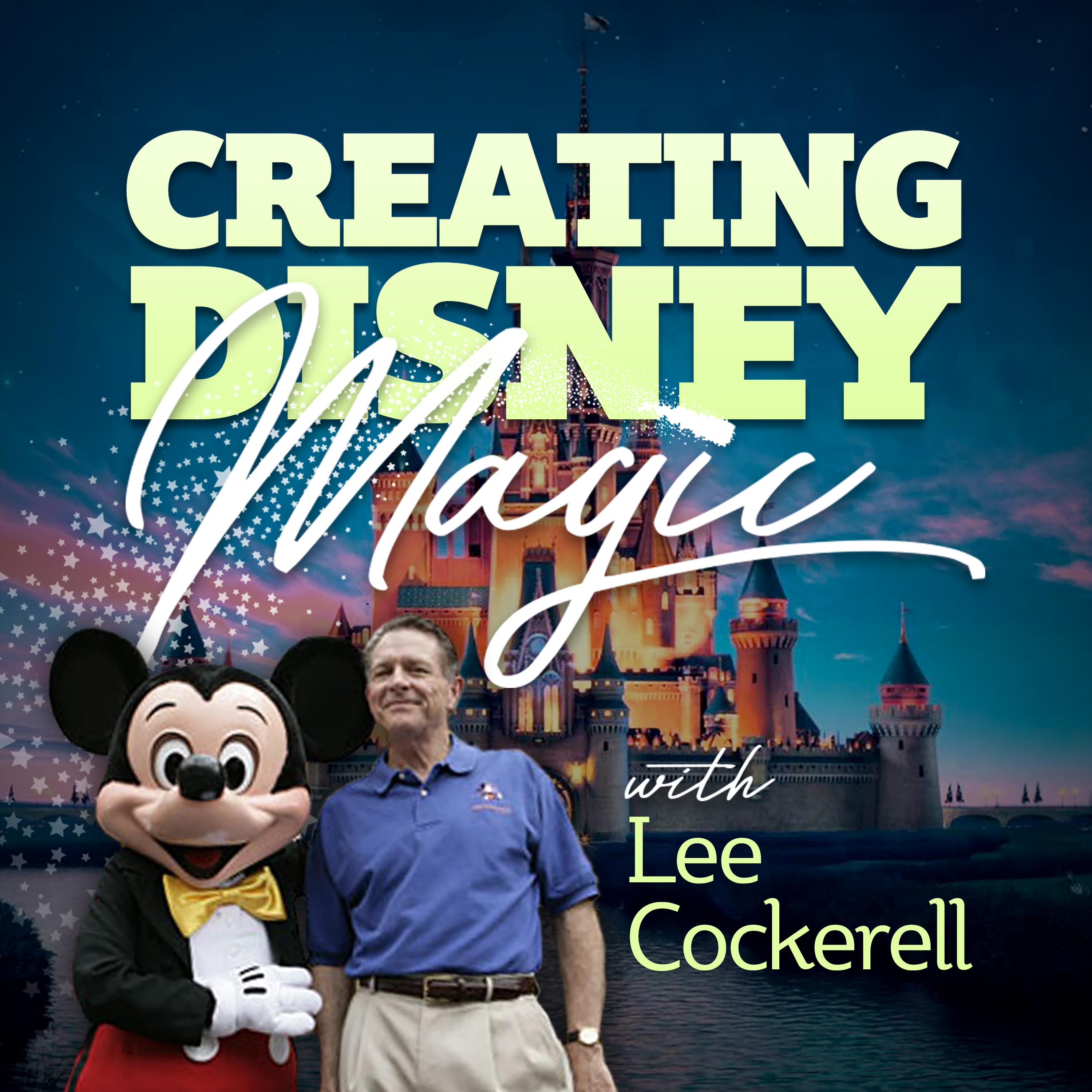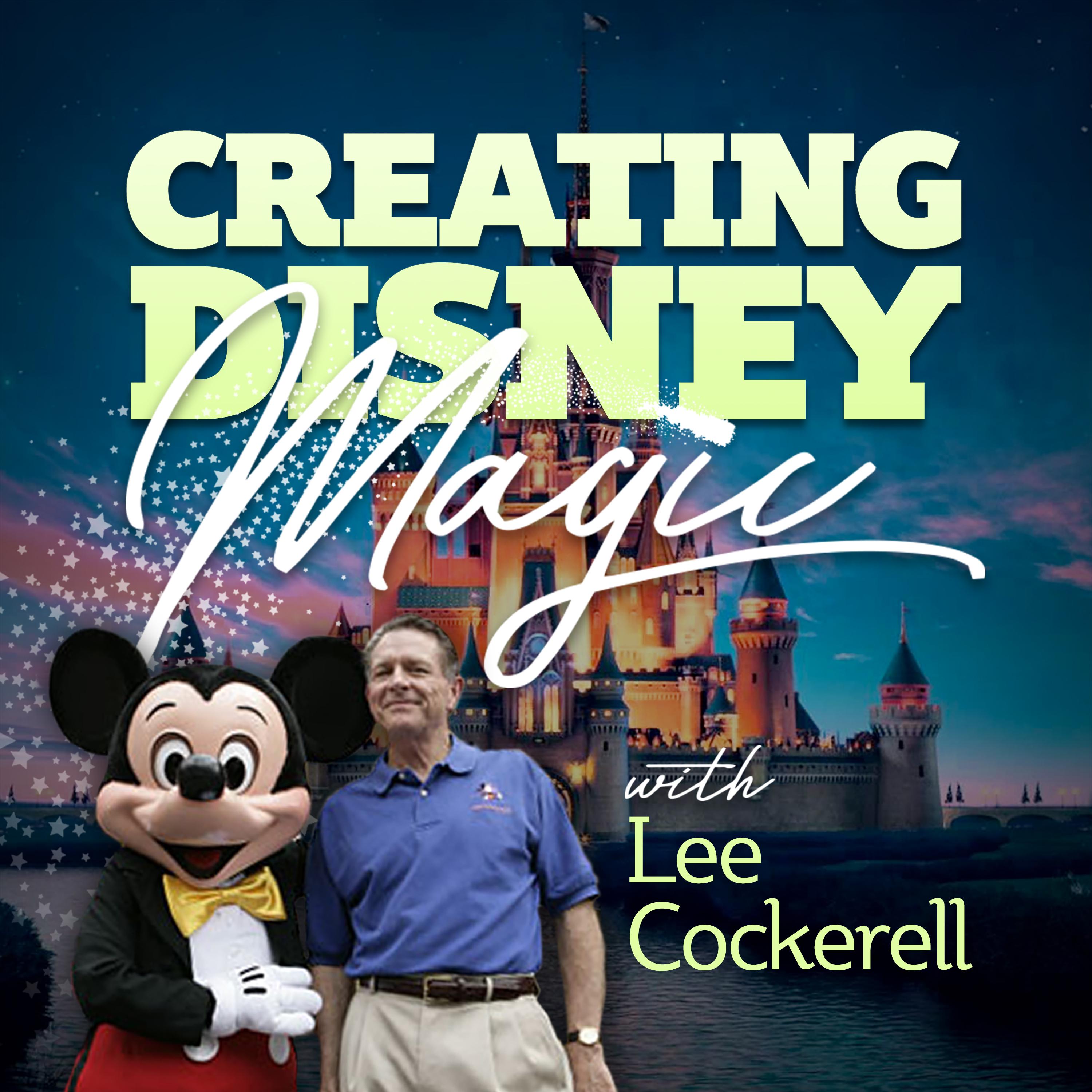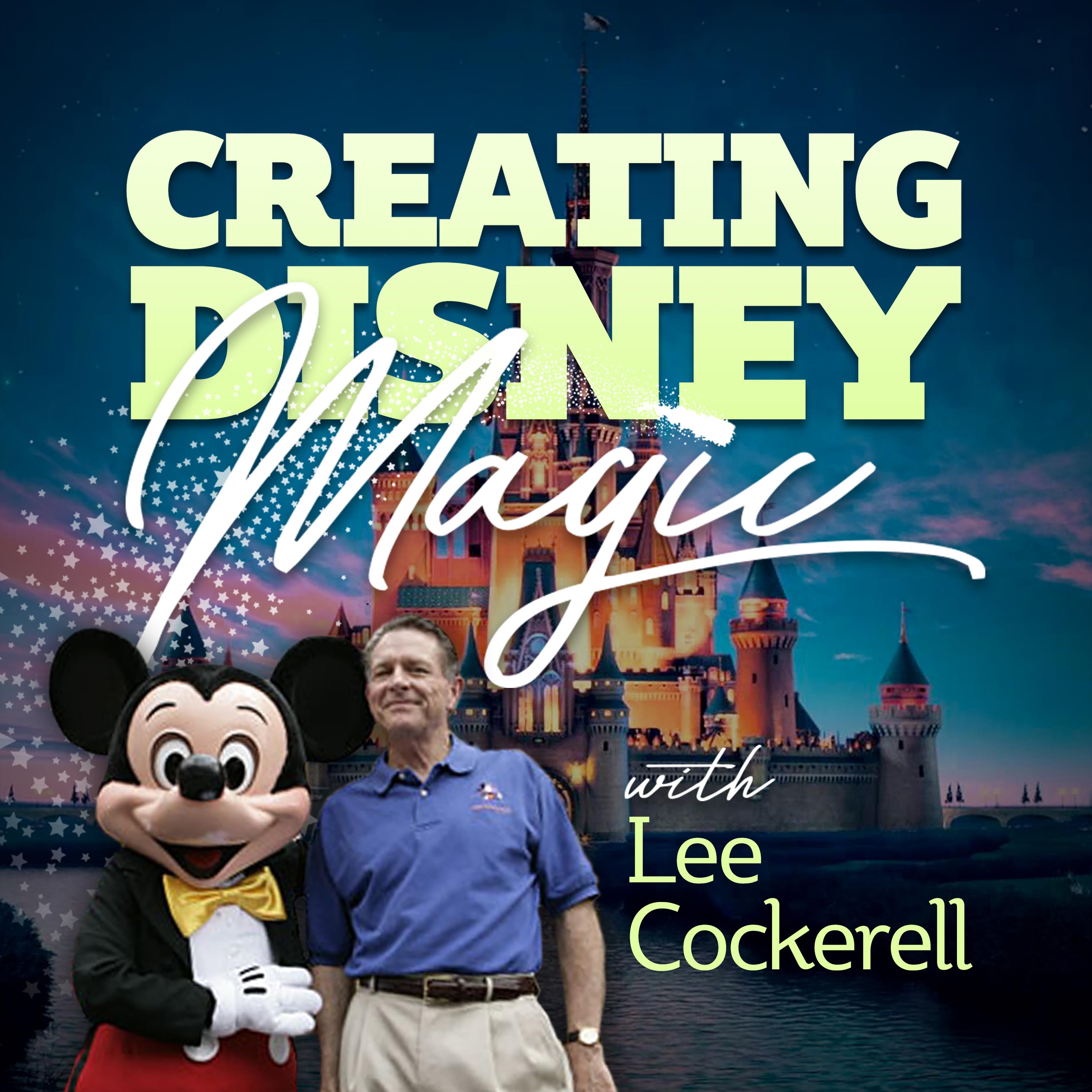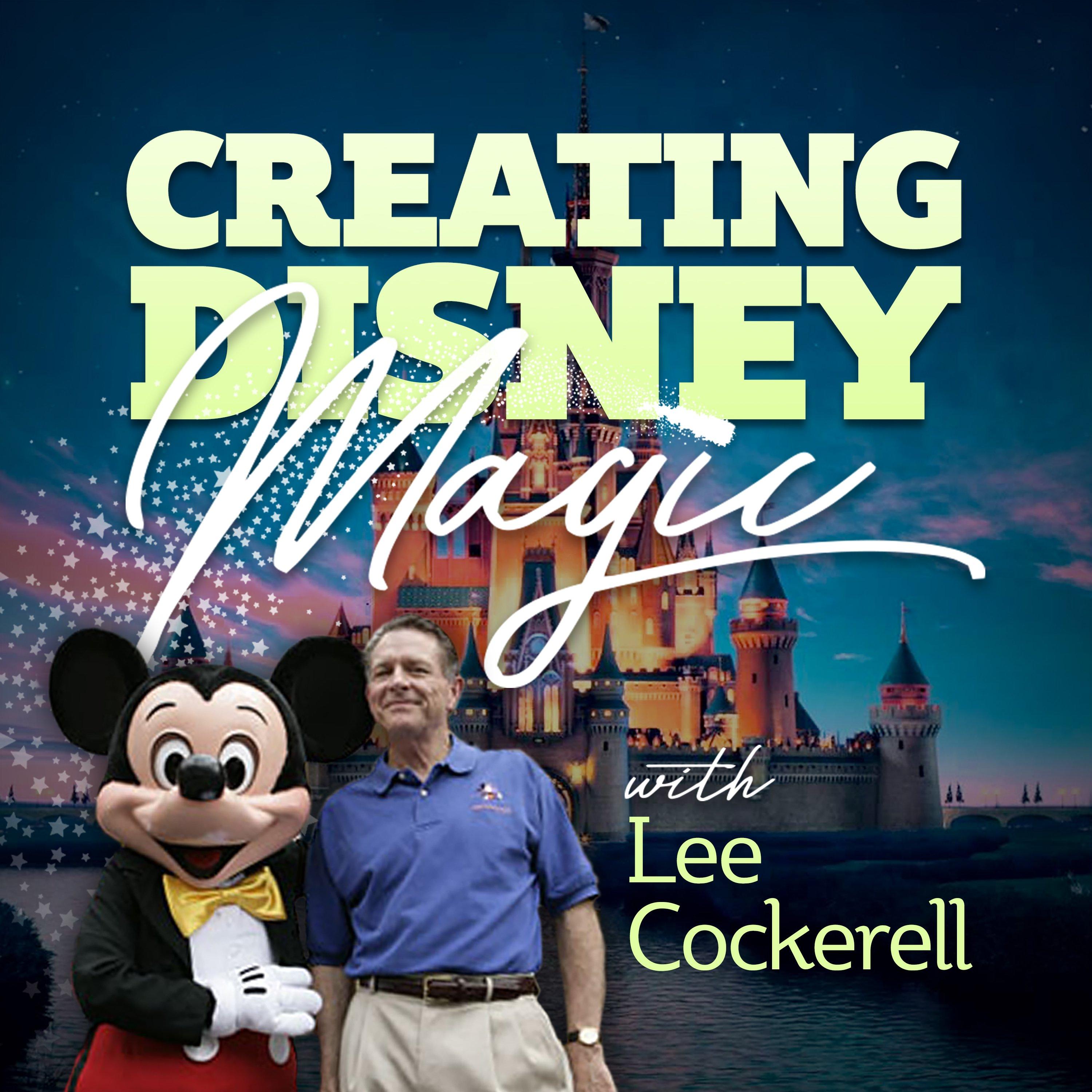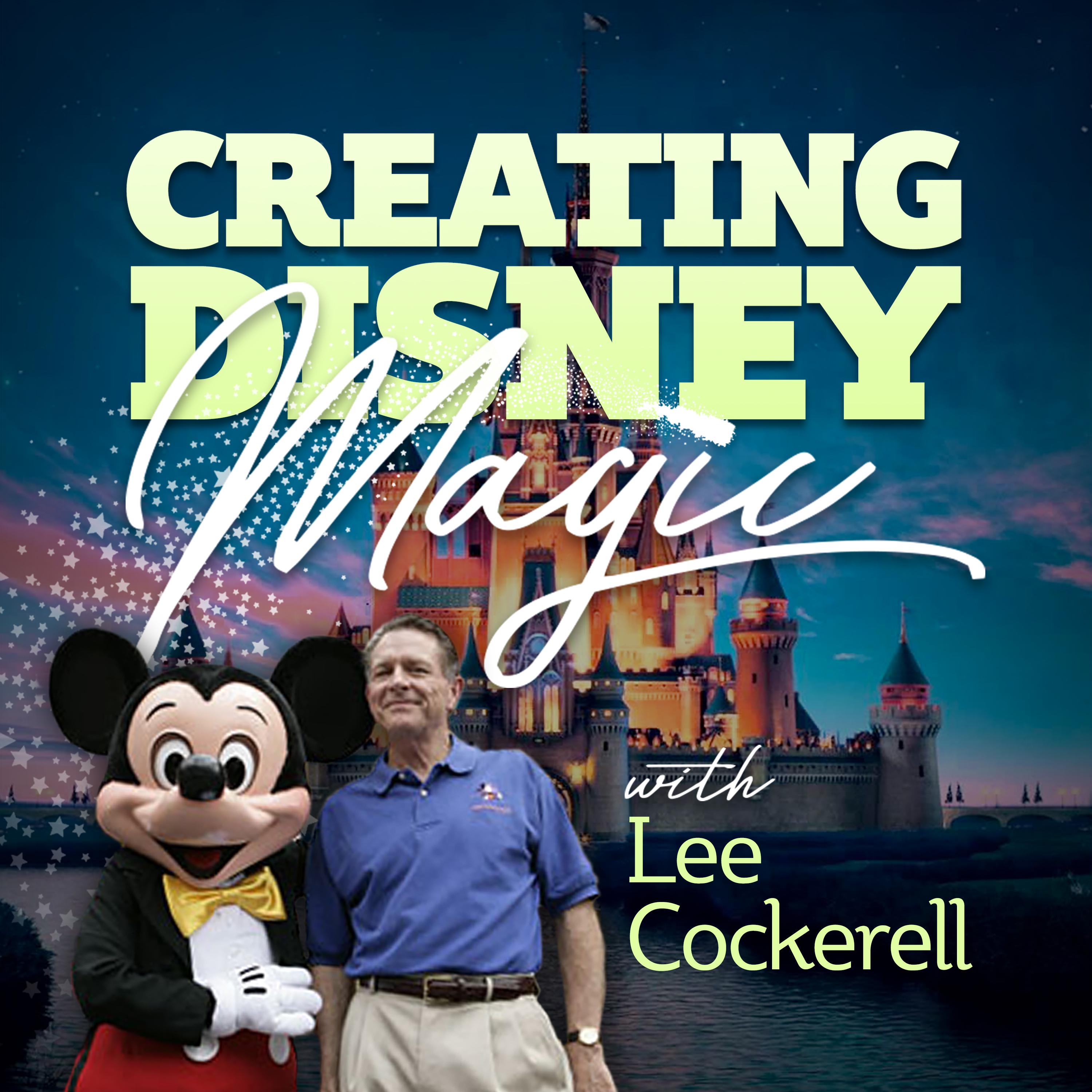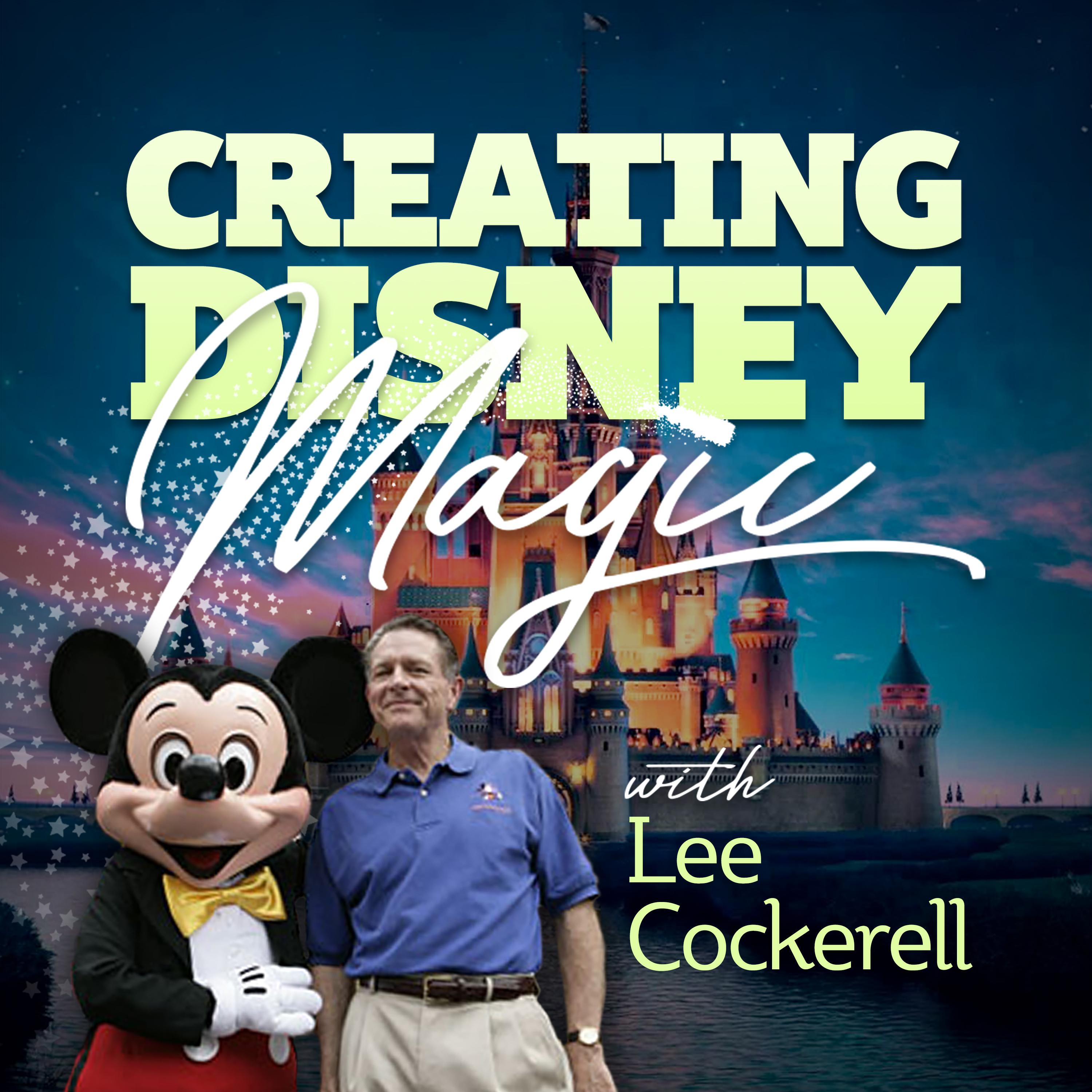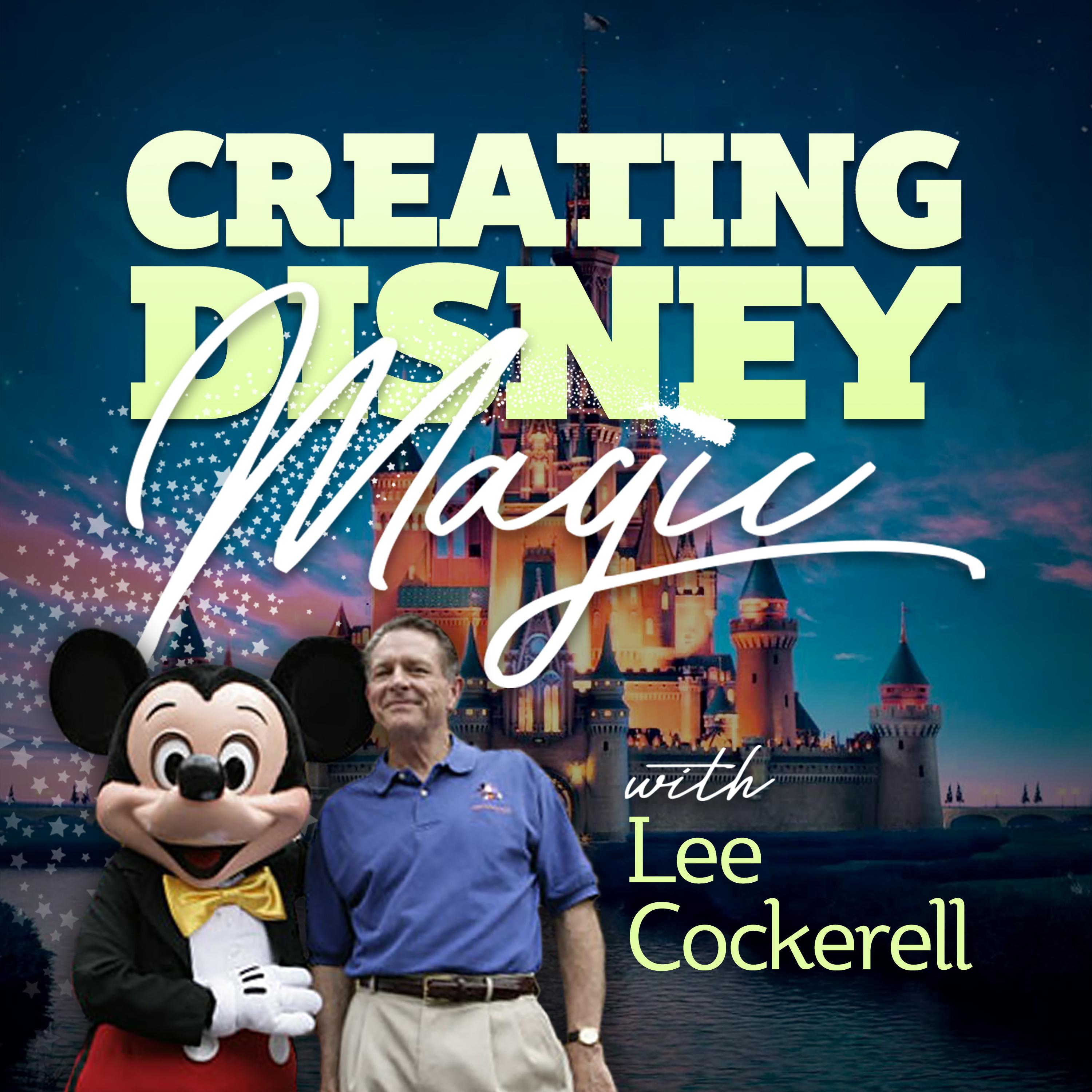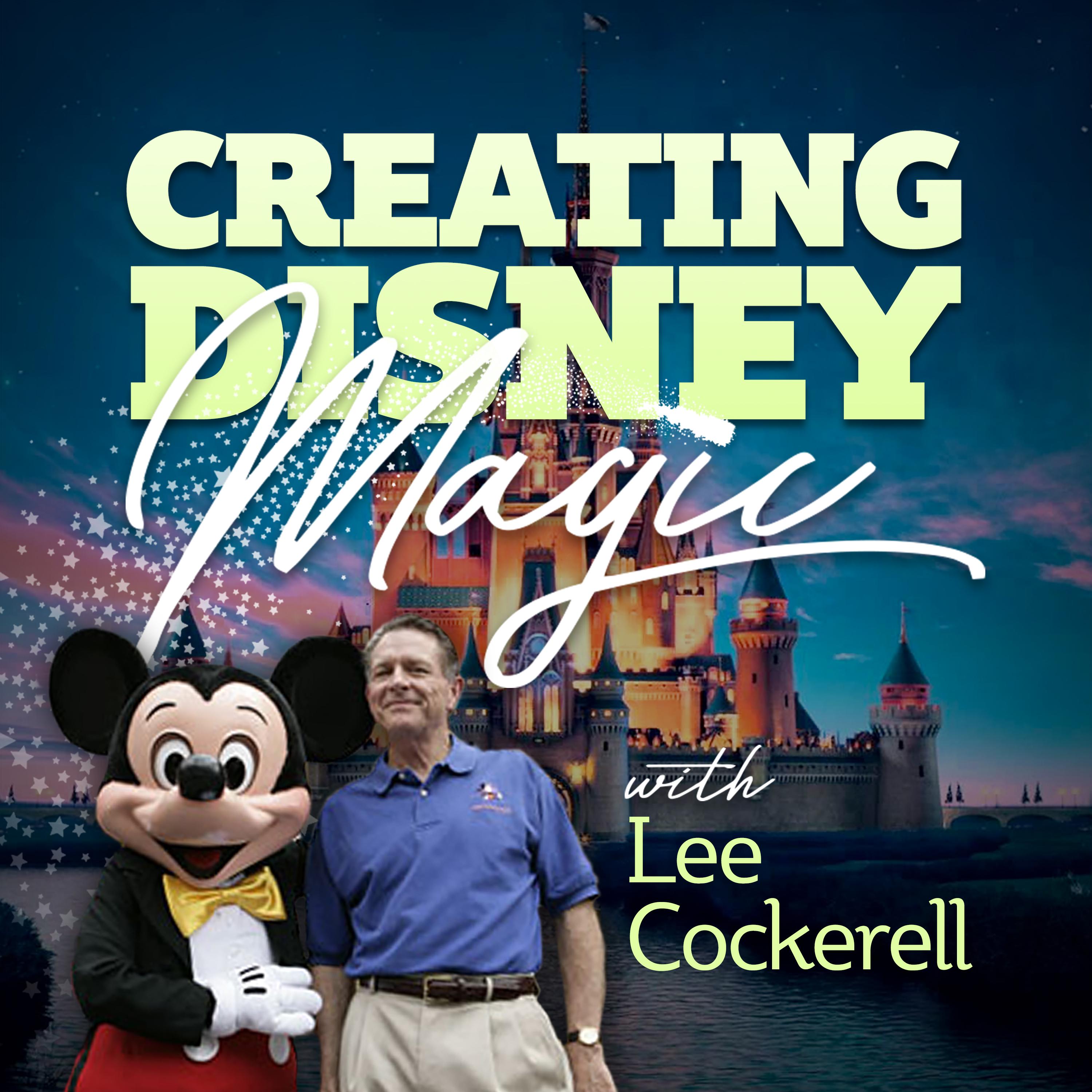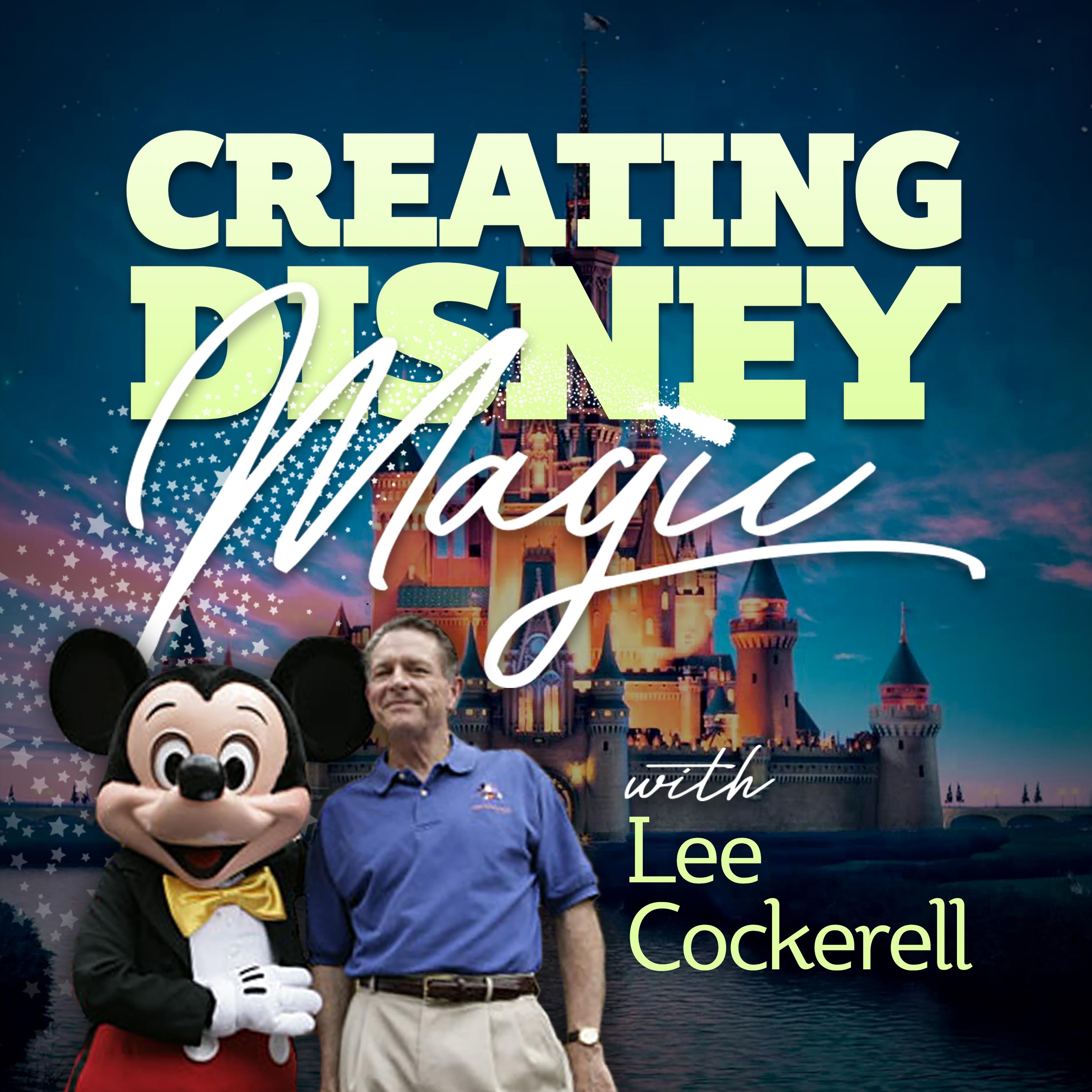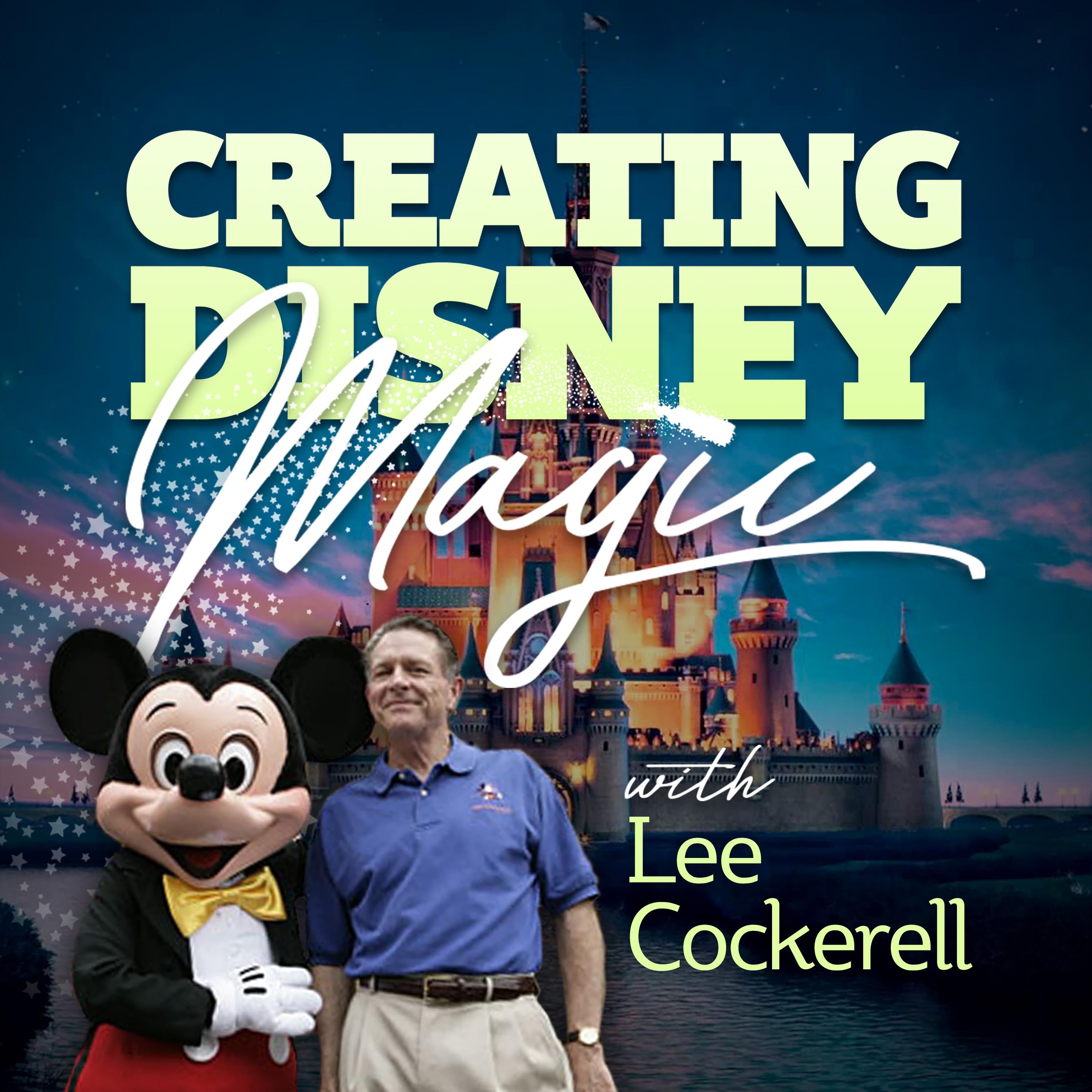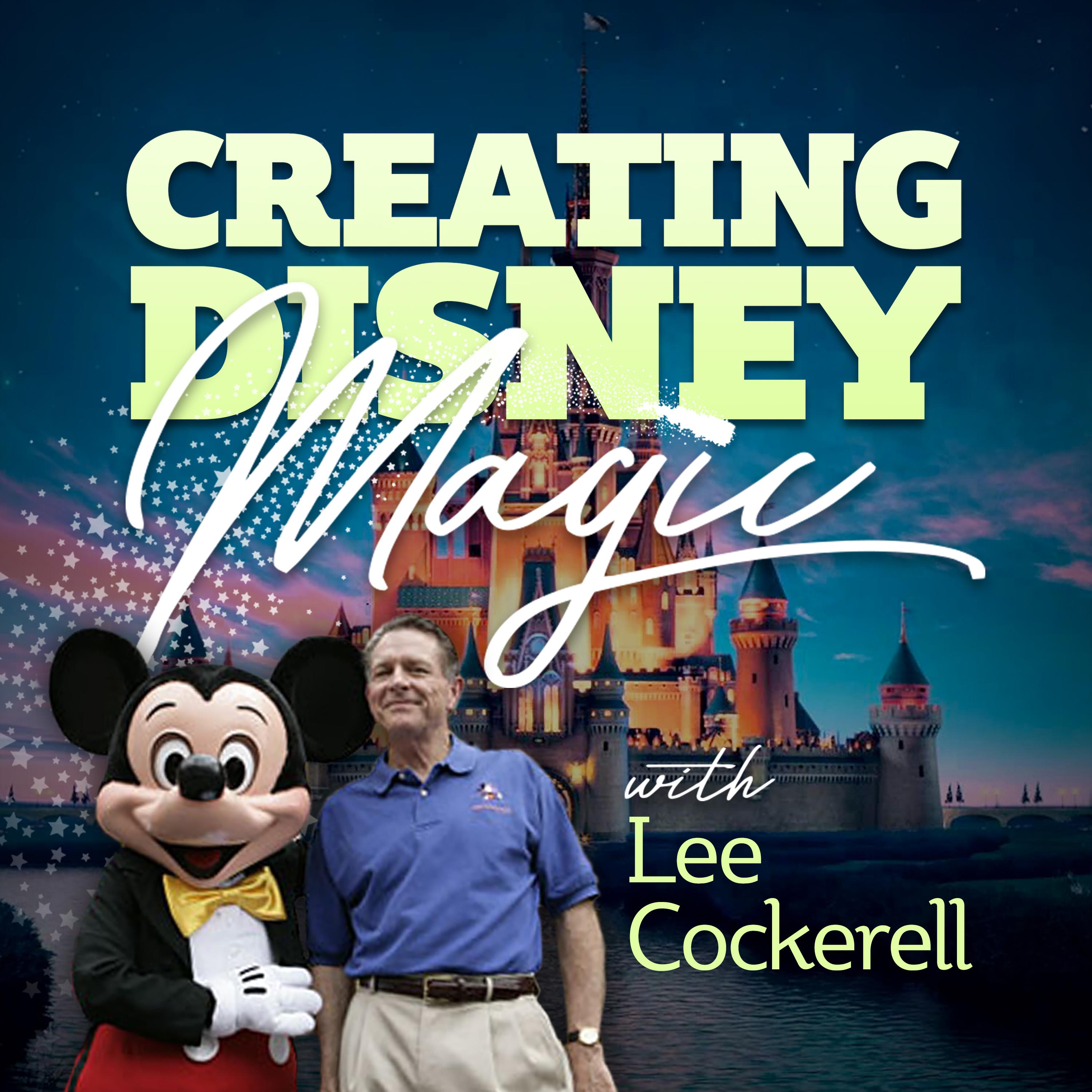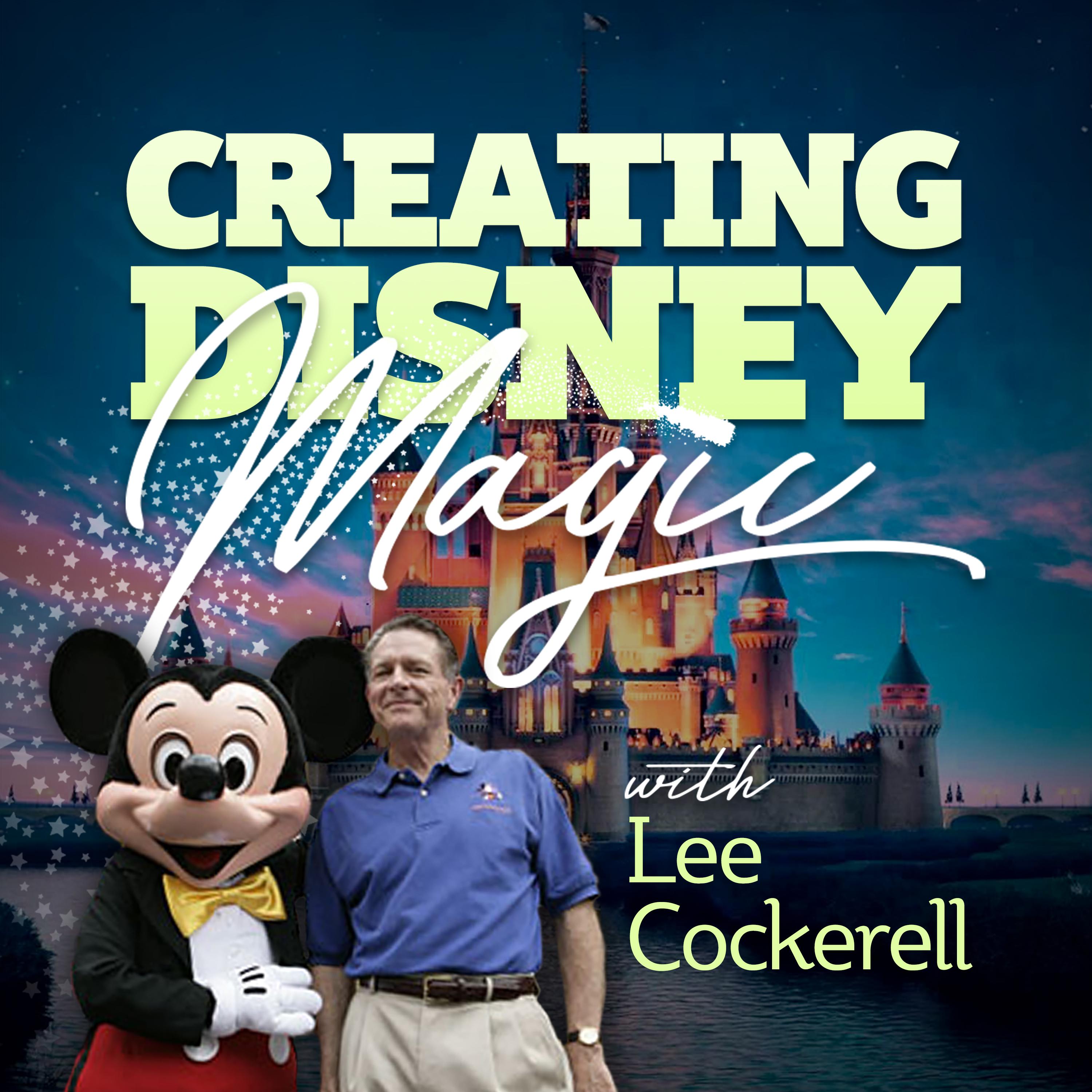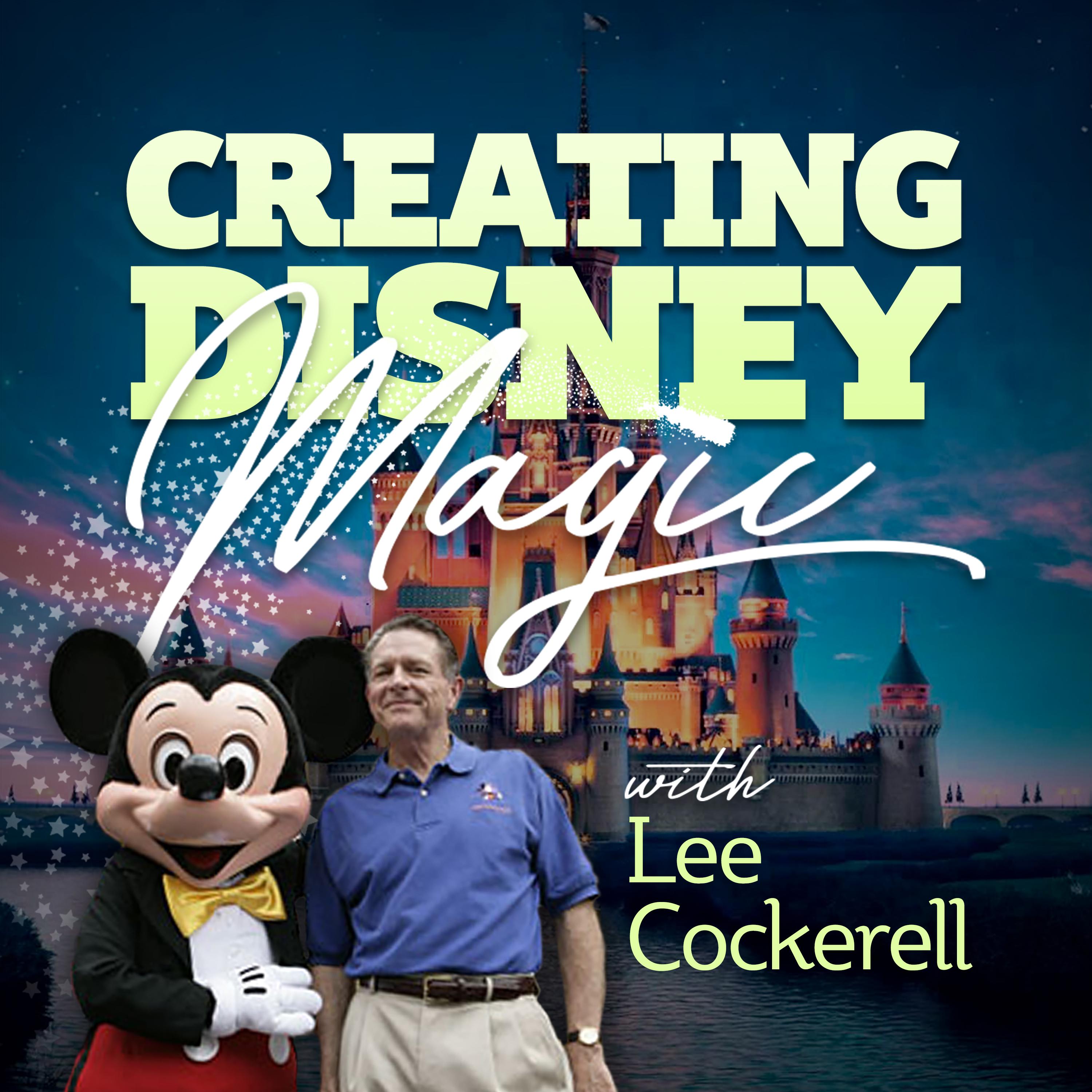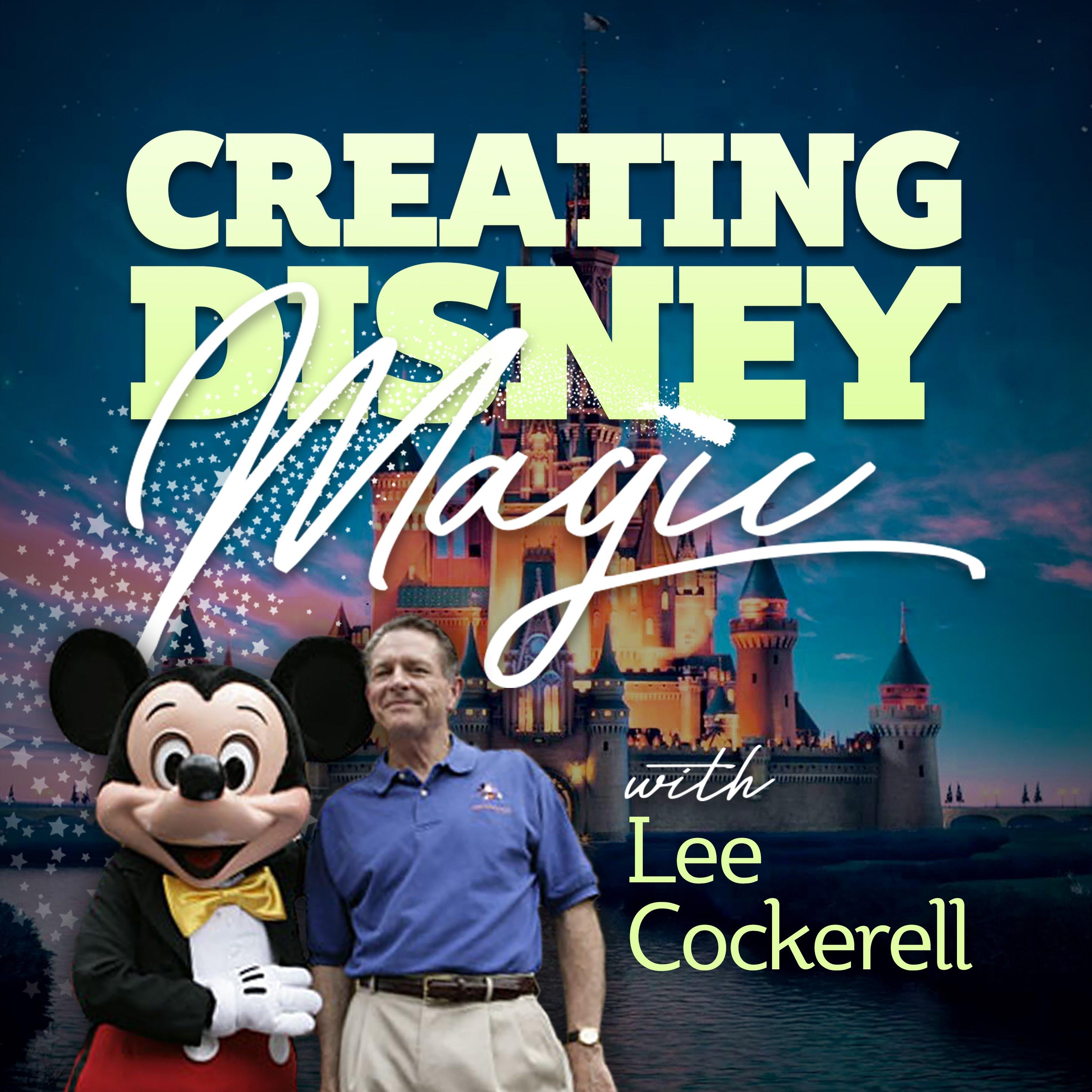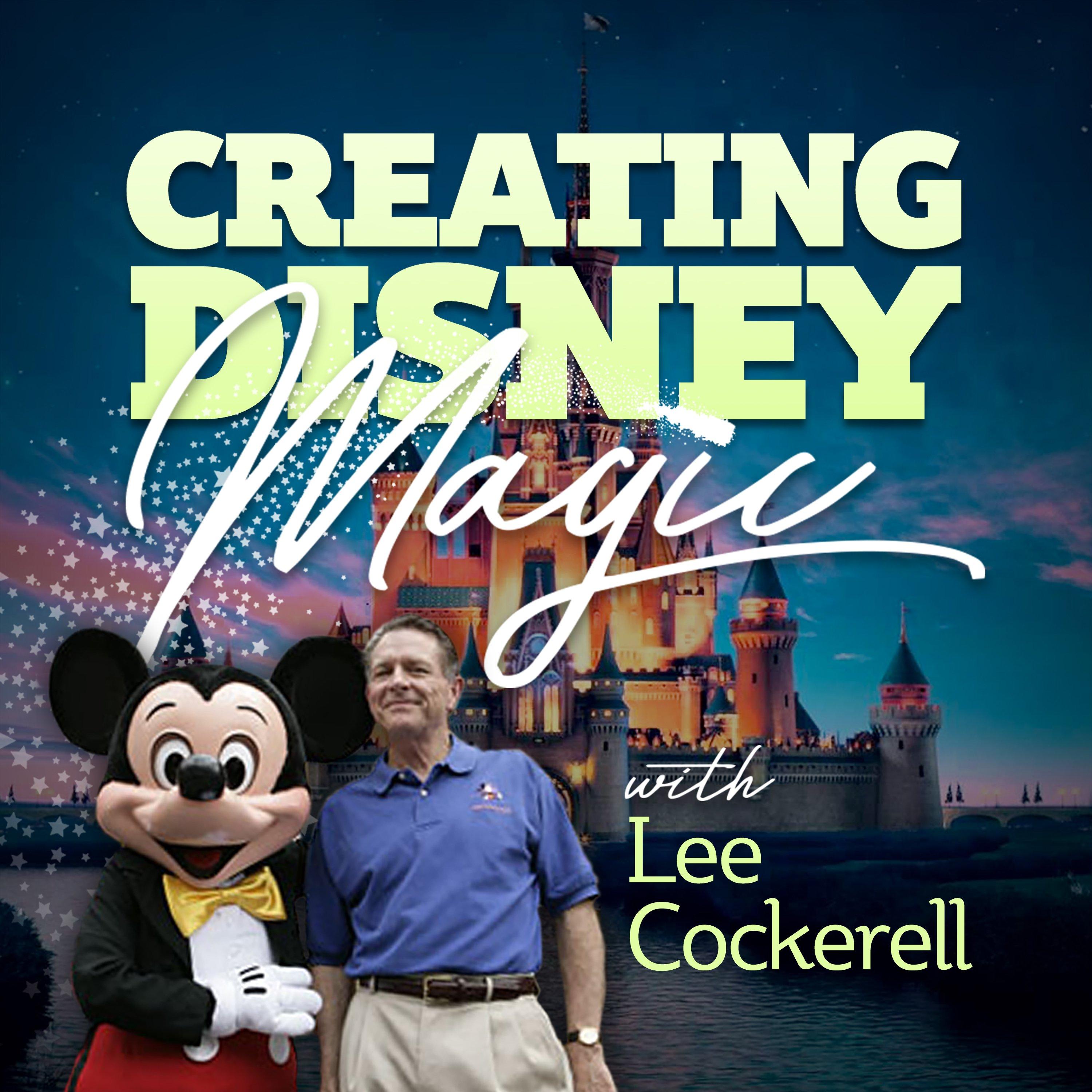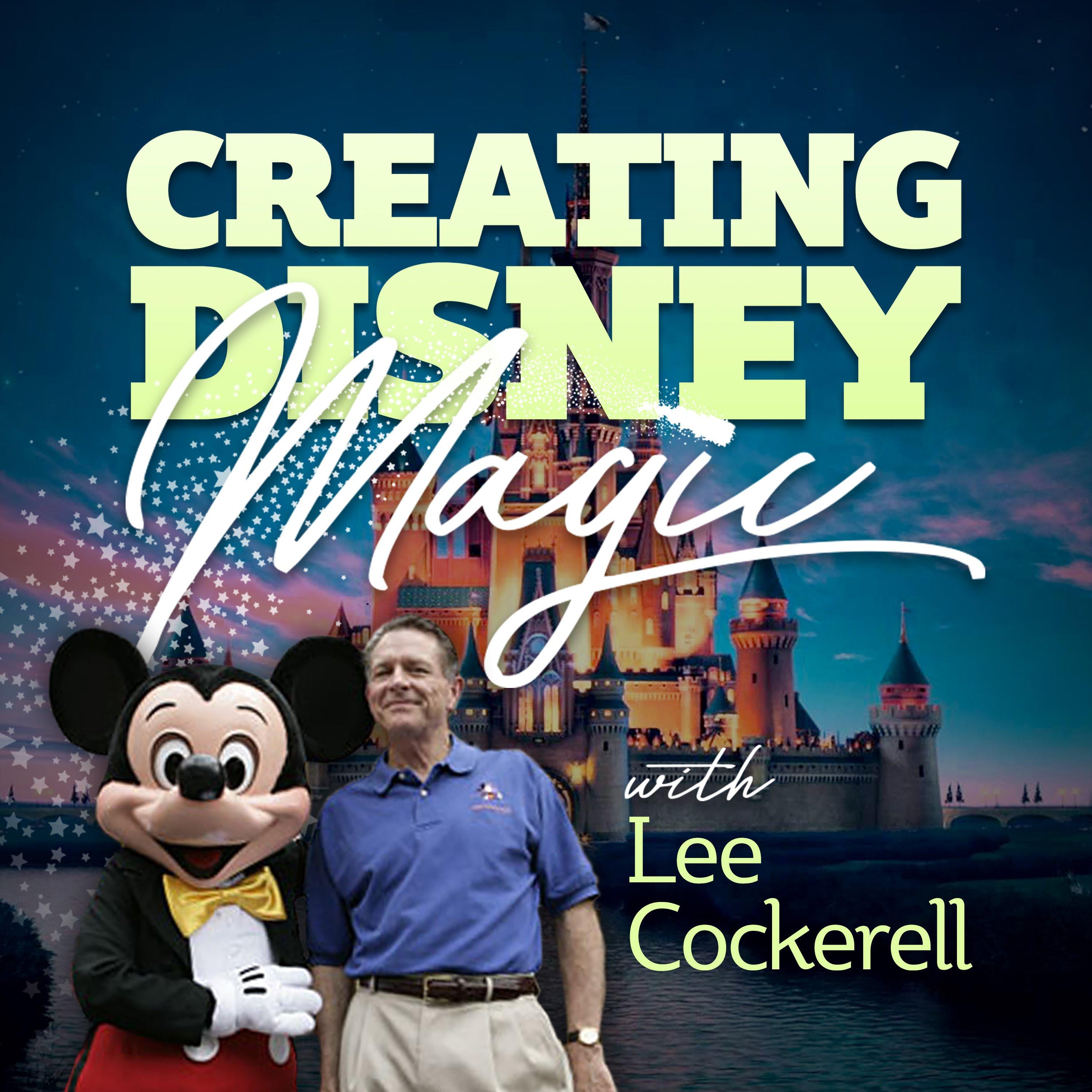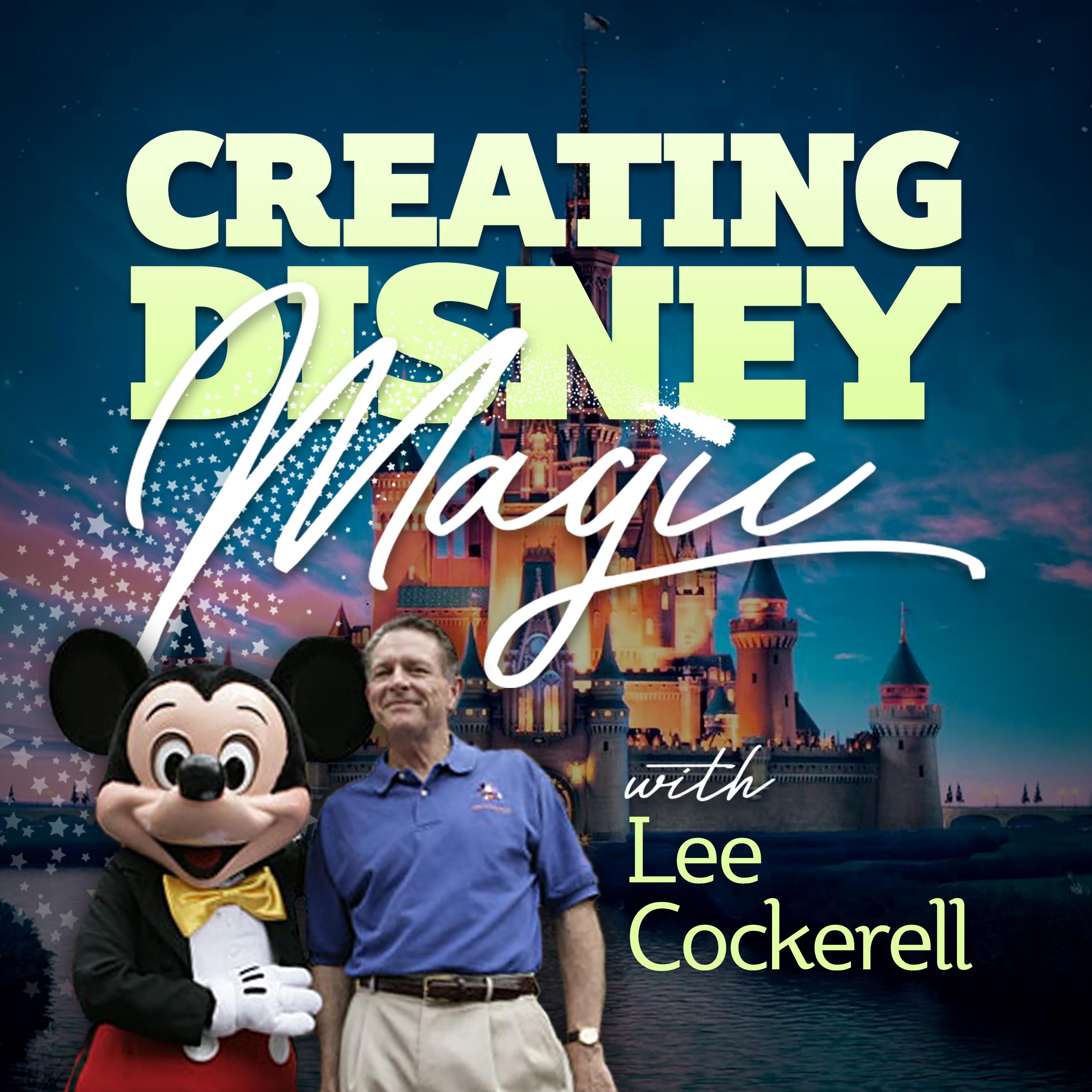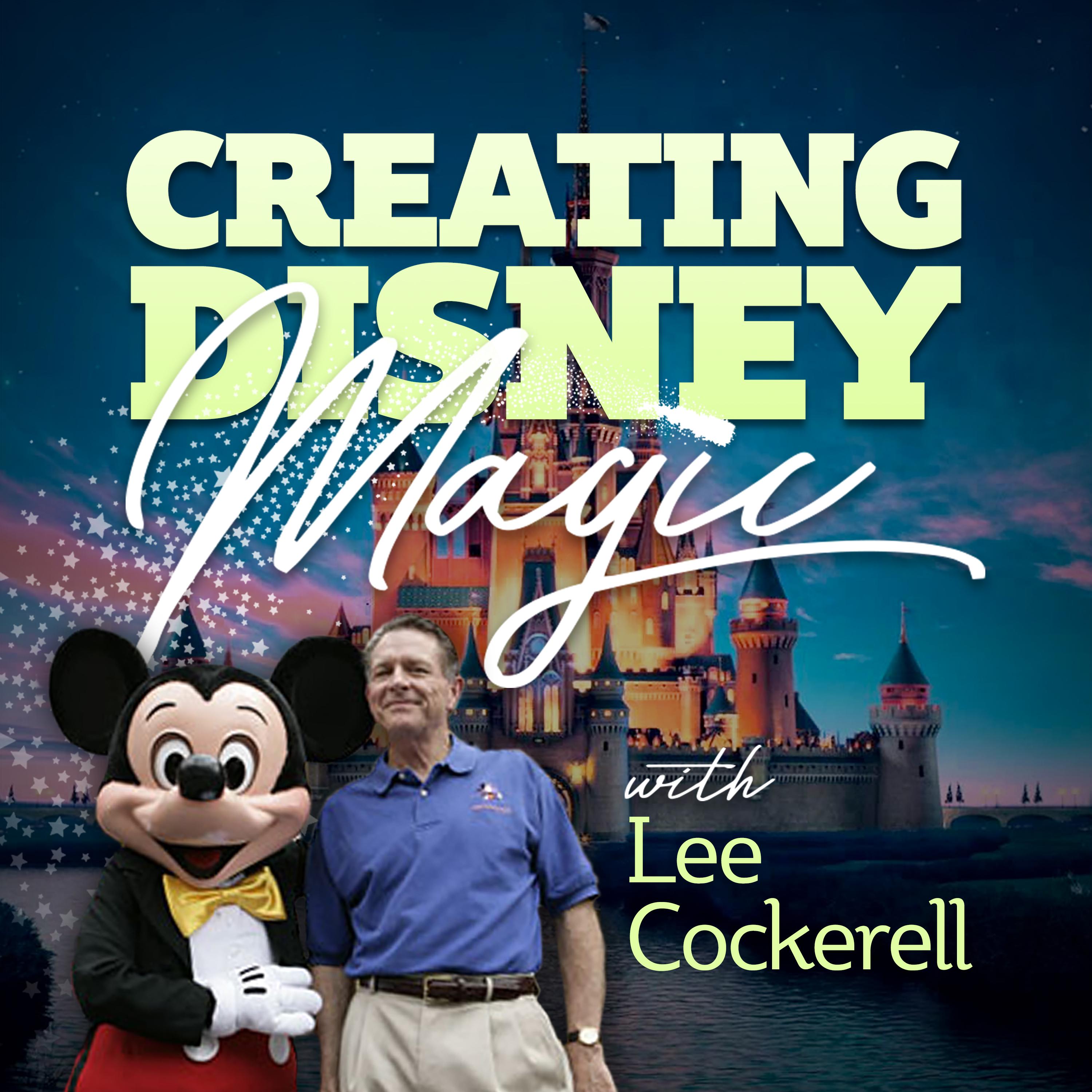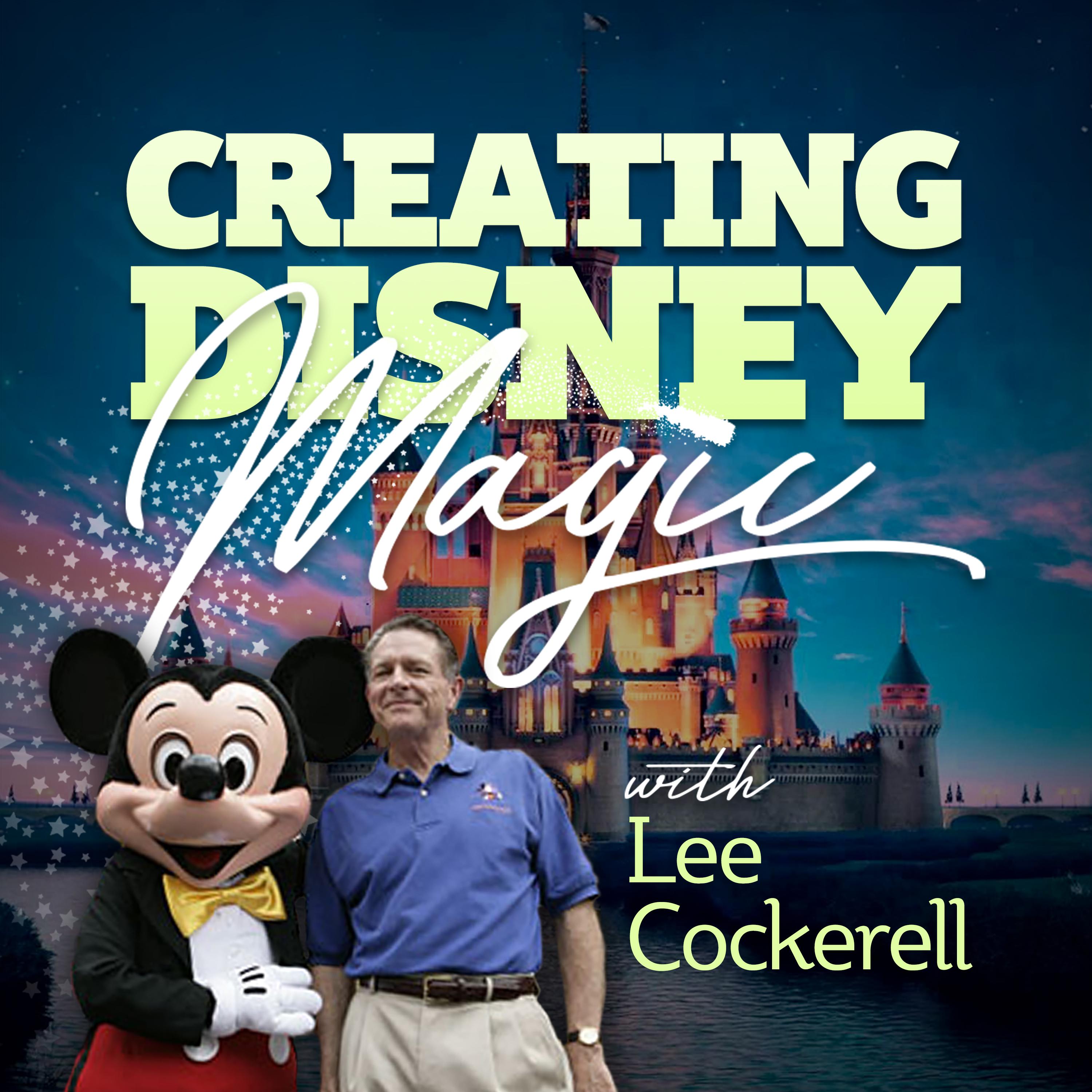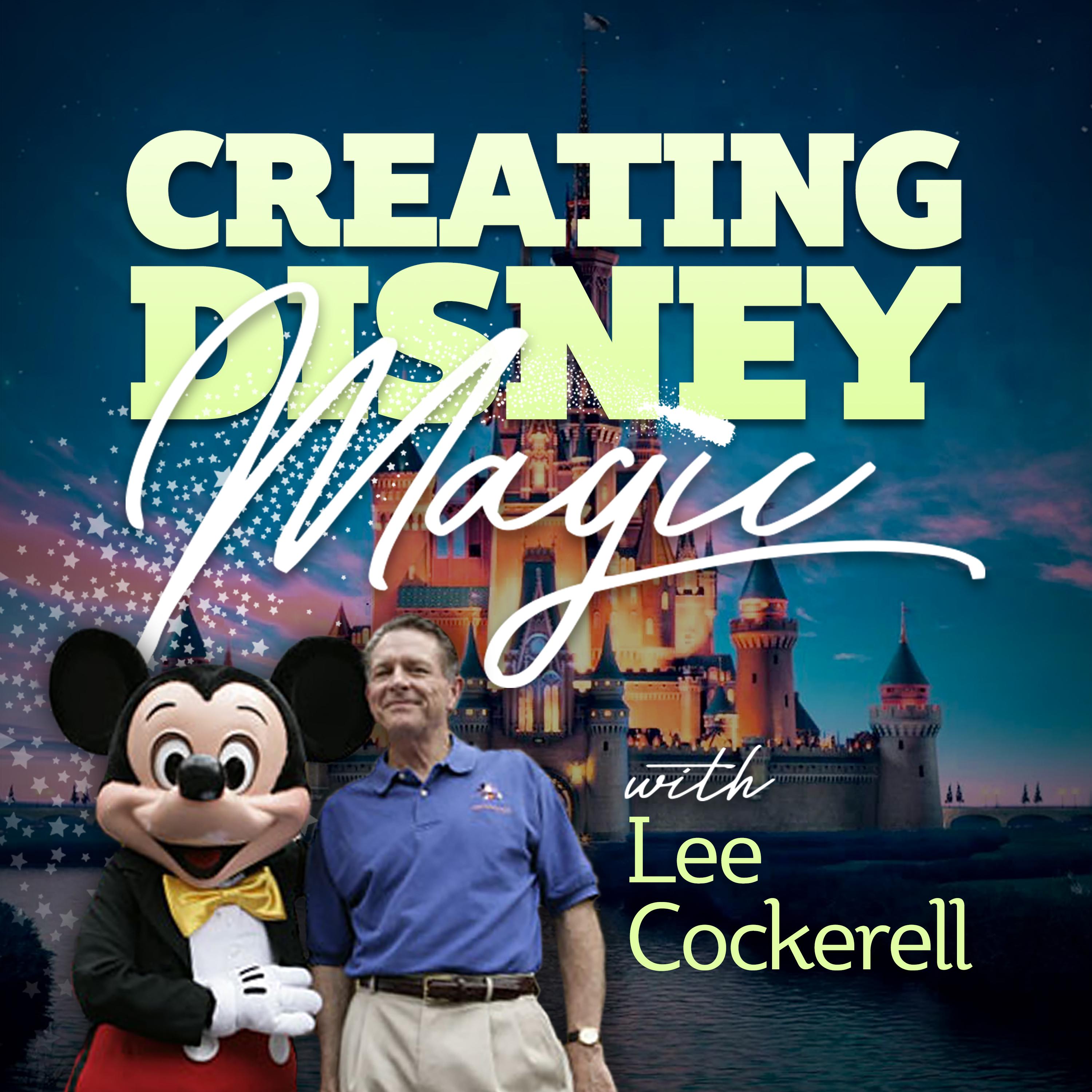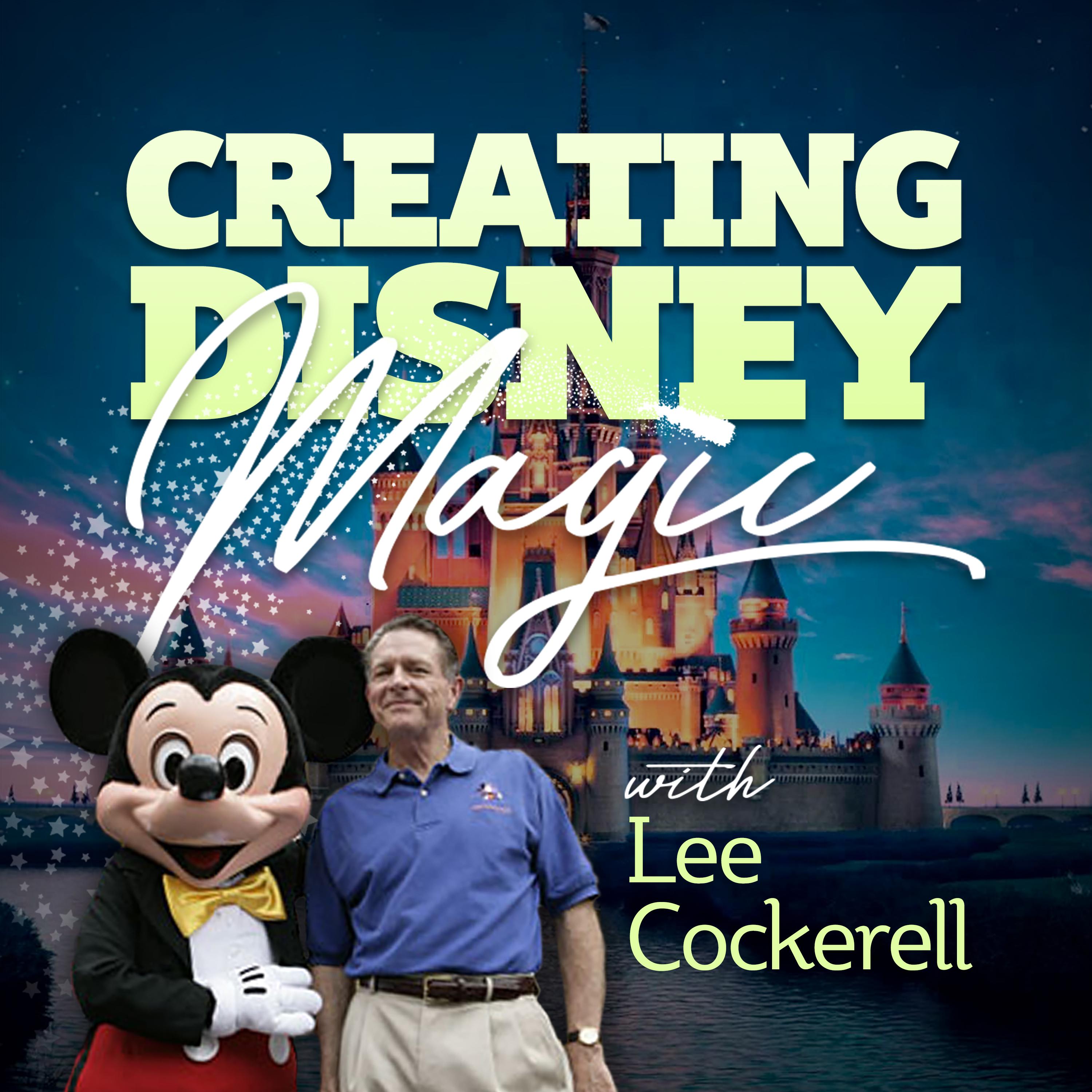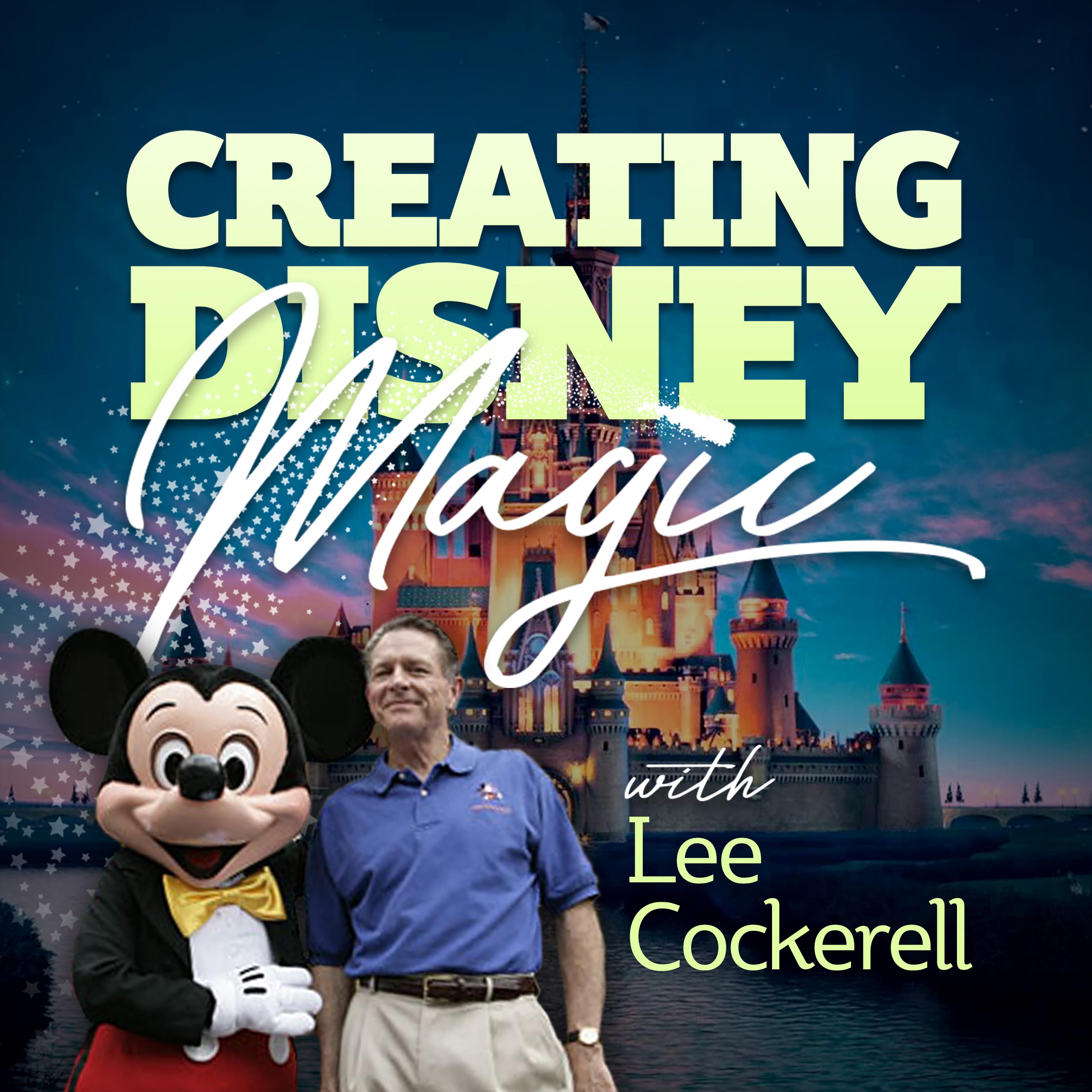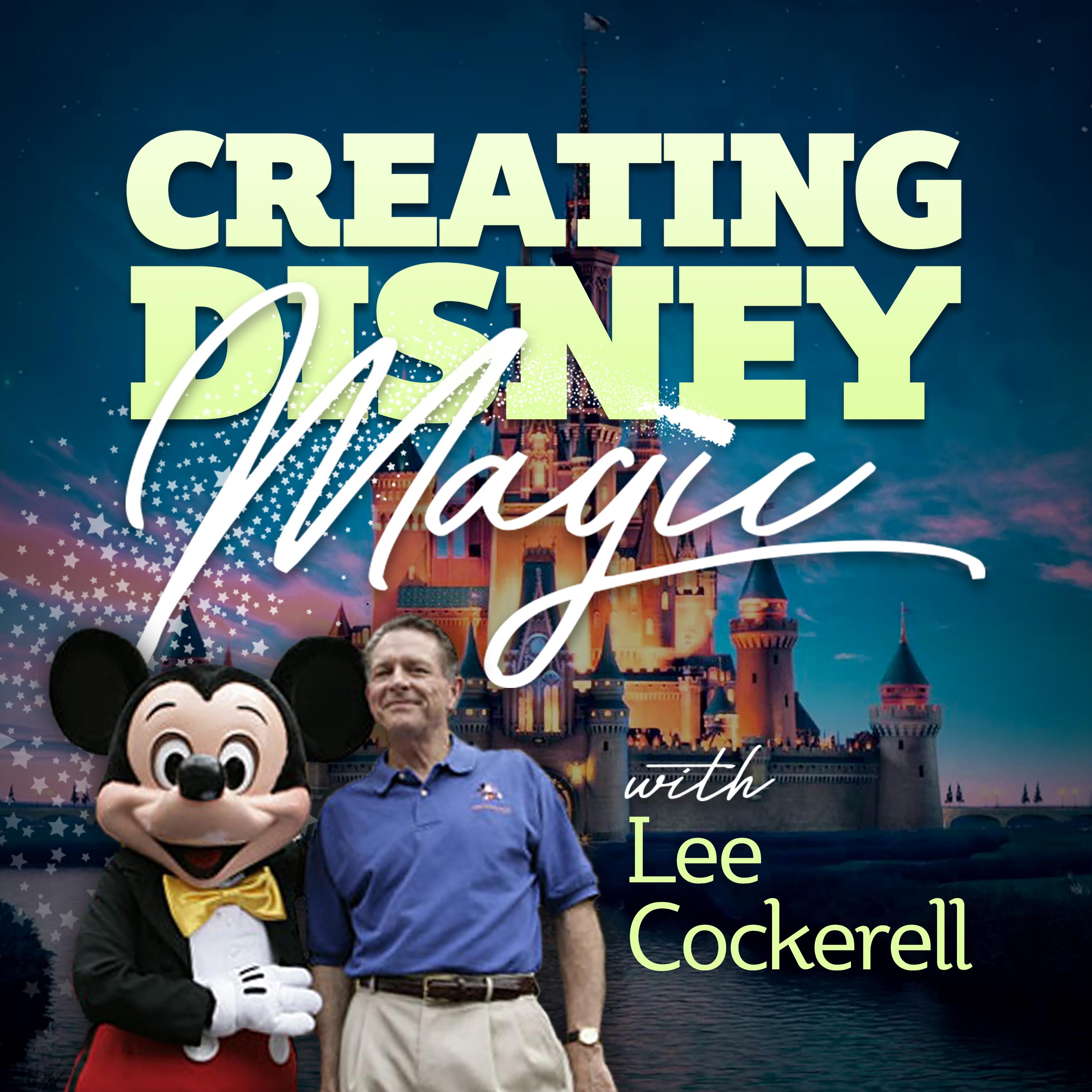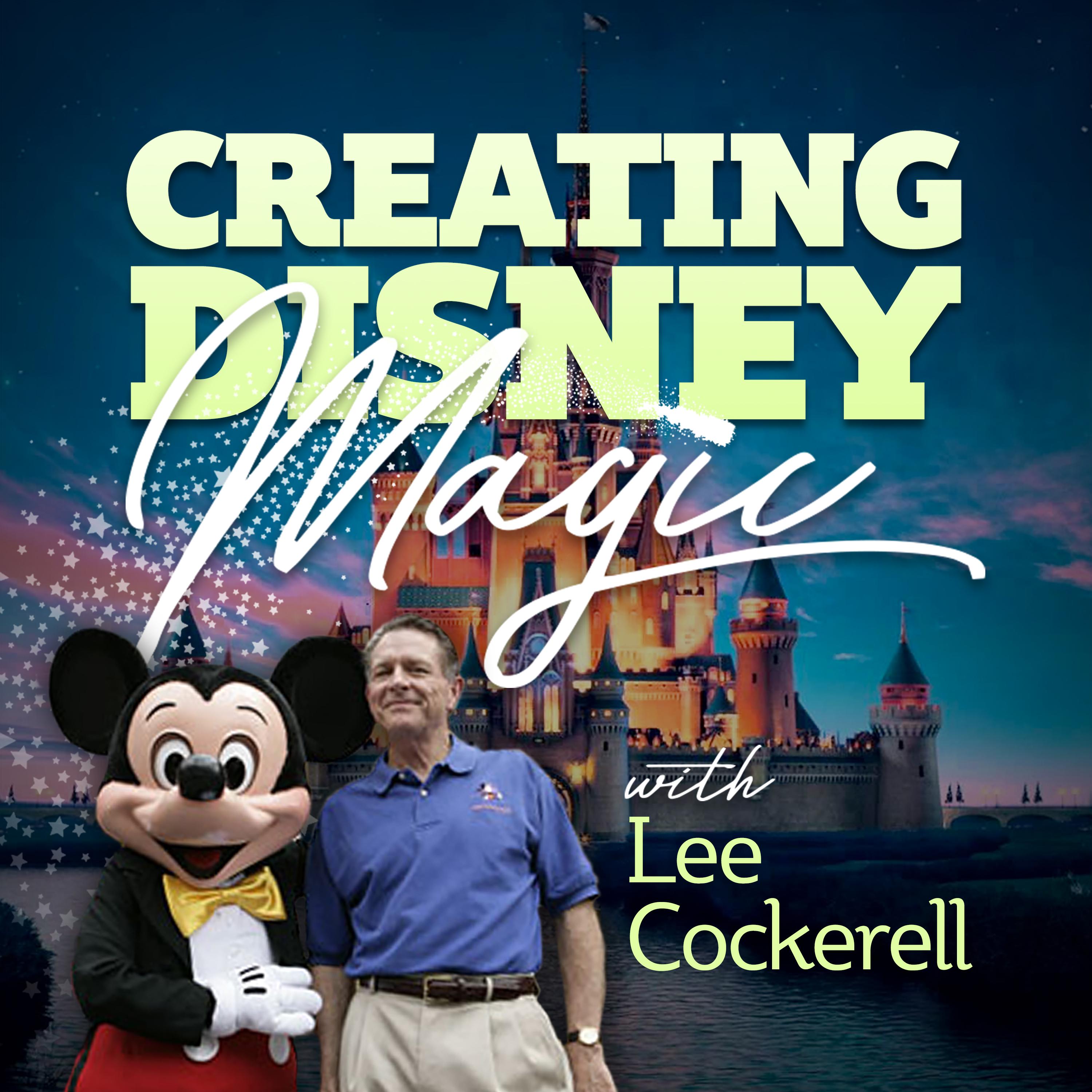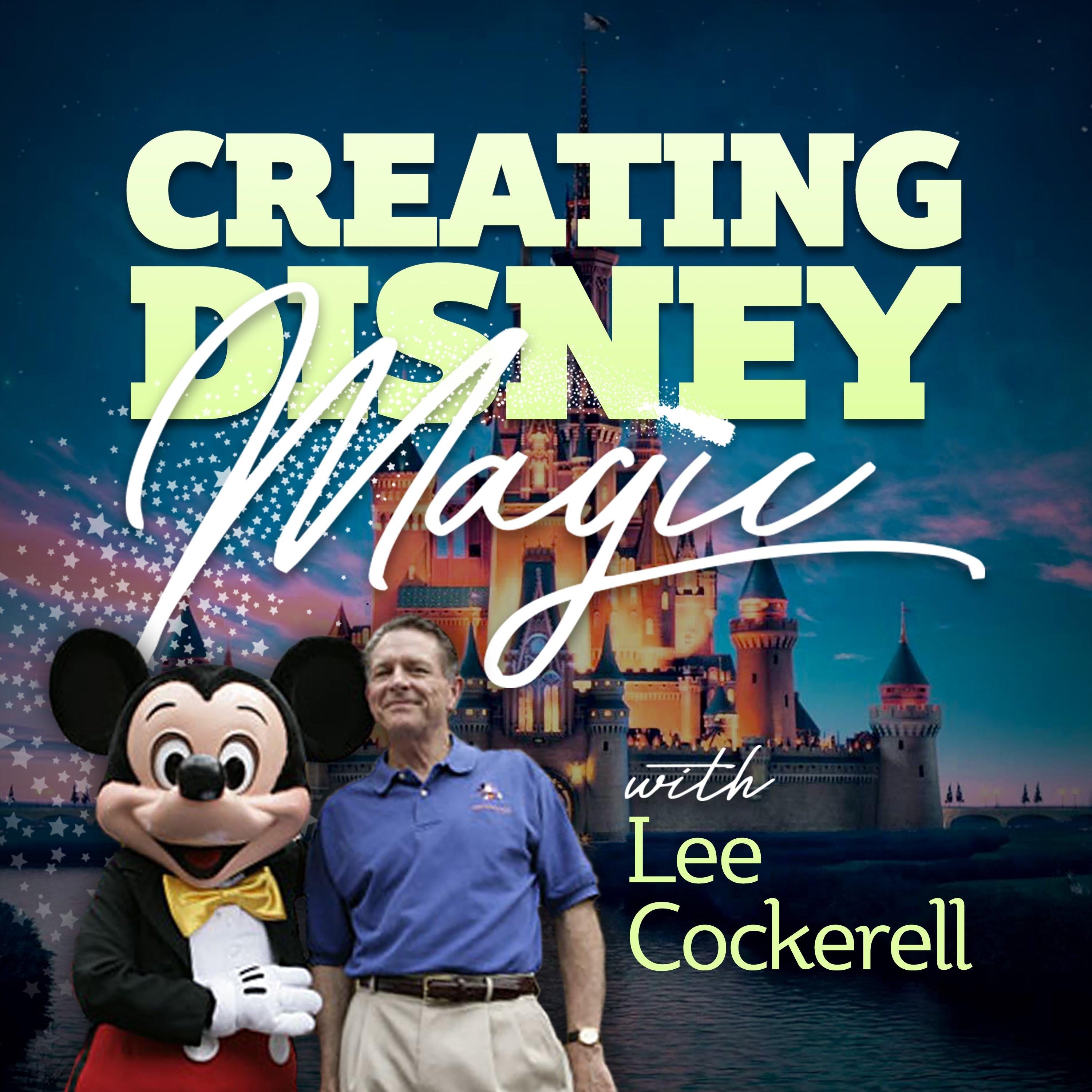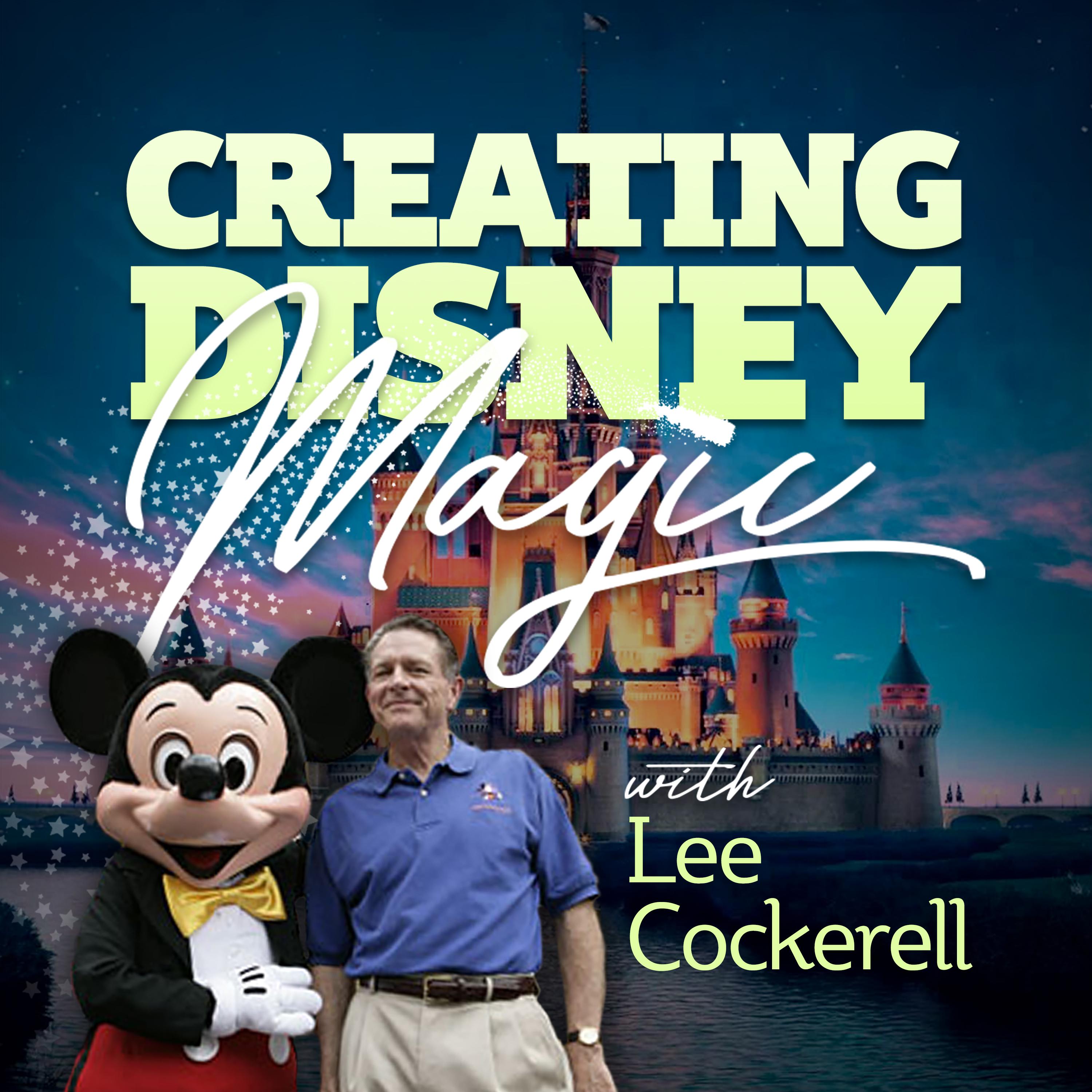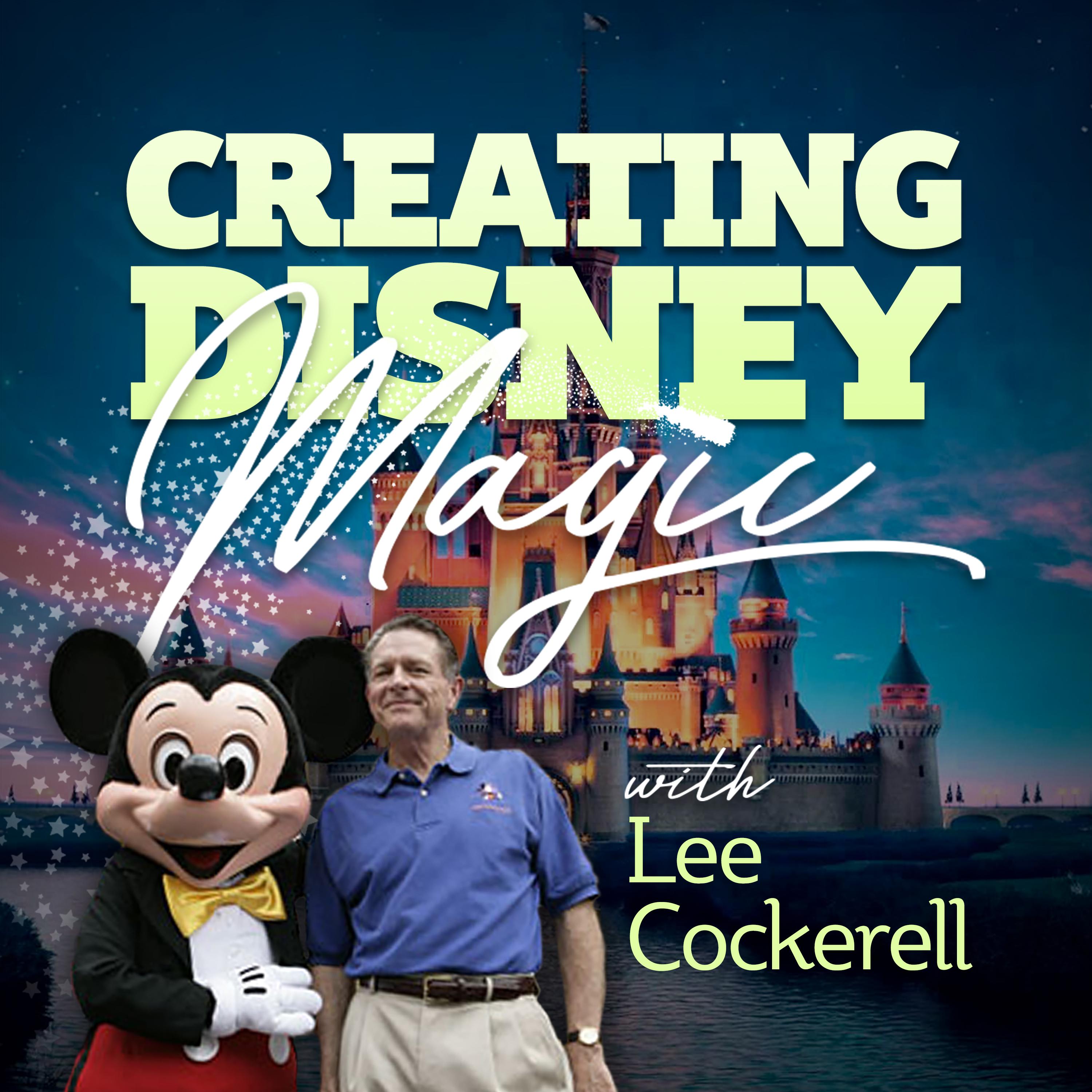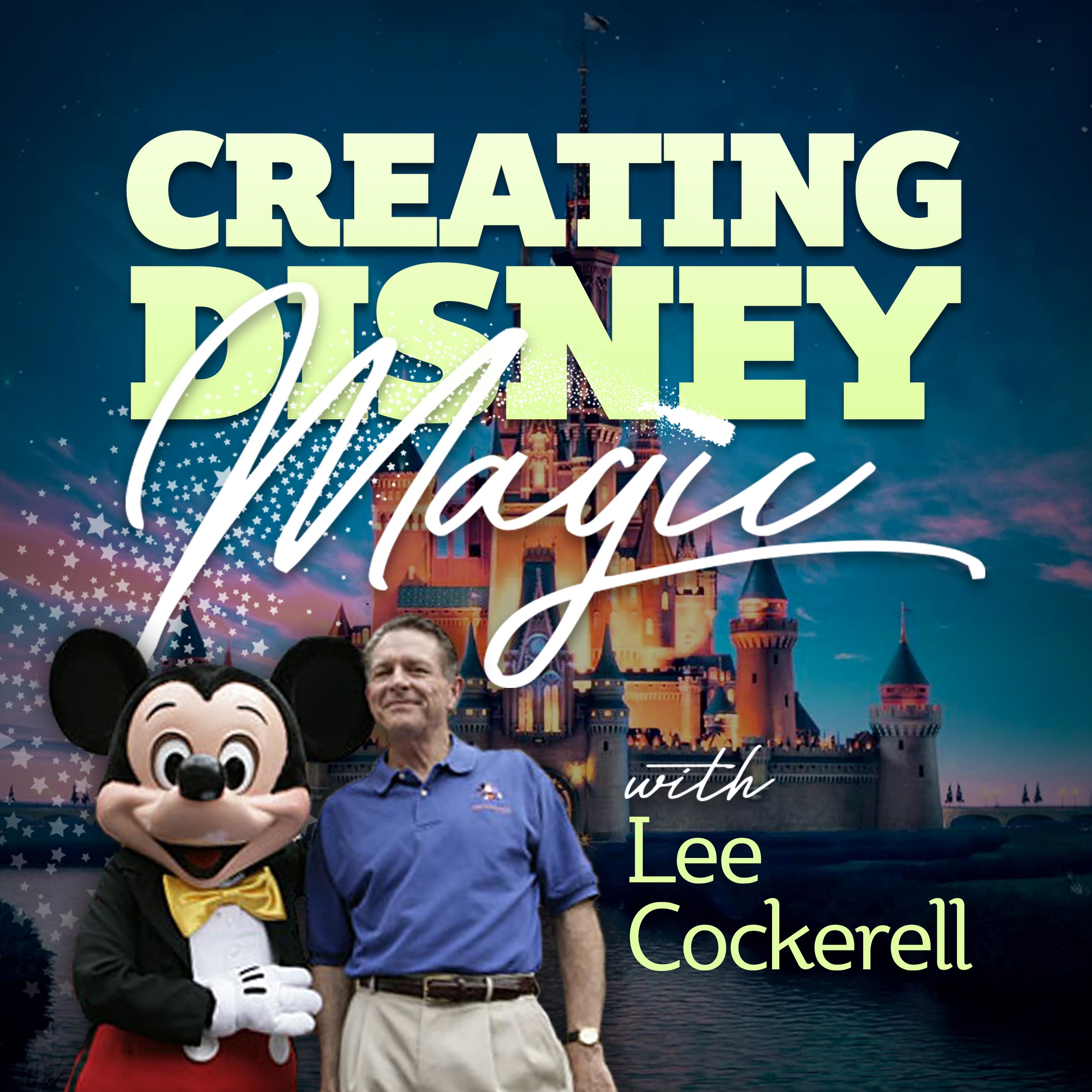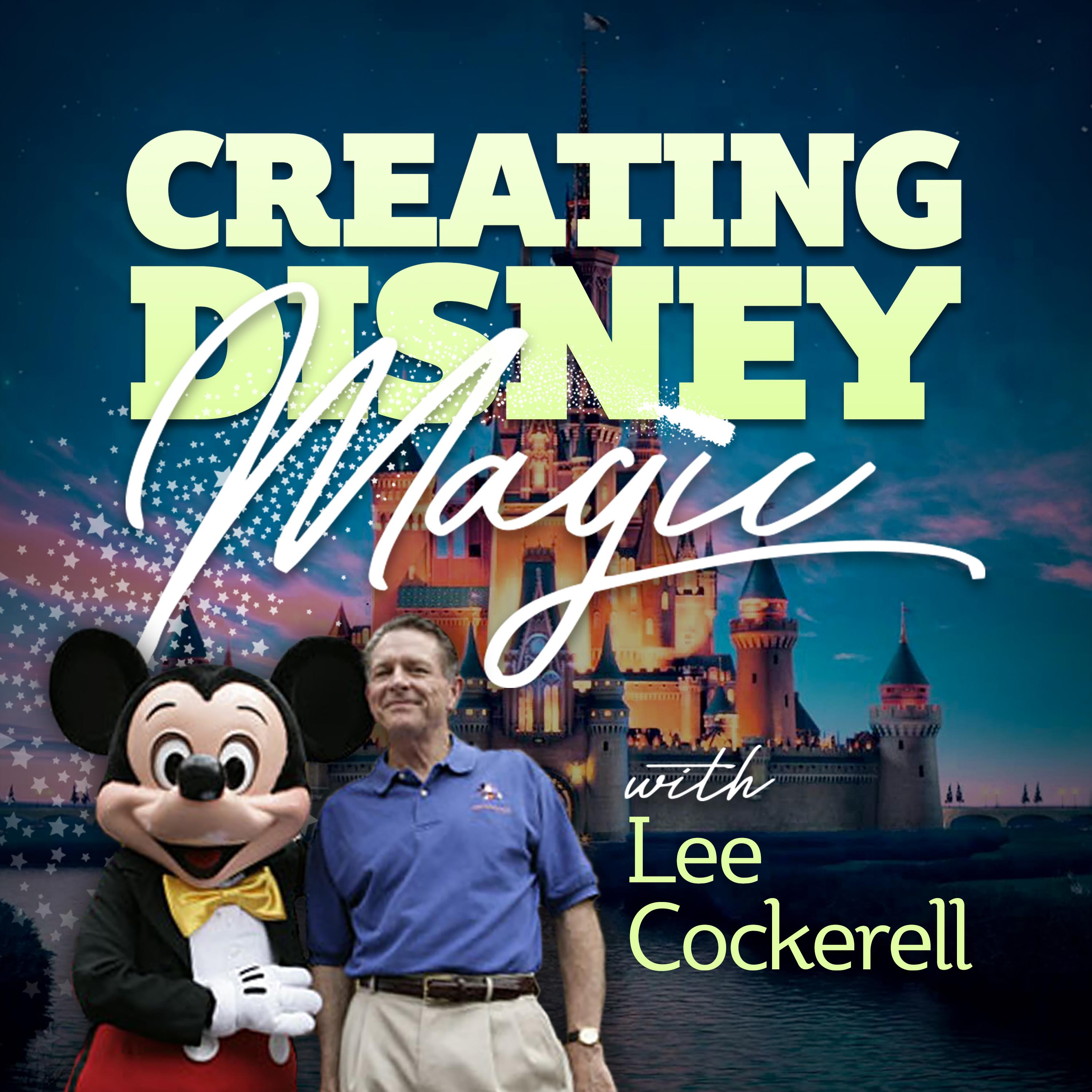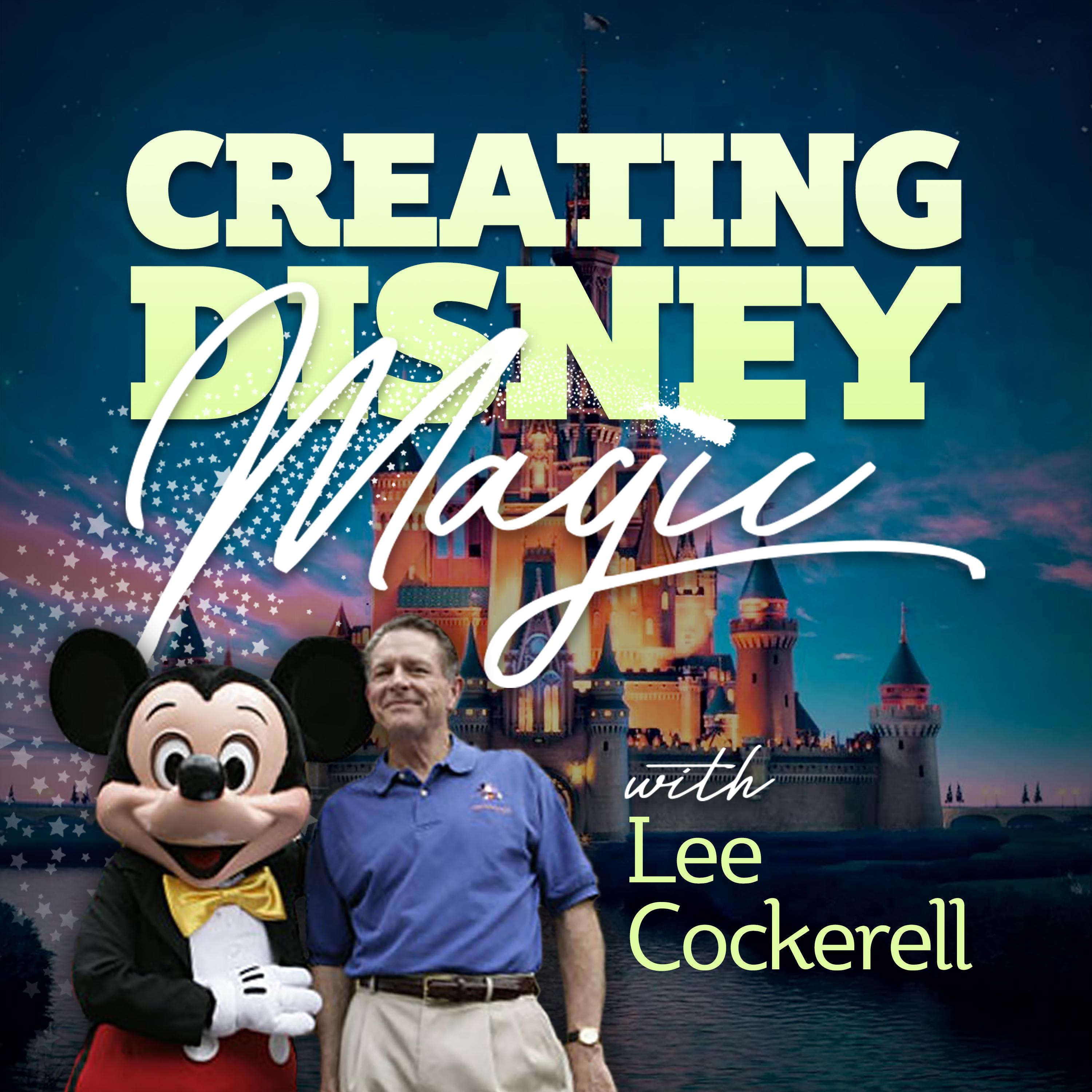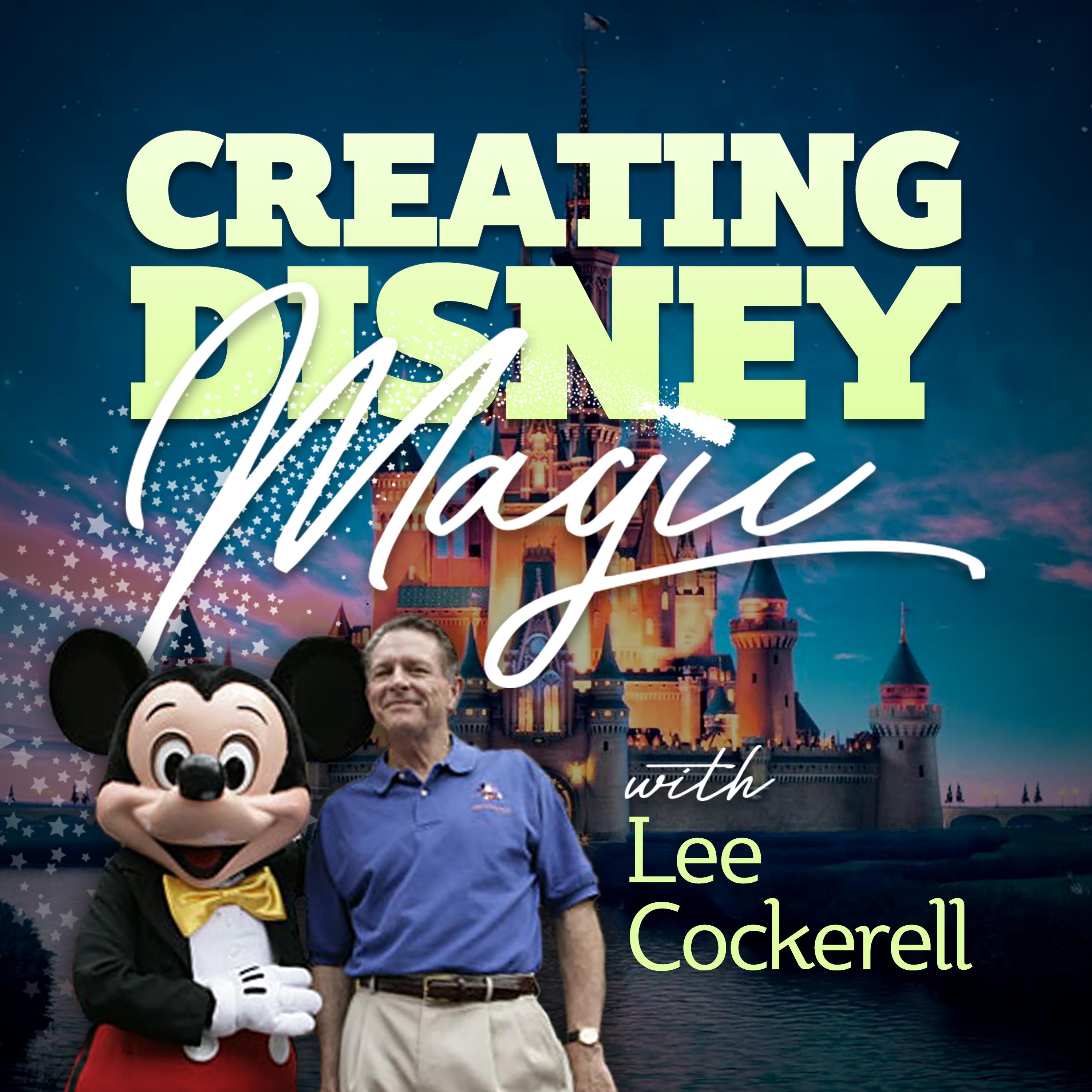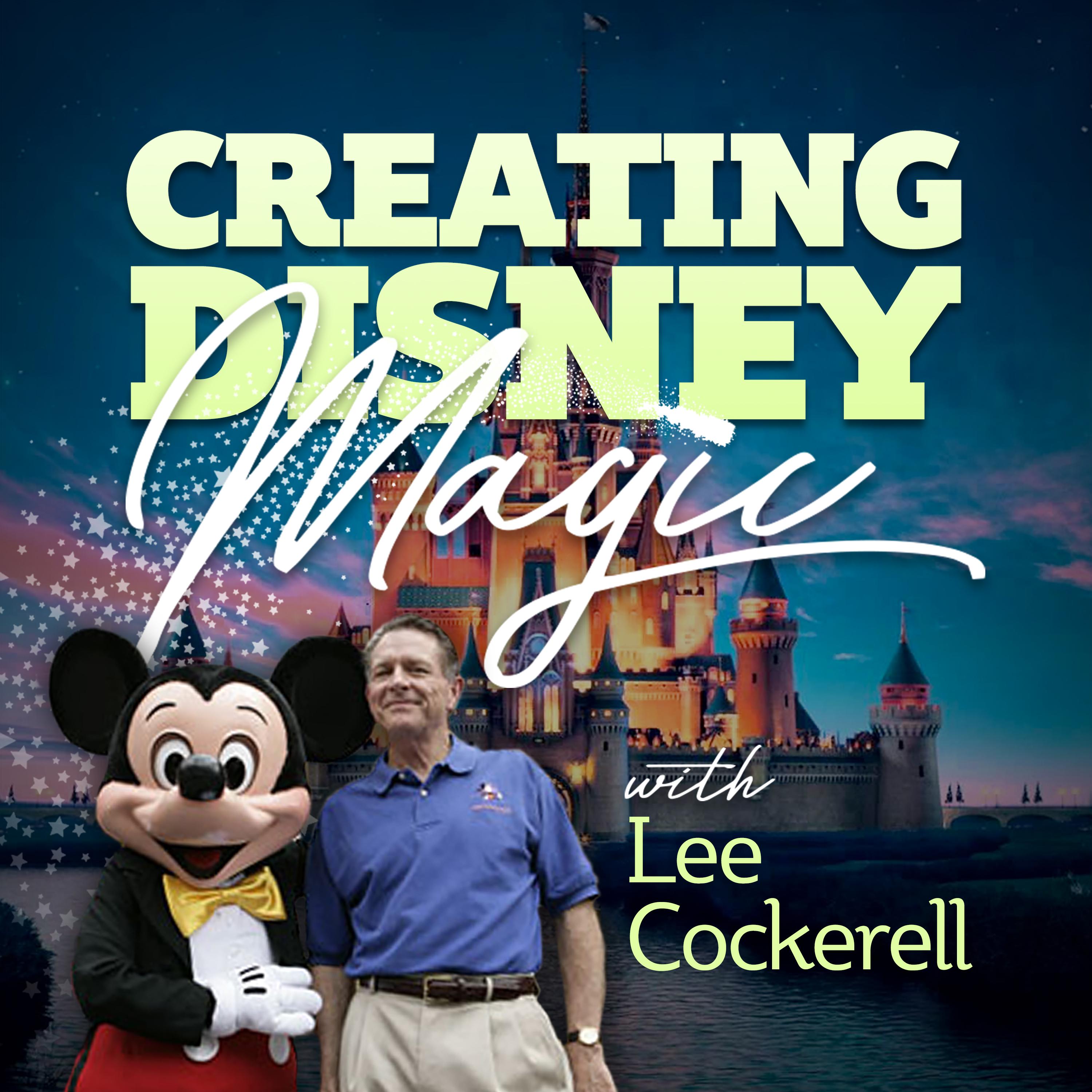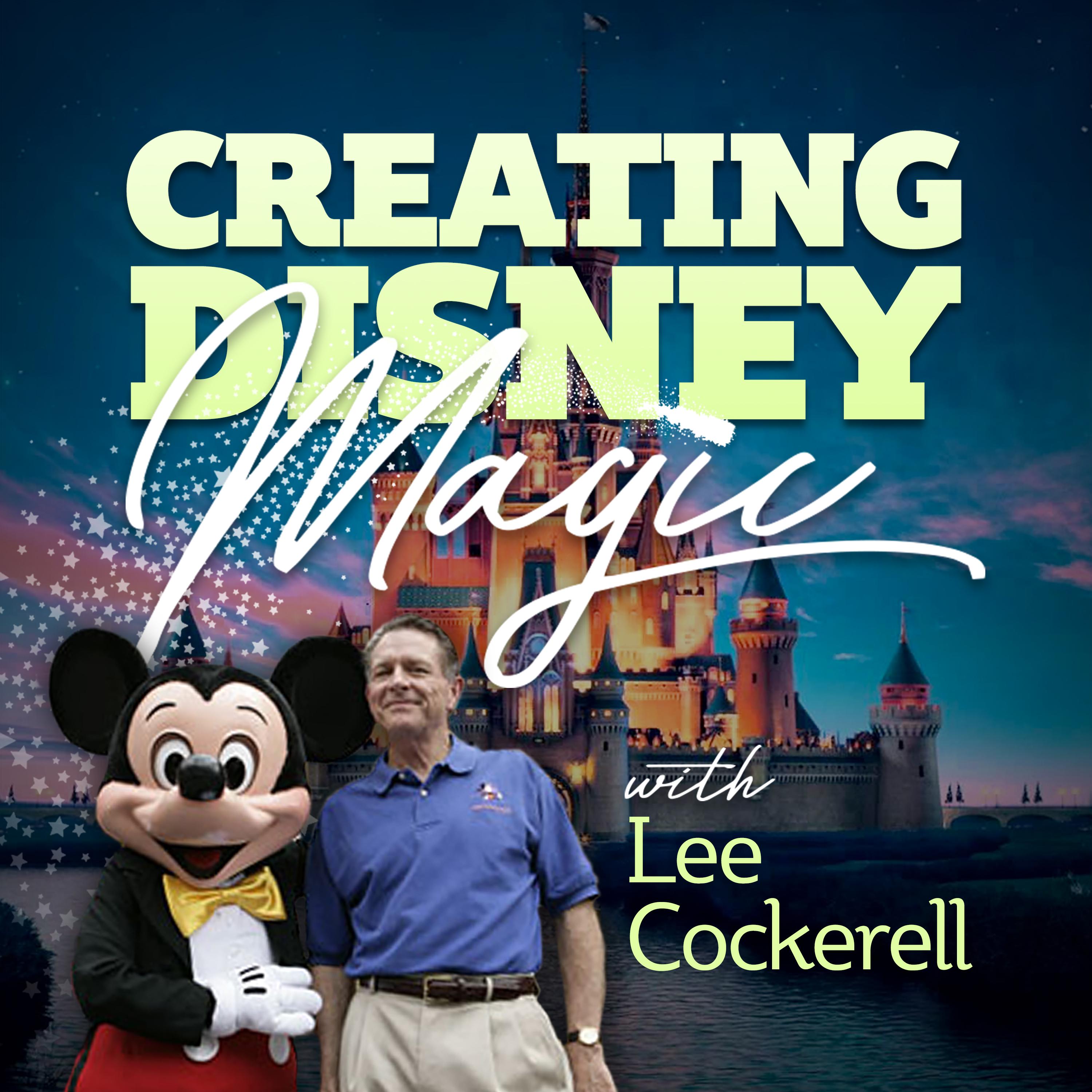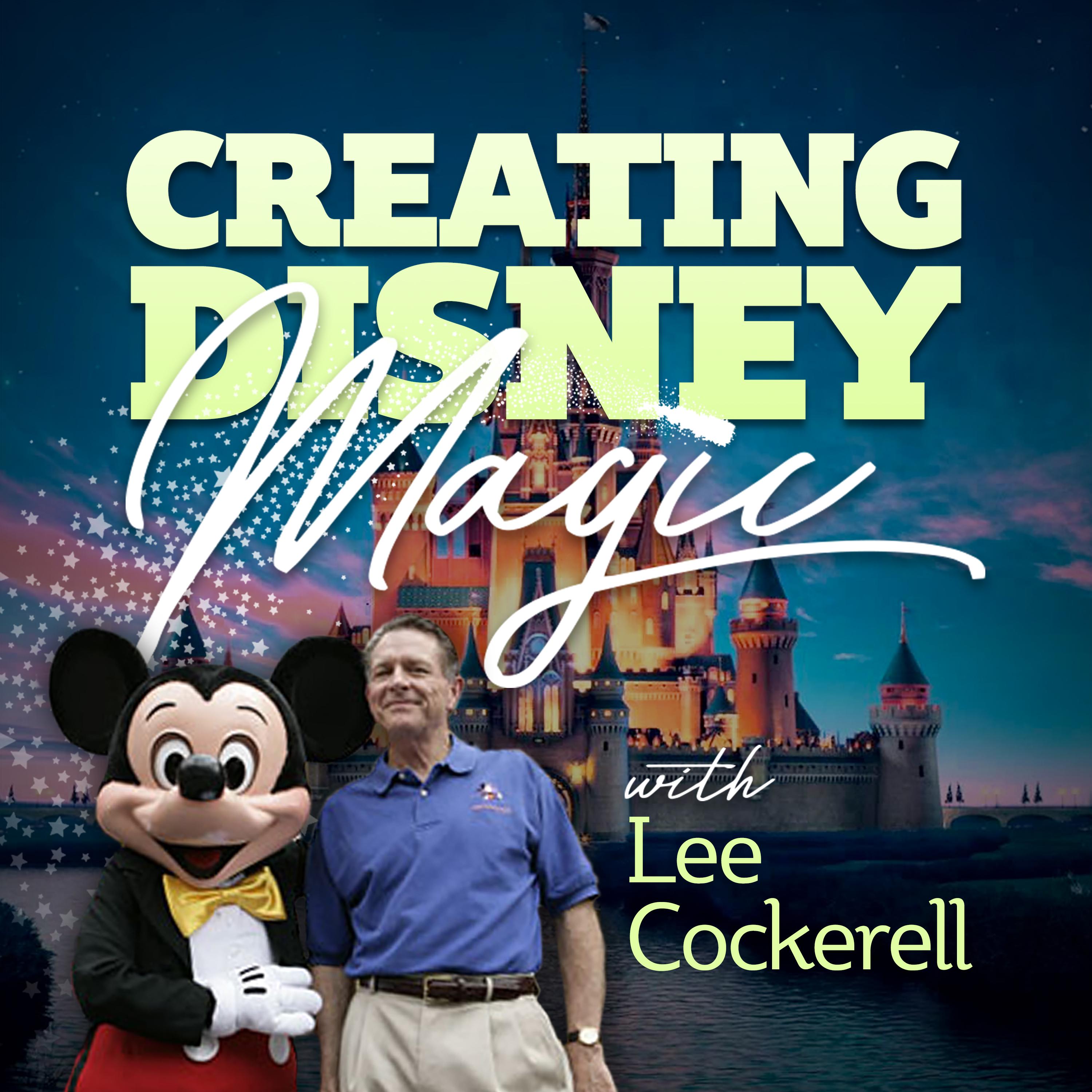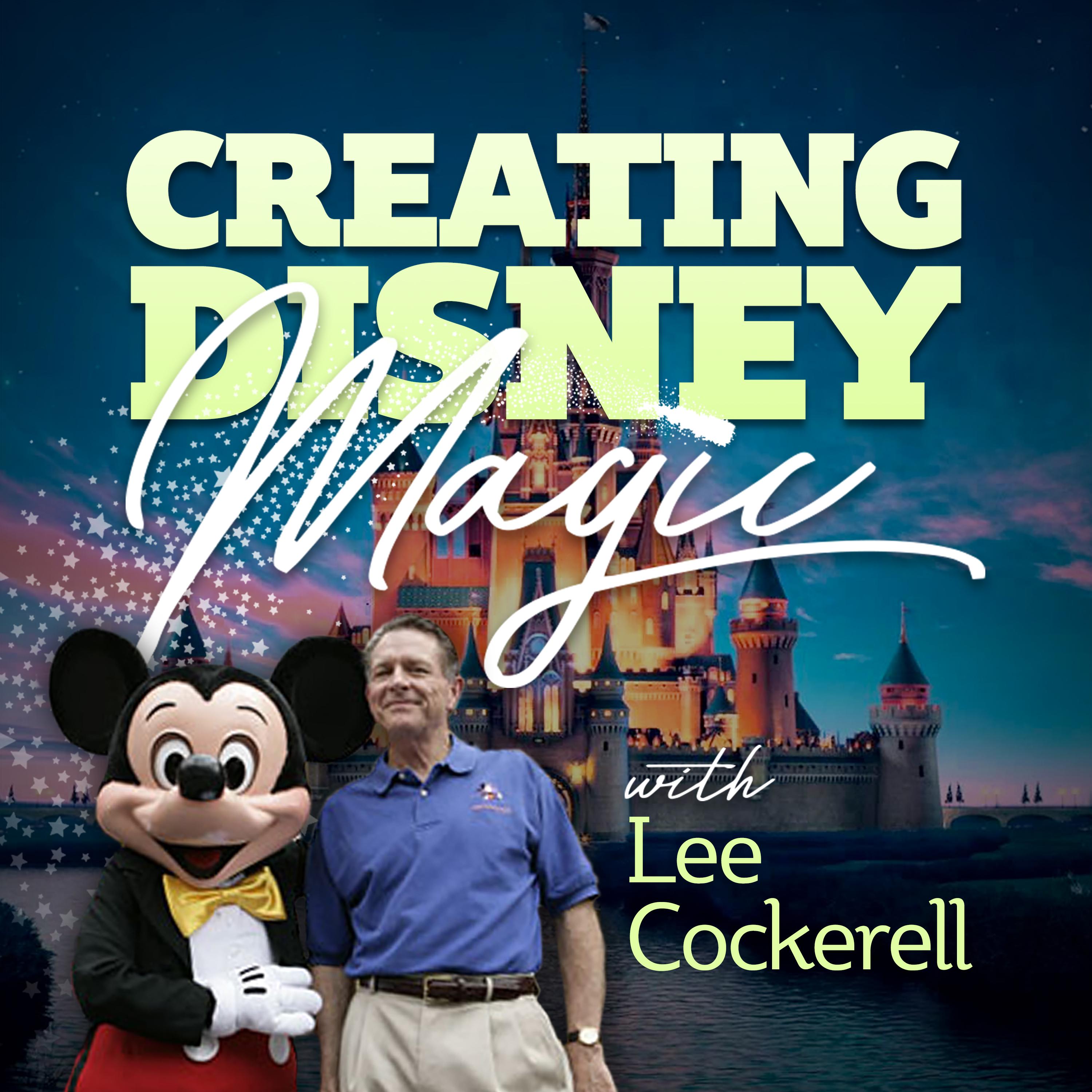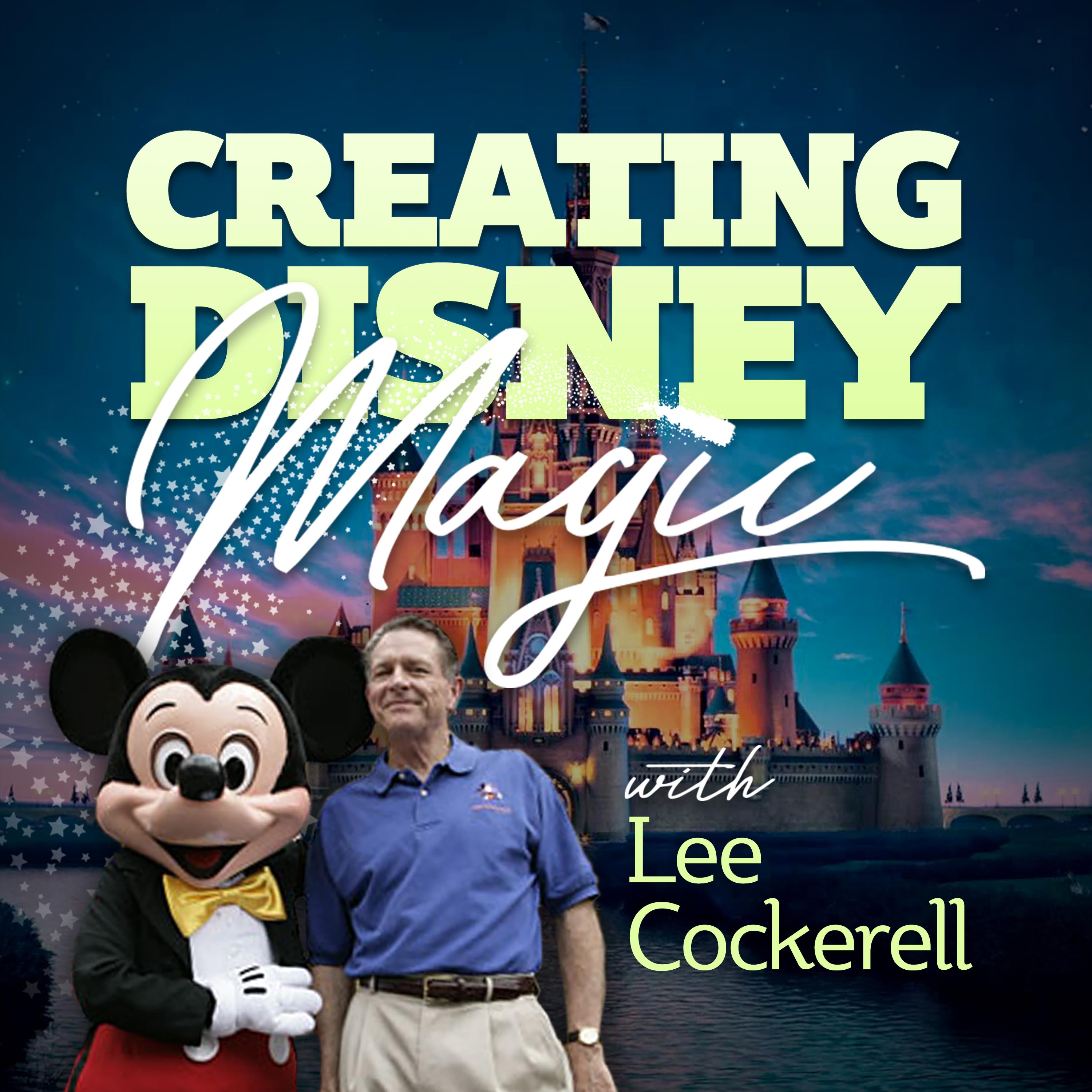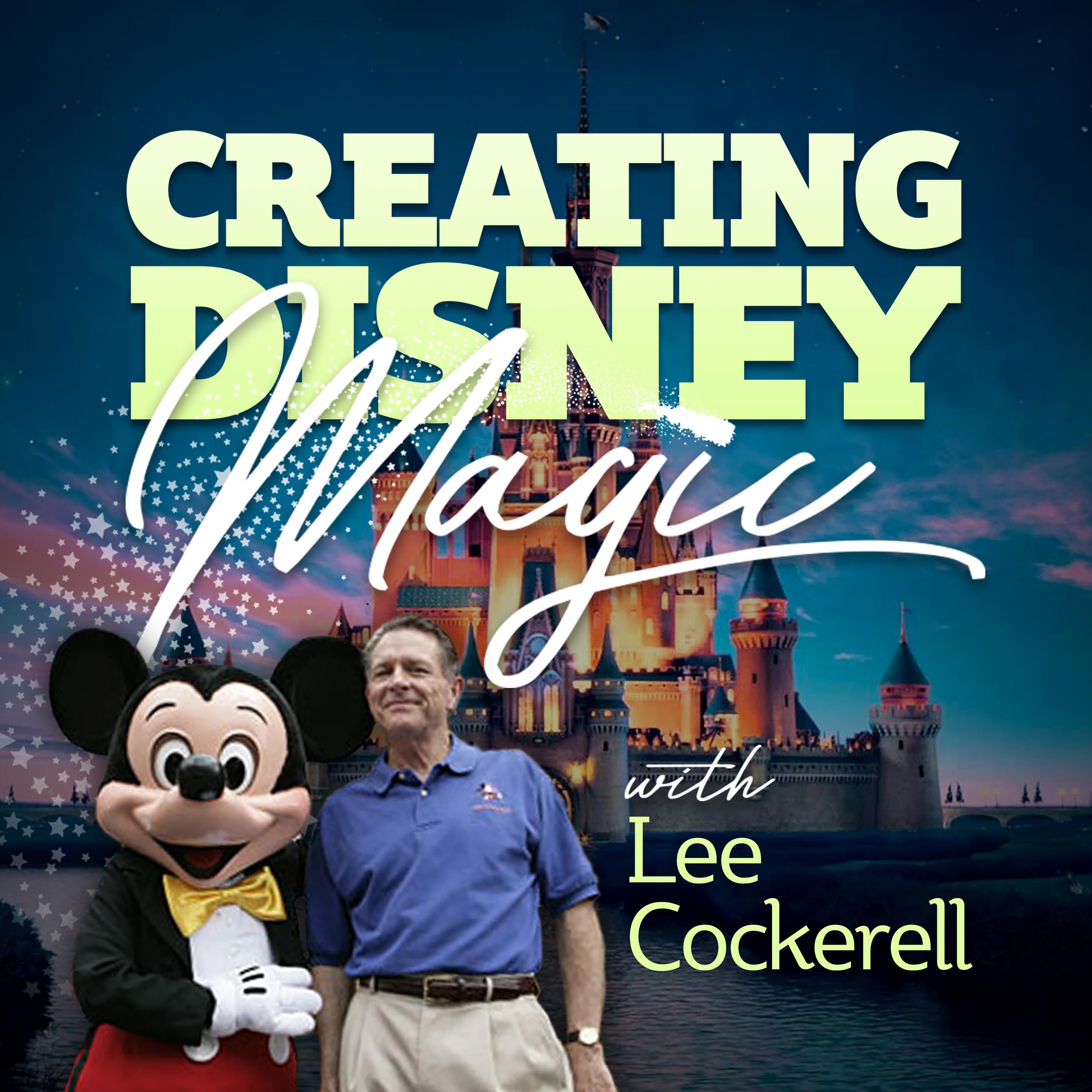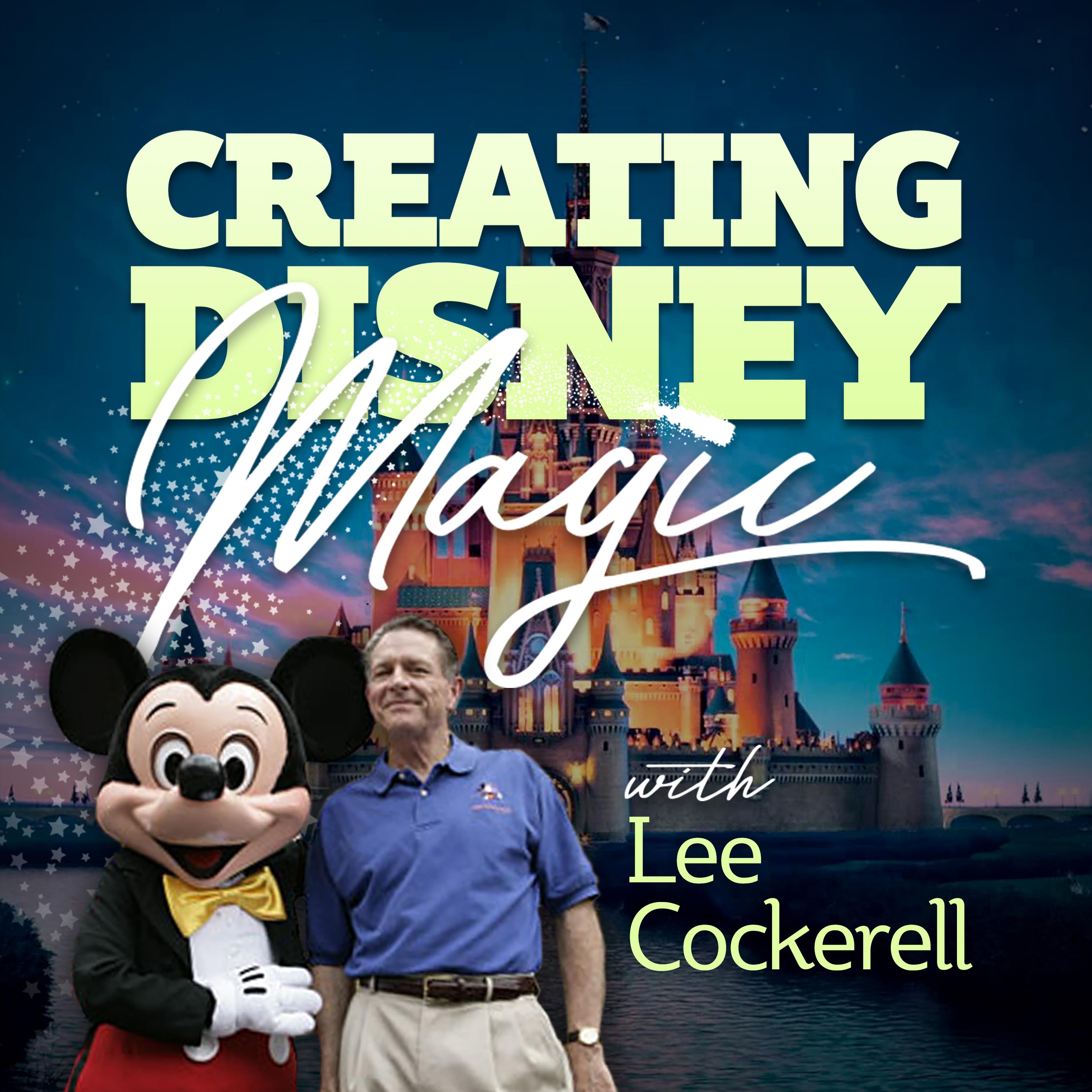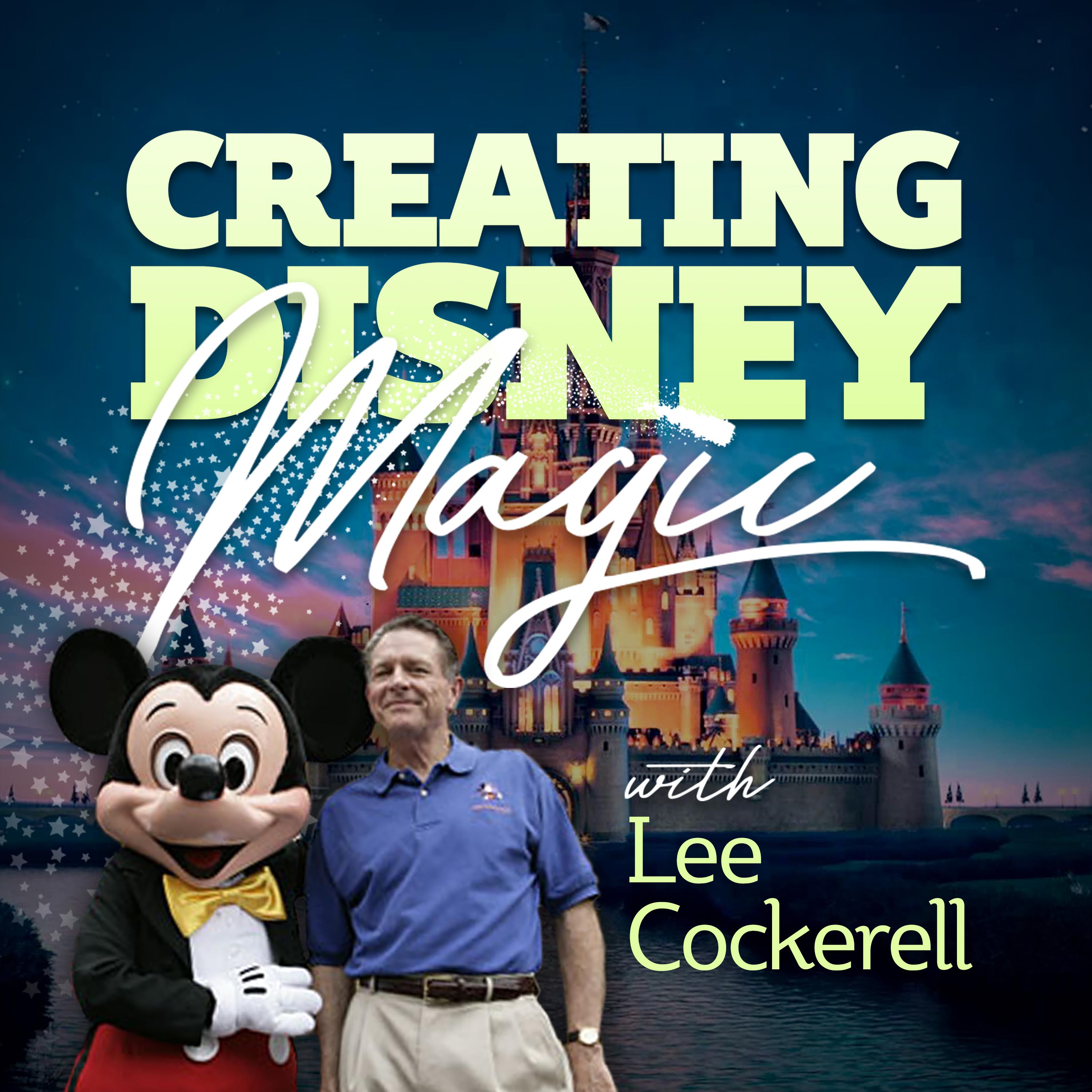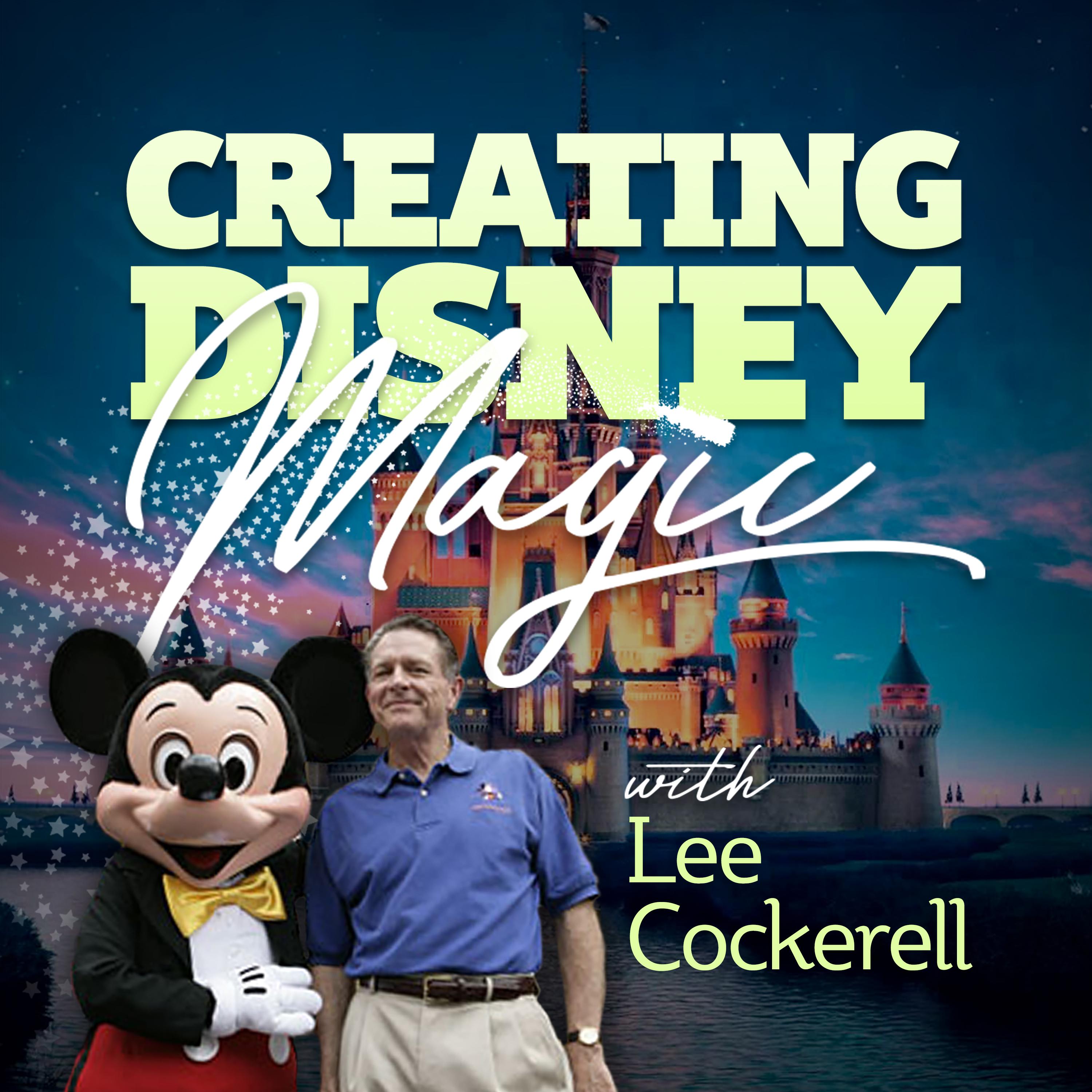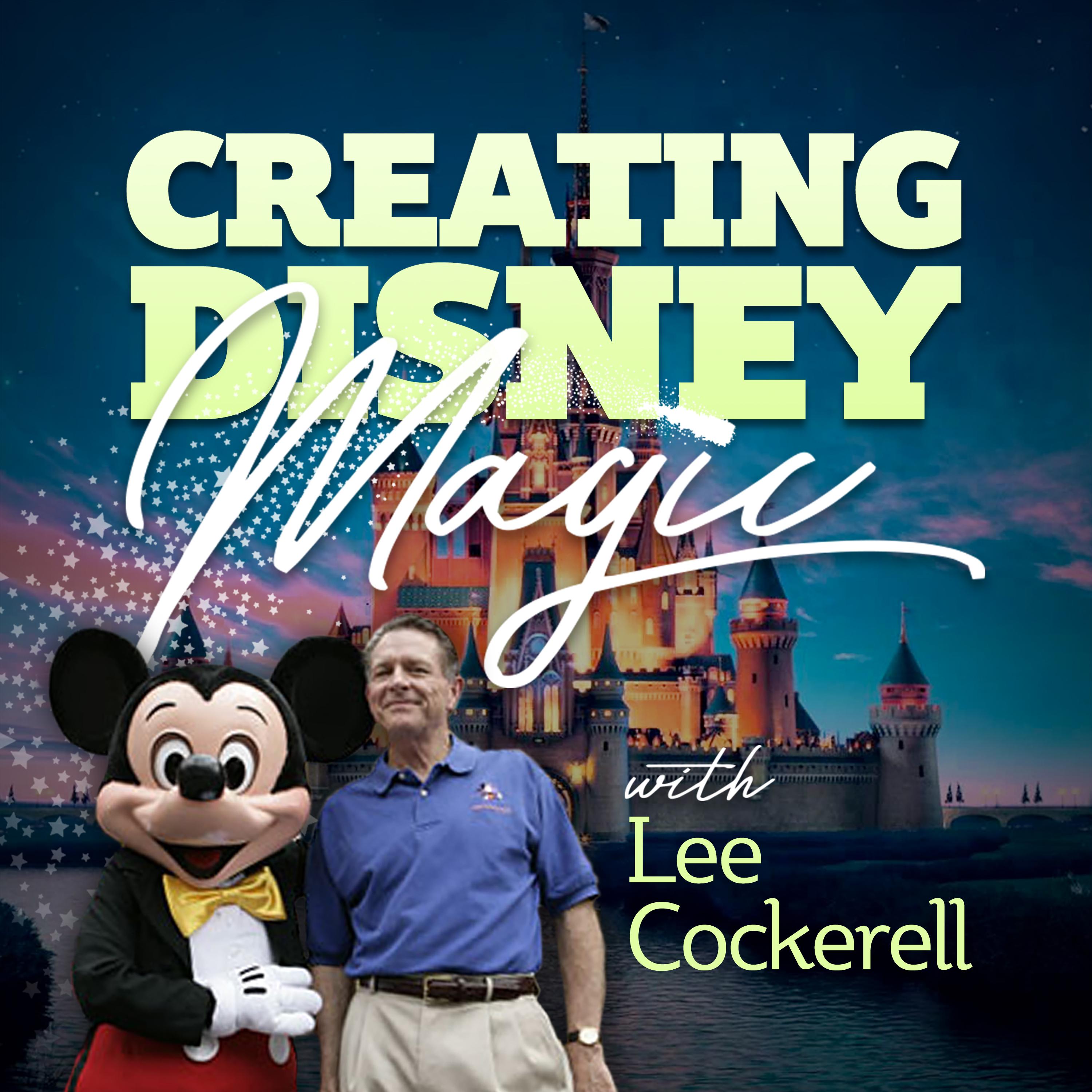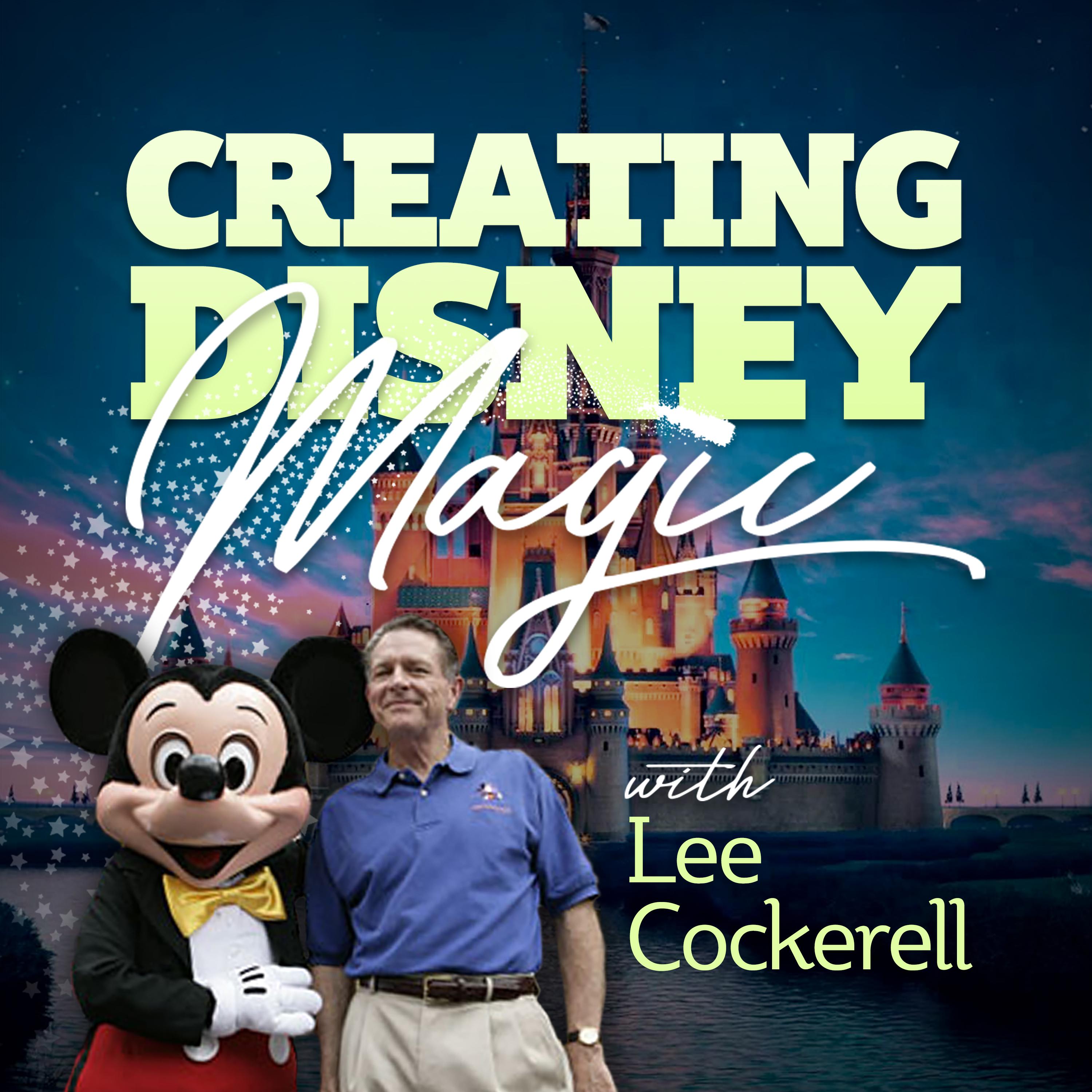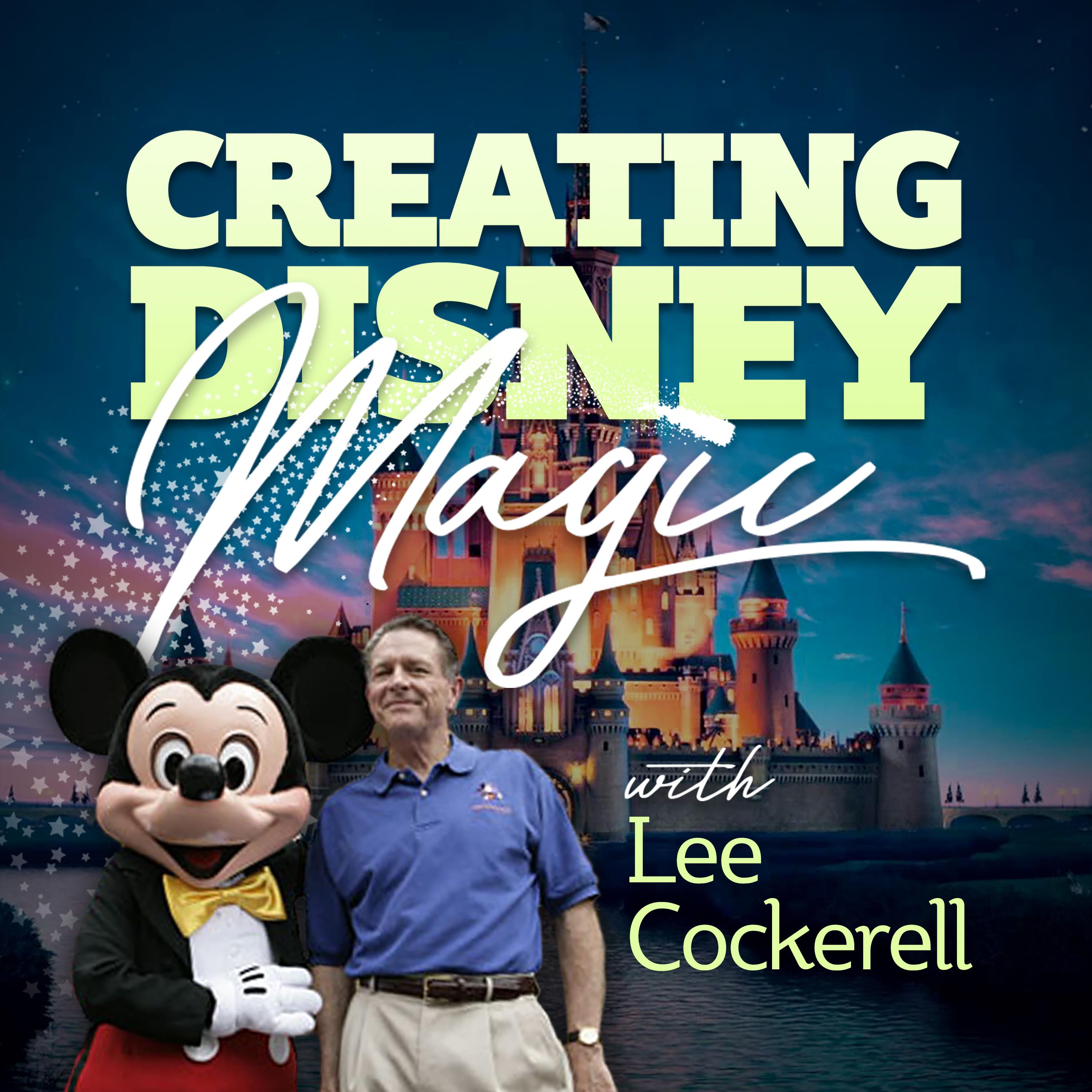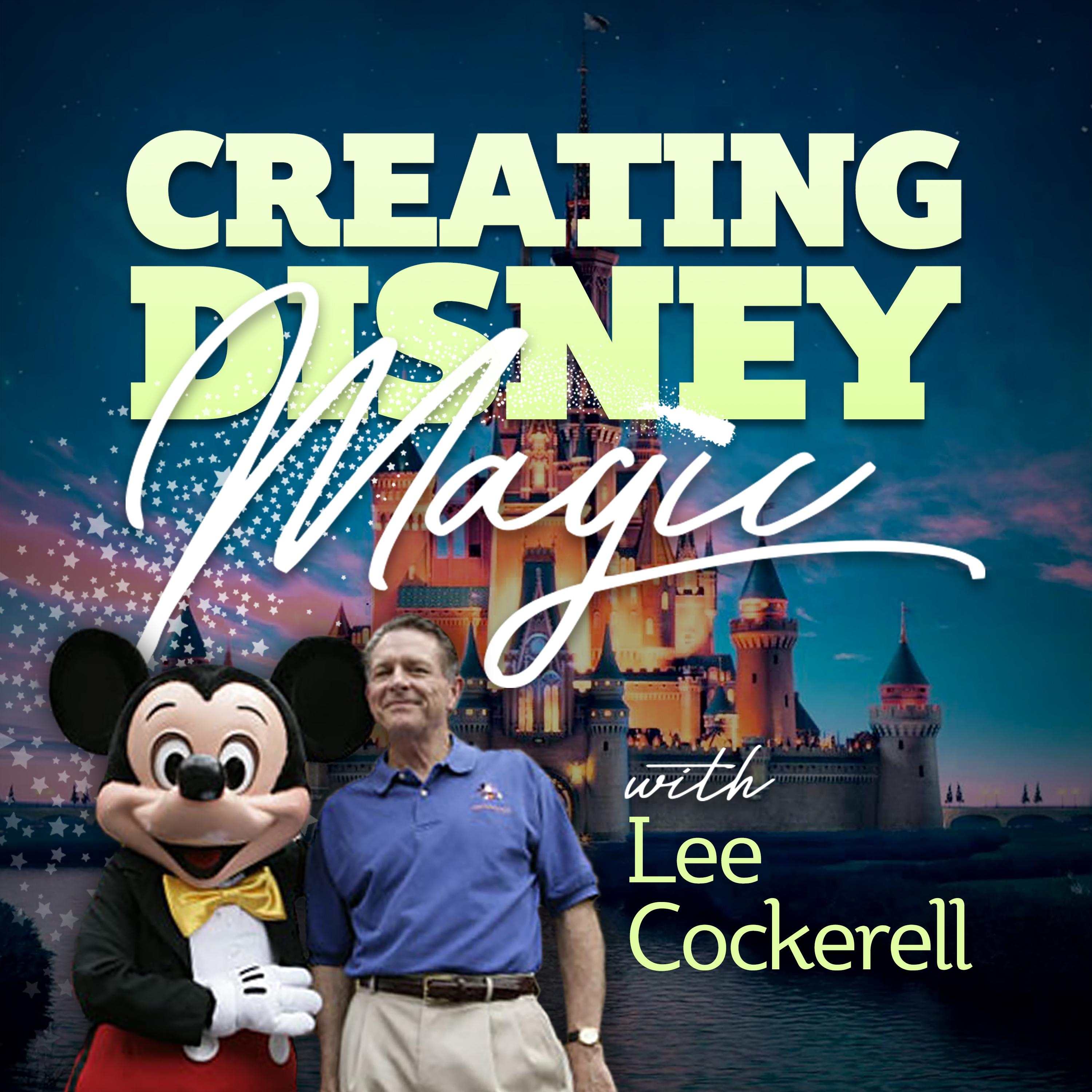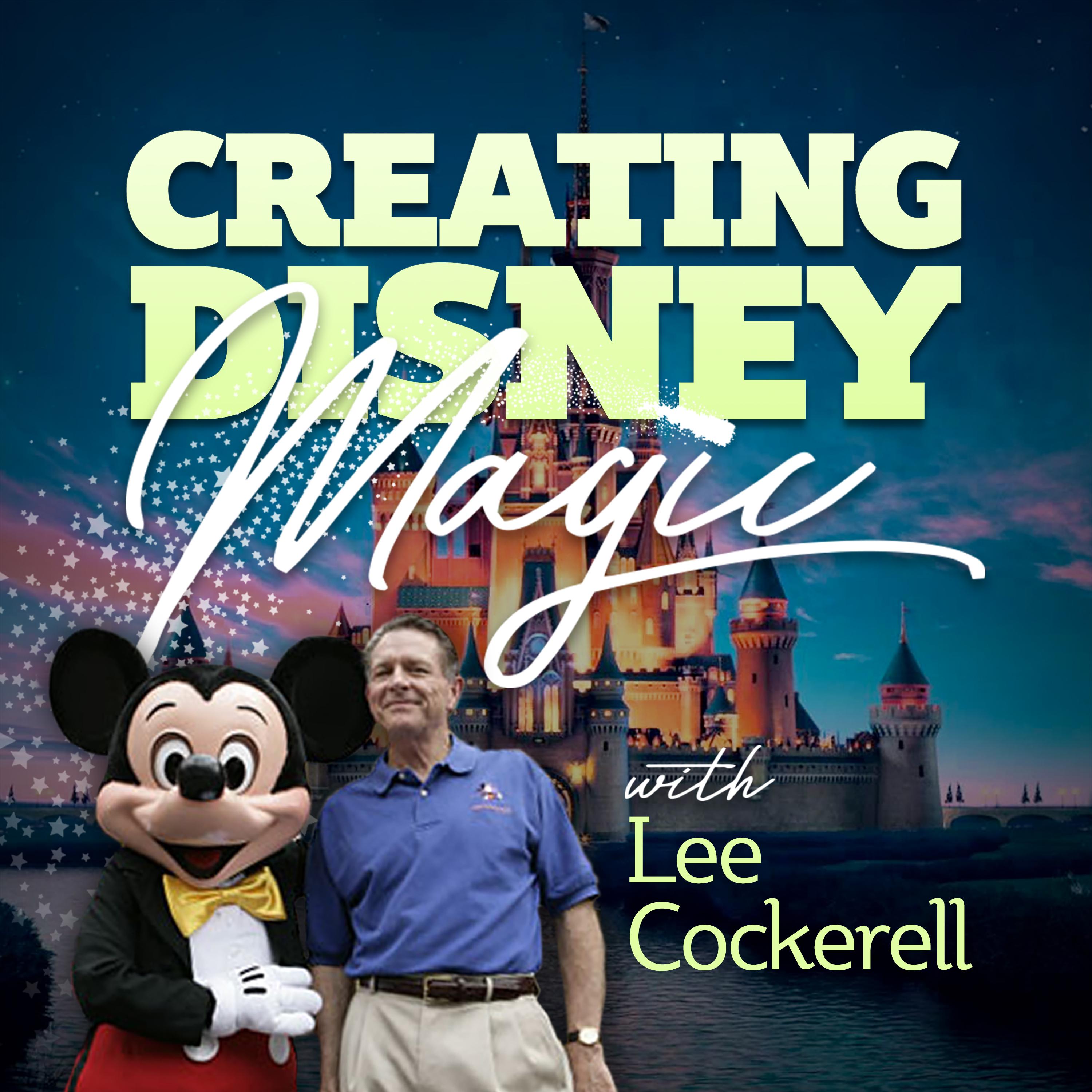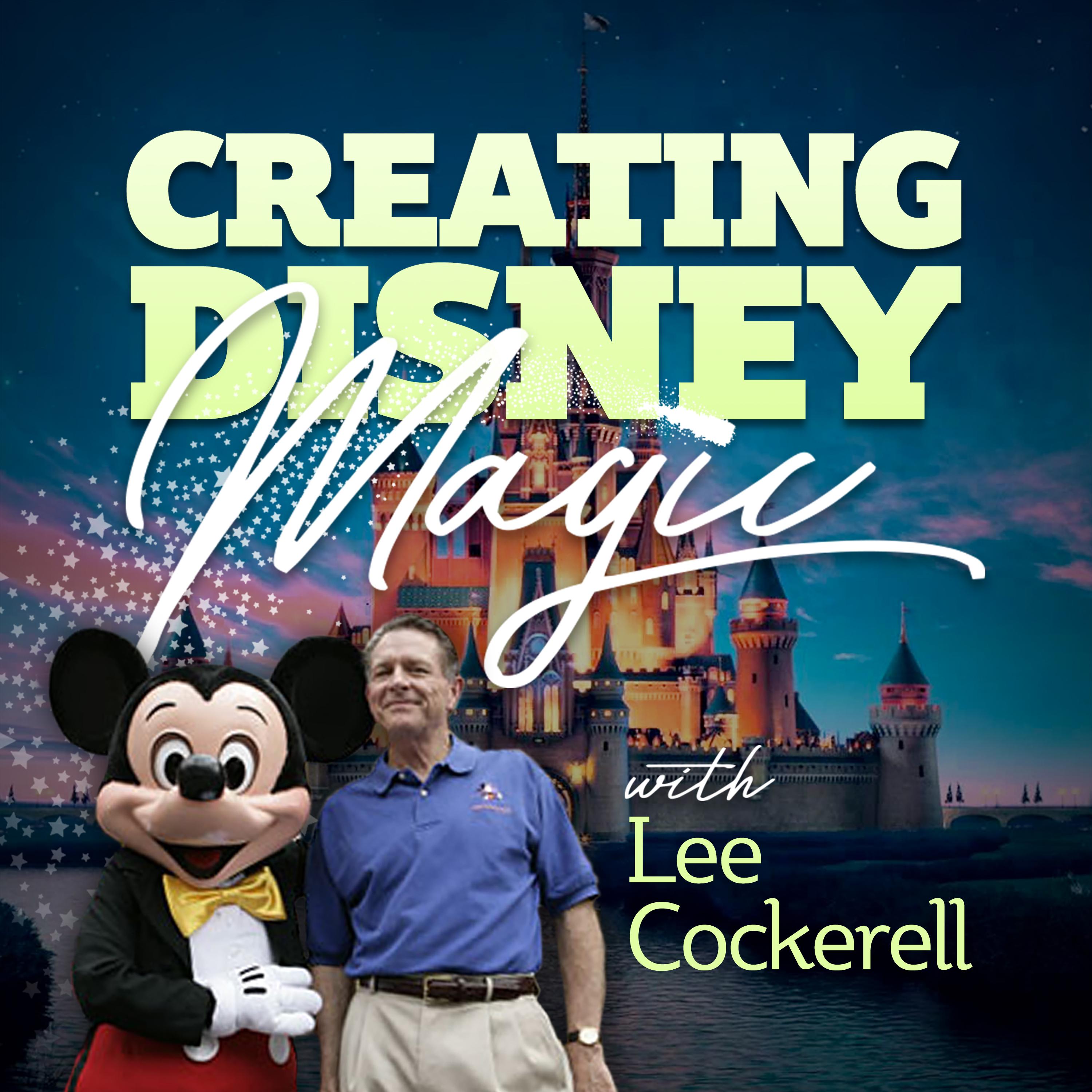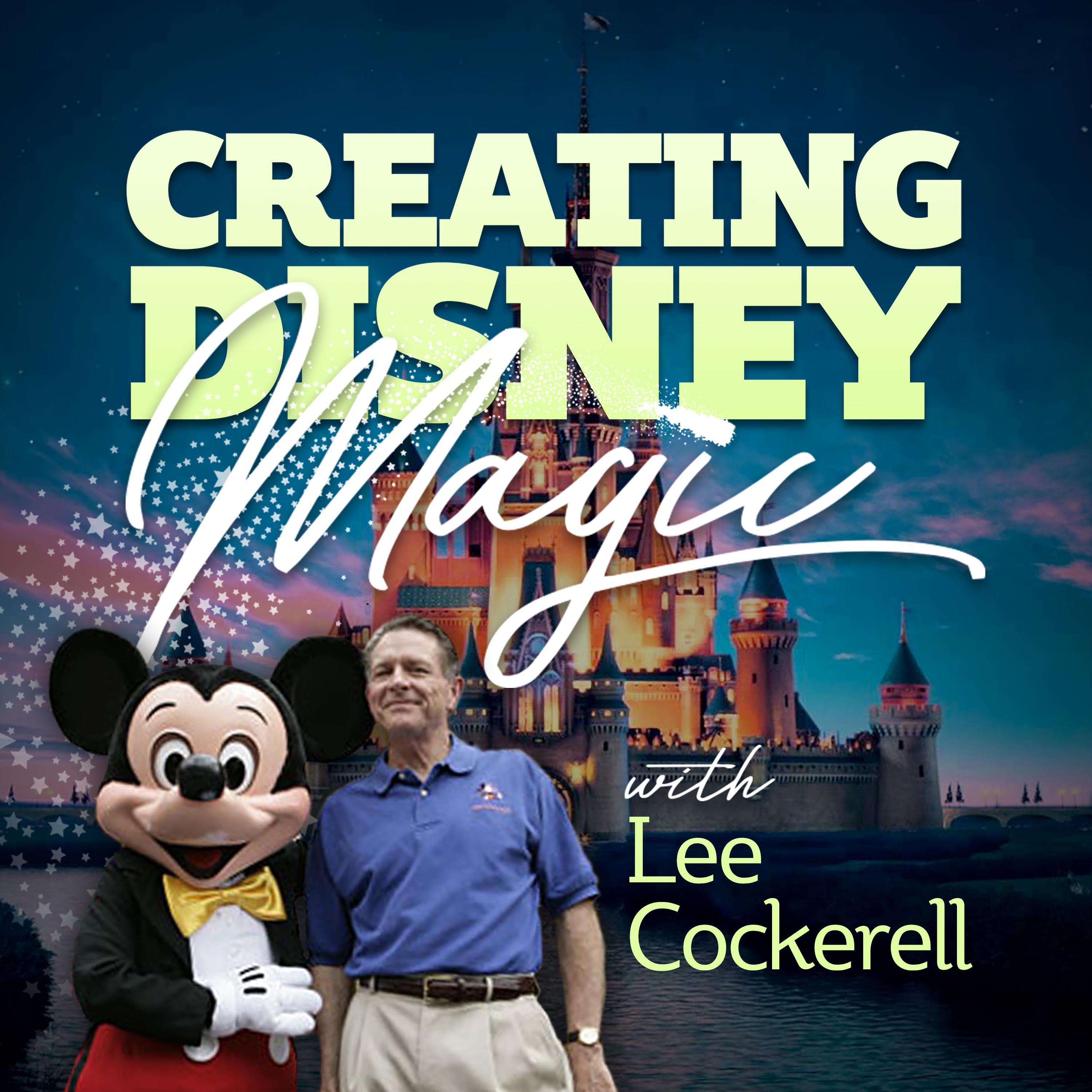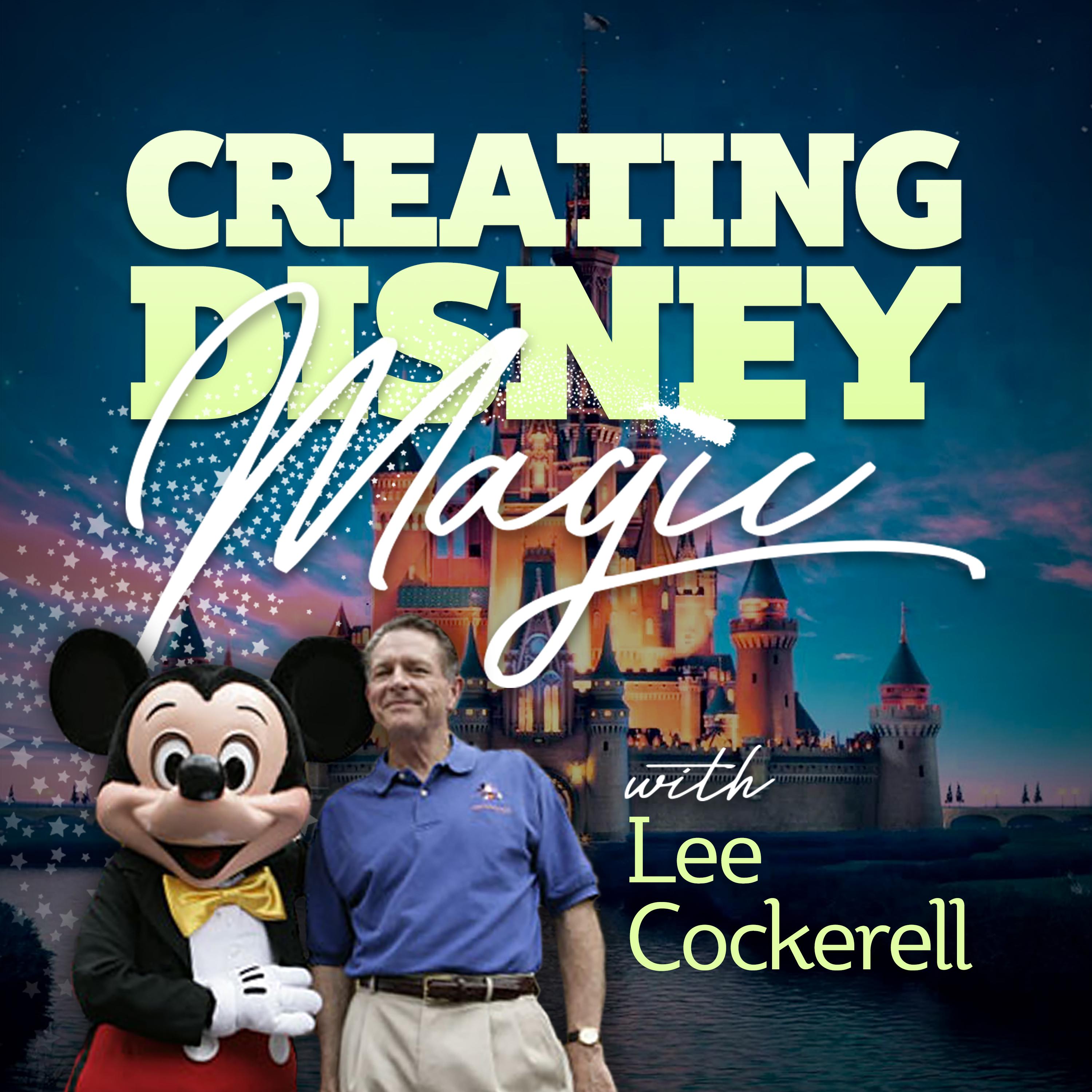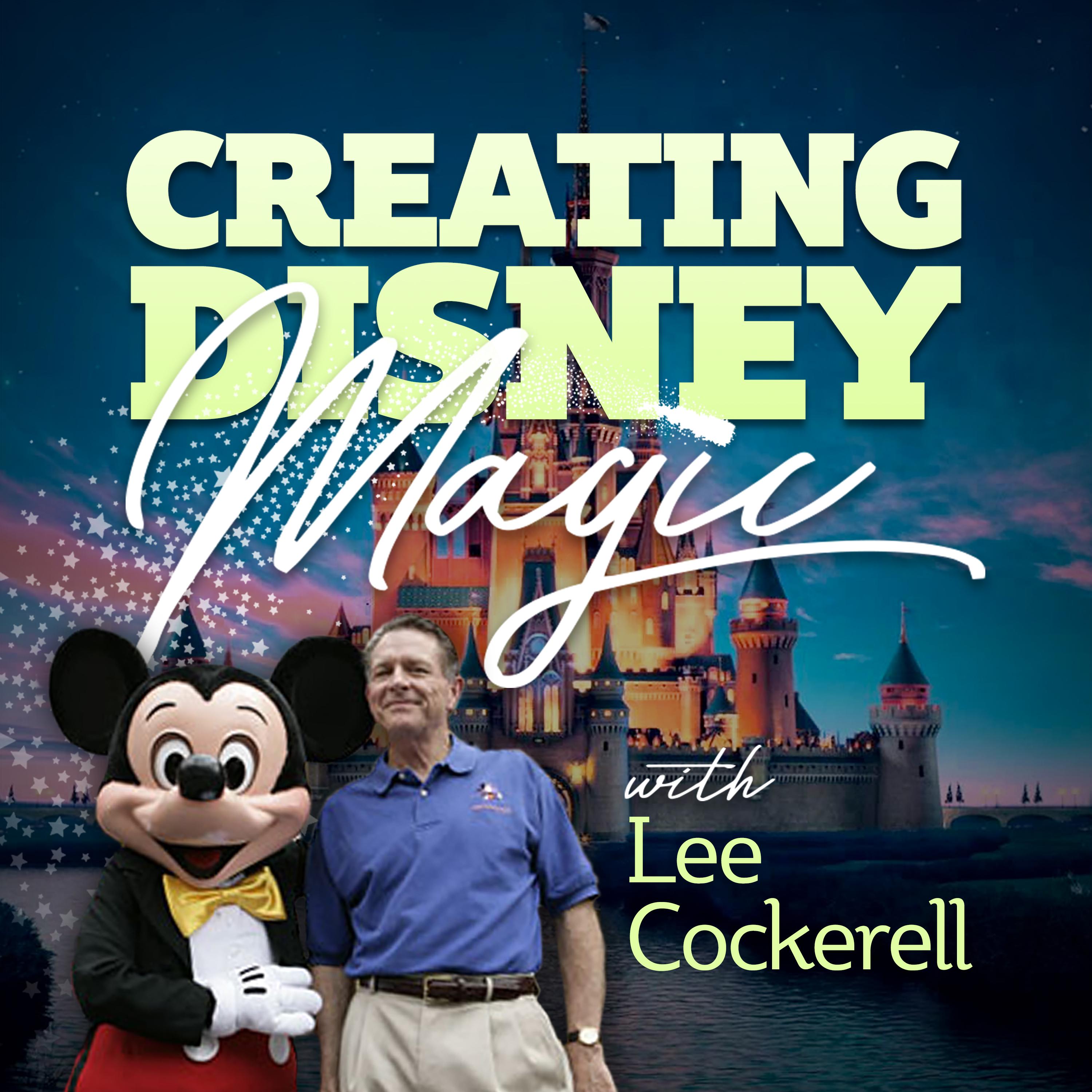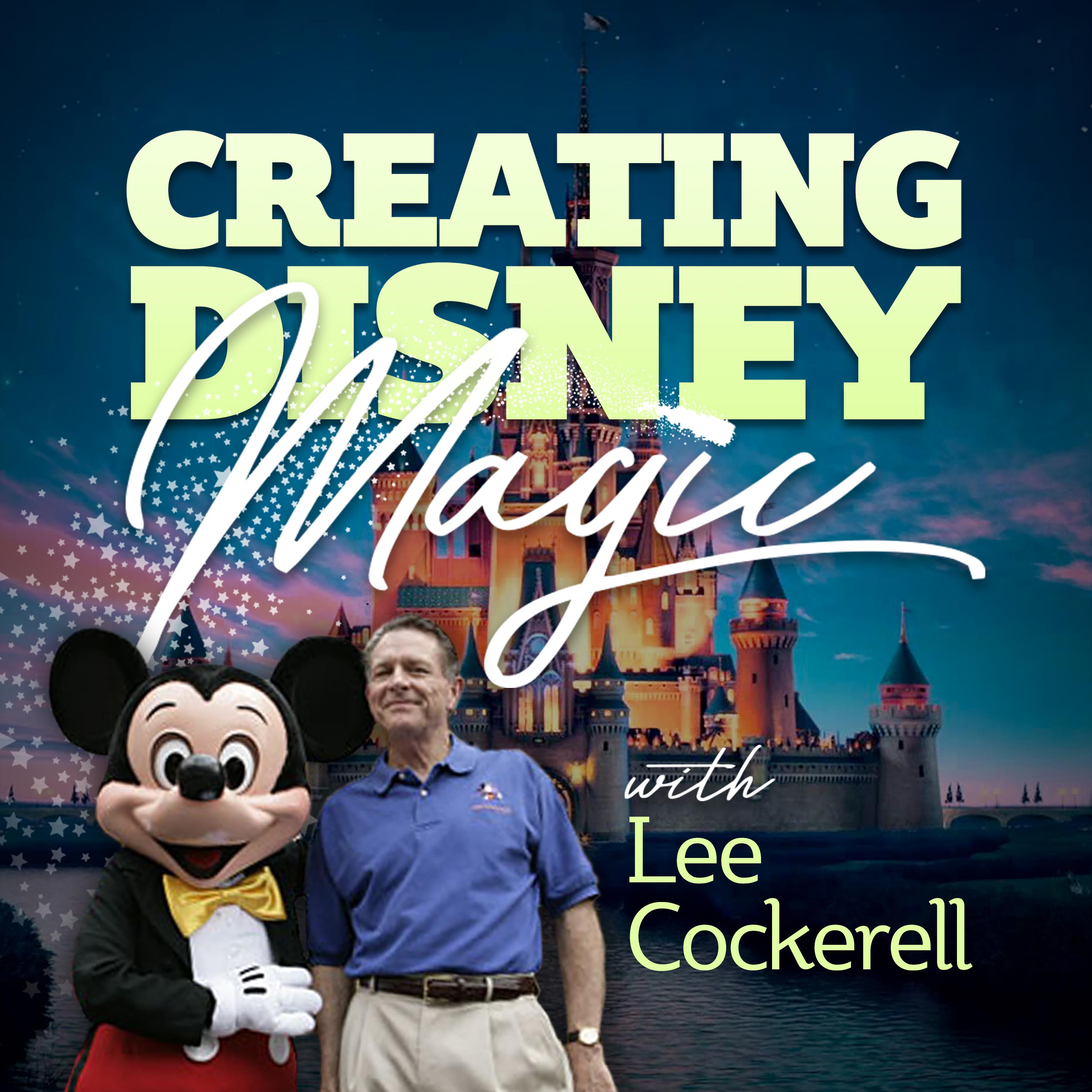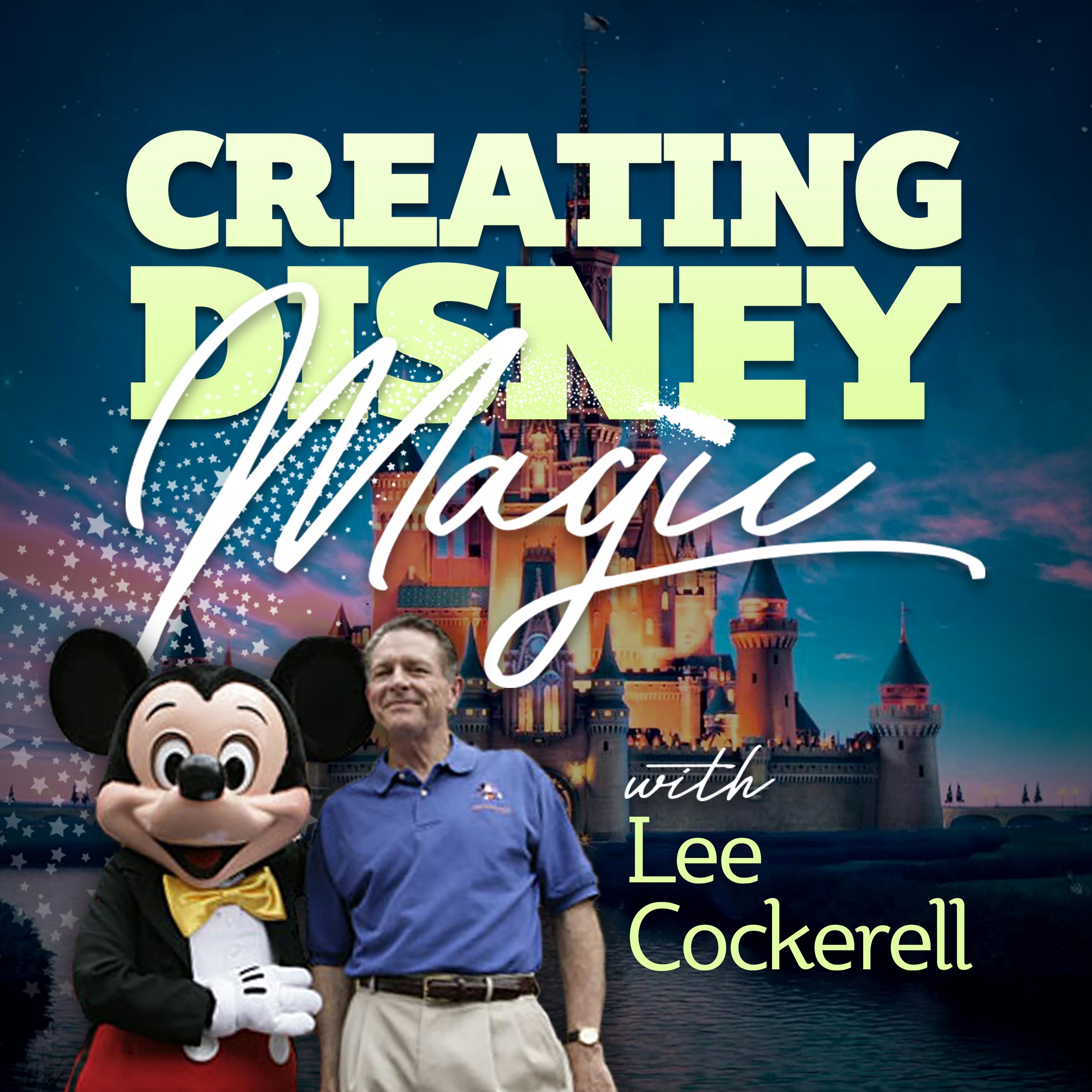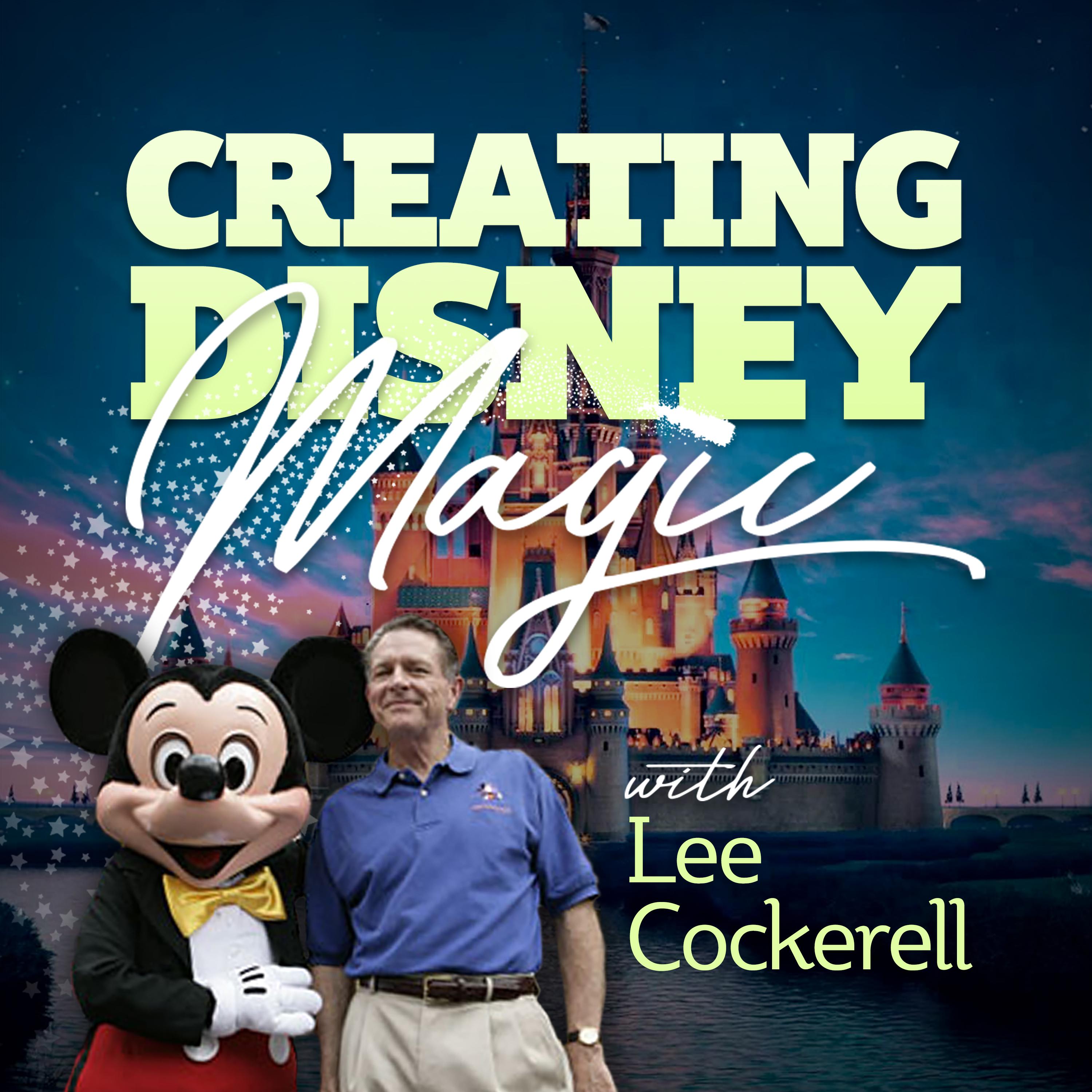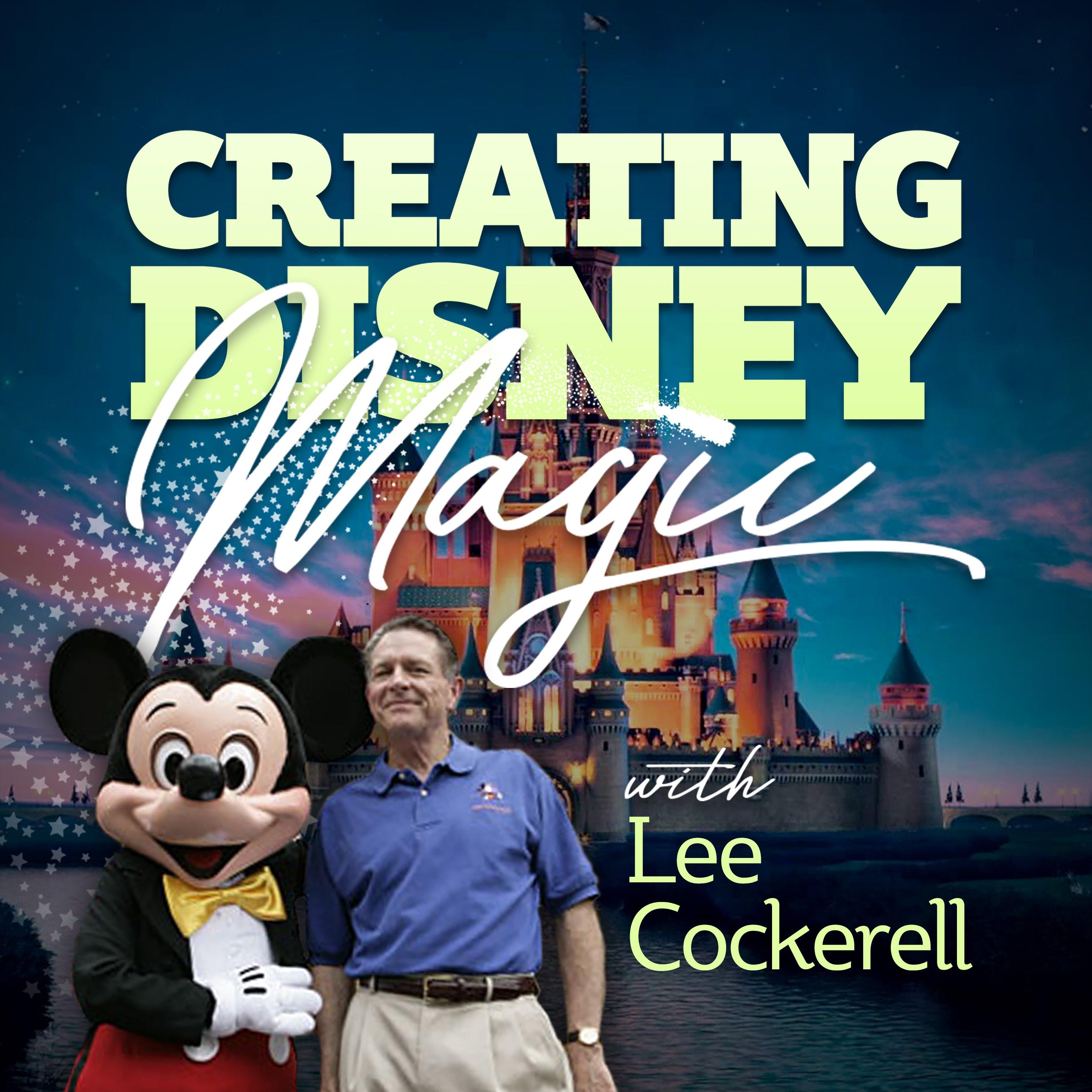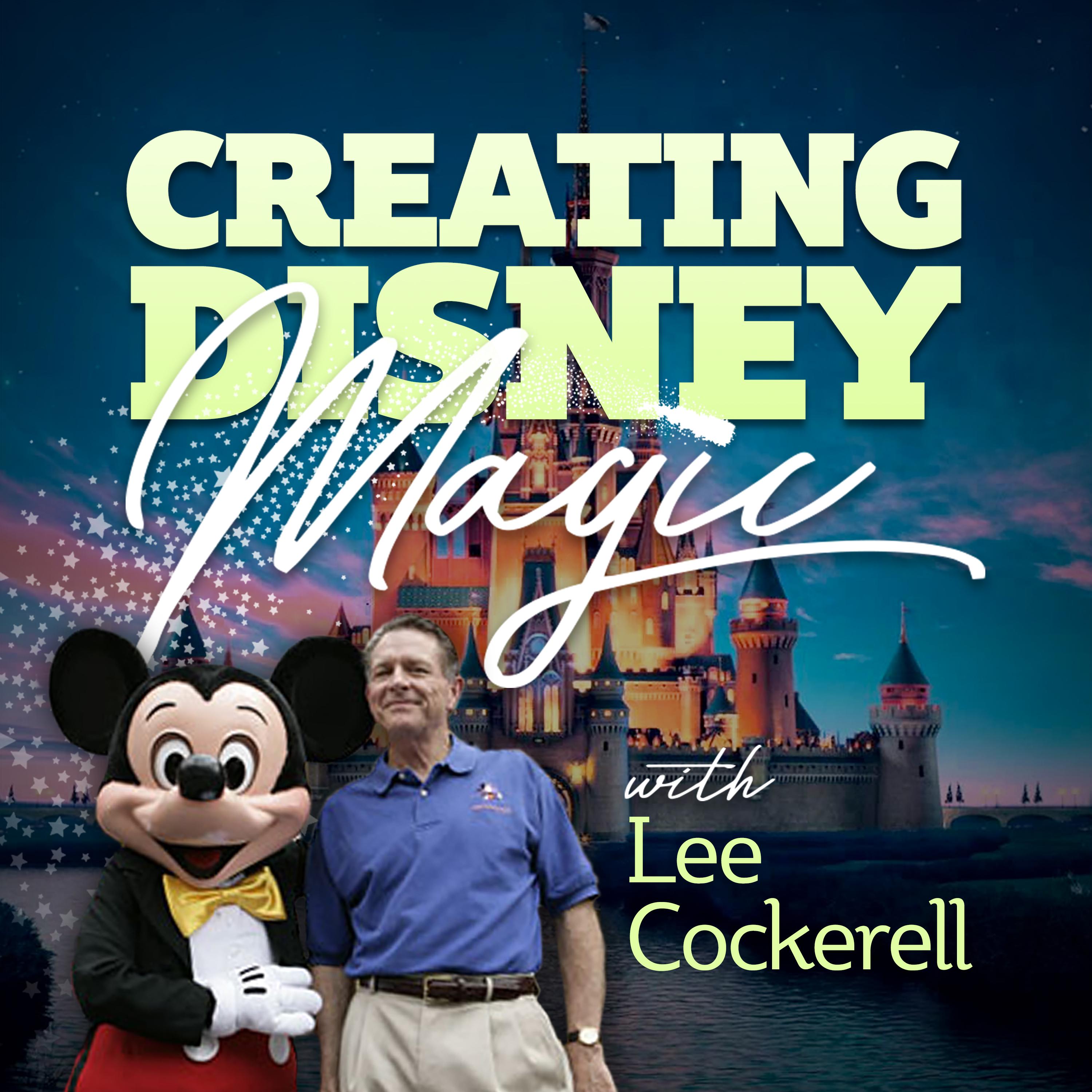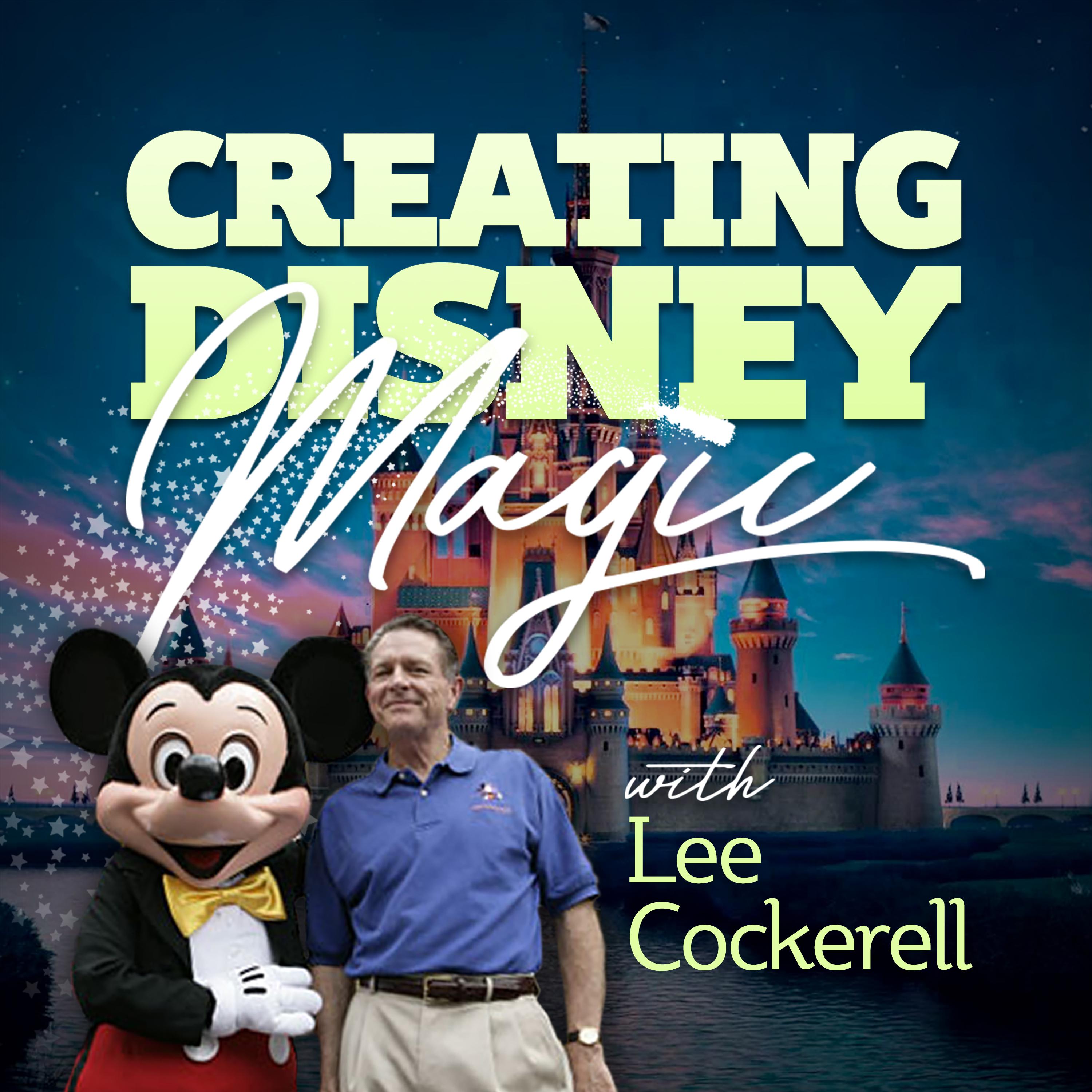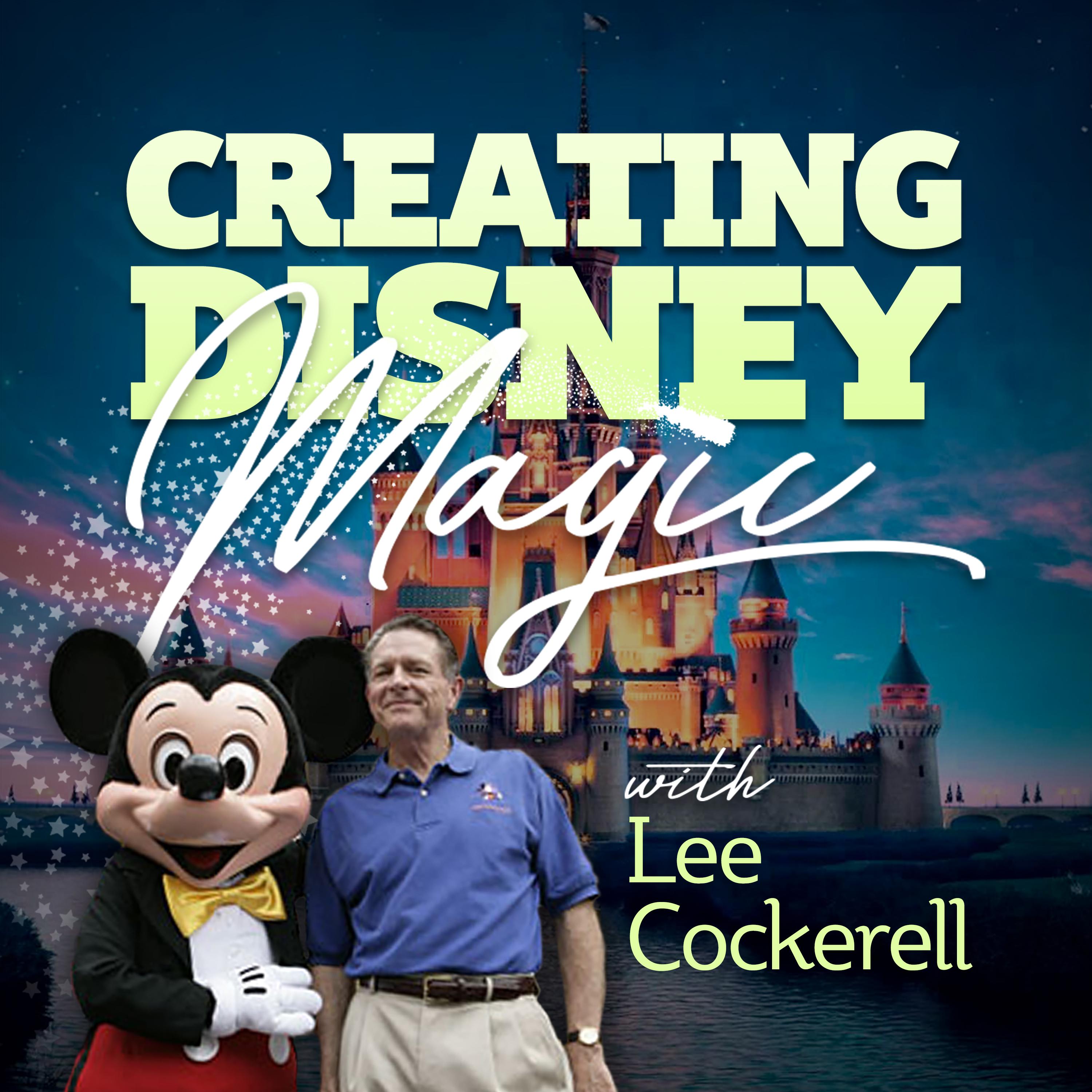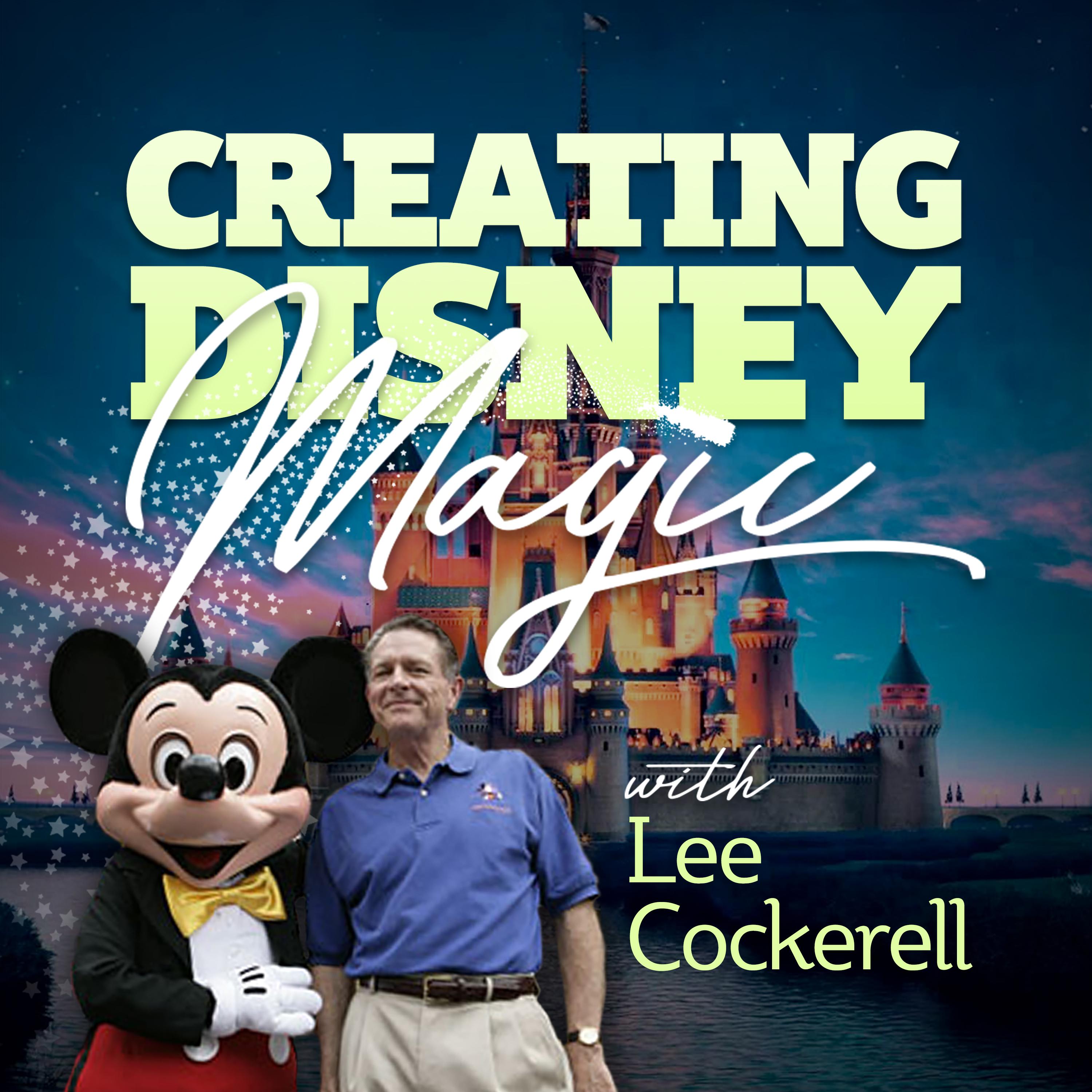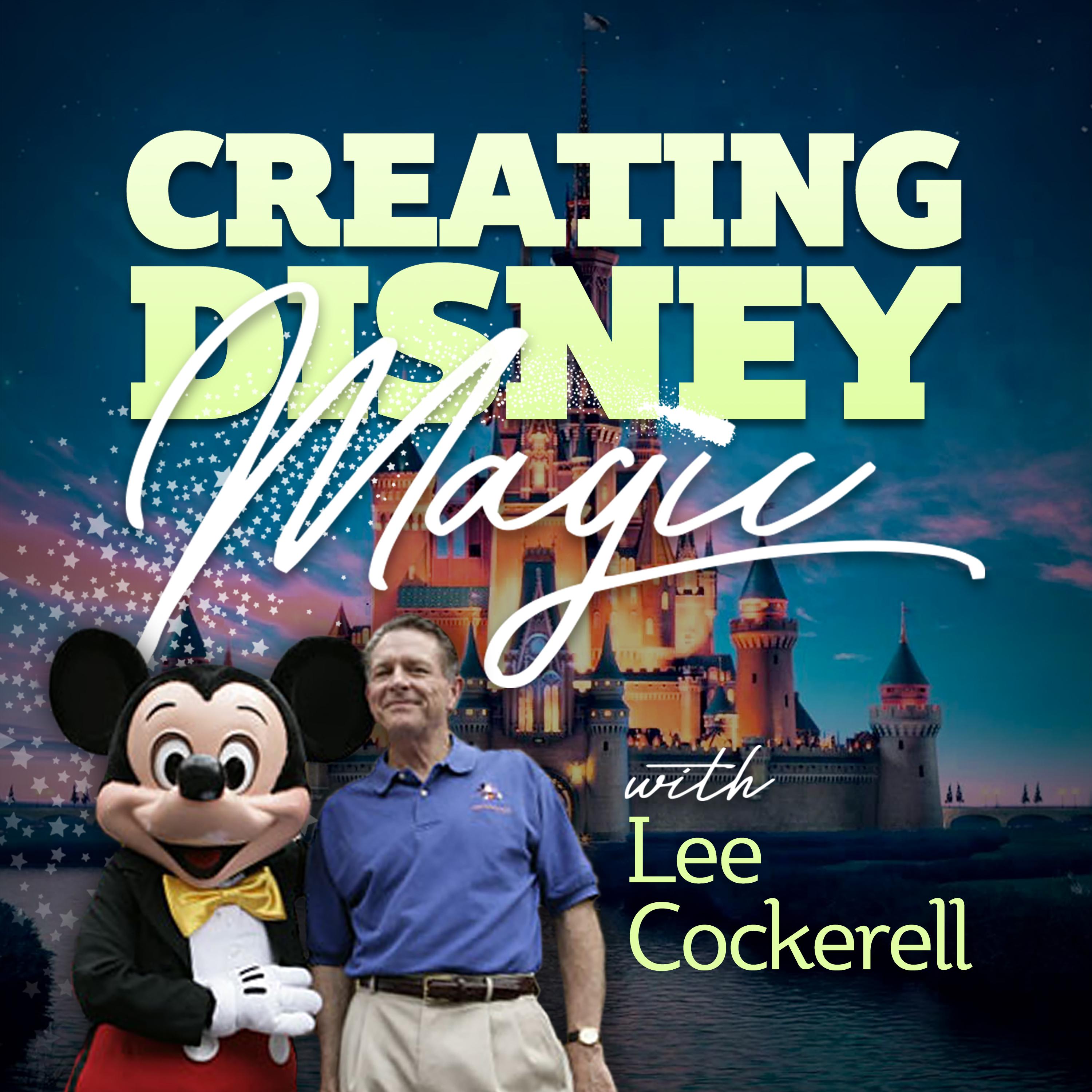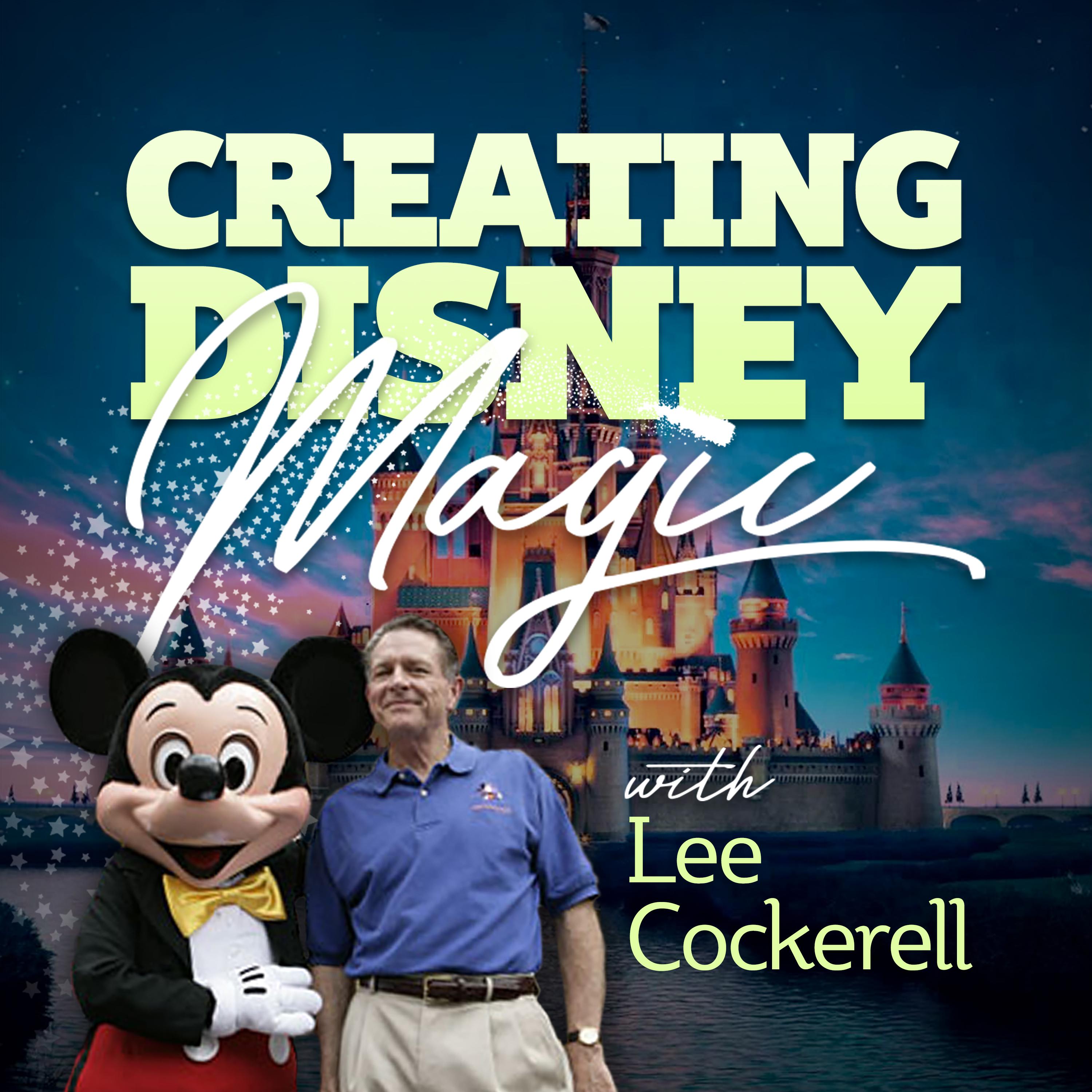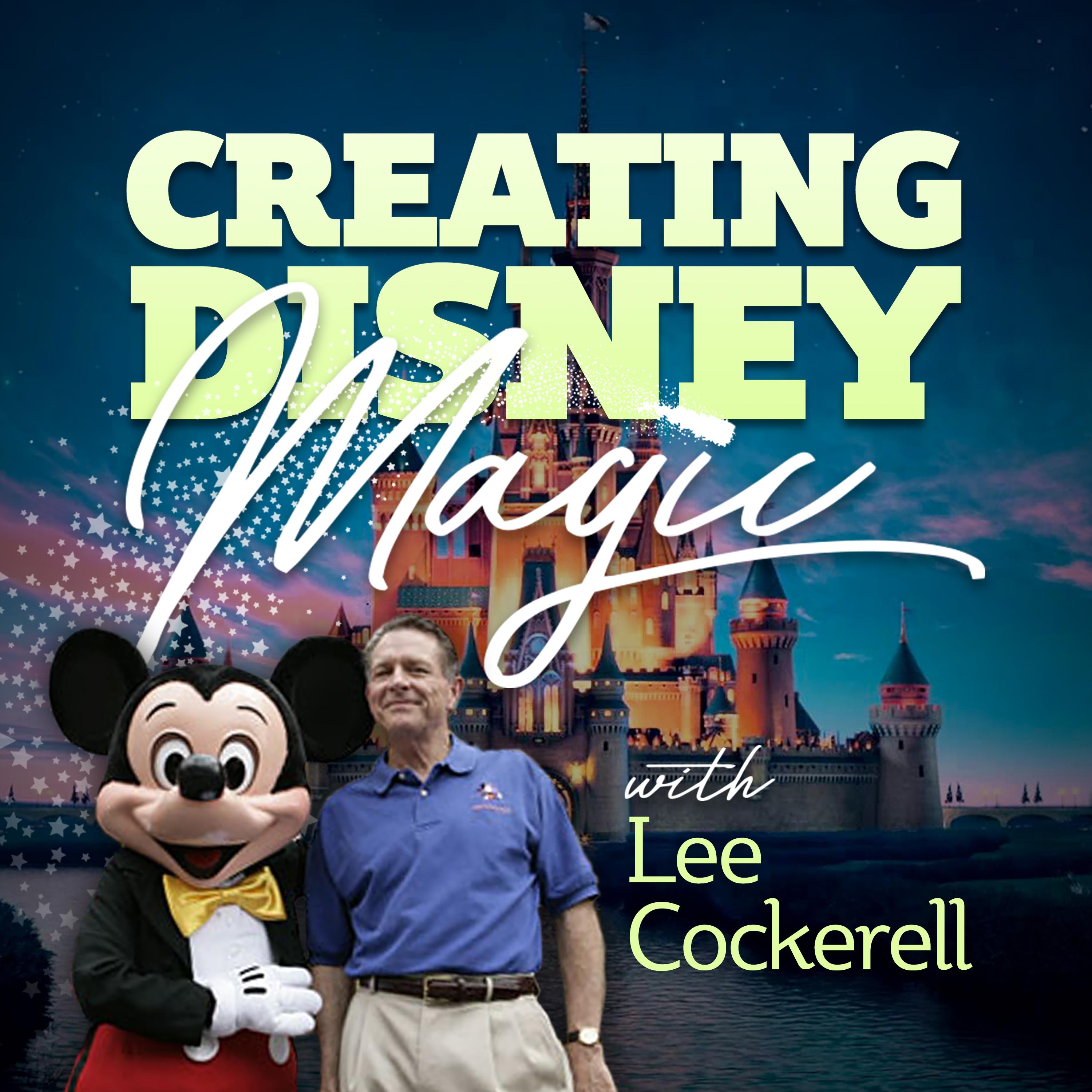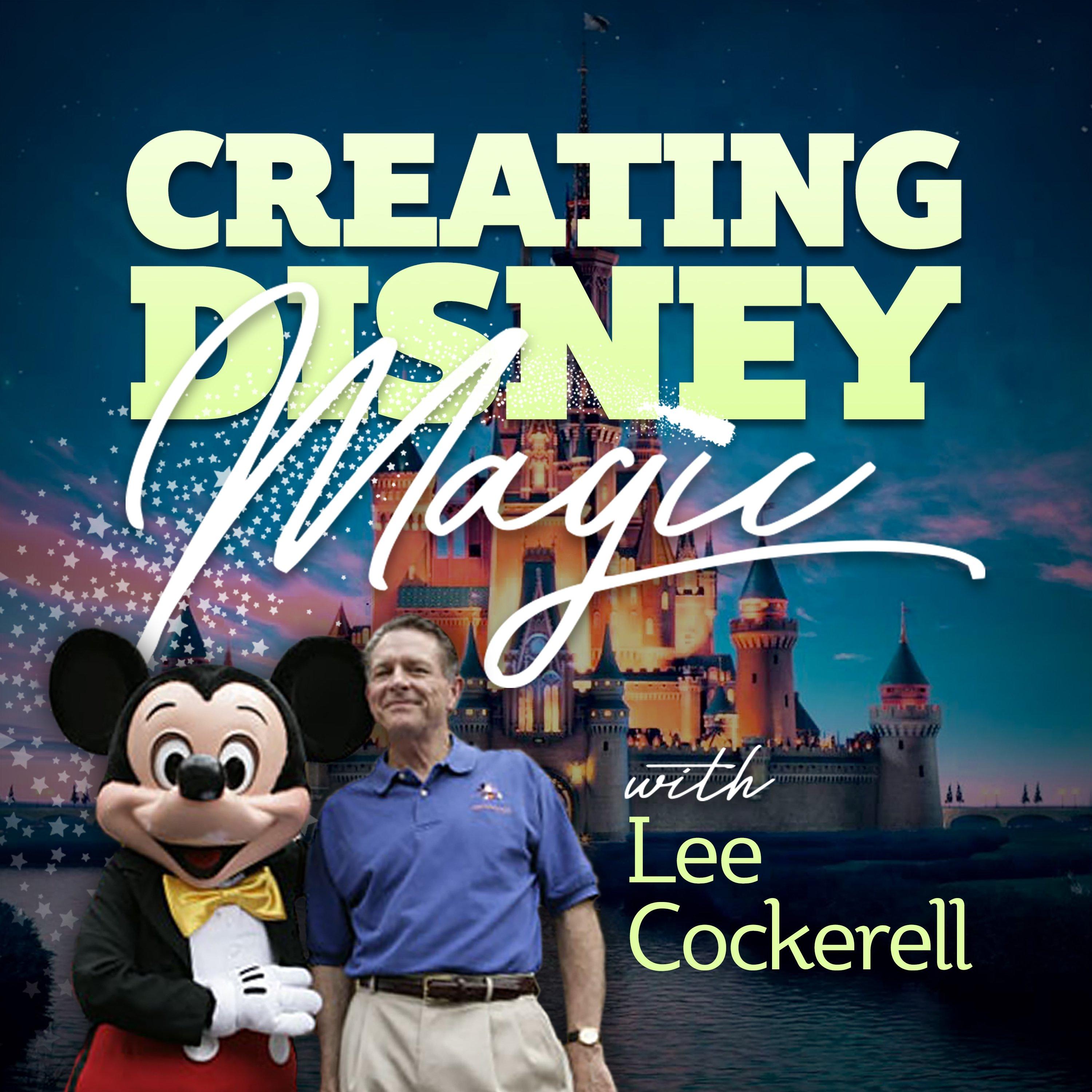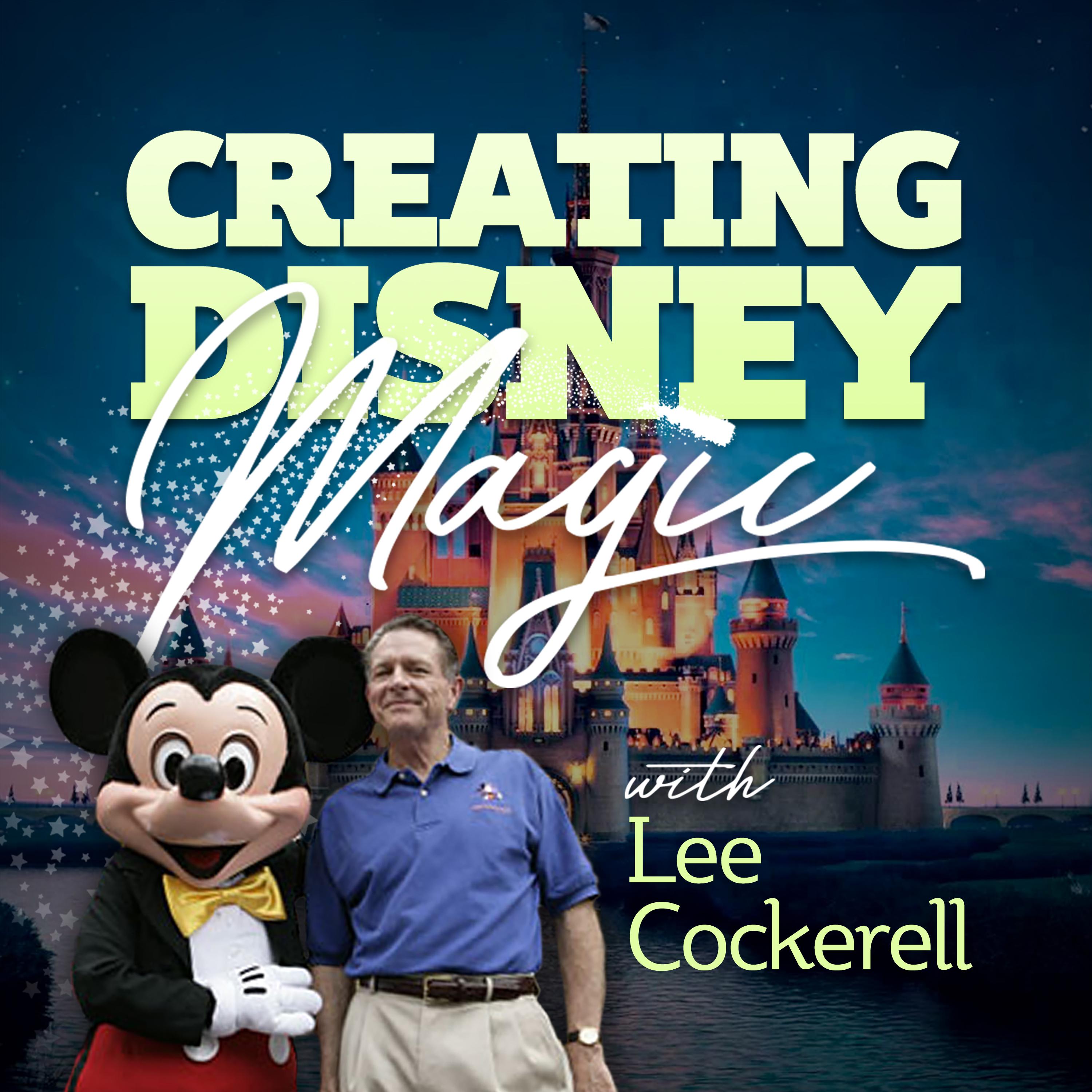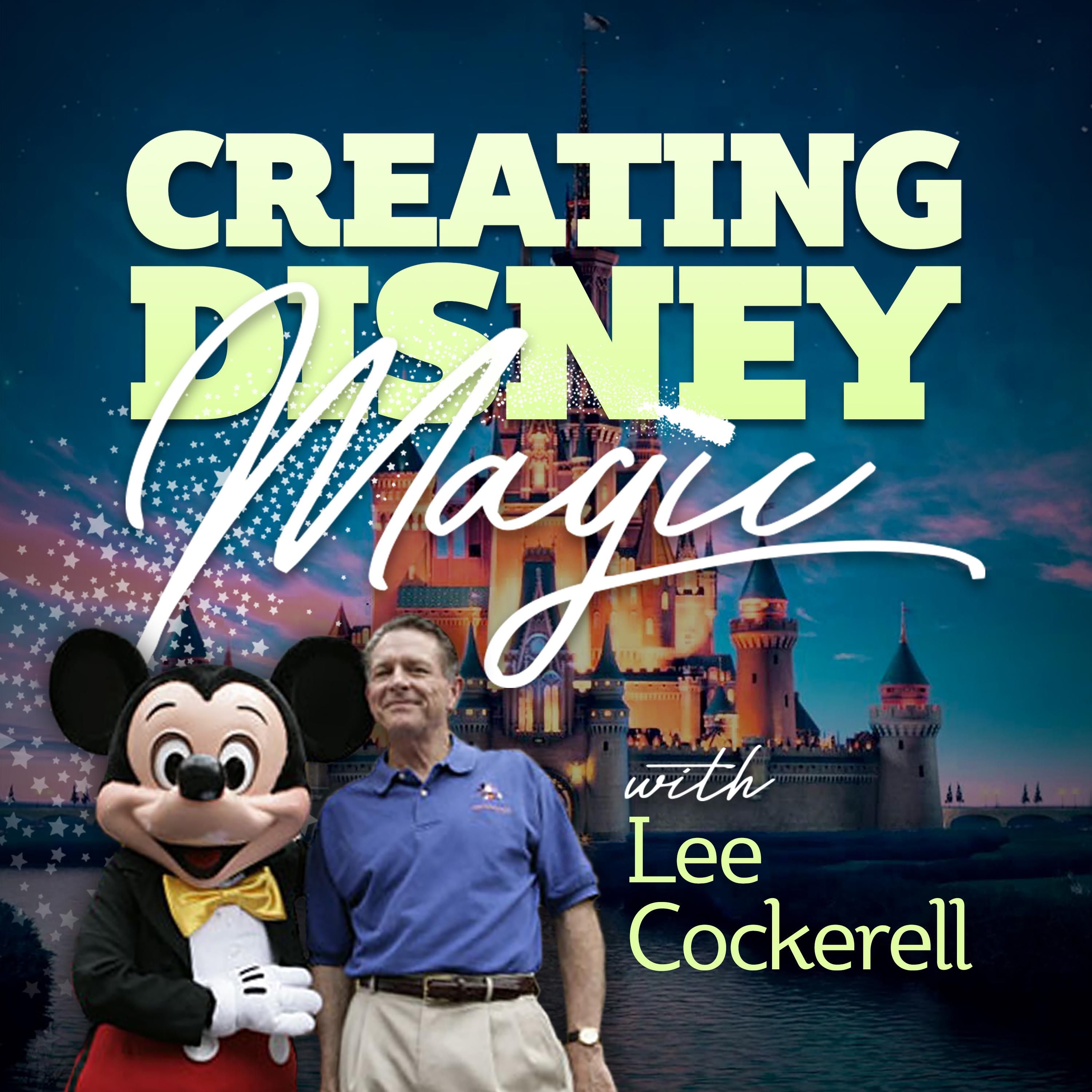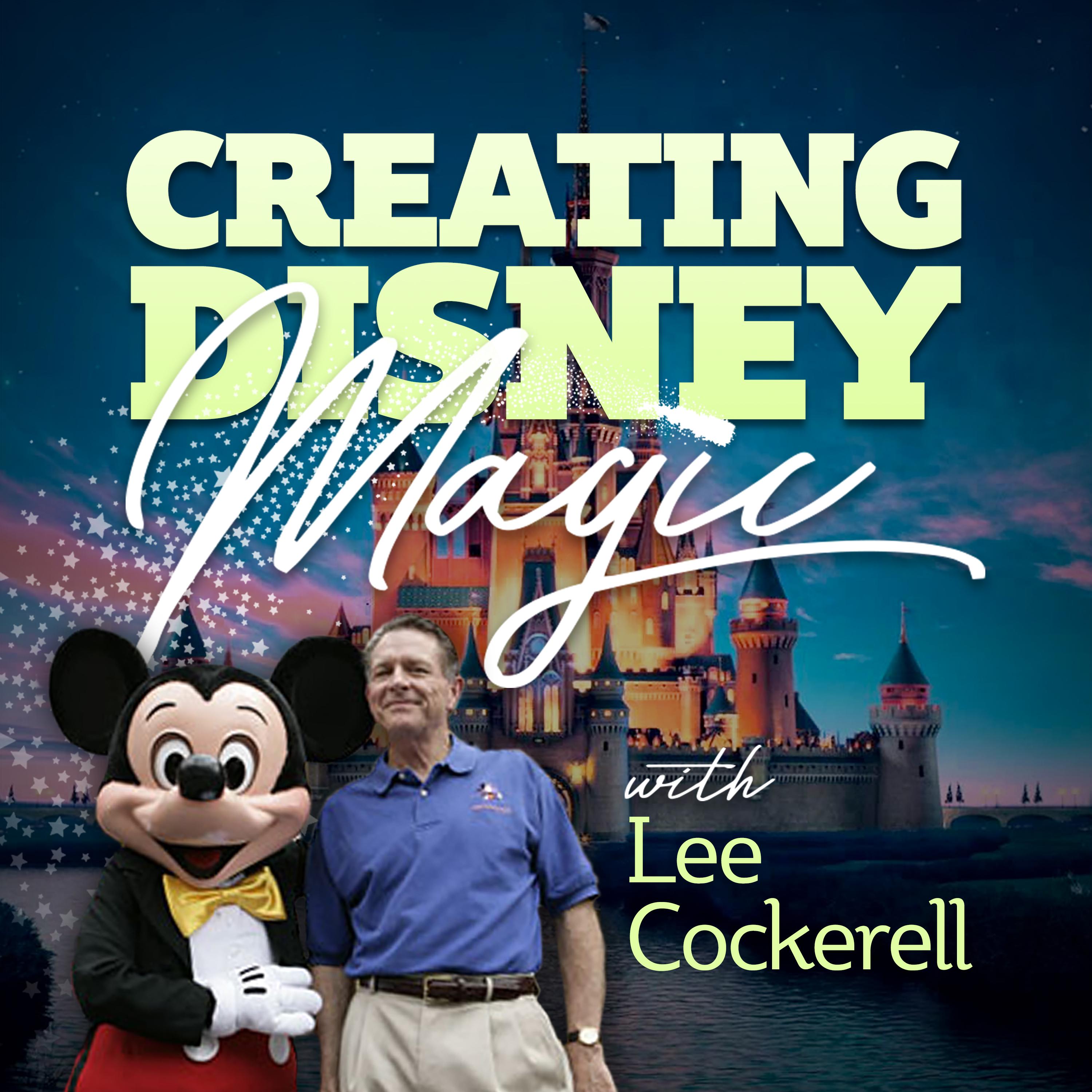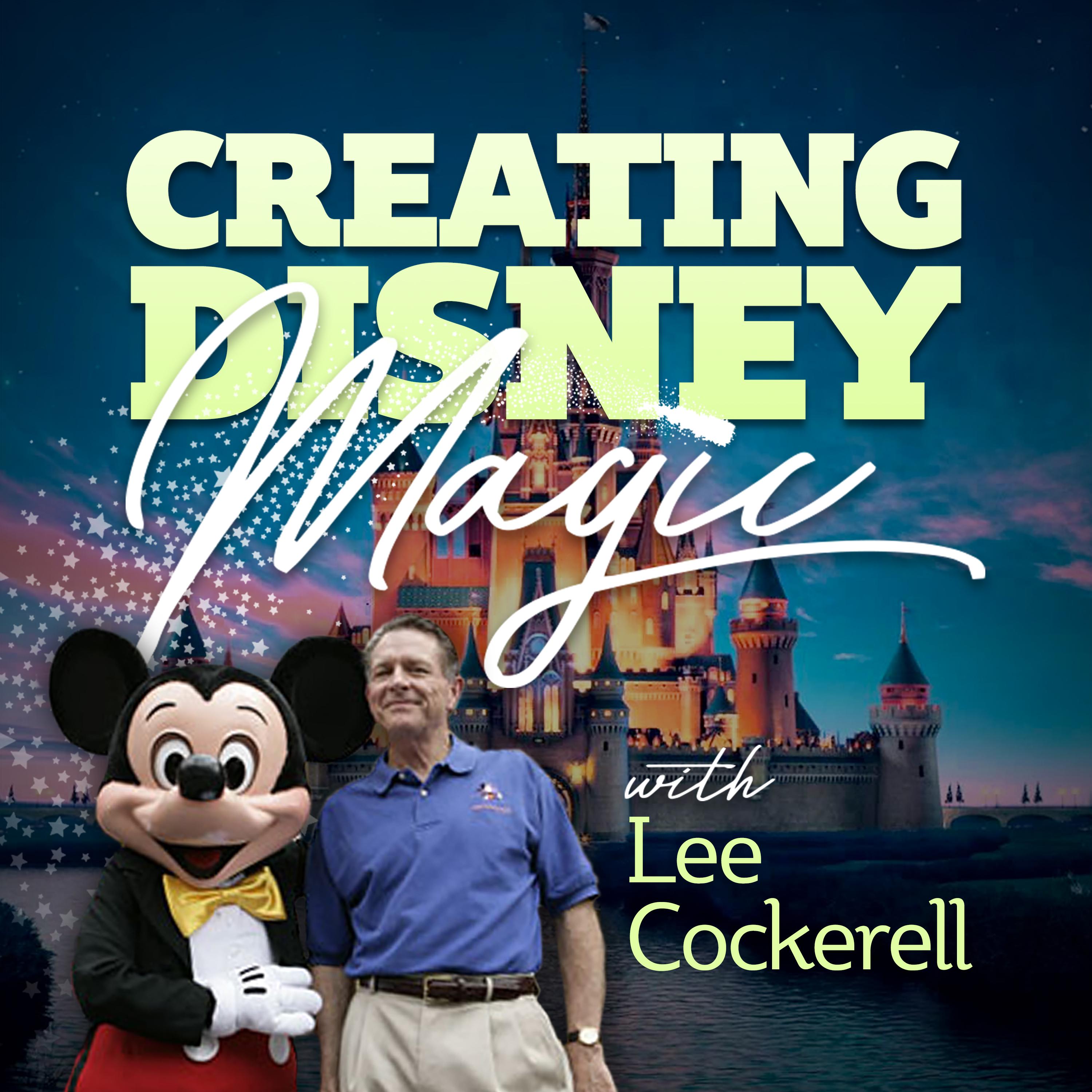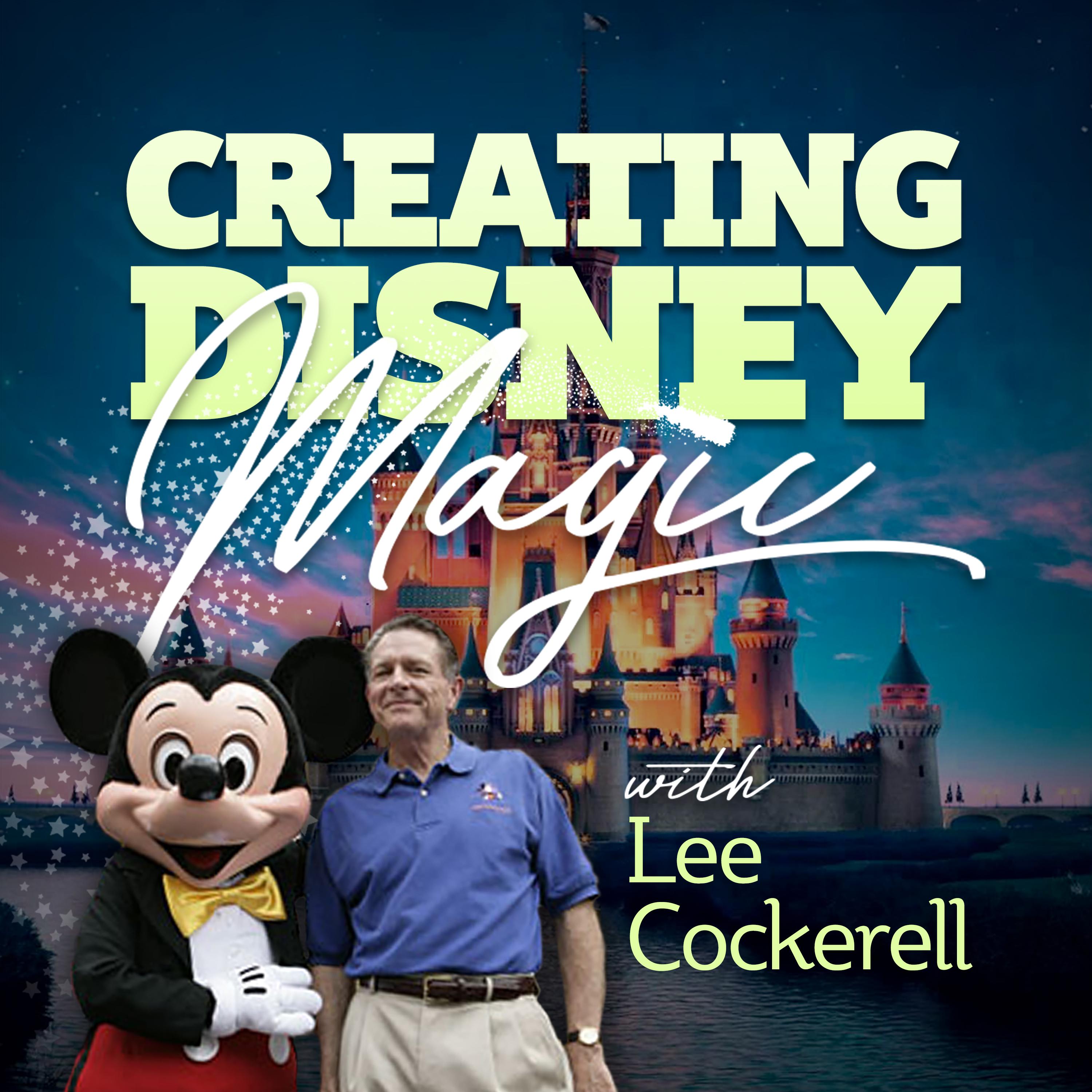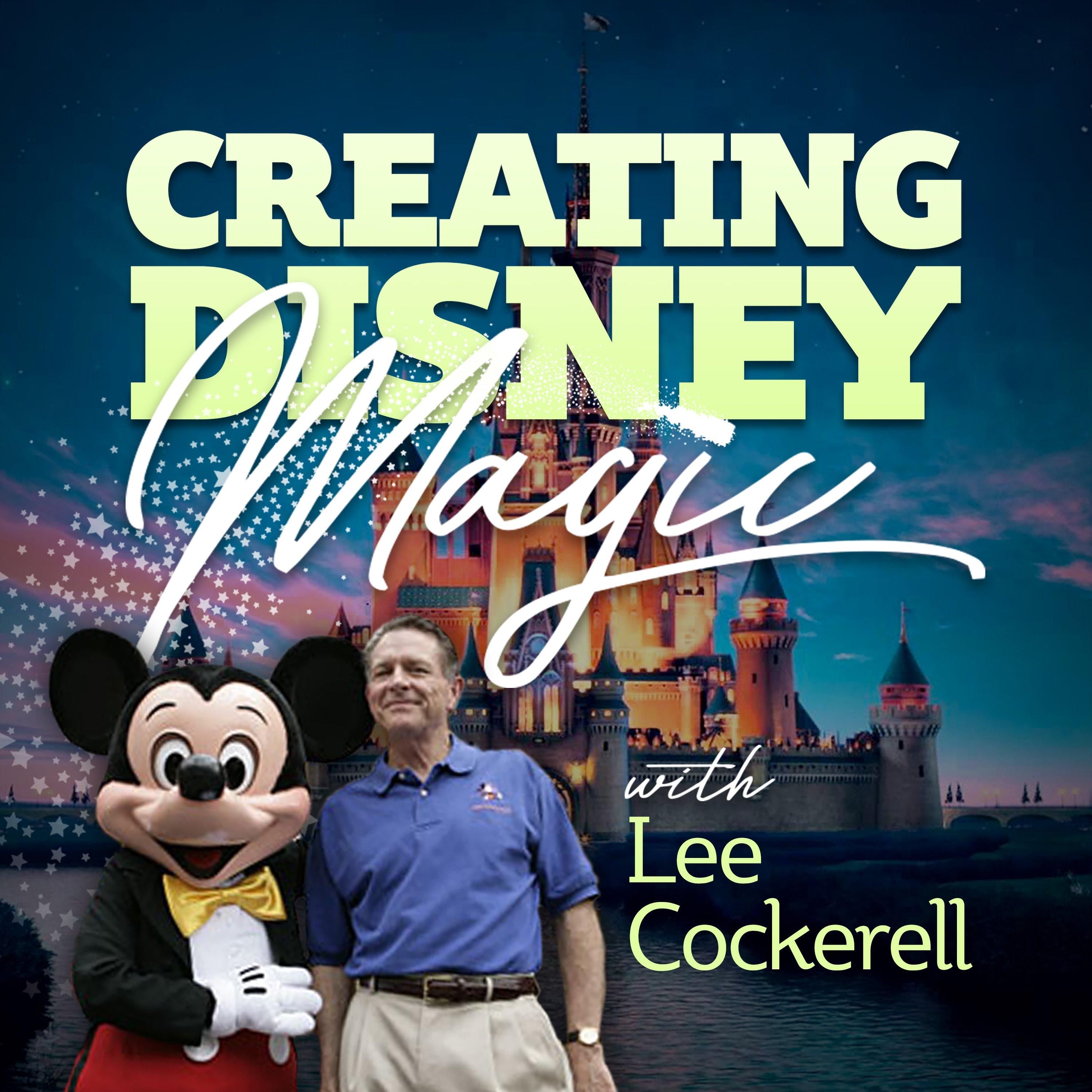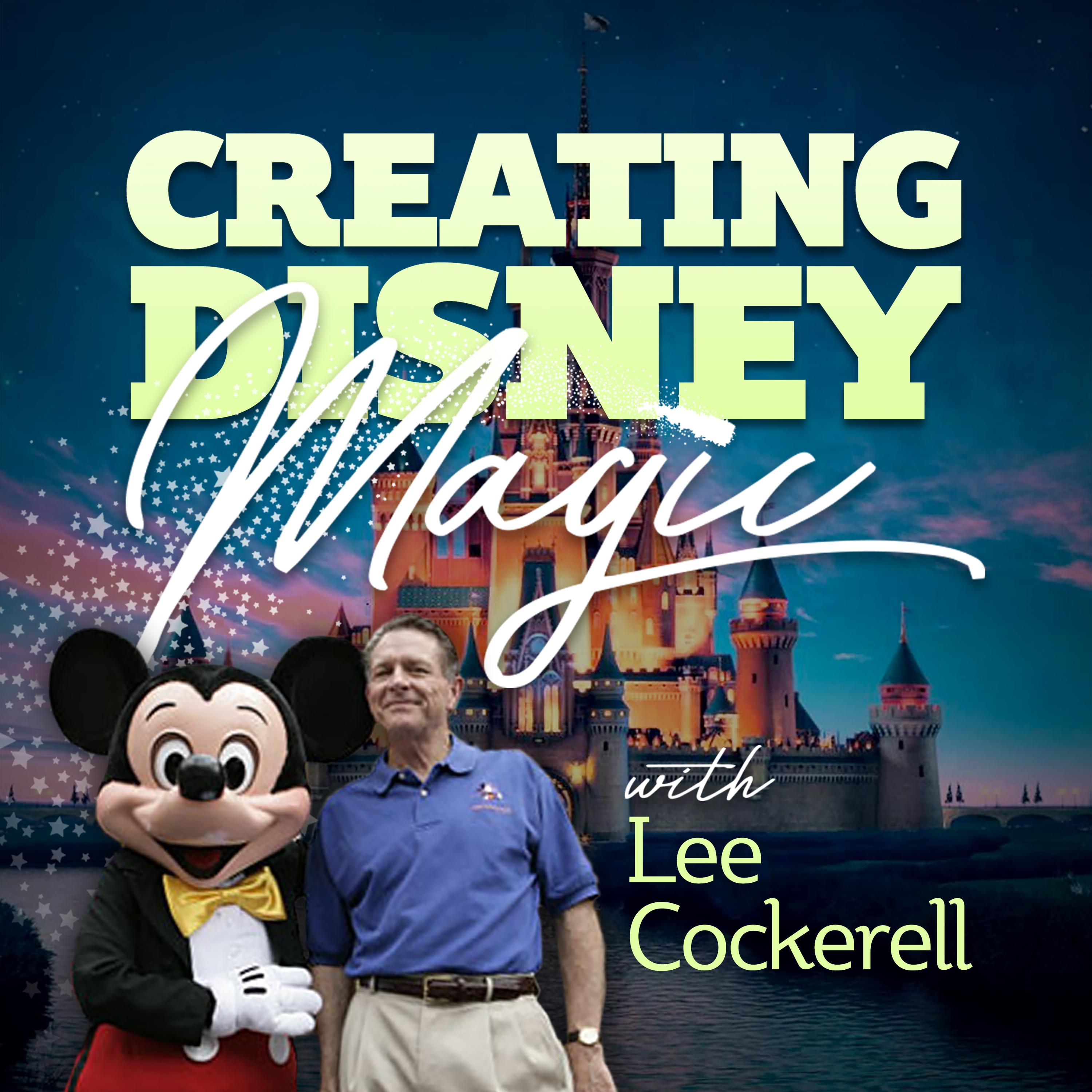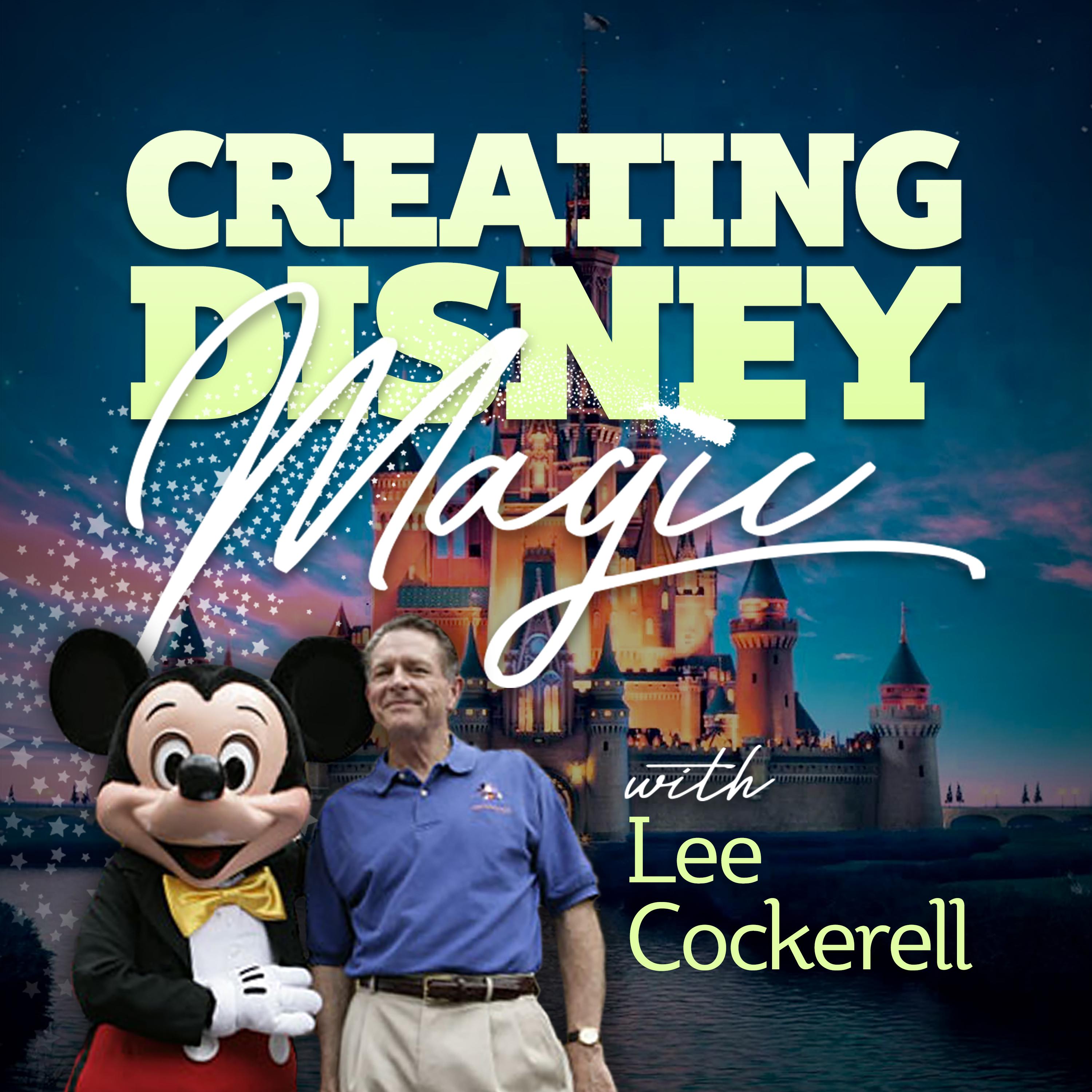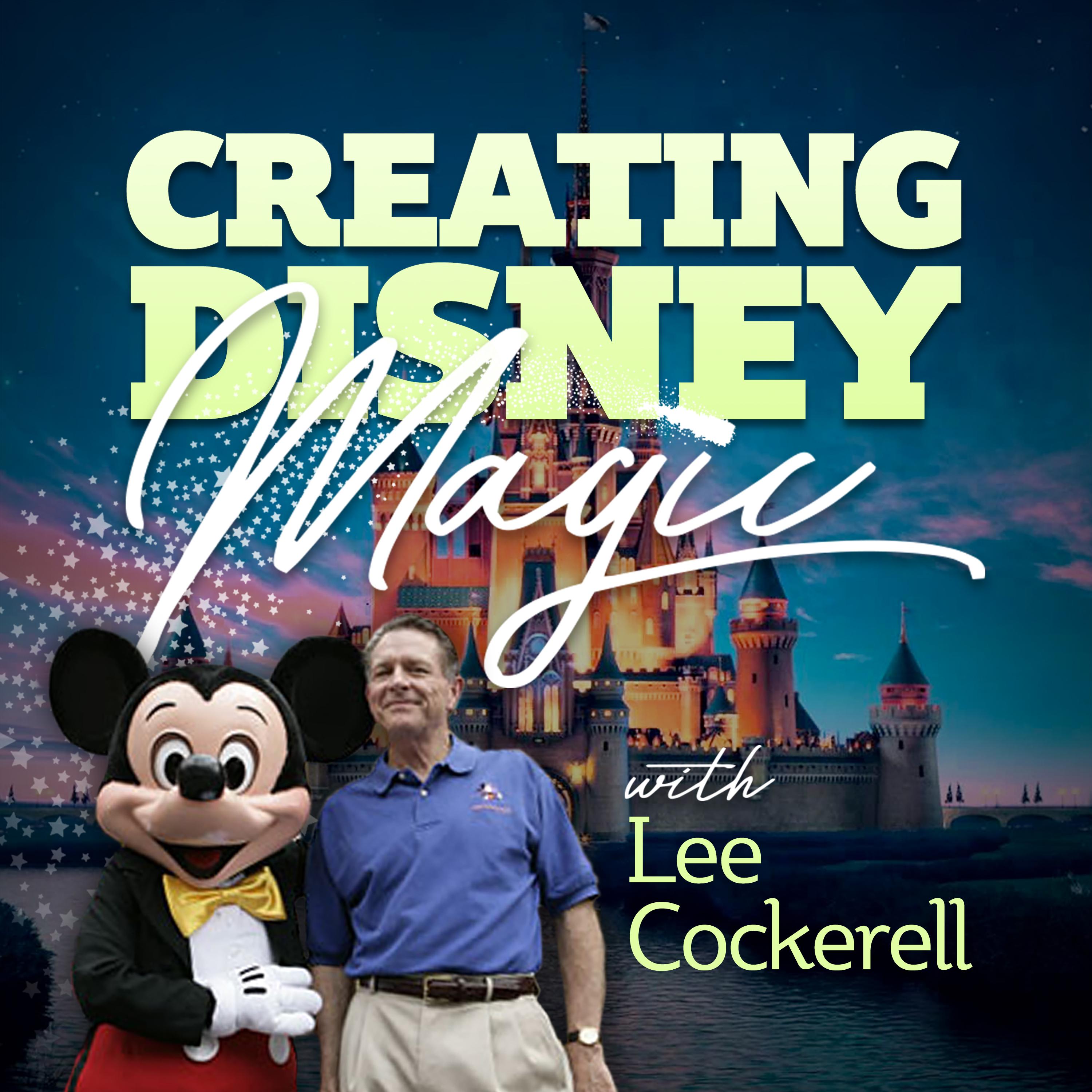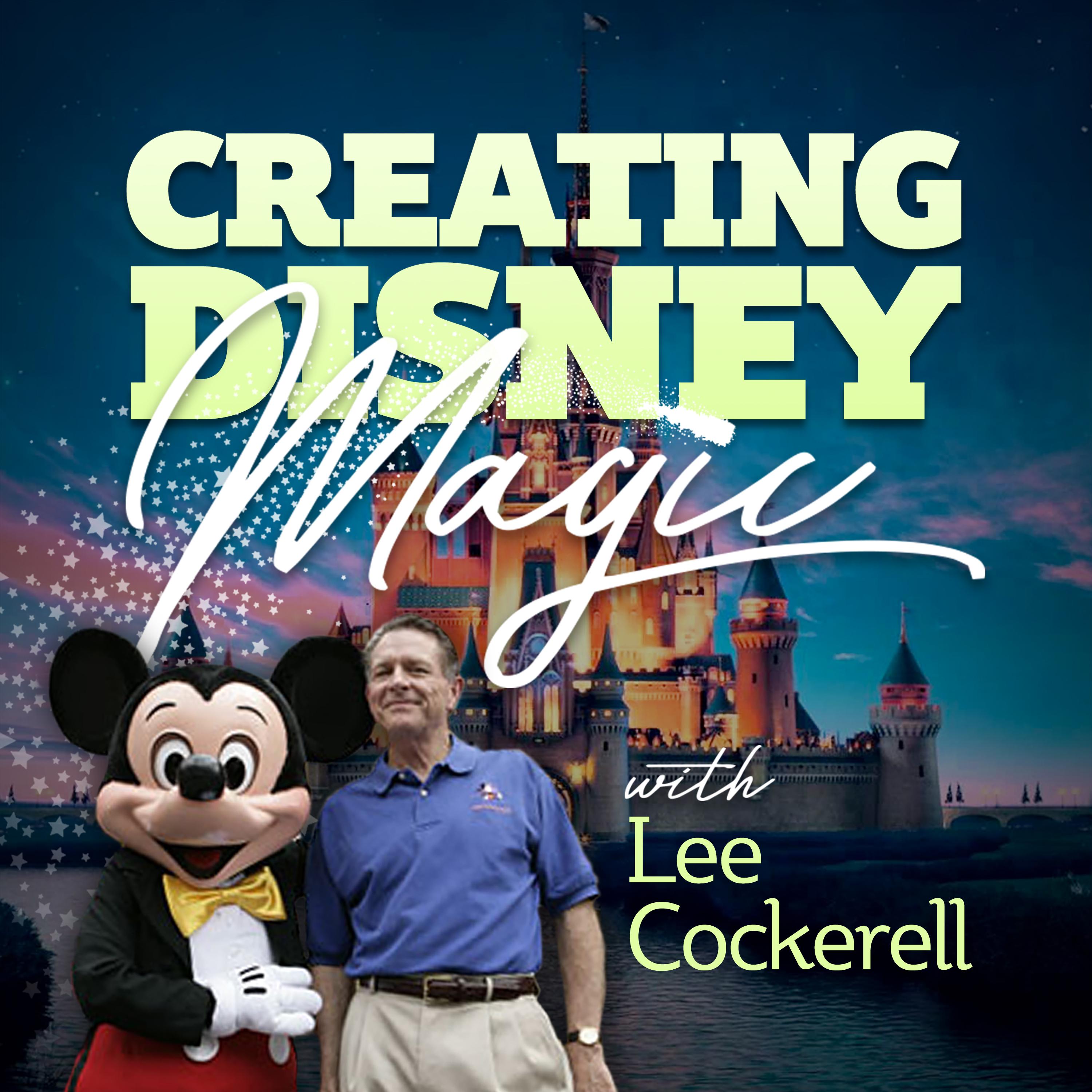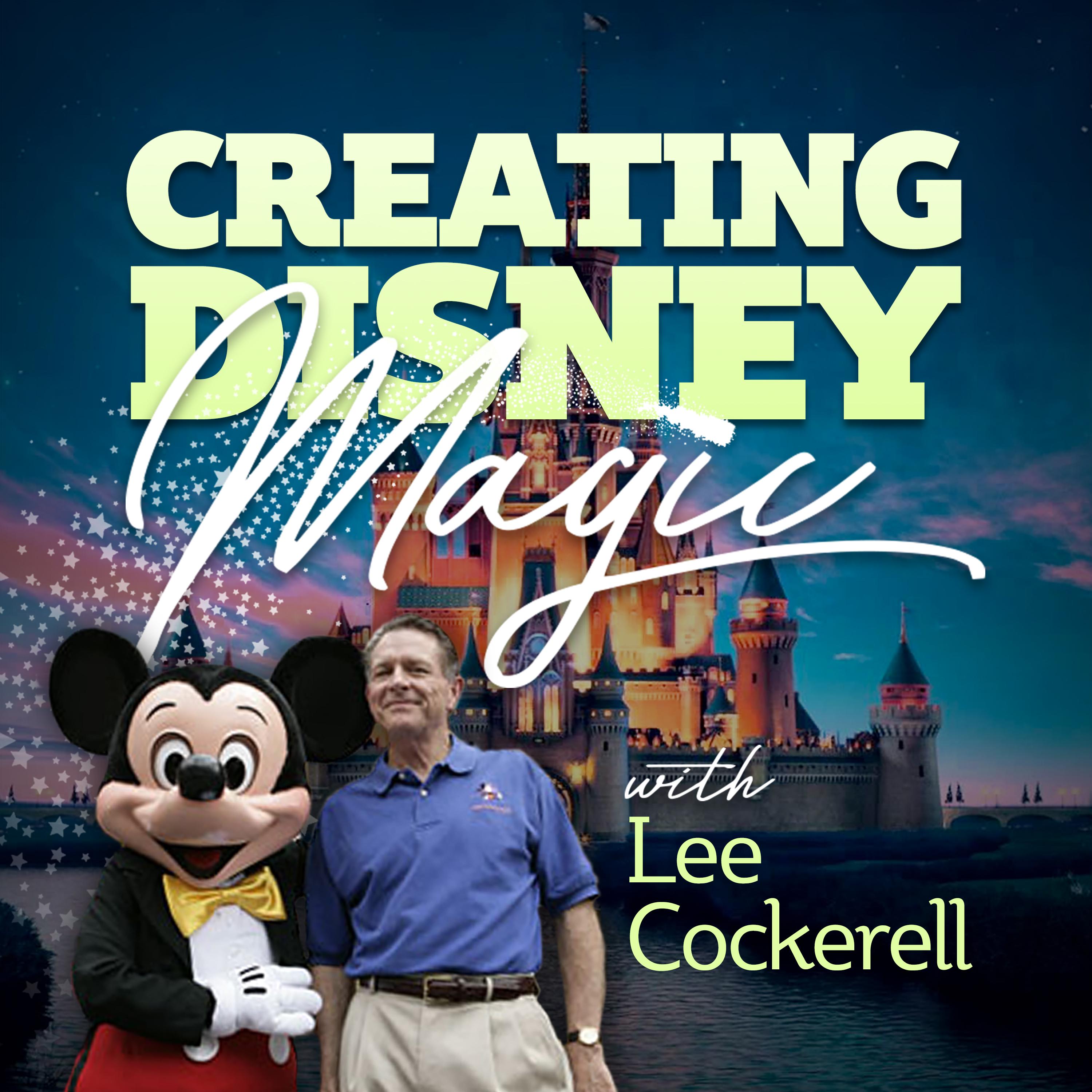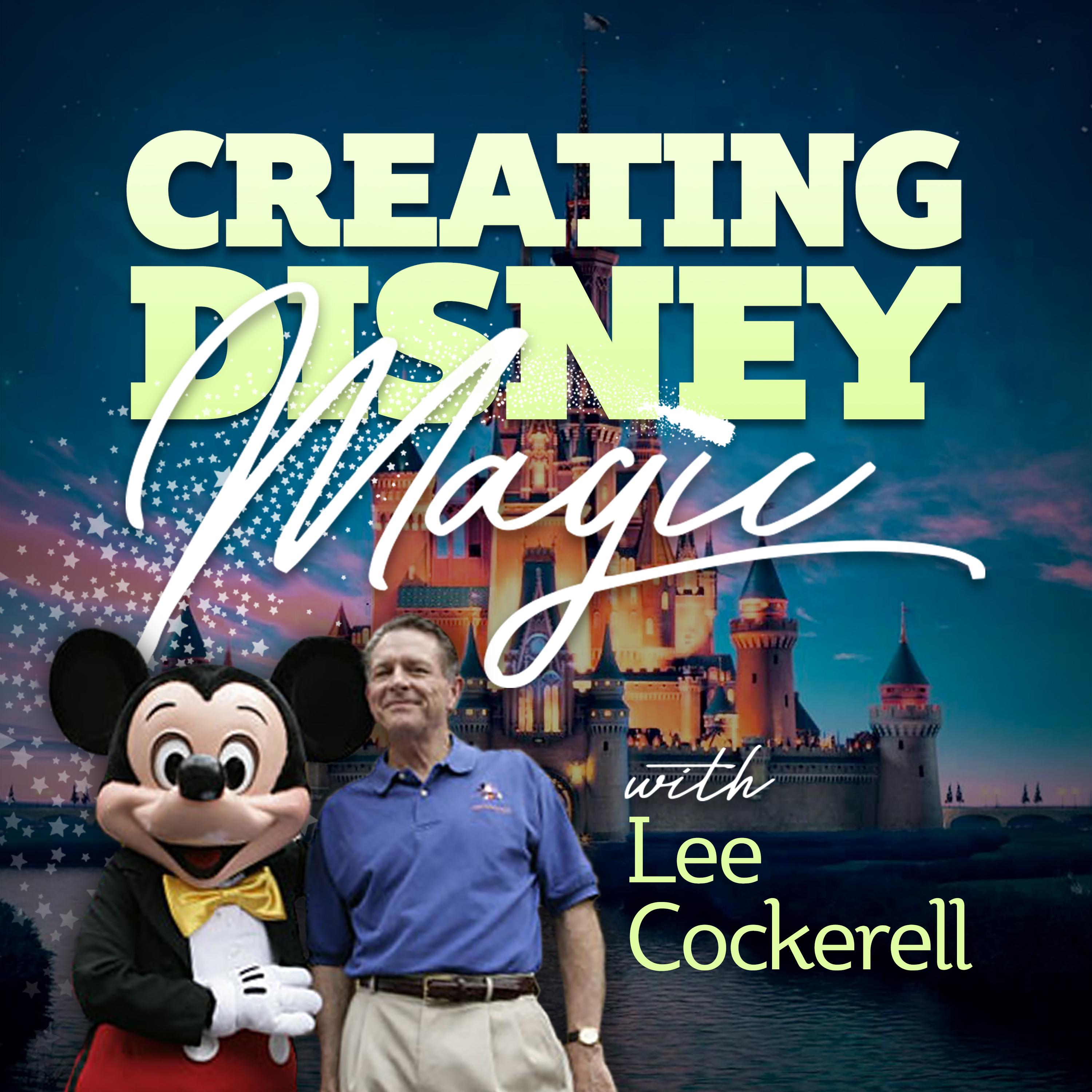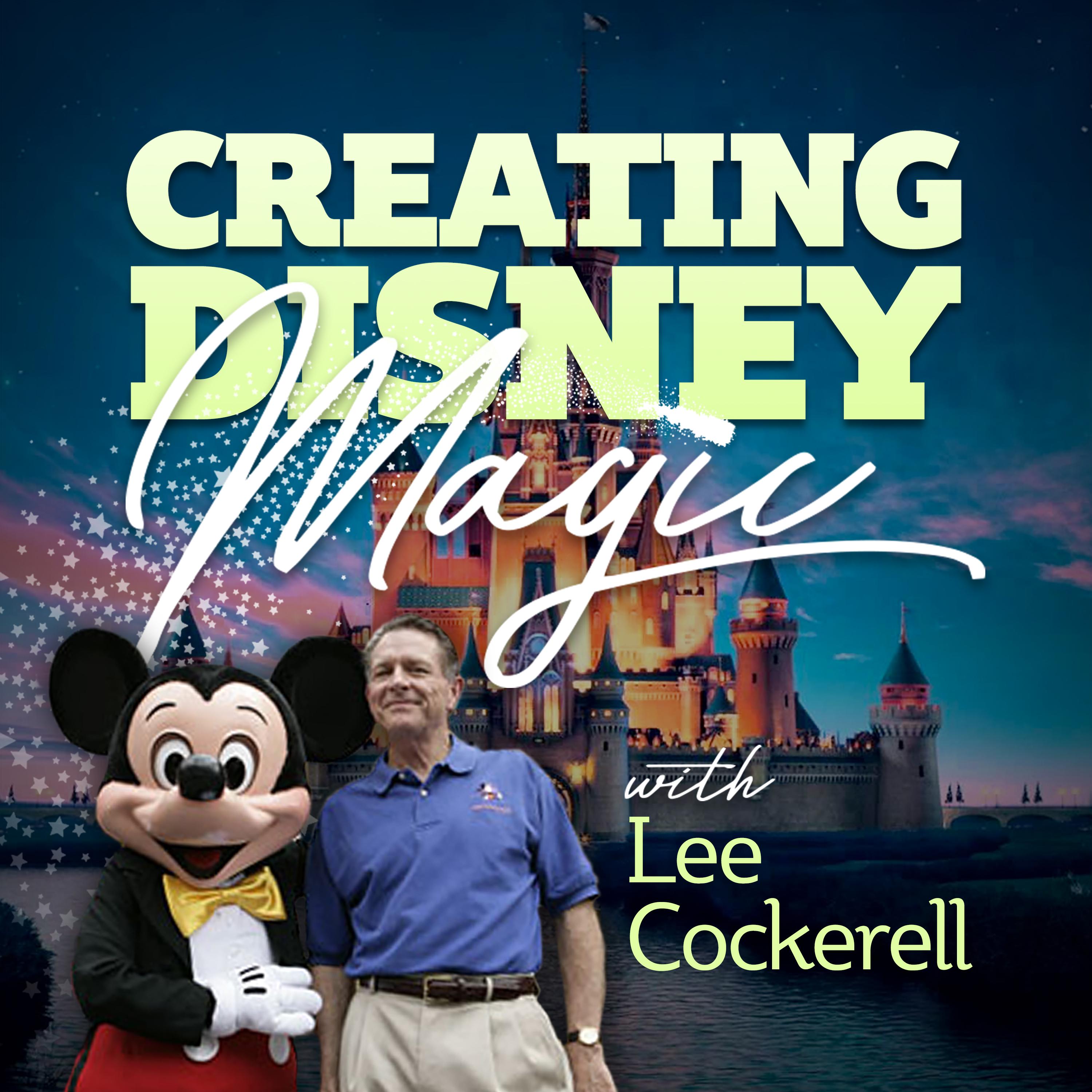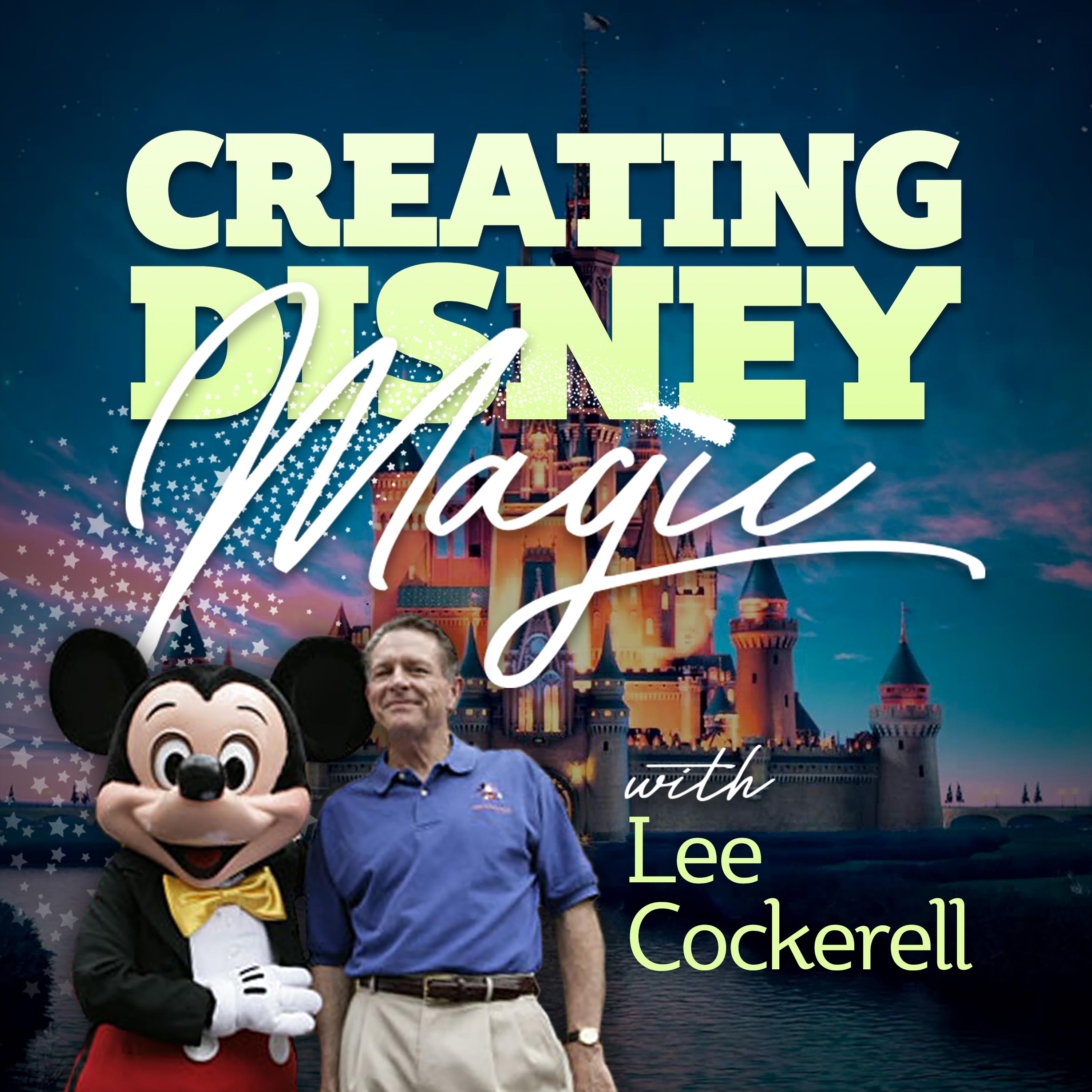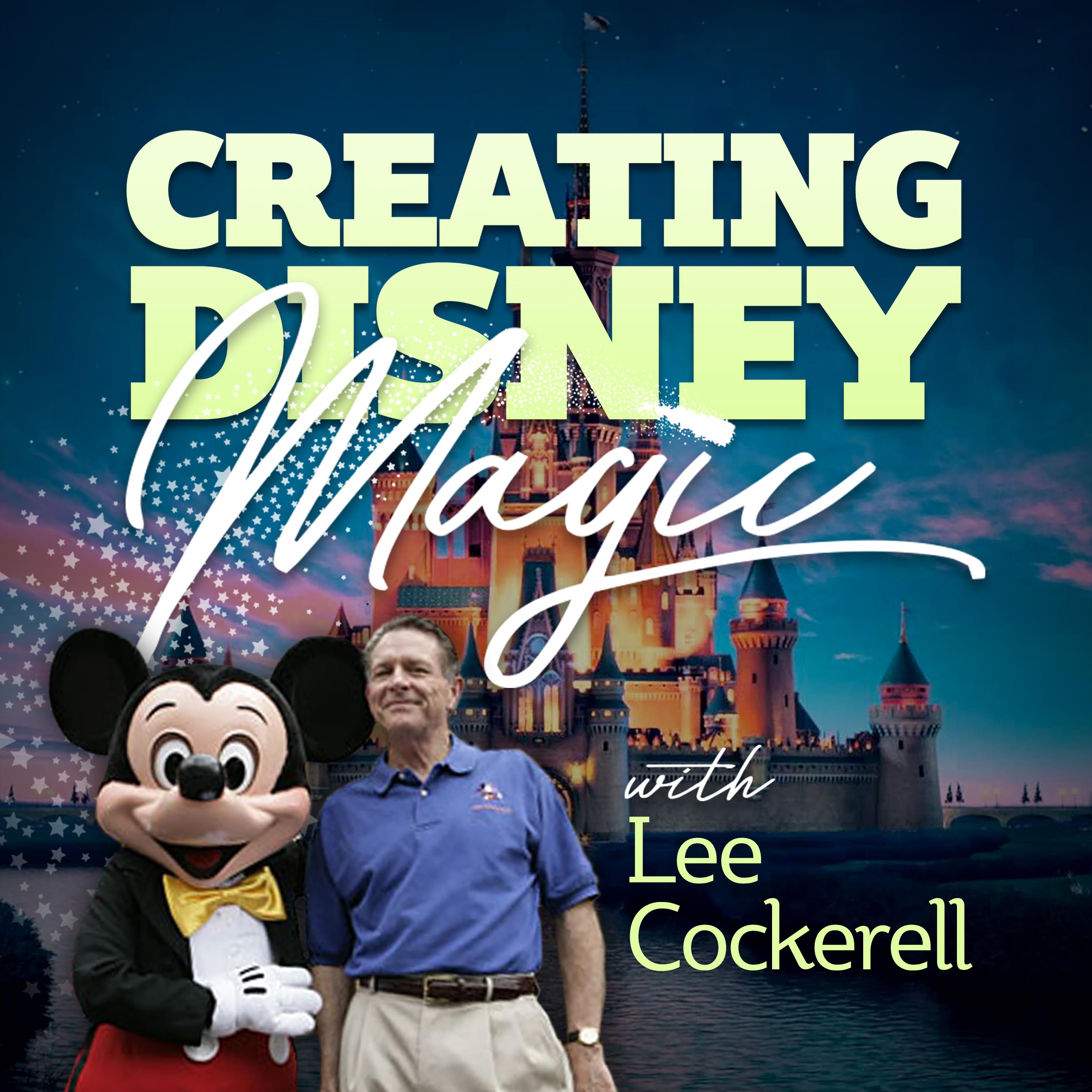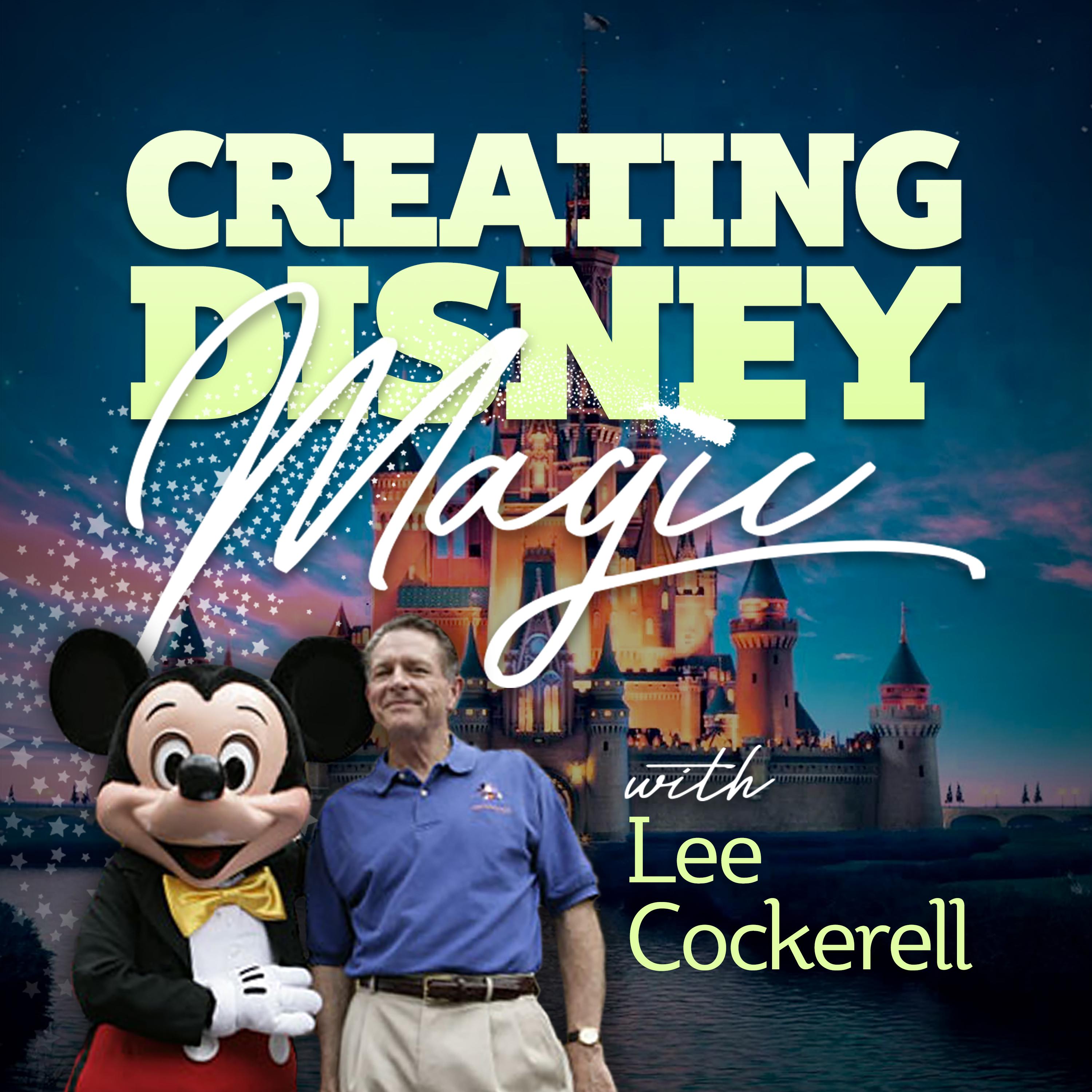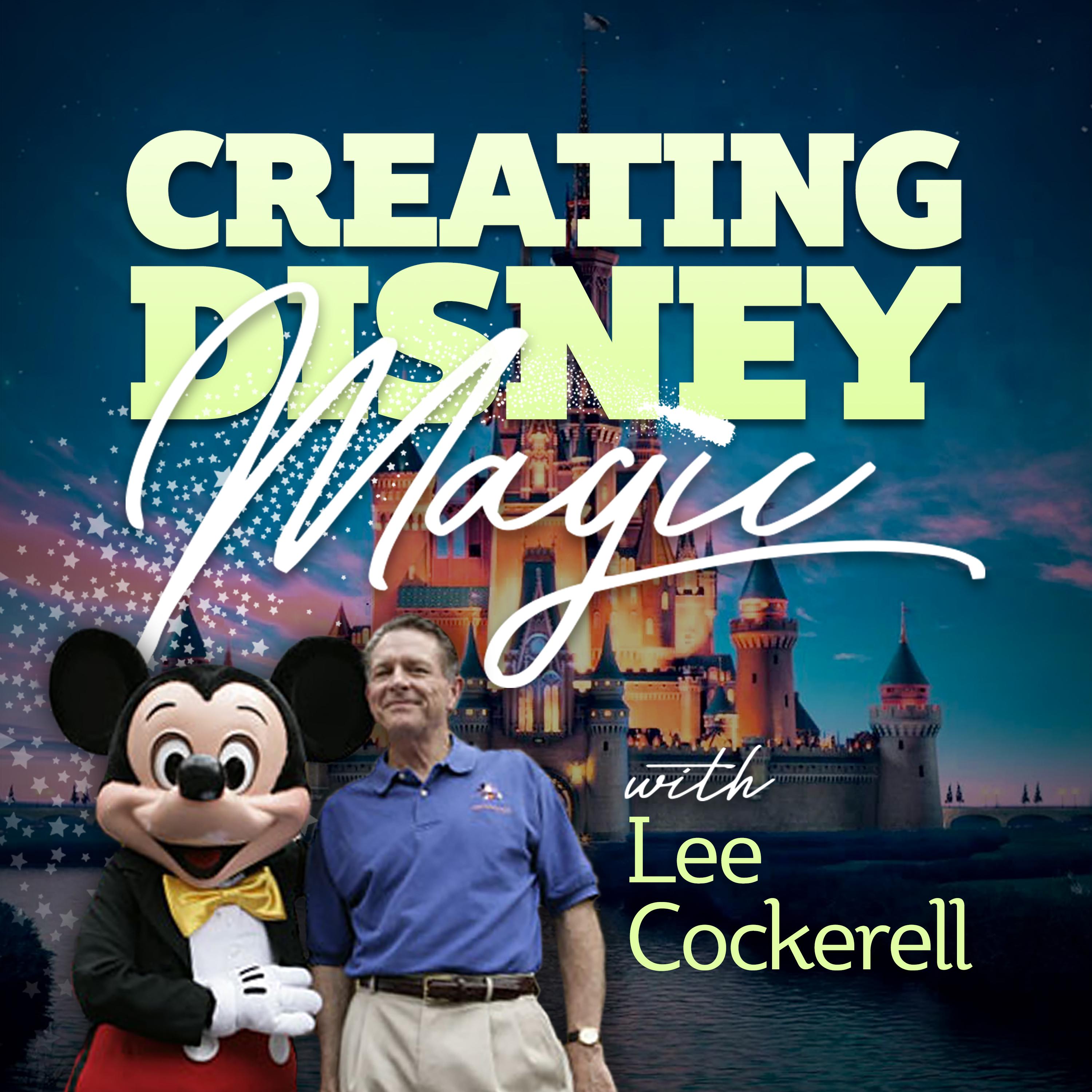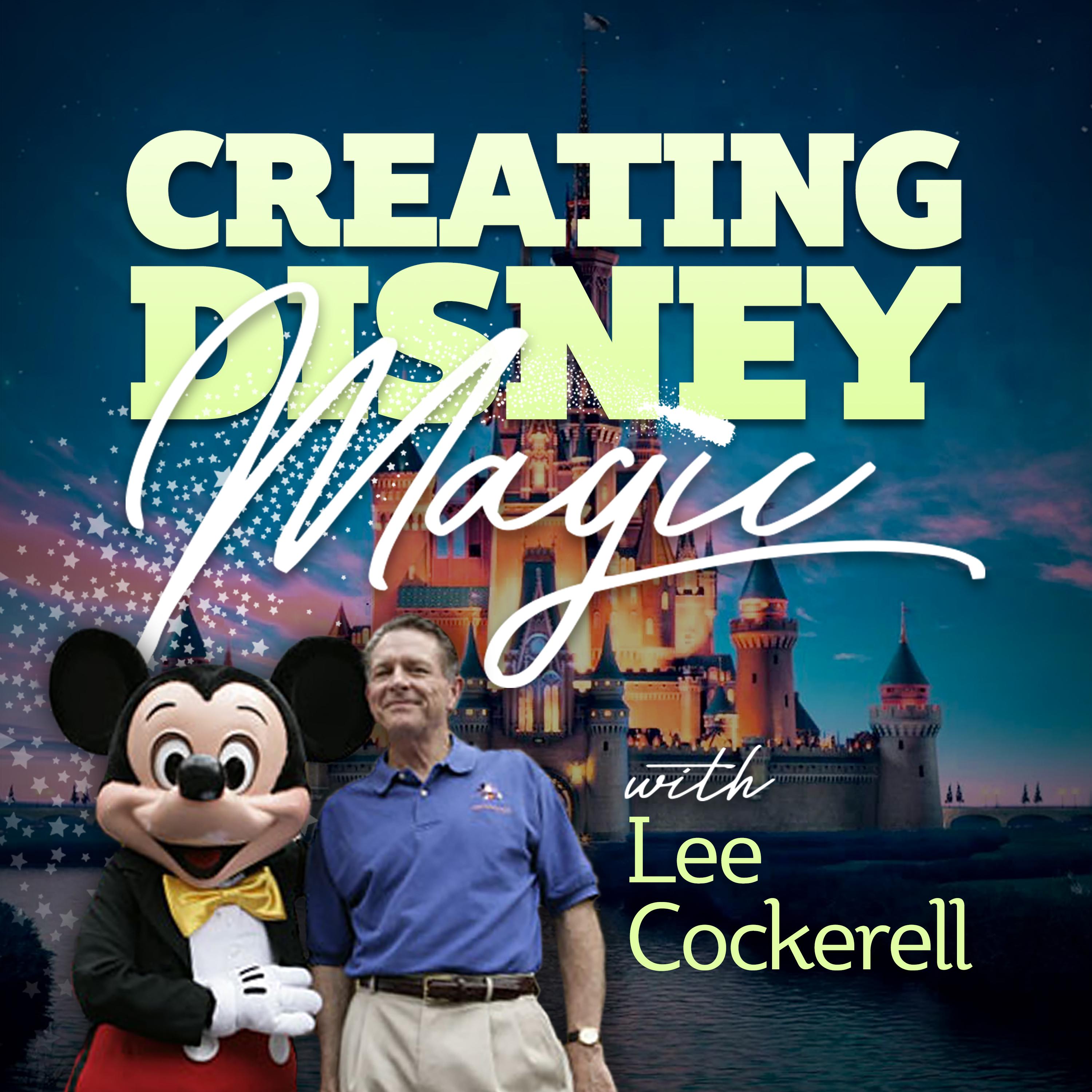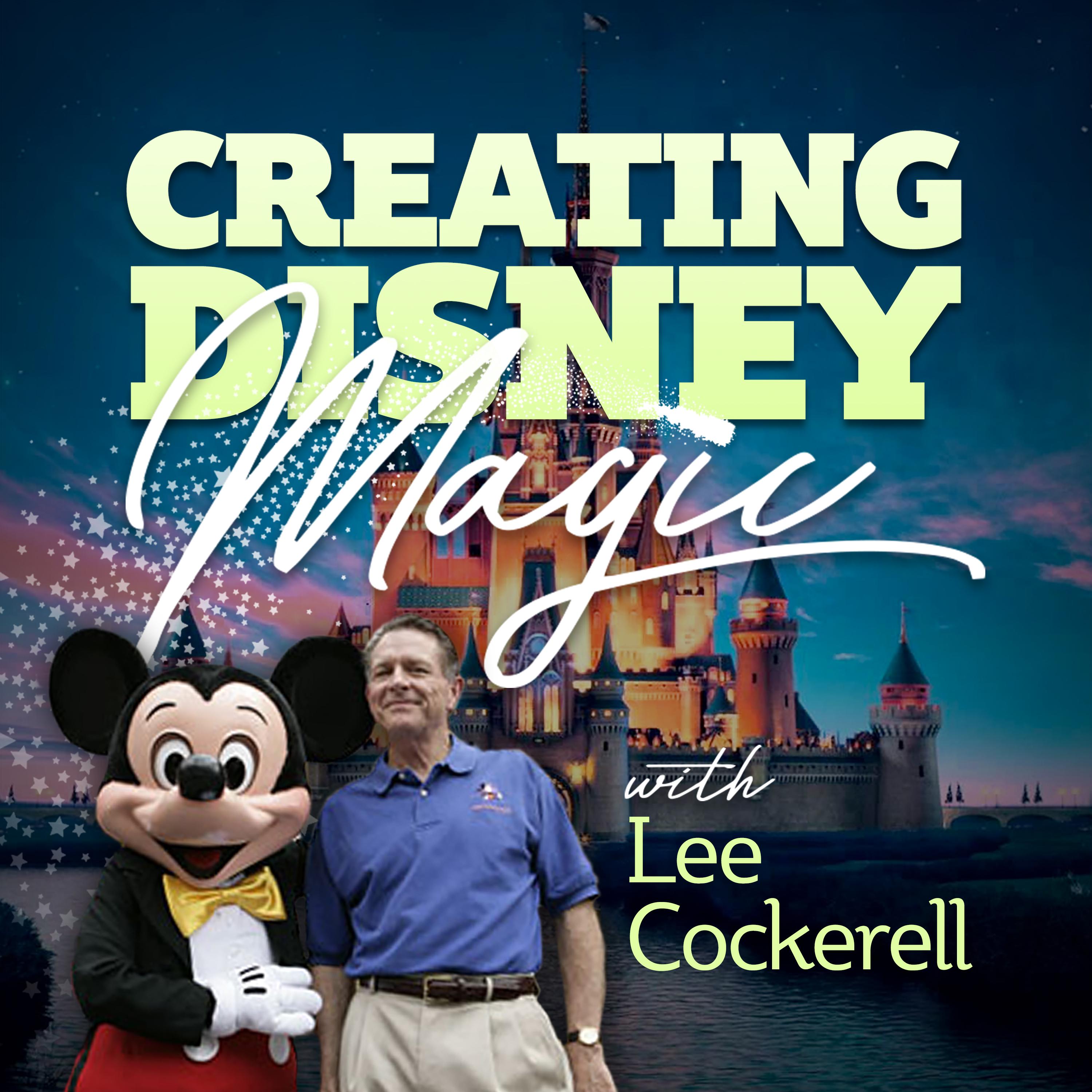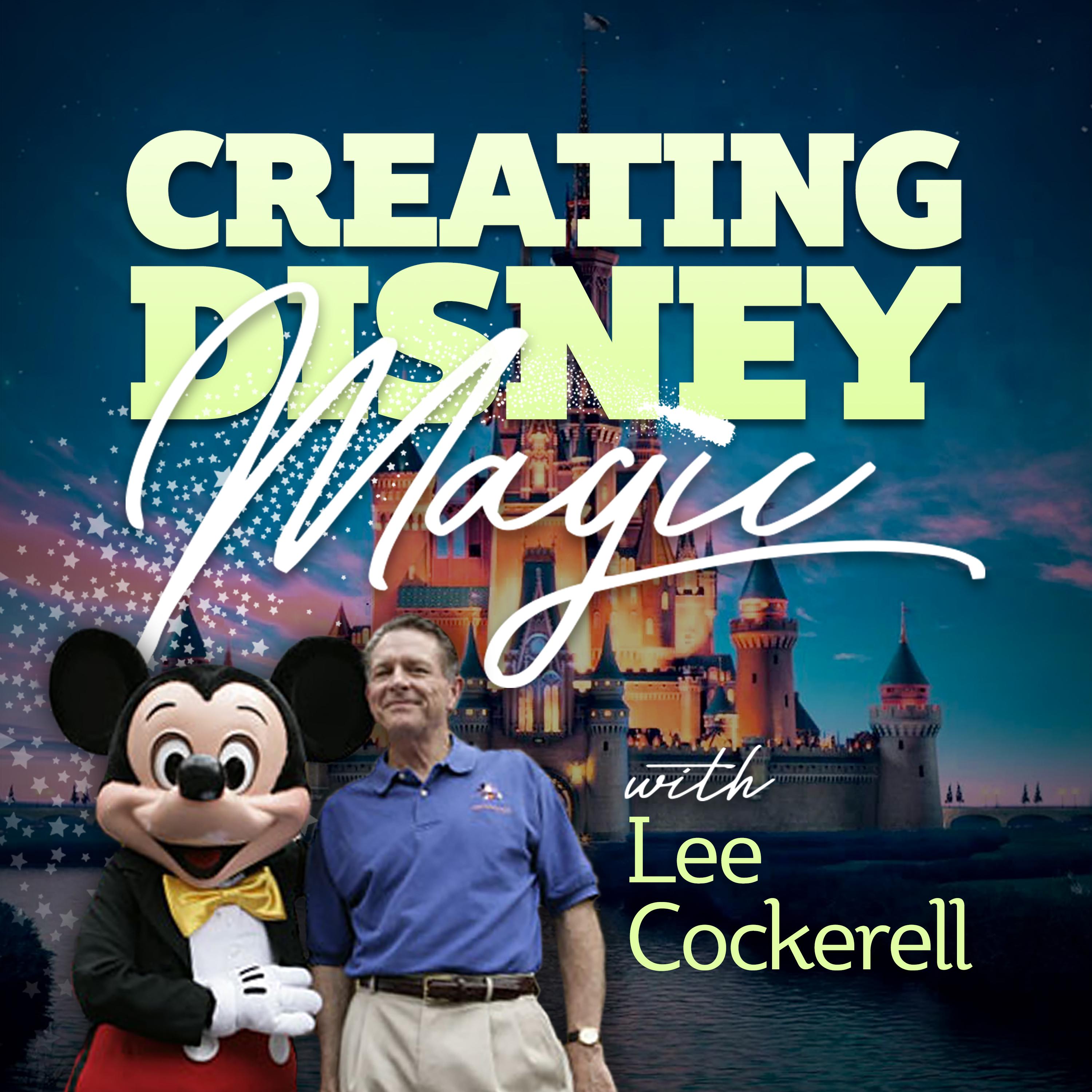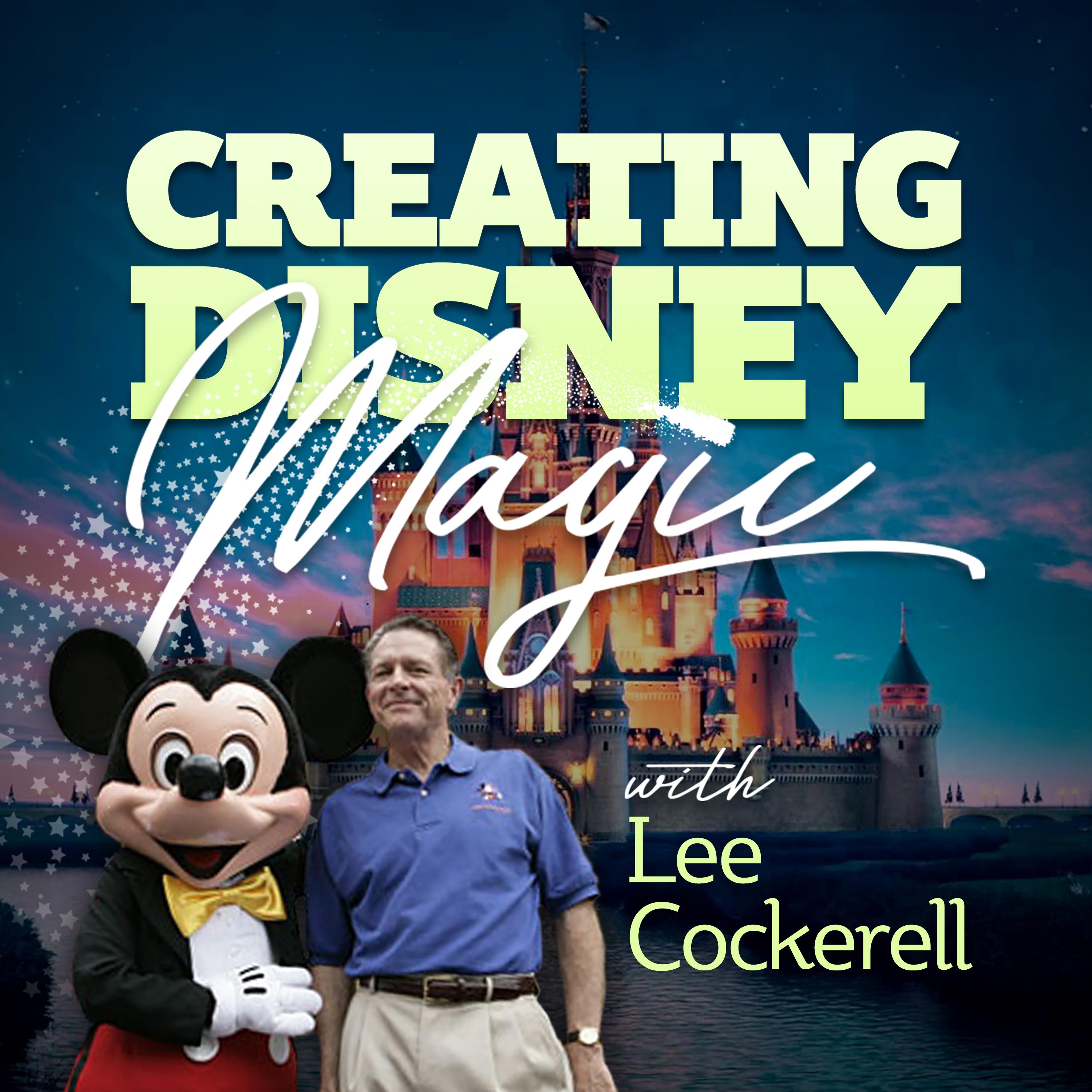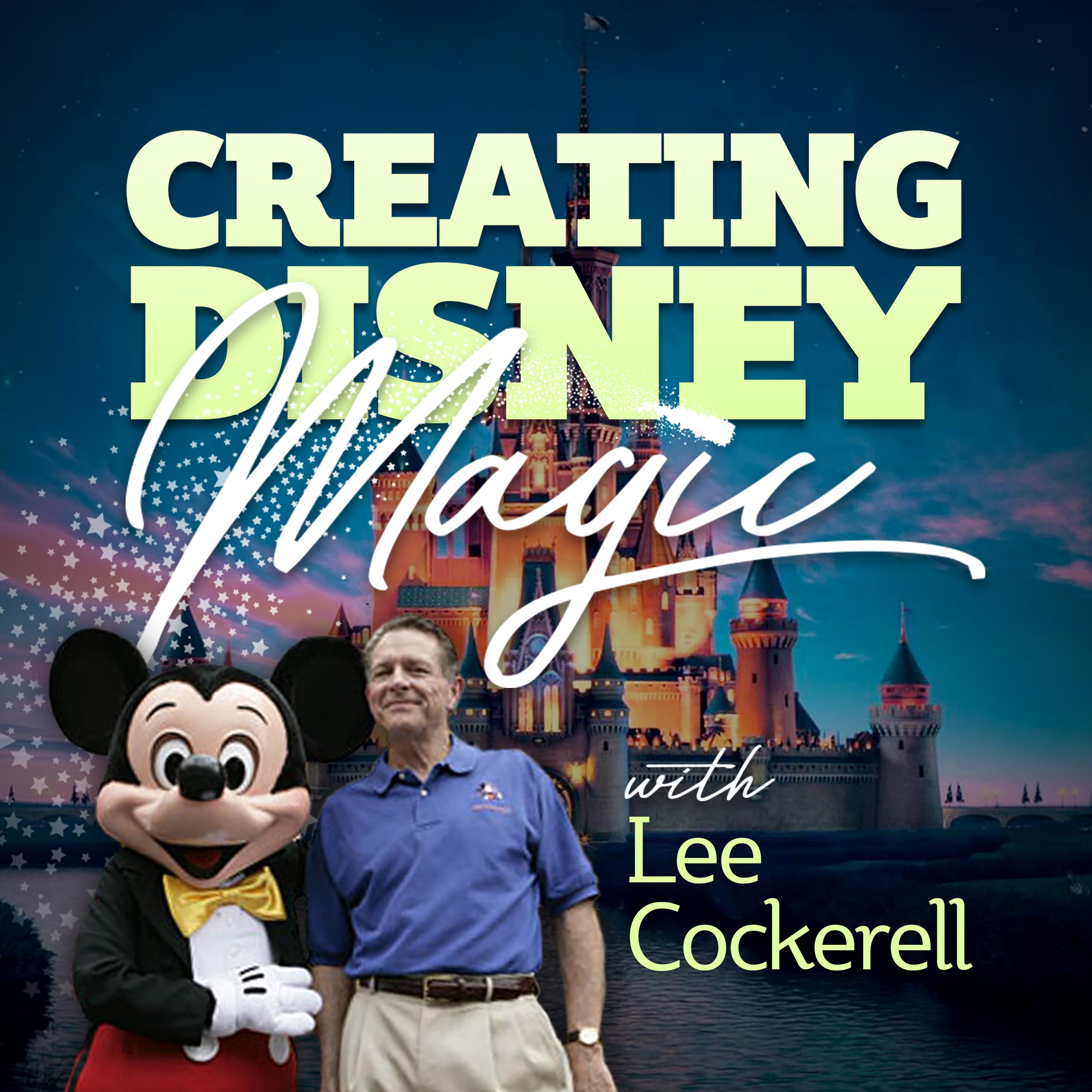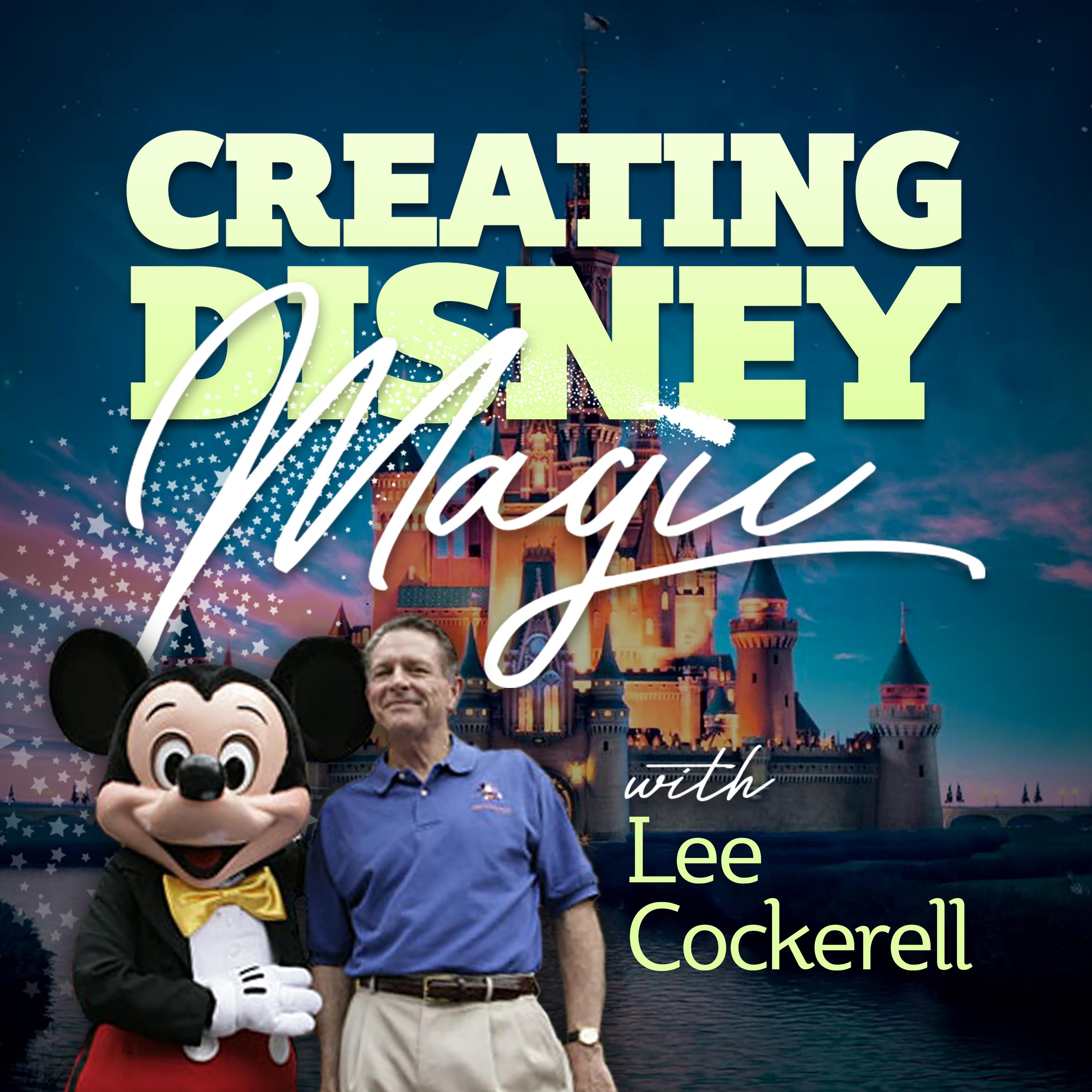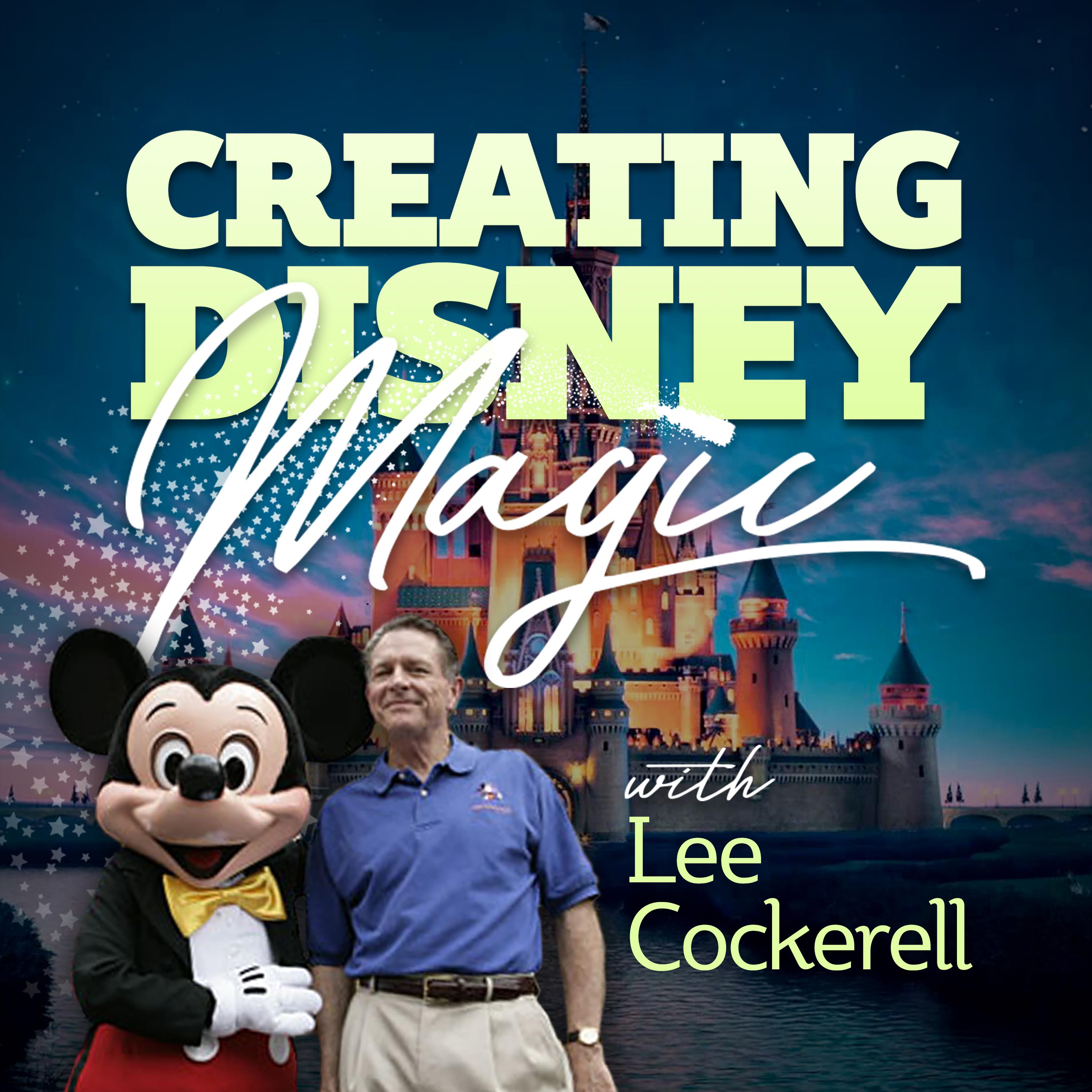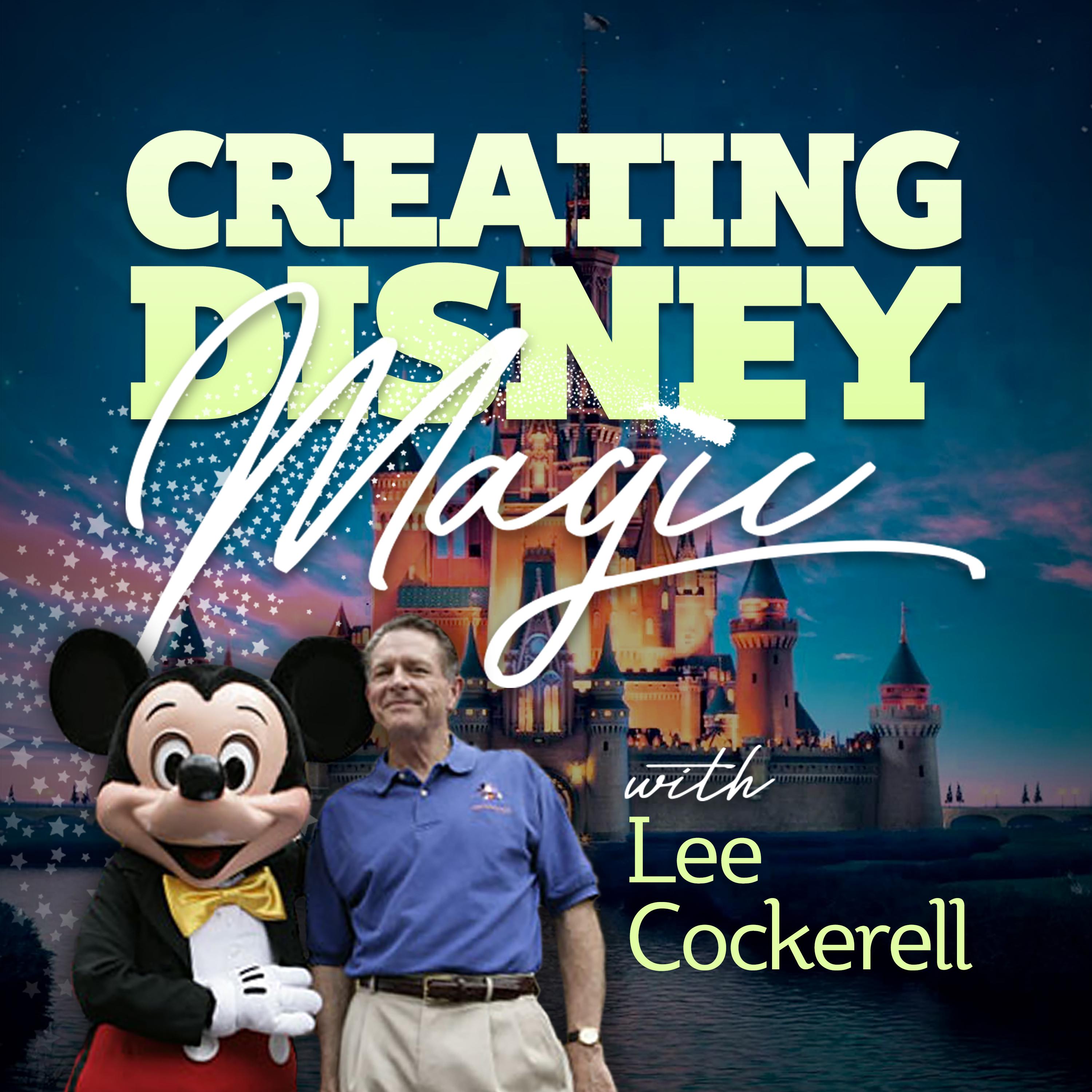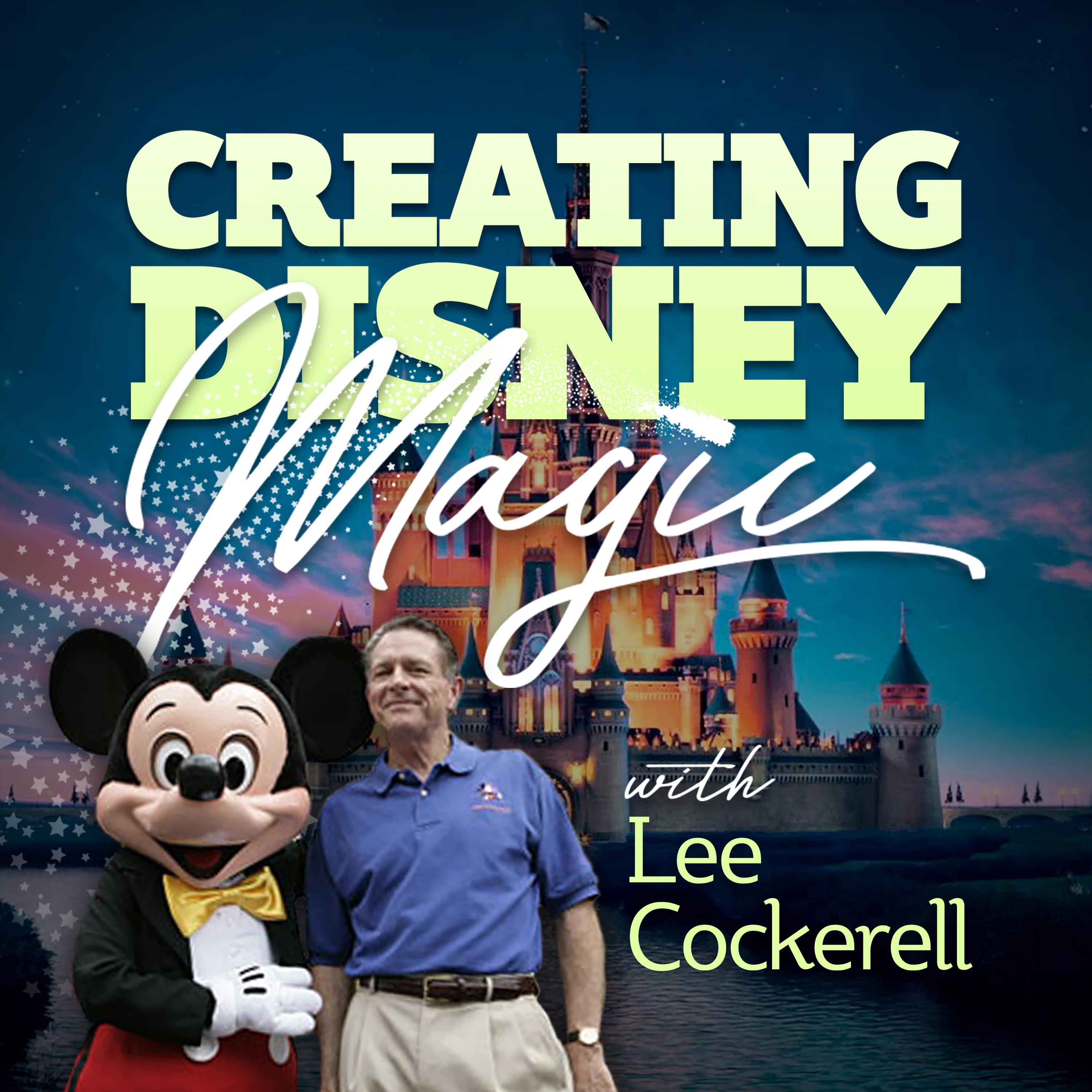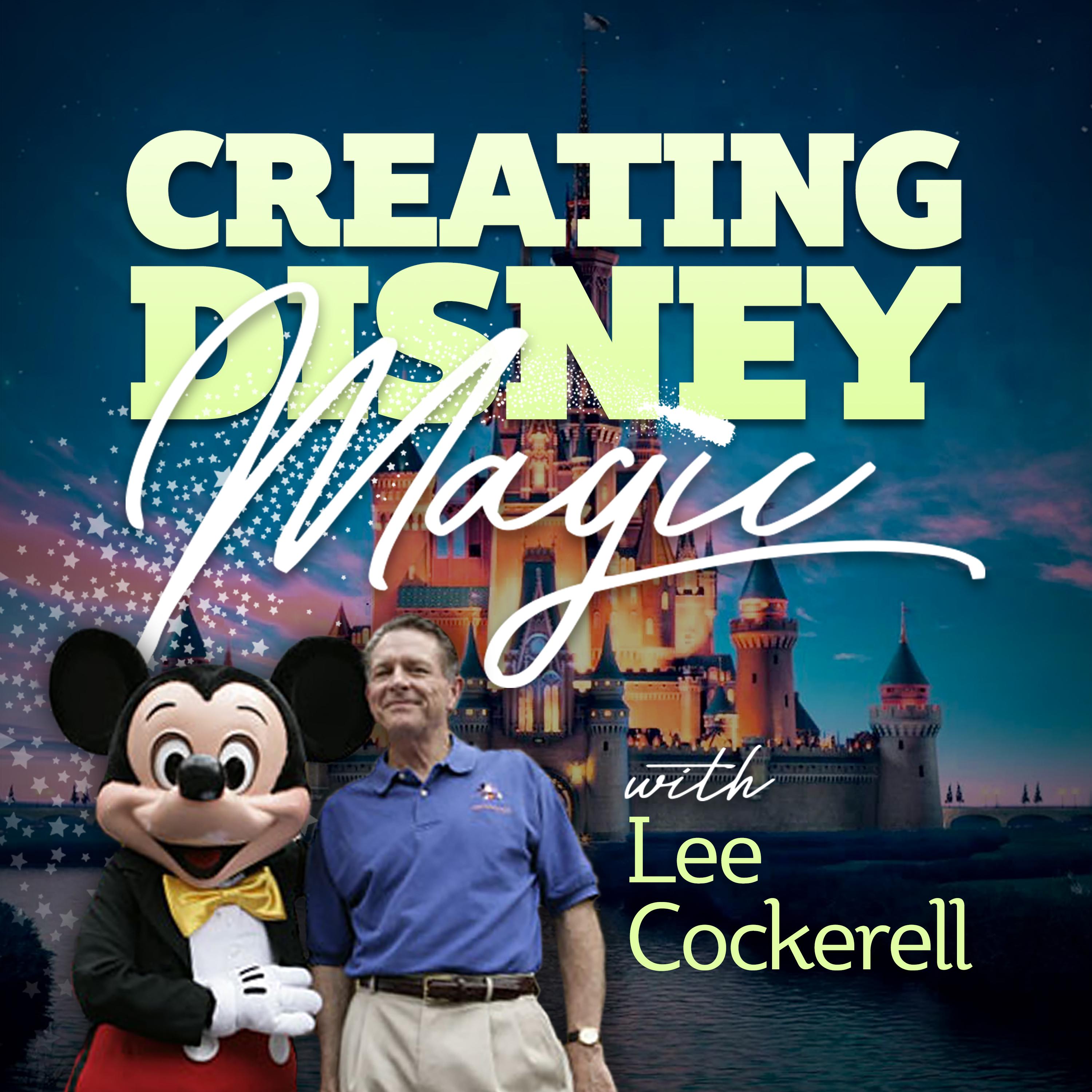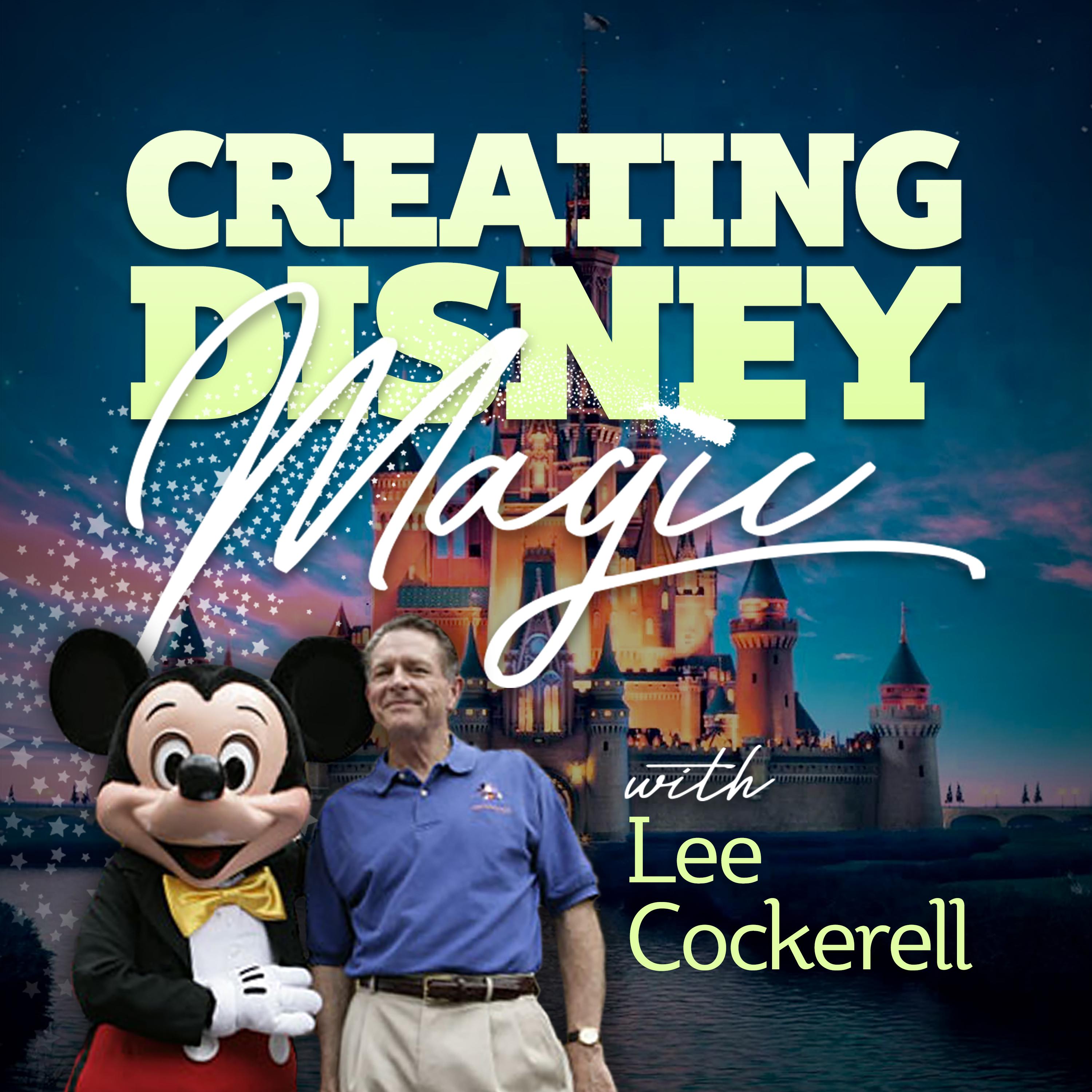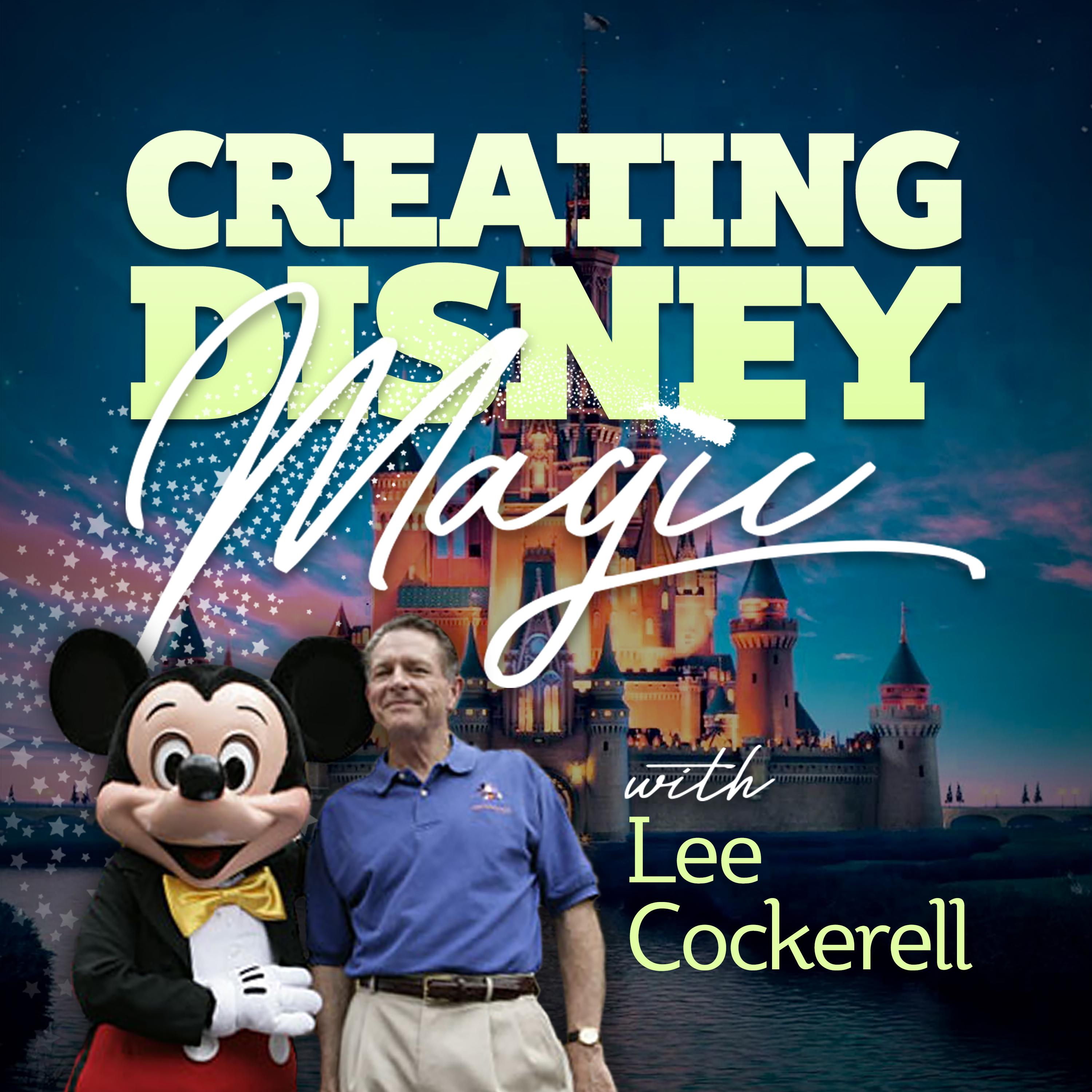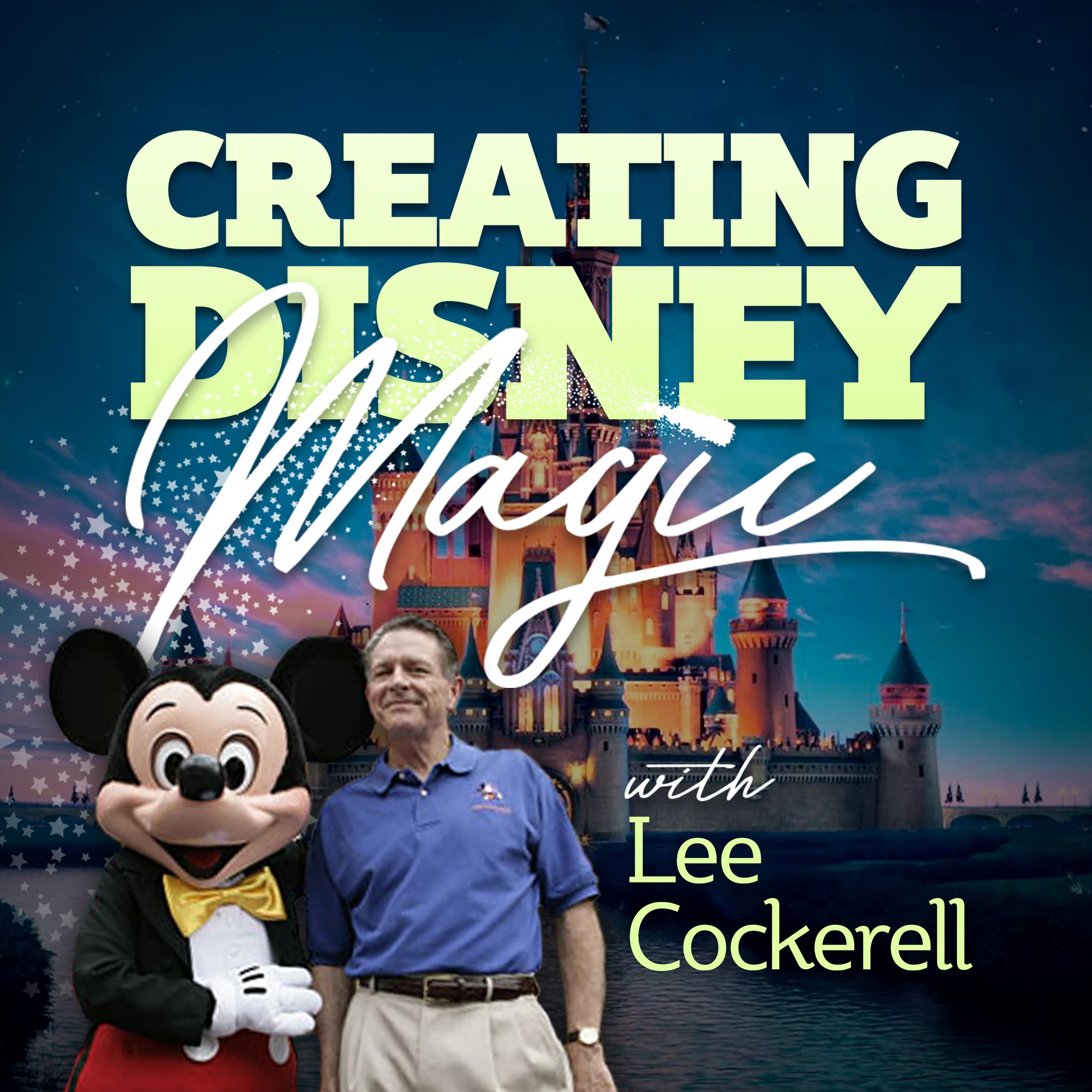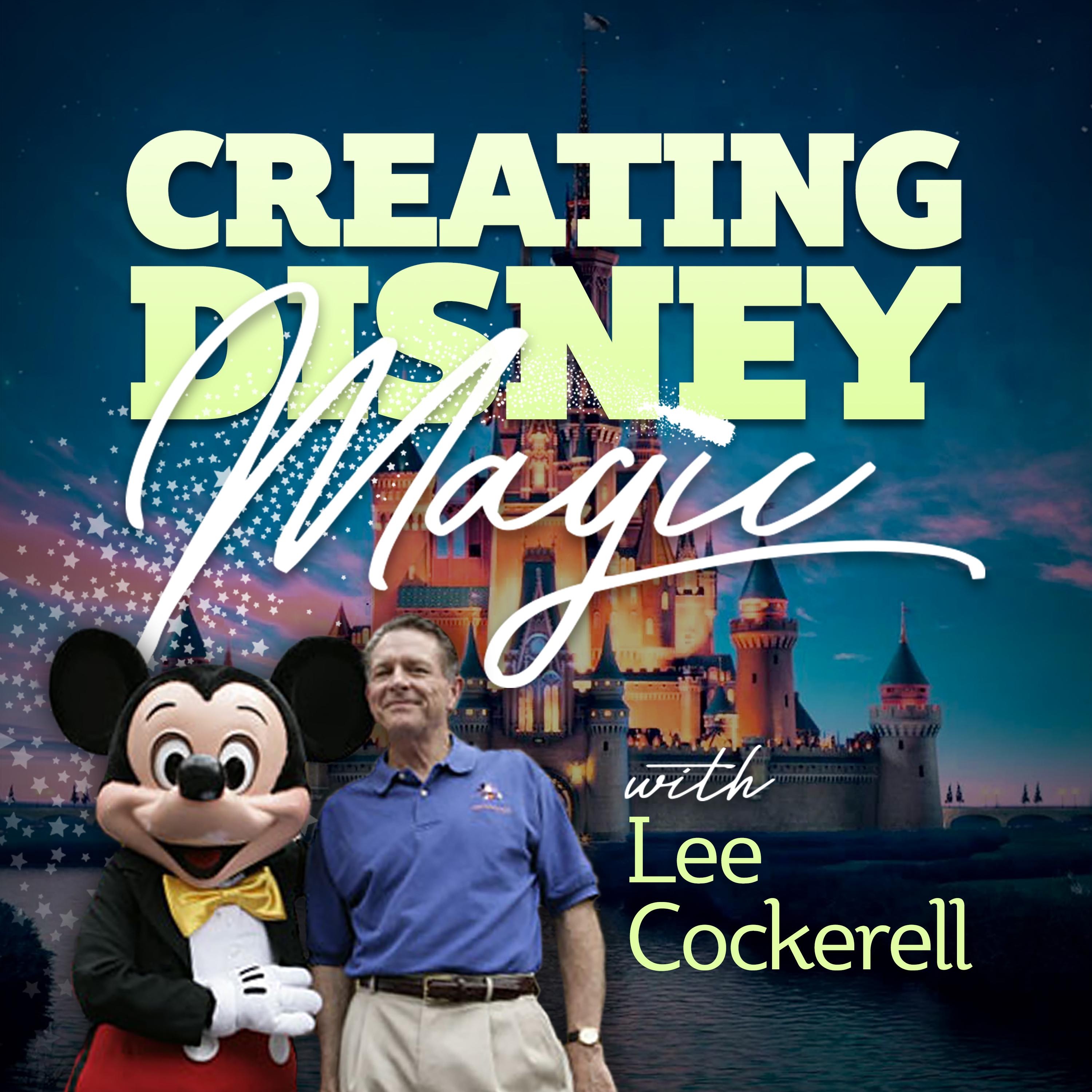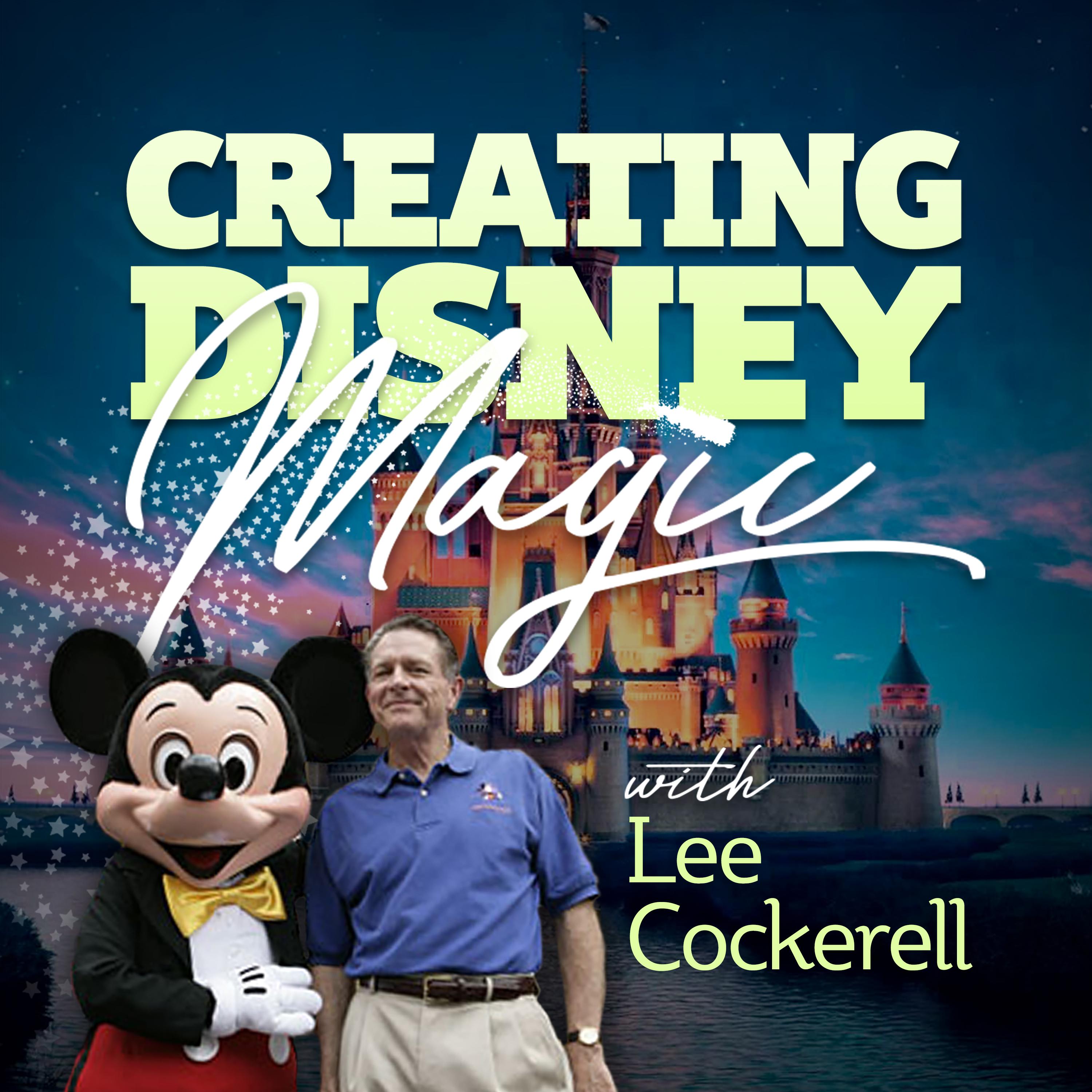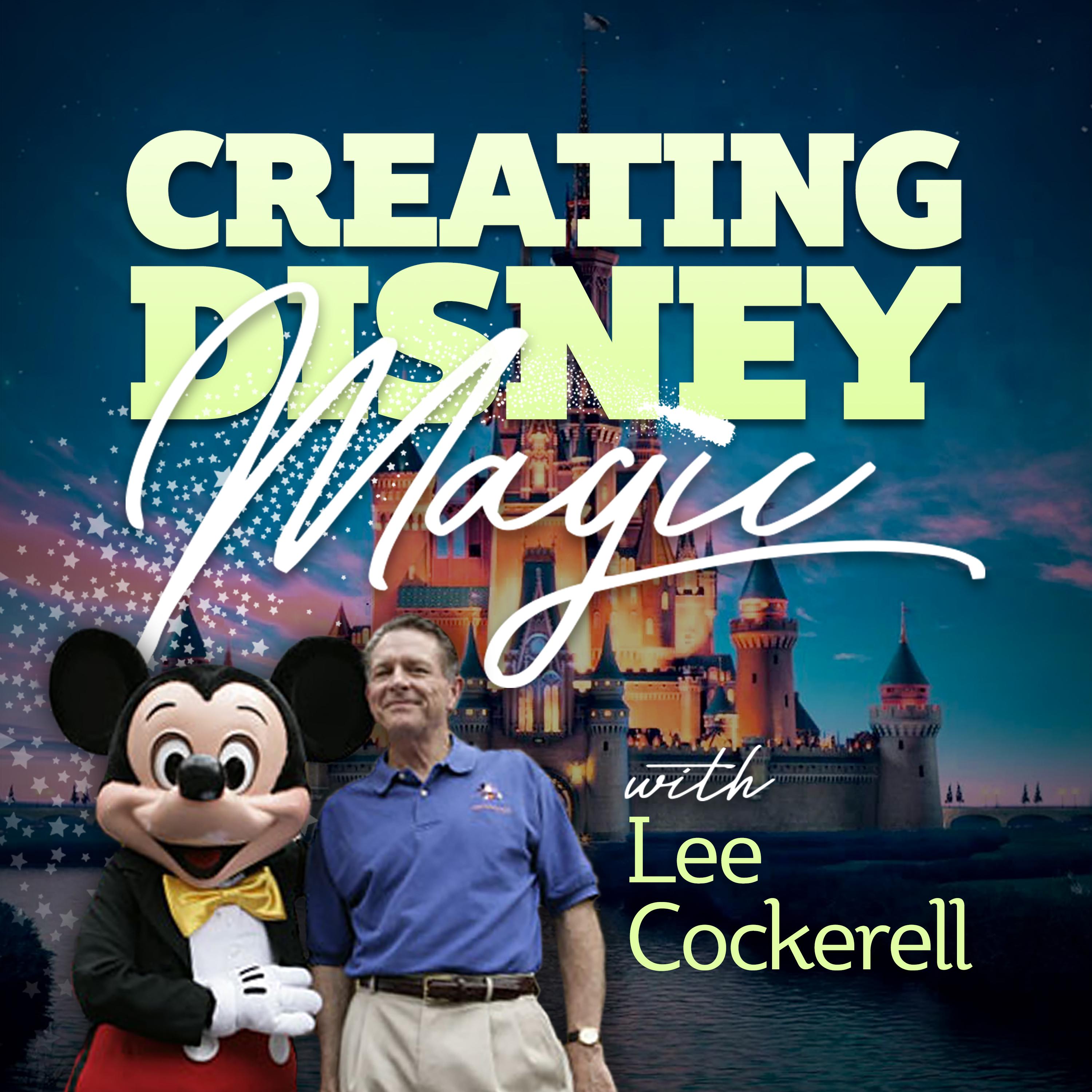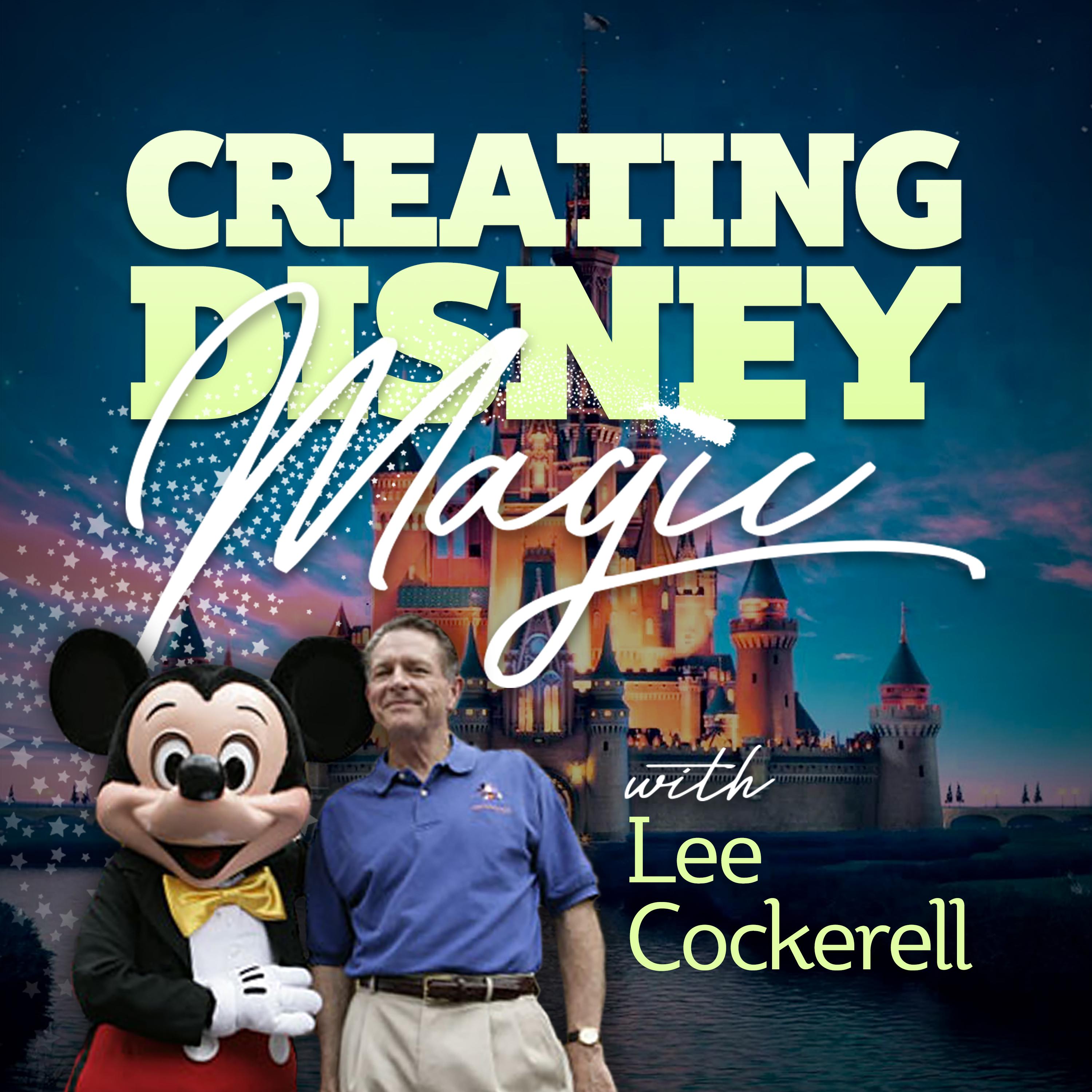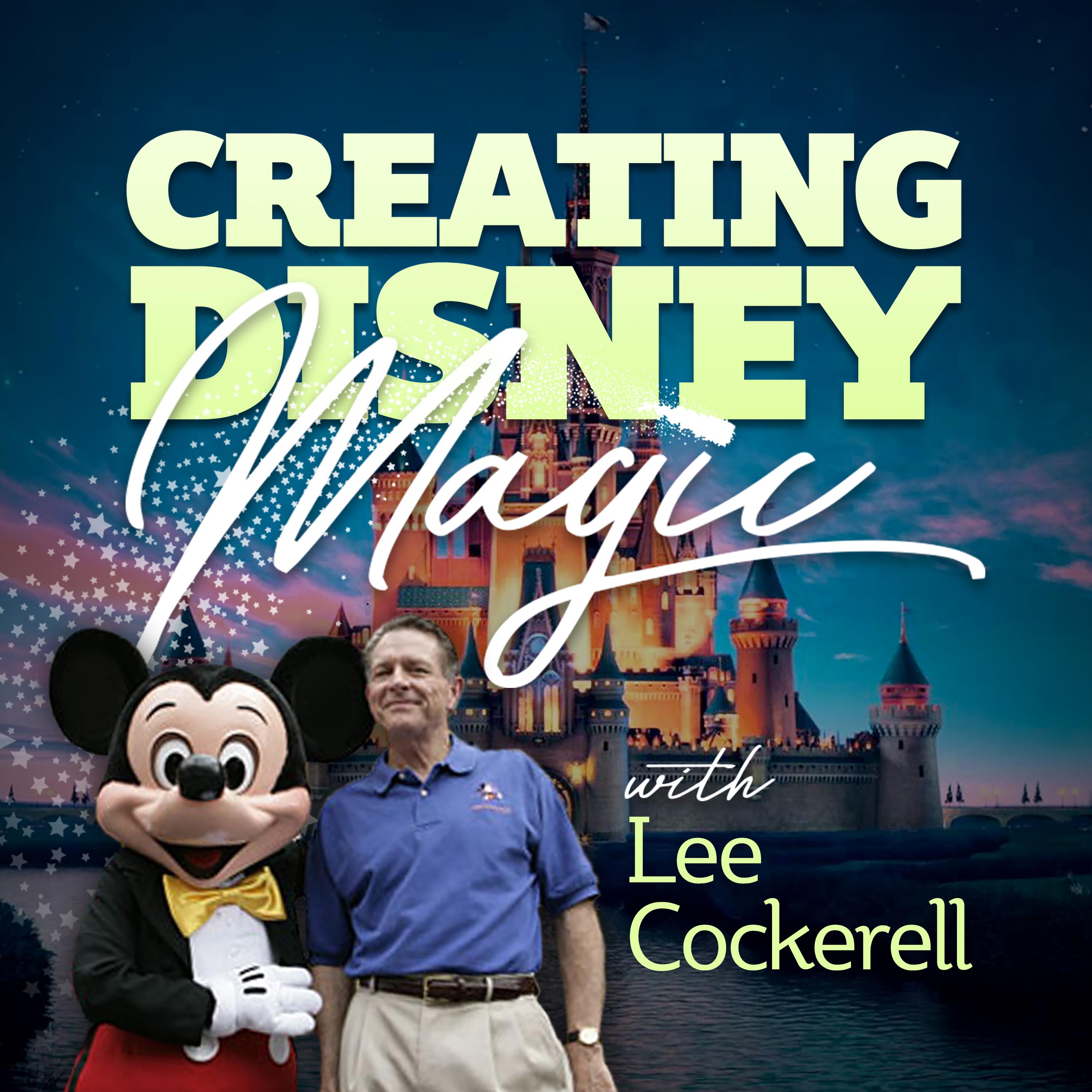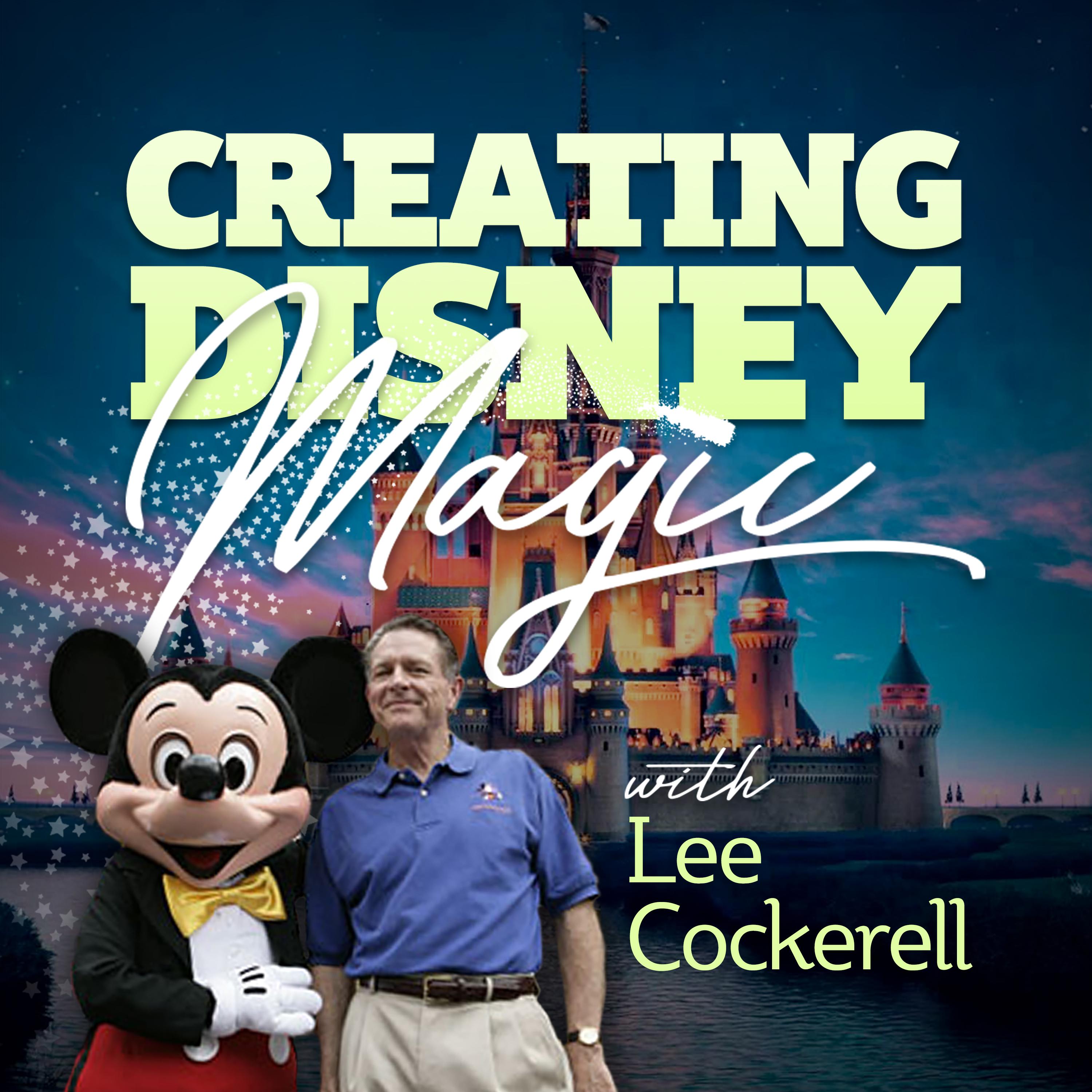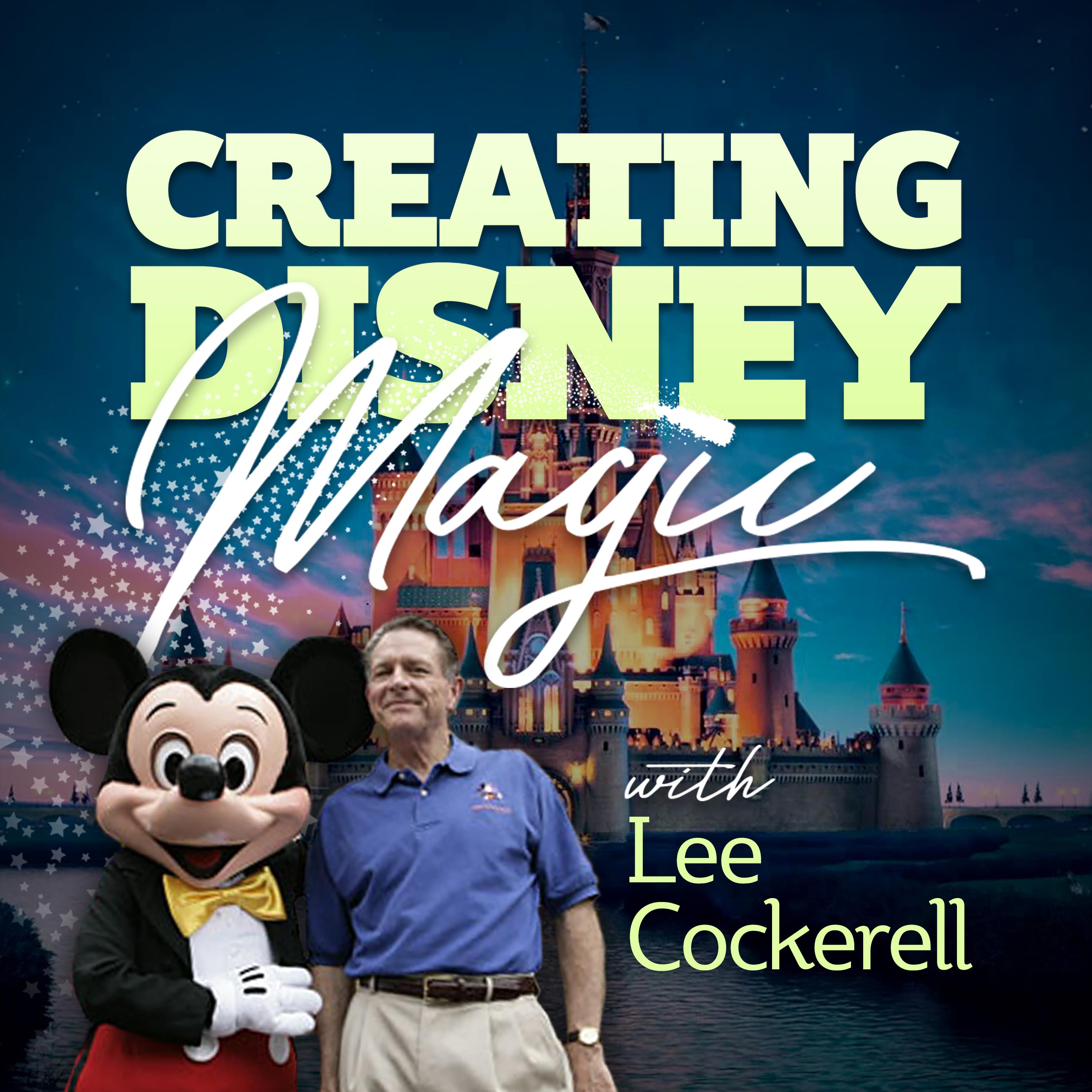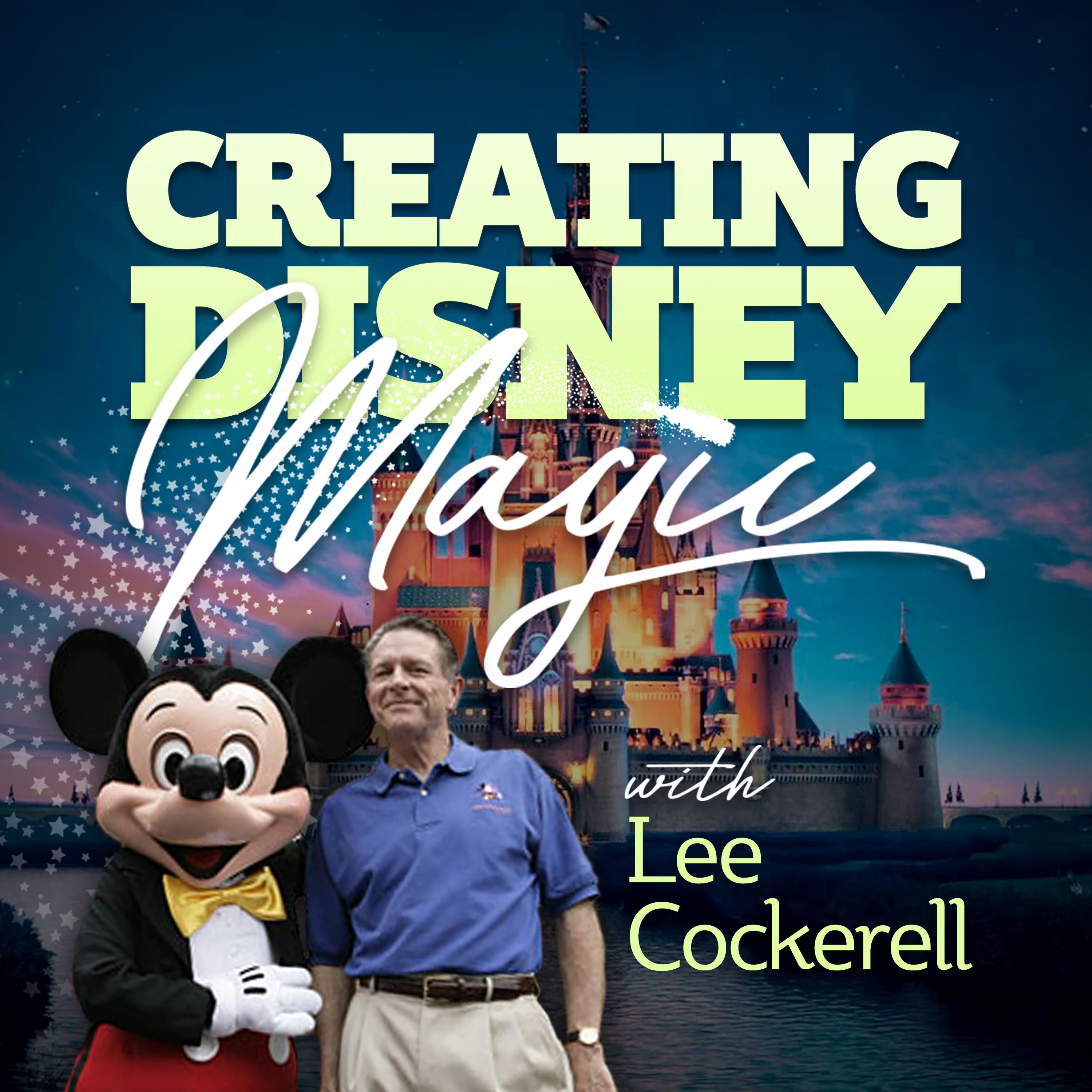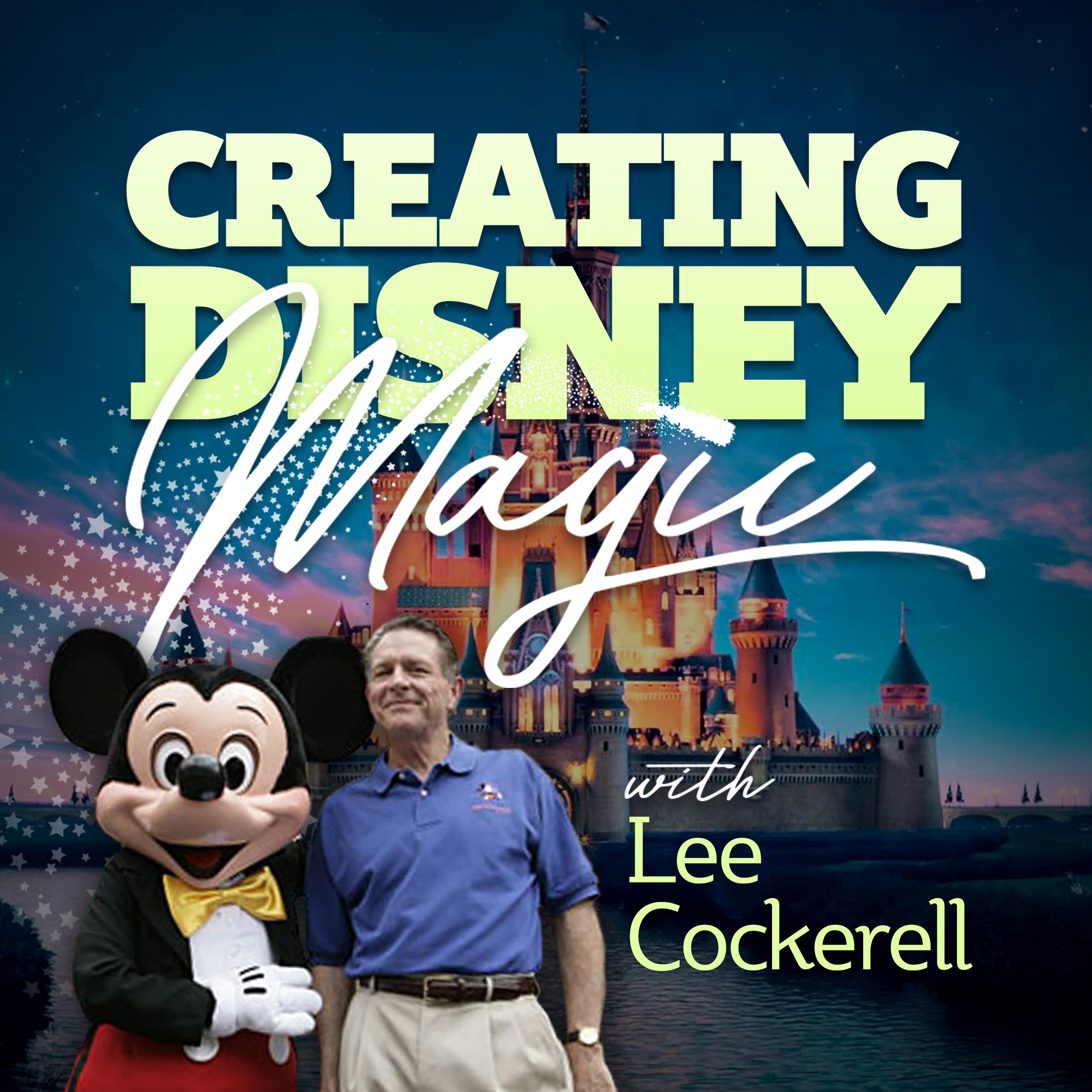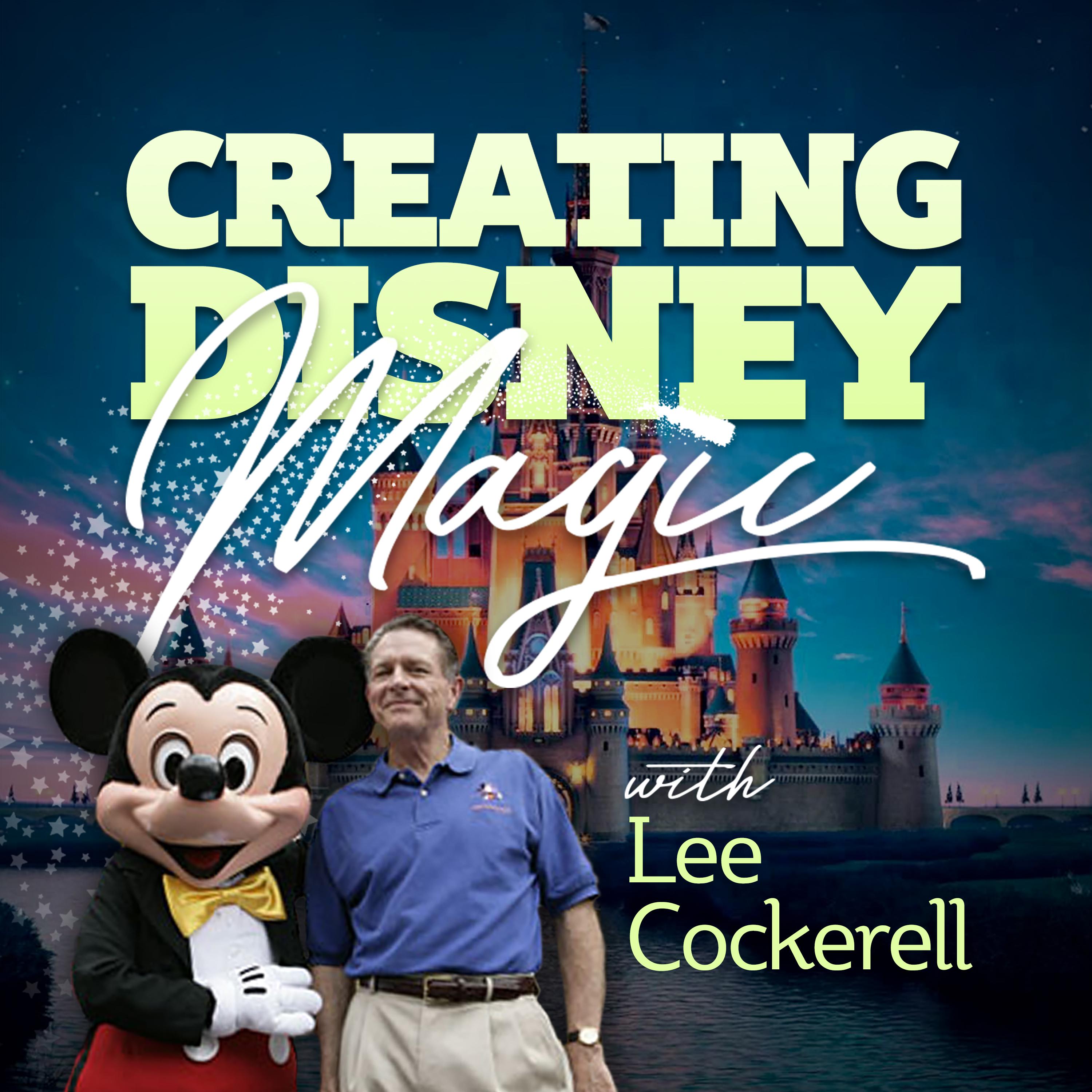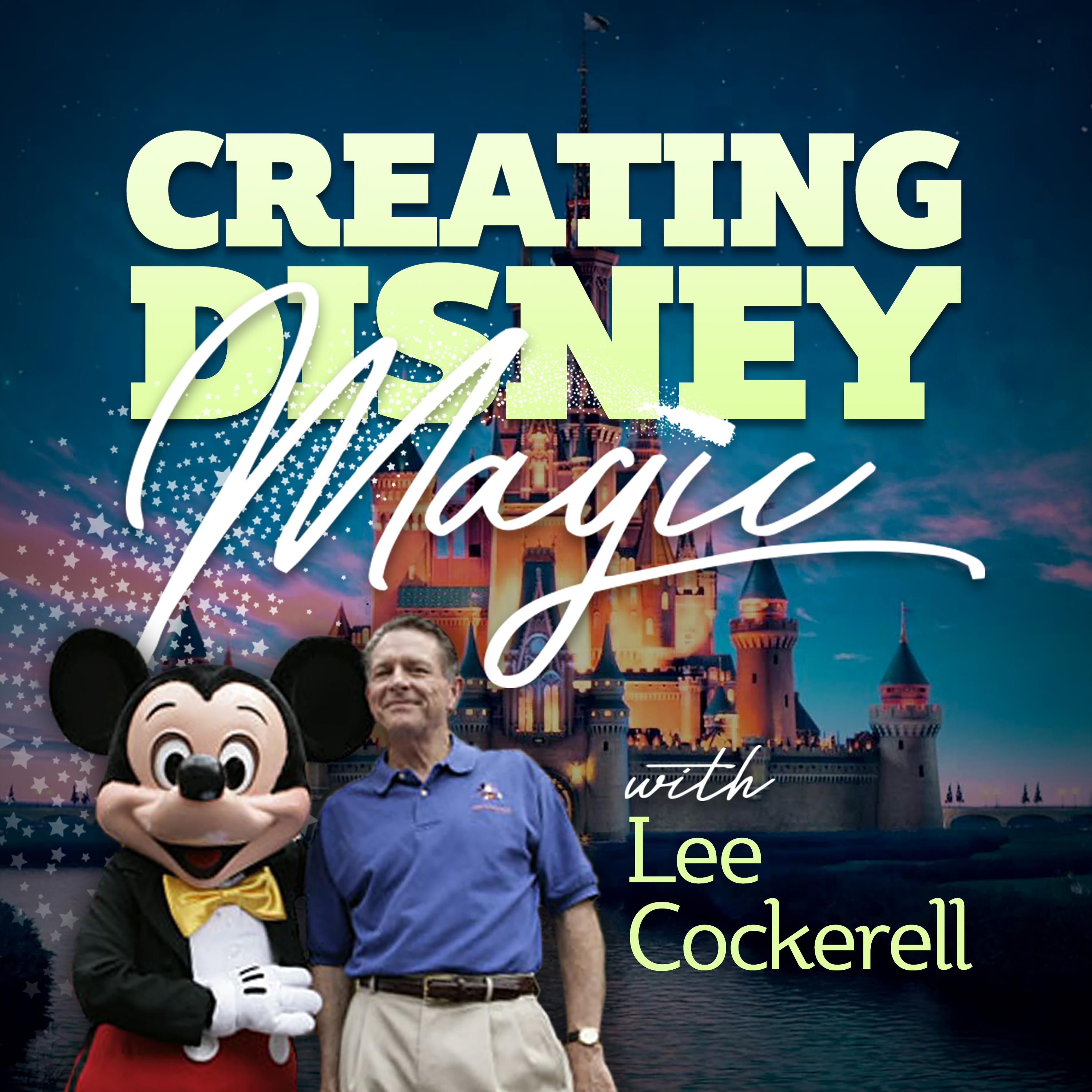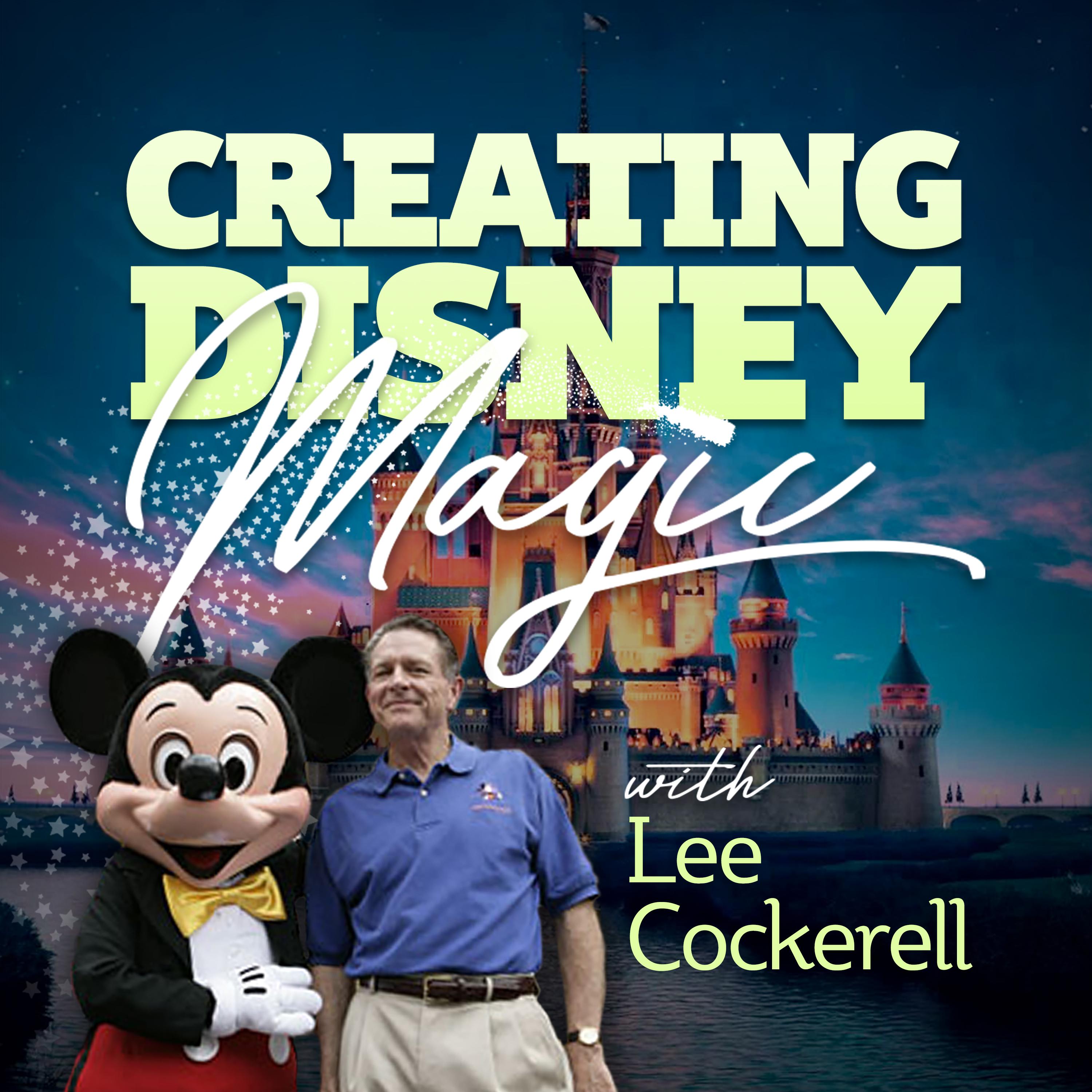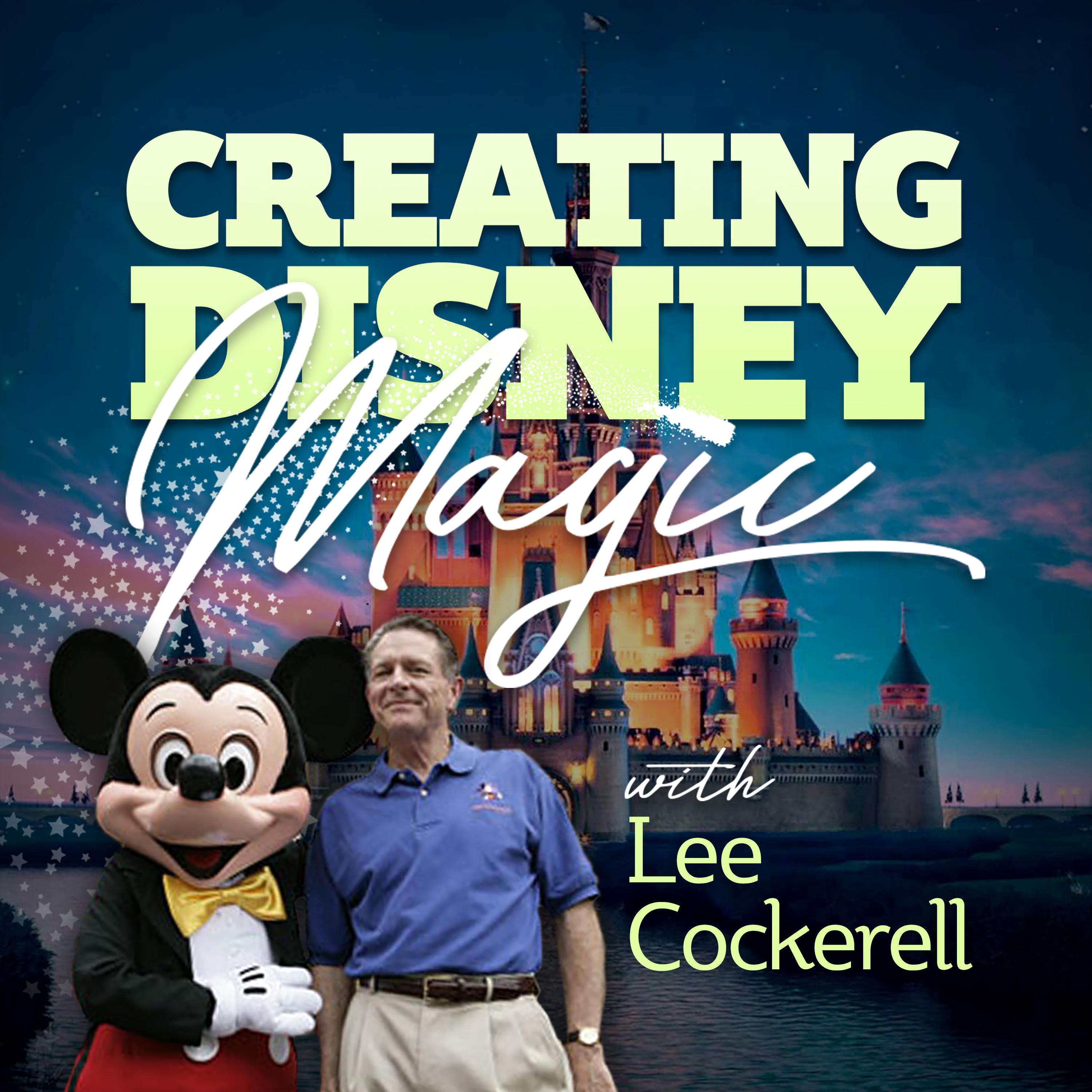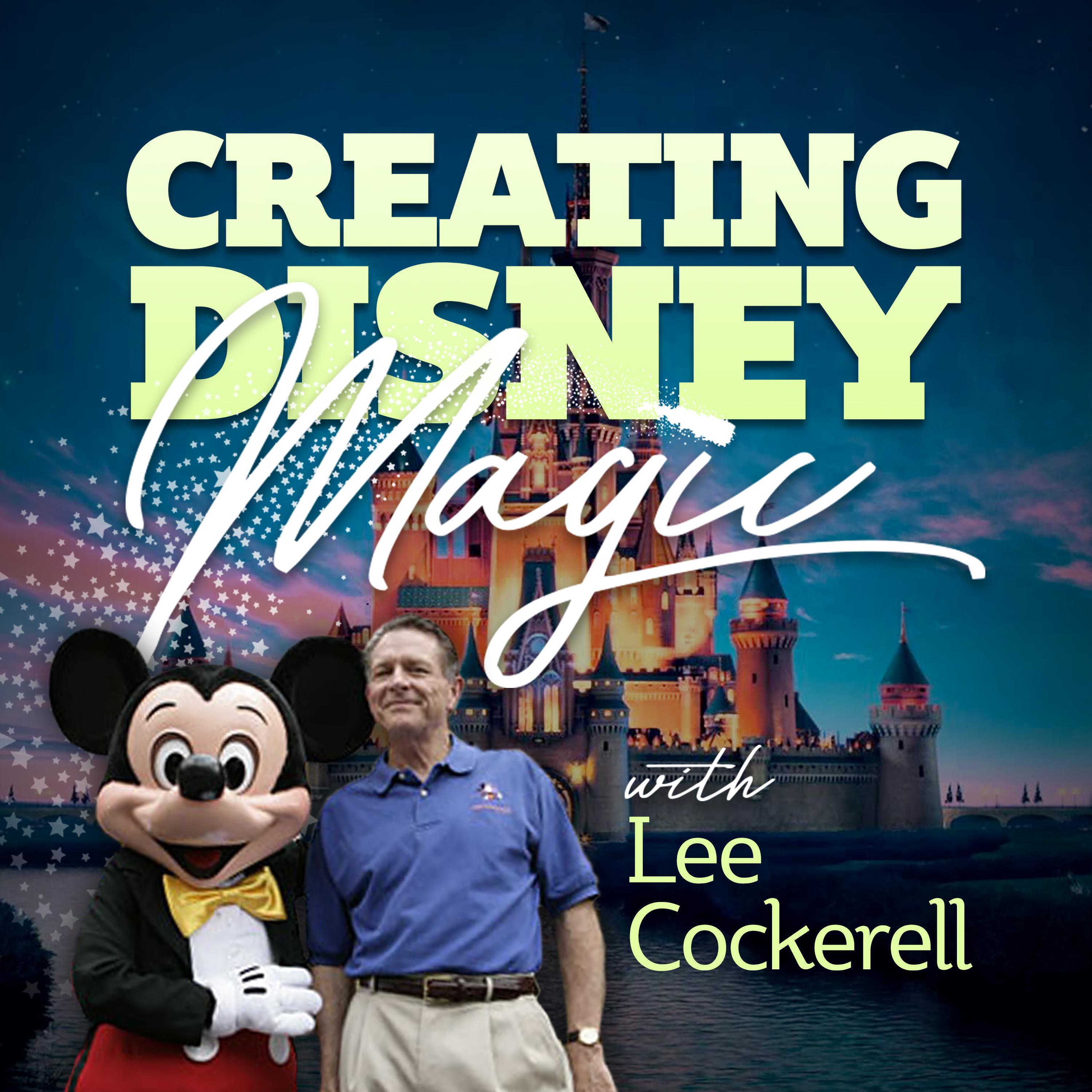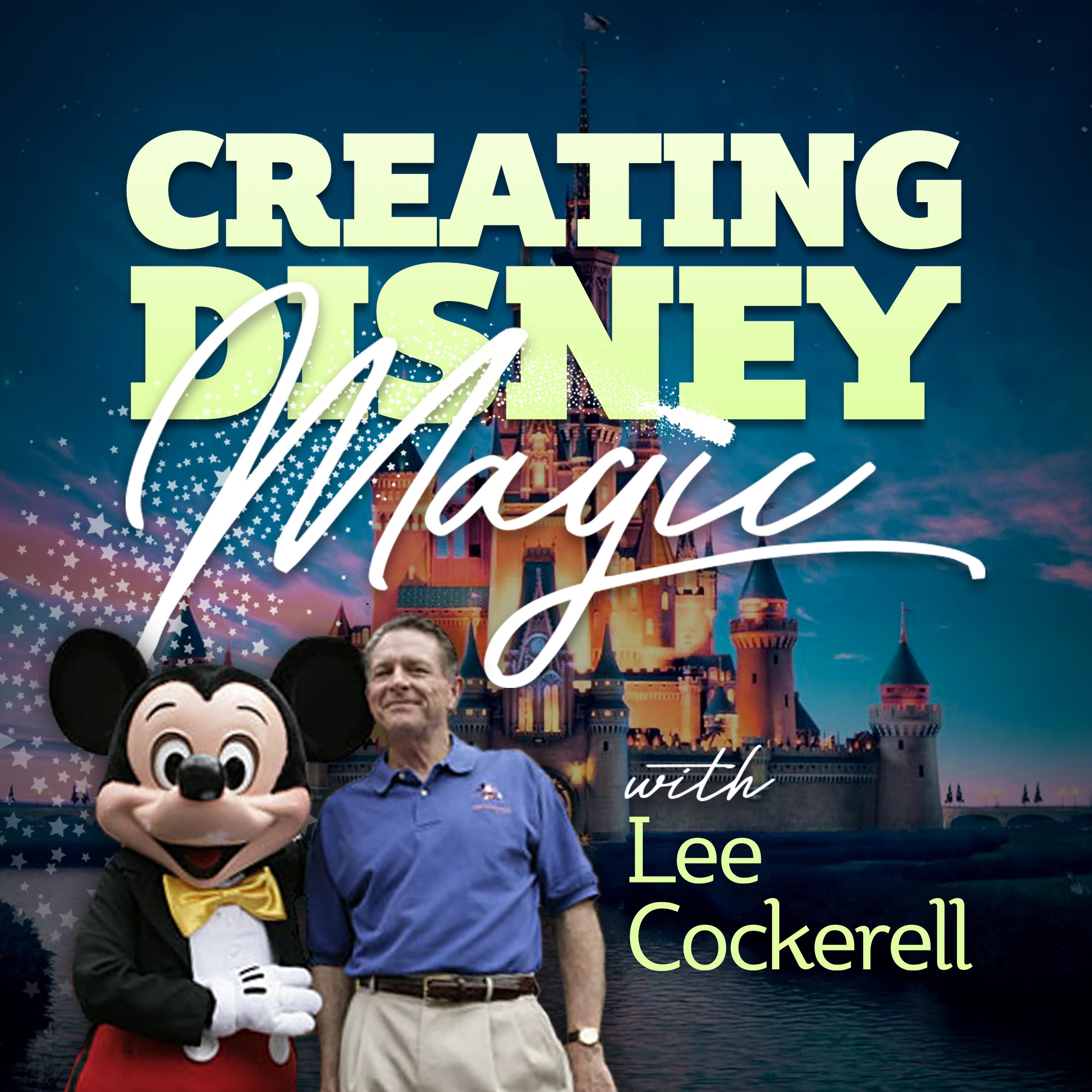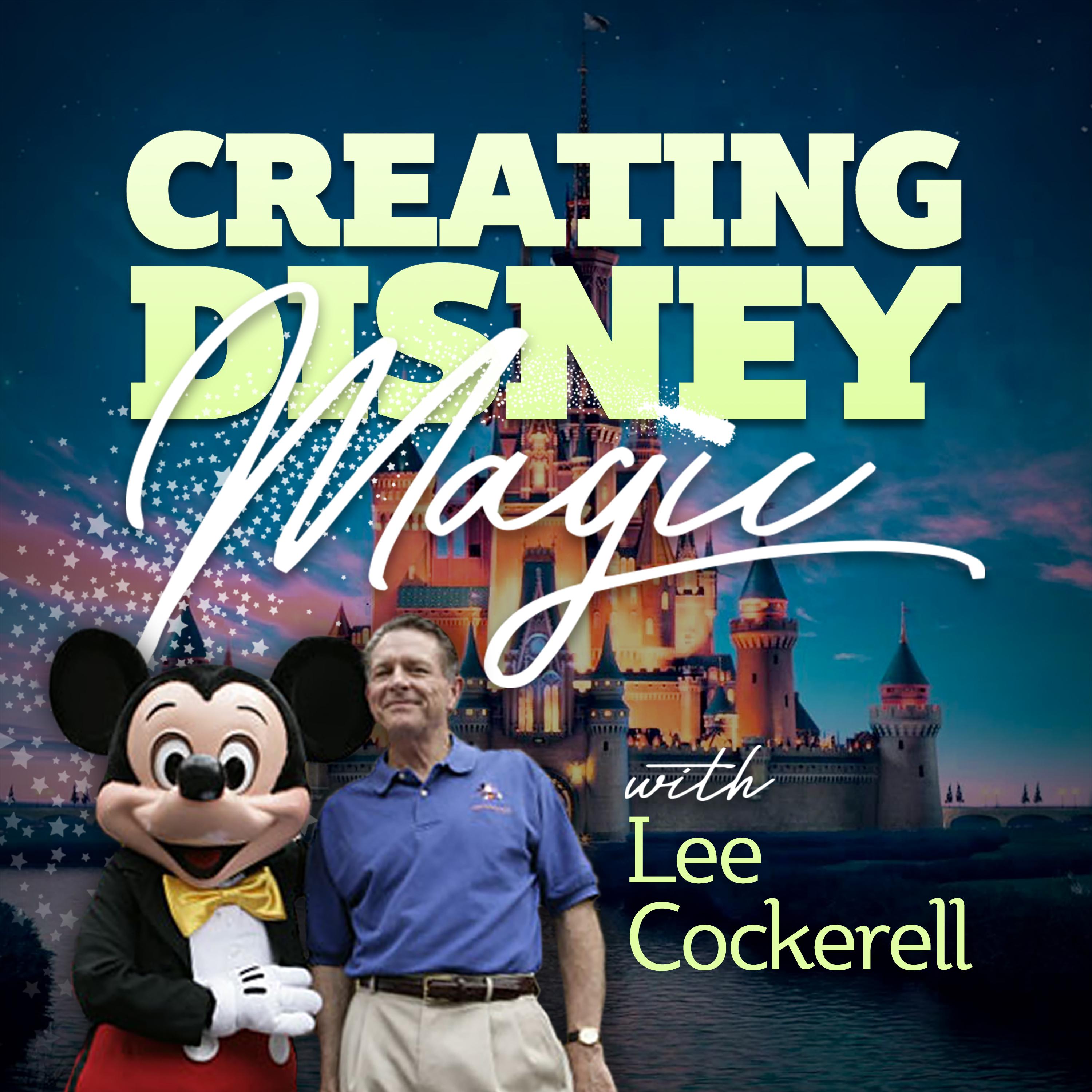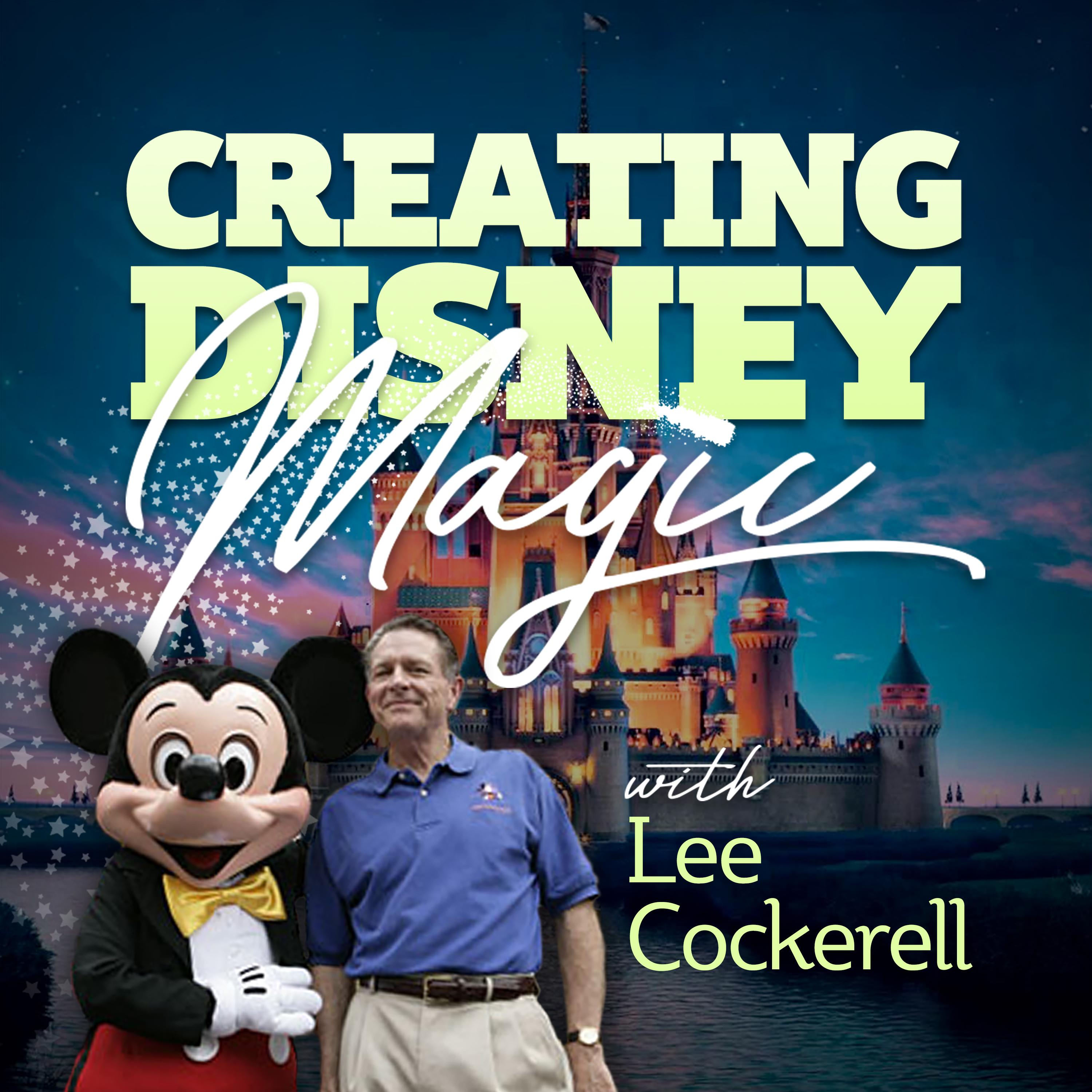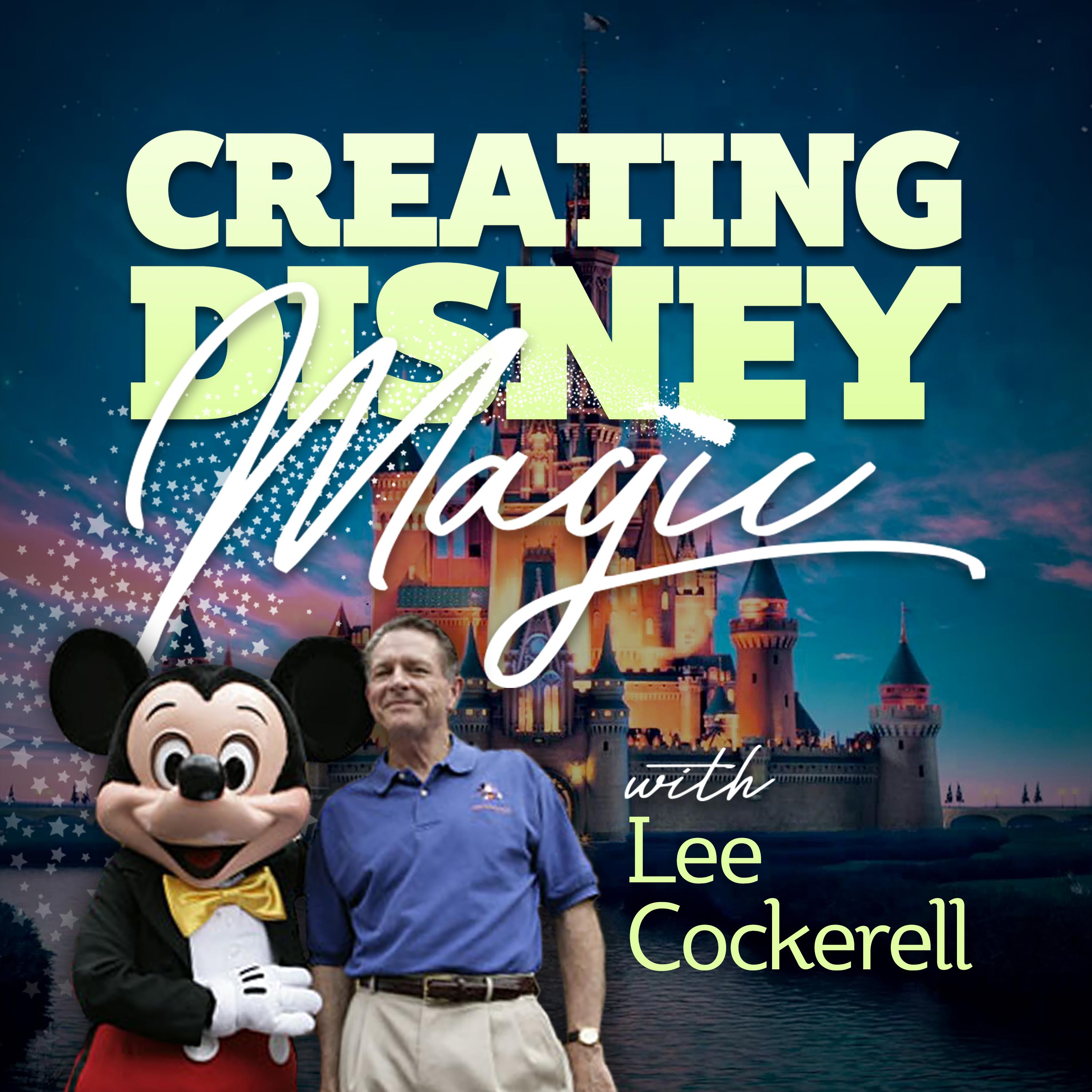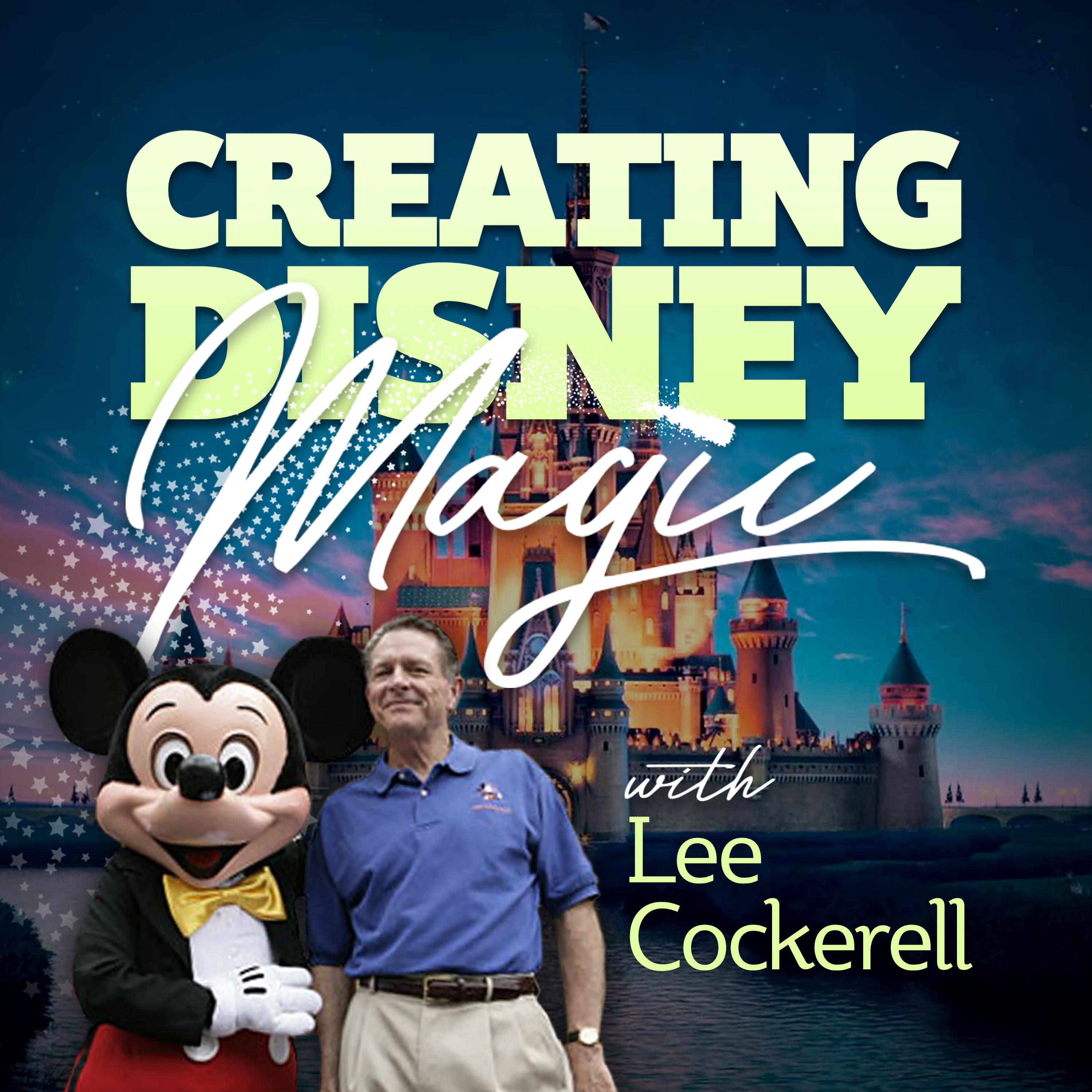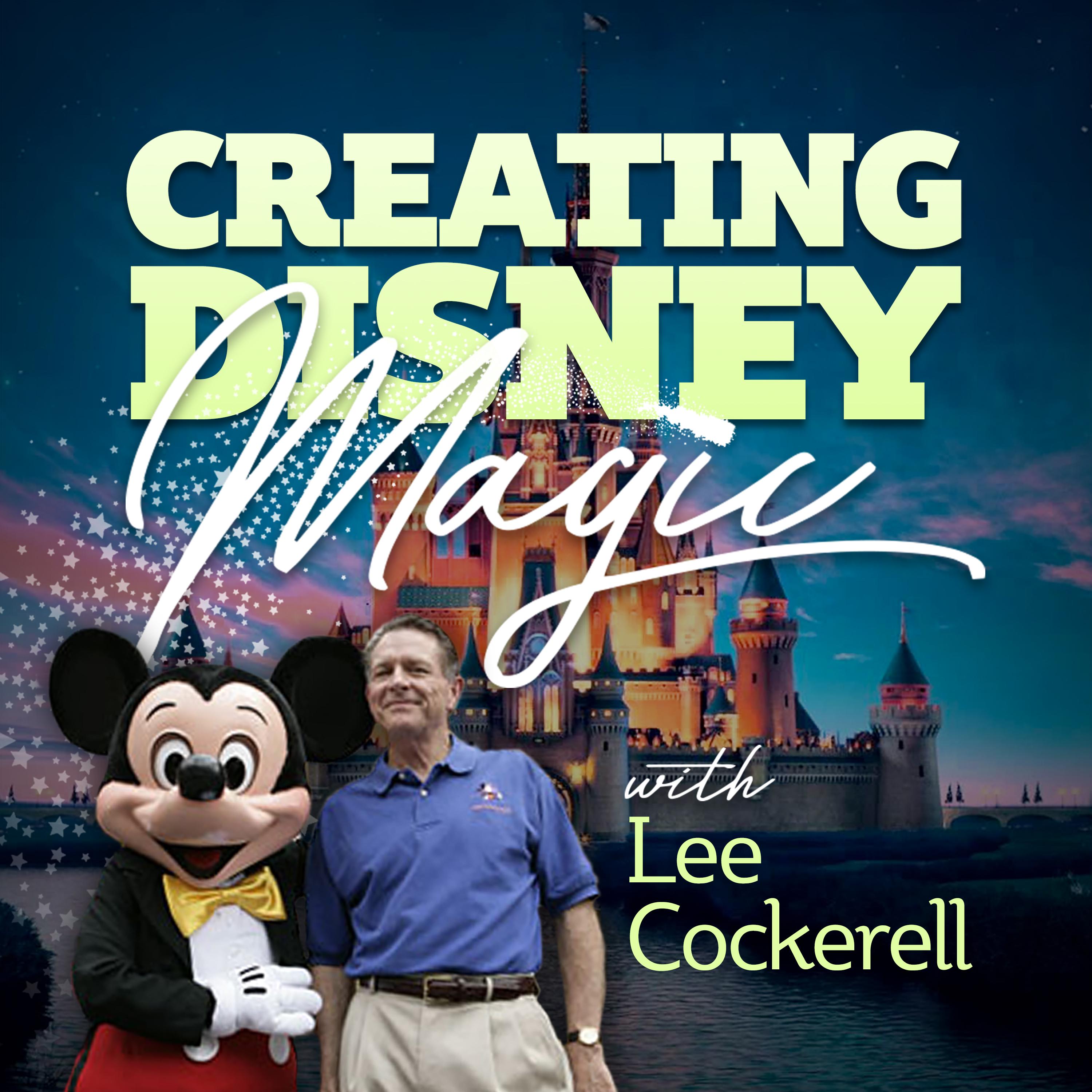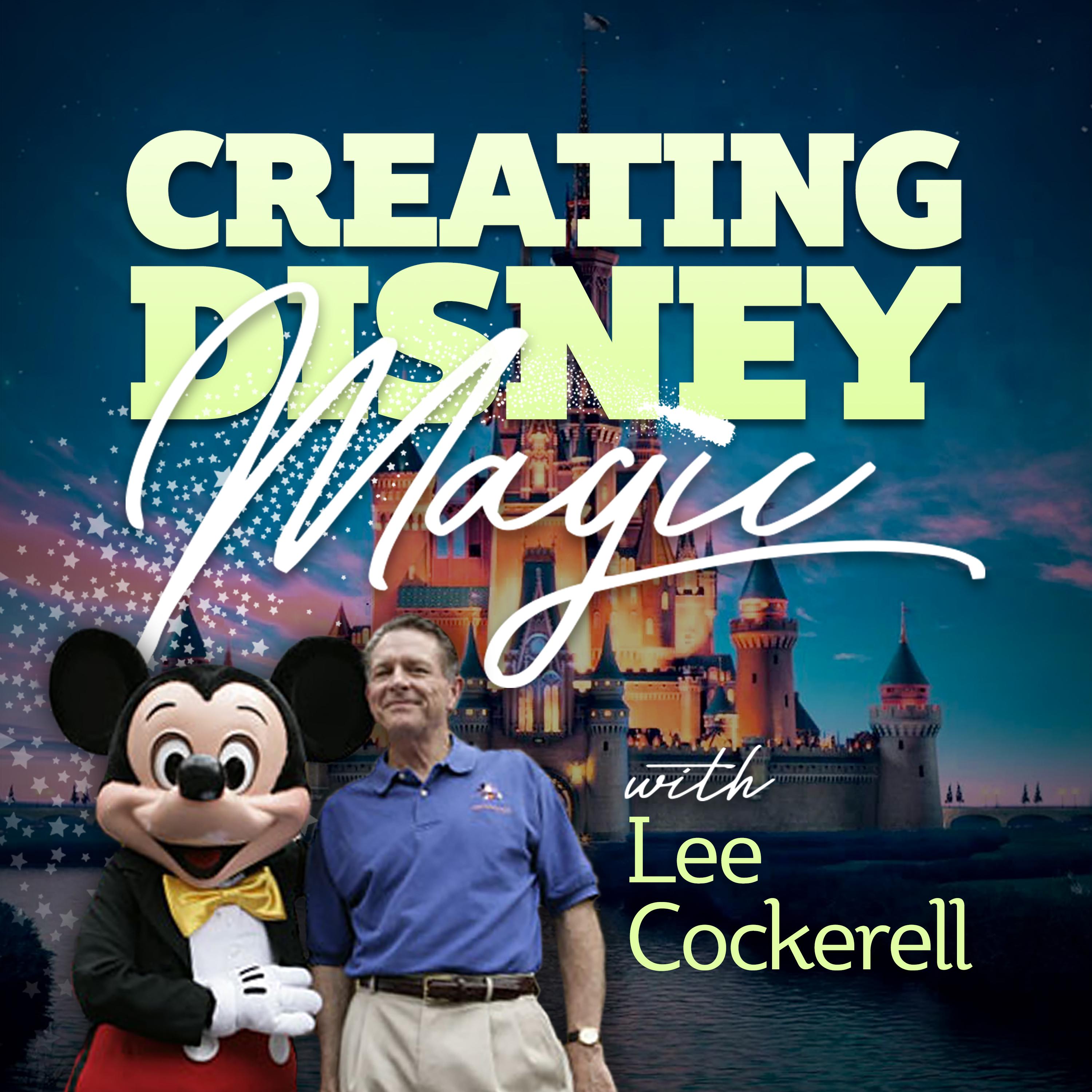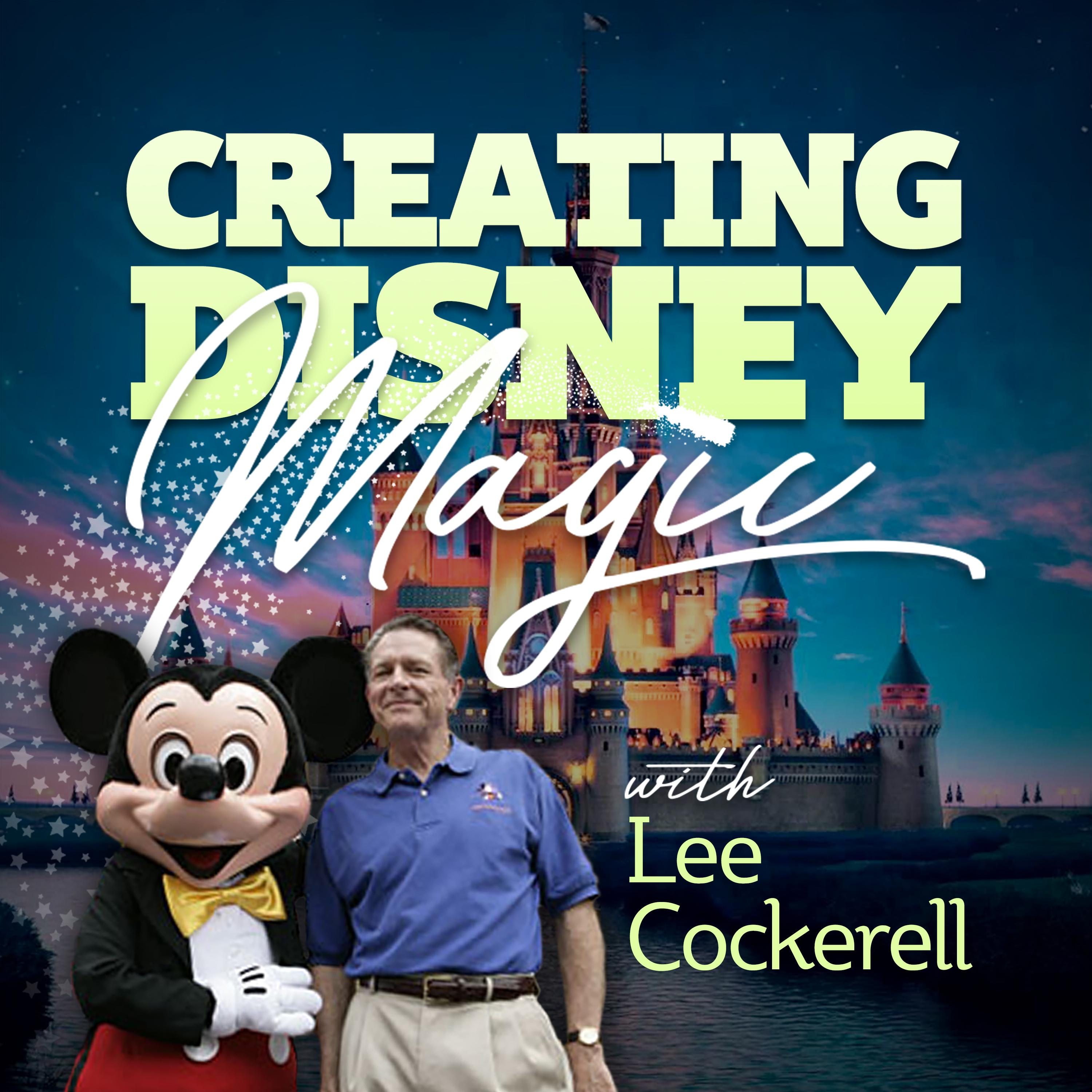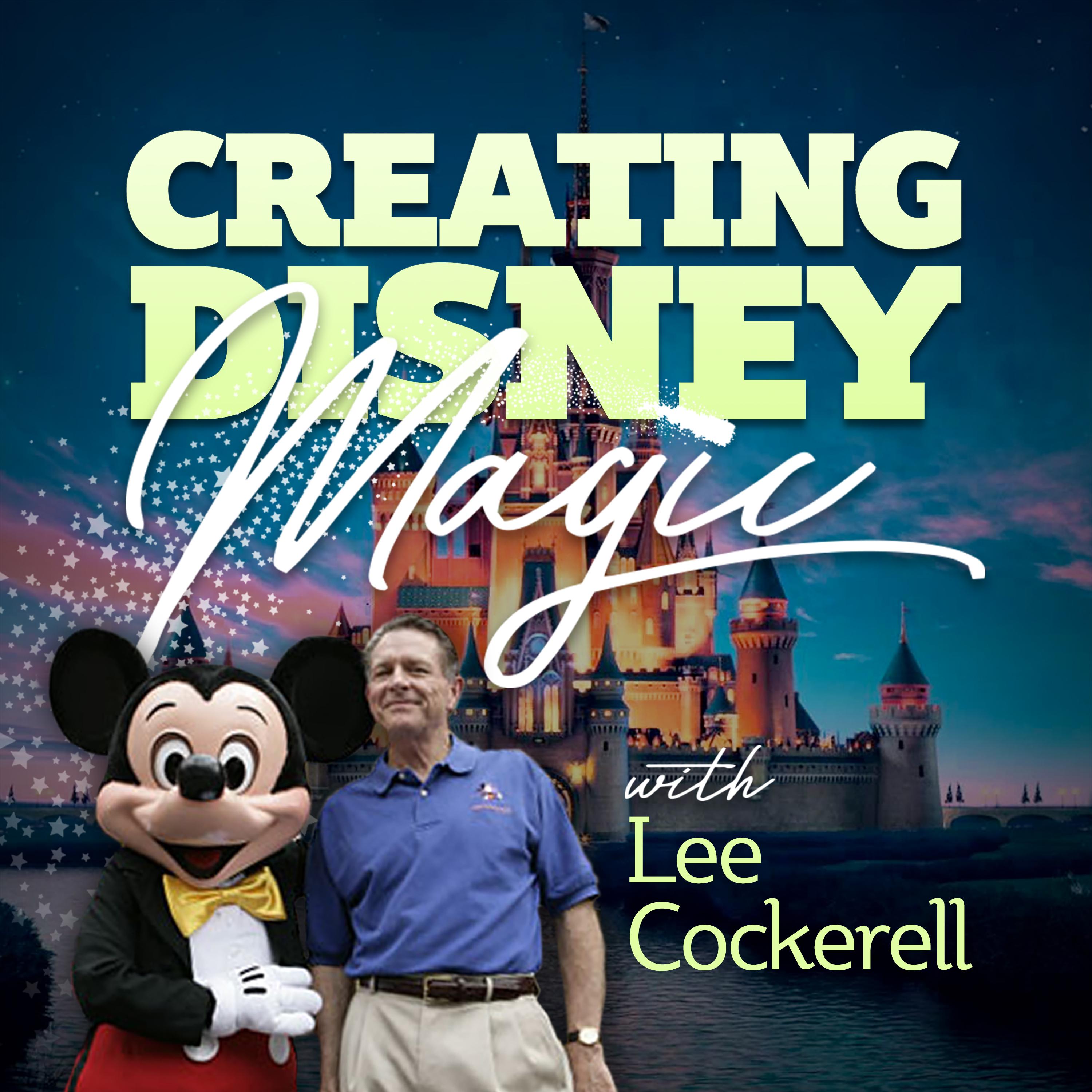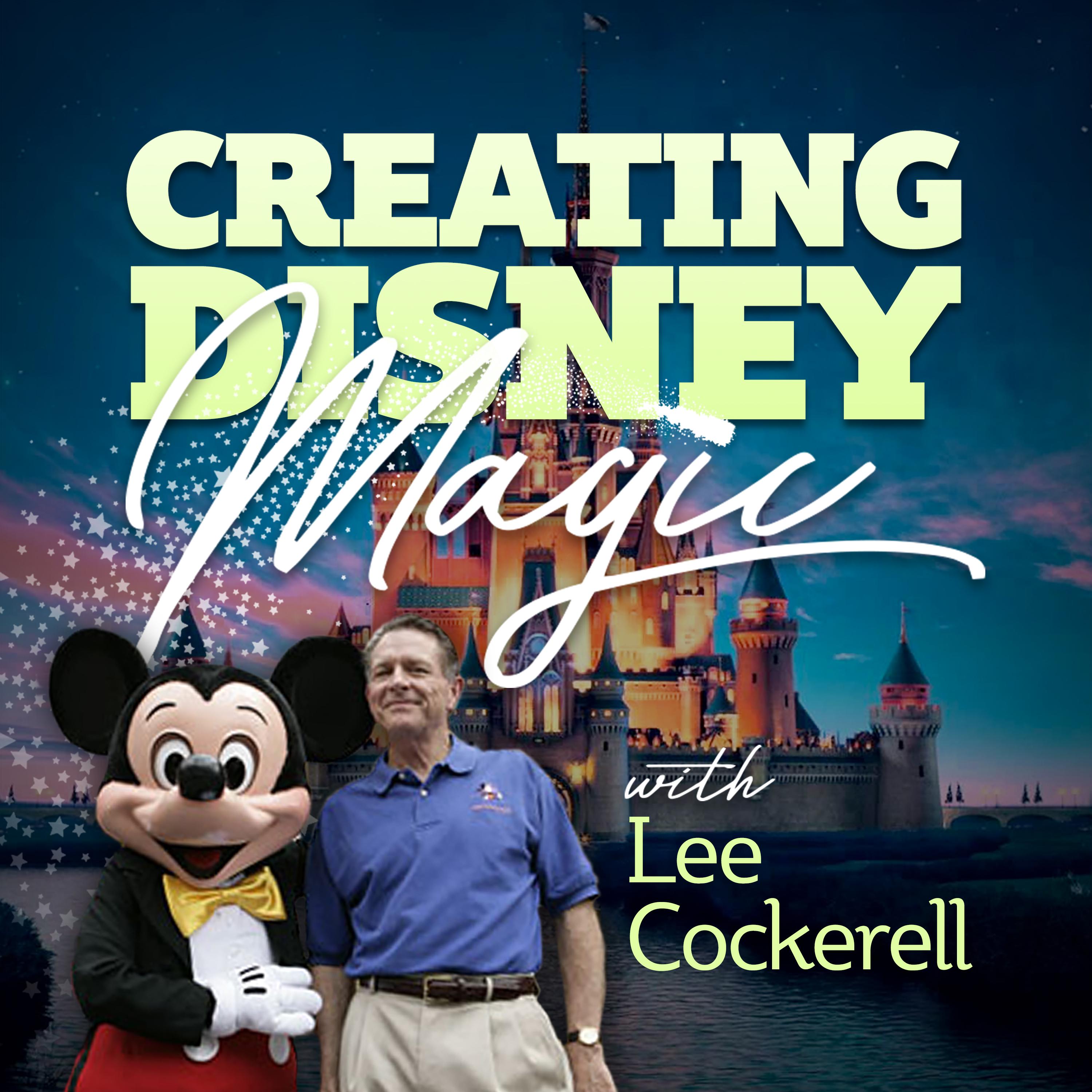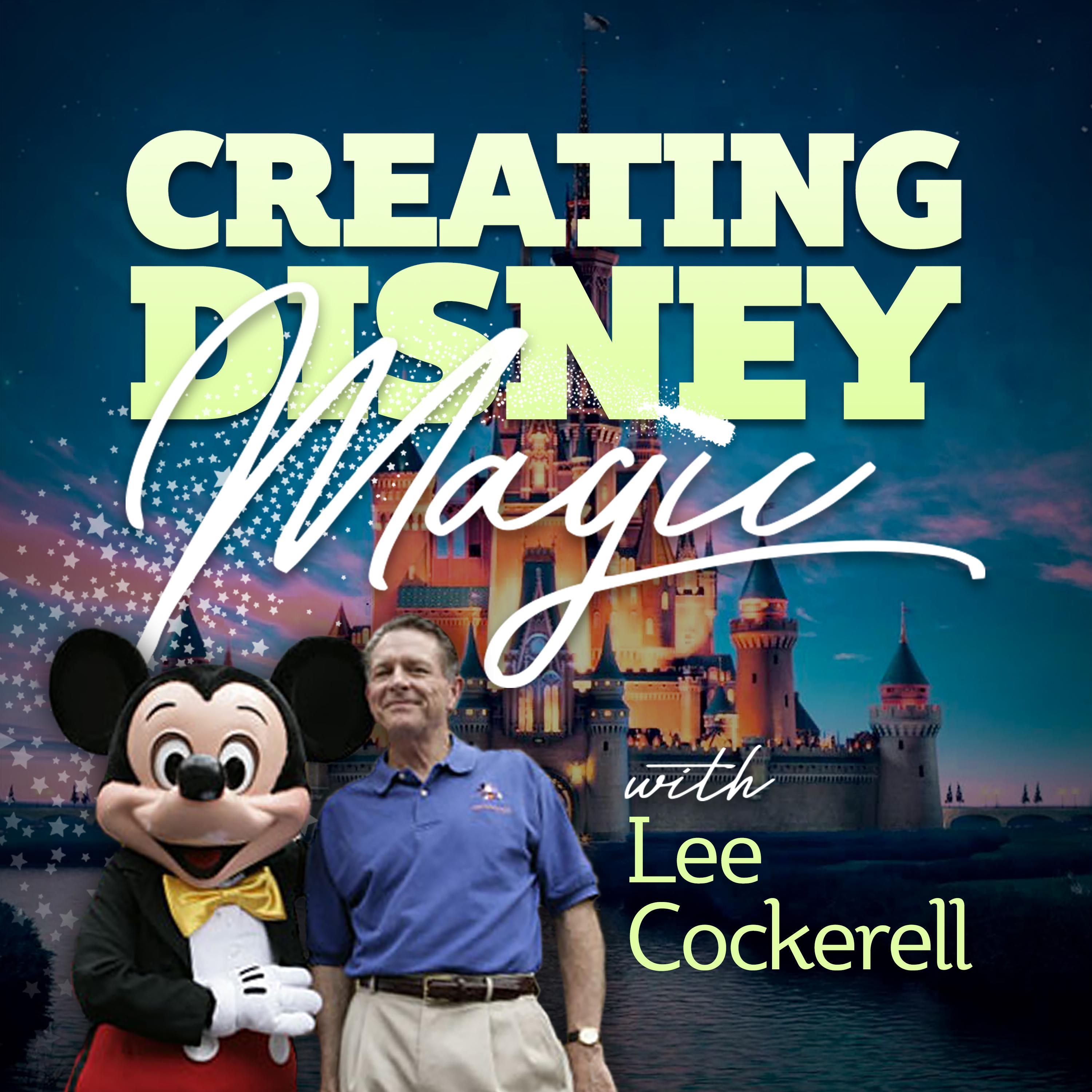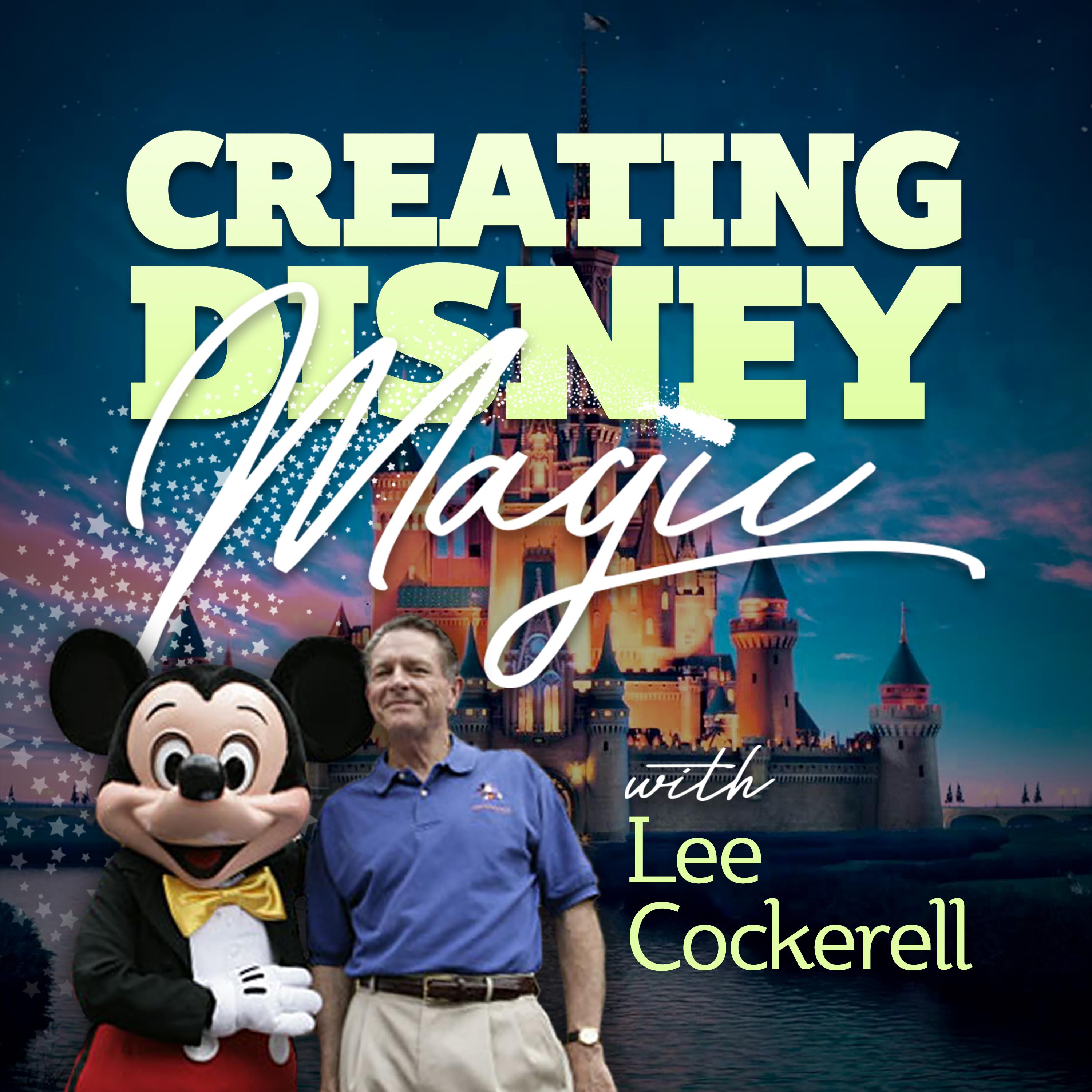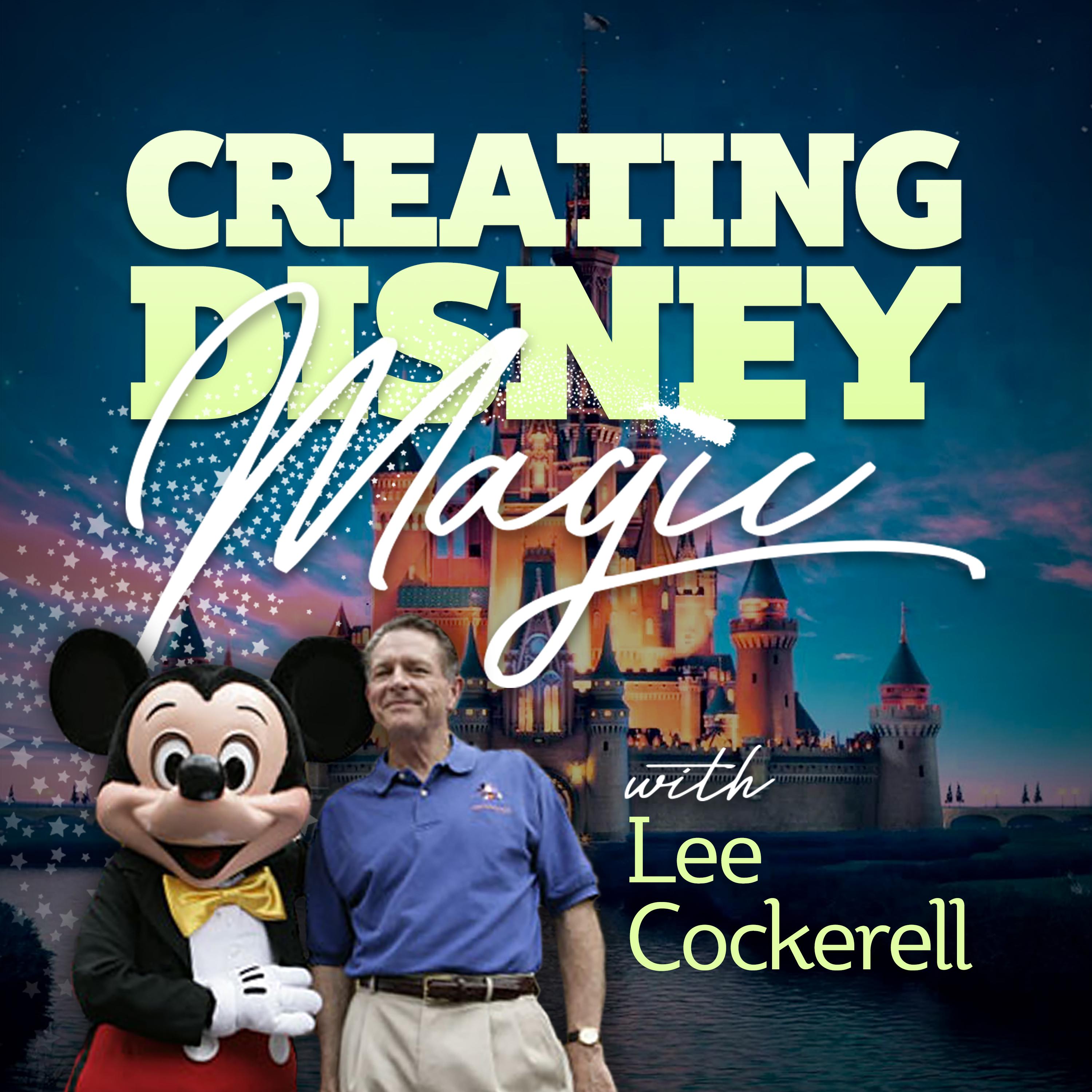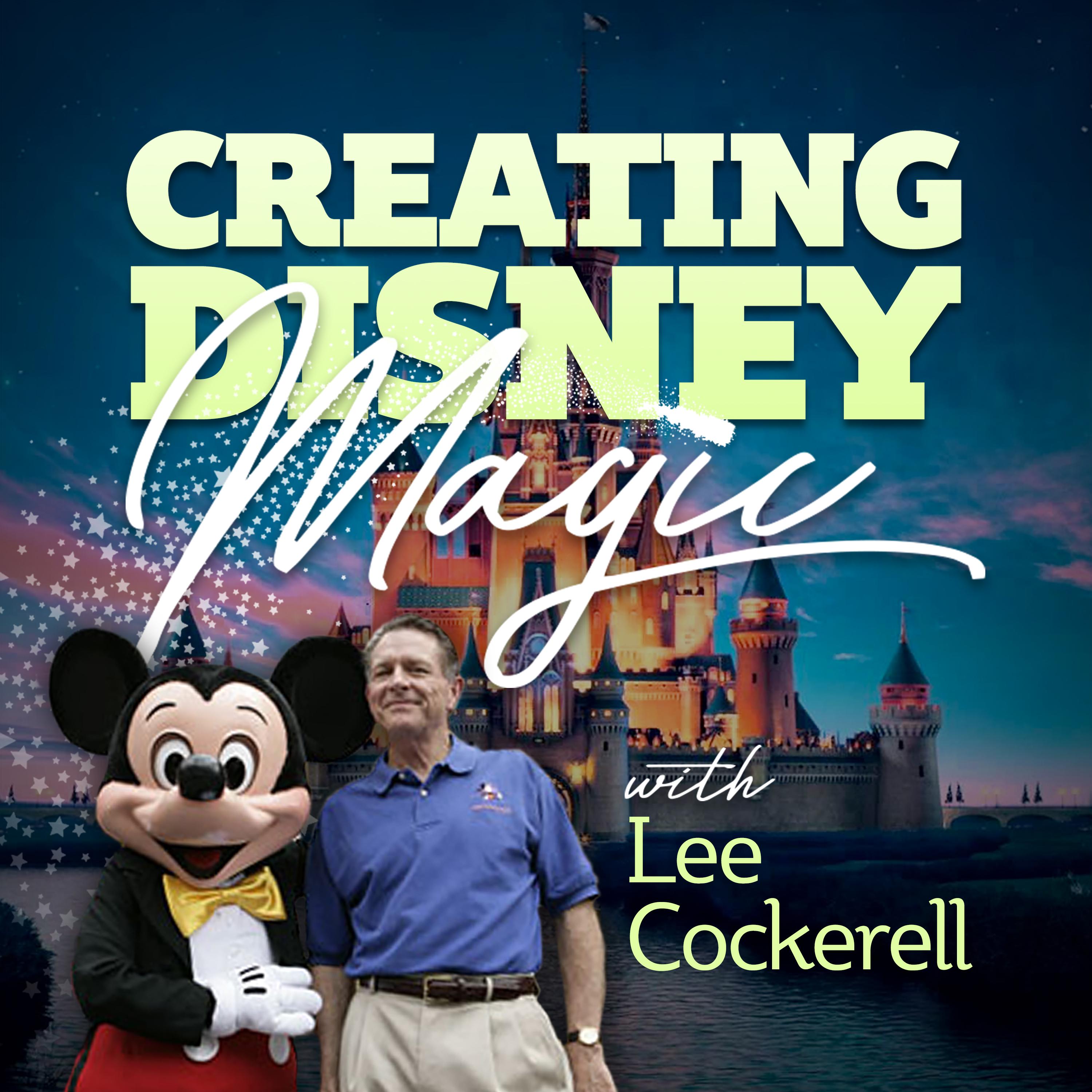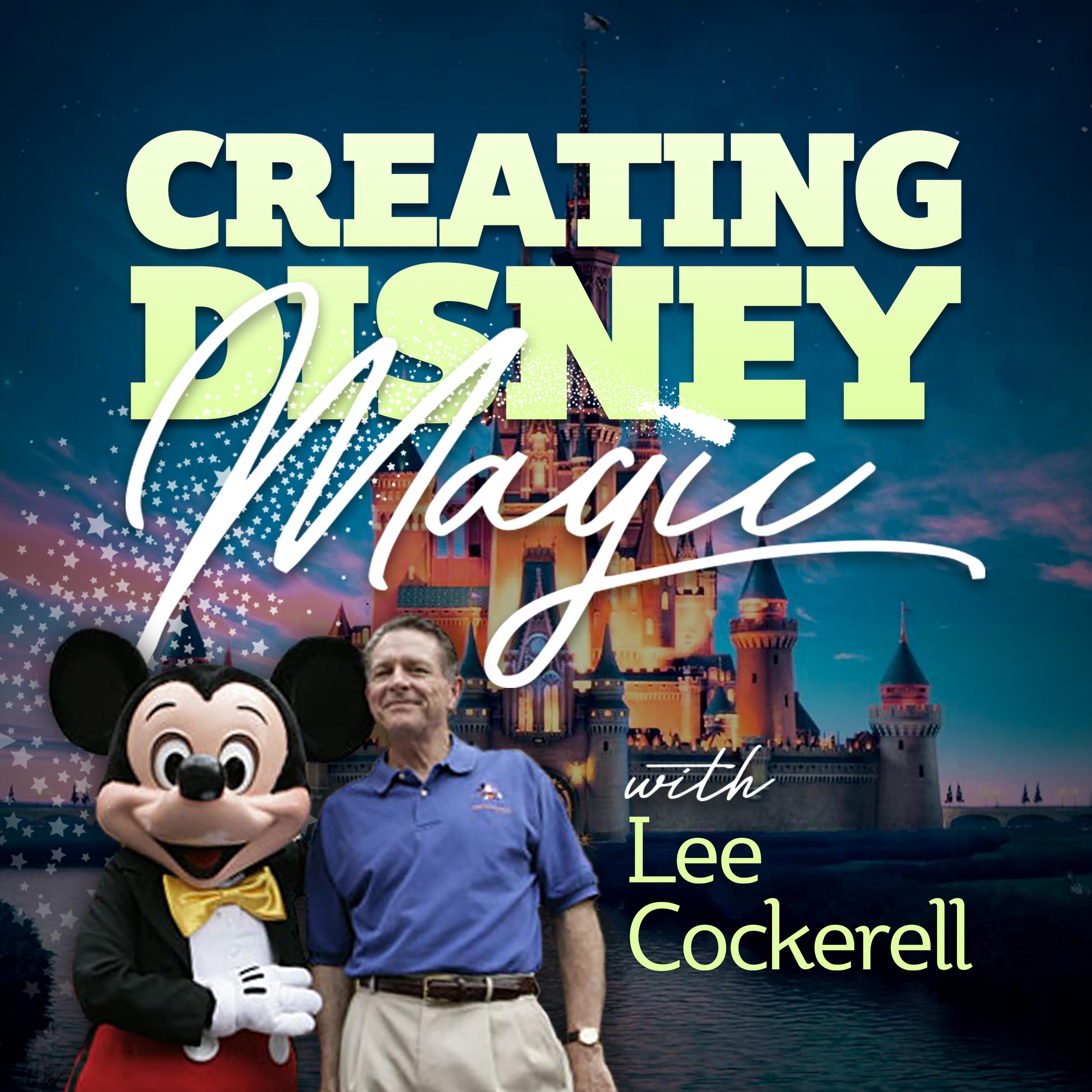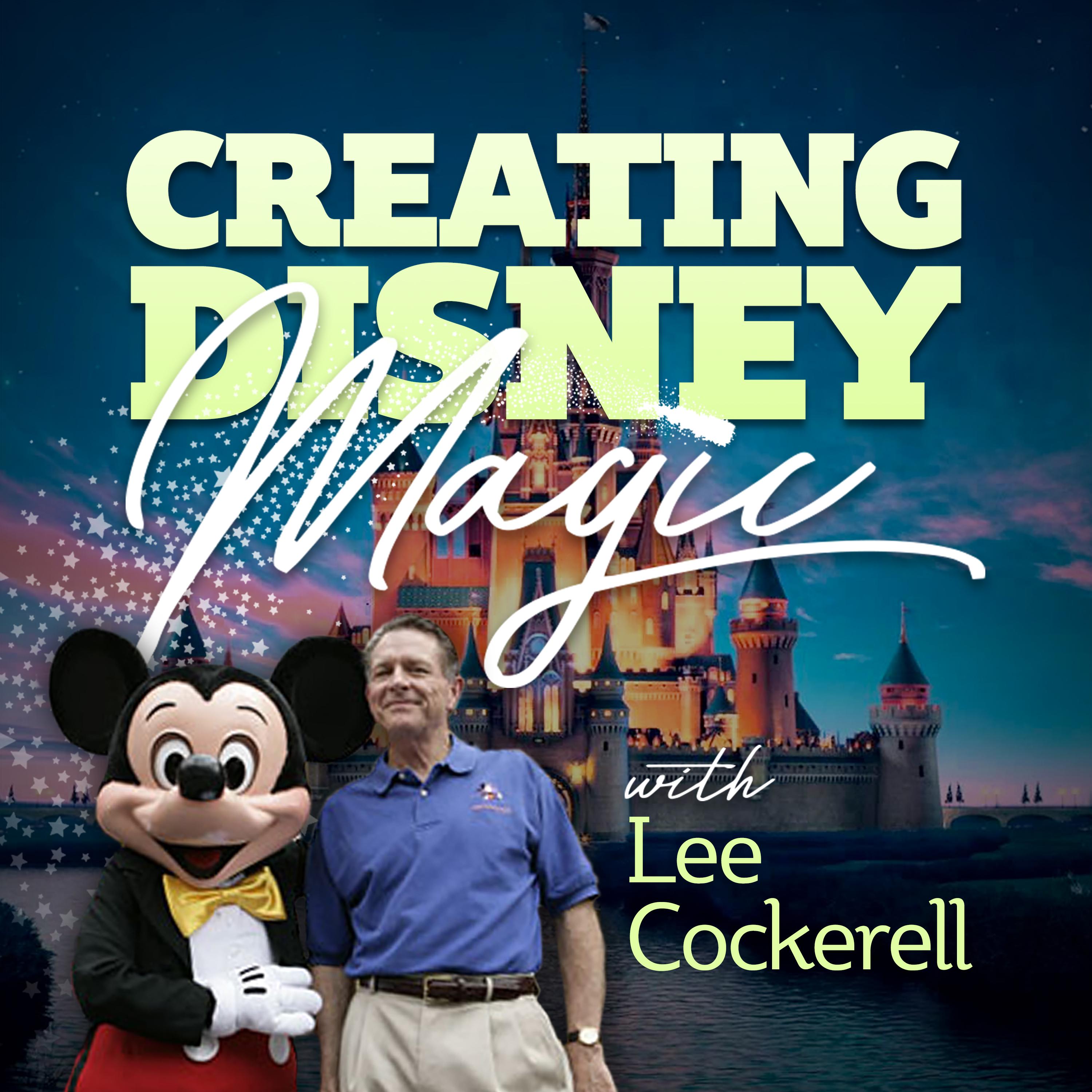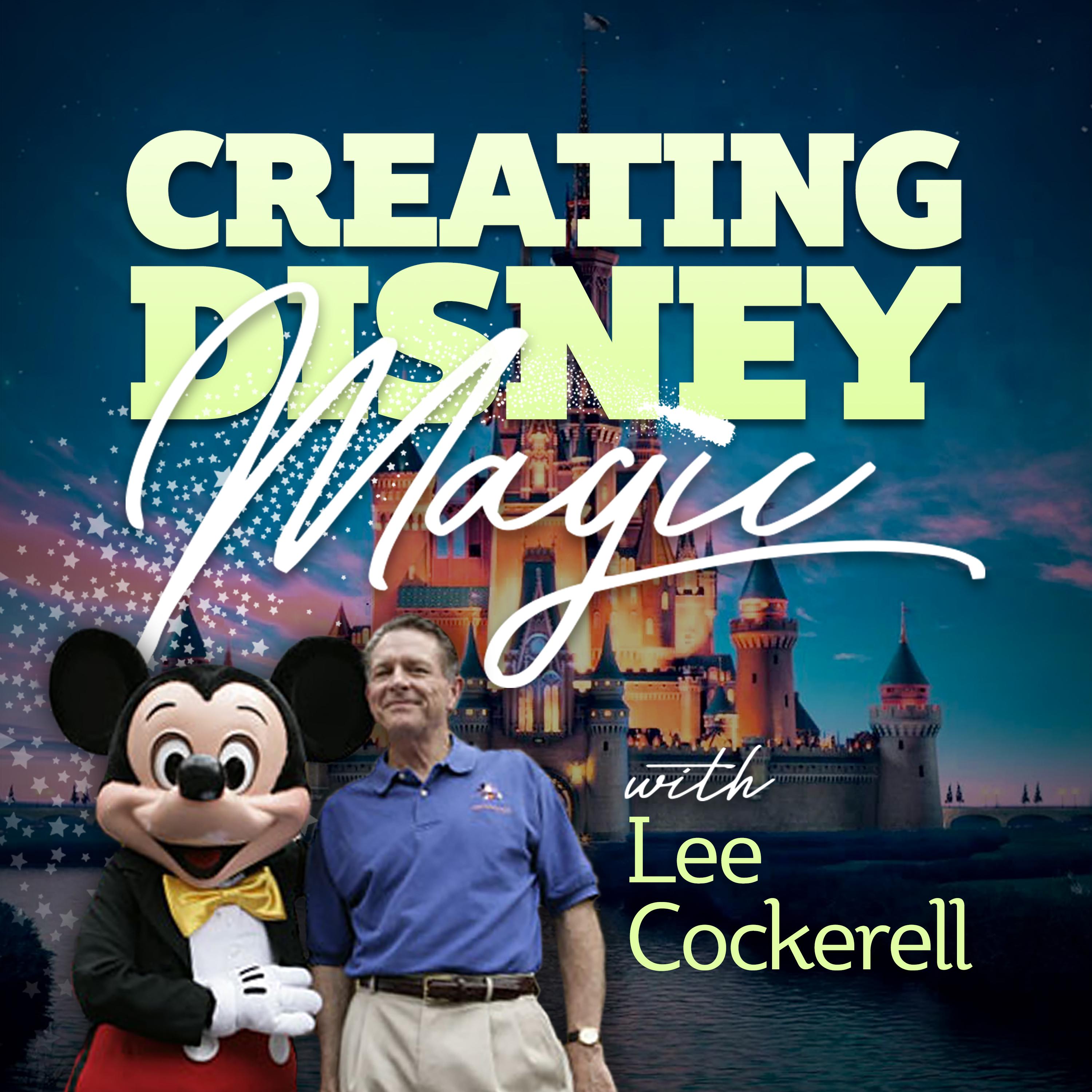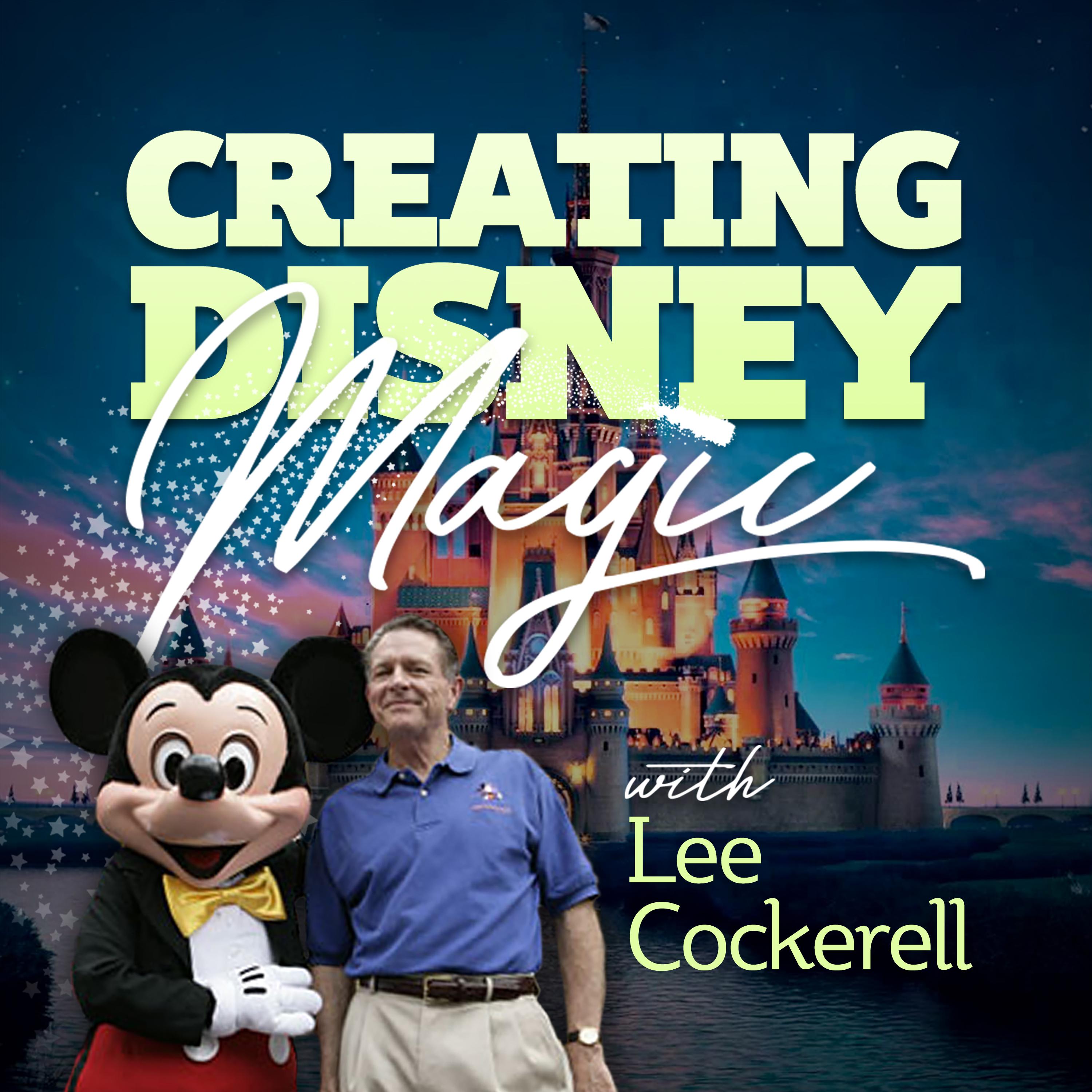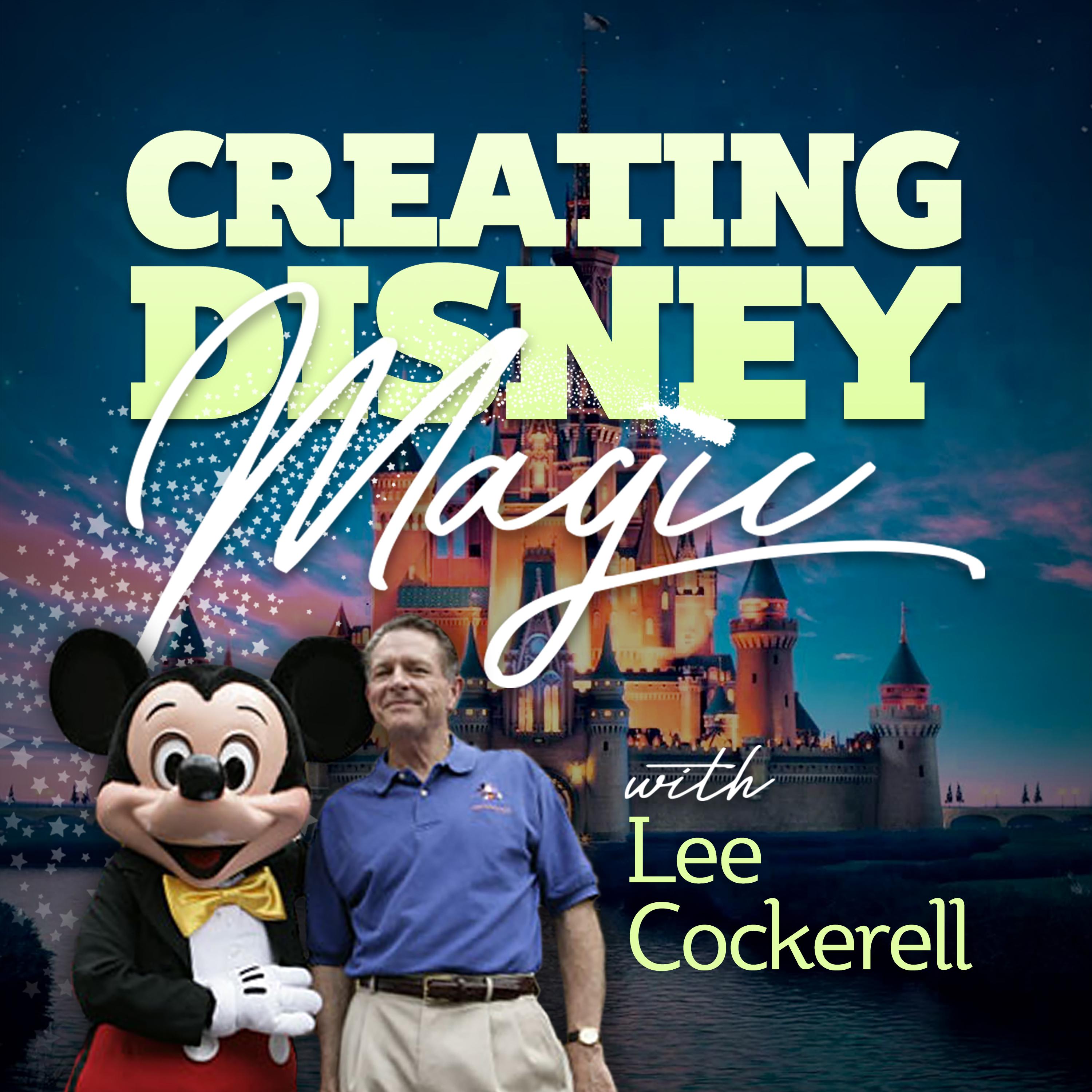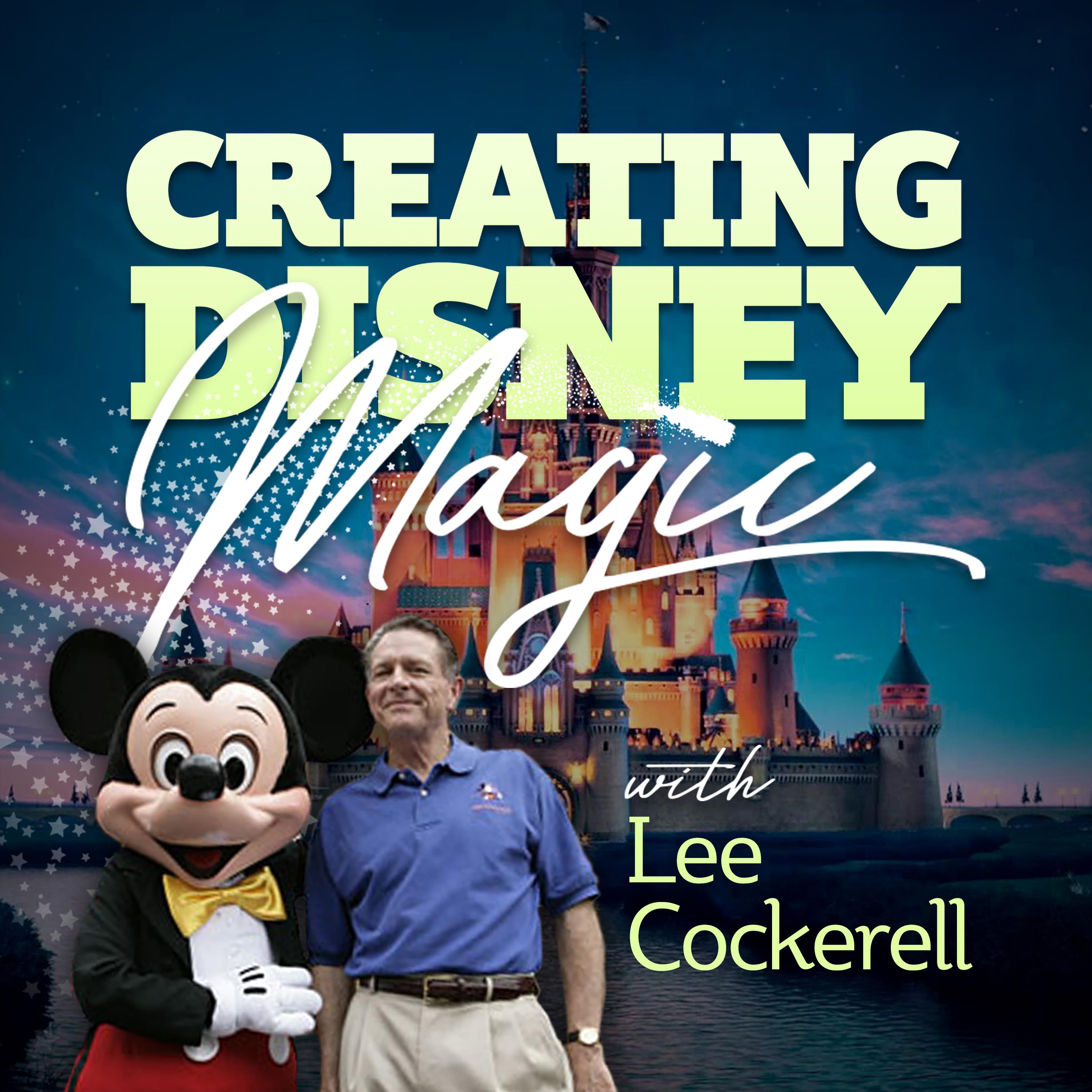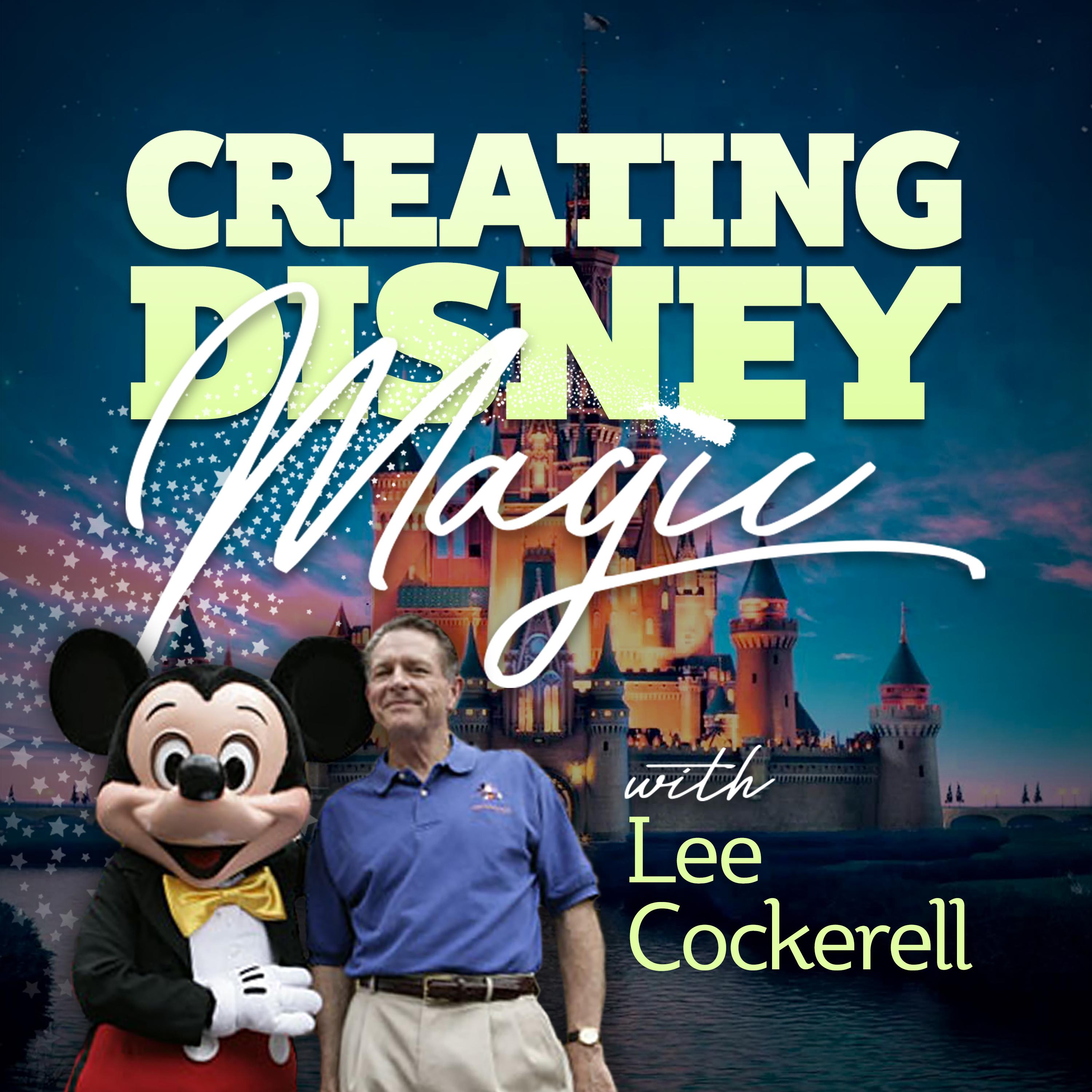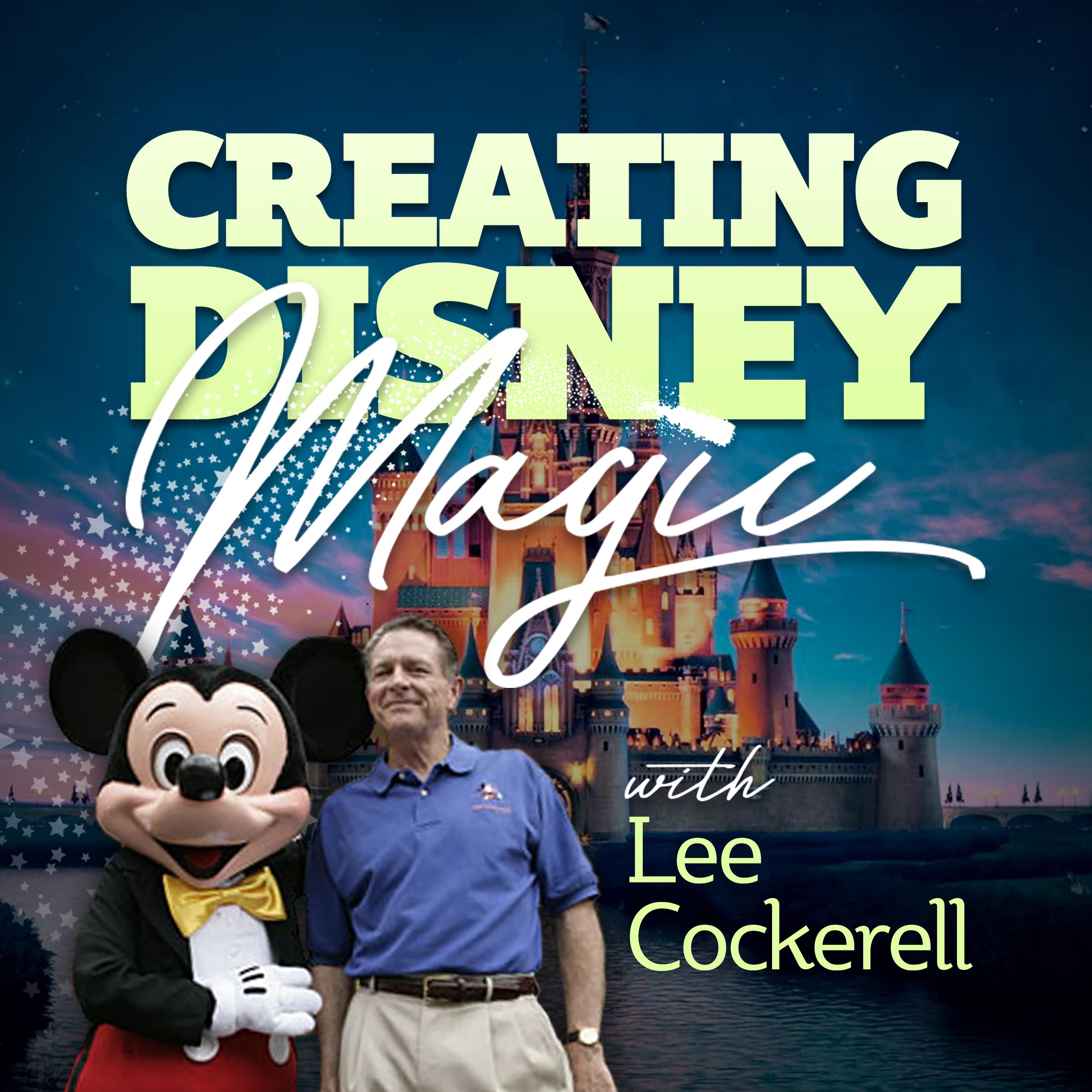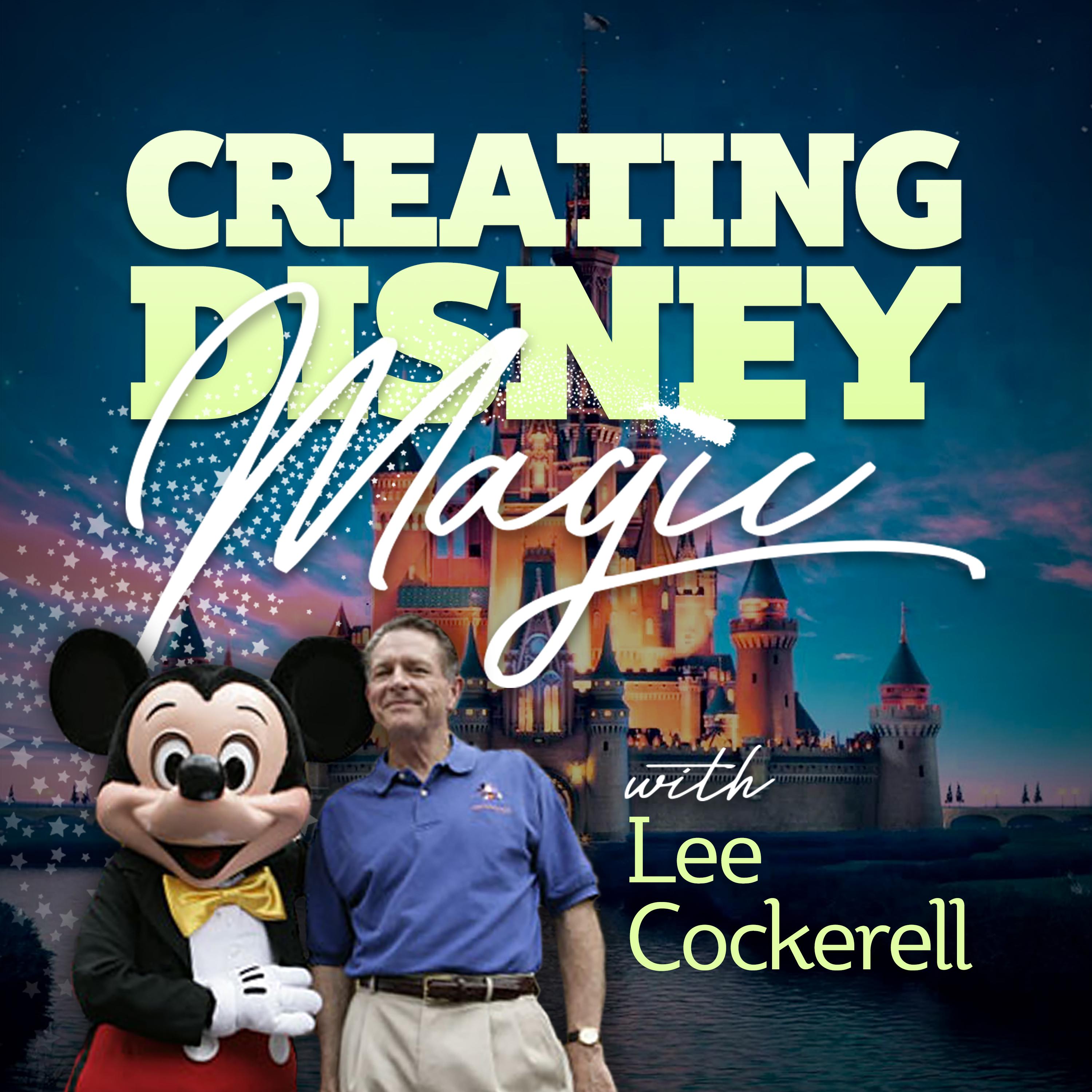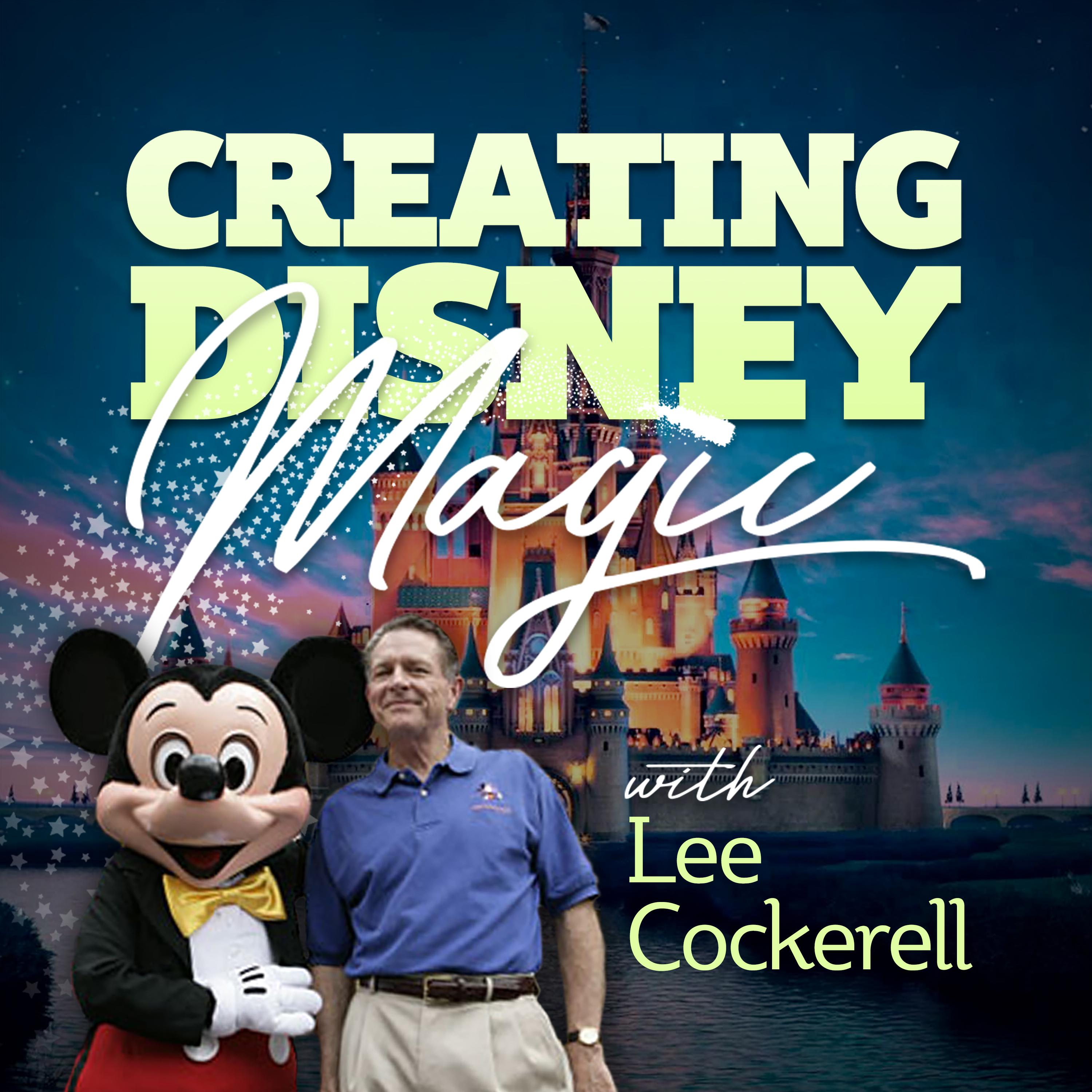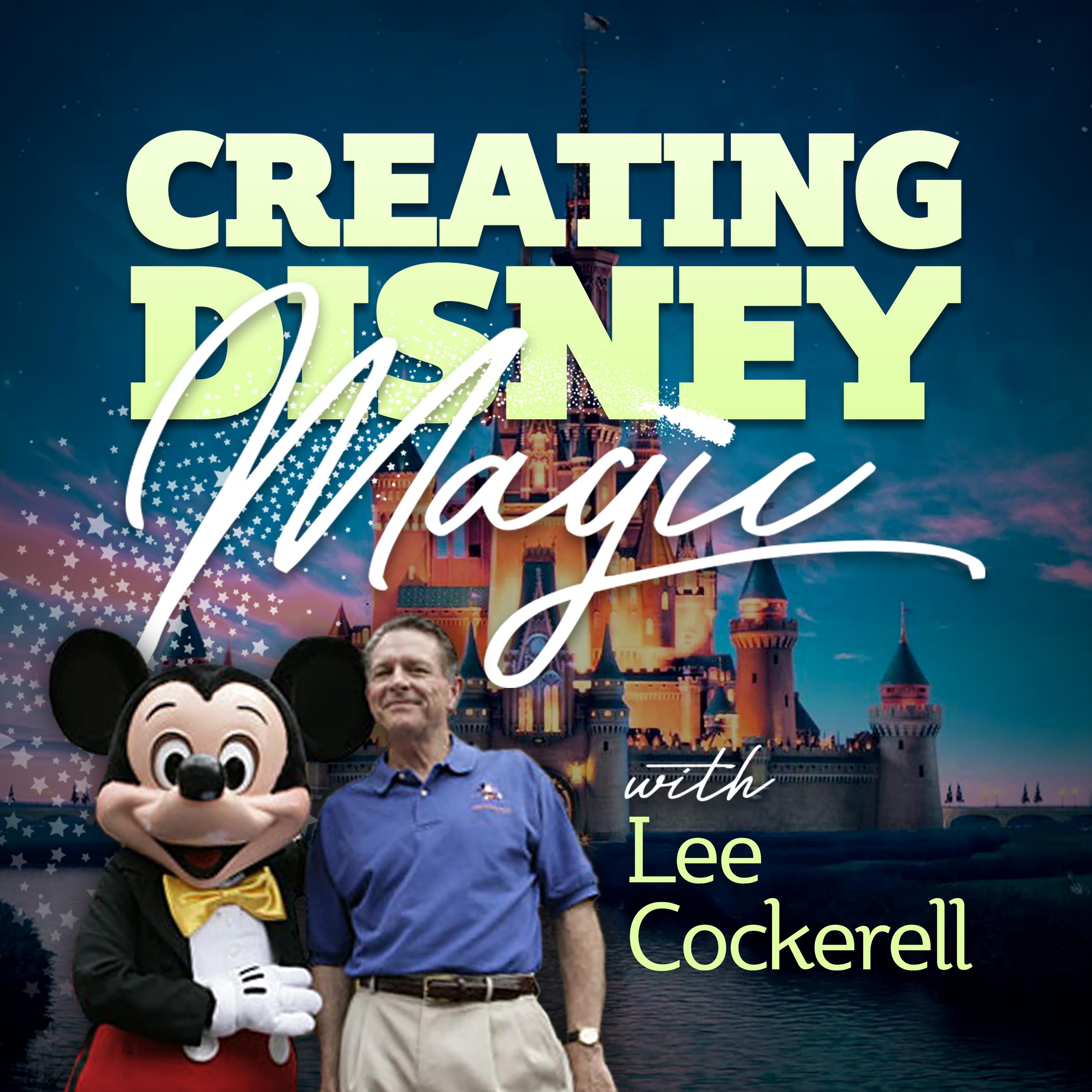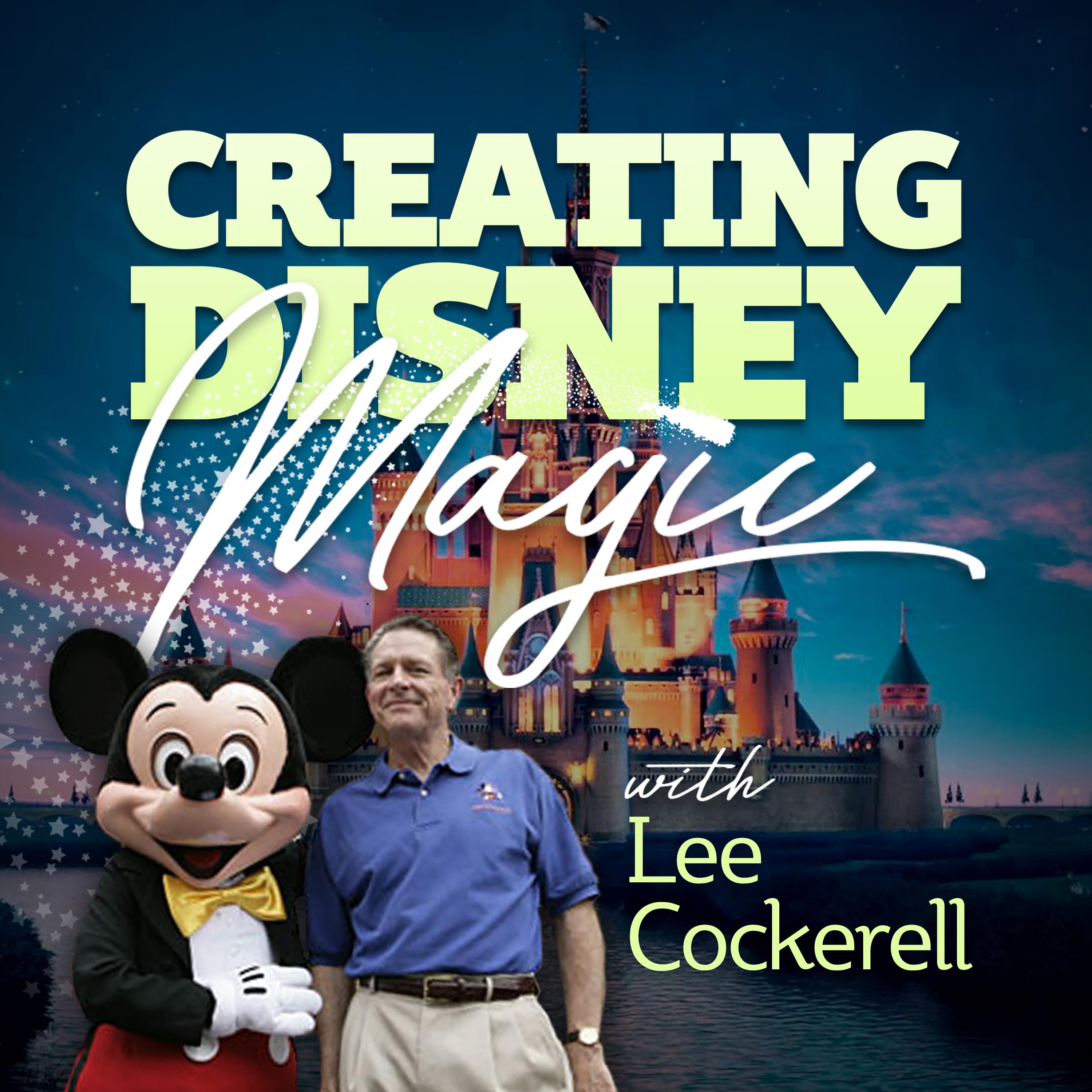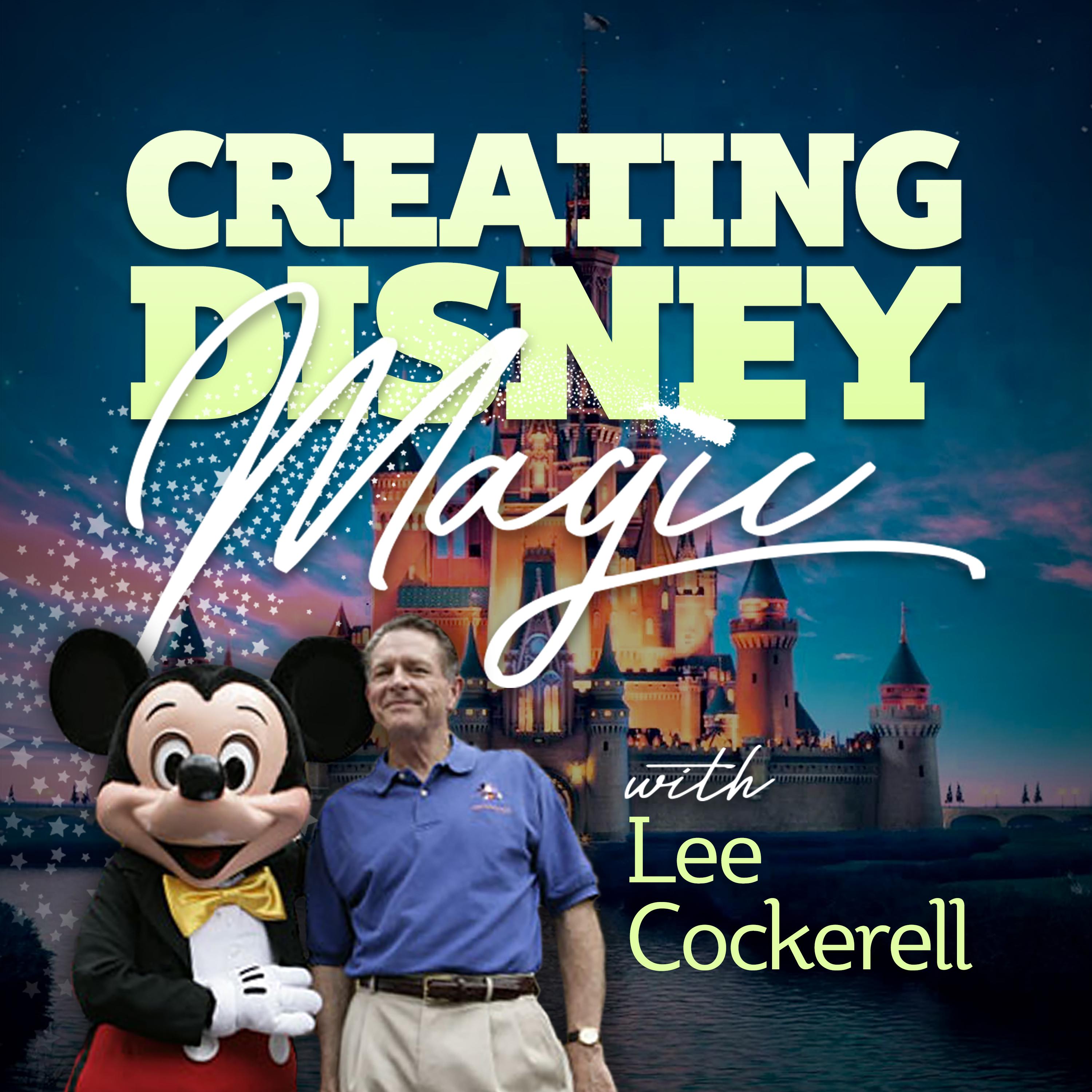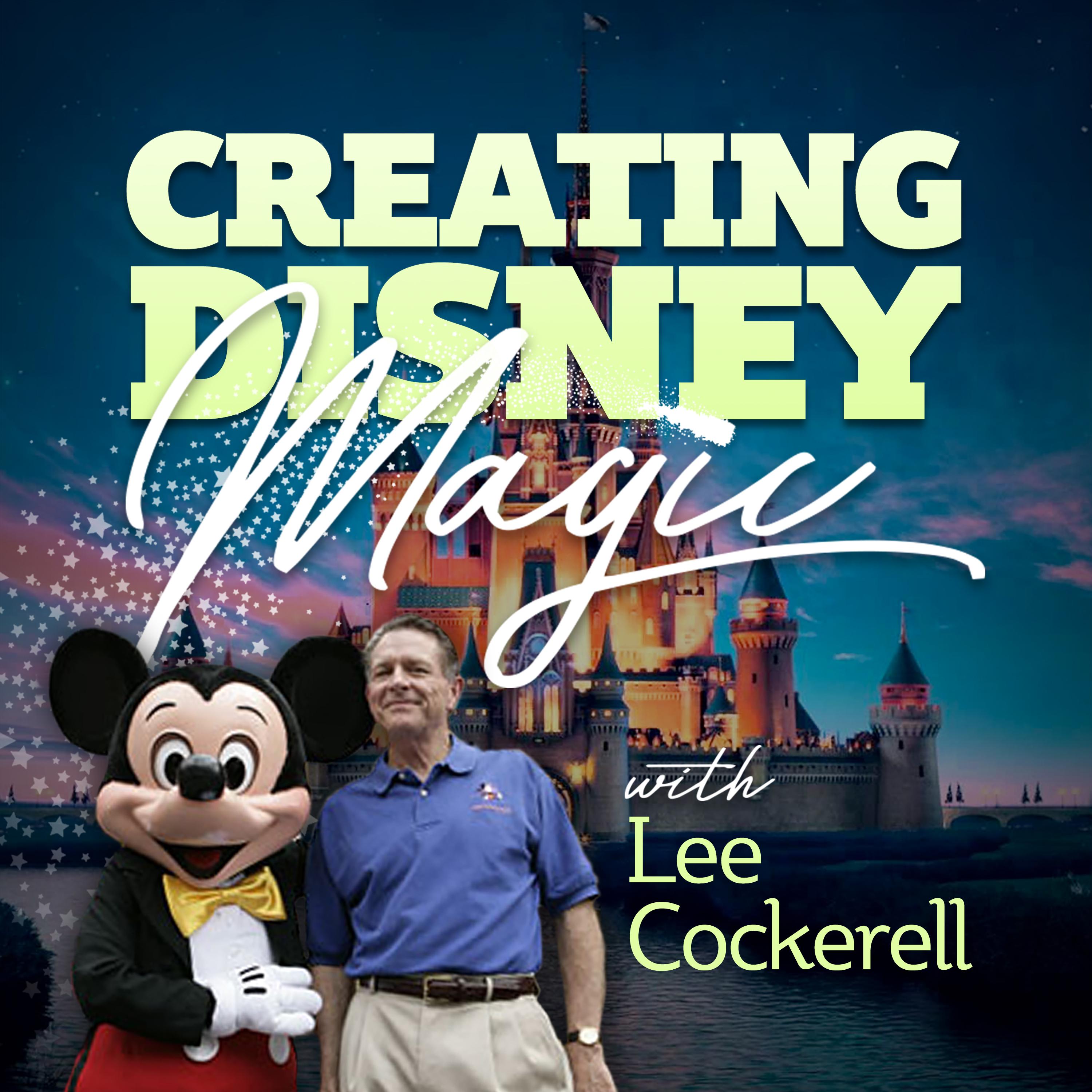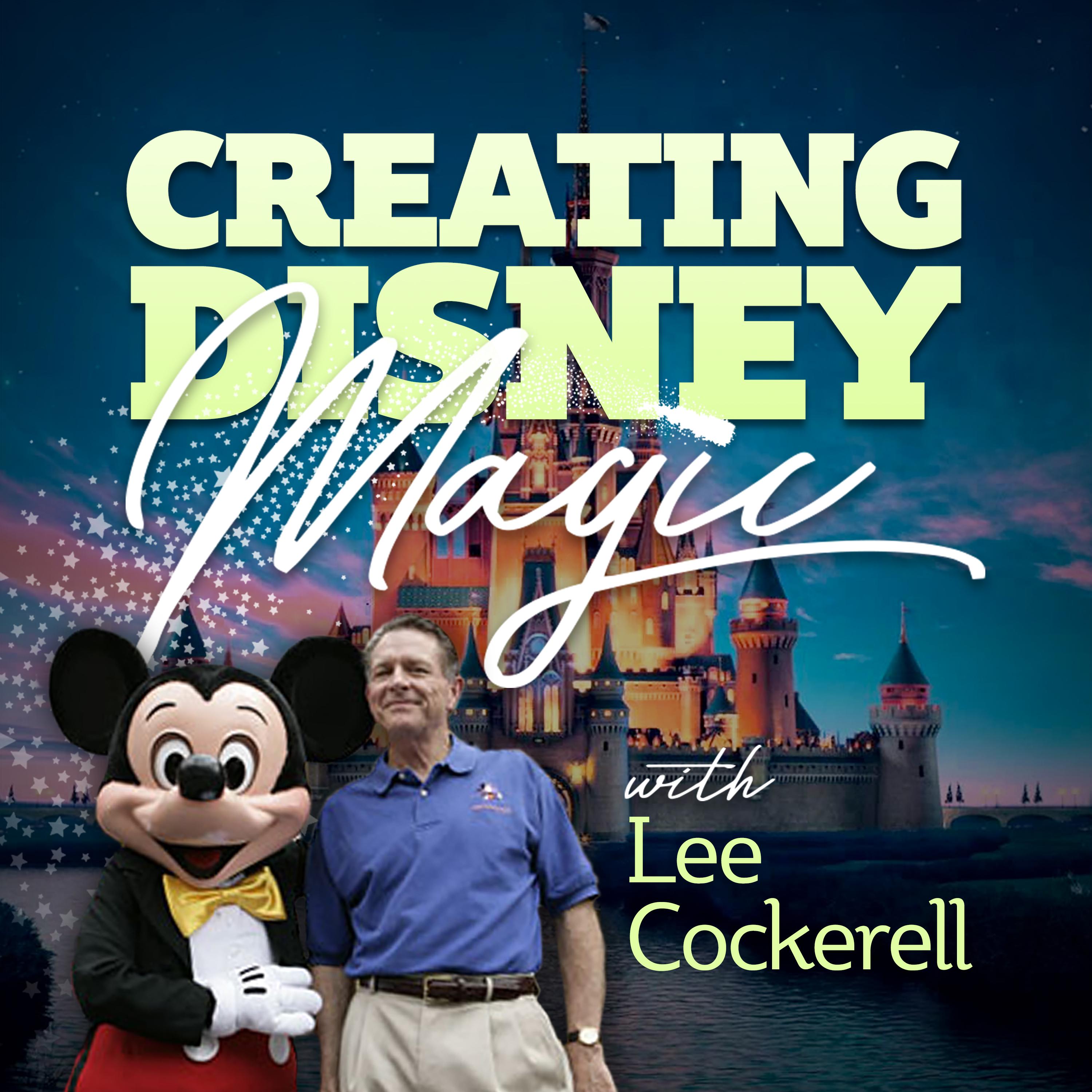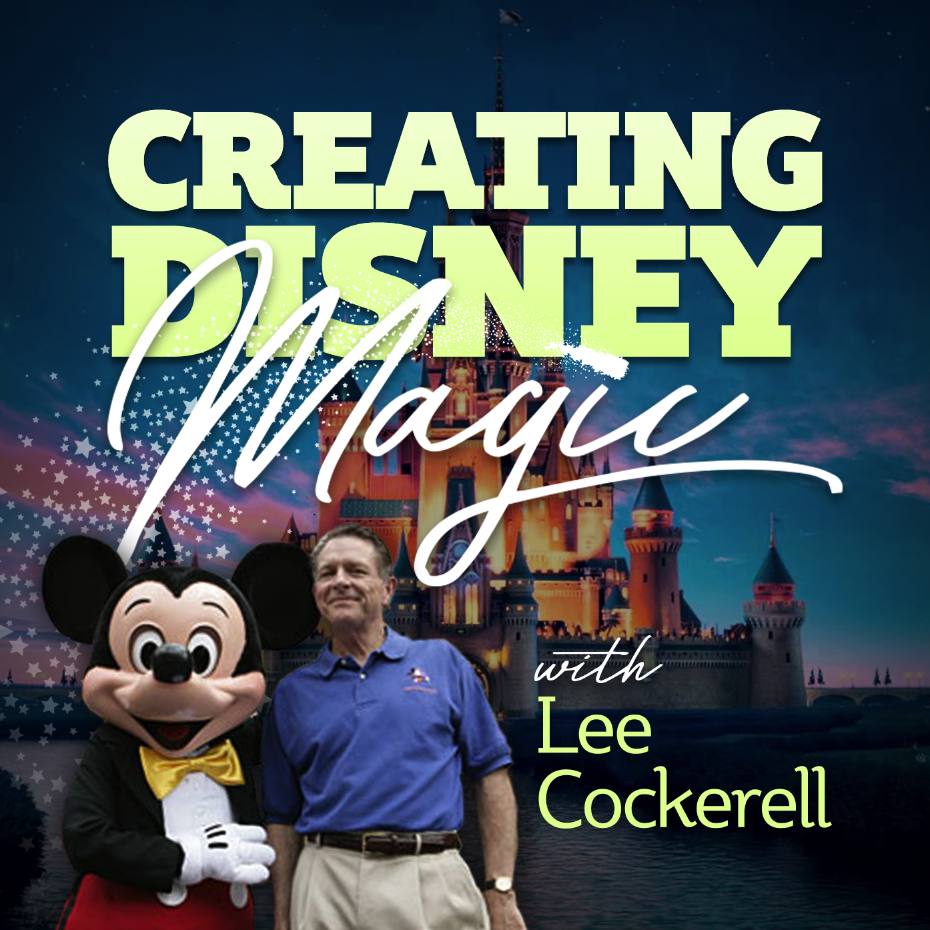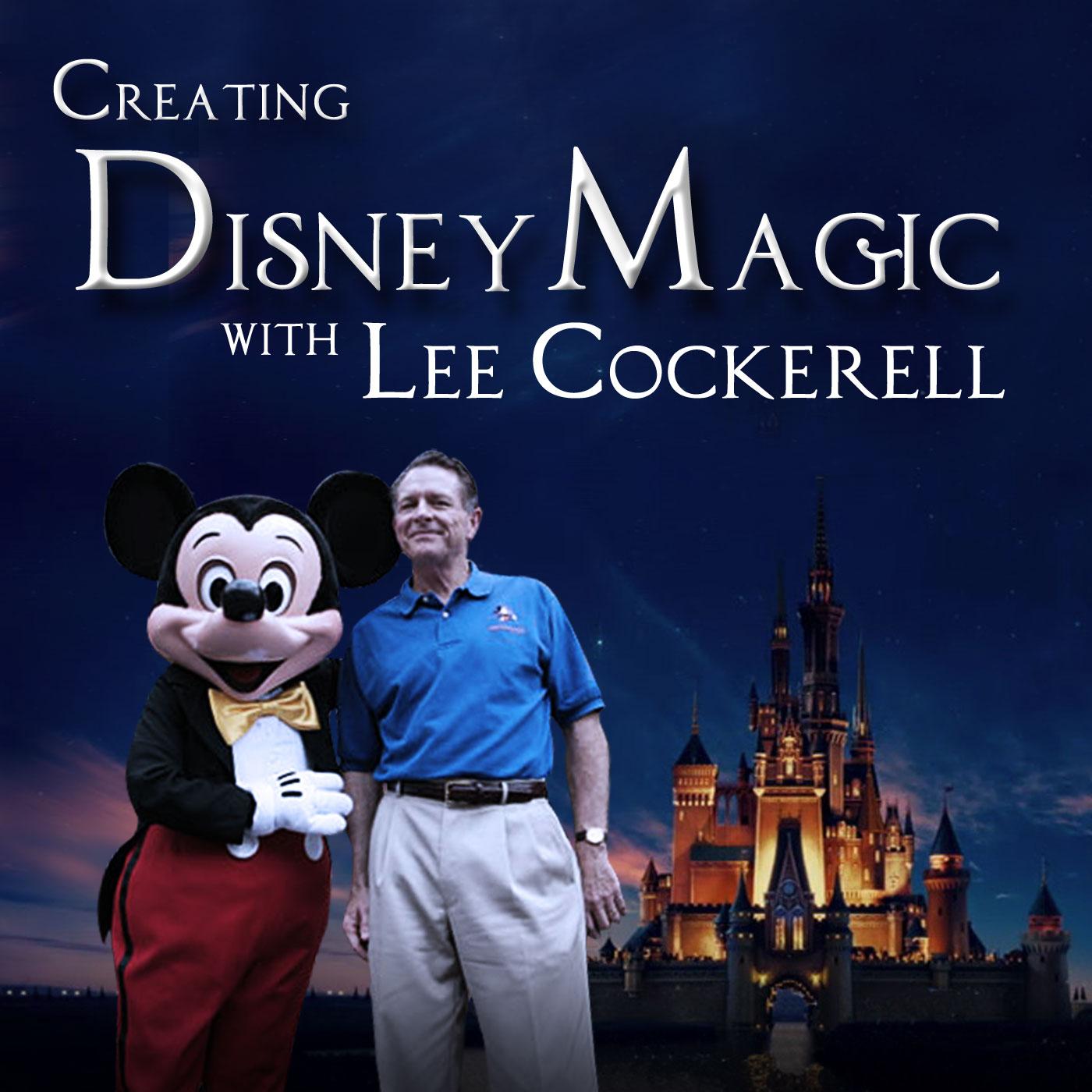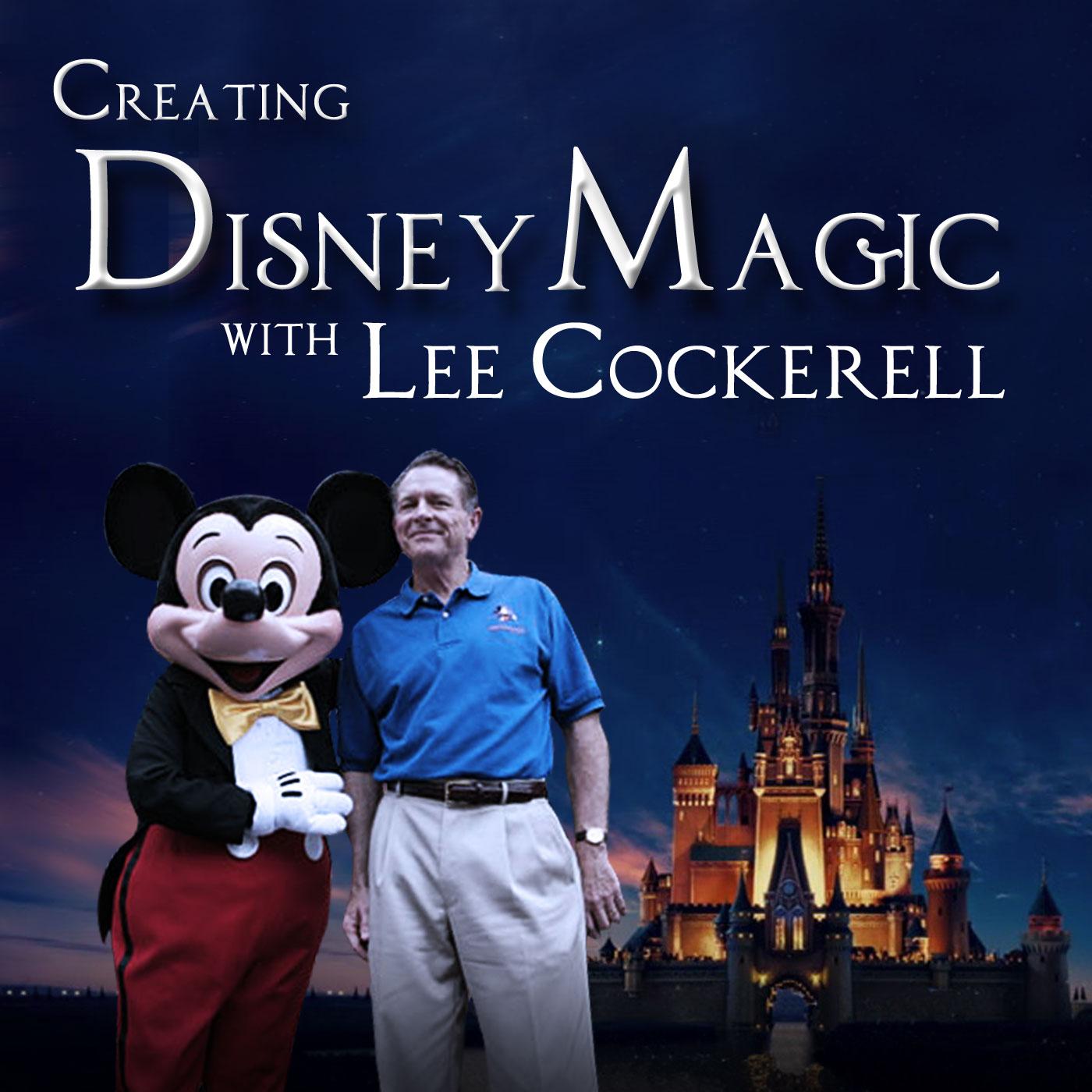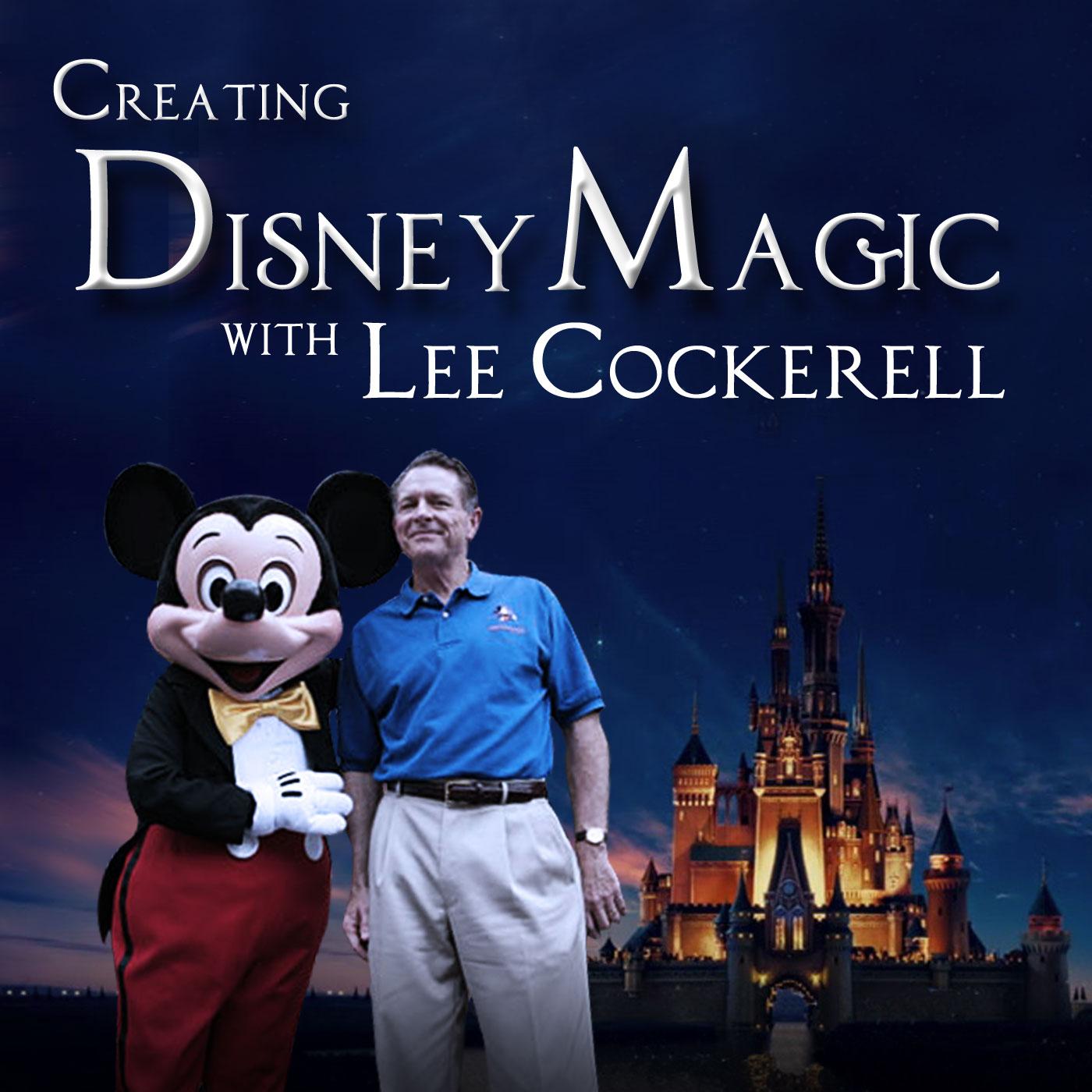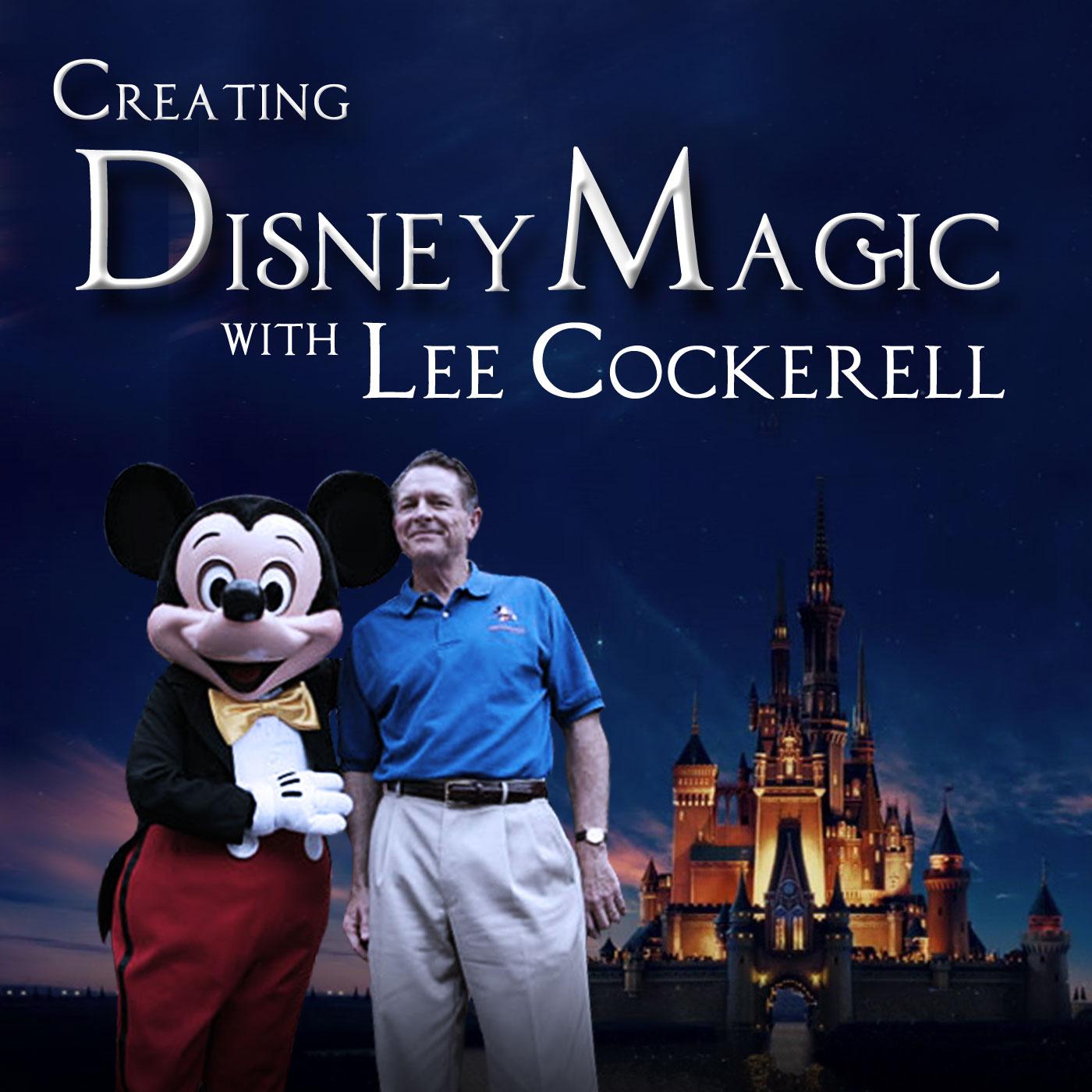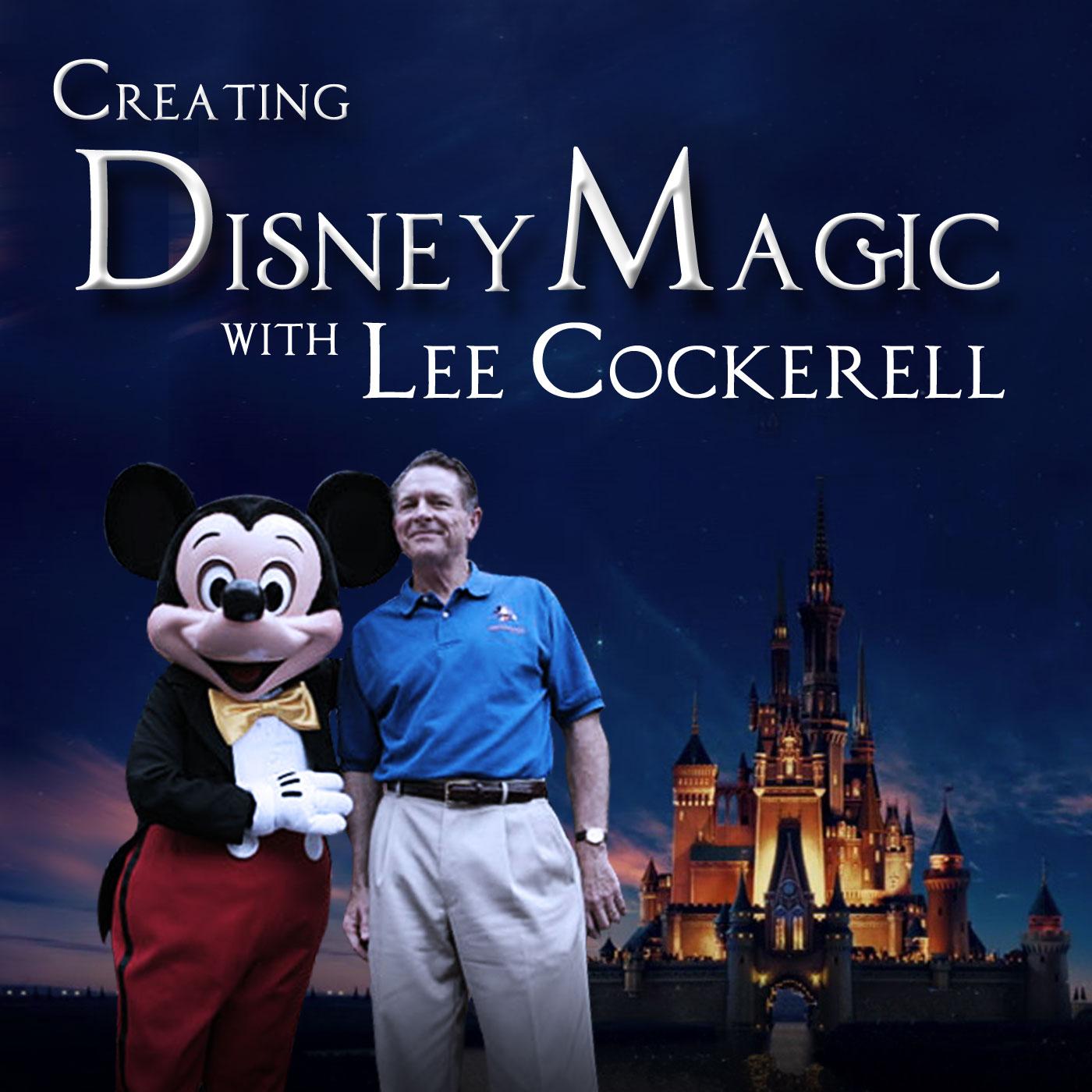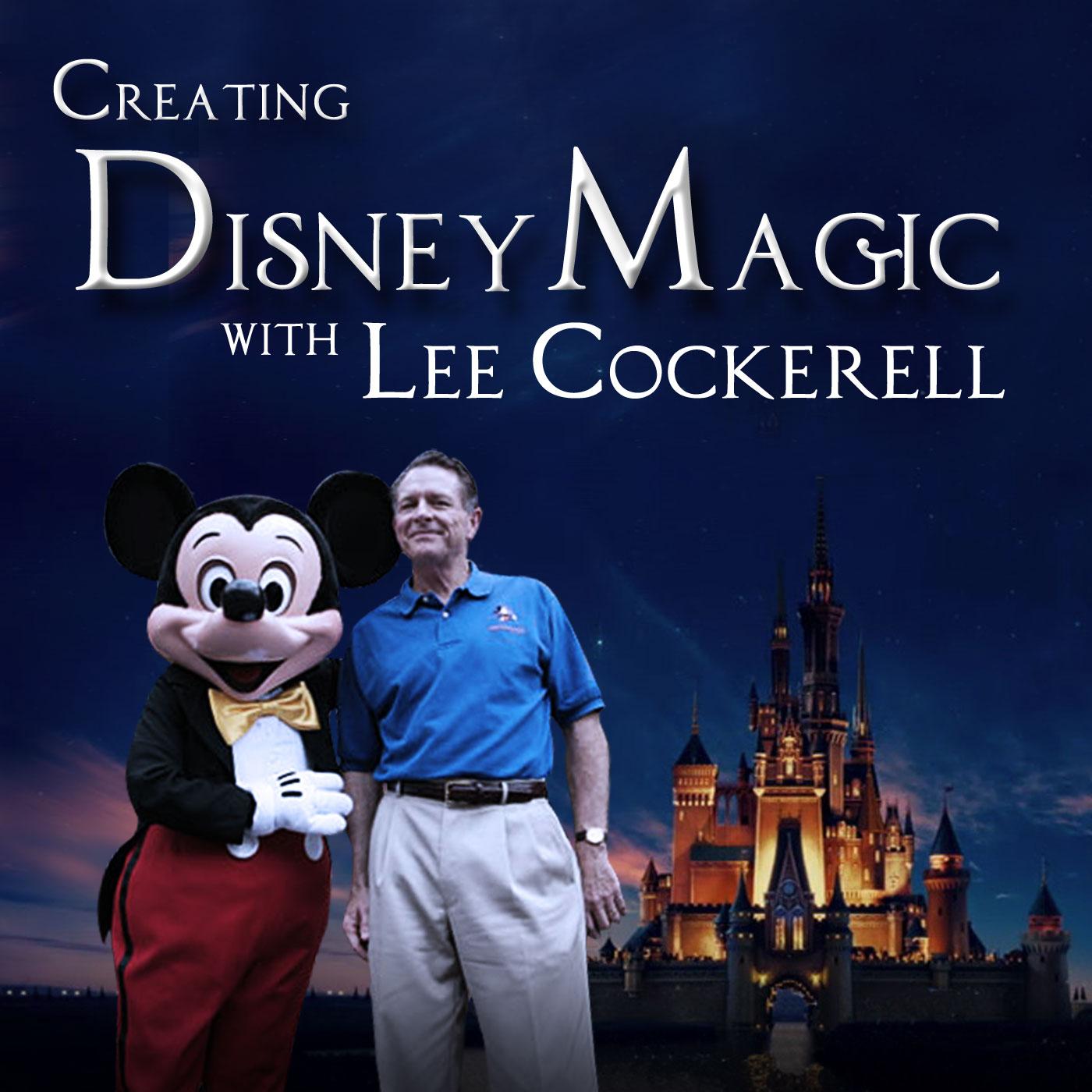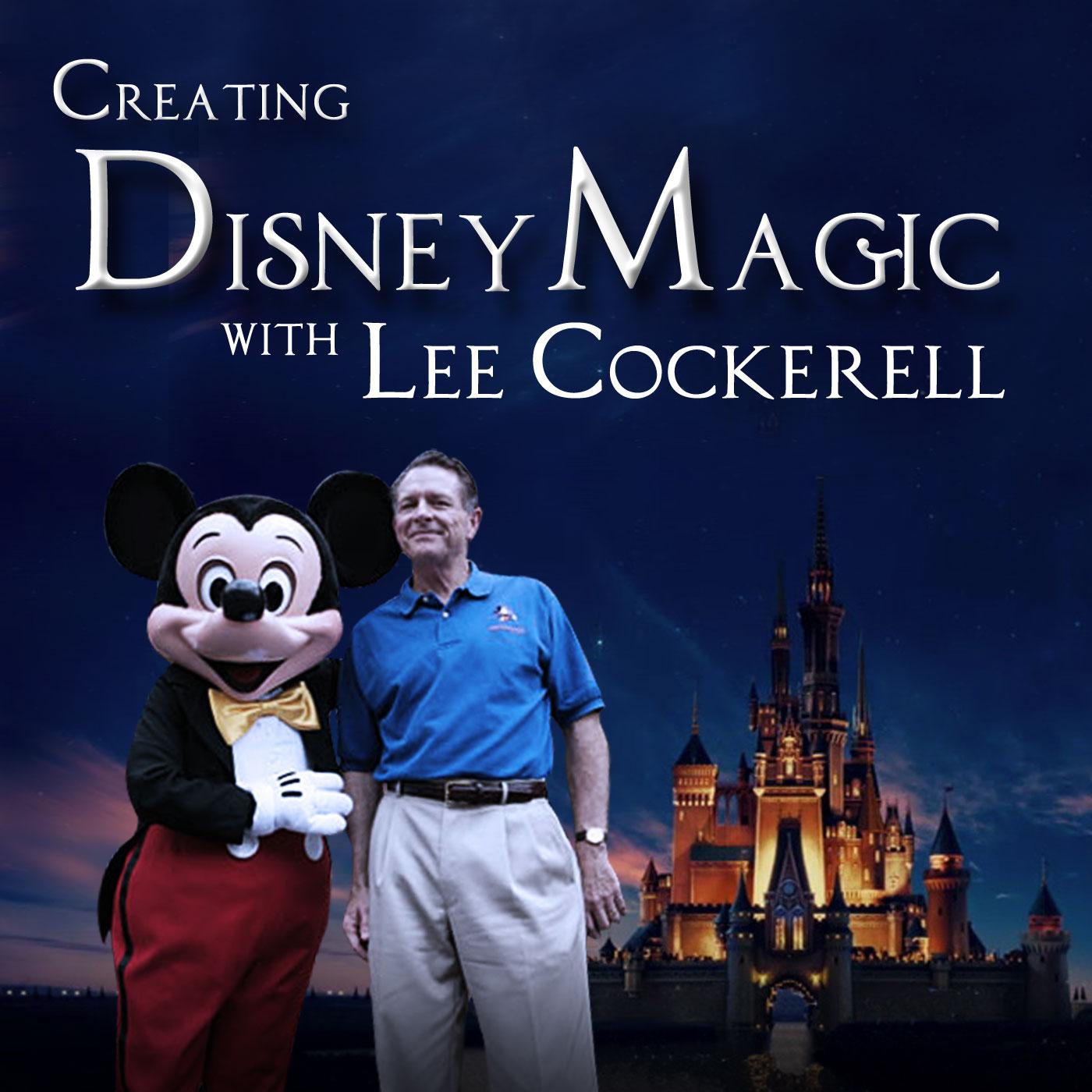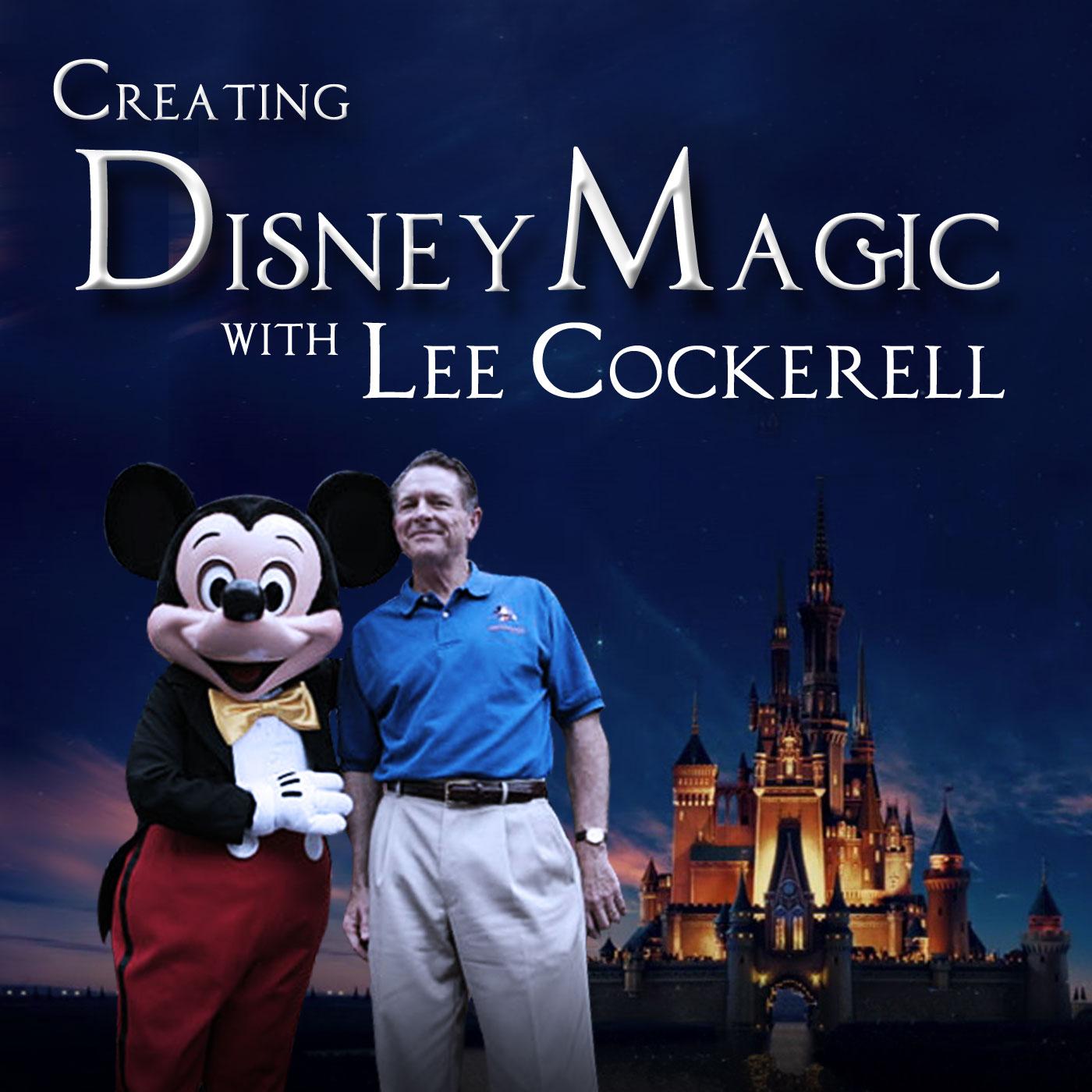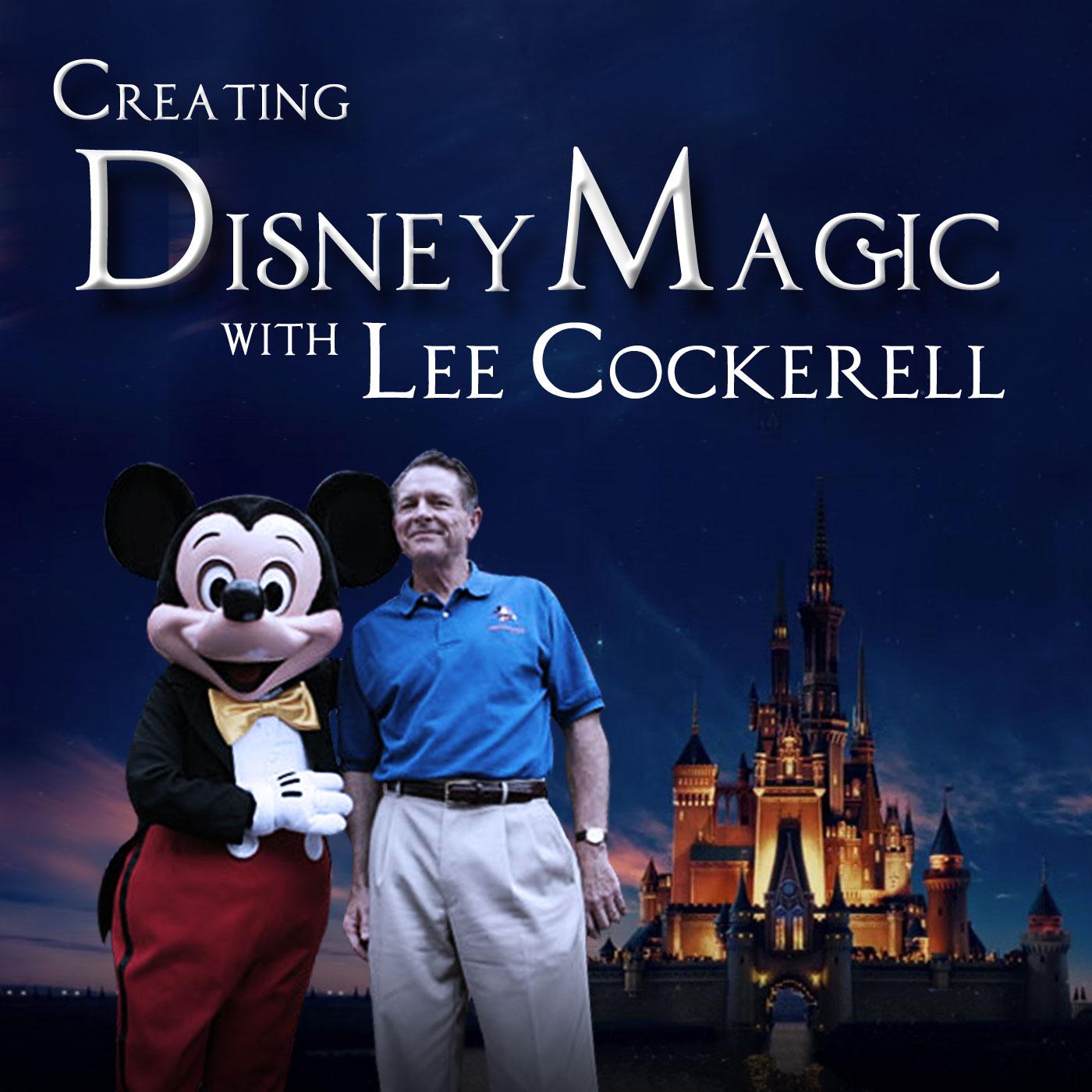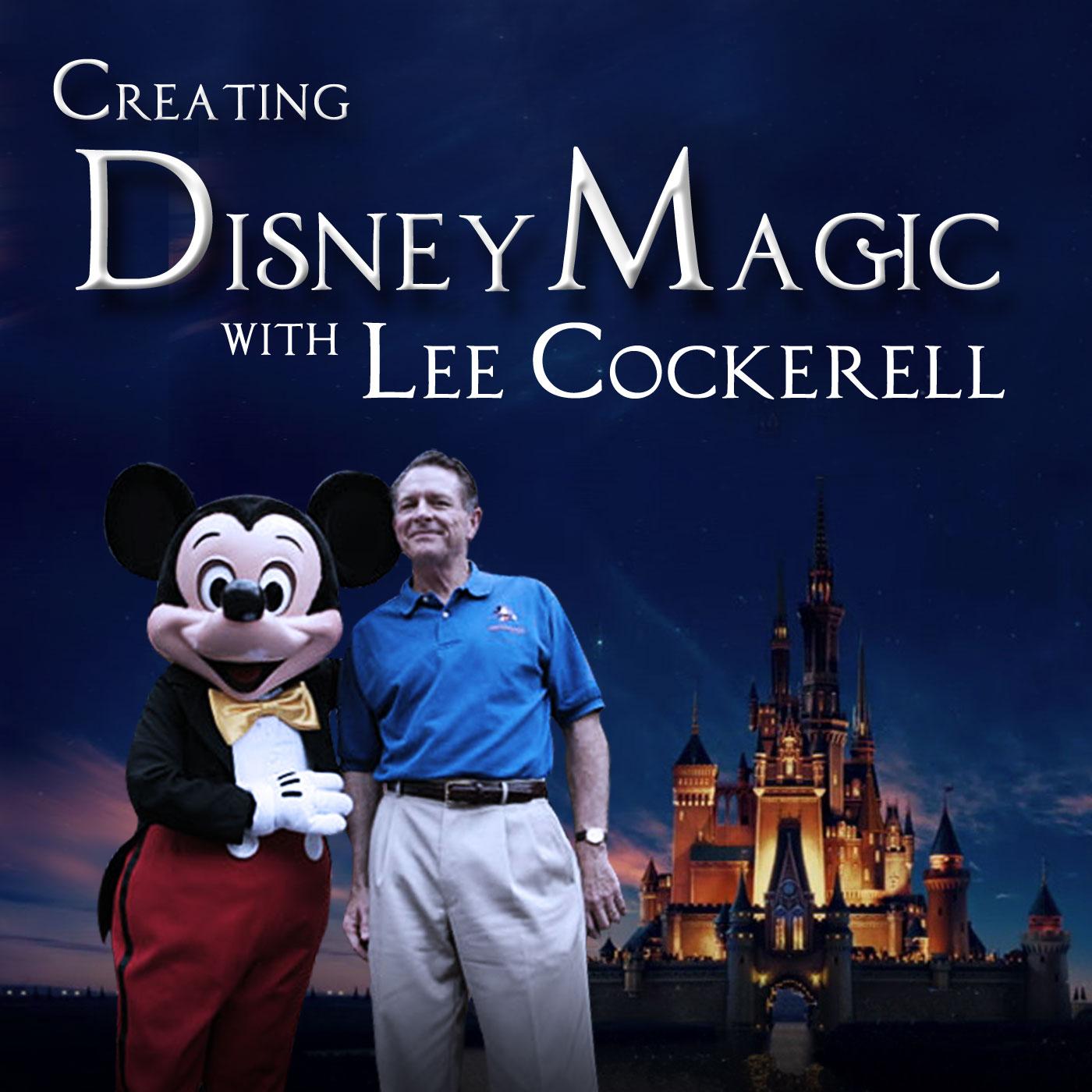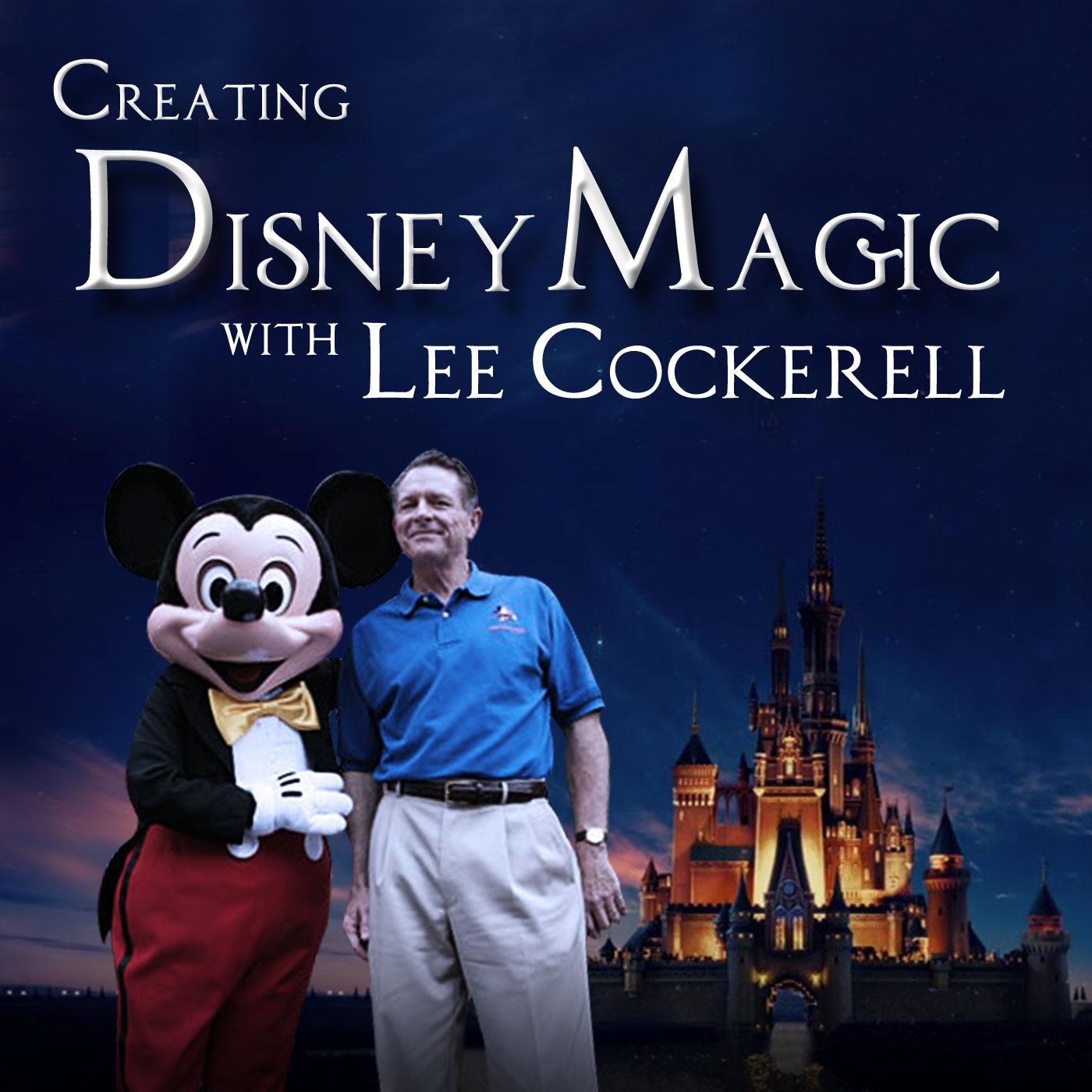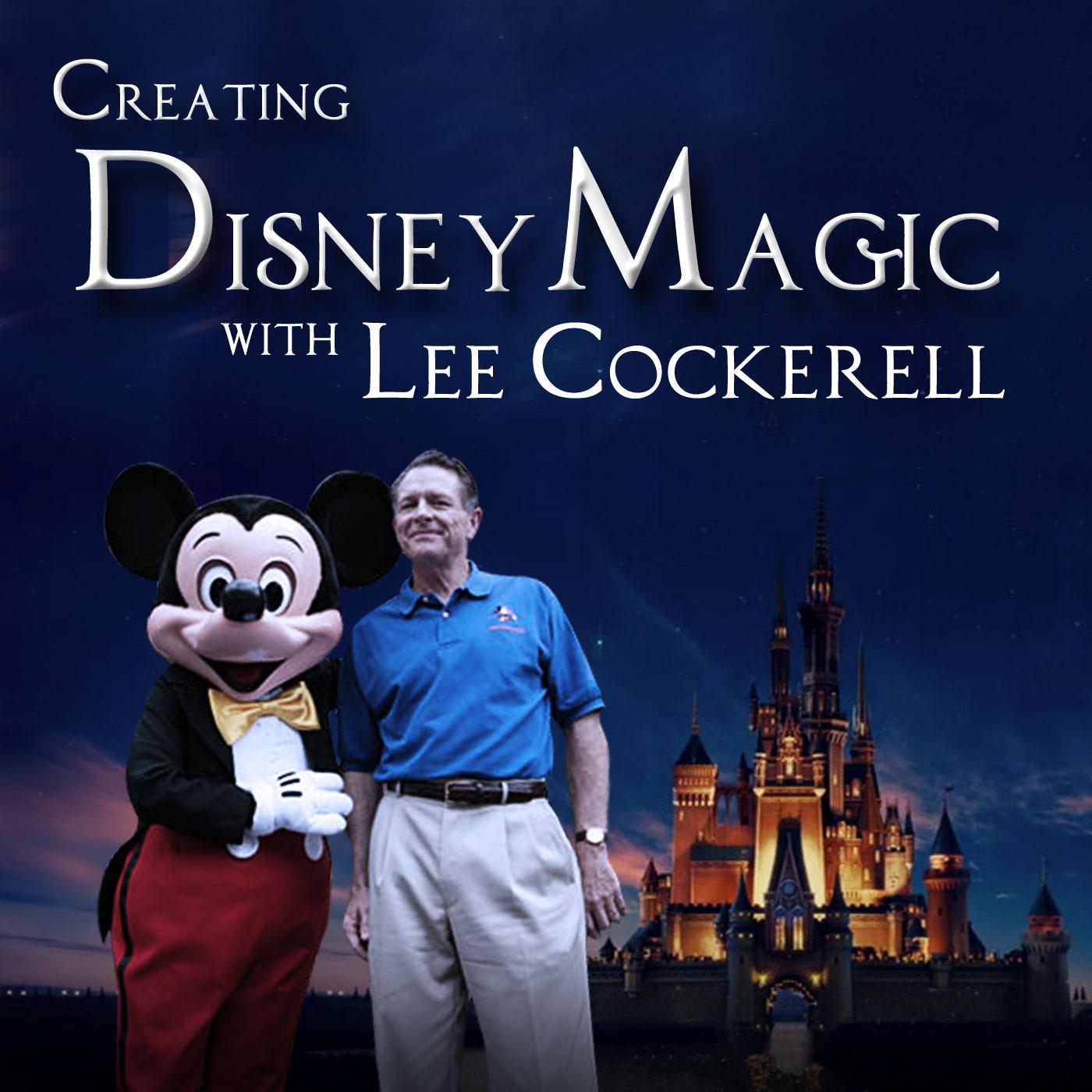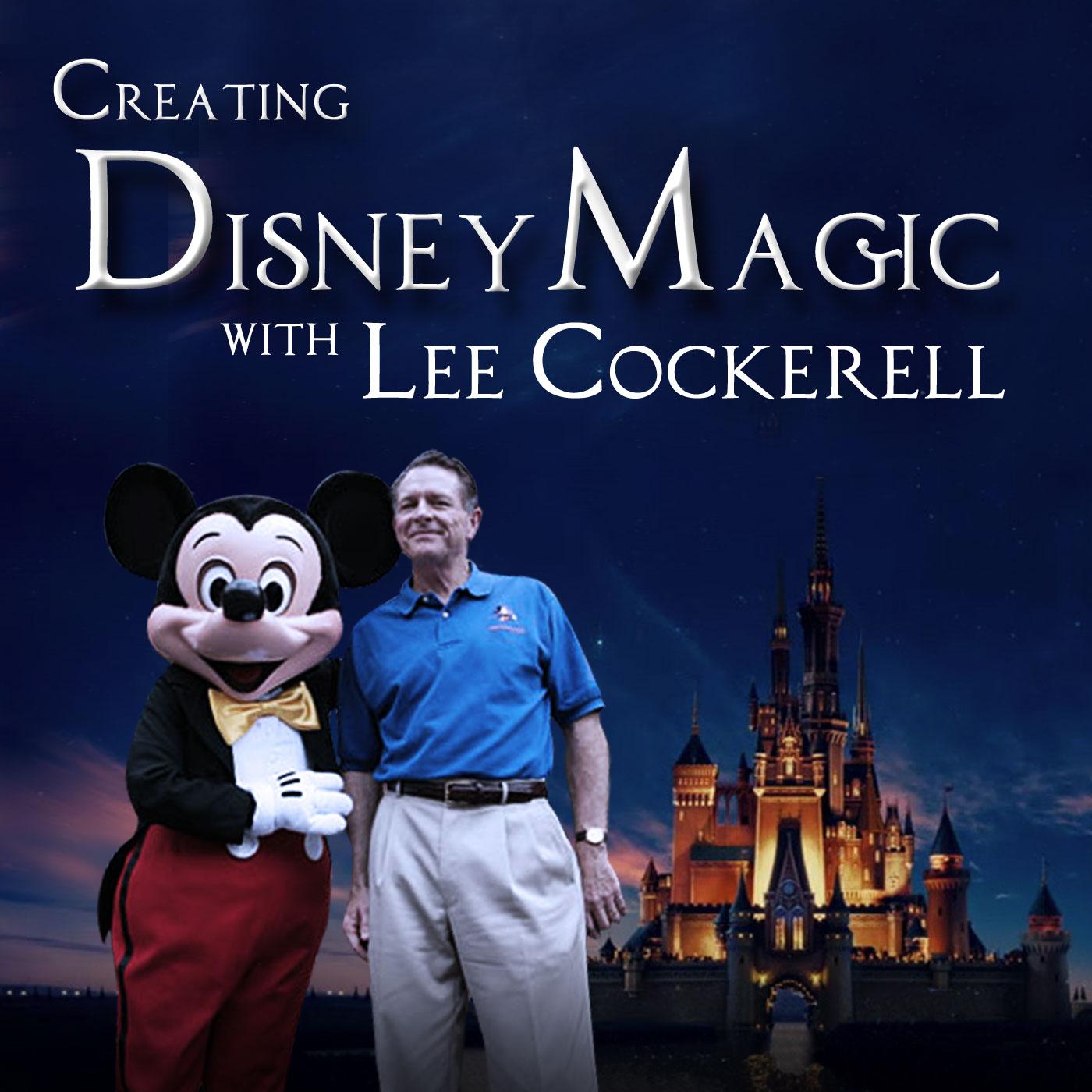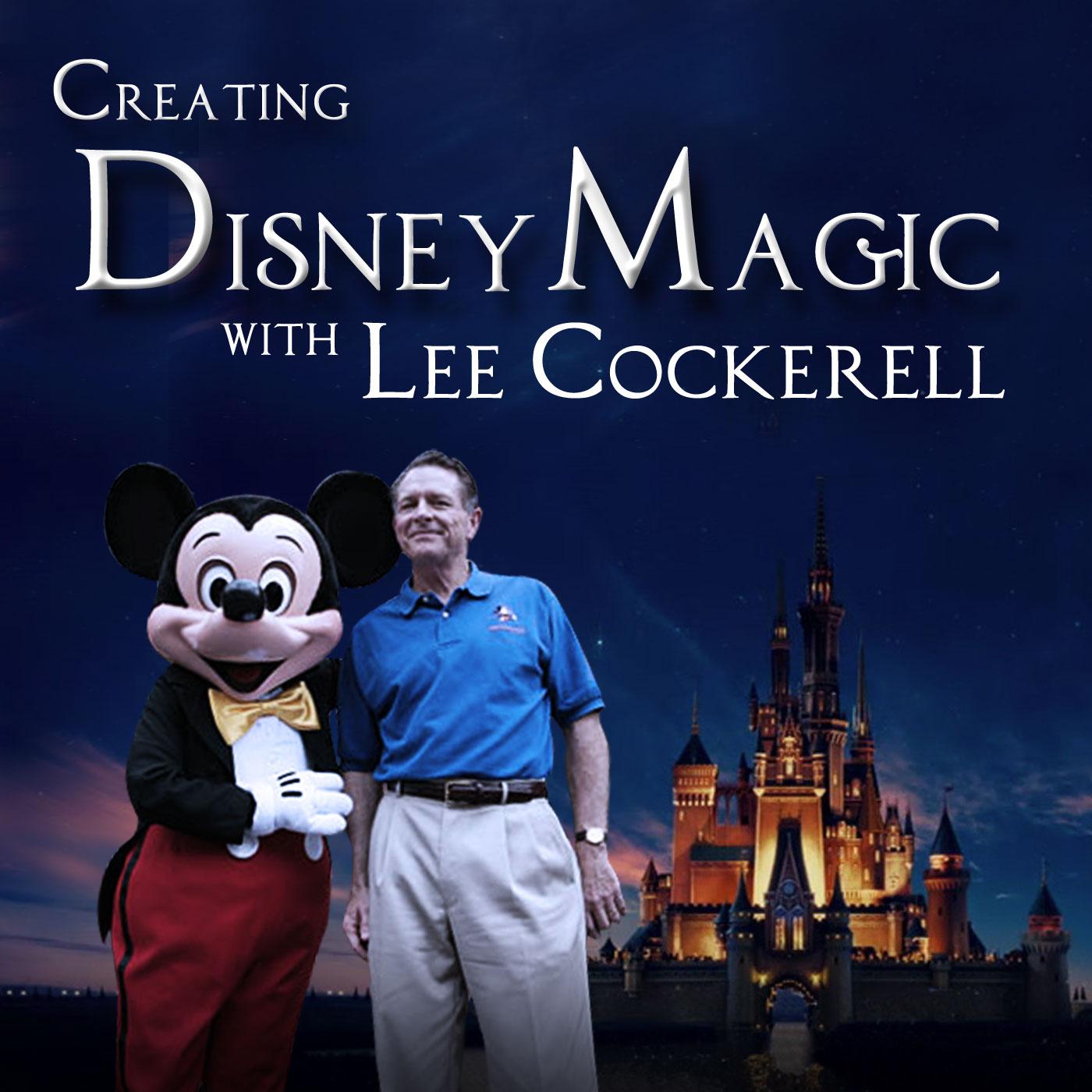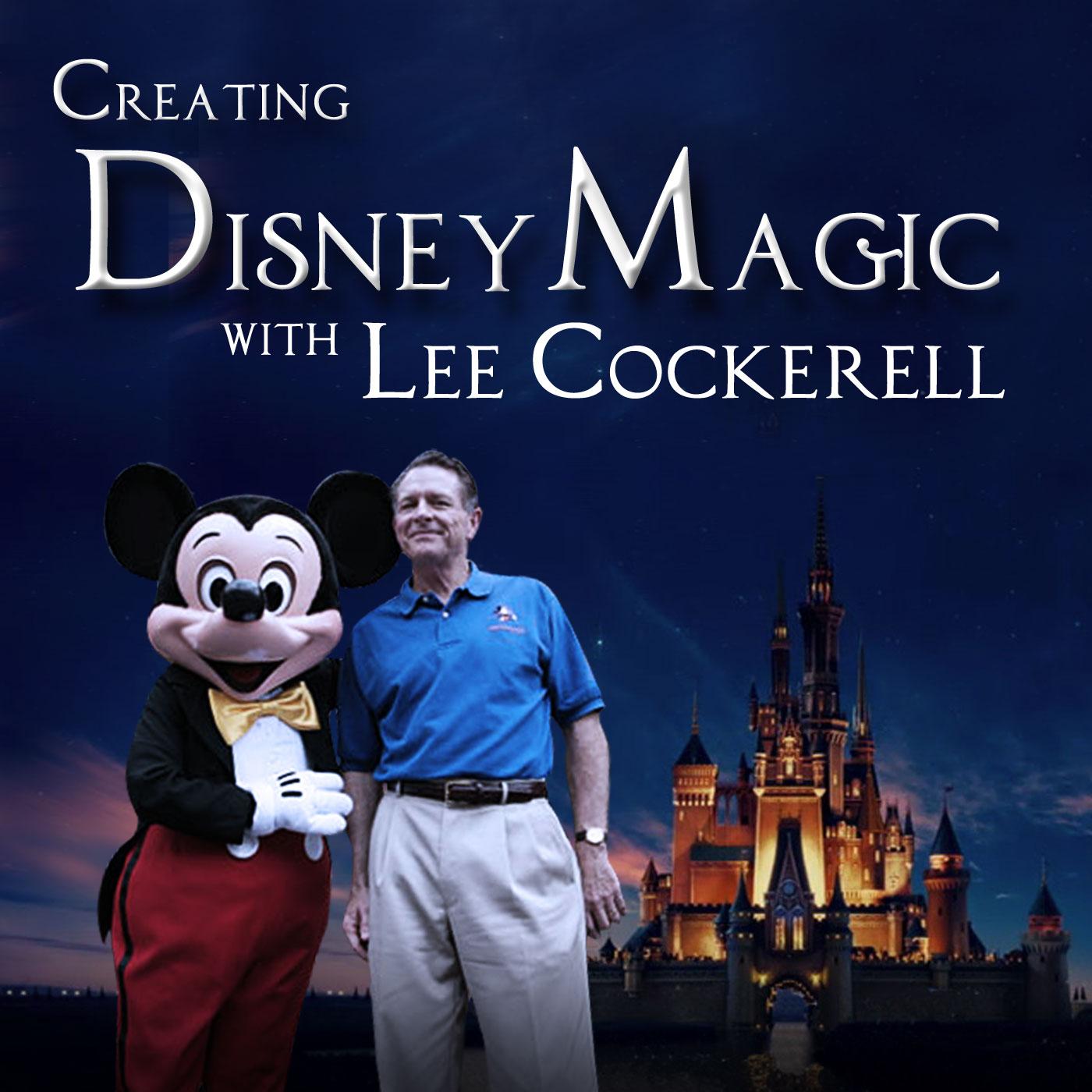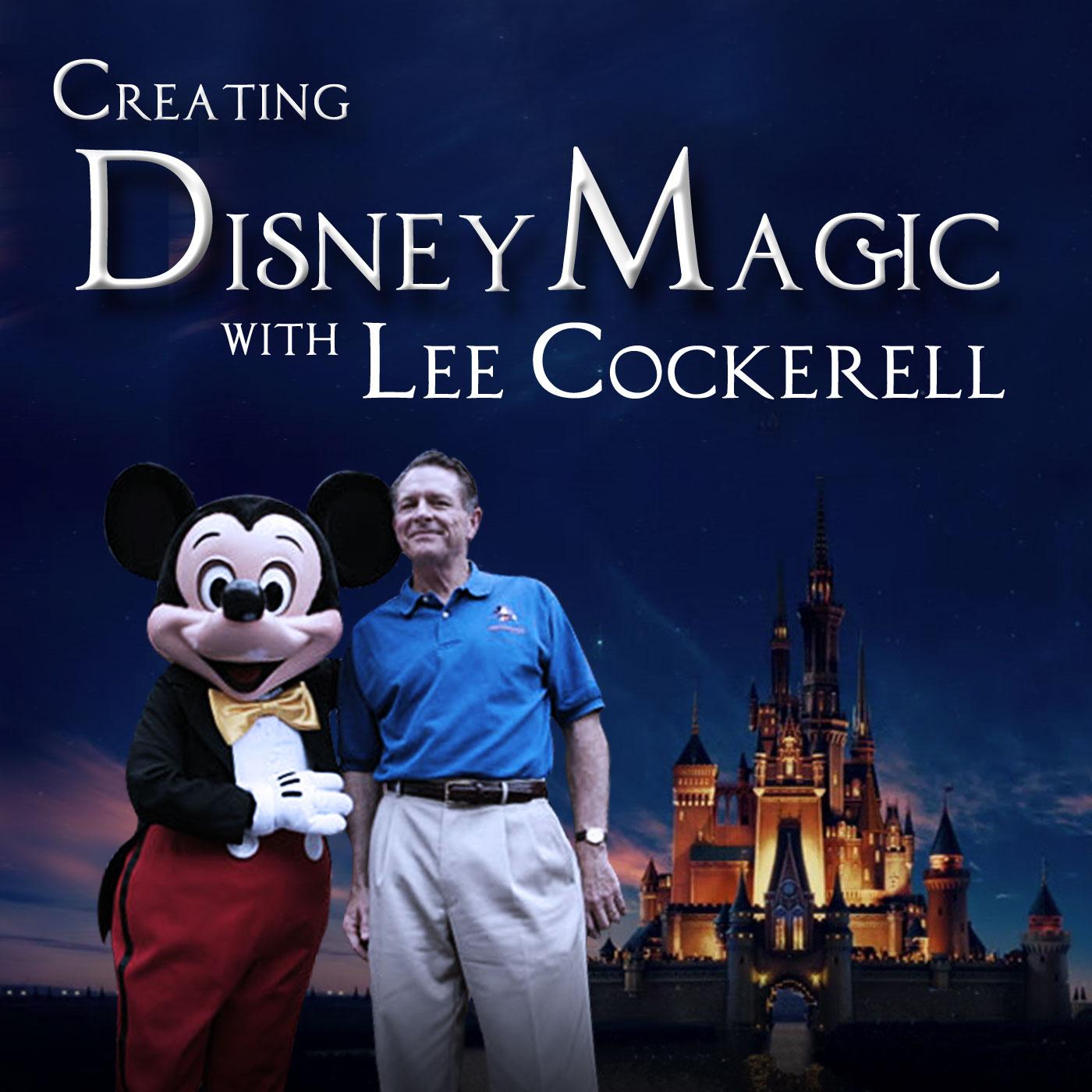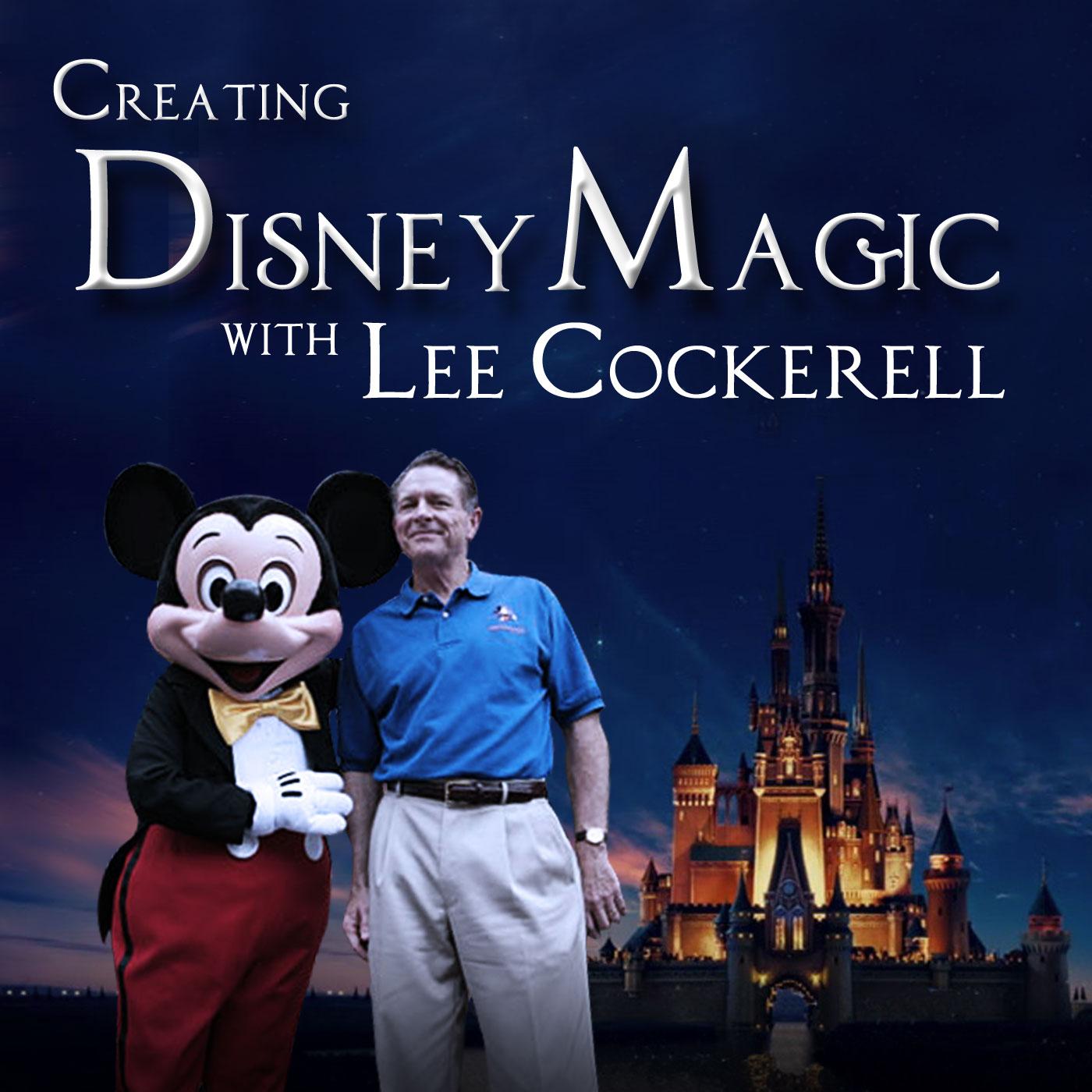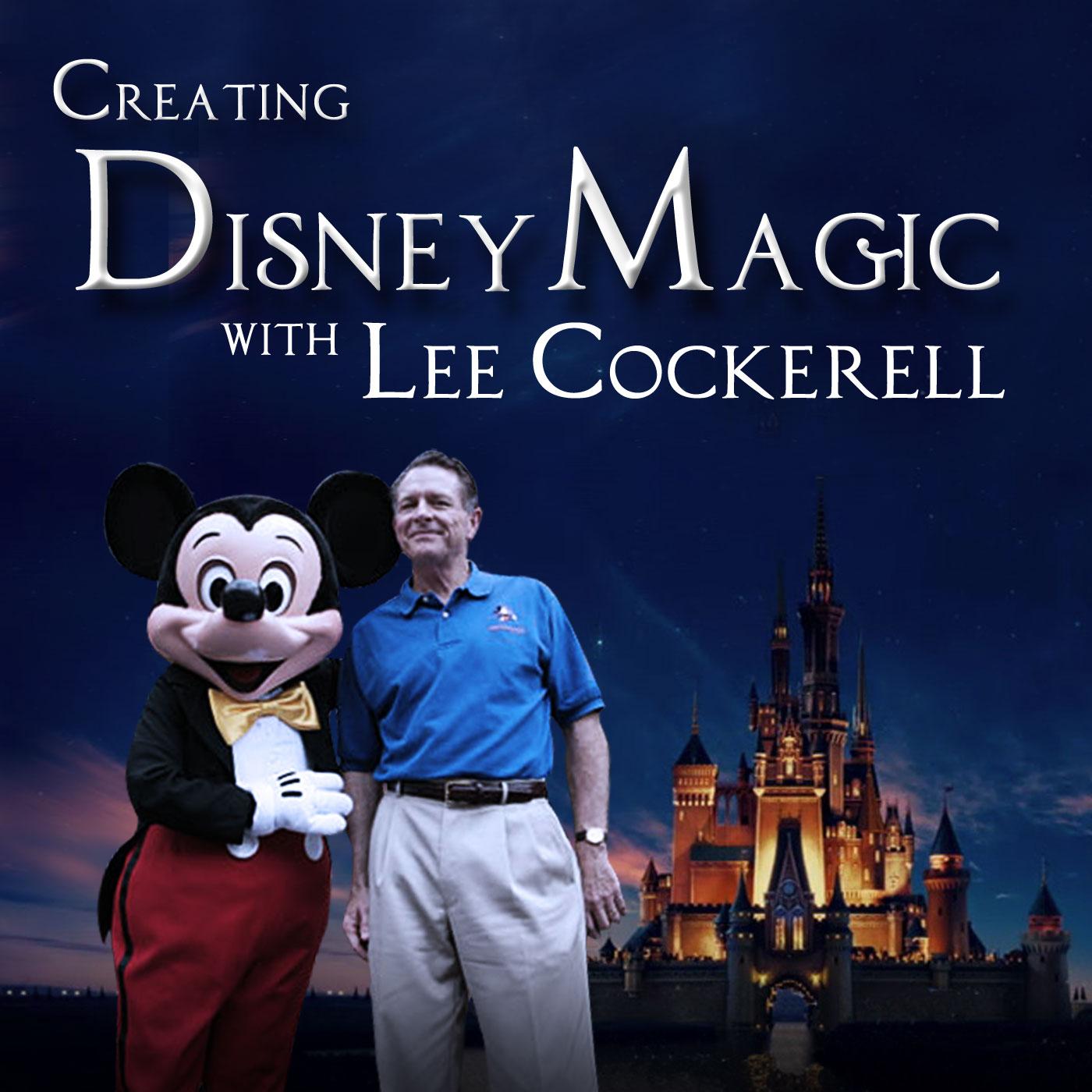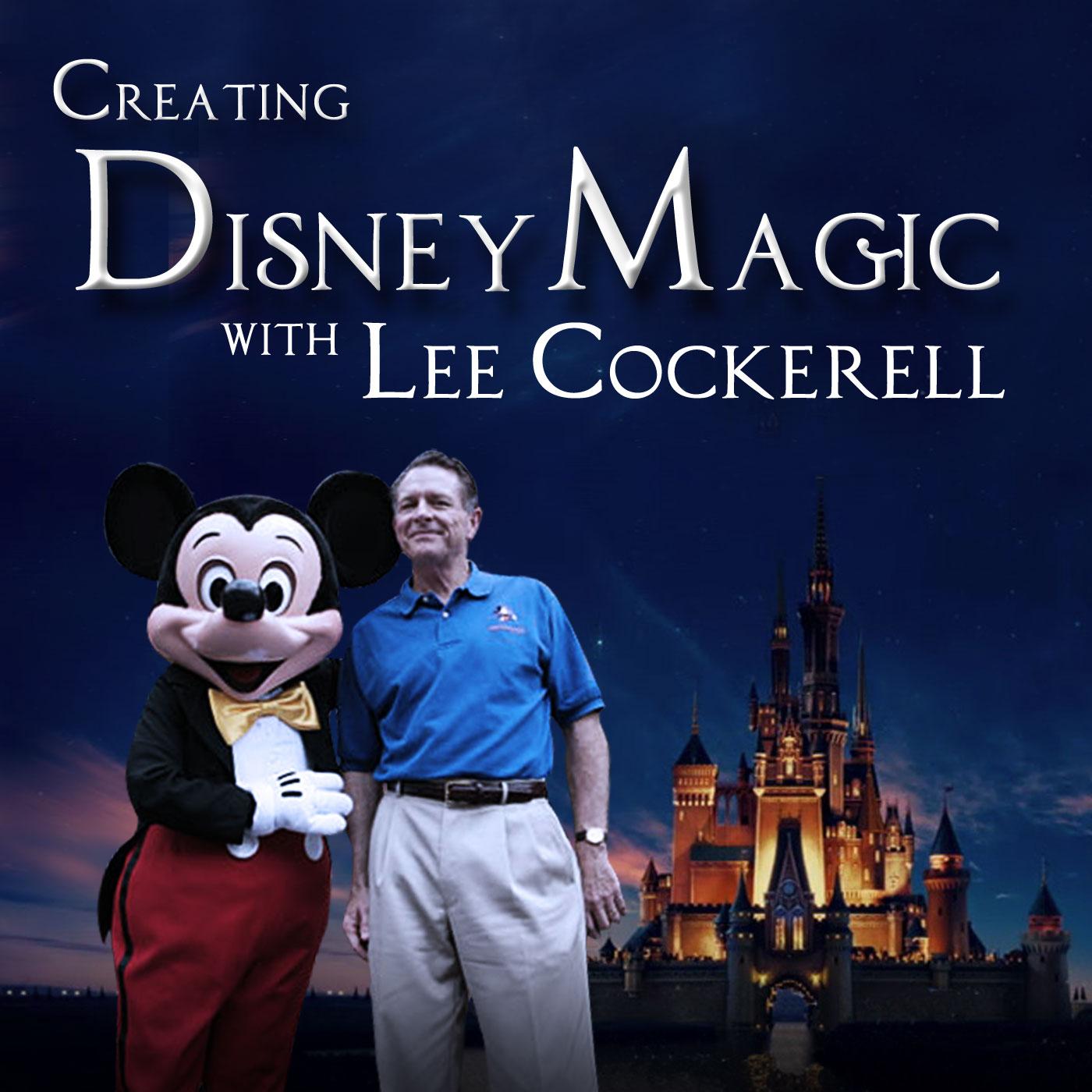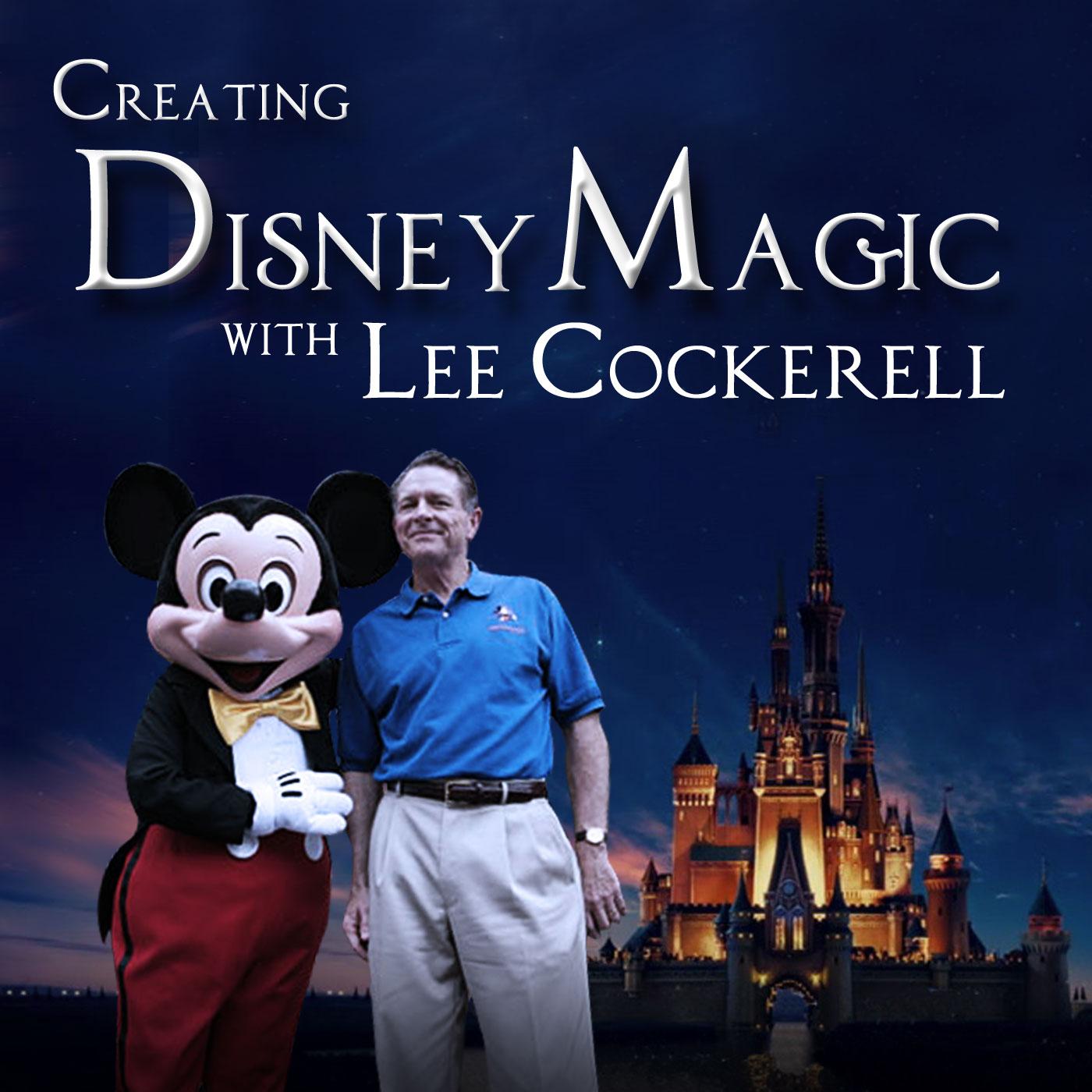Creating Disney Magic
Lee Cockerell shares his wisdom and experience from his time as the Executive Vice President of Operations for Walt Disney World. Lee discusses how you can apply lessons in leadership, management, and customer service to create magic in your organization.
If you’re an entrepreneur or in any other busy career, you may worry from time to time about building and maintaining a good relationship with your kids.
On this episode, we’re discussing a listener question on this topic. This listener admitted he was afraid his kids wouldn’t push themselves after seeing how hard he and his wife work as high-energy business leaders.
This was something my wife and I discussed a lot over the years. Because of my career, I missed some things I wish I hadn’t. My son was moving all the time and often exposed to new environments and people.
Rather than just hoping it would work out that I would get time with my son, I had to schedule it. It had to become a priority in my life.
Family time won’t just appear—we have to make time for it.
However, no matter how much time we get with our families, the quantity doesn’t matter as much as the quality.
Show your kids how much you love them. Spend time with them when you are home. Be there for their important events and always keep in touch.
When you think about this and plan for it, you’ll make the right adjustments to your life. Your kids will feel like they’re safe, cared for, and loved.
You may also consider taking your kids on some of your business trips with you. That way, you create special memories and get that alone time with them.
Tune in to hear more ideas for making your kids feel that they matter and giving them the emotional support they need, no matter how busy your schedule.
If you have a question you would like me and Jody to discuss here on the show, you can reach us on any social media channel, at http://www.jodymaberry.com, or at http://www.leecockerell.com.
This week, we’re answering a listener question about navigating corporate culture.
This listener, Melissa, used to work for a small company but has now taken a corporate job. She’s worried about the adjustment. She’s used to working in a place where things happened very quickly and doesn’t want to get frustrated with all of the red tape and the speed at which things move in a large organization.
It’s very easy to get frustrated in a transition like this. When you’re used to things going quickly and are now always waiting for 10 people to sign off on one thing, you might struggle.
The best thing you can do is what I always advise: get up every morning, go to work, and be the best employee you can be.
Be yourself, help people, and set an example of the kind of culture you desire.
This will make it clear from the very beginning that you’re there to make things better.
If you go in and be great, others around you will become great just by watching you.
Melissa also asked how to be a great ambassador between the team she’s leading and those who work above her. Doing this is all about building a trustworthy reputation.
Always be honest and treat those who report to you well. Work for the situation and not for the person. Live out your principles, no matter what. If you combine your leadership style with your morals, you will always be doing the right thing.
For more advice on and help with navigating corporate culture, check out The Cockerell Academy at https://www.cockerellacademy.com/.
A common theme of all the listener questions we receive is bad leadership.
Many of you are working under a boss who isn’t interested in your ideas, opinions, and feedback. They don’t want any input from their employees and don’t want to know what’s really going on in the organization.
If that’s true, you don’t have a leader at all. You have a manager. There is a big gap between the two.
Leadership means being there for your people and trying to understand their points of view. It is always keeping your eyes and ears open for how you can improve. To be a leader, you have to be consistently trying to get better every day.
When people ask me what I did at Disney, I say, “Not much.” I just made sure that things got done.
All leaders should do the same. To be effective, they need to go to the lowest level possible, stop talking, and start listening. The value of having the people who work for you trust you, tell you the truth, and give you new ideas which are priceless.
However, if you don’t have a boss who leads that way, all you can do is be a great performer. Keep doing your best. This will make a huge impact on the people around you.
From there, you’ll build a good reputation. You will create strong influence through your consistent performance. Eventually, that may work its way up to top leadership. If not, your excellence will be welcomed at another place that better suits your performance level.
To hear more advice for leading from within, tune into this episode.
It’s extremely helpful to have an advocate who is willing to be candid with you.
Whether you’re like Jimmy who had people in his life willing to tell him he came across as condescending or like our other listener who wonders why he got passed over for a leadership position, an advocate can help.
An advocate can give you honest feedback right from the get-go. For example, if you come across too strong, they’ll tell you.
Direct communication can be intimidating. So, you just need to let people know that’s how you’ve been told you come across. Having open communication about this issue and being willing to admit your mistakes will help dilute the situation.
Knowing your flaws also helps prevent disappointment when you get passed over for a promotion. You won’t be left wondering why they went with someone else.
Nothing is worse than a boss that gives you false hope and, later, a bunch of excuses. The job of the leader is to develop his or her employees by telling them about their issues long before they’re offered a promotion.
If you don’t get picked, it’s probably nothing against you. It likely came down to which candidate the person picking knew better.
Altogether, be open to others’ advice. Listen to people when they tell you how you can improve. Keep your one-on-one communication open and you will do well.
In the current climate of the world, we could all use a good story about overcoming tough times. Killiam Hemmy is on the show today to share his own story of resilience.
Killian joined the military right before 9/11 and quickly found himself in Afghanistan. He went back time and again, both in the military and working for the FBI. One morning, he went out for a run and suddenly collapsed. He went into cardiac arrest, which he later found out was caused by a rare genetic condition.
This diagnosis plunged Killian into a deep depression. He had no motivation even to get out of the house.
He went from being an extremely athletic, fit, and capable man to feeling like everything had crumbled down around him.
So, he started to look at how to build his resilience back up. He went back to the basics of his days in the military. He broke everything down to their basest level. Seeing things from a step-by-step perspective helped him build back his internal resiliency.
Killian now helps other people to keep looking at where they’re going but to also have a laser focus on the first, second, and third steps they have to take to get there.
I took a similar step-by-step approach to my own experience with depression without even knowing it. It helped me rise up and see past my circumstances.
Being the kind of leader who reveals their own fallibility has incredible power. When people see this, they trust you more. They feel like they can go to you.
So, don’t be afraid to show your weakness. Take the time to make your people realize you’re with them through thick and thin. You’ll secure that relationship and their loyalty for life.
To hear more tips for building resiliency, tune in to this episode. If you want to connect with Killian further, you can find him on Twitter.
Jody and I have been recording a new course for the Cockerell Academy called “Everybody Matters: Diversity and Inclusion.” It’s such a relevant topic. Working on the course has brought to mind even more thoughts on how to practice inclusiveness in our personal and work lives.
It starts with getting out of your silo. If you only ever interact with people just like you, you will never develop inclusiveness. Exposure and experience are the main problems here.
However, when we get out of our bubbles and get to know people who are different from us, we get to experience so much more from life. It’s exciting to know more about the world, other cultures, and what people believe. Being educated about other cultures helps you in all kinds of ways.
Inclusiveness goes beyond the color of our skin, though. You can and should surround yourself with a diversity of opinions, backgrounds, and upbringings. Especially in the workplace, you don’t want the whole table to be filled with people who think just like you.
There is discrimination today for all sorts of things. You might find it hard to accept anyone who does anything different from you.
But be careful how you think; your brain might be polluted. Half the stuff in your brain isn’t true, so dig down and figure out what is.
If you’re the top person in your workplace, talk about diversity and inclusiveness. Make it clear where you stand on it. Tell your employees that they’ll get ahead based on their performance, not on where they went to school, what grades they got, their religion, or their sexual orientation.
If you want to learn more about this topic, you can find the whole course in the Cockerell Academy at http://www.cokerellacademy.com.
Given the disruption COVID-19 brought on the economy and many companies in 2020, there are a lot of people out looking for work right now.
This week, we have a listener question on this topic: what recommendations would I give to organizations that are looking to attract and hire top talent in the current economy?
If you’re looking for talented employees, now is the time to find them. Once the world gets back to normal, great people will be scooped up very quickly. Don’t wait to hire them or you’ll miss out.
To find these people, make sure your company itself is great. Just as your company wants better talent, employees want a better company. Start getting better now by focusing on people, listening and responding to their needs, and developing a strong company culture.
There is a lot more flexibility in the workplace today. People have a lot more expertise in working from home and now expect adaptations to be made available. You will attract job seekers by offering them alternative work situations.
Pay attention to the talent already within your company, too. Go back and look at your training. If your employees aren’t as good as they could be, invest more into their development and set higher expectations. Then identity those employees who are most capable and move them into better positions where you’ll retain them for longer.
The most talented employees out there have no problem finding a job. If they go elsewhere, you’ll be left with those who didn’t have as many options. This is why it’s crucial to become a great company now that will attract and keep the top talent.
To learn more tips for attracting top talent to your organization, tune into this episode.
I recently sent out an email where I said, “The more you say yes at work, the more you’ll have to say no to something at home.”
In response, a listener asked if I could talk more about the right balance there. When should we say yes and when should we say no while still being a good employee?
Start by thinking about the most important, no-exception items in your life. Once you know these, you’ll know what the non-negotiables are that you cannot say no to. These are the things you must bring to your boss.
Straighten all of those things out. If you have to leave early on Wednesdays to volunteer for your son’s football team, tell your boss that. If your daughter has a recital in the middle of the day, give them notice of that. This is a hard conversation to have, but it will build trust with your employer.
Your boss will actually benefit more if you have a good situation at home. You won’t be losing sleep thinking about the stress of the job. You’ll bring your best to work every day.
In some jobs, the boss will be unreasonable. Don’t stay in a situation like this for long. A few days where you have to stay work extra late is fine. However, if that’s a consistent problem, you need to find a new job.
It all comes down to how you define success. Success isn’t getting a promotion or making more money. You’re successful if you are happy and healthy and if your family is happy and healthy, too. Money won’t mean anything if you lose your family or your health.
Things are not the way they are; they’re the way you want them to be. So, if your situation isn’t meeting your expectations, do something to change that.
If you have another topic or question you want us to talk about, send it to me at http://www.leecockerell.com or to Jody at http://www.jodymaberry.com.
Recently, Jody and I were on a training call with an organization. One of the attendees asked what I used to look for when I was thinking of promoting somebody.
It comes down to the 3 P’s: persistence, passion, and people.
Persistence means being an employee that others can count on. It’s finishing the job no matter what. It’s never leaving anything hanging.
When we are persistent, others can’t help but notice. We quickly build trust with others because, every time they work with us, things get done. Everyone wants to work with someone like that.
Because most of our decisions in life come from our interactions with people, those who are persistent develop strong reputations. They are likely the first to be considered when there is a promotion.
The second P is passion.
When you are passionate about something, you’d still do it if you weren’t paid. Even when it’s difficult, you still love it and choose to do it over everything else.
Passionate employees don’t need to be motivated because they motivate themselves. This is often the mark of a great performer, which leads them to get a promotion.
Finally, people can help you get promoted.
When I was in my 20s, I was extremely introverted and insecure. I went for a job interview in Chicago and didn’t do very well. However, the person who recommended me told the hiring team that I was a great fit for the job and they still chose to hire me. That’s the power of people.
So, network within your own company to make sure people know you and will vouch for you. Most people haven’t seen you in action, so you need to do the work of finding someone who will advocate for you when a promotion arises.
These 3 P’s outweigh skill every time. You can’t train someone to be persistent, passionate, or to have the right people on their side. It’s just who they are.
You’ll learn the skills that will allow you to do the job well once you have it but having these 3 P’s is the only way to catch the eye of the person promoting you.
You can’t lead from your office with your feet on the desk.
One of our listeners works under a boss who is likely leading that way. That listener recently asked how to bring up to their manager that their customer service was poor.
Ideally, the owner of an organization would have clear expectations for providing feedback. Bosses should make it clear that they are willing to hearing employees’ ideas for how the business can be better. It is the boss’ job to create an environment and culture where employees want to, can, and have the resources, training, and trust to do a great job.
If this isn’t the case, the boss may be afraid of the extra work or cost that changes will create for them. They may need training on better customer service or more experience with brave employees telling them what needs to be fixed.
Without improving customer service, you will lose out on a variety of things. You may lose customers as there are countless other companies (with better customer service) where they can go to get what they want. You could also lose market share and even your reputation.
If you don’t know how your service is perceived by customers, you have to get out and about. Walk the operation as your customers do.
At Disney, I would schedule time in my day to get out and talk to customers, stand in lines, go to restaurants, observe what was going on, and have casual conversations with customers.
This is the only way you’ll see what needs to be fixed. Once you recognize those things, that is what you need to work on for the rest of the day.
If you want to learn more about customer service, there is an entire course on it in The Cockerell Academy. Find out more at https://www.cockerellacademy.com/.
If you’ve worked at a company for any length of time, you’ve probably come up with some ideas for how it could improve. It’s hard when you get excited about something and bring it to your boss, only to have them shut it down.
On this episode, we’re answering a listener question about this very subject.
This listener explained that when she gives ideas to her boss, he always shoots them down. It’s become such an issue for her that it’s affecting her growth and happiness. She wrote in to ask for better ways to present her new ideas and get her supervisor to be less fearful about trying new things.
There are many possible reasons a boss would shut down an idea. It may be that the idea just isn’t good. However, it could also be that the boss doesn’t want to put in the effort.
Start with analyzing the ideas you’re bringing. Are you presenting them in enough detail? Are you explaining the end result of the changes you’re presenting? Have you thought through what will happen if you don’t implement this idea?
It’s part of your boss’s job to sift through ideas he or she receives. If it’s not solving a problem for them, they probably won’t be apt to consider it.
At some point, though, it’ll come down to two choices for you. Wait it out until that boss leaves the company or move on yourself.
If you’re wired to do new things and think you have great ideas, it can feel like a slap in the face to have them continually shot down.
This has happened twice in my own career. I didn’t align well with my boss and I felt like they weren’t listening, so I moved on.
To hear more about this issue and learn ways I liked to be approached with new ideas in my time at Disney, tune in to the rest of the episode. If you have another question you’d like us to answer on the show, reach out at http://leecockerell.com or http://jodymaberry.com.
I’ve been very open about my struggle with depression in the past. Though I am doing great now, I still remember what it was like.
A listener recently told us that they were just coming out of their own struggle with depression, but were feeling overwhelmed with building back their healthy habits.
This is not something that I want to be an expert in, but the truth is that I am.
We can’t expect everything to be fixed immediately. We didn’t fall into depression overnight, so we won’t come out of it overnight, either. It’s a process that takes time.
However, there are things you can be doing to jumpstart that process.
Some of the things that helped me were getting out into the sun, exercising, and spending time with other people. I didn’t always feel like doing these things, but I forced myself. Eventually, they brought healing and made me feel much better.
Another helpful practice was scheduling my priorities. Get into your calendar and put the habits in there that you want to start again. Schedule the things that will help you. You can establish a new routine this way.
Be very mindful about the way you’re treating your body, as well. Caffeine and alcohol can be really harmful. Pay attention to the way your body reacts to certain foods at certain times. Take any stressful things you can out of your life and try to keep an environment of calmness around you.
Always make sure to get lots of sleep, too. That can make the biggest difference of all.
Hopefully, my openness encourages you to be honest with the people around you. If you’re honest about your struggle, the people in your life can help you. On the other hand, the stress of keeping it a secret can be even worse than the depression itself.
We always take your questions like this one and keep them on file, so if you have another question or topic you’d like us to talk about, reach out to me or Jody at http://www.leecockerell.com or http://www.jodymaberry.com.
It’s performance review time for many organizations. Towards the end of a year or the beginning of a new year, many companies will hold these reviews for their employees. They look back on what each one worked on and accomplished over the last year.
On this episode, we’re discussing performance reviews from a different perspective than we have before. A listener asked how she, as an individual contributor, could demonstrate and document leadership skills to her supervisors during her performance review.
First, you must understand what leadership really is. Don’t overcomplicate it.
Leadership is about stepping up, raising your hand, and giving your opinion. It is doing whatever is necessary to make things better in your organization. Leaders take on responsibility and don’t back down from hard things.
You have to demonstrate this leadership ability to your supervisors clearly. They’re busy, so they might not notice when you do something great.
Don’t be afraid of self-promotion. If you don’t tell people something, they just won’t know. So make sure you get noticed.
Go to your supervisor and tell them of your aspirations. If you’ve gotten involved and done great work, make sure they know about it. They’ll either tell you what you need to do to get where you want to go or will remember you when a promotion opportunity arises.
If they’re not helping you advance, consider leaving. Go someplace where they will help you get what you want.
To learn more about how to get your supervisors to notice your performance at work, listen in to the rest of this episode.
This week’s episode is a special one. We’re sharing a clip from our conversation with Ron Logan. Ron is retired now, but he was the Executive Vice President of live entertainment for Disney worldwide.
If you have ever experienced live entertainment at any Disney location, Ron had a part in it.
Even though he is retired today, his impact is still felt at every Disney park.
Ron is a man of attention to detail and creativity. He wouldn’t send anything out unless it was perfect. He even brought some of the shows he produced at Disney to Broadway, which is no easy task to accomplish.
In our conversation, Ron talked about his beginnings with Disney. He started out as a trumpet player on Main Street at Disneyland. This led to him putting whole parades together and eventually coming back to work for Disney full-time.
A lot of Ron’s success resulted from his interactions with his bosses. He had lots of amazing mentors, but he also had some bosses he didn’t like. His secret was to treat them as the hero.
If you have to deal with top executives in your job, make them your hero. Make their jobs easier and you’ll be in a much better position.
Tuck away your problems with them and keep the faith. Who knows, maybe you’ll take their spot one day.
You can get access to our entire conversation with Ron inside the Cockerell Academy. There is also a lot of exclusive content from me and amazing courses that teach high-level concepts you didn’t learn in college. Find out more about the academy at https://www.cockerellacademy.com/.
Are you helping or enabling?
Do you know the difference between the two?
Listener Greg Parsons recently asked us what the difference is. On this episode, we’re breaking it down and explaining how you can tell if you’re helping or enabling.
Helping is setting clear expectations and sticking to them. It is teaching somebody how to do something and then letting them go off on their own to do it. When you work with someone to make them responsible, you are helping them.
Enabling, on the other hand, is doing something for somebody that they should have done themselves. It is not enforcing the expectations that we have set.
When we enable, we’re giving people permission. We’re telling them that we actually didn’t mean what we said.
In the long run, this hurts them. We need tough love instead. By helping the person take responsibility we are showing them that we care.
If you have a problem that’s recurring, you might actually be the problem. By seeing the same behavior over and over again and doing nothing about it, you’re allowing it to continue to happen.
Stop taking the easy way out and letting things go. Instead, educate, inspire, and hold people accountable. In this way, you’re helping them.
If you want to hear more from Jody and I, tune in to our guest episodes on the podcast How That Happened. You can find Jody’s episode here and my episode here.
On this week’s episode, we’re answering a question that came to us from Joe Fernandez. He is a Park Ranger and is wondering how to respond well to a crisis. Joe wants to know how he can continue to lead with a positive attitude during times of uncertainty.
At Disney, we were prepared for anything. We thought about crises before they happened.
You should do the same. Anticipate what could happen and make sure that you’re ready for all of it. Think about what resources you’ll need and which people you will need to go to for help. You can be ready for most things, even if you don’t know the specifics of what will happen.
When a crisis does occur, do any follow-up necessary to get back to normal operations.
At Disney, everyone who had a piece in dealing with a crisis would sit down afterward. We would reflect on what happened, what went right, and what could have gone better.
During a crisis, you don’t have a lot of time to sit and reflect. So make the space to do it after the fact. This will make sure that you respond better the next time something happens.
We’re all experiencing something along these lines with the pandemic. Use this experience to prepare you for anything else that may come along in your life or your organization.
One important key in time management is realizing that being late is a choice.
Too many of us think it’s a phenomenon. In reality, we can make the choice to be on time or we can make the choice to be late.
When we become that person who is always five minutes late, our reputation is damaged. People start to believe they can’t trust you. You appear unprofessional and impolite to the people who are left waiting. Your lateness starts to become a joke. You are no longer seen as reliable or credible.
You’ll get into all kinds of other trouble when you’re late. You could miss flights, let people down, make bad decisions, and miss important information.
A listener named Jennifer struggles with this exact problem. She wrote to tell us that she’s heard a lot about what to do with your time, but wants to hear about how to actually get places on time.
One key is to become more aware of what’s going on. Know the trends in traffic and the events that happen over and over again.
It may also help to get up earlier and plan out your day. You could even consider getting to appointments an hour early to read and get some work done.
Tune into this episode to hear more advice on how to be punctual. We also teach about time management in The Cockerell Academy. Learn more at https://www.cockerellacademy.com/.
People feel they are the only one until you say it out loud.
In a recent training session, I gave this advice when someone asked about communication. I wanted those leaders and I want all of you to understand that by not speaking up when someone says something you don’t agree with, you’re approving it.
This all comes down to communicating effectively as a leader. We need to make sure that we are always clear and honest when we speak with our teams.
Anything that could or might happen (whether good or bad) talk about it. Your team wants to know the rules so they won’t get penalized. Train them in those rules and then support them when they follow them.
On the flip side, if we don’t practice clarity as a leader, people will assume where you stand. Unless you tell people what you believe, they won’t know for sure.
You don’t want them guessing. So communicate your values, the way you work, what you believe in, and anything else you want to be clear about.
This applies to all people you communicate with. Whether they’re above you or below you, make sure your message remains the same. Always be honest--the truth is always the best route.
To learn more about leadership and communication join us in the Cockerell Academy - www.cockerellacademy.com
Everyone has a story they can tell. If you’re good at anything and have a message that can help people, you can become a speaker. It just takes habit and practice.
Listener Steve Ross asked how I knew the time was right to become a keynote speaker. I started by speaking at conventions that came to Disney and eventually started working and traveling with a company for a year. I also did lots of free speaking, which helped me develop the skill more than anything else.
Through these experiences, I learned that speaking is like anything else. The more you do it, the more comfortable you get. The more you practice, the better you become.
If you have trouble speaking, remember to tell a story and not a speech. People love personal examples from your own life. Use those and other things that you’re passionate about. Any time you have the opportunity to stand up and give your opinion, take it; that’s what speaking is all about.
Start getting into the habit of speaking by finding volunteer opportunities. There are so many out there. Find people that need help and offer to speak for them for free. Do your research and find relevant examples each time you speak. Above all, don’t stop practicing. Keep doing it and keep getting better at it.
Over time, you’ll begin to see what’s most important to people. Your message will get a lot clearer. Listen to audience feedback and questions and hone your message from there.
Join us in the Cockerell Academy. Find more information here - www.cockerellacademy.com
Team sports are all about learning to rely on others and taking responsibility for your own actions. No matter what each player looks like or where they come from, they all work together to accomplish the goal.
Reggie Williams learned this lesson during his 14 years as an NFL star. He experienced incredible hardships, but through the entire process developed resiliency.
Many people don’t overcome difficulties in their lives. They get angry, get in trouble, and give up. However, Reggie overcame obstacles many of us couldn’t imagine. He credits this to his upbringing. His parents emphasized the power of education from a young age. He learned to seek the truth, which provided the foundation from which he navigated many adversities in his life.
Reggie has spent a lot of his life building bonds that last. In relationships, you receive not only companionship but also a reservoir of truth. If you stop kidding yourself and operate in that truth, you can deal with amazing challenges.
When Reggie joined Disney, he learned so many things he hadn’t in his time at college and in the NFL. He learned how to operate a business and what true leadership looks like: not doing things your way, but the right way.
To hear more of Reggie’s story and the raw truth he has to share, get his book, Resilient by Nature. You can find it here - Resilient by Nature.
Are you required to put in enough time on the job to get respect or have influence?
Someone who listens to the Creating Disney Magic said they have been given a responsibility that is higher than their experience. However, they’re confident about their knowledge. Sometimes, they feel like their colleagues don’t take them seriously because they’re underage for their role and asked for tips on how to develop tact, influence, and authority in everyday leadership while being welcoming, caring, and nice.
This is a problem all over the world. Young people are entering the workforce while the older generation is in the middle of their careers or on their way out. There is a pervasive mentality that you have to pay your dues before you get your shot. However, the world doesn’t work that way.
I didn’t finish college myself but took on highly responsible positions from a young age. I had people from Harvard, Stanford, and other big schools reporting to me. It was clear that they were annoyed, but it wasn’t my fault.
All you can do in this position is to continue to do your job with excellence. Performance outweighs all else. Be professional and do your job every day the best you can.
If you do your thing and do it well, people will eventually come around. If they don’t, there’s something in their wiring or some other issue they need to work through that’s the cause. Just smile and do the best you can to work through it.
You can control your performance, but you can’t control what others will do or think or say about you. Even when you’re the same age as people, some will still not like working with you. They might think you didn’t go to the right school, didn’t work for the right company before, or didn’t take the right courses.
All you can do is stay focused and responsible.
No matter your age or position, you can become a better leader by what you will learn in the Cockerell Academy.
Not only does training benefit the employees of a company, but it benefits the company itself, too. As we’ve talked about in previous episodes, when you spend time and money on someone, it shows them that they matter and that you care about them. They understand just how valued they are.
Training also builds trust. Your people will say good things about you behind your back when you invest in them. It creates a powerful environment between the two of you, which is contagious. Other employees will pick up on that culture and want to be trained themselves.
When employees are properly trained, they take better care of your customers. They do their jobs much better. Training is an investment, but it has a huge payoff later.
Employees who are confident and care about the company will earn your money back. They’ll grow and be worth more. When you need to fill a position, one of your trained employees can be promoted and you won’t have to spend the time and money to go out and recruit someone new.
Finally, training gets all of your employees on the same page. You can know they’ve all received the same message and training. The company is greatly benefitted by this.
We’re already talking with many companies about instituting the Cockerell Academy as the training program in their companies. This is one way to make sure every employee is trained in the same way. To learn more about the program, head to CockerellAcademy.com.
In a past episode of Creating Disney Magic, I said it was a mistake to try to live two separate lives; one at home and one at work.
Since we have never discussed it in a full episode, a listener wrote in asking us to talk more about it. So in this episode, we get right into it.
The truth is, you don’t get to live two lives. You have to get everything done in the one life you are given.
The way to do this is through time-management. This isn’t a skill that’s only applicable to work. You need to implement good time management at home, too.
List out everything you need to do in a planner, then go through and prioritize it. If the two most important things you have to get done today are personal, that’s okay. If you need to finish up a work project after supper, that’s okay, too.
Management is all about control. All the stuff you have to do isn’t business or personal--it’s just life. Your personal issues affect your work and vise-versa. So, keep all aspects of your life under control.
Additionally, it’s a mistake to keep your personal life from your staff. If you act like a robot and never share, people won’t be as open or trusting with you. It’s all about making connections. You never know who you will help by sharing something you’re going through or who will be able to help you.
To learn more about time management and to keep up with the best work we’re doing right now, check out the Cockerell Academy at www.cockerellacademy.com.
Many people are struggling with the job search right now, so on this episode of Creating Disney Magic we and a listener question. She asked, “How do I reenter the workforce after being a stay-at-home mom for 17 years?”
In this episode, I explain how to sell yourself through your resume, even if you don’t have directly relevant experience for the position for which you’re applying.
It’s all about the story you tell with your resume. Take what you’ve done and tell a story with it. Be authentic and truthful, because the employer wants to hear who you are more they want to hear what you’ve done. That’s what people are looking for long-term.
So, write about who you are. Write about any experiences you’ve had that have developed leadership, organization, or management traits within you. Write about the things you’ve dealt with as a mom or in whatever situation you’ve previously found yourself in.
Most importantly, show them that you’re a good gamble. If you tell them that you’re willing to take on an entry-level role and prove that you deserve a full-time position, you will create a win-win situation. They have nothing to lose by hiring you. You’re coming in to get experience and an opportunity, so be willing to take any position that gets your foot in the door.
Another thing that impresses employers is the preparation you’ve done and the training you’ve received. For example, going through Cockerell Academy helps you think about the things you need to know and prepares you for elements of an interview you may not have known to think about. You can find it at www.cockerellacademy.com.
Show your employees that you care and in return, you’ll get commitment.
When I was at Disney, we gave housekeepers an hour to attend English lessons. We hired local professors to teach these classes. As a result, the turnover rate for housekeepers dropped down to almost zero.
When you’re investing in people, you’re showing them you care. Leadership is about taking care of people. It’s all about showing people they matter. One way to do that is by helping them with their education or training them in some other way.
Many people in entry-level jobs underestimate what they can achieve in life. A leader’s job is to build up these employees’ self-confidence and help them know they achieve great things.
When you help people get knowledgeable, you change their life. This, in turn, changes their children’s and their grandchildren’s lives. It also enhances the environment of the company and attracts even more great people to it.
You may not immediately see it if you’re only looking at the numbers, but showing employees they matter will benefit you. So, even if just for an hour a month, start investing in them now.
If you want to become a stronger leader, join us at www.cockerellacademy.com.
When we don't have much experience in the field we're working in, or get a big promotion, we can have what some people call Imposter Syndrome.
Imposter syndrome is when you feel like you aren't deserving or good enough for the opportunity, even if your track record might suggest otherwise. These feelings can be especially prevalent we don’t have much experience in the field in
This week’s episode features a question from a listener who is struggling with imposter syndrome. On the episode, we talk about how to overcome imposter syndrome when we’re leading a team with far more experience than us.
When I first started working at Disney, I didn’t know anything about the theme park. In fact, I had never even been to Disney World! I wasn’t there to run the parks, though. It was my job to be a leader and let the experts around me run the parks.
The first thing you should do is get everything out of the way upfront. Have a team meeting and have the person who hired you to explain why they chose you for the job. Tell your team that you’re excited to learn from them. Think up every question they may have and address all of them.
If you have the right attitude, have support from the boss, and get every concern squared away immediately, you’ll learn the job. Don’t come in and assert your authority. Be cooperative. Be willing to admit when you don’t know something and ask your team questions.
If there are still employees who aren’t going along with the decision, talk with them one-on-one. Ask them what else you can do to make them happy. Just deal with it and put the flame out as best and as quickly as you can.
Above all, remember that someone in leadership believes you can do the job. They saw something in you. Go in every day seeking to prove the doubters wrong.
If you want to become a strong leader and not worry about imposter syndrome, join us in the Cockerell Academy.
Innovation doesn’t get in the way of structure. Innovation helps create structure.
Your organization needs to have policies, procedures, and standards within your organization in order to protect your employees and prevent disaster. Once we figure out the best way to do something, we must do it that way and make sure everyone in the organization knows we do it that way.
Structure won’t lead to micromanagement if you’ve hired the right people. If you can rely on your team, they will follow the policies and procedures you’ve put in place.
Anything can get better. If leadership wants to improve something and has the drive to do so, it can be improved.
Structure won't lead to less innovation. Instead, when you get the right policies and procedures in place, they will create more freedom. They take away the questions and in that way create more innovation.
On this episode, we talk about why structure is so important in organizations and how to make sure it doesn’t impede innovation.
To learn more about adding structure and innovation to your team, check out CockerellAcademy.com.
On this episode of Creating Disney Magic, I answer two listener questions. Both about looking for or starting new jobs.
Here are some tips;
Applying for jobs online is tough. It is better to know someone. Be recommendable and have someone who can recommend you.
Use a resume as a way for people to find out who you are, not just what you have done.
My career didn't take off until my mid-forties. By the time I had an opportunity with Disney, I was ready. Don't be afraid to start over or make a big shift in your 30s or 40s.
One thing valuable to employers is experience, which you have after you have worked for a while.
Your greatest assets are your attitude, and what other people are saying about you.
Be flexible, volunteer for assignments, work the tough shifts, keep learning, have a great attitude, and stick out like a sore thumb. Get a reputation where people notice you and are talking about you.
To get more career advice and training you won't find anywhere else, join us in the Cockerell Academy.
On this episode of Creating Disney Magic, I want to talk about the importance of continuous training for leaders and employees.
When should you redo formal training?
The training interval will vary depending on what field you’re in. For example, if you are in the medical field, you would need to stay current on pathogens, policy, and procedures for illness and infections. Where if you are in the food industry, then staying current on food handling, proper cleaning procedures, and food safety would be paramount. It would also be necessary to redo training after a leave of absence since policies and procedures can often change rapidly.
Why should you train continuously?
If not trained and retrained, people will shortcut and not apply the formal training the way it was intended, the consequences of this could be deadly. Great leaders continuously train themselves and then coach their staff so they can all be the best example of safety, customer service, and leadership possible.
When we continuously coach the team, not only does it keeps the training information fresh at the front of our minds, it also allows coaching on specific situations that need to be addressed. Using a daily coaching strategy can implement changes as needed rather than waiting for something to happen before we handle a situation.
If your company or business is not paying for training, coaching, or continuing education, it is your responsibility to invest in yourself to become the best leader you can be.
Are you interested in continuing your education and growing your leadership skills?
Visit https://www.cockerellacademy.com for more information.
On this episode of Creating Disney Magic, we have an anonymous listener question that strikes a chord with a lot of people including myself.
“What do you do when someone takes credit for your ideas?”
It is really tough when someone takes an idea you shared, possibly in confidence with them, and presents it as their own idea. What this really indicates is that the person, claiming it as their own idea, is insecure in some way. Insecurity could come from a number of reasons like fear of being passed over for promotion, trying to impress the boss, feeling out of place or it could be because they don’t care who they step on in order to move up.
Depending on the underlying reason the way you handle it will vary. This may be as simple as talking to them in private and letting them know that as a team we share ideas without claiming credit by the individual person. It could also be something they are not aware they are even doing and when brought to their attention they will stop doing it immediately. There are also times it will require intervention by upper management so that claiming credit by the individual doesn’t dissolve the camaraderie of the team.
Having hard conversations isn’t easy and though they may be uncomfortable, they are necessary to create a strong team.
Always look for ways to improve your leadership skills. You can start by checking out https://www.cockerellacademy.com. It is never too late to get better.
I am excited to announce the launch of The Cockerell Academy.
The Cockerell Academy is the best thing I have ever created. It is full of courses on leadership, management, customer service, and culture.
When you enroll, you will get instant access to six courses:
Time Management Magic
Morning Magic Planning
Career Magic 30
Career Success for Students
Perfect Day for Your Customers
World Class Customer Service (based on my book, The Customer Rules)
All of my courses will be inside the Cockerell Academy and you will have access to every one of them.
Plus, you will have access to the Phronesis Vault. Every month, I will add new content to the Vault, including articles, podcasts, videos, and exclusive interviews with some of my favorite people in business. Over time, the Vault will grow to become the most valuable part of the Cockerell Academy.
And this is just the start. Over the next few months, I will add more courses. Already, we are working on three new courses: Better Decisions, Diversity and Inclusion, and Real Leadership (based on my book, Creating Magic).
With the Cockerell Academy, you will have access to all of this for a yearly subscription. As an early adopter, you will lock in the pandemic price of only $249 per year for as long as you stay with the Academy. I am keeping the price low right now while we all work through the pandemic.
Even better, you will lock in that annual price for as long as you remain a member of the Cockerell Academy.
On this episode, I’ll answer two reader questions on “How to Manage Your Mood”.
The first question is from John Sparks.
John asks “How did you grow to control your thoughts and reactions? How do you catch and manage your moods?”
Here are my best tips for managing, catching, and controlling moods.
-When I am feeling good I can control my behavior, thoughts, and mood much easier.
-I always preach “Don’t underestimate the influence you have on people.” This is very applicable to the world today.
-I think about it often so that it has become a part of how I control myself. Nothing good comes from having a bad attitude.
-While I have the ability to be upset, the positive feedback from being positive is a part of what keeps me focused on how I respond.
-Attitude and behavior can be controlled if I think about it.
-When a failure happens I ask, “Why and what can I do about it?” so that it doesn’t happen again.
-I can still be honest and firm without degrading people.
-If I am nice, polite, and helpful people want to be around and talk to me.
-It's all about attitude.
-The more you practice being positive the more positive you become. Soon it becomes a habit.
-Getting over a bad day is easy when you help other people have a great experience.
-So the next time you find yourself in that spot see who you can help to have a better day and watch how your outlook changes.
The second question is from Evan Markowitz. Evan asks me to clarify what “Professionally Ballistic” means when I didn’t get the General Manager job with Marriot.
I was firm and professional when I went to talk to them about being passed over. I was persistent but not annoying.
Evan then asked if I “Had not ended up going to Disney would I have left Marriot after that?”
Yes because I wanted to go and do something different.
Even followed up with “Had you been looking at all outside of Marriot for a different job before that?”
No, I was happy, appreciated, and valued where I was at so I wasn’t looking for something else.
People who are appreciated and valued will be the most loyal employees.
Dan Cockerell returns to Creating Disney Magic to talk about his new book, How's the Culture in Your Kingdom.
Four stages to building a healthy culture; Leading Self, Leading Teams, Leading an Organization, Leading Change.
A leader understands they have to take care of themself before they can take care of other people. Taking care of yourself is probably the hardest thing a leader has to do.
Dan explains there is more to taking care of yourself than physical fitness. You also need to tend to your mental and moral fitness, too.
How you take care of yourself flows into how you lead a team.
Few organizations have a leadership strategy. How's the Culture in Your Kingdom will help you develop a deliberate strategy for leadership. Don't leave leadership to be a byproduct of the work you are doing. Be deliberate about building a culture. It's all about people.
In this episode, Dan will walk you through how to develop a clear leadership strategy.
Don't miss out on the new book, How's the Culture In Your Kingdom.
Most organizations make two big mistakes with their website.
First, we are confusing people about what we sell. People should be able to look at your website for five seconds and be able to know what you sell, how it will make their life better, and what do you need to do to buy it.
When you tell people what you are selling, they tend to buy it.
Some of the confusion we create comes from the curse of knowledge. We know so much about our product, we project our knowledge onto the customer.
The second mistake we make with our website, is we talk too much about ourselves. Instead, you want to talk about the customer and the customer's problem. People don't read your website to find out about you, they are reading to find out how you can solve their problem.
"Don't be the hero, be the guide." - Donald Miller.
You can talk about yourself as long as you are talking about empathy, "I feel your pain", and authority, "I have the expertise to get your out of your problem."
When we express empathy and authority, people will end up wanting to hear your story. But you have to earn the right by showing people you care about their problems.
If you enjoyed hearing Donald Miller on this episode, you will also enjoy the Building a StoryBrand podcast.
To get more marketing tips from Don, you will want to check out the daily Business Made Simple videos.
Finally, don't miss Don's new book, Marketing Made Simple.
When it comes to marketing, most businesses guess.
Donald Miller wrote Marketing Made Simple to help businesses create marketing that actually works. The book will give you a step by step guide on what to do to connect with customers.
Story is the hidden language we all speak. If you don't use stories in your marketing, you will not connect with people.
You are in business to solved a problem. If you don't solve a problem and transform people, you've got no story and no business.
Marketing Made Simple breaks down marketing into this simple plan:
- Creating a landing page in a specific way with specific language.
- Have a lead generator that makes people want to give up their email address.
- Send some emails to build trust and offer free value.
- Close the deal with a sales campaign after you have built trust.
Between Donald's last two books, Building a StoryBrand and Marketing Made Simple, you can implement a simple, clear marketing plan to get more leads and earn more customers.
To learn more, visit StoryBrand.com
The 300th episode of Creating Disney Magic.
After recording 300 episodes over 6 years, here are the biggest things I have learned:
- The power of hearing your voice. Nothing else can compare to people hearing your voice.
- Keeping episodes short have allowed us to deliver content quickly.
- Listener questions have allowed me to know what people are thinking and what topics are important.
- A Podcast can help you learn more about yourself and polish the way you talk about what you believe.
This episode includes a few special messages from people with congratulations on reaching 300 episodes.
One thing I want you to remember is don't underestimate the power of your voice. We all need to stand up and speak out loud about what we believe in.
People who make good choices get ahead in life.
To make good choices, you need to understand your values. Take time to figure out what you stand for and what you stand against.
It is easy to make the wrong decision. It is tough to be brave and step in and help someone who doesn't have the same influence you don't have.
In the long term, it will pay off to stand up for what you believe in and do what is right. Making an easy decision may benefit you in the moment, but there is no benefit later. In fact, it will hurt you down the road. If not with other people, you will erode your confidence in yourself.
We all have influence. If you speak up you never know who is listening. If you take the right action you never know the impact it will have on the people watching.
When you learn something new, it is only entertainment if you don't use it.
On this episode of Creating Disney Magic, Chris Jaskiewicz joins us to explain how he used what he learned to improve his organization.
Chris is the President and CEO of Icon Park in Orlando.
Icon Park was the first attraction in Orlando to open as the city began open again after the Covid-19 lockdown. Chris explains how they used story, not facts, to present the case why Icon was ready to open again.
Chris also explains how he used what he learned from me to improve his organization. With the improvements to Icon Park, they have been acknowledged by Forbes and USA Today.
Whether you learn from me or someone else, you need to find a way to use the new information to improve. Don't go through the motions and then claim you are better. Apply what you learn and actually get better.
When I was the Executive Vice President at Walt Disney World, I treasured my team coming to me with their opinion. They did not think of me as the big bad boss. They knew I was open to hearing their opinions.
I told them to keep me out of trouble and not let me make stupid decisions.
This attitude flowed up, too. Often, I would tell Al Weiss, my boss, what I needed to get work done.
Part of your responsibility as a leader is to do the right thing. Telling your boss what you know is the right thing. If you know something and don't share it with your boss, that is on you. You are not in your job to get along and get to retirement alive.
Too often, people are scared to speak up and let their boss know what they thing. If this is you, you are likely overrating the chance of getting in trouble with your boss.
If you don't have an environment where you can share your opinion with your boss, consider if it is the right place for you. When you hold back, it begins to have an impact on you when you don't get to tell the truth. It gets to you. Maybe it is time to move on.
When I was Executive Vice President of Walt Disney World, Operations and entertainment sometimes had a conflict. The live shows were tremendous, but at times the cost was concerning. There was an entire operation to run, but live entertainment was a big piece of what people enjoy at the parks.
There are times when two department's priorities conflict with each other.
The key is you both have to have a mindset that you are going to work it out. Get a team together to find a way to make it work. When the right experts are in the room, you can work out the details and come out feeling both sides get what they need.
If you go in with the attitude you are going to win, everyone will lose. You won't look for a solution, you will just try to win.
There is no upside to winning when both sides are reaching for the same goal of serving the customer.
When you have a good attitude, you can avoid most of the problems.
Once you get people in the defensive mode, it can be difficult to get them out of being defensive.
Don't fall in love with your idea. There could be a better solution. Give your point of view, but you have to be willing to listen, too.
The leader of an organization needs to be clear that you will not operate in silos. If one department doesn't work, none of the departments will work. No department is more important than any other department.
To keep an organization from operating in silos, the leader must set high expectations, clarity of expectations, quality of hiring, and a high-level of training. Basically, it is your culture.
When you make a bad decision, the first thing you can do is apologize.
Don't hope people forget about it. They won't.
If you have done something inappropriate, it can be difficult to get over. But if you take action on a decision and it doesn't go well, face it head-on and admit what happened.
When you get feedback from someone about a bad decision or how you are perceived, the first step is to believe it. You can't change until you accept the feedback you get.
To avoid making mistakes, seek counsel as you work through and towards big decisions. Have relationships with people who work with you so you can ask questions and get their advice. Seeking help, and taking your time, will lead to making fewer bad decisions.
Often, bad decisions come from making the decision in isolation.
In difficult situations, our desire to make people happy can also lead us to make the wrong decision.
It is better to hurt someone's feelings now rather than hurt their career later because you didn't give them candid feedback.
When I was at Disney, cast member surveys brought to my attention some perceived me as playing favorites. It was like a gut punch to get the information.
But you know what? They were right. When I reflected on the feedback, I realized I did
Immediately, I change my behavior. I sat next to different people. I sought out different opinions.
Over the next couple of years, my scores improved.
The key to employee surveys is to change your behavior to change the ratings.
Don't get defensive. If you do, employees will never tell you anything again.
The purpose of feedback is for you to get better.
Employees and customers know everything you need to know to get better.
As a leader, your job is to give your team the resources and support to take care of the customer. It is not about you. It is about your team.
If you want more accurate employee surveys, follow these guidelines.
Don't ask for feedback unless you want the truth. If you just want employees to tell you that you are doing a great job, you are doing it for the wrong reason.
Keep it anonymous. Employees are more willing to tell the truth if their name is not attached to what they say. Otherwise, they fear retaliation.
Do not try to figure out who said what. Resist the temptation to get to the bottom of it when someone says something negative about you. Take it as an opportunity to get better.
Take action on the feedback you get. The most effective way to get accurate survey results is to actually take action on the feedback you get from employees. Once they trust you, they will open up more.
At every business, you are going to disappoint some customers.
On this episode of Creating Disney Magic, we answer a listener question about customers getting upset or disappointed.
The question is about how the narrative told at a historical president's home causes disappointment and tension with visitors. Sometimes they don't treat staff well when they get upset.
From this situation, there are some things you can learn to use in situations with difficult subject matter. Be committed to telling the truth. Stick with the facts, whether people like them or not.
Although the subject matter may be unique to the location, all organizations deal with disappointed and upset customers.
If a customer gets so negative it impacts the experience of other customers, you have to step in. Start with empathy, and see what you can do to help the situation. If needed, escalate your response to remove the customer.
Always remain professional. Keep cool. The upset customer does not know you. It is not personal.
When you have a tough day at work, you have to find a way to let it go before you get home.
If you are a pain in the neck at home, your family won't want to see you after a workday.
I have been there myself.
My wife, Priscilla, once asked me if I could try making a little magic at home. When my son was 14, he suggested I sit in the hot tub when I get home because everything was fine before I got there.
I needed those reminders. If you let this go on too long, it becomes hard to recover.
You have to be able to lead yourself before you can lead anyone else, whether at home or work.
When you have a tough day at work, you have to find a way to let it go before you get home.
Routine relaxes me. When I was EVP of Walt Disney World, my routine was to workout at the gym between leaving work and arriving home.
Exercise makes you feel better. When you feel better, you act better.
Find an intermission before you arrive home. Maybe a commute is enough of a break if you use it the right way.
Be deliberate. Consider what would make you feel better? What would help you leave a tough day at work so you can let it go before you get home?
You can pre-order Dan Cockerell's book, How's the Culture in Your Kingdom, HERE.
During the Coronavirus Pandemic, many businesses have had to shut down temporarily. As businesses begin to reopen, we have the opportunity to do it the right way.
Don't just open the doors and expect customers to return.
Approach reopening your business like it an entirely new product. Check everything carefully. Talk to your staff for ideas. Start calling customers and ask what concerns they have about reopening.
Customers are individuals and they may have different concerns. You may not be able to address all of them, but if you don't find out what your customers are concerned about you will not be able to address any of them.
As you prepare to reopen our business, customers and employees know everything you need to know before you open the doors again.
Don't reopen your business based on what you want. Open your business on what they want. Check all of your customer's concerns and consider how you have addressed them.
If you are uncertain, go in favor of the customer. In this case, when in doubt, go in favor of safety.
If you are interested in the Time Management Magic workshop being offered in the United Kingdom, you can find more information here.
Leading a remote team for the first time can be a challenge for many people.
If your leadership style is based on face to face interaction, it can leave you feeling disease about not being able to see your team.
Don't stress over it too much. Leading remotely, for the most part, is no different than leading in person.
Be yourself. Pick up the phone. Get on Zoom. Communicate often.
Often, we magnify the problems that come with remote teams. Most people stress about not being in front of the team is because they want to feel important. Not being able to have direct and immediate interaction leaves some leaders feeling less important.
Here are some tips for leading a remote team:
- Treat remote communication as you would any other communication.
- Be yourself.
- Tell the truth.
- Check-in with people individually. Don't make every meeting a group meeting.
- Don't only rely on email. Hearing voices and seeing people's faces help you and the whole time.
- Have fun. Let people feel comfortable.
- If you act normal, other people will act normal, too.
- Don't overprepare. Each meeting is not a presentation.
The more you do it the better you will get at it. Everything is hard before it is easy. You can practice with family or friends before you have to have remote meetings for real with your team.
What do you do if you have a negative coworker?
For the most part, I recommend you stay away from negative coworkers. There really is no upside to you spending time with someone like that.
But, if this person is a friend or someone you are willing to help out, then step in and let them know they are damaging their reputation and career.
Keep in mind, any negative culture or environment you spend time in will eventually affect you.
Usually, the problem doesn't have much to do with work. They have something going on in their life that makes them the way they are.
Personally, I enjoy these conversations. It gives me a chance to help someone by having a candid conversation other people may not be willing to have with them.
If you do feel like you can help, sit down with the coworker and be candid. Explain how other people see their attitude and how it affects them. Offer to help. Oftentimes, people who are so negative don't know what is happening. They don't know people are avoiding them because of their attitude.
On this episode of Creating Disney Magic, I answer a listener question that may seem unique, but it is more common than you may think.
A listener told me she is 28 and people think she is a teenager. It creates a challenge at work because people think she is young and therefore inexperienced.
Although you may not have this problem of looking like a teenager, you do have something in common with this listener.
You have a challenge that gets in the way. You hope people don't notice, but they probably will.
Maybe you try to get around it by not talking about it.
Hiding your challenge is not the right approach.
For this podcast listener, people treat her differently because they think she is young. It's not uncommon for people to discriminate against someone for being too young.
Or too old.
People shouldn't focus on age. Young or old. What matters is experience and knowledge.
But sometimes it is to your advantage to bring it up right from the start.
Call out your challenge from the beginning. Deal with it as soon as you can.
When I was younger, I thought people would question my ability because I did not have a college degree. So I brought it out front in the beginning. It allowed me to draw attention to my experience and the positions I held during my career.
If you don't address what people may already be thinking, you may not get the opportunity you are after.
Bringing out the issue upfront will also show people you are not afraid to have a difficult conversation.
Use the situation to help create a personal story of perseverance and overcoming a challenge.
Documenting HR issues is important for you as a leader and your organization as a whole.
When I was at Marriott, I learned how to coach, counsel, and discipline employees. Documenting HR issues was part of the training that stuck with me the rest of my career.
If you have any issue with an employee, you need to build a record of the history of the behavior in case it becomes a problem.
Documentating issue gives you and the employee clarity to what is going on.
Without documentation, both parties may have a different understanding of what the problem is, or if there is even a problem at all.
When you hire new employees, let them know upfront you have a system to document HR issues.
Document not only the issue but the consequences.
And when you document consequences, you have to follow through.
There is one activity every leader should do every day, and it may not be what you think.
In my book, The Customer Rules, Rule #15 is Be Like a Bee.
There is a story behind this rule or customer service.
A girl asked Walt Disney if he was involved in making the movies. Walt explained he was like a bee. He buzzed around the company looking for and spreading new ideas.
What Walt told the young girl is the most important activity for any leader. You need to get out among people and hear their ideas. And help spread those ideas.
If you want to be like a bee, ask more questions. Talk to customers and employees. Departments in your organization may have no idea what other ideas are up to.
Here are some ideas of what questions to ask;
"Why do you do it like this?"
"Do you think there is a better way to do this?"
"Have you ever thought about doing it this way instead?"
"What do you like most about the way we do things?"
"What don't you like?"
"What do you hate to have to say to our customers?"
"If you could change 2 things about how we serve our customers what would they be?"
"What items do you usually run out of?"
"What percentage of our customers are repeat customers and what percentage are one-timers?"
"What else can I do for you?"
Buzz around every day until you find all the issues and uncover all the ideas. Then you can spread ideas, uncover new solutions and pollinate your organization.
When you have free time, what do you do with it?
Too many people let it get away without getting any value from it. But you can use free time to gain an advantage.
There are three ways to consider how you use free time; organizationally, at-work, and personally.
With organizational free time, you can take care of some of the small items you always wish you had time for. You can train employees or work on planning. Free time is a perfect time to work on maintenance items that are harder to do when you are busy; paint buildings inside and out, change lightbulbs and other smaller items you may have let slide.
With your own free time at work, you can clean up your area for starters. But now is also the time to take control of your own career development. What happens next is up to you.
With your personal free time, think about what you can do in the short term to get a long term payoff. Learn a new skill like playing the guitar or speaking a foreign language. Learn something new. Find an online course. Listen to podcasts. If you listen to all of the back episodes of this podcast you will practically have a master's degree in leadership, management, and customer service. There is no upside to sitting on the couch. But also take time to step away from projects and learning. Spend time with your family. You can build memories now that will last a lifetime.
Jeff Noel joins us as a special guest on this episode of Creating Disney Magic.
Jeff is a 30 year Disney veteran. For the last 15 years of his Disney Career, Jeff taught at the Disney Institute.
Now, Jeff is a keynote speaker and helps businesses operate with a little more magic.
Jeff has his own podcast If Disney Ran Your Life. On his podcast, Jeff explains how if Disney ran your life, you would have higher standards and not settle.
Both Jeff and I give examples of what it will be like if you apply Disney principles to your own life.
If you want a great life, you can't ignore anything. At Disney, everything matters. That is how we create magic. It is an attitude.
There is no finish line. You are never done taking care of yourself and improving your life.
Make sure you check out Jeff's podcast and visit Jeff at his website.
Meeting a new team as a leader is your first chance to let people know what it is going to be like to work with you.
When I became the General Manager of a Marriott Hotel, I used the first 30 days to find out what questions people have.
Every day, I walked the hotel and met with every employee. First, at 6 am, I would walk every area of the hotel. Then again at 11 am. Finally, before I left at 5 pm I would walk the hotel one more time. Every day, I saw every employee. And I asked questions about what they needed. When they told me they needed something, I took care of it.
When I became EVP of Walt Disney World, I applied what I learned at Marriott, but with 44,000 cast members and an operation the sie of San Francisco, I could not meet every cast member and see the entire operation every day. But, I did meet some people every day. And I saw some portion of the operation every day.
And I made myself available to answer questions and meet with people.
Don't get overwhelmed by the idea of meeting with everyone. Focus on one person at a time.
Meet with an employee. Find out about their career and their family life. Get to know the person before you get to know their work.
Ask people, "what can I do for you to make your job easier?"
Your new team is not looking for giant changes or big leaps of progress. They want a little bit of help. They want you to remove barriers so they can do their job. Now, you have to find out what those barriers are so you can remove them.
Whether you use a paper planner or a digital planner, you are going to have notes and other items you will need to keep that don't go into your planner.
It can be a challenge to keep all of your notes in order and organized so you have them when you need them.
In this episode of Creating Disney Magic, I offer some suggestions and ideas on how you can keep your notes and other vital information managed and organized so you have them where you need them when you need them.
As with any system, you have to work it until it works for you.
You can also find additional tools like Dropbox, Google Calendar, Slack, Trello, Evernote or others to help find the right processes for your system.
On this special episode of Creating Disney Magic, Dan Cockerell, my son and former VP of the Magic Kingdom at Walt Disney World joins me to talk about how to handle a crisis.
Here are four steps to keep in mind while dealing with a crisis:
Safety First. Before anything else, the safety of employees, customers, and yourself comes before anything else.
Deal with the Facts. During a crisis people get emotional. People speculate and gossip. You should deal only with the facts when you communicate with people.
Be Empathetic. Everybody is dealing with a crisis in different ways for different reasons. Understand people are worried.
Use the situation to get better. You and your organization can learn plenty from a crisis. Use it as a training opportunity.
During my time as EVP of Walt Disney World, we had to shut down the parks due to hurricanes and 9/11.
During a crisis, your culture is on show for everyone to see. Your actions should match your words. What you say doesn’t build a culture. Culture is built through actions.
You don't have to be a supervisor to influence positive change in your organization.
At Disney, there are hourly employees who have influence over decisions from management.
If you want to influence positive change you need to begin by having a spirit of serving.
If people trust you then you will gain some influence. When people want to work with you, you can have more influence on what happens.
Positive changes begin with our attitude. Have a positive attitude so people want to work with you. Then you can introduce ideas on how to make things better.
Don't wait for people to be nice before you are nice to them.
One question you can ask today to help you influence positive change is, "what more can I do for you?" Be sincere and help and you will begin to see the organization change around you.
Every business gets an unexpected rush of customers.
You have seen this either as a customer or in your own organization.
How often in these situations are you left wondering what is going on? Most of the time, this is what happens.
Too many customers leave staff unable to deal with the rush. The line builds up and customers get frustrated.
Don't act like nothing is happening. The best thing you can do is acknowledge what is happening. As a customer comes in, greet them and set the expectation on when you will be able to serve them.
Keep people informed, let them know you are busy and you will be with them as soon as possible.
Be polite, profesional and cureous.
Never let a customer wonder what is going on. Tell them upfront about what is happening.
And when they get their turn, provide service so good they will feel it was worth the wait.
You can also take steps to prepare ahead so you are not impacted as bad by an unexpected customer rush. Make sure you have supplies stocked and ready to go to lessen the impact on staff. Tell the staff what shortcuts, if any, are acceptable during customer rushes. Seconds matter to customers so you may be willing to take some shortcuts. And you can never go wrong by making sure you have a great product and great service.
Layoffs are not easy for anyone, no matter which side you are on.
When I worked at Marriott in Philadelphia, I had to lay off 10% of our staff. It was the first time I had to do this.
Every person I had to lay off I knew personally. It was heartbreaking for me to have to impact them and their families.
Employees who are left behind also feel the pain. They have seen it happen and it erodes trust and impacts the culture of the organization.
When you have to lay off employees, help them however you can. Be available personally. Offer references. As an organization, offer help with the transition, such as resume services, counseling, severance packages.
If you get laid off, -develop your skills. Learn as much as you can. Make yourself a good prospect for another company. If you work long enough, you will have something like a layoff impact your career.
Leadership is leadership no matter where you find it.
A podcast listener wrote in with a question about how leadership looks different in a school versus leadership in a business.
Good question with a simple answer. Leadership is leadership no matter where you find it.
The words you use may be different, but leadership is the same in a school setting.
A Principal sets the standards and teachers carry out the standards and expectations.
Appreciation, recognition, and encouragement.
Hire the right people. Train them. And treat them right.
Management techniques may change over time, but leadership will always stay the same.
Leadership is about influence, attitude, making people feel respected and special.
A good leader in education would be a good leader in business. Leadership is leadership.
Whether you work in a school, a drug store, a movie theater, or a factory making widgets, it is never about the product. It is always about the people.
"The biggest obstacle to thriving is arriving"
Once you accomplish something big, do you keep pushing to get better? Or do you settle in?
You can do more than you are currently doing in your life. If you want to.
Don't try to be the best. Just try to be better every day.
The ability to push through obstacles and resistance is how you get ahead in life.
If you let something derail you, it will haunt you for the rest of your life.
Get better every day by learning something you did not know yesterday. Help someone you did not help yesterday.
If you know more, you can help other people now more.
If you are nicer, you can help someone have a better day.
Every day, I try to be better and do more than I did the day before. Can I serve someone better? Can I reach out to more people? Can my next podcast be better? Can I be a better role model?
Most of your satisfaction will come from people appreciating you, not how much money you make.
We often fall in love with our own ideas.
When we have time and money invested in an idea, it becomes hard to walk away.
But if you have been doing it for a while and it is not working, it is probably not going to work.
Rethink how you are doing things. What do you have going on that is not working right now?
I admit, guys tend to be stubborn about hanging onto ideas, even if they are no longer working.
One of the best ways to examine your ideas is to get experts around you. Sit in a room with a mastermind group, talk to employees and customers, work with someone who knows more than you do. Make sure you are not sticking to an idea that no longer works.
Strategic Planning does not mean creating a big complex plan.
The purpose of a strategic plan is simply to make business better. An effective strategic plan only has 3 elements: Customer, Employee, and the Bottom Line.
There are three questions you want to answer in your strategic plan;
How can we make it better for guests?
How can we make it better for employees?
How can we make more money?
Sit down with employees and ask them about the business. What are they hearing from customers? What do they need to do their job better? What outstanding maintenance issues are you missing?
Now Make a list of questions and ideas by department
Here are a couple of examples:
Food and beverage:
-How can we increase the average amount of a bill?
-How can we get guests to buy a desert?
Retail:
-What shops should we consider opening?
-What products should we carry to increase spending per guest?
-Do we have any maintenance issues?
Now go through your financial statements. Where can you do better? What can you eliminate altogether?
Don't view your strategic plan as something you shape once a year. New ideas can show up at any time. Re-examine the strategic plan every quarter to see where you can improve and what new ideas you can insert into the plan.
If employees are disorganized it can cause problems for you and other employees.
As a leader, you need to deal with it. Other people are watching and wondering why you are letting this problem continue.
Sit down with the disorganized and explain what you see and why what they are doing is disruptive. And figure out why it is happening.
Maybe they need more from you. Maybe you haven't said anything about it so they assume what they are doing is ok.
Good leaders are constantly repeating what they want to happen. You have to set expectations and constantly remind people.
By the way, if you have good employees leave them alone. Don't adopt a blanket policy that impacts everyone. Deal with the disorganized employees and let the organized employees keep getting work done.
One of the quickest ways to get ahead in your career is to take on more work and do a great job.
When the opportunity arises, you should volunteer to take on more responsibility.
The people who get ahead in life are the ones who raise their hands when the boss needs someone to take on a project.
And, usually, it is the busiest person in the room who raises their hand.
This is because they have a system and know what they can get done. They know how to delegate, follow up, track a project
If you want to get noticed by your boss, volunteer to take on a project. By taking on more work and doing a great job, you are going to get noticed. You are going to get exposed to other high performers. You are going to get experience doing bigger work.
Most people will pass on the opportunity to take on more work. But you can't afford to miss the experience and exposure.
Even if you don't know what you're doing, take on the project anyway. You will figure it out. And the big secret in life is nobody else knows what they are doing either. Don't hold back because you don't know what to do.
Take the challenge this week. Find some more work to volunteer for.
There are times when people of higher positions in an organization feel like they are above other positions.
Let me be blunt. Some people feel they are hot stuff and don't appreciate the employees who are really making the business operate.
During my career, I was treated as if I wasn't as good as others because I didn't have a college degree. But I know I am not unique. Women have dealt with treatment like this for a long time. So have older employees. And young employees.
It becomes a cultural thing. And once it is part of the culture, the only way it can change is through top leadership.
A nice suit doesn't make you special. An MBA doesn't make you special. Every employee should be respected. The message, behavior, and culture of appreciation and respect have to come from the top.
Making the change won't happen right away. It took time to get the culture you have and it is going to take time to turn it around.
If you don't get culture right, you are going to miss more opportunities than you realize.
If you are a leader, make sure everyone who reports to you is appreciated and respected. If you have the courage to step up. you can try to push it further up. Pushing for change isn't easy. But you can make a difference.
Don't underestimate what you can do to help people.
When a new year begins, the only shift I make is getting out my January insert for my DayTimer.
A new year has no more importance than a new day.
Many people make the mistake of having a philosophical approach to a new year.
Have you thought to yourself, "well, it's a new year, now is the time to focus on ..." and here is where you might insert losing weight, spending time with family, or finding a new job.
If so, you are taking the wrong approach.
The better approach is to think about it each day. How can you make today better?
Get out of the habit of setting resolutions or goals for a new year. Instead, make today better. Then make tomorrow better.
Wake up 15 minutes earlier, sit down with the Morning Magic Planner and plan out your day.
Every day is a good day to get better.
Many companies focus on results and don't care how you feel. You get a paycheck and they don't owe you anything else, they reason.
You don't have to put up with it.
If you have a job where you are not respected or appreciated, it is time to move on. Perform as good as you can at your current position while you look for a new job, but begin now looking for a new job. Don't stay in a job where you are not satisfied with what you are doing.
People who don't feel they matter tend to make drastic changes. It is why people leave relationships. And it is the number one reason why people leave jobs.
There really isn't anything you personally can do if you have a boss who doesn't appreciate people.
The odds of you being able to do anything to change the person as slim. Do not fool with fools. Get out of the situation.
Basically, there are only two options. Stay and put up with it or leave.
Leaving is uncomfortable. But life is short, don't put up with a bad situation too long. Your boss won't change.
In a few years, what you are going through now will be a little detour.
Or, you can stay and put up with it.
Your problem is not your situation. Your problem is your decisions. If you stay in a bad work situation it is your decision.
In your book, your phone number. What do you do with all the extra phone calls you get?
Believe it or not, I don't get many phone calls. Sure, I get some spam calls. Even when I was the EVP of Disney World, I made myself available to any cast member. It wasn't often a cast member reached out. And today, not many people reach out. If someone calls me, I want to make sure they get in touch with me. That is how I am able to book presentations and other business.
If phone calls are taking away from your business, you still have to find a way to handle the calls. Most businesses make it hard to talk to a real person. Answering the phone is part of taking care of your customers.
If I have my own business but want to learn from someone in a different business, how can I ask them to be my mentor?
Reach out and ask for advice. Find out more about the company, pick someone in the company, explain your situation and ask if you can spend a few minutes asking questions. Keep at it. Don't get discouraged.
Persistence is a big problem today. People give up too easily. The power of persistence will take you far in life.
Being a parent is the most important leadership job in the world.
If you can't have hard discussions and make tough choices, don't become a leader. And definitely don't have kids.
Parenting can be hard. Especially when you are the parent of a teenager.
As a leader in your home, you have to keep talking to your teenager constantly. Even when they don't want to talk to you. And you have to model the behavior at home you want to see from your teenager.
Kids are going to push back and test you.
But you have to stick with them and keep communicating.
Understand what kids are telling you may not include all of the truth. They will leave parts of the story out to keep out of trouble.
When I was a teenager, the biggest trouble we could get into was beer and cigarettes. By the time my son was a teenager, drugs had become a big problem. We talked about the potential of trouble and consequences often.
You have to pay attention to your teenager. Go into their room often to see what is happening. And keep talking.
Talk to your teenager about situations before they happen. Kids need to understand bad things are going to happen. They will face bullies and peer pressure. A kid will already have to know what they will do in situations before it happens.
Let them know peer pressure is the worst way to make a decision. Fill their brains with reality.
One of the best ways to have a talk with a teenager is to go for a drive. They can't escape and you can talk
You don't need to be best friends with your kids, but you have to respect them and they have to respect you. You build mutual respect by communicating and modeling behavior.
In this episode of Creating Disney Magic, we answer listener questions about careers and promotions.
How should I dress on my first day at a new job?
Before your first day, you should already have an idea of the culture of the company and the way people dress for work. On your first day, dress slightly better than the usual work appearance. It is better to show up a little overdressed than underdressed.
People do judge you on how you look. Make sure you look professional.
What would you tell an employee who wants a raise beyond the usual annual raise?
The simple answer is to tell them the truth. Often, people want a bigger raise because of the amount of time they have been in their job. But they are in a job that doesn't pay more than they are earning. Tell them the truth about what it would take to get a job that will pay them more.
During my entire career, I never asked for a raise. I just kept doing my best and kept getting promotions. With each promotion, I made more money. If you become the type of employee your company won't want to be without, you will always have a better chance for a raise.
What if I am so good at my current job my boss won't promote me?
You have to have a candid conversation with your supervisor to find out what it will take to move up to the next level. If you are a great performer, having this conversation won't impact your job. If you are going to raise your performance, you need to know what your supervisor expects.
I used to ask my boss, "Are you telling your boss something about me you are not telling me?" I made it as easy as possible for my boss to tell me how I could do better.
Your job and career have to be good for you, not just for the company.
If you want to read about my career and the lessons I learned along the way, check out my book, Career Magic.
When you have a big announcement to make, you know what people are going to ask. Go ahead and address the big issues upfront before they even have to bring it up.
If you want to be sure you cover all potential questions, get a team together. Talk about what questions, concerns, and issues people are going to have with the announcement. Come up with 5 or 6 questions you know people are going to have and include the information in your announcement.
Anticipating the problems and addressing the issues upfront will soften any pushback you might get.
As an example, At Disney, when we moved from paying people weekly to every other week and moved from paper checks to direct deposit only we knew this may cause concerns for some cast members.
Since we knew people would have some issues, in advance, we put together a process to help people set up a bank account if needed. Or help them set up direct deposit into their bank account. Offering the help upfront made adopting the new system easier for the people it would impact the most.
Working through this process will help you find ways you can help people.
Don't lay it out and tell people it is their problem. Problems caused to employees are your problems, too. Work with them to ease the concerns before they become problems.
Get it down to the basics. This will cover the biggest issues. One-off questions can be handled by individual managers.
Is it possible to enforce rules and guidelines and still focus on delivering an excellent customer experience?
At Disney, we are clear to cast members about the responsibility to enforce rules and be polite at the same time.
No matter what rule or policy you have, there will be someone who does not like it.
Always remain polite and courteous and explain why the policy is in place. And be consistent about enforcing the policy.
You probably already know the 5 or 6 policies you have in place a customer might complain about. Train employees on how to answer and handle those complaints. Don't wait for people to complain before you help employees. Be proactive.
You can also find ways to serve the customer while enforcing a policy. When you visit DisneyWorld, we provide lockers so a guest can put something away if they are not allowed to bring it into the park.
At Disney, it doesn't matter what your job is. We all have the same purpose.
Take care of the guest.
It doesn't matter if what you are doing for the guest is in your job description.
A culture of customer service doesn't happen by accident. It has to be part of your culture. It has to be repeated. People have to hear it over and over.
No matter what your job is, your purpose is to take care of the guests.
At Disney, our purpose was to make sure guests have the most fabulous time of their lives, no matter what your job title is.
When all 80,000 cast members at Disney World focuses on this purpose, a guest will have an unbelievable experience when they least expect it.
Imagine someone working in security being able to tell you what the specials are at the restaurant. Something like doesn't happen. Except it does at Disney. Taking care of the guest is baked into our culture.
Hire the right people. Train them. Explain expectations. Give them examples. And then let them take care of the customers. Hold them accountable. And role model what you want to see from employees.
Customer service is not a department. It is a way of doing business.
Every organization has team members resign. Some of the people who leave are popular. Some of them fill an important role in the organization.
How you handle the resignation will have an impact on other employees.
Begin by telling the right people in the right order about the resignation. Doing so will eliminate the wrong story getting into the rumor mill. Within a couple of hours, everyone who needs to know should know. Then you can let other team members know.
Communicate quickly and keep it positive.
At Disney, I had senior executives leave the company for better opportunities. I didn't want them to leave, but people are going to do what is best for them and their careers.
Don't burn bridges. Always keep it positive whether you are the one leaving or someone left behind.
When I left Marriott, I told Bill Marriott first. Then I talked to my direct boss. I even helped them work on transitioning a new person into my role.
Marriott treated me well over the years. When I left, I wanted to treat them well, too. And I did not take any people with me to Disney, even though there were people who wanted the opportunity to join me at Euro Disney.
Remember, your career does not revolve around a single company. And you shouldn't expect anyone else to have their career revolve around your organization.
Your job is not to motivate employees. Your job is to hire the right employees. When you hire the right people they will motivate themselves.
Not everyone agrees with this idea. Some people feel the main responsibility of a leader is to motivate employees.
During my career, I have had obstacles, bad bosses, bad work situations, bad pay, lots of stress, bad work environments, and in all of those circumstances, I motivated myself.
You own your own motivation. You own your own development. And your attitude. No one else is responsible for your motivation.
At Disney, we hired people with the right attitude and gave them a professional, respectful environment to work in. Our job was to train them and development. But cast members owned their own motivation and outcome.
As a supervisor, if someone has a bad attitude, you will never motivate them.
As an employee, you will eventually run into a boss who doesn't like you and doesn't work well with you. You will still have to do a good job.
If you want to learn more about the ups and downs of my career, check out my book, Career Magic.
"Only you are responsible for your happiness and your health." - Sunshine Payne
How you manage your time is how you manage your reputation.
Nobody is born disorganized. It is a learned thing.
With discipline, you can do the right things when you are supposed to do them.
Time Management Magic is not just a book, it is a way of thinking.
Most of my career success can be attributed to 3 things; organization, time management, and persistence.
But you can't just focus on work, you need to keep your whole life under control. If you don't take the time to plan the life you want, you will spend a lot of time living the life you don't want.
My book, Time Management Magic will help you understand the things in your life you should be working on. Your reputation is at stake.
What if you are so busy you don't have room to fit in a new customer?
It happens. Sometimes we are so overwhelmed with our current workload it is difficult to fit in new customers.
But you should never leave it to someone else to get back to you. Put in a system where you get back to a potential customer without putting the burden on them.
If you leave it to a potential customer to get back to you, they will find someone else to do business with. Don't let a customer try a competitor before you even get the chance to serve them.
Make it easy to do business with you, and more people will do business with you.
If you put a system in place where you call back customers and keep communicating with them they will be willing to wait.
Don't string along a customer, but keep the contact alive.
Most people are so disorganized they will forget about you if you don't keep reminding them.
Don't just think about how busy you are right now and let them walk away. Consider the lifetime value of a customer.
Most customers, when they find someone great, will stay with you. Make sure people get the chance to experience how good you are.
If you keep these ideas in mind, people will be glad to wait for you:
Make every customer feel special.
Treat people respectfully.
Be reliable and credible.
People will wait for quality.
Have the attitude that you are the giving one. Treat people special, even if they are not yet a customer.
If you can't serve someone, recommend someone else who can help them. Even if you don't make the immediate sale. People will remember how you treat them. Be the giving one.
Is it better to get an education or the experience that comes with a promotion?
Education pays off down the road. Take the opportunity to get an education over the chance for a promotion.
Sometimes you have to make decisions that will pay off later. Passing up the temporary rewards of promotion in favor of getting an education is one of those times.
A promotion pays off now, with more money and responsibility. But you can get that and more if you get an education.
Promoting too fast can even take away the opportunity to get experience, exposure, and education to help you later in your career.
Do the hard things now so you can have a better life down the road.
Early in my career, when I worked at Marriott, I begin working away from my office. A Library was the first place I worked away from the office.
At Disney, I used to leave my office and work at an unoccupied office or work from the California Grill when it wasn't open.
Now, I still do work away from my office, which is in my house.
There are too many distractions at home. My productivity has gone up while working from a local coffee shop.
When you are working outside your usual setting, you get more inspired. For me, I get more energy.
Put yourself in the right environment to get the work done.
There are jobs where you can't leave to work in a different environment. But you could still consider doing paperwork, catch up work, or your planning time away from where you work.
Working in the right environment will help you move items from your ToDo list to your Done list. The more you get done, the better your life will become.
Is it better to have experience with a Brand Name company or a bigger role with a small company?
This is something to consider, especially early in your career.
When you have a brand name like Disney on your resume, people notice. If you have worked at Disney or Marriott, other organizations will know you have received a high level of training and know how to serve customers.
On the other hand, you may be able to get a better spot at a smaller company to gain experience. Leadership experience with any organization can be valuable.
Smaller companies can be risky, though. Are you willing to take on more risk? Or, do you want a more comfortable and stable job?
Hilton, Marriott, and Disney provided brand name experience for me. But I was also willing to move for the right opportunity. So I had the best of both worlds; brand name experience with the chance to take new roles for the experience.
Don't worry too much about the first 5 to 10 years of your career. Get as much experience and exposure as you can.
No matter what job you take, do a great job. Focus on making yourself better every day. If you do that, it won't matter as much what job you have and which company you work for.
For more insight into my career, check out my book Career Magic.
People are looking for experts to help them.
The more you know about your products, the more people will trust you.
Knowing everything you possibly can about the products you offer will lead to better customer service.
Product knowledge doesn't happen by accident. You have to be deliberate. Schedule time to get out in your operation and see what is really happening. Use your product in the way customers will use your product.
If you are going to make it happen, you have to schedule it. Do it on purpose. When you are done, schedule when you will do it again. Never let up on the pressure and pursuit to know more about your product and how a customer does business with you.
Knowledge will help you control the business. You will know what is going on and people will want to help you.
If you work with vendors and third parties, it is your responsibility to make your expectations clear and hold them to a standard.
Don't recommend a product, service, or person unless you have first-hand knowledge.
The customer is not always right, but they are always the customer.
Sure, people are going to take advantage of you. But overall, you still shouldn't make your policies too strict because a few people will take advantage of you.
Treat the customer like they matter to you.
Mr. Marriott told me, "Always give the customer the benefit of the doubt." Go in favor of the customer.
If you find a trend or something, in particular, getting abused and it becomes a problem, then you can make a policy dealing with it.
If a request is unreasonable, it may be time for the manager to get involved. But you will be better off given front line staff the ability to deal with customer requests.
Customers are more likely to continue to do business with you if you treat them with respect and make it easy to do business with you.
You will have to continue to find ways to get better faster. And find ways to serve customers in new ways.
Your people are your brand. The way staff look represents your company to every customer who walks through the door.
At Disney, we have appearance guidelines because we are putting on a show. If you want to tell a story people will believe, everyone has to look like the part they are playing in the show.
Every business should have appearance guidelines. Staff should be dressed to fit the theme of your business. What do customers expect employees to look like when they visit your business?
Now put guidelines in place to govern clothes, hair, tattoos and other aspects of appearance your customers will see.
Don't make the mistake of thinking appearance only matters to companies like Disney. Every business is putting on a show. Appearance matters.
Giving attention to appearance guidelines is one way you can begin to build your reputation.
When it comes to implementing appearance guidelines, consider what message you want to send to your customers. Appearance guidelines will also give clarity to people upfront which will help people decide if they want to be part of the show you are putting on.
One of the most difficult things you will have to do as a leader is to handle uncomfortable situations with employees.
Talking to an employee about their behavior is hard. Terminating people is probably the hardest thing you will have to do.
All of the hardest things you have to do at work, and in life, involve people. Decisions about products are easy.
Unfortunately, too many people don't deal with the hard things. By letting it go, you are making your life harder. And you are not doing any favors to the other person either. By not dealing with the situation, you are holding them back from improving their life.
When difficult situations happen, a tough conversation or even termination, it won't feel good but you shouldn't feel guilty about it.
Remember, if you don't deal with the situation it will only get worse. These things don't get better on their own.
For many people, your reputation will reach them before you have the chance to meet them in person.
Don't underestimate the impact your phone conversations have on people.
Your demeanor on the phone will help people know you are respectful, professional, helpful and will show people they can ask you hard questions. Phone conversations will help you build trust with people.
Don't do phone calls on a whim. Prepare for a call so you know what you want to accomplish while you are on the phone. Look something up about the other person before you talk to them. Don't let a phone call be a blind conversation.
When you handle phone calls the right way, people will feel like they already know you before they even get to meet you in person.
When you answer your phone, say your name. Cut out the confusion. "Hello, this is Lee." Right away, people will know who they are talking to.
Don't be afraid to ask questions and have a short personal conversation when you are on the phone. People want to feel like they matter. If you only stick to business when you call, you can't build a relationship. In a 30 second conversation, you may get an answer to your questions, but you won't learn much about a person. And you won't make them feel special.
Taking time to celebrate milestones is an important part of any organizations culture.
With that, we are taking the opportunity to celebrate episode 250 of Creating Disney Magic.
Over the past 5 years, with each episode approximately 15 minutes long, we have produced more than 62 hours of lessons in leadership, management and customer service. If you have listened to the episodes, with only 15 minutes once per week, you have accumulated a lot of information. Perhaps more information than if you took a university course on leadership. It doesn't take much to make a big difference.
Another lesson from creating 250 episodes, is if you get started you can create something special. But you have to get started, put in the time to do the work and you can become an expert. When Jody Maberry and I started this podcast we didn't know where it would go or what it would become.
Here is the most important lesson from this episode, you need to take the time to celebrate milestones. Everyone likes to be recognized and celebrated. Plus, when you celebrate milestones and accomplishments, it shows other people what it takes to get recognized. As people understand what types of situations you celebrate, it helps build culture.
We all want positive comments and feedback. Take a moment to celebrate yourself and those around you.
If you want to help me celebrate the 250 episode milestone, would you consider leaving a rating and review for the podcast? Here is a direct link to leave an iTunes review. If you listen in another platform and they allow reviews, please go ahead and leave a review there.
Thank you for your support. We wouldn't have gotten to 250 episodes without you.
Some people don't get the development they need at home. Working with you is the first opportunity they have to learn how to be professional and get ahead in life.
We all have ability and potential if developed properly. But not everyone gets the development they need to be successful.
As a leader, your responsibility goes beyond technical training. Upfront, let them know what matters. Be clear. Then teach them how to be great.
Developing employees helps your customers, but it also flows out into their personal life.
One of the most satisfying things in your life is the impact you have on other people.
Be a teacher. Not a boss.
If you want to get your message out, you have to do the work.
Don't count on people hearing your message until you put it directly in front of them.
Sometimes you have part-time staff who aren't always around. Or staff on different shifts.
Use technology to make sure all staff members hear the same message no matter what time they work. Or, move around meeting times. If you want to figure it out, you will figure it out.
Don't worry about annoying staff by getting your message out so often. Worry more about making sure you are clear.
Write out what you expect, why you do what you do, and what employees can expect.
If you want to get your message out, you will have to say it over and over. When you feel like you are saying it too much, people are just now beginning to pay attention. You have to get the message to staff on different shifts and in different ways.
When I brought on a new employee at Disney, I would have a 2-hour conversation with them, but we would not talk about work.
A corporate feeling meeting can leave a new employee feeling unsettled. A one on one meeting to find out more about them as a person sets them at ease and welcomes them to the company.
Having a conversation without talking about work gives a new employee a positive onboarding experience.
During our talk, I wanted to get to know them; their background, family, kids, and jobs they have had in the past. I would let them know I expect them to take care of their family before they take care of work.
People need to know what they can expect when trying to juggle personal life and work life.
The better you get to know people, the better you can work together.
More than ever, it is important to get some of your team out of the office for team building exercises. People are running so fast we don't have time to settle down and think about what to do long term.
Getting out of the office and into a new environment allows your team to bond without the distraction and routine of the office.
When teams have fun, they do better work. When teams have fun away from the office, they can discover new ideas.
Best ideas don't usually happen in the office. Ideas come away from the office when we are out of the business that surrounds us at work.
To explore the idea of offsite team building exercises, Teddy Cheek, marketing and brand director for The Escape Game, joins us on this episode of Creating Disney Magic.
Corporations and organizations use Escape Rooms as a team building exercise. Teddy has seen first hand the impact of offsite team building exercises and how effective it can be.
Sitting in an office is not very creative. Get off-site away from the phone and email. Do an activity like an Escape Room, then gather together to talk about strategy and go to lunch together.
At Disney World we use four keys to make decisions.
The four keys help people understand how to make decisions.
Here are the four keys:
Safety - Is the decision you are about to make going to be safe?
Courtesy - Disney is famous for being friendly and clean. Any cast member you meet will go out of their way to take care of you.
Show - Are we ready to put on a great show? Is the area clean? Are the props in the right place? Are the cast members prepared?
Efficiency - When you are in business you have to be efficient. Always look for a better way. Can we do it quicker? Does someone else have a better way?
If you implement these four keys you will make solid decisions in your organization.
On this episode of Creating Disney Magic, we take the four keys and show how to implement them for a corner drug store. You don't have to be Disney World to implement the four keys.
Your legacy is the only thing you can take with you and leave behind.
As I get older, I think about what I have contributed to the world. More than anything, I want to be remembered as a teacher.
If you have experience and knowledge, there is no upside in keeping it to yourself. Give it away.
The proof of what your legacy is will be what people say when you are not in front of them. Do you do what you say you will do? Do you make a difference? Can people approach you? If you do the right things people will notice.
In this episode of Creating Disney Magic, I talk about what it takes to leave a legacy.
Do a little more than people expect and before long people will begin recommending you.
It is never too early to begin to build a legacy. No matter what your job is, you can begin to build a reputation for being curious, hard-working., and dependable. The way you act and your appearance shape how other people view you. People notice when someone is different.
It is also never too early to begin to build a legacy. Start now and you can make a difference.
On this episode of Creating Disney Magic, I answer several listener questions.
How does taking care of customers and employees reduce risk?
When you treat people right and are sincere it creates an environment and culture where guests want to help you. Guests will report issues before they are real problems because they like your company and want to help.
Is there a difference in running meetings with volunteers versus meetings with employees?
Including volunteers makes them feel part of what is going on in the organization. When people are included, they are committed. This is true for anyone, whether they are a volunteer or on the payroll.
What ride or show did I enjoy at Disney World?
I enjoyed Rockin' Roller Coaster because it woke me up.
What advice do I have for people dissatisfied with their job?
At Disney, we spend time and money making sure we hire the right people. Most cast members are satisfied with their jobs. But most people are not satisfied with their jobs. Usually, this is because of the environment and culture.
How do you transition to a new career role outside of your experience?
Think about what you do well. What would an employee be impressed with? Not technical capabilities. What makes you unique? Tell them who you are not what you've done.
It's not magic that makes it work, it's the way we work that makes it magic.
And we are able to create the magic with our work through clarity.
Here is the secret about clarity people aren't talking about...If you are not clear, people will begin doing what is clear for them. People fill in the blanks and do what they either want to do or what they think they should do.
When you want your brand to be consistent and reliable, there isn't room for employees to make up their mind on what to do.
Being clear means having hard discussions and making hard decisions. Clarity isn't easy, but it is always worth it.
Clarity means knowing in your own mind what you want. And then communicating to other people what it is. Clarity is not easy.
But the end result of clarity is magic. Clarity is why Disney World is such a wonderful place. Guest have one experience at Disney, not a series of experiences that are different.
Communication is the key to clarity. The more clarity you have, and the more you hold people accountable for clarity, the fewer issues you will have. The better experience employees and guests will have.
Walking through your operation every day, especially the beginning of the day, is the best way to know what is going on.
When I ran a hotel, I walked the entire hotel every morning. By 7 am, I was aware of every issue and had checked in with most employees. Again, around lunch time and before I let for the day I would walk the operation again. Every employee saw me each day.
Lee Cockerell was part of the scenery in the hotel because people were so used to seeing me.
But what if your team is spread out geographically and it is not possible to walk the operation?
Begin with the phone. Have a short phone call with each member of your team every day.
Or, put them on the screen. Use Skype or Zoom.
Forget you are in a different location.
Keep notes to make sure you cover every item you want to talk about.
For messages that are not individual, you can use a podcast to put messages out to your entire team.
If you want to communicate and stay connected to your team, you can. If you don't want to, you can always find an excuse to keep you from communicating.
Delegation is hard. But if you want to get more done, you have to delegate work to other people.
Often, we don't delegate because we think we can do it better than other people.
As a leader, you should be doing bigger things. If a small project takes you 30 minutes, then you misspent 30 minutes you could have used doing something only you could have been doing.
Your time needs to be used wisely. If you have hired people to do work, let them do the work.
Take the time up front to give clarity of what you expect and it will go well. Tell the outcome you want, but don't tell people how to do it.
Give people the responsibility and do the work and the authority to make decisions.
As a leader, it is your responsibility to develop other leaders. When you delegate, you help other people develop.
Magic happens when you get people in a room together.
We recorded this episode one day after one of my Creating Magic Mastermind events.
People usually come to these events to spend time with me, but the real magic happens because of everyone else in the room.
When you can hear from other people on how they solve and resolve problems it gives you a different perspective. When you leave the room, you will see your own problems differently.
All we know is what we do. And maybe what we read. But when you get in a room with a group of people who have different approaches, different viewpoints, you walk out with a new spark.
Forget about meetings you know from work. You need enough time to get comfortable and work through a problem. Spending an hour with a group of people isn't enough time to make a difference.
There is magic in Masterminds. Find a way to get involved in meetings like this. Come join me for a Creating Magic Mastermind. Or get colleagues, co-workers or like-minded people in your community together.
This episode was recorded live at the Contemporary Resort in Walt Disney World.
Being back at the Contemporary Resort reminded me of some fun stories from my time as Executive Vice President of Walt Disney World. Including opening the California Grill.
The success of California Grill came from the recipe used to open it. I hired a great chef and a great restaurant manager and let them do their job. And they did a great job.
Chefs are artists. You can't mess with them. Let them do their work. A happy chef makes great food.
You can use the same formula in any business.
Give people responsibility and authority. And then let them do their job.
Work with the team. Don't make them work for you. Don't tell them what to do. Your role as a leader is a bodyguard. Put the right people in the right role and protect them from bureaucracy.
When people come to a hotel, they want their room. They don't want to get to know the staff.
How do you balance top-notch service and getting people to their room as quick as possible? There is a way to give customers what they want and still take the time to make a connection.
When you have time, and it doesn't impact the service for other guests, go ahead and take the time for a conversation and make the guest feel special.
How can we identify and realize what the customer really wants?
Pay attention to people. Read off of your customer to help them get what they really want. Then find a way to give them a little more. Something extra to make a connection.
Housekeepers from Disney get invited to weddings from guests at Disney. Guests get so connected to housekeepers and other hotel staff they form long term, life long friendships.
Making a connection with a customer can make the difference between a one-time customer and a lifelong customer.
I started my hospitality career in 1964 working at a Hilton Hotel. This episode was recorded in Hilton in Yakima, WA.
In 1973, I begin working for Marriott. When I started my career with Marriott, many of my friends thought I was crazy to take a job with such a small company. "That company is never going to be anything", they said. Now, Marriott is the largest hotel company in the world with 6,500 hotels. When I joined them in 1973, they had only 32 hotels.
With only 32 hotels, Bill Marriott used to stop by the hotel often back then. When you walked with Mr. Marriott through a hotel, he would show you how you can do better. He was a gentleman and he made all of us feel special.
You don't have to be Bill Marriott to make people feel special.
You don't have to be a VIP to treat other people like they are important.
Start a conversation. Ask questions. Show people they are doing a good job. Give them tips on how to do better.
Don't stay where you are not appreciated.
Good pay and health benefits can make you feel comfortable enough to get stuck in a place you don't want to be.
Even if the pay is good, over time you will become unsatisfied.
I would never stay where someone did not respect me and treat me well.
More than once, I have left a job because I did not like how I was treated.
If you are not appreciated where you are, it is time to go someplace new. Continue to do a good job while you look around. Take your time to find a new opportunity.
For me, it is simple. Move on if you are not loved.
But can you take the risk of making a big move? Becoming stuck in a job you don't love is a risk, too.
Most people are not happy with what they are doing. But that doesn't have to be you. Take the risk.
Don't get stuck where you don't want to be. Don't stay where you are not appreciated.
If you want to have success, be healthy, and happy, one of the most important things you can do is learn how to manage your time.
In this episode, we look and four insights to help you understand time and the impact it can have on your life.
It doesn't matter what you know if you can't get the job done.
Knowledge is useless unless you can execute on what you know.
People don't know you are disorganized they just think you don't care.
If you don't get back to people, or do what you say you are going to do, people will fill in the blanks. And they won't realize you have trouble managing your time. They will think you don't care. Or they aren't important.
Time is not on your side.
When you are young, life goes by slowly. But don't be lulled into thinking there is plenty of time.
You spend money and you spend time but you will never get your time back.
Money comes and goes. And you can get it back. But the way you spend your time will impact the rest of your life. Do you get as much value in your time as you do in your money? Most people don't and go bankrupt in their time.
If you are in the United Kingdom, join my friends at Managing Multi-Units for a Time Management Magic seminar May 16th in London and May 17th in Manchester. You can get more information here. Use the code magictime for a special discount.
Attack the problem, not the person.
Often, an incident comes from a poor procedure or lack of clarity.
At Disney, we dig all the way down and find out why this happened, not focus on blaming the person. Even when there was an accident, we didn't focus on the person. We wanted to know what caused the accident. What really happened?
When you blame the person you rarely solve the problem.
If you want to find the real problem, be a detective.
Talk to the person. Visit the scene. Review your policies. Talk to other team members to see if they think there is a policy or procedure that lead to the incident.
In time, you will create an environment where people know you will attack the problem or process and not the person. Then people will be more willing to tell you upfront what caused a problem.
You may find the problem is clarity in training or policies. Uncovering this will allow you to fix the root of the problem.
Training and developing staff is one of the most important things for your organization to do. But how can you train your staff when you have a limited budget?
First, discuss the situation with your staff. Let the know there are tight cost constraints, but you still want to train and develop them. Ask them what they think about the situation. Ask them for ideas. If you do, they are going to offer some ideas you would never come up with on your own.
Next, explain that training and development is also their responsibility, not just yours.
Sure, it would be great if you had the money and time to send everyone through 60 hours of training, but it doesn't often work that way. Here are some ways you can still train your staff with a limited budget;
-Don't focus on 1 or 2-hour chunks of time. Divide training into smaller segments.
-Spend 10 minutes before the business opens covering an important topic.
-Walk the floor and look for opportunities to show and tell.
-Create a document with your expectations so everyone is on the same page.
In just a few months, you will find people are doing a better job.
Training and developing staff is one of the most important things for your organization to do. But how can you train your staff when you have a limited budget?
First, discuss the situation with your staff. Let the know there are tight cost constraints, but you still want to train and develop them. Ask them what they think about the situation. Ask them for ideas. If you do, they are going to offer some ideas you would never come up with on your own.
Next, explain that training and development is also their responsibility, not just yours.
Sure, it would be great if you had the money and time to send everyone through 60 hours of training, but it doesn't often work that way. Here are some ways you can still train your staff with a limited budget;
-Don't focus on 1 or 2-hour chunks of time. Divide training into smaller segments.
-Spend 10 minutes before the business opens covering an important topic.
-Walk the floor and look for opportunities to show and tell.
-Create a document with your expectations so everyone is on the same page.
In just a few months, you will find people are doing a better job.
If you are getting bad service in a restaurant, the problem is the General Manager, not the waiter.
If you see dirty bathrooms, don't blame the guy who cleans them, the problem is the General Manager.
If you find problems showing up like this in your organization, poor service or lack of attention to details, you either need more clarity on what you expect, better training, or you need to fire people who can't meet expectations.
The leader sets the tone, expectations, and how the show we put on every day will be executed.
But too often, the manager doesn't even know what is going on because he doesn't check. He doesn't have a checklist to make sure processes are followed. He doesn't check bathrooms to make sure they are cleaned. Let me tell you if a manager doesn't check on standards people will know. When the manager doesn't check employees will not follow through.
If you want to know the truth about what happens in your organization, check when people don't expect you to be there. This is how you can find how your organization really operates.
When I worked for Marriott, we never got ready when we knew Bill Marriott came to visit. We were always ready. It's better to get some criticism from Bill Marriott than to have employees think you only cleaned up the hotel when he was coming to visit.
You shouldn't get ready for an important guest. You should be ready for every guest, no matter who they are. My book, Creating Magic, can help get you there.
As a leader, one of your top priorities is to be available for staff members to see you.
When I was at Disney World, I made it clear anyone could come and see me. If they were not getting their problem solved at the local level, the could bring it to me.
My responsibility was to get things right. Every cast member should have a work environment where they felt comfortable and safe. If an issue came to me, I wasn't looking for someone to blame, I only wanted to take care of the problem.
Word began to spread that Lee Cockerell would take care of it if you had an issue.
Cast members had several ways to get in touch with me. This was how I kept up with the responsibility of creating a culture people wanted to be a part of.
Bill Marriott told me, "When in doubt, go in favor of the employee." Over time, this is how you build trust. Sure, someone may take advantage of you every once in a while. But don't punish everyone because someone might take advantage of you.
Take care of the people first. Then take care of the paper. Make yourself available to staff.
Believe it or not, the first step of making yourself available for staff is to get organized. You have to have your time under control so you can devote yourself to your biggest priorities like making yourself available.
At Walt Disney World, we implemented a cross-utilization program at our busiest time to make sure we had enough people to serve our guests.
One time, I was assigned to work at Pecos Bills.
As I was working the front line taking orders, I noticed trays were beginning to come out hot. Which meant they were coming right out of the dishwasher and into the hands of the customers.
It wasn't long before trays were coming out dirty, meaning they hadn't even been washed. A few minutes later, we ran out of trays.
This is a big problem at an eatery as busy as Pecos Bills.
Without trays, there is no way a father could carry the food for his family back to the table. And he yelled at me, questioning what was going on. It was an embarrassing situation.
But it led to a meeting to figure out how to make sure this situation never happened again. The situation also reminded me of a valuable lesson:
Everybody is important.
You know who was the most important person that day at Pecos Bills? The guy who washes the trays.
Everybody is important.
Support people. Treat them right. Everyone is important (I can't say this enough). Everyone has a role
We started this cross-utilization program to make sure shifts are covered. But through it, we learned how hard those front line jobs are. And people with an office job got a reminder that they are doing their job to serve a guest. Now they have a face, or many faces, to go with the idea of serving a customer.
Getting people out of the usual area, especially if they work behind a desk, is of the most powerful, quick, things you can do to improve your operation.
ep track of your problems so you can fix them.
You have the same problems that show up every week. Pay attention, keep track, and you can fix nearly every problem.
At Disney World, we kept careful records of problems and mishaps. Then we would train cast members to take care of the problem right there on the spot.
There are trends in every business. There are likely 6 or 7 problems that will happen in your business every week or even every day. Pay attention and you will know what these problems are. Talk to employees and customers to find out where the problems and pain points are. Employees and customers know everything you need to know about your business.
Once you know what those common problems are, focus your training on those particular issues, then let your team take care of it.
Next, start looking at how you can eliminate the problems. You know what the problem is. The staff is trained to deal with it. The staff is empowered to respond on the spot. But why not eliminate the problem altogether.
If you do this, you will immediately see an improvement in your business. Your organization you may have gotten 10 complaints a day and now you only get 2. You will immediately see an improvement in your business.
Does a CEO always need to be in the office?
There are situations where a CEO or a leader works from home, comes in late, leaves early.
Does the CEOs presence at work matter in getting the work done?
When I became EVP of Walt Disney World, I made it clear there may be times I would leave at 3 pm. But the job would get done. And I didn't want jokes about leaving early.
If you own the company, you can do what you want. If you are a high-level leader, you may not need to be in the office all the time.
But there can be a side effect. If you don't have the right team in place, work might not get done. Gossip could spread about why you are not there. Staff could makes jokes about how often they see you.
But you can get rid of some of the drama by addressing it up front. Explain why you aren't always there, and point out you hired great people so they could take care of the work that needs to be done.
We need to take care of ourselves, take care of each other, and take care of business.
The focus should be on getting the job done, not the hours people are at work.
Should you still aim high for a job you are not qualified for?
Not many people end up with a career in the field they went to college for. But how do you make the leap into a job you want, but may not be qualified for?
You will have an advantage if you know someone. Most companies are willing to hire someone who has the right attitude and personality, but someone on the inside has to know you.
Another approach is to write a letter that tells people why they should hire you. This is your shot to convince people who you are.
Every resume looks the same. What sets you apart is who you are.
Always ask for what you want. More often than you think, people will say yes. Having the tenacity to aim high will impress some people.
Don't underestimate what you can achieve.
If you want to get into a specific company, get to know people. Work the channels until you meet the right people. Building relationships and meeting people is the key to getting into organizations today. If people don't know you they can't help you. The more people you meet, you are one connection closer to meeting the right person you need to get in front of.
This episode was recorded live in London, England. The audience asked me questions and I answered.
Here are the questions found on the episode:
What was the most successful initiative I launched in my career?
Implementing the Disney Great Leader Strategies.
How do you create a company culture?
Culture is behavior. Sometimes to change a culture you have to change the people who don't behave the way you want.
How do you encourage personality when you are strict when you hire?
At Disney, you may run into cast members with different personalities, but they will all be nice. We hire for the basics; honesty, integrity, and personality will still shine.
How do you create work-life balance?
I worked out, got sleep, and dealt with problems directly. Stress comes from feeling out of control. I dealt with things promptly so it would not feel out of control.
What is your view of financial bonuses?
Disney Cast Members do a great job because of how they are treated. The biggest benefit is the opportunity to have a bigger role, not a financial bonus.
How do you retain talent when there is a low opportunity for promotions?
You may not be able to.
How would I describe my legacy?
I want people to remember me as a teacher.
What advice do you have to create a training program in an organization?
To start, figure out why you want to do it. Helping people to become successful will be one of the best things you can accomplish. What you teach your employees they will teach your employees.
A title does not make you a leader.
A title may make you a manager, but not a leader.
In fact, the bigger your title, the less you need to think of yourself and more about the people who count on you.
It's not about me. It's about them.
When I ran Disney World, it was my priority to create an environment where people wanted to come to work every morning. If I created a place where everyone mattered and they knew they mattered, people would look forward to coming to work, they would take care of the guest.
It was not about me, it was about the cast members. I was there to serve the cast member so they could serve the guest.
As leaders, we were there to serve the cast member. Not tell them what to do. Our actions made cast members feel respected and included and part of something magical.
One of the most important things a leader can do is clear the way so people can do their job without obstacles.
If you want to be a servant leader, here are two questions to ask your employees every day;
What do you need?
What can I do for you?
If you act as a servant leader, you will be a role model for the people around you. What you teach your employees, they teach their employees.
Losing money in your business is not an easy thing to deal with.
When we opened Disneyland Paris, we were losing $1 million each day. Talk about pressure.
One reason many businesses lose money is debt. Be careful how much debt you take on for your business. You may have enough sales right now, but if something happens, the debt can keep you from meeting your obligations.
When your business is losing money, you have to walk carefully when it comes to customer service. Don't cut away from what draws customers to you and you will find the problem gets worse when customers stop coming.
Here are the 3 steps I would take to turn around a business losing money.
Find out what is wrong. Is it debt? Is it the product? Is poor service keeping people away? You have to look at everything.
Look at Productivity problems. Is the way you are doing business causing you to lose money? Where can you improve your processes? Where can you cut spending without taking away from the customer?
Do you have the right management? Often, problems are created or solved by management. If you don't have the right people in place you, will never turn the problem around. Take a hard look and make sure you have the right people in the right places.
Should employers help employees with mental health issues? Yes, of course.
But it comes down to the individual supervisor to make something happen.
If someone has never been late to work late, and now they are coming to work late 3 days a week, something has happened. If someone now seems to have anger issues that weren't there before, something has happened.
This will make the culture and environment of your organization special. People will notice. People will talk about it. You will attract better people. You will get less turnover.
Some companies don't want to get involved. But you have no choice. Employees are people. People are going to have issues. You can ignore it, or you can embrace it and be there for people.
Pay attention. You can see it if you want to see it.
Get to know your people well. When someone changes, something has changed. Find out what it is. Give them access to resources and help they need. Let people know you care and you are committed to them.
Here is one thing I can promise, if you haven't had a tragedy, you will. And when you do, you will want to feel people care.
Start caring more. Even if it creates more work, care for the people around you.
We had a question from a listener who wanted to know how to ask for a pay raise. Truth is, I had never asked for a pay raise.
I had some ideas, but perhaps my advice wasn't as solid as it could be. So we found an expert and asked him to join us on this episode of Creating Disney Magic.
Scott Barlow, founder of Happen to Your Career, explains exactly how to ask for a pay raise.
If you perform your job well, you are doing what you have been asked to do. But doing what you have been asked to do is the minimum standard.
There are 3 times you can get raises; as you are changing roles, when your performance has justified a pay raise when you accept a job
Scott Barlow gives us the four steps to asking for a pay raise.
Often, supervisors and their direct reports are not on the same page on what top priorities are.
If you want your supervisor to know what value you are bringing to the organization, you have to let them know.
If you want to make more money, you have to be better than everyone else. Have a better performance. Have a better attitude. Have better results.
On this episode of Creating Disney Magic, I answer a few more questions from attendees of the event in Indianapolis.
If you handle a work issue privately with the employee, how does the rest of the team know you have dealt with the problem?
When dealing with an employee issue at work, be respectful and private.
Handle it as quick as you can. If there is an issue other employees are aware of, you need to handle it quickly and make sure there are results. When there is a change, others will see there was a change.
Tell your team, if there is an issue it will be handled privately. We can all have problems and they will always be handled professionally and privately.
How do you manage change at a company that doesn't understand how to go from good to great?
You can either do your job as well as you can and not worry about it, go talk to the CEO (or write an anonymous note) or leave.
There is not a lot you can do if people at the top do not want change. If you don't see a future, keep doing a great job while you are looking for a new one.
What are your feeling about community involvement?
All of us should be involved with an organization that supports your community. Shame on you if you aren't. We should be looking for ways to help others, not just help ourselves.
What is my story of being adopted?
I was adopted twice. When I was 16, the second time I was adopted, is when I got the last name Cockerell.
Don't be afraid to speak up and share your opinion.
These days, we've all got to get better faster. The best way to do this is getting input directly from people who are doing the work and the customer. They have more information than a CEO will ever know.
And you are either an employee or a customer. So speak up.
How can your organization serve better? What policies and procedures are getting in the way?
Worried about sharing your opinion? A company should want you to speak up. And if they don't actively ask, write a letter about some improvements that could impact the bottom line.
Don't be too careful about expressing your opinion. Take your chance. Speak up. If you work for an organization that doesn't want to hear from employees, it is not the type of place you want to work anyway.
Your opinion is valuable. Don't let your insecurity get in the way of helping your boss and your organization.
Leadership comes first. You have to get it right before you work on anything else. Once you get leadership right, everything else will come into line.
On this episode of Creating Disney Magic, I answer a listener question about creating a leadership development business.
My answers apply not just to creating a business, but for anyone who wants to develop as a leader.
First, understand you need to take control of your own leadership development.
Now, here are some thoughts you need to know to develop as a leader.
Understand the content you want to teach.
Have a deep understanding of what you think leadership is.
Anticipate the questions people will ask you.
Have conversations about leadership. The more you talk about it, the more questions you answer, the more you will understand what you believe.
You have to role model what you believe about leadership.
You can become an expert at anything if you focus and spend the time and get the experience. Read, listen to podcasts, read the paper, watch the right programs. If you are passionate and follow through you will become an expert.
If I am going to teach time management, I have to be organized. If you teach something and don't practice it, everybody knows.
Have you checked out the series of videos I did from my office? They are fun and you might learn something. Find them here.
Most people feel they are underpaid at their job.
My whole career I thought I should have made more money.
But when should you ask for a pay raise?
You agreed to do a job at a salary, so knowing when you are providing enough value to ask for more money can be delicate.
I have never asked for a pay raise in my career. My plan was always to do a such a great job they promoted me and I would make more money that way.
But my thought was, "Love me and pay me properly, or I am likely to leave." And I did. I left jobs where I did not feel loved or values.
If you don't feel you are making enough money, if you don't feel valued, if you don't feel appreciated, it is time to look for another job.
When your attitude begins to get negative, you should go somewhere else.
Keep in mind, there are a lot of factors that go into someone else deciding you should be paid more money. But the most important factor is you have to be creating so much value you are worth more money.
Are you on Instagram? Let's connect. You can find here - @leecockerellmagic and @sugarjmaberry
There is one letter I take the time to write for my family every year.
Well, two letters, actually. One letter is to let each member of the family know how much I appreciate them. We all need more appreciation, encouragement, and recognition.
The second letter is a letter you should consider writing every year, but plan on no one reading it.
At the end of each year, I give a letter to my family and instruct them to only open it if I die.
In the letter, is all the information they will need if I am not here to take care of things. Information on insurance, wills, passwords, bank account numbers, phone numbers of important people, car titles, property deeds, and more important documents along those lines.
When I die, everything my family will need will be found in one place. My family will not have to worry. Even in death, my organization will pay off.
It is not easy to think about your own death, and sit down and get all of this information in order. But as with most things in life, you have to get the hard things done now so life will be easy later.
Your family will have enough to deal with when you go. Don't make it harder on them. Take the time to put all of your important information together.
This episode of Creating Disney Magic was recorded live in front of an audience in Indianapolis.
One table in the front of the room was a table of high school students who are members of the Kiwanis Key Club. All the questions for this episode come from the Key Club members.
One of the students asked how to turn around a bad reputation. Once a company gets a bad reputation, what can you do about it?
First, you have to admit you have a problem. Many companies don't even know they have a problem.
Next, get input from your staff on how to fix what is wrong. Don't think you know everything. People who are working face to face with customers know more than you do.
Finally, you have to do the hard work of implementing change after you discover what you need to do.
It takes time and persistence to turn around a bad reputation, but it can be done.
This episode of Creating Disney Magic is recorded live in front of a live audience of 350 people in Indianapolis.
We took questions from the audience while I answered live from the stage.
Here are the questions I answer during this episode:
What do you do when you want to empower people but have trouble letting go?
How have natural disasters affected my leadership training?
When you are interviewing, how can you tell someone is a diamond in the rough if they are struggling with an interview?
As a leader, how do you ensure a work and life balance for you and your team members?
What is the best investment I have made under $100?
What can a student do to prepare themselves to be the candidate companies or looking for to fill a job?
My answer to this question is important for you, even if you are not a student. Do you have the persistence and willpower to be the best at what you do?
What type of skills do women need to develop to get an executive management role?
This episode of Creating Disney Magic is recorded live in front of a live audience of 350 people in Indianapolis.
We took questions from the audience while I answered live from the stage.
Here are the questions I answer during this episode:
What do you do when you want to empower people but have trouble letting go?
How have natural disasters affected my leadership training?
When you are interviewing, how can you tell someone is a diamond in the rough if they are struggling with an interview?
As a leader, how do you ensure a work and life balance for you and your team members?
What is the best investment I have made under $100?
What can a student do to prepare themselves to be the candidate companies or looking for to fill a job?
My answer to this question is important for you, even if you are not a student. Do you have the persistence and willpower to be the best at what you do?
What type of skills do women need to develop to get an executive management role?
Words help a business create magic.
Get past the boring business language we have become accustomed to.
Words help you get to someone's heart by getting to their brain first.
Even when it comes to Disney, without the words magic would not happen.
Words are used in movies, of course. But Disney also uses words to connect to guests. Disney uses words to even build a better experience for employees. And the best example of this is we don't use the words employees. We call them cast members. This simple shift in words helps employees understand their role.
Words are powerful. Words are used to shape experiences and emotions. Used properly, words can influence our behavior.
You don't have to be Disney to create magic with words. Any organization can put the right words in the right places to create magic.
When you can put yourself in the position of the customer, you can begin to find the right words. Rather than say what you want to say, say what the customer wants to hear.
Ray Edwards joins us on this episode of Creating Disney Magic to talk about how to create magic with words.
Ray Edwards has written copy for Tony Robbins, Jack Canfield, Jeff Walker, and many other well-known business personalities.
You can get started using words more effectively with Ray's book, How to Write Copy That Sells.
On this episode of Creating Disney Magic, I answer two listener questions, but they both tie together.
With the first question, someone asks about working with a mentor. He is a young man who wants to know how to approach someone about working with them in a mentor type relationship.
It is not uncommon for people to ask me to be their mentor. I decline, though. If I am going to mentor someone I need to see them work and have a personal relationship with them.
But I am willing to give advice and to let you know how I did or would handle a situation.
You will find many people are willing to answer your questions and give advice. All you have to do is ask.
Before you ask, read their books or articles. Listen to their podcast interviews. Attend their events. As you do this, your question may be answered and you can ask a better question.
Working with a mentor or having someone you look up to give you advice can help you build confidence.
But what do you do when something happens that takes a knock at your confidence?
There are times when you will get rejected. Or something you expected doesn't go your way. And it may knock at your confidence. Keep going. It is all you can do. Usually, when you get rejected, it has nothing to do with you. Keep moving. My entire career was not magic.
When you fall off a horse, get back on right away. Your best days are ahead of you. Get started on having those better days sooner by getting back up.
Do you use the Morning Magic Planner yet? Click here to get it for free.
In this episode of Creating Disney Magic, we have another rapid-fire series of questions.
Jody Maberry pulls out seven listener questions, and I provide a brief answer.
Tell how you would work along with cast members to learn what they would do day to day.
Spending time out with the cast members gave me more appreciation for the hard work our team did every day. You would benefit from doing the same. Get out with your team to get an idea of the work they do day in and day out.
What do you do when you are doing a good job, love your company, but have a lousy boss?
You have to decide how long you can put up with the boss. If it is having a big negative impact on you, keep doing a good job but plan a way out. Don't stay too long at a job where you are not happy.
What is the most valuable lesson you learned as Executive Vice President of Walt Disney World?
Make sure you are not being a big deal. Even my title was intimidating to cast members. I made sure I was available, approachable and open to cast member. Everyone is important.
What are your thoughts on bringing politics into the workplace?
It's a bad idea. While I was at Disney, I never discussed religion or politics. And other people's political opinions and views are not your business.
What kept you grounded while you were Executive Vice President of Walt Disney World?
You become who you are early in life. I grew up poor in Oklahoma. And I grew up in a family where you treated everyone respectfully.
Do you think someone could be as successful as you are now without a college degree?
It is harder to get a job today without a degree. But if you are going to start your own business, you don't need a degree. And if you can be successful on your own, businesses will be more interested in you.
Do you think anyone can become anything and create magic in their own way?
Yes. There are three steps to being successful. First, have a great attitude. Second, be reliable and credible. Third, become an expert in something. The main thing is to help other people before you worry about them helping you.
This episode of Creating Disney Magic is a bit different than usual.
Rather than focus on a single topic, we do a series of rapid-fire questions.
In this episode, I answer the following questions:
What is your biggest leadership failure and how did you cope with it?
What is a tip for not getting burnt out while working a full-time job while also building your own small business?
What advice can you give when it comes to coaching employees on accountability?
What is the greatest career risk you ever took?
What are my most gratifying moments as former Chairman of the Board of Heart of Florida United Way?
What imagineer did you enjoy working with?
If there is only one lesson you hear in all of my answers, I want you to remember you have to take the risk or have the regret.
Early in my career, I was so driven to successful I worked six days each week. I went to work early in the morning and came home late at night.
I didn't see my wife or son enough. Together with my wife Priscilla, we came up with a plan that would allow me to spend all of my time on my one day off with my son, Daniel.
As I got promoted and traveled often for Marriott, I would talk to my son every night while I was gone. When I would arrive home on Friday from a week on the road, I took Priscilla out to dinner. It was a priority above anything else when I came home.
If your job requires you to be away from home, here are some tips to make sure your family remains a top priority:
Use Facetime and other technology to keep in touch with family.
While you are home, drop your hobbies. No golf, no beers in the garage with your buddies...make your family your hobby.
Make sure you are paying attention to each other. You want to pick up on it when your spouse if beginning to feel stressed or depressed.
Do things on purpose. Schedule time with your spouse and kids.
Make it easy for your family to reach out to you.
Change mindset when you get home. Drop work. Focus on your family.
It's not always about how much time you spend together, but how you spend the time you have together.
When you know you are going to have to spend time away from your family, be deliberate and talk about it. How are you going to do it? What routines are you going to set up? How are you going to make sure everyone in the family gets special attention.
Even if you have not done a good job with this yet, it is not too late to get better. Think about how you can do better tomorrow.
Find us on Instagram - @leecockerellmagic and @sugarjmaberry
Having difficult conversations is one of the toughest aspects of being a leader.
Terminating someone, in my opinion, is the hardest thing. But having difficult conversations is second, and avoiding these conversations can often lead to having to terminate someone.
If you can't make hard decisions or have hard conversations, don't become a parent and don't become a manager.
Most managers are not living up to their responsibility of having the tough conversations.
Tough conversations are about a variety of topics; performance, attitude, coming to work on time, poor communication, all are topics that are difficult to talk to people about. And so many managers avoid having the conversations they should have.
The power you hold in your hands as a leader is tremendous. Depending on how you role model, how you develop, and how you handle difficult conversations can determine if an employee becomes good or if they become great. Avoiding tough conversations is hurting people who look to you to help them succeed.
Being clear and upfront when you hire an employee can cut down on the difficult conversations you have to have. But even if you do a great job with clarity when you hire, you will still have to have difficult conversations with people.
When someone is doing something that needs to be improved, you don't have to save up a list of transgressions. You don't have to be historical.
You can have the entire conversation in 90 seconds. Here are the steps:
Bring up the current incident.
Be clear about what is happening.
Be clear about expectations.
Leave it that. It is that simple to let someone know they need to come to work on time or stop being rude in meetings.
Make sure you are having these conversations. Don't avoid it. You know which conversations you need to have. You know what you have been putting off. You know what is happening that will eventually hurt people or cause a problem if you don't take care of it. And you know what other employees are talking about. If you don't take care of the issue, if you don't have the difficult conversations, it makes you look bad as a leader. Others are paying attention to how you handle the situation.
Often, when people are not told someone is not wrong, they will take it as acceptance.
If you want to get better at having difficult conversations, consider reading these books;
One Minute Manager by Ken Blanchard
Radical Candor by Kim Scott
Crucial Conversations by Kerry Paterson
Also, check on Dan Cockerell's podcast episode about the Power of Feedback.
When I am looking to hire someone, I don't care where you went to school or what your grades were. To some degree, I don't care about your technical knowledge.
I am more concerned about who you are. Have you experienced a hardship? Did you overcome it? Experience and exposure you get from adversity can be worth more than getting a degree or improving your technical skills.
Who you are is what I, and other leaders, are looking at. Do you keep promises? Can you let your ego go? Can you work with and for others? Are you curious? Do you read?
Persistence will get my attention. Have you found yourself in a hole and managed to dig yourself out?
The three most important leadership qualities can't be learned in school.
Curiosity
Humility
A Drive to Improve
Don't underestimate curiosity. Curiosity causes you to think differently. When you think differently, you act differently.
Ask more questions. Read more books. Get more experience and exposure. And then do something with it.
Knowing stuff is easy. Doing stuff is hard. Be curious and then had the discipline to create action from your curiosity.
A good book to understand the mindset shift needed to embrace these qualities, check out Motivation-Based Interviewing.
Do you have the Morning Magic Planner yet? Click Here to get it for free.
Many people have a job they would consider a dream job, but they never go for it.
And if they do, they wonder how hard they should pursue it.
There can be more than one way to get your dream job. Sometimes you need to take a job just to get in the door.
Are you willing to take a gamble on yourself? Take a lower job so you can show them how good you are.
Or, know specifically what you are going after and find out what you need to do.
Most hard things take time. You have to invest in yourself to figure out where you need to improve and work on it. Stick with it.
And be willing to take a risk. It won't fall in your lap. You have to be willing to take a risk.
People underestimate what they can achieve. Too often, I hear people reference their background, education, parents, the city they live in, or a number of other reasons they can't pursue their dream job. None of that matters. Don't sell yourself short. You can accomplish it if you set your mind to it and become deliberate.
Focus on what you want and figure out how you can get it. It may take you a year or it may take five years. You have to be relentless. Get up every morning and go for it. Be relentless. Wear people down until you get what you are after.
As you pursue your dream job, don't let up on your standards for the current job you have. You are a professional. People are counting on you. Yes, go after your dream. But never let your performance slip when you are being paid to do a job.
After 27 years with Disney, including becoming the Vice President of the Magic Kingdom, my son Daniel retired to pursue his own speaking and consulting career.
At Disney, Dan had a wonderful career and a job most people would love to have. Yet, he left to pursue his dream and to be able to help more organizations. Many people would say Dan took a big risk.
As Dan says, "The future is not going to be clear, but you have to move forward with confidence that it is going to work out." He knew his experience from Disney would allow him to help more people if he struck out on his own.
Now, Dan focuses on helping companies develop a culture that is a positive experience for employees. Culture is like the weather in the way it impacts people. But you have the ability to influence the weather in your kingdom. Come rain or shine, you have to show up as a leader and create the right environment for other people.
Dan has just launched his own podcast, Come Rain or Shine. You can find it on iTunes, or wherever you listen to podcasts. Or visit dancockerell.com. Below you listen to the episode where Dan interviews me for his podcast. You will enjoy it. Dan asks some great questions.
The secrets to creating a good resume may not be what you think.
It is not design that matters. Or keywords. Getting people to know you, the person is what matters.
Too often, people consider a complete resume to be a chronological list of the jobs you have had. If you do this, you are going about it all wrong.
Want to find out if your resume stands out from the crowd?
Show your resume to people you know and ask for their feedback. Also, show your resume to companies. Don't apply for a job, just ask if they would consider giving you feedback on your resume and insights into what they look for.
If you don't have enough experience or the right experience, you need to include a letter to show a potential employer what they will not see on a resume. Are you persistent? Give examples to show how you stick to it, keep your promises, and you do what you say you are going to do. Find a way to show what makes you different and how you can benefit the organization.
Use the letter as an opportunity to convince an organization to hire based on things that are not even job-related. Convince them you are the right person.
People want to know what you can do for them, not where you have worked and for how long.
But here is the biggest secret about a resume...it is not about the resume at all. If you want to get a job, it is about the relationship. If you rely on your resume, you won't get very far. Spend your time building relationships. The relationships you build are what gives credibility to your resume.
We have a seminar coming up that is open to the public. Join us to talk about leadership, management, and customer service. We will be recording a live episode of Creating Disney Magic, too. Get more information HERE.
The secret to understanding how you can operate your business better, serve customers better, and better support your staff is right in front of you.
All you have to do is ask.
Asking employees how you can do better is a powerful way to infuse new ideas into your organization.
When I was with Disney, I would do this often.
I would meet 10 or 12 front line cast members to find out what is going on with them. Meeting with employees will uncover information you can get no other way. They know something you don’t know. They know a lot more than you about the jobs they do. Listen to them and help them do their jobs better.
Everybody is an expert in something.
Ask employees to look out for things they should tell you.
Once you get everyone involved in helping you run the business, it is amazing.
We all like to give our opinion about the work we do. Give people the chance to offer their opinion and insight.
Here are 3 questions to ask employees:
What should we stop doing?
What should we start doing?
What should we continue doing?
Take the time to sit and listen. Let them talk.
Did you know people used to call me Low-Key Lee?
Don't make the mistake of thinking your work will stand for itself. People have to know you did the great work.
I made this mistake when I interviewed with Marriott. When I assumed the great work I had done at Hilton would speak for itself. It doesn't work that way. You have to promote yourself. At the time, I didn't know how to promote myself
Low-Key Lee was not the person Marriott wanted to hire. Fortunately for me, someone I worked with at Hilton was now at Marriott and he knew I was the right guy for the job. But had the hiring decision had been made based on my interview, I would have never been hired by Marriott.
The feedback from the interview taught me a lesson. During the rest of career, I did a better job at promoting myself and the work I have done.
Make sure you know what you believe about management and leadership. When you are around your boss, give your opinion based on what you believe. It is a way to promote yourself, show what you can do, and improve the company. Over time, if you do this and plan how you can send a message about how valuable you are, you will prepare your boss to think of you when the time comes for a promotion.
One of the most effective ways to create new opportunities is to meet new people.
Meet people and keep in touch because you never know what could pop up later.
If you don't know people they can't help you.
If you don't know people you can't help them.
I meet as many people as I can. It doesn't matter who they are or where they are from.
Don't expect anything from the people you meet. Just enjoy meeting them and enjoying the diversity of conversation. But, sometimes opportunities arise that wouldn't have been available unless you had met the right person.
Sometimes an opportunity arises right away. Sometimes it is ten years later.
As an example, Lee Sheldon from the United Kingdom makes a brief appearance on this episode of Creating Disney Magic. Lee explains how him reaching out to me led to us teaming up to do a live event in London.
I first met Jody Maberry when he asked me to be a guest on his Park Leaders podcast. Back then, I didn't even know what a podcast was. And now we have published more than 200 episodes of Creating Disney Magic. Who knew that would happen? You never know what opportunities arise when you meet new people.
Our partnership with Magical Vacation Planner came about because two things happened. First, I met Jamie Eubanks, the founder of the company. Second, we kept in touch.
One of the ways I meet new people, is I make myself available. I'm not shy about telling people I am at Starbucks every morning. People often show up there to meet me. My phone number was in one of my books. I encouraged people to call me.
On the 200th episode of Creating Disney Magic, we examine the Guest Experience Cycle.
Disney implements the Guest Experience Cycle to make sure guest have the best vacation of their lives.
Anticipation - Anticipate what your guests will expect so you can work on those items before the guest arrives.
Arrival - What will the experience be like when your guest arrives? Whether a guest arrives in person, on the internet, or by phone what will the experience be like for them?
Experience - Think through what the entire experience of the guest will be like. A guest will have many experiences during their time with you, not just a single experience. Each one of these experiences should be thought out by you in advance and planned.
Departure - You have one more opportunity to make a guest feel good. What will you do with it? Don't let a guest leave without doing one more thing to make them feel special.
Savor - If you have anticipated and planned an excellent experience for a guest, they will savor the visit. Your goal should be to create an experience so delightful the guest savors the moments they had with you.
If you adopt the Guest Experience Cycle, you will begin seeing a difference in your business in a week.
Don't underestimate the impact this simple plan can have on your business. You will have guests and customers return because you made their experience so delightful. Never forget, the customer you have is a whole lot more valuable than the customer you might get. Rather than spend money on promotion and trying to get new customers, invest your time and dollars into the Guest Experience Cycle and take care of the customers you already have.
It doesn't matter what business you are in, and how big or small your business is in, the Guest Experience Cycle will have an impact.
Remember, you can create magic, too.
Career Magic is available as an Audiobook. You can get it Here.
If you want to make a difference in your organization, you will have the most impact if you lead by example.
On this episode of Creating Disney Magic, we talk about 3 different situations, including leading by example. Here are the first two:
How to handle meeting a celebrity at work.
Be polite and courteous. Say hello and go away. At Disney, you can't bother a celebrity or ask for an autograph. They are there for a private event or to spend time with their family. If you are at work, remember you represent the organization.
How to equip staff members to give bad news to customers
You have to give staff members not only the training, but the authority to be able to deal with difficult situations. If you are not going to equip them to serve the customer when something goes wrong, then it is best to have a supervisor talk with the customer.
Now, let's talk about leading by example.
The real story of this episode, though, is a discussion about Phil Gaines. The recently retired Director of South Carolina State Parks. On the final day of his 37-year career with the park system, Phil returned to the park when he first began his ranger career. He spent the day picking up trash, cleaning bathrooms, and doing other tasks that so many people feel are beneath someone with a big title.
Phil Gaines is leading by example. Any of us can take this same mentality and have an impact on our organization. This same attitude and passion are what got Phil the job of Director. Professionals do what they do. Hard work and leadership led to Phil Gaines becoming Director. It doesn't change because he has a big position. It doesn't change because it is his last day.
At Disney, everyone sets the example for cleanliness. It doesn't matter what your position is. When you become a big deal, don't. Don't be a big deal. No one wants to be around someone who thinks they are a big deal. But if you lead by example, you will set the tone for everyone else. People will know what to do when they see you perform.
If you are going to take a vacation to a Disney property, get in touch with my friends at Magical Vacation Planner. They will make sure you have a great vacation.
You can get my Morning Magic Planner here for free.
Often, people ask me about my morning planning time.
I like that question because morning planning has helped me create magic.
So many questions about morning planning time led me to create the Morning Magic Planning Course, which you can find here.
My career at Disney has been well documented on the Creating Disney Magic podcast, but you have to rewind nearly 40 years to discover one of the biggest secrets to my success.
Before I discovered the secret, I was disciplined, but not organized. At work, I kept putting off hard items. I would avoid certain projects and then dread the day when my boss would ask me about it. Then in 1980, I went to a time management seminar.
At this seminar, I learned about time management and morning planning. Since that day, I have spent 15 minutes planning every morning. Morning planning made me a new man. Since that day in 1980, I have been organized, I have kept my promises, I do what I say I am going to do, and people know I am reliable.
Here are the two things that will impact your career; a good attitude and being reliable.
A good attitude is up to you. But I can help you become more reliable.
Reliability comes back to planning. Fifteen minutes of planning is all it takes to remove distress.
Distress is when things feel out of control. When you spend your days dealing with whatever is thrown at you, it feels out of control.
But it doesn't have to be that way.
You can remove distress. You can remove regrets (if you don't have regrets now you will later if you don't take action to get your days under control).
You can get this under control.
This is why I developed the Morning Magic Planner and the Morning Magic Planning Course.
If you use this planner for 30 days, you will never want to go a day without planning time again.
Life is better when you are the one controlling it.
You know you have responsibilities you are not tending to and projects not getting finished. Subconsciously, this is putting more pressure on you and adding to your distress.
It's never too late to get better. You can change if you want to.
Remember, things are never the way they are. Things are the way you let them be.
How much longer will you let things be this way?
You can get the Morning Magic Planning Course HERE. Or, if you want to use the planner without the course, you can get it here.
People only change for two reasons; crisis or education.
Making a life change because of education is much better, believe me. But too many of us wait until we are smacked in the face to make a change.
Making a change is hard, though. In my personal life, I made a drastic shift after going to a Time Management seminar in 1980. Before then, I worked hard and I worked a lot. Yet, I still missed deadlines and didn't get all my work done. But this 2-day changed everything. It shifted the way I thought. It shifted the way I approached life. The seminar taught me how to do things on purpose. Each day since then has been both full and fulfilling.
There is an example of changing how I operate in my personal life.
At Disney, we made a change in how we operated throughout Walt Disney World when I introduced the Great Leader Strategies.
In both cases, making a change involved 2 steps;
Step One: Deciding to Change
Step Two: Taking the action to change
Whether you are making a personal change or changing the way an organization operates, you have to know why you are making the change. You have to be committed to the change. You have to have clarity. And finally, you have to do the work every day. Making a personal change is tough, but imagine how tough it was to implement a culture shifting change to over 40,000 cast members. Any change takes time.
You can change now because you know there is a better way. Or you can change later because you are forced to through a crisis.
In this episode, we talk about the book Essentialism by Greg McKeown.
Career Magic is now available as an audiobook.
Before you plan your next vacation, talk to our friends at Magical Vacation Planners.
This week on Creating Disney Magic, I answer two questions about working with co-workers. Working with Co-workers.
Two questions both involve working with co-workers. First, how do you handle it if you have information or knowledge that can help co-workers?
Someone would only ask this if they have ambition and a steak of leadership. Often, people keep their heads down and do their job without consideration to co-workers, unless it has a negative impact on them. Even so, this can still be delicate. You have to approach this the right way. You have to have the right intention. But if you work it out with your supervisor to help train on a particular process or procedure, not only will you help your co-workers, you will stand out as a leader.
The second question is how to be a good follower when you may be more qualified for a supervisory job than the person who was promoted to the job. Here is another delicate situation. In this case, the best thing to do is to forget it. Just be nice, let him figure it out, and do your job the best you can. There are times when being a good follower is nothing more than doing your job the best you can. If your opinion is ever asked for, offer your best advice.
Have you downloaded my free Morning Magic Planner yet? You can get it here.
Creating Disney Magic has partnered with Magical Vacation Planner. Talk with them before you plan your next Disney vacation.
No matter what business you are in, poor service happens because of the general manager.
If bathrooms are dirty, don't blame the guy who cleans them. Look at the general manager.
If food arrives late at a restaurant and service is lousy, it is not the cooks and servers. It is the general manager.
If people stick to doing only what is in their job description, it is because the manager allows it.
As a leader, there are three steps to help staff create magic.
- Set Expectations
- Enforce expectations
- Train so staff can meet your expectations
Also, consider what plans you have to address any emergencies or unexpected situations come up. For example, what happens at a hotel or restaurant if the kitchen goes out of commission? Or, insert your own what-if situation.
If the staff is not prepared, it is because of the general manager.
Bottom line; the manager is always responsible for what happens in his or her operation.
I am excited to announce our my new partnership with Magical Vacation Planner. If you are going to visit a Disney property, make sure you talk to them. Magic Vacation Planner will take care of you.
This episode was recorded while I was in Italy. The sound quality is not the best because I had to find an internet connection that worked good enough to record.
There is a reason I wanted to make sure we recorded an episode while I was in Italy. I have said before, the best way to gain exposure and exposure is to travel. When you meet people from other countries, you will find out they are as wonderful as your neighbors. Spending time with them will open your eyes to new ideas and new ways of doing the things you are most comfortable with.
Which bring me to the topic of this episode, making old ideas new again.
Disney took an old idea, Minature golf, and made it feel new again. Disney miniature golf courses don't feel like the old boring mini-golf courses you might expect. They are special. They tell a story.
There is a lesson you can learn from a Disney Miniature golf course. You can take anything and make it better. An old idea can be new again if you add your own spin, your own story to it. An old idea can be new again if you find a way to do it better than you have been doing it.
We all get set in our ways and accept things are the way they are. We get lazy. Take time to consider if you are as good as you could be? Are you as good as you should be? Can you do better?
Go out and get new ideas and apply them to what you do. Go somewhere you might not expect to get new ideas. Start with a game of miniature golf.
Don't settle for average. Ask people around you; customer, coworkers, vendors, and get new ideas. Always be on the lookout for a way to get better. Each day you are not getting better you are getting worse.
The audio version of Career Magic is now available. You can get it here.
Gossip can spread through an organization quickly, leaving a wake of confusion, rumors, and hurt feelings.
You must deal with gossip quickly and clearly. But it all begins when you hire someone.
Up front, during the onboarding process, explain gossip is not tolerated. Be clear about what you consider to be gossip and rumors and how you will deal with it.
Don't let it end there. Continue to discuss gossip and what you expect. You will have to continue to remind people. Raise your expectations, be clear about what you want, and hold employees to your standard.
Gossip is not the only topic we discuss in this episode of Creating Disney Magic. We recorded this episode on Facebook Live with listeners being able to ask questions. It made for another fun episode, and we talk about gossip, how to receive a compliment, working with volunteers and more.
What will your legacy be? Have you taken time to consider this?
This episode of Creating Disney Magic is the second episode recorded live at Urbain 40 with a group from a live Mastermind meeting. You can hear the first episode here. People who were in the room had the opportunity to ask me questions, which you will hear on the podcast.
One of the questions was about what my legacy will be.
For a long time, I had this all wrong. I thought it was all about Lee Cockerell. But now, I realize I need to be a teacher to leave a legacy. The I do is to help other people have a bigger life. By teaching other people, they will teach what they learn to other people. It spreads. Teaching builds a legacy that lasts a long time. You can't change America, but you can change your family. And you can change your workplace. Start today and you can leave a legacy.
Other topics we discuss on this episode:
Advice for women in leadership positions.
Advice for young adults entering the workforce.
People who invested in my life who helped me become who I am today.
You can find out more about my Creating Magic Mastermind events HERE.
This episode of Creating Disney Magic was recorded live in Orlando during a private mastermind event.
Twelve people joined me and Jody Maberry to spend the day talking about business and creating magic. During our time together, we turned on the microphones and recorded two episodes of the podcast. Participants of the mastermind were able to ask a question.
You can find out more about my live Creating Disney Magic Mastermind events here.
Having the participants of the Mastermind ask me questions live added a fun element to this episode of the show.
Here are some highlights of what we talk about in this episode.
Look for attitude, not skill. Great attitude and passion are the elements of a high potential person. Skill can be taught.
Do you have the attitude to put up with a guest when they are upset because they have spent too much money, rain has ruined their day, or they are stressed out?
Don't underestimate the influence you have on people. It matters how you talk to people. It matters what you say to people. It matters if you say "hello". Be aware of the influence and impact you have on people.
When I was at Disney, the moment I stepped out of my car I had to be aware of my actions towards other people. It is important to notice people no matter what I may be preoccupied with.
Plus, I will share with you what I learned during the mastermind event.
In the last episode of Creating Disney Magic, we answered the first half of a series of questions from a listener. After listening to every episode of the podcast, a listener wrote in with a series of questions. The first half of the questions were more about success.
You can hear the first episode Here.
In this episode, we answer the rest of the questions, which are more about business.
Here are the questions we answer in this episode;
Why do you think most companies don't follow the principles from Creating Magic?
How would you handle working for a company you wanted to stay at, but dealing with the direct supervisor is frustrating and challenging?
Have you ever received feedback that was not valid?
How did we instill the values of hard work and humility in our son when he was young?
You will enjoy the entire episode, but one message I want you to take away is to stand up for yourself. You know the work you do. You know what you believe in. Stand up for yourself and stand up for what is right.
This episode of Creating Disney Magic is a bit different. Let me tell you why; recently someone discovered the podcast and listened to all of the episodes in the catalog.
After listened to well over 150 episodes, he had a list of questions he wanted to ask.
Normally, we answer a single question on an episode. This time, we combined all of the questions into an episode. Or, rather, two episodes. This episode we tackle the questions that are more success related.
When you are around successful people, what are the questions you ask them and why?
If you can have dinner with 3 people who would it be?
These were fun questions to answer and led to an interesting discussion. Here are the two things I want you to remember from this episode;
Use the tools that work for you. An iPhone 10 will not solve your organizational problem any better than an iPhone 5 will. That is why I have used a DayTimer for so many decades. It works for me. It fits my system perfectly.
If you believe in something, just keep going. Don't give up. You can make a difference. You can create magic.
Imagine a basketball team where one player decides to stay in the offensive end of the court because it is easier for him. Running up and down the court is hard work. Would the other players allow it? Would the coach allow it? No way! And it should not be allowed in the workplace either.
Yet, it happens all the time. Specifically, it happens as employees are getting close to retirement. People should not "gear down" for retirement. Whether an employee retires in 3 years, 1 year, or 3 months. They have a responsibility to work as hard as ever and produce results.
Some call it Retired on Duty.
If someone is retired on duty, it is a leadership problem. Someone is letting it happen.
Being retired on duty is unethical and unprofessional. If it is happening in your organization you can step in. In fact, you should step in. You have the opportunity to step in and be an advocate for the right thing.
When you accept someone who has retired on duty, it is a step in making the company worse. Other employees see how leadership handles this situation. If this person is allowed to get away with it, the company will start sliding in the wrong direction.
If your business is struggling, it may be hard to hear this, but here is the candid truth...Your business is as good as you want it to be.
Most business can turn things around in only 2 to 4 weeks.
In this episode of Creating Disney Magic, I use a doctor office as an example of where to begin to turn a business around.
The problem in a doctor's office is the doctor doesn't know what is going on out front. But there is so much involved in a customer's experience than the time they spend with the doctor.
Here are the three steps I would implement right away to change a doctor's office, or any business.
- Bring everyone together after the office closes and explain how the office will be tomorrow when it opens. Be clear. Be candid.
- Write down what you expect for each position and role. Provide processes, procedures, guidelines, and scripts all focusing on creating a better experience for the customer.
- Follow up. Ask customers how you are doing. If customers haven't felt the change, there hasn't been a change.
You may have to repeat these steps over and over until change catches on. For the first month, you may have to be in front of your people every day before the door opens and the show begins. Repeat your expectations over and over until it begins to stick.
Sure, it is hard work. But let me remind you, your business is as good as you want it to be.
When you introduce yourself, or someone asks about you, what do you say?
So many people discuss the work they do. This is especially a problem for those of us in the United States.
Be careful about becoming who you work for instead of who you are.
Some people never recover from having a big-ego job. I get it. Those jobs make other people think you matter. Or, that is what you think, anyway.
When I retired, people would ask me if it was hard to leave a high position at Disney. No. It wasn't hard to retire, even though I was Executive Vice President of Walt Disney World.
During my career, I never really identified myself with Hilton, Marriott, or Disney. I worked for Lee Cockerell.
People get attached to their job because they work for a high profile company, or have a big position. It leads them to stay too long or keep doing work that doesn't make them happy.
Next time you introduce yourself, remember this...who you are is more important than what you do.
Remote teams are just a fact of business life now. There is no going back.
Whether it comes from telecommuting, an organization spread out geographically or working with employees who work from remote locations, most organizations deal with remote workers.
Now, leaders have to understand how to communicate better with people they do not see in person.
To discuss this topic, we invited Kevin Eikenberry to join us on Creating Disney Magic.
Kevin is the author of the new book, The Long Distance Leader: Rules for Remarkable Remote Leadership
Although remote work has changed the work environment, leadership has not changed. In the book, and on this episode, Kevin talks about how to lead remote teams.
With distance between you and the staff, it becomes harder to check in. We have to be deliberate and intentional. We can't touch the people on our team, but they need to feel like we have had the personal touch with them.
Sometimes you have to ask Why five times to get to the truth.
What you hear at first is not always the truth. Or not the whole truth, anyway.
At first, people put the best story up front. They hope it will be enough and you won't go deeper.
Ask Why. Go deeper. Get down to the truth and get all the details.
If you want to prevent the problem from happening again, you have to understand what happened.
Be relentless. Don't accept what you hear at first. Dig deeper. Ask Why five times to uncover what really happened.
Without the truth, you will not be able to make proper decisions. You asking Why also helps staff think deeper when a problem arises.
If you want to learn more, read this Entrepreneur article about asking Why.
When you are searching for people to add to your staff, you have to have a wide approach.
Don't just post a job opening and hope the right person applies.
Finding the right person starts long before you have a job opening. Having the right contacts and relationships with a wide variety of people can lead you to the right person, so it is a good idea to meet people across different industries and professions.
At Disney World, we would carry a card to give to people we think would be a good fit at Disney.
Focus on getting well known in your community. Have a good relationship with high schools and colleges.
One of the best sources of new employees is right in front of you. Good people bring good people into the organization. If you have good employees already, turn to them to get referrals.
When it comes to hiring the right people, create obstacles in your interview process. Never judge the size of the obstacle. Consider their thinking process and the motivation behind their actions. Carol Quinn is the authority when it comes to hiring. Check out her book Don't Hire Anyone Without Me.
You may also consider including a scenario or a task in the interview process. For example, you may want to have a chef make a hamburger as part of the interview process.
Emergencies are the extreme example of finding out how well you have done in delegating authority.
When you have an emergency you have no time for anyone to wonder what they should do and what responsibility they have. You have to sort it out before you have a problem.
You don't plan what to do in a tornado when you hear the tornado siren.
Think about what could go wrong. Work through the scenarios and determine who will do what task. Part of the planning for handling an emergency is to talk to people so they know what they will be doing. Everyone needs to know their role ahead of time. And don't delegate a responsibility to someone who won't be able to handle it.
Gather your team in a room and discuss different emergencies you could face. If you need inspiration, pull out a recent newspaper and pull headline to talk through it. What would you do if that situation happened to your organization?
Anticipate what can happen and then have your team work through the scenario. Reflect what other organizations have done to minimize the emergency.
Do you have the Morning Magic Planner yet? You can get it for free HERE.
The morning Magic planner will help spend 15 powerful minutes each morning setting the right course.
If you don't plan where you are going, how are you going to get there?
Just like putting coordinates in your GPS. Know where you are going so you can get there.
No matter how big or small your organization is, your customers all have the same expectations;
Make me feel special
Treat me as an individual
Respect me
Have knowledgeable employees
Now, go through these four expectations with your team and figure out how you can master them. You will have to be deliberate to master these four areas. Discuss each expectation individually and figure out what it means for you and your organization.
If you master these four expectations you will stand out from the competition. Customers will become so loyal they won't even think about going to the competition.
Have you ever been in a situation at work where it seemed like it was Us versus Them?
When you find this situation it often comes in the form of field staff vs. office staff.
The problem comes from the top. This happens because the CEO lets it happen. Or, in a public agency, the Director or CEO equivalent.
Al Weiss used to say there would not be any silos at Disney World. And if there were, someone would not be in their silo anymore because he would remove them.
It is the responsibility of the leader to create a culture where everyone works together, appreciates each other, and realizes everyone has a hard job.
If an organization has let Us vs. Them creep into a culture, one way to address the situation is to have the office staff work in operations. Give people the exposure and experience to understand what happens in other jobs. Once you understand the work other people are doing you will begin to appreciate them more.
When your people begin not working together the focus shifts away from the customer. Everyone needs to work towards the same purpose.
Every day this situation continues it chips away at the culture of your organization. There is a lot at stake. Great people will leave the organization to work at a place with a better culture. Over time you are left with average
When you lose a customer, is it possible to win them back?
Yes, it is possible, but don't even try to win a customer back unless you are ready to have them back.
They left you for a reason. Fix the issue that caused them to leave in the first place. Only then, should you try to win a customer back.
And when you know you are ready to have them back, treat them like a VIP (very individual person). If you are in a position to do so, go see him or her in person. Don't settle for sending an email or text message. Definitely, don't wait for them to come to see you. It won't happen. And it is your responsibility to fix it. Own your mistake, face to face.
Once I was an hour late for a speech. Immediately I told my customer I would deduct $5,000 from the speaking fee. They didn't ask for the fee reduction. They didn't expect it. But it was the right thing to do. I didn't serve the customer to the level I should have. It needed to be handled professionally.
Professionals want to take a bad situation and make it right.
So if you want to win a customer back, you need to fix the problem first. Then be professional and personal. You might win the customer back.
Often, people ask me how to stand out in their job.
Perhaps they want to know a secret. Something no one has told them before. But it is no secret. Most people know what to do, but they don't.
If you want to stand out, focus on the basics. If you focus on these five things, you will stand out about anyone else you work with;
First impressions are important.
Be an expert in something
Find a way to get better every day.
Add value above what is expected of you.
Have a great attitude.
Be better than everyone else. Get to work early, raise your hand to take on the hard tasks, work when your boss needs you to work, be willing to do long stretches of hard work when it is necessary.
To give a simple answer...raise your expectations for your performance. Now try to meet those expectations. Keep expecting more of yourself.
If you want to hear more on this topic, listen to this episode of the Jody Maberry Show. I also contribute some insight on that episode.
In this episode, we mention Magical Vacation Planner. If you want to take a trip to Disney, you will want to talk to them. You can even fill out this form to get more information.
Want to create a magic environment around you? Start with gratitude.
When you are around someone who is grateful, you can feel it, can't you?
I used to think about what I didn't have and complain about it. At some point in my career, I became more grateful for what I do have. You know what, life became more enjoyable.
When you are grateful for what you have, you begin to treat people better. People around you seem to be happier. It is like taking magic with you everywhere you go.
Gratitude is not limited to individuals. Organizations can be grateful, too. At Disney and Marriott, leaders go out of their way to make sure people matter and know they matter. Disney is the cast members. We appreciate them and in turn, cast members appreciate Disney.
Gratitude in your organization begins with you. Even if you are not at the top of the organizational chart, you can intervene and make the environment around you better.
Too often, when we have a bad employee, we assume we made a great hire and something then went wrong with the employee. The truth is, you made a bad hire.
It is hard to admit, but it is true.
In this episode of Creating Disney Magic, we talk candidly about hiring and firing.
If you want to build a great culture, you have to face the truth about bad hires and put an end to it.
In this episode, we reference Carol Quinn and her book, Don't Hire Anyone Without Me.
To go deeper in this topic, listen to this interview I did with Carol Quinn on the Jody Maberry Show.
If you want to find out more about the upcoming event in Orlando, CLICK HERE.
Getting fired can feel like a big deal. It can feel like a blow to your confidence and your career.
When I was younger, I took a job I shouldn't have and it led to me getting fired.
It felt awful, of course. But it turned out to be the best thing that happened to me.
One thing you are concerned about after getting fired is if it has ruined your reputation.
After I was fired, I was hired by Marriott. They did not care I had been fired. Next, I was recruited by Disney. By then, having been fired was a non-issue.
If you have been fired, don't worry about taking the hit. Your career is long. Get up and get back at it.
When you apply for your new job, be honest. Face what happened. More people have been fired than you expect.
When I interview people, it doesn't bother me if someone has been fired or quit a job.
Walt Disney was a dreamer. Some would say he was unrealistic. Some would say he was unreasonable.
But without his dreams, there would be no Mickey Mouse. No Snow White. No Disneyland or Disney World.
If you have big dreams, people are going to tell you that you can't do it or you are being unrealistic.
Remember, when someone tells you something can't be done, they are talking about their limitations, not yours. Don't listen to them. Take your shot so you don't have regrets later in life.
People who create change don't listen to the negative people. Block them out and find ways to make things happen.
On this episode of Creating Disney Magic, a listener asks what I think is the biggest opportunity for the service industry.
We've tried everything else, now let's take care of the customer.
No gimmicks. No marketing campaign. No technology. Just people taking care of people.
To make this happen, you have to stop relying on your business strategy and develop a leadership strategy.
In order to take care of the customer, you need the right people. To hire and retain the right people, you need the right leadership.
Leadership is the difference between being average and being great.
This week I answer two listener questions. Although the details are different, both questions are in the same line of "my boss doesn't listen".
Yes, it happens. There are some lousy bosses out there. People are insecure. Insecurity in leadership leads to some bad behavior.
If you find yourself in this position it can make your life miserable. And my advice is simple, don't stay where you are not happy.
Of course, it is simple to say and hard to act on. I understand many people are not in a position to do something about it. You have financial obligations. You have a family. You are scared. The job you hate is more secure than not knowing what will happen.
But what are you giving up by staying? If you are not respected and appreciated in the workplace and you stay, you will regret it someday.
Don't tolerate it. Can you imagine retiring after 40 years and realizing what you gave up? It happens every day. Don't let it happen to you, too.
If your organization has not experienced a major disruption in the past couple of years it is coming.
Technology changes so fast, you may not even see the disruption before it hits. Look at what Amazon and Uber did to other businesses in their industry.
The key to being ready for these disruptions is to plan for them. Even if you don't know what the disruption is, you can plan on being disrupted.
Get a group of people from your organization together. Pick a possible disruption. Work through the problem from start to finish. How will it impact your business? Let everyone share as you uncover unintended consequences. Talk about what could cause people to no longer do business with you.
If you anticipate disruption you can prepare for it.
You can download my Morning Magic Planner for Free HERE.
In my younger days, I had trouble talking about myself. They even called me "Low Key Lee" because I kept to myself. So you might not be surprised to hear I did not interview well.
But as I became an expert and became more confident, I became better at job interviews.
Looking back on my career, I realize there are three things to help you create magic in a job interview;
- Talk about what you are passionate about. There needs to be something you are so good at and so passionate about you can talk about it all day long. For example, I am passionate about Time Management. In a job interview, I would work it in as much as possible.
- Know the company before the interview. Study all aspects of the company before you sit across from the hiring manager.
- Talk about the human side of business. When you discuss the importance of a strong culture and the value of proper training it will show what you value most, which is the people in the organization.
Here is a bonus tip...you get the job before you have the interview.
At Disney, we often knew who we were going to promote when the job came open. Reputation and results are what gets you from one job to the next.
Build connections and a strong body of work long before you go for the next big job.
Many businesses are missing a big opportunity by not finding the right time to make incremental sales.
Or you could call it situational selling. In the right situation, you offer an additional service or product to the customer.
It is what we do in the hotel and restaurant business. We encouraged it and sometimes would create a friendly competition.
Some people call it upselling, but it is more like upserving because you are finding a small way to serve the customer even better.
At Disney World, guests will listen when a cast member makes a suggestion. If you use the situation to sell additional services or products that will help a customer, you are not serving them well.
If I visit your store to buy a shirt and also come out with three ties, you served me well because now I have the exact ties to look good in my shirt. It saves me the trouble of looking for the proper tie later.
Incremental sales through situational selling will add a boost to your bottom line. All those little additional sales add up. If only 10% of the people say yes to your offer it adds up to big sales over time.
Many people set resolutions to start a new year. Most of those people don't follow through.
Usually, by February, people have already given up on losing weight, reading more books, or whatever resolution they set.
They key is to do things on purpose. Or, said another way, routines.
Routines are systems to help you get done what you need to get done. Can you imagine FedEx or IBM or Disney doing what they do without systems?
Your life is no different. You need the routines to keep your life under control and moving in the right direction.
Routine may feel boring. But you don't want it to be exciting. You don't want fires breaking out all around you and each day to be unpredictable.
My Time Management Magic course can help you develop proper routines and get more done every day. You can find out more here.
Focusing on numbers and neglecting the customer has become too common.
When times get tough, companies cut costs, often at the expense of customer service. Is that the right move? Does customer service really hurt the bottom line?
Absolutely not. Without the customer, you will not have a bottom line to worry about. Take care of the customer.
It takes discipline to offer excellent customer service while still meeting financial goals.
A constant focus on meeting financial numbers, you will wear down employees. Employees won't like it when they feel the focus move away from the customer.
Great organizations don't suffer as much during recessions. Great organizations take care of their customers no matter what is happening. Ordinary companies cut back and offer less to the customer when times are tough.
Anytime you get a promotion, especially when you are young, you may face an experience gap. Whether the experience gap is real or perceived, you have to address it.
When I was in the hospitality industry, I spent time as a cook, a banquet waiter, restaurant waiter, and I cleaned rooms. I worked most jobs in the guest side of operations.
Experience and exposure are the keys to overcoming the experience gap. Working your way through the operations with give you the experience you need and the exposure to what people in other roles in your organization are facing.
Plus, people will notice. If you spend all of your time in the office, people will continue to think you don't have experience and are out of touch. But if they see you putting in the time, they will know you have the experience.
The only way to get experience is to get out there. Reading about it and talking to people does not have the same impact as experience.
Building trust with your supervisor is an art. All of us, well, most of us, want to build enough trust so we get more autonomy and responsibility in our job.
If you want to build trust with your boss, you begin with results.
Bring a project forward, get approval from your supervisor, and then get good results.
When you have a track record of producing results, you will move from getting approval to being able to do the project on your own and keep your boss informed.
Sometimes you have to test it. Pick a small project and do it. Then inform your boss of the results.
Don't wait for your boss to tell you what to do. And don't maintain exactly what is expected of you. You want to perform better than simply meeting expectation.
If you ever need clarity on where the line is, ask. Have the conversation with your supervisor so you know what issues you should bring forward and what you should handle on your own.
At Disney World, we are always on the lookout for good people to become cast members. When we realized some of our best new cast members were referred by current cast members, we made a program out of it.
We had cards cast members could carry. If they ran into someone who gave great service, they could hand them a card with details about applying for a job at Disney.
This worked well because people who have a job, and are performing well at their job, are not actively looking for a job. And many people didn't think they could get a job at Disney. These referral cards took care of both of problems. Plus, cast members who brought in a certain number of referrals got to attend an awards dinner and receive recognition.
People who work at Disney help bring in the right kind of people. Your good employees want to bring in great people to keep the work environment enjoyable.
Every business ought to be ahead of the game. Get out in the community looking for the right people to fill your next opening.
Often, people ask me about how to motivate employees. My answer...you shouldn't motivate employees.
Of course, you should appreciate, recognize and appreciate employees. But your job is not to motivate employees. Your job is to hire the right employees and they will motivate themselves.
Hire people who want to be great. What many think is motivation is really manipulation. Do you think a pizza party or casual Friday matters to great employees?
If you want to motivate great employees, make sure you give them a safe place to work. Also provide plenty of appreciation, recognition, and encouragement. This is what helps great employees thrive.
Personally, I have a fear of failure. It drives me. I want to be successful. I want my wife, son, and grand-kids to see me as successful. If you understand what drives people, you can help them achieve it. This will be more successful than trying to motivate people.
We come to you live again from the North Idaho Leadership Summit, hosted by St. Vincent de Paul.
The audience asked questions and I answered. Again, we had a series of wonderful questions that lead to a series of candid conversations.
People asked me about picking your battles, creating a culture, diversity, and dealing with employees who aren't working out.
Throughout the questions and my answers, one theme was woven throughout...you have to stand up for what you believe in.
If you believe in a political position speak up about it. If you believe in building a strong culture you have to speak up about it. If you believe in diversity and inclusion you have to speak up about it.
Speak up so people know what you believe. Don't underestimate the impact you can have.
If you have built a good reputation you can speak up more often.
For the first time, Creating Disney Magic was recorded live in front of an audience.
St. Vincent de Paul of North Idaho hosted a leadership summit with me as the speaker. At the end of the first session, we took questions directly from the audience. When Jody asks me listener question on the podcast, I usually don't know what the question will be. But in this case, people were asking me questions directly on the spot.
Three questions are featured on this live episode. Audience members asked about overcoming challenges, dealing with negative and disruptive employees, and what inspires me.
During a recent visit to an upscale hotel, I asked the Bellman if there were a second luggage rack available for our room.
"I don't know", was all he said.
Can you imagine? Yes, you probably can because underwhelming service like that has become overwhelmingly common.
Most people will blame the bellman for having a bad attitude, or not caring. But it is not his fault.
Sure, he did have a bad attitude. And he did not care about guests of the hotel. But the responsibility is with the general manager. Some of the problem can be found in training, but most of the problem is in hiring. When you hire for skill, or simply hire to fill an empty position, you end up with a staff that doesn't care.
To deliver great service, you have to hire the right people. At Disney, I hired people to work in engineering, security, transportation, and other areas I have no skill in. But I was never hiring for skill. I was looking for motivation, attitude, and passion.
If you want to take a new approach to hiring, Carol Quinn is the person I trust. Check out her book, Don't Hire Anyone Without Me, or her website to find out more.
This episode of Creating Disney Magic was recorded in the lobby of the Coeur d'Alene Resort in Coeur d'Alene, ID. It was the perfect setting to discuss customer service.
When you are at a resort or hotel, or anywhere for that matter, and get great service, it is likely the result of training. Sure, there are other factors, like good hiring practices and personal attitude, but for the most part, great service comes from great training.
The same is true for bad service. Poor service comes from poor training.
Poor training leads to poor service. And poor service can sour a customer's experience no matter how good your product is. And if you have outstanding service, you can get away with bad carpet.
In this episode, we talk about Jeff Merhige, executive director of Camp Widjiwagan. Jeff applied what he learned in Creating Magic to find new ways to serve better. Jeff wanted to be great, and now the Camp he runs in great. Change like this starts at the top.
Jeff made the decision to move from managing a facility to managing a culture. This is when he began to Create Magic. Now, the changes Jeff has made in himself have flowed down into employees of Camp Widjiwagan. Changes have flowed into the facilities. Changes have flowed into the experience of the campers.
You, too, can decide to be a culture manager. It begins with making the decision to be excellent.
When I spoke to the Tennessee Air National Guard, the Colonel surprised me with a challenge coin.
A challenge coin is usually an award for excellence given out by officers in the military.
Over the years, as I have spoken to military units, I have received probably 50 challenge coins. It is an honor to have each one of them, but this coin was different.
When Colonel Smith handed me a challenge coin based on my book, The Customer Rules, I could hardly believe it.
My book is about customer service. These challenge coins will be given out to airmen who show exceptional service to people.
Colonel Smith gave me the honor of handing the coins to the first five recipients.
The value of these coins is much greater than the cost to produce them. The military has figured this out. These challenge coins are a motivator. People are proud to receive these coins. Challenge coins are a unique way to show appreciation and recognition.
What do you do to show appreciation to your employees?
Don't view tokens of appreciation as an expense. It is an investment in your employees.
Don't underestimate the value of showing appreciation to your people. Little things become the big things. Most people have not been recognized. If you find a way to show appreciation, with a coin, a pin, or a note, they will take it home and show their family.
This episode of Creating Disney Magic was recorded live at the Nashville airport.
After 3 presentations in Nashville, we were waiting at the Nashville airport and took the time to record. You will like the fun, conversational feel of this episode.
While we recorded, we sat on the shoe shine bench. Sitting up there talking into microphones attracted plenty of attention for people as they passed by.
While in Nashville, we stayed at the new TRU hotel by Hilton. Our hotel sparked the conversation for this episode.
This hotel is not what you expect. Hilton is stepping out and creating a hotel with a unique environment by shifting the focus of the hotel from the rooms to the lobby.
Usually, you get a hotel with a big fancy room. This is what you have come to expect.
How can you take what people expect in your industry and rethink it?
Hilton reworked the lobby to be a gathering place. With this, they are keeping out in front of patterns and needs of customers. Consider what you can do to serve customers differently, uniquely, and in ways that serve customers better. The world is changing fast and you have to pay attention to how you can keep ahead rather than trying to catch up later.
If you want to exceed expectations through innovation you need to take what people expect and do it differently. Be curious. Look at what the competition is doing.
Have you ever been passed up for a promotion?
How did you handle it?
If you feel you have been overlooked, there are a couple of ways you can deal with it.
When you don't get a promotion can do nothing. Or you can complain to your friends and family about how unfair it is. Or, and this is what I would do, is have a talk with your supervisor. Ask what you need to do to get a promotion the next time one is available.
If you want to understand the truth, you can ask for it. But you have to be open to hear the truth if you are fortunate enough to find someone willing to be candid with you.
Next, set a date 90 days from now to make the decision to stay at the job or find a new job. If you don't feel like you are not being supported, it is time to go. Continue to do a great job before you leave, but don't discover yourself stuck in a job you don't want three years from now.
In this episode, we also talk about time management. If you want to watch the first lesson of my Time Management Magic Course you can do so HERE.
You can find my Morning Magic Planner HERE.
When you start a new job, should you add your personal flavor right away? Or should you sit back and see how the new organization and staff operate?
Personally, I would not do too much at first. Before I start to add my personality and ideas to the operation there are some things I am looking for.
First, I want to understand what the issues are surrounding the new position and organization. Once I get the feel for the staff and the business, then it may be time to insert myself.
"How long should I wait?" is a question I get asked. Well, I suggest taking 90 - 120 days to observe and understand the new business.
I have seen so many people take a new job and run through the door making changes immediately. It never works. Even if you have support from the top, people do not like new people coming in and trying to make changes right away. They need to get to know you first. You need to get to know them.
You don't need to impress the boss the first day on the job. This is a long-term game. It takes patience and discipline. When you change things early, you often have to change them again because you made a mistake. Take your time and get the environment right.
Often, people ask me about time management. It is a common question because I wrote Time Management Magic, and so many people struggle with getting work done.
People are overwhelmed and are looking for an answer. This week on Creating Disney Magic, we answer a listener question better project and time management.
If you are looking for a better time management system, technology is not always about the answer.
Sure, technology can help, but rather than just keeping track of the things you need to do, wouldn't you be better off understanding how to keep your life under control?
Apps for your phone, or even a Day-Timer like I use, are just tools. They help you get to where you want to go, but you have to understand where you want to go in the first place.
If you want to get started getting your life under control, my Time Management Magic seminar is a great place to begin. You can sign up for the course here.
Donald Miller, author of Building a StoryBrand, returns as a guest on Creating Disney Magic to talk about why people are ignoring your brand.
Every piece of marketing you do should communicate how you can help people survive and thrive and do so simply so customers will not have to burn calories to process the information.
Unless your message is aimed at helping them survive and thrive, customers will ignore you.
If your marketing makes people think too much, they will ignore you.
In this episode, Don Miller breaks down how Disney applies these concepts to get loyal customers who return every year.
If you are struggling to attract customers, you do not want to miss this episode. Don Miller will explain these concepts in a way to help you clarify your message.
Get a copy of Building a StoryBrand.
Visit StoryBrand.com to find out more about Don Miller and get more StoryBrand resources.
Nobody really cares about your story. Rather than hear your story, they want to be invited into a story where they can play the hero.
Disney has excelled by inviting people into a story. But do you have to be Disney to create a story people want to be a part of?
Of course not. And Donald Miller joins Creating Disney Magic to talk about how your business can build a story around your brand.
Don's new book, Building a StoryBrand teaches you how to invite people into a story and clarify your message so customers will listen.
In this episode, Don not only breaks down the StoryBrand Process, he examines how Disney has created used the story plot idea for not just Disney World, but for individual rides within the park.
Get a copy of Building a StoryBrand HERE. Learn how your organization can use this process to invite customers into a story your brand can deliver upon.
If you missed it when I was a guest on Donald Miller's podcast, you can hear it here.
This episode we celebrate the 150th episode of Creating Disney Magic.
On this episode, we take on two listener questions. We talk about what to look for when you partner someone in business. At Disney, we were clear on what would be involved in a partnership.
The second question is along the same lines. How do you get other businesses, who are your partners, who have different missions and values, to work in alignment? Again, it comes down to clarity. Everyone needs to understand what you expect and what it looks like to meet expectations.
In both cases, the people you work with need to know how to satisfy customers. The experience should be seamless for customers.
If you have a question you would like me to answer on the show, just reach out. Answering listener questions are my favorite part of the podcast.
I recently returned from a tour through several countries including Russia, Czech Republic Austria, and Hong Kong.
It reminded me how traveling and gaining a new experience can help you serve people better.
You are never as good as you think you are. Traveling is one way to find out what other people and organizations are doing. You will find out how good you really are and how you can get better.
When you understand how good you can be, you will raise your standards.
Experience and exposure are two things you will gain from traveling that will change your worldview and help you better serve your customers.
You don't have to travel internationally. Visit big cities. Visit new businesses. Go places where you don't know people where your eyes will be open to a new way of doing things.
Travel changes who you are. Every new experience opens your eyes.
Time Management Magic is now available as an audiobook. You can get the book here.
If you don't have a copy of the Morning Magic Planner, you can get it here.
When I was at Disney and someone would tell me they wanted more money, my answer was almost always "yes." But probably not in the way you think.
Here is how I would tell people they could get more money;
"There is always a position that pays more than the one you are in. If you want more money, become qualified for the other position.
When you can show us you are capable of performing a job that pays more, you will make more."
When I would explain it so straightforward, people would understand. Just tell people the truth.
If you want more money you have to be qualified to earn it. It is that simple.
When I worked as a Greaseman at a hotel in Lake Tahoe, I wanted more money than the $90 per week I earned. When I promoted to housekeeping a $10 per week raise came with the position. I became more qualified, moved into a different position and earned more money.
This is the formula to get more money.
Identify the job you want and focus on what it will take to get in that position. Talk to people who have the job. Find out more about the position and keep learning. Most people don't try hard enough. If you apply yourself and show you can do the work, you will get your chance. Be persistent.
There was a time when I was running Walt Disney World when I was frustrated we were not improving customer service quick enough. At the same time, we were not moving quickly enough to build trust with cast members.
That was when I developed the Disney Great Leader Strategies. You can find the 10 Great Leader Strategies in my book, Creating Magic.
Our Great Leader Strategies moved Disney World from being good to great. Or great to greater.
Developing the strategies was one thing. Getting everyone on board was another thing.
In this episode of Creating Disney Magic, I share the story behind the implementation of the Great Leader Strategies to over 40,000 cast members.
I began by spending 4 hours with my direct reports, explaining each strategy and explaining what my expectations were. From there, each of them had 3 weeks to pass the Great Leadership Strategies on to their direct reports. And so it went until every cast member had been trained.
Too often, when an organization wants to implement a new policy or procedure, or even make a drastic change like we did at Disney World, a leader will just issue a memo. Without proper communication, hope is all you have to rely on.
For change to take hold, you have to roll it out slowly with great detail. Communication is the key.
The best definition of communication is clarity. Without clarity, people will not understand what you expect and what they need to do.
You can find the Teacher's Guide for Creating Magic here.
In every organization and every business, we have to deal with angry customers.
Some of them are so angry the situation can be hard to diffuse.
When a family saves money for years to visit Disney and something goes wrong, they can get very angry. When a situation got to me, I did what ever I could to solve their problem.
Remember, they are not mad at your personally. They have 10 other problems you don't even know about. Don't take it personally.
The customer is not always right, they are often wrong. But they are always the customer. And you if you want them to be a repeat customer you do what you can to turn the situation around.
Don't get defensive. Use empathy and try to solve the problem.
Do your best and then forgive yourself. That is all you can do.
This week a listener asked a question about whether a company should hire employees or contractors.
Sometimes organizations let contractors get away with behavior they would not let performers get away with.
If you are going to use contractors, you need to include clarity in the contract. Outline behavior, appearance, client interaction. Lay out expectations for professionalism and hold them to it.
At Disney, we are so clear with contractors a guest would never know if they had an interaction with a cast member or a contractor.
If contractors are not living up to expectations, you need to deal with it promptly and directly. If they are doing business in your name, they need to perform as well as you do.
Also in this episode, I answer a second listener question about how to find a job when you move to a new area.
When I was in charge of East Coast Food & Beverage Operations for Marriott, I would stop by a hotel and meet with the waitresses and waiters. I would ask one question, "What problem can I solve for you today?"
It was a small question with a big impact.
Often, the problems they needed to be solved were simple. They were not big issues, but the problems were a big deal to the people who could not do their job properly.
When you have an employee who serves the guest, getting them what they need to properly do their job will have a big impact. The employee will be happy and have more respect for the leadership of the organization, and the customer will be happy, too.
In order to build trust, you have to take care of the problems they tell you about. The more you take care of employees, the more they will trust you with the problems in the way of serving customers.
If you want your copy of the Morning Magic Planner, you can find it here.
When you leave a position, you are often asked to do an exit interview. How should you handle it?
If you are taking a position in the same company, only tell them good things. Resist the temptation to explain how you could have been handled better, or items that have frustrated you. Tell them you learned a lot and you appreciate the time people gave you. Explain how what you learned in the position helped you get a promotion.
If you are leaving the company, feel free to tell them the truth about why you are leaving. If you have a good relationship with your supervisor, you can offer some feedback on how to improve. But there really is no upside for you to offer feedback as you leave.
Giving feedback is as art. You have to have the right relationship to be able to give candid feedback on your way out.
If you are faced with an exit interview, just smile and tell them how much you enjoyed your job. You can never get yourself in trouble that way.
How candid are you with the people you care about?
Candor does not show up as often as it should. But you can't have a healthy workplace without candor.
If you want someone to do well, you have to tell them the truth with empathy. This is what candor is all about - truth with empathy.
You shouldn't tell truth if there is nothing in it for the other person.
You can get a reputation for being someone who tells the truth to help other people.
If you don't tell someone the truth and they fail, it is your fault.
Begin today. Be candid.
If you have been to Disney World, you may have enjoyed a great meal at the California Grill. You may not realize the story behind what it took to create such a great restaurant.
California Grill may seem like a standard at Disney World now, but it was a risk to get the restaurant off the ground.
When we wanted to add the new restaurant, Deiter Hanning -a world-class chef - and I flew out to visit Michael Eisner and ask him for $6 Million dollars.
It was a risk that paid off. For me and for Disney World. California Grill turned around food and beverage at Disney World.
Are you willing to take a big risk?
You have to be willing to put yourself on the line and take a risk.
If you feel comfortable, you are not taking enough risk.
Risk can seem scary. Throughout my career, I have managed risk by making sure I have a hand in the outcome.
Here are two ways you can manage risk;
Don't be afraid to get experts around you. When you have consulted experts you will be prepared for any resistance you may get.
Don't do things too fast. Take time to understand what you are doing. And give the emotions time to pass.
When you hire a new employee it can be difficult to introduce her to your company culture.
This week, I answer a listener question from someone who is concerned about properly training employees while building a culture of trust without making
Clarity is the key to bringing new employees on board. Let them know up front what to expect, how often they will see you, and what will happen once they have demonstrated a full grasp of their tasks and responsibilities. Next, you have to take the time to make sure they know what they are doing.
Clarity and communication are so vital to build trust and get other people on board to what you are doing.
At Disney, we inject so much pixie dust into new cast members they can't get it out. We begin with training and education so they understand we do things the way we do them.
CLICK HERE to get my Morning Magic Planner.
Work Life balance is a myth. You only have one life and it includes work, family, and your personal life. You have to get all those elements in rhythm, not balance.
Here are three you can maintain the right rhythm in your life;
- Say No to most things.
- Understand and focus on the few things you need to work on.
- Get experts around you.
It is critical you spend time in a way that brings an investment back on your time. Stop wasting time.
You are wasting time every day. I know you could find an extra hour each day. The question is, do you have the self-discipline to implement the changes you need to make?
If you need help finding the right rhythm in your life, check out my Time Management Magic online course.
Do you have a great life? If not, what not? A great life is within your reach, but you have to decide you want a better life.
"What if" are words Lou Mongello did want haunting him later in life. So he left his job as a lawyer in New Jersey and moved to Orlando to pursue a great life. Now, Lou is the host of the popular WDW Radio. Lou has a great life.
If you are young, go do what you love. Make mistakes. Get experience. Make money later in your life.
Fear today is not nearly as bad as regrets tomorrow.
Getting fired showed me there is not too much to be afraid of. If I can get fired from my job and still find a way to provide for my family, how bad can it be? Knowing this armed me with what I needed to take bigger risks.
In my entire career, I have only had a handful of days where I did not want to be there. Taking risks lead to a great career.
If you become complacent, you will not be successful. Do not settle. Failure comes when you quit.
Are you going to settle for a good life? Or, are you ready to have a great life?
Don't underestimate what you can do with your life.
Twenty-Five years ago Disneyland Paris opened. On this episode of Creating Disney Magic, I reflect on the experience of being involved in opening the park.
Lou Mongello, host of WDW Radio joins us to discuss Disneyland Paris and ask some tough questions about what it took to introduce the Disney culture to Europe.
In this episode, you will learn about my personal experience in Paris. And you will take away lessons you can apply in your life and business.
You may also enjoy this episode of WDW Radio where I join Lou Mongello to talk about DisneyWorld.
You can find out more about Lou Mongello HERE and listen to WDW Radio HERE.
How do you handle criticism?
Criticism can be hard to take. Personally, I used to feel stung when someone criticized me, even if they were trying to help.
When you make a mistake or receive criticism, the only way to handle it is to focus on being great. Get back in favor by letting people see you have a great attitude and you have learned a lesson.
You can get your copy of the Morning Magic Planner here.
If you did not learn something new yesterday, you weren't paying attention. Every day is a chance to get better.
To be successful, one of the most important traits is curiosity. If you are curious, you can improve every day.
Some companies adopt Six Sigma or Lean Thinking to get better. Disney adopted a culture of continuous improvement.
A listener wants to know how you can continue to focus on improvement without overlooking the great work and accomplishments people are doing every day. Quite simply, you involve everyone in your effort to improve.
If you include people who are on the front line doing the work.
Continuous improvement is part of the culture. If you get your culture right, everything else gets easier.
My Time Management Magic Course is available here.
You can get an introduction to Six Sigma in Jack Welch's book Winning.
This week on Creating Disney Magic, I answer a listener question about changing college majors. But it leads to a conversation that is important to you. We talk about not getting stuck.
Too many people get stuck in a job get stuck in a job they do not enjoy. My guess is 70% - 80% of people don't like their job, probably more.
It does not have to be that way. You don't have to get stuck in the wrong job, wrong city, wrong relationship or with your the wrong boss. Take control of your life.
Don't just get used to how things turn out. Make something happen. You have to take a risk to have a great life.
Click Here to get the new Morning Magic Planner.
When people question the importance of checklists, I quickly mention pilots as an example. Would you like your pilot to fly the plane using a checklist or fly the plane based on what he remembers?
Many airplane crashes are caused by pilot error. The same is true in our life. Most of our failures come from not doing what we are supposed to do at the right time.
On a personal level, checklists can help you get everything done you have said you will get done. Throughout an organization, checklists will help you provide better service, implement better financial controls, and provide better training for employees.
If you don't currently use checklists, start by sitting down with a clipboard. Gather the rest of the team around and pick one process, such as opening the business every morning. Collect all the steps and tasks involved with opening the business. Once your checklist is in place, move on to the next process.
A checklist will help you complete every step along the way so you don't miss the details.
My Time Management Magic Course is now available. Click Here to find out more.
Measuring Key Performance Indicators are part of the culture at Disney. Cast members know what we are reaching for and how our performance measures against the goal.
Setting targets for performance is important. You can't improve what you do not measure.
Once you hit your target, you can adjust to ensure you continue to improve.
Put key performance indicators in place and then make employees aware of them so they can help you move towards the goal.
Individuals should also have key performance indicators to help them be successful. In this episode, our discussion about key performance indicators also covers how to set goals for others and what to do if you can't reach key performance indicators others have set for you.
Politics is a tricky subject to talk about in the workplace. No matter which political side you agree with, you are likely to offend or incite someone who feels differently than you.
Political talk at work is just like other aspects of your company culture. It is what you let it become.
Many organizations have rules in place about talking about politics at work. But it does still happen.
When coworkers try to involve you in a political discussion, simply say"I don't feel comfortable talking about politics." If it becomes a problem, you need to talk to your supervisor.
If you are a supervisor, you should never talk about politics in the workplace. Certainly, never allow talk about politics to take place in front of customers.
In short, if you talk politics at work, stop. There is nothing to gain and plenty to lose.
Get a preview of my Time Management Magic course HERE.
After hosting Creating Disney Magic for over two years, Jody Maberry spent four days at Walt Disney World. This gave him first-hand experience of the concepts I talk about every week on the show.
In this episode, Jody brings forward some situations he saw during his time at Disney so I can discuss why it works the way it does.
If you have ever spent time at Disney and wondered why the service is so good, how Disney stays on top of the trash, then you will enjoy this episode.
If you want to hear more about Jody Maberry's time at Disney World and the lessons he learned, you can find all the episodes here.
When your competitor makes a mistake, should you take advantage of it?
United Airlines has been in the news lately for mistreating customers. This is an obvious opportunity for competing airlines, but what is the best way to handle it?
Some airlines have published advertisements mocking United Airlines. Other airlines have done nothing different.
Aggressively beating up a competitor in advertising can set you up in a bad way when you make a mistake. And you will make a mistake.
The best way to take advantage of your customer's mistakes is to remain excellent.
When you are excellent, people will forgive you when something goes wrong.
By the way, situations like what happened at United Airlines happen because of the culture of the organization. The way staff talks about customers, even when no one else is around, makes a difference in how customers are treated. Not giving employees the authority to take care of customers leaves them helpless when a situation arises.
Referenced in this episode:
Imagine what it would be like if you went on vacation without planning first. You would pay more for a flight. You would end up staying in a hotel you don't like. All of us would avoid having a bad vacation through planning.
Yet so few people take the time to plan out their day. If you take the time to plan out your day, it just turns out better.
The key to planning is to examine the responsibilities in your life and consider if you are putting enough time toward them this year, this month, and this week. And you take the first step today.
Do things now that won't pay off until later. Most people hope, wish and pray things will work out. But you don't have to do that. Spend time planning your day so you get the most important things done.
Before I began planning every morning, I was working late at night, bringing work home, coming into work early, working every weekend. Time Management and morning planning helped me get under control. My workweek dropped by at least twenty percent.
If you don't don't take the time to plan the life you want, you will spend a lot of time living the life you don't want.
One key trait in becoming a successful lead is self-awareness.
To become self-aware, you need people who are willing to speak into your life. You need someone who will tell you the truth.
Early in my career, I was defensive. Do you like to work closely with someone who is always defensive? No one does.
My boss did me a big favor when he spoke up. His advice helped my career dramatically.
Be open to taking a profiling system like Gallup or DISC to better understand your personality and how you work.
You have to begin by being aware that you want to be more self-aware. But you also need someone else you trust who is willing to speak truth to you.
Implementing change can be hard.
A new policy can bump into many roadblocks, including seniority.
Before you make a change, you have to understand how and why you are making a change before you sell it to employees in your organization.
Take time to consider all the rejections, objections, and complaints you will receive when trying to implement a new policy. Develop your responses so you have an answer ready for any challenge.
You should not be implementing a new policy until you know it is right for employees, customers, and the bottom line. When you are certain it is time for a change, don't cave into the pressure of the people who complain.
Understand people want answers. They deserve an explanation of why you are making the change.
What seems like a big change now will work out eventually. Get through the early resistance and people will settle in as they get used to the new policy.
The Time Management Magic on-line seminar is now available. You can find it here.
Too many organizations overreact when a customer does something negative.
Look at the signs you see at most organizations. What language do the signs use?
You see words like "Don't", "Prohibited", "No".
All words your guests and customers shouldn't hear if you are trying to delight them.
You can not overreact when one customer tries to scam you, or file a false complaint. It is the cost of doing business. You have to be careful not to offend the rest of your customers because of the behavior of one person.
You should remove hassles for customers, not add more. Rules and signs you put in place because of bad customers create new hassles for your best customers.
Referenced in this episode: Raving Fans by Ken Blanchard
The Time Management Magic Course is now available. You can find it here.
There will come a time when you have to fire an employee. Whether they can't get the job done anymore, or the requirements of the job have changed, there are situations when you have to let someone go.
Depending on who you talk to, there are several tips or best practices about how to fire an employee. Some of the examples I have heard include firing on the day the decision to do so is made and waiting until Friday.
When I could, I always gave notice when I fired someone. Being let go was never a surprise because I communicated with them along the way about their performance.
When the time came, I would tell someone their new job is to find a new job. I give them time, one month up to six months, to spend their working time looking for a new job.
When you fire on notice, it is important to give them a specific end date so they know when their last day at the company will be.
Now, if someone has done something inappropriate or illegal, do not give someone time. They will have to leave the company immediately.
The Time Management Magic on-line course is now available. You can find it HERE.
Change comes slowly in some organizations. It is not just organizations that change slowly. Even in some countries, change can take longer than you would hope.
A young lady from Oslo, Norway asked my opinion about women in leadership roles getting resistance.
It all comes down to culture.
At Disney World, we have embraced women in leadership roles. It is part of our culture. But that is not true at every organization.
When I began my career, there were few women in leadership roles. In my experience, women are more likely to pay closer attention to detail and have more empathy.
In this episode, I talk about women in leadership and answer a listener question about personal branding.
Resources mentioned on this episode;
How do inspire yourself?
For me, inspiration comes from doing what I love. I focus on being a teacher and helping people grow. When I receive a note from someone explaining how Time Management Magic, or one of my other books, helped someone, it inspires me.
You can find inspiration in the work you do and the people you meet. If your work does not inspire you, begin helping other people. It won't take long before you are inspired and excited and you might not even notice when it happens.
Once you become inspired it rubs off on other people. It is contagious. Inspired people inspire people.
Don't underestimate the impact you can have on other people's lives. You have the ability and knowledge to make a difference for someone else.
The listener question this week came from Anna Knudsen from Oslo, Norway. After becoming inspired by the Time Management Magic book, Anna designed her own planner, which she sells at byallthings.com.
My new on-line Time Management Magic seminar is now available. You can find it at TimeMagicSeminar.com.
Often, small businesses have an advantage over big businesses. I know, it doesn't always feel like you have the advantage, but you can get to know your customers better.
A big business may have a lot more products, more staff, and a bigger store, but it is hard to find someone to help you. And when you find someone available to help, they don't often have the knowledge to help.
Recently, I visited all the big box stores looking for outdoor ceiling fans, a product I know nothing about. No one could give me the information I needed until I stopped at a small local fan store.
Not only was the staff at the local store available they were knowledgeable about the product. I spent twice as much as what I planned to spend. Which more than I likely would have spent at a big store.
The ability to connect with customers and take care of them is the advantage small businesses have. Small business can create relationships and deliver extraordinary customer service that big businesses just can't match. It is hard for a customer to walk away when they have a relationship with you.
To create your advantage you have to wake up every morning and ask "What can we do better today than we did yesterday?
The Time Management Magic Seminar is now available. Find out more HERE.
Always remember, employees are unique people. We all have our individual needs. At times, we may need accommodations to keep the rhythm between professional and personal life in sync.
In this episode of Creating Disney Magic, we examine making accommodations for employees.
Each need for an accommodation should be considered individually.
How does the request fit within company policies and procedures?
Are you able to make an arrangement where an employee can work from home?
Do whatever you can to help employees. We all want to feel special. We all have family situations and tragedies that arise. Do the best you can to work with an employee's situation.
But keep in mind, the business has to still be able to operate. If the business goes out of business, everyone will have a problem.
Do what you can to accommodate an employee, but do not make an arrangement that will punish other employees.
Follow along with the Creating Disney Magic Podcast on Facebook.
On Twitter - Lee Cockerell and Jody Maberry.
Good ideas are everywhere. You can learn something new to apply in your business by visiting competitors or even other businesses in a different industry. Visit museums, golf courses, churches. Creative ideas to spark a new way to do business could be found anywhere.
You can even find new ideas in the paper, which is why I spend time every morning at Starbucks reading the Wall Street Journal or New York Times.
Great customer ideas can also be found in the ways other businesses do it poorly. Have you ever had an experience that left you wanting more? Understand why it happened the way it did and find a way to make sure your customers never feel that way.
In this episode of Creating Disney Magic, we examine where you can find ideas outside and bring them into your business. We also talk about how to improve from within before you bring in new ideas.
In this episode of Creating Disney Magic, I answer a listener question about managing time conflicts.
Specifically, he asks about dealing with conflicts of schedule of what I have in my DayTimer and events scheduled by my assistant at Disney.
Here is how I would make sure there would never be a conflict of schedules;
- Every Sunday night, I would sit down and check my DayTimer schedule with the corporate schedule in Outlook.
- Every morning, I would open Outlook, I would make sure all of my appointments in Outlook were in the DayTimer.
If you want to stick to your own personal time management system, which you should, you have to understand how to make it work with the corporate scheduling system. Or understand other people can put items on your calendar you must tend to and you will have to remain flexible.
You can go deeper with time management with my new course, Time Management Magic.
Do you have a question you would like me to answer on the podcast? Just hit reply to this email and ask your question.
To create a magical experience for your customer, you need to identify and remove any hassle the customer may encounter.
In this episode of Creating Disney Magic, we examine how you identify what is getting in the way of your customer having a better experience.
First, look at customer complaints and look for trends.
Next, ask your customers directly. Offer them something in return to sit down with you and answer questions for an hour. Find out what you do well and how you can do better.
Finally, sit down with your employees. Ask what you do well, how you can do better, and what rules and procedures they don't like.
With those three steps, you can find the areas creating the most hassle for your customers. Now work on a new system, guideline, or procedure to remove the hassle from the customer experience.
During the episode, I explain some innovating ways we have removed customer hassles.
My Time Management Magic Course is now available. You can find it here.
Is it possible to initiate change if you are not in a leadership position?
Some organizations are reluctant to change. Sometimes a boss can think they know everything.
All you can do is to finesse in a change. Ask your supervisor if they are interested in hearing your ideas and input about your job. Be clear that when you bring an idea forward, you are willing to work it yourself and not put more work on your supervisor.
Understand, you may not be able to have any impact on change in the organization. If that is the case, don't be willing to stay in that environment too long if it frustrates you.
Referenced in this episode is the book Winning by Jack Welch.
The Time Management Magic Course is now available. You can find it here.
What is the best excuse you have heard from an employee?
Send in your excuses and we will use some of them on an episode of Creating Disney Magic. The top 5 excuses will receive an autographed copy of one of my books.
The Time Management Magic Online Course is now available.
Based on the book, Time Management Magic, this course goes deeper into the content and concepts behind the book. The book introduced you to the idea of Time Management Magic, the course will walk you through every step of implementing this system into your life.
The course includes a workbook to help you walk through the course material and discover the most important things in your life, set goals, work towards priorities, and have a better life.
You can enroll in the Time Management Magic Course HERE.
If you are business and would like to offer this course to your entire team, reach out and ask about special pricing for organizations.
This material in this course is the same material I taught to leaders at Walt Disney World, at the Disney Institute, and to organizations around the world.
This course is not just a how-to on using a Day-Planner. This is a system to uncover your responsibilities, discover your top priorities, and use your time to get the things done that really matter.
CLICK HERE to enroll in the Time Management Magic course.
Today, many people are skeptical of leadership. How can you overcome this?
People will remain skeptical until you build trust. You have to show you are credible, reliable, do what you say you are going to do, keep your promises. That is how you build trust and begin to create an environment where people are not skeptical of leadership.
Connect with us on Facebook on the Creating Disney Magic Podcast Page.
Is there an "It" factor? Do some leaders just get it?
Yes, some leaders have it and some don't. But it is possible for you to learn it, enhance it, build it. You have to understand your impact on the people around you and consider leaving a legacy before you can get the It factor.
If you focus on it, you will eventually get it.
In this episode we mention Carol Quinn and her book, Don't Hire Anyone Without Me.
In this episode, Lee discusses communication with vendors. A key to working with vendors is to get as much information as you can and be prepared. With more knowledge, you will understand if you are getting treated fairly.
Use your judgment on how much information you should share. You have to give enough information to allow them to help you solve your problem.
When working with vendors you have to be clear about what you want.
If you have a question, you can connect with us on the Creating Disney Magic Podcast on Facebook. On Twitter, connect with Lee Cockerell and Jody Maberry.
Does it ever make sense to take a voluntary demotion?
At one point in Lee's career, he took a voluntary demotion when he was passed over for a promotion. In this episode of Creating Disney Magic, Lee explains the situation that led to the voluntary and why it was good for his career.
Get Lee's newest book, Career Magic, HERE.
If you want to be one of the first to know when the Time Management Magic Course is ready, get on the list HERE.
During the holidays, gift giving can be awkward. Should you give a gift to your supervisor? As a supervisor, should you accept gifts from employees?
During this episode of Creating Disney Magic, Lee examines gift giving in the workplace. We also discuss what to do with gifts from vendors.
You need to understand what do to about gifts before it happens so you know the proper way to handle it.
Recently, a listener to Creating Disney Magic wrote in and said that it seems that Lee makes negative comments about introverts.
In this episode, Lee addresses the listener complaint, but he also examines introverts. Lee himself is an introvert.
The key in business is to get people in a role that best fits them. Perhaps an introvert would not enjoy customer facing jobs as much as they would enjoy a role backstage. If someone likes the work they are doing they will do a great job.
If you work with people as individuals, you will understand how people get energy and work best, whether they are an introvert or extrovert.
To learn more about introverts in the workplace, check out the book Quiet by Susan Cain. Or the follow-up book Quiet Power.
The Time Management Magic Course is almost ready. To be one of the first to find out when the course is available you can add your name to the list HERE.
Let Connect -
Creating Disney Magic on Facebook.
Twitter - Lee Cockerell and Jody Maberry
Everyone organization will experience change. Change is healthy.
The problem is people want everything to be the same, but they also want change. So change, even if it is good, can be disruptive. You have to manage change with customers but also within the organization.
Change should be a part of the culture of your organization. If your organization does not have a culture of change, you will face resistance when it happens.
Be one of the first to find out when the Time Management Magic course is available. Get on the list HERE.
Follow Creating Disney Magic on Facebook.
In this episode of Creating Disney Magic, Lee Cockerell shares a travel story that nearly ruined his plans. Bad weather and canceled flights threatened Lee's chance to make a flight to South Africa for five speaking engagements.
Instead of giving in to the situation, Lee rented a car and drove from New York to Atlanta to make sure he made the flight to South Africa. His can-do attitude made sure he was able to meet his obligations. An attitude of determination to make things happen will set you apart throughout your career.
Get Lee's new book, Career Magic.
The Time Management Magic Course is almost here. Be one of the first to get updates. CLICK HERE to get on the list.
During his time at Marriott, Lee opened 100 new hotels.
In this episode of Creating Disney Magic, Lee shares what how Marriott was able to open so many hotels in a short amount of time.
When you expand and open a new location, customers don't care that you have only been open a few days or a couple weeks. The customer paid and expects excellence. Being new is not an excuse for not delivering.
Sometimes work doesn't get done because of team members. Sometimes work doesn't get done because of bad policies, poor communication, or a number of other institutional reasons.
The real reason work doesn't get done is because of poor project management and poor time management. In this episode of Creating Disney Magic, Lee examines ways we can all get more work done.
We are recording the modules for the Time Management Magic course. If you want to be one of the first to know when the course is available, you can add your name to the list here.
If not everyone can be the best is it okay to accept being average? We often put a wrong spin on success. Success is measured by happiness not by money.
Listen in as Lee talks about what success looks like and what you can do if you're ready for something different.
You can order Lee's new book, Career Magic, HERE.
When it comes to employee discipline, you must remain consistent and fair.
At Disney World, with over 73,000 cast members, the only way to remain consistent and fair is to have a documented system in place. In order to get fired at Disney, you must accumulate 12 points. Everyone knows the system. Everyone knows it is fair.
If you do not have a clear system in place, now is the time to begin. Nobody should be confused about discipline.
You can get more information on the Time Management Magic course HERE.
You can order Lee's new book, Career Magic, HERE.
It is becoming more common to have team members who are working from remote locations.
In this episode of Creating Disney Magic, Lee tackles the challenge of communicating and leading a remote team.
For managing teams, having a podcast just for your team is an ideal way to keep your team up to date and in touch with what is happening in the company.
Team members who work remotely can easily feel like they are unnoticed and forgotten. A manager must be deliberate to make sure everyone feels included, encouraged and inspired.
When Lee Cockerell was the Executive Vice President of Walt Disney World, he would schedule visits at various properties. But he also made sure he visited the properties unannounced as well.
You have to know what it is like to do business with yourself. The best way to get that knowledge is first hand. Get out there and experience your business as a customer.
Even if you have a small business, you can find a way to get the information you need. If you want to know the truth, you will find a way.
In this episode, Lee also tells the story behind the tie he always wears. The tie is to support one of Lee's favorite charities, Give Kids the World. You can get a tie just like Lee's, and help create magic for kids, by CLICKING HERE.
Career Magic, Lee's fourth book, is available here on Amazon.
Lee and Jody have begun recording modules for the Time Managment Magic Course. If you want to be the first to know when the course comes out, you can get your name on the list HERE.
Creating Disney Magic has hit the 100 episode milestone. Lee Cockerell and Jody Maberry reflect on the past 100 episodes and then answer a listener question.
Lee talks about the struggle of the balance of having enough staff to deliver an amazing experience and being mindful of staying in your budget.
Too often, and organization needs more people because they don't have the right people on staff.
You can now order Lee's new book, Career Magic. CLICK HERE to get your copy from Amazon.
Lee Cockerell's fourth book, Career Magic, is now available. In this episode of Creating Disney Magic, Lee discusses stories from the book and gives valuable career advice.
CLICK HERE to order Career Magic from Amazon.
The hit movie Frozen was an unexpected success for Disney. In this episode of Creating Disney Magic, Lee Cockerell discusses how Disney handled the success. Lee also talks about how you can handle unexpected success in your business.
The key is to already have a culture in place where your team is willing to jump in and do what they need to do to respond to the demand of the success.
In this episode of Creating Disney Magic, Lee Cockerell answers two listener questions, both about attitude.
Attitude makes the difference in they way you serve customers and guests. Attitude will set you and your organization apart. If employees have a bad attitude, it is because managers allow it. It has to be dealt with promptly.
But even a good attitude can't overcome poor performance. Being nice only goes so far. Being nice and acting professional is a given. It has to be there. But if you can't perform, attitude can only take you so far.
Leaders have to deal with the whole person, not just the pieces they want to deal with.
Often, Lee Cockerell gets questions about how to get hired at Disney.
Truth is, it is not easy to get hired at Disney World. It gets harder when you can not afford, in salary or the step back in your career, to take an entry level job.
There is no short cut to getting a job at Disney, but Lee shares little steps that may help you get noticed.
Lee's new book, Career Magic, is available for pre-order. You can order it here.
Do you ever have trouble getting paid what you are owed?
A collection problem can be the beginning of the end of a business.
In this episode of Creating Disney Magic, Lee Cockerell gives counsel on how businesses can get paid when customers are slow to give money. Remember, if you don't collect the money you are owed, you can not serve your customers. If you go out of business, you and your customers will lose.
Lee also discusses the importance of staying current in the news that is most relevant to you.
Applied the right way, in the right situations, technology can help you create magic and serve customers better. Applied in the wrong way, technology can move you further away from customers.
In this episode, Lee examines how restaurants and other service industries can use technology to enhance they way they serve customers.
Lee will be speaking at the RSummit in Las Vegas, October 12 - 14. If you have a restaurant business, this summit will help motivate progress and innovation. You can find out more here.
Is there a downside to being social friends with people who report directly to you?
It can turn into a difficult situation. The more you get to know people in a personal friendship, it can become difficult to handle some situations professionally.
If your social friendship does not get in the way of either you or the employee doing your job effectively, then it can work out. But it can still be tricky. The perception of others in the workplace can be damaging, even if there is not favoritism for the employee.
While Disney was preparing for the millennium celebration, some cast members recommended Disney adopt the idea of tradable pins. The cast members had been at the Olympics and noticed athletes traded pins to each other. The idea was adopted by Disney World and has gone on to become a multi-million dollar per year idea. Disney trading has become a popular past time for Disney enthusiasts.
The lesson in the story is to keep your eyes open for new ideas. Watch for ideas and concepts others are already doing that you can put in place at your organization.
Maintaining high standards can be a challenge in any setting. It becomes even more difficult when you have a large company, are dispersed geographically, or work with franchisees or independent distributors. In this episode of Creating Disney Magic, Lee Cockerell explains how you can maintain high standards in these situations.
Lee also reminds us that average is a dangerous place to be for companies and individuals.
Recently, Disney began to allow facial hair. Through guest surveys and rigorous examination, Disney realized an old policy had become a tradition. Facial hair on cast members did not tarnish to Disney image, or change the positive feelings guests have for cast members.
Traditions can get in the way in families, business, and your personal life.
In business, some policies are still in place only because they are already in place. They no longer serve the customer or add value to the business operation.
When was the last time you examined the behaviors in your organization to determine what you want to allow and what you want to change? Do you have policies that don't allow you to serve your customers? Do you have behaviors that are not fair to all your employees? What traditions do you need to let go?
If you have ever been to Disney World and made a retail purchase, you probably noticed how well the cashier treated you. Rather than going through the motion, a cast member working in retail engages customers and adds to the overall Disney experience.
This week on Creating Disney Magic, Lee answers a listener question about how Disney achieves such a high level of excellence in retail sales.
The key to success in any organization is for everyone to know their role in the show. You get there by hiring, training, and rehearsal. Most organizations do not have standards or a script and retail employees do not understand how they should act.
If you have a question you would like Lee to answer on the podcast, you can submit it here.
Referenced in this episode is Jeff Noel's appearance on the Jody Maberry Show.
Click HERE to get your name on the list to find out more about Lee's Time Management Magic course.
In this episode of Creating Disney Magic, Lee Cockerell shares about his relationship with Al Weiss, who was Lee's direct supervisor at Disney World. The great relationship Lee had with Al allowed them to partner together to become more effective in getting work done.
Lee shares examples of how you can partner with your boss to make sure you are effective and getting the right work done.
The key to partnering with your boss is to be a great performer who gets things done. Then you can begin to build a better relationship with your supervisor.
In this episode of Creating Disney Magic, Lee Cockerell shares how a relationship Lee built at Marriott led to an eventual job offer at Disney.
Relationships and connections you make early in your career can have an impact on your career years down the line. Don't be afraid to meet people, no matter your job or level in the organization. Introduce yourself to executives and managers.
Be the best performer you can possibly be at your job. Great performance will always win out, but people also need to know you.
Click HERE to get on the list to find out more about the Time Management Magic Course.
Lately, it seems we hear about a new tragedy every day. Even Disney World, the happiest place on earth, is not immune from tragedy.
In this episode of Creating Disney Magic, Lee Cockerell talks about how to deal with tragedy and how to move on once it has happened.
If a tragedy happens at your organization, tell the truth. Don't try to cover anything up. People can forgive you if you tell the truth about what happened.
Do you ever find yourself wondering if it is time to leave your job? Do you wish it was Friday, even though it was only Monday morning?
Showing up every day to a job you don't enjoy and where you are not appreciated can be tough.
If you want to have a great life, you will have to take a risk. Most satisfaction in life comes on the edge.
Still keep doing a good job at your current job while you look for a new job.
If you stay at a job hoping things will change, you will be disappointed.
In this episode, we reference when Lee was a guest on Starve the Doubts. You can hear that episode here.
We have many examples of customer service stories in our lives. Most of them are bad. In fact, we probably have come to expect poor service. There are times when we get service so good we want to share the experience with others.
In this episode of Creating Disney Magic, we share examples of great customers service. Watching for examples of great service will help you understand how you can provide even better service to your customers.
In this episode, we reference an episode of The Jody Maberry Show about creating a great voicemail greeting. You can hear that episode here.
Lee Cockerell's Time Management Magic Course will be available on September 13. You can get updates here.
Employees have personal issues. Sometimes those issues will require time away from work and with that, a transition back to work.
In this episode, Lee Cockerell discusses how to handle employee's personal issue. He begins by explaining how to work with an employee who is returning from time away from work due to anxiety. Lee also examines the importance of a proper rhythm with work and personal life.
You do not have balance in your life unless everyone who is important to you is happy.
Click here to get on the list to find out more about Lee's upcoming Time Management Magic Course.
If you have a student in your life, this episode of Creating Disney Magic will provide insight to help them interview and prepare for their first job. Lee offers ideas to prepare for an interview, how to conduct yourself during an interview and focusing on the basics to stand out from other interview candidates.
Lee also discusses ways teachers can create magic in the classroom.
If you are a teacher, you will want to check out the book Creating Classroom Magic by Shauna Pollock.
"If you want your time to count, you must count your time." - Kary Oberbrunner
If you want to do the most important work and have the most impact, you need to have a difficult conversation with yourself. You need to understand what you are doing that your shouldn't be doing anymore. You need to come clean about the hard thing you need to do that you are trying to avoid.
You need to examine the hard stuff in your life. Life gets easier when you do the hard stuff. Life gets harder when you do the easy stuff.
If you want to tackle the hard things in your life, consider the Time Management Magic Course. You can find out more here.
Should companies be involved in community service?
At Disney, there is a culture of helping the community. Cast members work hard and put in long hours and then give their time and money to improving the community.
Whether it is the company as a whole or you as an individual, you can improve one life or an entire community by contributing time or money to a worthy cause.
In this episode of Creating Disney Magic, Lee explains many of the ways organizations and individuals have stepped up to make a difference.
You can follow along with the Creating Disney Magic Podcast on Facebook.
If you have met Lee Cockerell in person, there is a good chance he handed you a bookmark. The bookmark is a promotion piece that includes information on all of his books.
The bookmark also includes Disney's Seven Service Guidelines. Lee explains the guidelines and the idea behind each one.
These guidelines can be used in any organization to create magic. You can also create specific guidelines for your organization. Applying these guidelines does not take technology or an investment in resources, it is about focusing on the basics.
If you have a bully in the workplace, it is going to have a negative impact on productivity and employee morale.
As a leader, if you have a bully in the workplace you have to address it promptly and directly. Nobody has the right to intimidate another person. Even if you are the boss, you have no right to damage the self-esteem of another person. You have to stay on top of the situation until you see the bully has changed or has been terminated.
If you are the one who has been targeted by a bully, you need to either report the situation or leave the organization. If the bully is your supervisor, continue to do your best work while you look for another job.
If you are aware of a bullying situation that you are not involved in, you have an obligation to report it. Human Resources will want to resolve the situation, but may not be aware of what is happening.
In this episode of Creating Disney Magic Lee answers a listener question about leading a discouraged team.
If you take on a leadership role with a team that has had a tough time with the previous leader or feel discouraged, you have to be deliberate about how you leadership tenure begins.
Spend time listening. Spend time with each member of your team. Discover what the problems are, what has discouraged the team,
People are not going to support you unless they trust you. Be careful of how you react to what people tell you and what you see.
Don't make big decisions quickly. Spend 30 days discovering the problems and how your team is feeling. After 30 days you can begin implementing changes based on the information you received from your team.
Always keep communicating. Keep listening. Keep giving feedback.
To keep up to date on the Time Management Magic Course click here.
It is not uncommon for someone to leading people who are older than they are.
This situation can cause pushback; people may feel the boss selected the wrong person, you could now be supervising someone who didn't get the job, or people are skeptical about your age.
Address the situation early and directly. Be open and available to answer questions. Help people understand performance is what matters. Always be willing to tell people the truth. Make sure you clarify your expectations.
You can follow Creating Disney Magic on Facebook.
You can get a free month of Thrive 15 by using the code Magic.
At your organization, you are putting on a show every day. Everygreat show has two performances going on simultaneously; onstageand backstage.
Consider seeing a play at the theater. The onstage show isobvious. You watch the actors, see the props, and hear the music.Backstage, though, there is a crew working just as hard to makesure everything goes right with the performance. You may notdirectly witness the backstage performance, but it is just ascrucial to putting on an excellent show.
If backstage performers don't put on a great show, onstageperformers can not put on a great show.
The same is true with your organization.
Join us on the Creating Disney MagicPodcast Facebook page.
Find out more about the Time Management Magic Coursehere.
It is common to wonder how to motivate employees and maintain high morale. But the truth is, you don't motivate people. People motivate themselves. Your job is to create a culture where people are excited. When people are excited about the work they do, they inspire themselves.
Your job is to create a culture where people are excited. When people are excited about the work they do, they inspire themselves.
Cast members have to be committed to working at Disney. There is not room in their role in the show to be rude, to not be nice, or to not go out of your way to help somebody.
If you notice an employee is not motivated or having trouble, it is a leader's responsibility to find out why and try to help them. Discipline and empathy are important traits for leaders. Good leaders create a trusting culture.
Whether you are in government, a religious organization, or running a corner gas station, customer service issues are all the same.
No team will work unless the group is flexible, professional, and willing to work together.
Be willing to compromise, be patient, and build relationships.
Always keep in mind, your job is to take care of the constituents. Focus on what is best for the citizens.
The lessons from Lee's book, Creating Magic, work in a government organization as well as they do in a large corporation.
At Disney World, metrics and measurement are crucial to the operation. Cast Members are aware of what is being measured and understand how they can contribute to improvement.
If you don't measure, you don't know if you are doing a good job or a bad job. And you won't know how to improve performance or guest satisfaction. Without knowing the numbers, you can not make clear decisions.
Disney measures the important things and works to get a little better every day.
If you enjoy hearing Lee and Jody together, you may want to hear Lee Cockerell as a guest on The Jody Maberry Show.
Customers want the person in front of them to have the authority to solve their problem. If front line staff can't solve a customer's problem, it is either a training issue or you have not empowered them to solve problems.
Reputation and customer service are linked together. When front line staff can't solve a problem, it erodes your reputation one customer at a time.
If you want a reputation for outstanding customer service, you can't worry about customers taking advantage of you. Put the proper controls in place and work to delight the customer. Don't make people's life more difficult than it already is.
You can hear a great example of customer service from Moo on this episode of The Jody Maberry Show.
The three legs of a successful business are;
- Taking Care of the Customer
- Taking Care of the Employees
- Taking Care of the Profit
In this episode of Creating Disney Magic, Lee Cockerell explains what you can do to create a culture of customer service when your organization currently does not focus on the customer.
Remember, employees are the company. Customers will view your company based on the experience they have with employees.
You can connect with Lee on Twitter - @LeeCockerell
You can connect with Jody on Twitter - @jodymaberry
And you can connect with Lee and Jody on the Creating Disney Magic Facebook Page.
Many organizations lump training and development into one category.
You need to understand the difference and the impact each will have on your organization.
Training is basic and unemotional. Development is emotional and helps people correct their mistakes or move from good to great.
You can follow along with Creating Disney Magic podcast on Facebook.
Is there a question you would like to ask on the show? Reach out and let us know and your question could be featured on an episode of Creating Disney Magic.
Too many people feel you have to be a fear motivated boss, but it is not true. No one wants to work with that kind of boss.
But is it possible to be too nice?
The main job of a leader is to focus on performance.
At Disney, Lee Cockerell had a reputation for being nice and respectful, but he got results and so did the people who worked for him.
Be professional, treat people respectfully and focus on performance and people will appreciate you.
You can find out more the Lee's Time Management Magic Course here.
Follow the Creating Disney Magic Podcast on Facebook.
In January, Lee explained that he was dealing with anxiety. Now, Lee gives an update on how he is feeling.
In this episode of Creating Disney Magic, Lee gives an update on his anxiety. Lee shares what he has done over the past two months to help improve.
If you did not hear the original episode about Lee's struggle with anxiety, you can listen to it here.
One app Lee has is Headspace.
Lee credits systems and time management as keeping him on track while he dealt with anxiety.
If you are interested in learning more about Lee's upcoming Time Management Magic Course, you can get updates here.
Lee Cockerell appears as a guest on the Jody Maberry Show.
All of us will work with a difficult coworker at some point in our career.
Communication and patience are the best options when working with a difficult coworker. You can create an environment to communicate with the coworker about your working relationship. Communication can possibly help you create a better working environment. If not, you need patience until the situation changes. Or, you can get yourself out of the situation.
Do you have a question you would like answered on Creating Disney Magic? Reach out on our Facebook page.
Nearly 10 years ago, Lee Cockerell retired from his role as Executive Vice President of Walt Disney World. Rather than retire to the couch and golf course, Lee made a career pivot into his own business as a consultant and keynote speaker.
In this episode of Creating Disney Magic, we look into what it takes to make a successful career pivot.
All of the questions about making a career pivot come from the Pivot Profiles magazine by Mike Kim.
Jody Maberry, the host of Creating Disney Magic, was featured in Pivot Profiles.
Lee was recently a guest on The Jody Maberry Show. You can hear Lee talk about Lessons from Disney Here.
In this episode of Creating Disney Magic, Lee explains how you can create magic in the classroom.
A listener asks Lee how he would use his business principles to manage a middle school classroom. Lee offers his perspective on how you can create magic in the classroom.
Lee also tells the questions he most often hears from students.
Jody Maberry, the host of Creating Disney Magic, has launched a new podcast, The Jody Maberry Show. You can find it here on iTunes, or at jodymaberry.com. You don't want to miss Lee Cockerell on episode three of The Jody Maberry Show.
No matter how you plan your day you have to know you will get interrupted.
If you struggle with not getting enough done because you get interrupted, look at your schedule and consider if you are doing work you should not be doing. Also, consider if you are overplanning.
Time Management is the key to getting work done, even when you struggle with interruptions.
Follow the Creating Disney Magic Podcast on Facebook.
Everybody is different, so how do you motivate employees? You have to get to know the people you work with and learn how to motivate them individually. Your job as a leader is to build self-confidence in other people.
In this episode of Creating Disney Magic, Lee explores ways to motivate high performers, mid-performers, and low performers.
Use Twitter? Connect with Lee Cockerell or Jody Maberry.
There are two ways to get better in life; look back and fix the things you didn't do well yesterday and look forward and consider what could happen if you don't do things in the future.
Take a few minutes each morning and reflect on the past and anticipate the future to make today better than yesterday.
Join Lee on the Creating Disney Magic Facebook Page.
In this episode of Creating Disney Magic, Lee Cockerell talks about his recent battle with Anxiety.
After years of pushing himself for success and holding back his feelings about stress, Lee is now dealing with Anxiety. Lee discusses his experience and offers suggestions on how others can deal with the problem.
Brainstorming is a good way to solve a problem, but how do you brainstorm effectively?
In this episode of Creating Disney Magic, Lee Cockerell examines how to use brainstorming to solve a problem. Lee explains how to decide who to invite to a brainstorming session and what the dialog should be. Make sure everyone understand all ideas are good ideas. What may seem like a silly idea today could be just the answer you are looking for in three weeks. If you are the boss, speak last. When a boss speaks first, it could change the input offered by the rest of the team.
You can follow Lee Cockerell on the new Creating Disney Magic Facebook page.
You can find out more about Lee's Time Managment Magic Course here.
Lee Cockerell is considered an expert in customer service. His second book, The Customer Rules, is often used as an example of how to deliver excellent customer service. With that, you may be surprised to learn that Lee does not believe the customer comes first.
Leadership comes first.
An organization must put leadership first to create an environment where people want to work. When you create the right culture, employees will take care of the customer.
If you invest in leadership, and leaders take care of employees, you will see results.
Marriott and Starwood have merged to create the largest hotel chain in the world.
In this episode of Creating Disney Magic, Lee Cockerell explains what it takes to manage a successful merge.
Join Lee Cockerell and Jody Maberry on the Creating Disney Magic Facebook Page.
In this episode of Creating Disney Magic, Lee Cockerell examines what it takes to become an expert.
The elements of becoming an expert are; reading, experience, ask questions, and listen more than you talk
The biggest key to becoming an expert is to decide you want to be an expert.
Once you become an expert, start teaching others. Teaching will take you to a new level of Expert.
Here are the books mentioned in this podcast:
The Effective Executive by Peter Drucker
The One Minute Manager by Ken Blanchard
The Seven Habits of Highly Effective People by Stephen Covey
Service America by Dr. Karl Albrecht
Winning by Jack Welch
Die Empty by Todd Henry
Creating Magic by Lee Cockerell
Lee Cockerell's granddaughter gave him the perfect gift for Christmas one year. She gave Lee a two-page letter letting Lee know how much she loves and appreciates him.
Appreciation, recognition, and encouragement are the best gift you can give to anyone, whether it is in your personal or professional life.
Don't underestimate the impact you have on other people.
This week, pick someone in your life and send them a note. Let them know how much you appreciate them, or thank them for something they have done.
Join Lee and Jody on the new Creating Disney Magic Podcast Facebook page.
Interested in Lee's upcoming Time Management Magic Course? Get your name on the list here to get updates.
If you have a question you would like answered on the show, connect with Lee or Jody on Twitter.
Lee Cockerell got his start in the hospitality industry as a banquet waiter. In this episode of Creating Disney Magic, Lee shares customer service lessons he learned as a waiter.
Lee explains how customer service lessons from the food service industry can be applied to any job.
Lee also offers some tips on improving service to anyone who works as a waiter or waitress.
Join Lee Cockerell and Jody Maberry on the new Creating Disney Magic Podcast Facebook Page.
Find out more about Lee's upcoming Time Management Magic course here.
At Disney World, seconds matter. Everytime Disney World can take a few seconds out of your wait for a ride, the experience improves for you and everyone in line behind you. Your experience is improved, and by the end of the day many more people have been able to enjoy the ride.
Do seconds matter in your business? What opportunities do you have to improve the experience for your customer? How can you speed up transactions?
Find out more about the Time Management Magic Course.
When Lee Cockerell was a hotel general manager, he would walk around the hotel. Three times each day he would walk through the hotel, greeting staff members and inspecting rooms.
What are the benefits of managing by walking around?
Staff will see you every day. You can build relationships you would not if you were behind a desk. You can see what really happens in your business.
If you are interested in Lee's Time Management Magic course, you can find out more here.
Creating Disney Magic has a new Facebook Page. Joins Us!
Lee Cockerell answers listener questions in this episode.
How do you deal with an ambitious worker who causes a disruptive environment?
How should you handle it if you are the disruptive employee?
In this episode we reference The Freaks Shall Inherit the Earth by Chris Brogan.
Find out more about Lee Cockerell's Time Management Magic course here.
In this episode of Creating Disney Magic, Lee Cockerell answers listeners questions.
Should you attend every meeting you are invited to attend?
What should you do when suppliers cause a situation where you can't serve your customer?
How can you attract more customers if you don't have an ideal location?
Want to get your time management under control? Get on the list to find out more about Lee Cockerell's upcoming Time Management Magic course.
To create balance at both work and home you need to be clear about what you need to get done at both work and in your personal life.
True balance comes when everyone in your life is happy. If you are happy, but your boss is upset, you don't have balance. If you are happy, but your spouse is not happy, you don't have balance.
Balance can be learned. If your life is out of balance, it can be fixed. It is hard to have balance, but when you get there, life is good.
You can take the first step towards balance by getting your time under control. Start with the Time Management Magic course.
Would you consider leaving an honest review for Creating Disney Magic? You can do that here.
You need to decide what culture you want and introduce it to everyone in the organization through clear expectations.
The way the leader acts dictates the culture of the rest of the organization.
Cultures get better or worse very slowly.
Find out more about Lee Cockerell's Time Management Magic course here.
If you enjoy Creating Disney Magic, you can leave a review here.
There are two types of meetings, either to give out information or to make decisions. Understanding the difference between the two types of meetings will determine who should be at the meeting.
If you want to have an effective meeting, the first step is to determine if you should even have a meeting. If it is vital to have a meeting, be prepared, have an agenda and keep it as short as possible. If you start on time and stop on time, you will begin to have meetings people will look forward to showing up for.
Would you consider leaving a review for Creating Disney Magic? You can do that here.
Find out more about Lee Cockerell's Time Management Course.
In any organization, we all have different jobs, but there should be a single purpose everyone is working towards.
A mission statement does not have to be a well-written paragraph displayed on a wall. Instead, create a single statement that drives decision making and behavior in the organization.
Instead of developing a mission statement, values, and a vision, use the one sentence statement of the purpose of the work you do.
If you enjoy Creating Disney Magic, let us know. You can leave a rating and review here.
In this episode, we mention Creating Magic and The Real-Life MBA.
Find out more about Lee Cockerell's Time Management Course.
Communication is usually the number one complaint in any organization.
Too many managers don't plan their communication. Employees find it boring and don't get the message. In fact, most managers aren't even sure what message they are trying to get out to employees.
Bob Burg, co-author of the The Go-Giver, returns to Creating Disney Magic to discuss how to improve employee communication in any organization.
Find out more about Bob Burg here. You can buy The Go-Giver here.
Find out more about Lee Cockerell's Time Management Magic course.
What is the difference between a poor experience, a good experience, and a great experience?
The difference is the value you provide.
If you provide enough value, not only will people want to come back, they will tell others about your business.
Bob Burg, co-author of the The Go-Giver, joins Creating Disney Magic to discuss how to create magic though providing exceptional value.
You can find out more about Bob Burg here, and buy the The Go-Giver here.
Want to create magic with your time? Find out more about the Time Management Magic Masterclass here.
Lee Cockerell dealt with depression when his wife nearly died after surgery. Jody Maberry dealt with depression after his brother was killed by a drunk driver.
Together, they talk about how to deal with depression.
Even if you have never been depressed, chances are you know someone who is battling with depression.
Lee also discusses how to identify and deal with depression in the workplace.
Customer complaints can be delicate. How you deal with an unsatisfied customer will shape their opinion of the company.
At Disney, Lee made sure managers knew to never get defensive with guests. Never try to win the argument with a customer.
Your goal with a complaining customer is to win them over. Make them happy before they leave your business.
Remember, emotional feedback from a customer will help you realize where you need to improve. Understanding where you need to improve, will help you move from good to great.
It is not the problem that gets you in trouble, it is how you solve it.
Click HERE to learn more about the Time Management Magic Course.
You can leave an iTunes review for Creating Disney Magic here.
Most people, no matter what level they are at in an organization, dread performance reviews. It does not have to be that way.
Lee Cockerell offers some insight into a better way to handle performance reviews so employees benefit from the process.
There should be no surprises on a performance review. Every item, good, bad, or ugly, should have been discussed throughout the year.
Here is a performance review resource from Harvard Business Review.
Clay Clark, the founder of Thrive15, joins Creating Disney Magic to discuss the impact online training can have on your career or business.
Thrive15 features 1,000 videos from business leaders like David Robinson and Lee Cockerell. Studying success from great leaders will give you a headstart.
Today, a college degree is not as important as being able to deliver results. Thrive15 gives you the ability to get more results.
You can try a free trial of Thrive15 with the code MAGIC.
The Leadership Staircase consists of five levels of freedom. As you move up the staircase, you get more freedom and responsibility.
Level four and five on the Leadership Staircase happens when you see what needs to be done and can make it happen.
"If you can figure out what your boss wants done, those are the things you can do without approval". That is when you have made it to the top of the Leadership Staircase.
Hiring the right people is the most important thing an organization can do. Understanding how to hire high performers is the key to a great work environment.
Carol Quinn, CEO of Hire Authority, joins Lee Cockerell to discuss Motivation Based Interviewing.
Motivation Based Interviewing, known as MBI, will change the way you hire people. When you change the way you hire people, the performance and attitude of the entire organization will change.
Lee Cockerell says better hiring is one of the best cost management measures an organization can adopt.
Most people don't realize the impact you can have on someone else by serving as a mentor.
Early in Lee Cockerell's career, he had two people who stepped up to act as a mentor. Lee credits those mentors for the successful career he had at Hilton, Marriott, and Disney. Because of the impact mentors had on Lee, he now gives back by teaching others.
Often, people ask how they can find a mentor. You can't find a mentor, but a mentor can find you. When you work hard and with a great attitude, someone is likely to want to work with you to help you work better.
Conflict will happen in any organization. Conflict can be caused by new technology, change in leadership, change in ownership, or many other reasons.
No matter how conflict is caused, a leader needs to tell the truth and be willing to talk about the cause of the conflict.
Lee also offers advice on how to properly complain to a company when you experience bad service.
Podcasting can be a powerful tool for business. Whether a podcast is a platform to reach customers or a communication tool for employees.
Lee Cockerell and special guest Lou Mogello, the host of WDW Radio, discuss the power of podcasting and the experience they have had as podcasters.
What would Walt Disney think of Podcasts? Lee and Lou explain what Walt Disney may think of podcasting.
Lou Mongello, the host of WDW Radio, joins Lee Cockerell for this special episode of Creating Disney Magic. Together, Lee and Lou discuss entrepreneurship.
Hear the story of the different directions Lee and Lou took to become entrepreneurs. Lee explains how his experience at Disney has served him in his new role. Lee also offers advice for other entrepreneurs.
Lee Cockerell explains why physical fitness and a love for reading are the most important gifts a parent can give to a child.
Physical activity contributes to health and mental outlook as well. If you start active habits with children early, it is likely to stay with them when they are older.
Reading can also give children a headstart in education and learning. Reading can build vocabulary and generate ideas that will open doors and generate new opportunities.
Lee Cockerell served in the military before his long career in the hospitality industry.
You can get ahead by using down time in the military to become an expert in the area you want to have a career when your service is over.
Lee offers advice on finding a job once you have left the military.
Lee also suggests ways business owners and managers can help veterans who work for their organizations.
For more inspiration, read Dave Burlin's article 5 Things Veterans Should Know About Their Career Do Overs.
Lee Cockerell explains that his proudest moment at Disney was 9/11. During such a tragic time, Disney Cast Members stepped up and took care of guests. Lee explains what happened at Disney World that day and offers lessons other businesses can learn from Disney.
A plan and practice will keep your business prepared for any emergency. Already knowing what to do will make emergency response instinctive.
During his time at Walt Disney World, Lee Cockerell went out of his way to create a welcoming, friendly, and productive environment when he met with cast members.
In this episode of Creating Disney Magic, Lee explains the step he took to create the right environment. Lee's open environment trickled down through the rest of the Disney World.
People will know your reputation before they know you. When you create a welcome and candid environment, people will know about it before they ever meet with you.
Lee also talks about how and when to meet with people who report directly to you.
No matter how big of a problem you face, the solution is right in front of you. Understanding who to bring into the room to solve a problem is the key for a leader to solve any problem.
Lee Cockerell explains how he solved problems when he was the Executive Vice President of Operations for Disney World. He also explains how he solves problems as an entrepreneur. No matter the size or nature of a problem, you can solve it the same way.
Exercise is an important aspect of being a powerful leader. Lee Cockerell explains why you need to take care of yourself so you can take care of others.
Lee talks the small ways he puts exercise into his day by parking three blocks away, taking the stairs and using small opportunities to add movement into his day. He also works with a strength training twice each week.
Exercise helps leaders release and relief stress. Putting exercise into your calendar ensures you don't less stress build up.
Skill can be learned, but attitude must be decided. Lee Cockerell shares a story of how his attitude while peeling potatoes in the Army set him apart. Doing work with a positive attitude, no matter what your job, will ensure you get noticed.
Having a great attitude and being reliable are the two most important aspects of your career. Self-reflection is the first step to ensuring you are working with a great attitude.
To be an effective leader you need to be a reader. Lee Cockerell explains how reading helps a leader understand current events and effective leadership methods. You can become an expert in any topic just be reading a couple of relevant books.
Lee also offers reading recommendations.
Stories are a powerful way to connect with other people.
Stories are all around us in books, movies and even podcasts. Understanding how to tell a good story gives you an advantage in your career. If you want people to remember a point, wrap it in a story.
In this episode, Lee also talks about why you are cheating yourself if you are not copying ideas from other people.
Your people are your brand. If your employees give terrible service, peope will perceive your company the same way. Bad service given by bad employees will lead people to find another place to buy what you are selling.
The key is to hire outstanding people. Hiring outstanding people will give you a competitive advantage over competitors.
In this episode of Creating Disney Magic, Lee Cockerell explains the process to hire outstanding people.
The founder of Marriot gave Lee Cockerell an unexpected lesson in why you should look professional.
Since Lee learned this lesson, he has always gone out of his way to look professional. In this episode, Lee explains why you need to look professional and the impact it will have on your career.
Lee also talks about the new videos he has filmed for Thrive 15 to help you with time management. Use the code MAGIC for one free month.
Lee Cockerell is known as the lovable leader from Walt Disney World, but that wasn't always his reputation. Lee was so tough on those around him he was known as the Doberman. Back then, Lee was not managing his reputation and he became known as someone you may not want to work with.
Lee will tell you he is no longer a Doberman, he is now a Cocker Spaniel. He changed his mindset and the way he worked with other people. Eventually, he built a reputation as a great leader. In this episode of Creating Disney Magic, Lee offers advice on how to manage your reputation.
Although Lee Cockerell is best known for his time with Disney, he is also a great writer. Lee is the author of three books and several hundred blog posts.
In this episode of Creating Disney Magic, Lee answers questions from writers. Lee discusses writing habits, how to deal with writer's block, how to research for your book and much more.
One of the keys to creating magic is having high expectations. You can use training to set clear expectations for everyone on your team.
Training is important to any organization, but training does not have an impact if it is not followed by testing and enforcement. Training and enforcement create excellence because it builds confidence.
Lee Cockerell never met Walt Disney. In this episode Lee discusses what he would have asked Walt Disney if they had met. Lee also discusses other great leaders.
Lee also explains the difference between leadership and management.
When you attend training or a conference, just being there is not enough. You need to get the most out of the training.
Lee Cockerell offers advice on how to get the most out of any training, conference, or class you attend. It begins by sitting in the front row.
Lee offers insight to how Disney determines how price their products. It is all about value, not price.
Being a professional means more than dressing nice. Being a professional is an attitude and a decision to act a certain way. A professional adds value in any situation.
Lee Cockerell also explains how companies give employees free fuel by recognizing them by name.
Many organizations get off track with bad policies and processes. Customers see it and feel it, but often, an organization does not realize the impact of bad process.
Lee Cockerell explains how you can identify what processes and policies are causing trouble for your organization.
Developing college and high school students into leaders gives them a head start in life. Lee addresses how students can begin to develop as leaders and how others can help.
Lee also reminds us, nothing is the way it is, it is the way you let it be.
Lee Cockerell tells the story about growing from a shy young man who dropped out of speech class in college to becoming a keynote speaker. He also offers tips on how you can give great presentations.
Lee also gives advice on getting the job you want by doing the best you possibly can at the job you have now.
When Lee Cockerell took a job with Disney he moved to Paris and hired 200 managers for a new resort. In this episode Lee explains how he created a Disney culture in Paris, where Disney did not have a presence.
Lee also offers advice on how to gain trust from your team.
If your business relies on a product as a competitive advantage, it is only a matter of time before you begin to lose customers. Other business can match your product, but your service will set you apart.
Excellent customer service can be the best competitive advantage.
Lee also discusses how entire communities can came together to offer great service and ensure tourists continue to return.
When the doors open at your business, it is as if the curtain opens for a show.
To put on a great show, it takes everyone in your organization to play their role. When everyone realizes they play a role in a show, the team can work together to create a great experience for the customer.
Lee explains how to adopt the concept of putting on a show in your organization.
Have you ever called a company with a question or concern only to be transferred to a customer service department?
Lee Cockerell explains that customer service is not a department. Instead, customer service is an organization wide attitude. It is an approach an organization take to giving authority to employees to serve the customer.
Don't underestimate the influence you have on other people. As a leader, it is your responsibility to help those around you become great.
Lee Cockerell explains how you can help others live up to their potential.
Lee also discusses how knowing the rules can help everyone win.
Is your Time Management Effective?
In this episode, Lee Cockerell explains how to effectively manage time and get more done. All of us have the same about of time available, but the most successful people manage their time different.
Successful people create magic with their time, and you can too.
Most people can get 50% more done with their time. Being overworked is not the problem. Being under-organized is the problem.
In Lee Cockerell's new book, Time Management Magic, he outlines the exact system he used to get so much done while he was the Executive Vice President of Operations at Disney World. Time management is the key to Lee's success.
Lee Cockerell explains how he used a weekly newsletter, the Main Street Diary, to build connections with Disney Cast Members. The Main Street Diary helped enhance the Disney culture and shared stories of success at Walt Disney World.
Lee offers advice on where to begin to create a newsletter for your own company.
Lee also explains why you need to work on the hard things to improve your life.
Lee Cockerell asked his 12 year old granddaughter what makes great customer service. Her simple answer of "Be Nice" can have a profound impact on your organization.
In this episode Lee explains how being nice will help you in customer service, management, and other areas of your life. Lee also outlines a script you can use to be nice during difficult conversations.
Lee also talks about how to handle a culture of poor customer service in a small company.
Lee Cockerell explains an early lesson he learned from Bill Marriott.
This lesson about flies at a hotel stuck with Lee through the rest of his career. Understanding the concept of "Everyone Has Flies" caused Lee to take responsibility of any problem and grab a flyswatter to attack the problem.
Lee also discusses the impact time management had on his career and personal life. Lee's upcoming book, Time Managment Magic, outlines the system Lee uses to manage his own time.
Everyone who works for Disney is a cast member, not an employee. In this episode of Creating Disney Magic, Lee Cockerell explains why they are called cast members and the impact it has on the culture of Disney.
Lee also reveals his favorite ride at Disney World.
Creating Disney Magic with Lee Cockerell delivers lessons in leadership, management, and customer service.
In this introductory episode of Creating Disney Magic, Lee Cockerell tells his story, beginning with growing up on a farm in Oklahoma.
Lee is best known for his time as Vice President of Operations at Walt Disney World. You will hear the story of how Lee got to Disney, and some of the most valuable lessons he learned while there.
